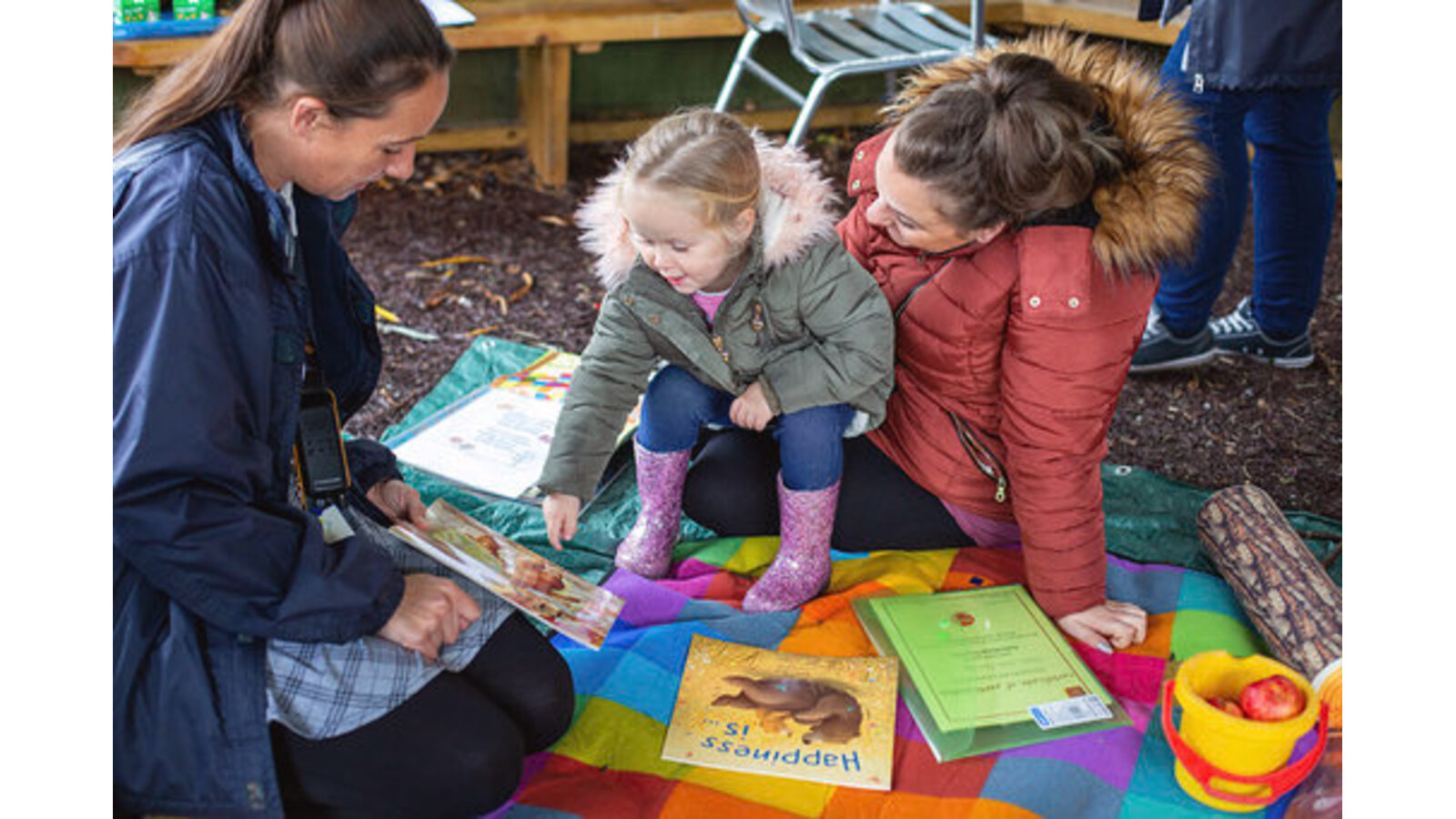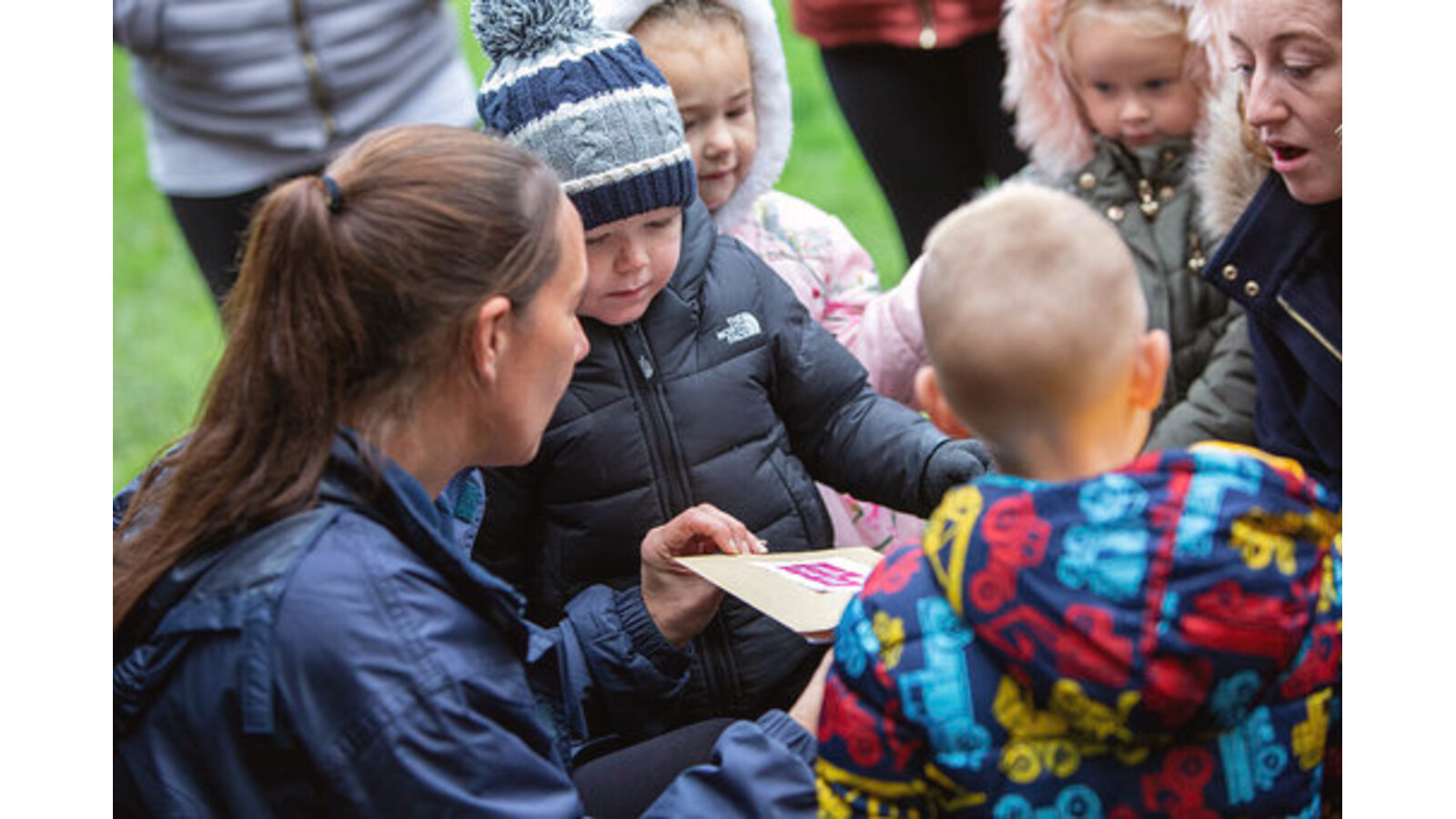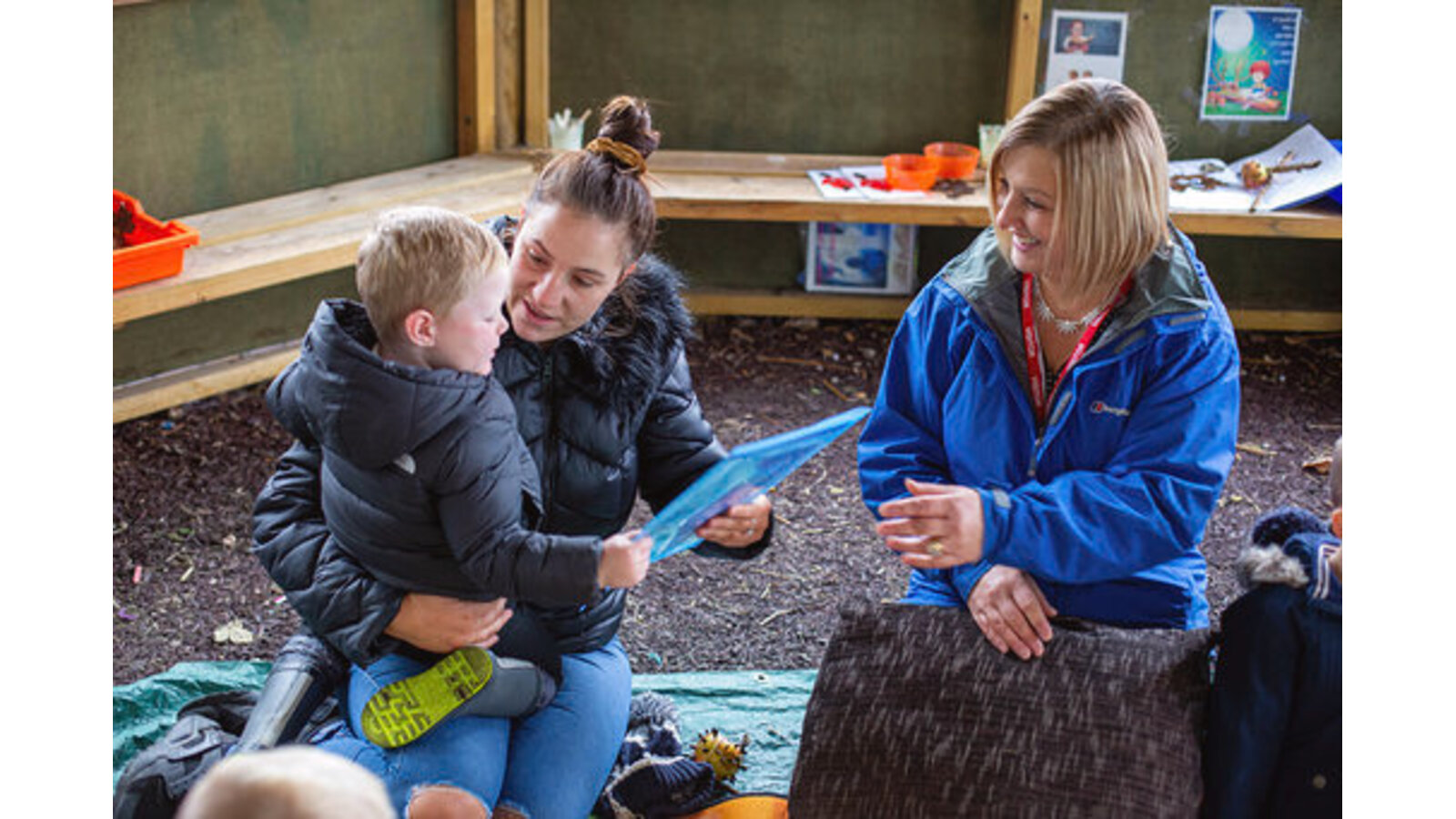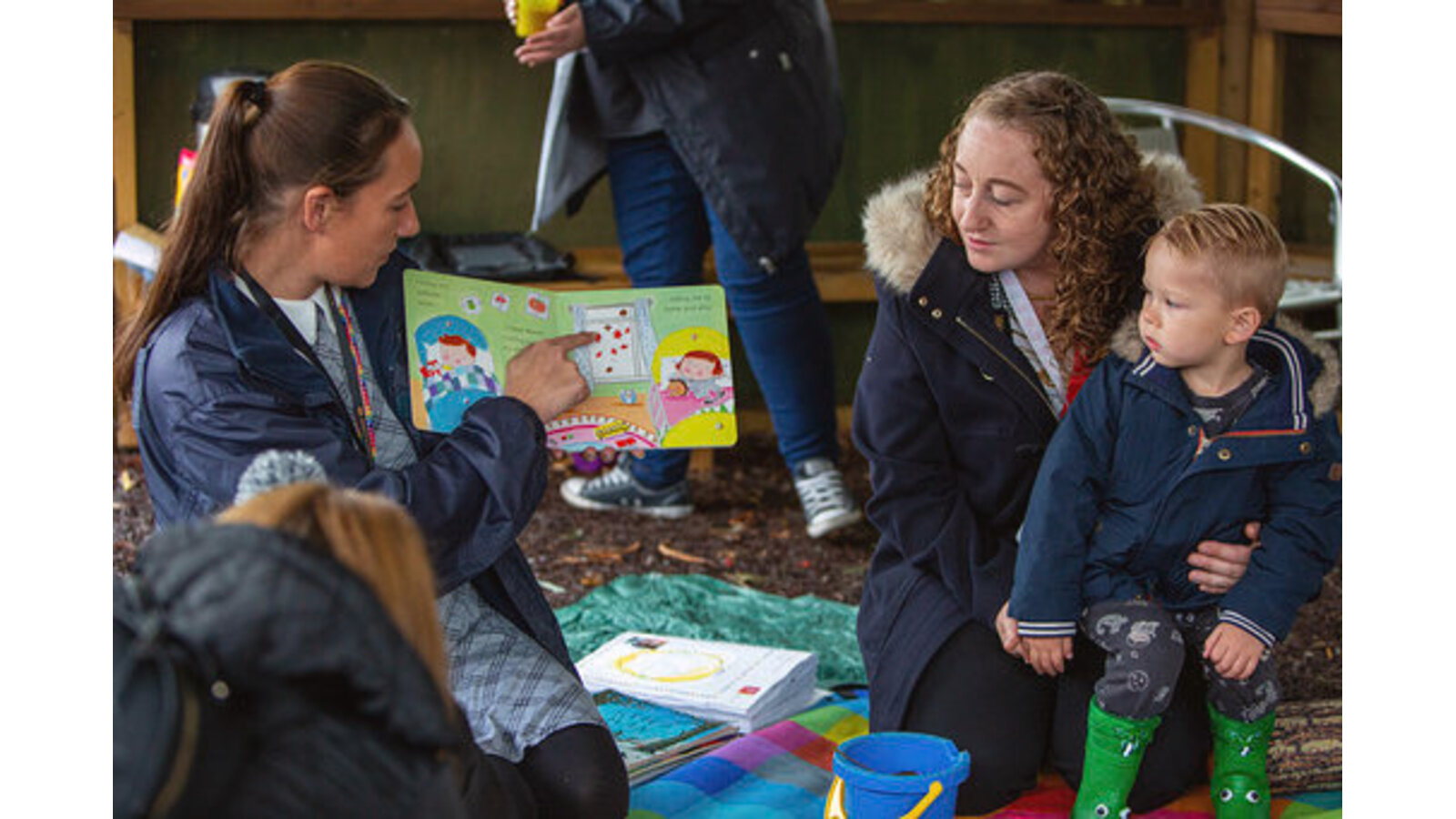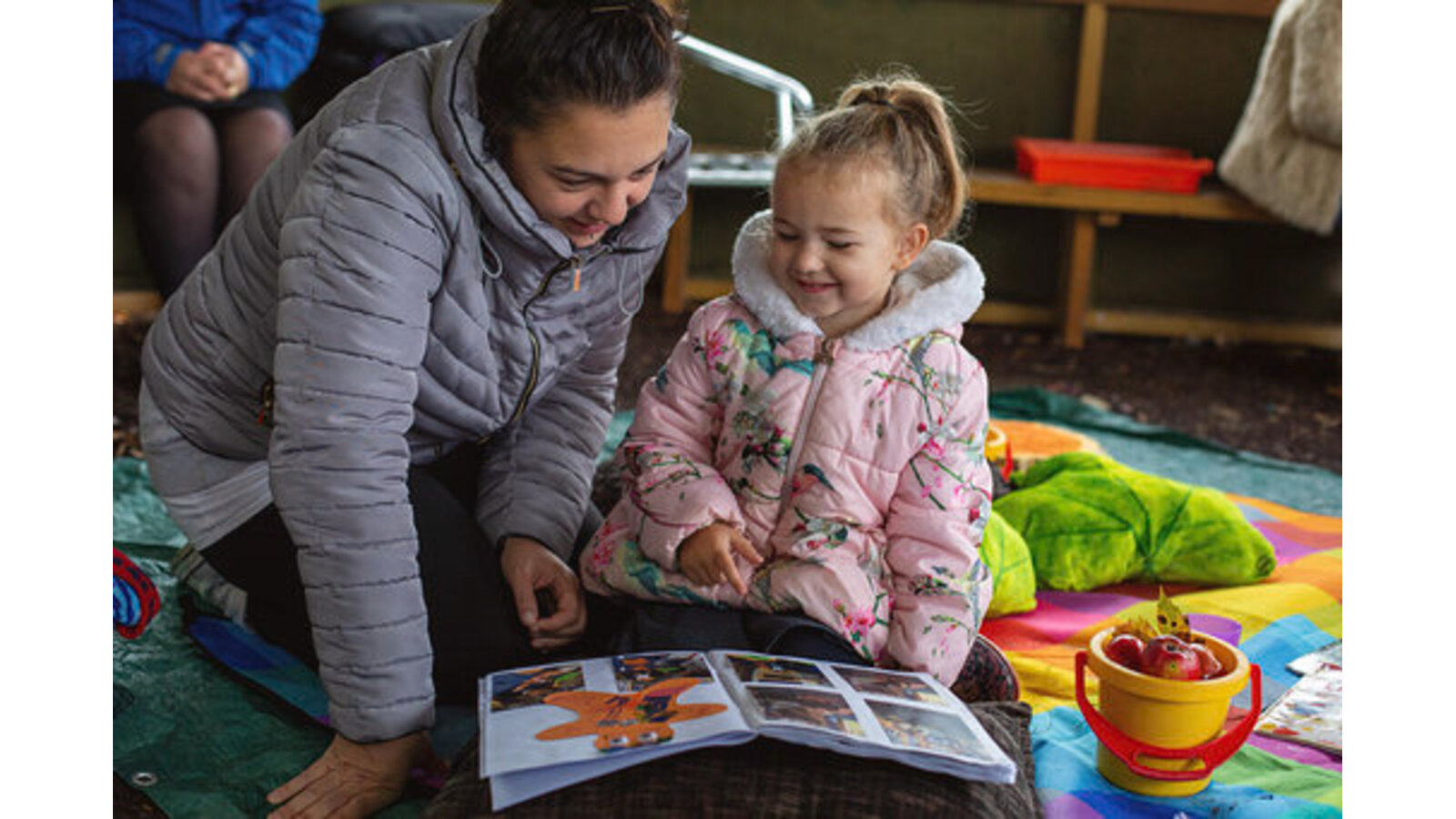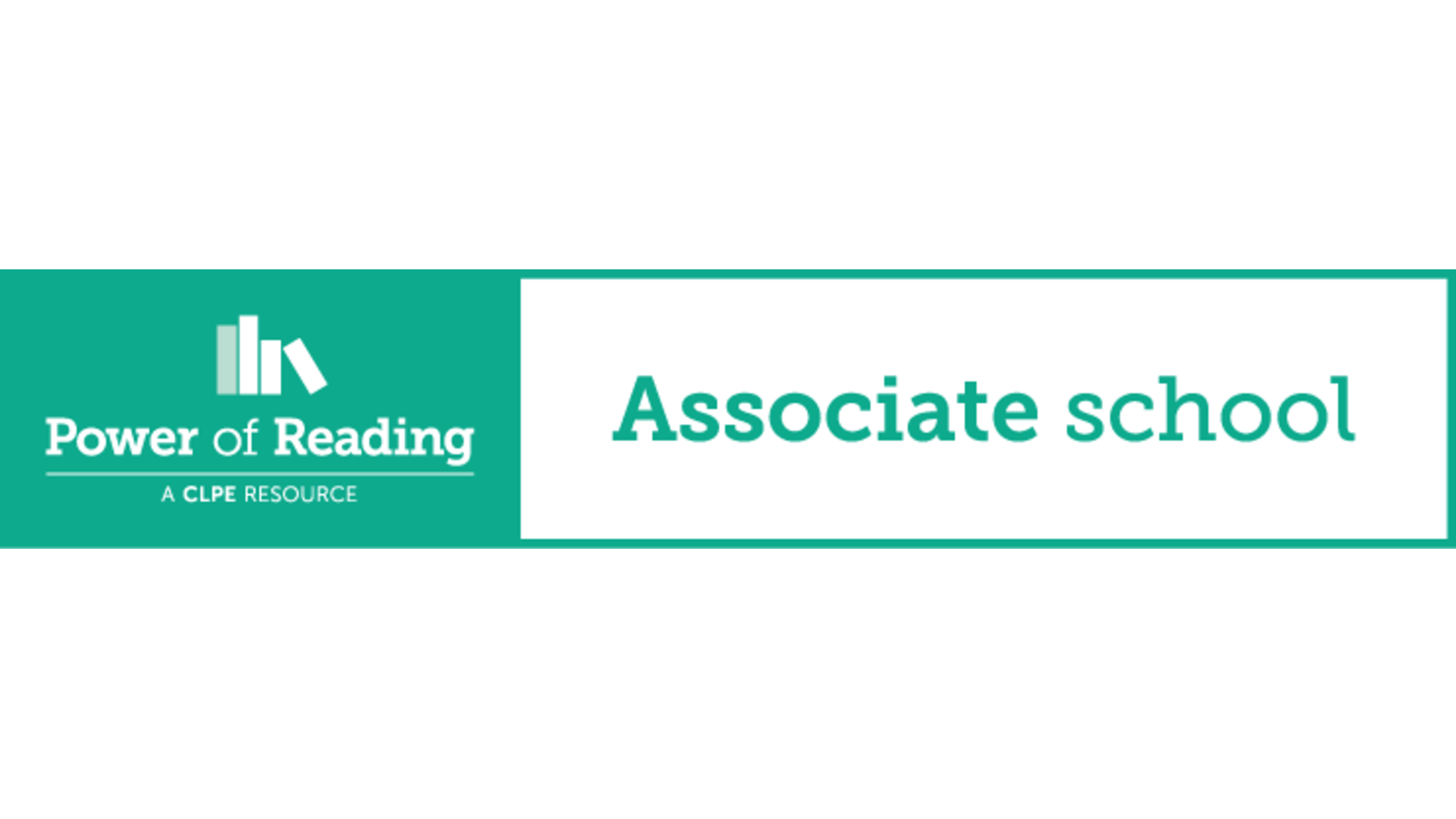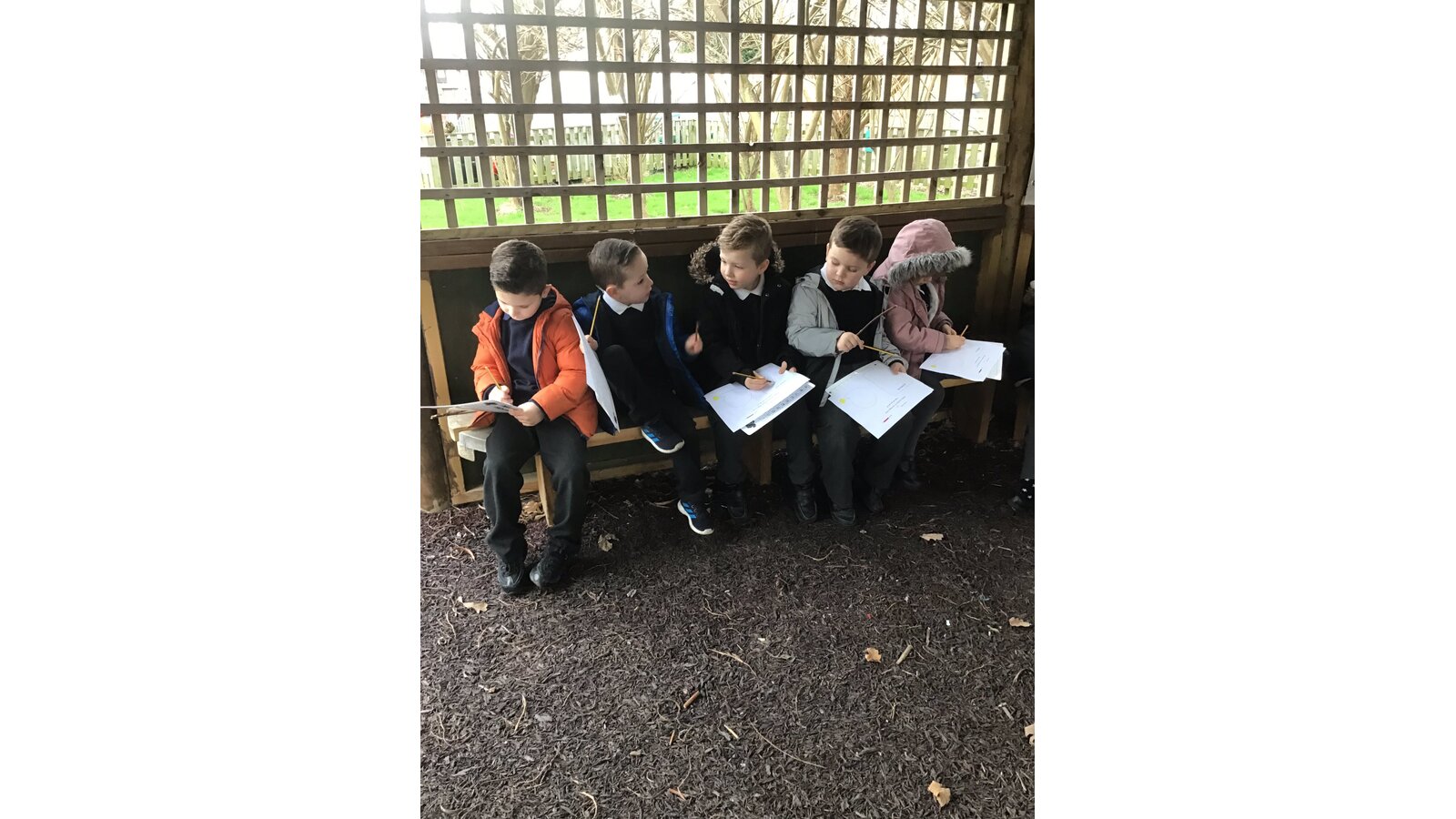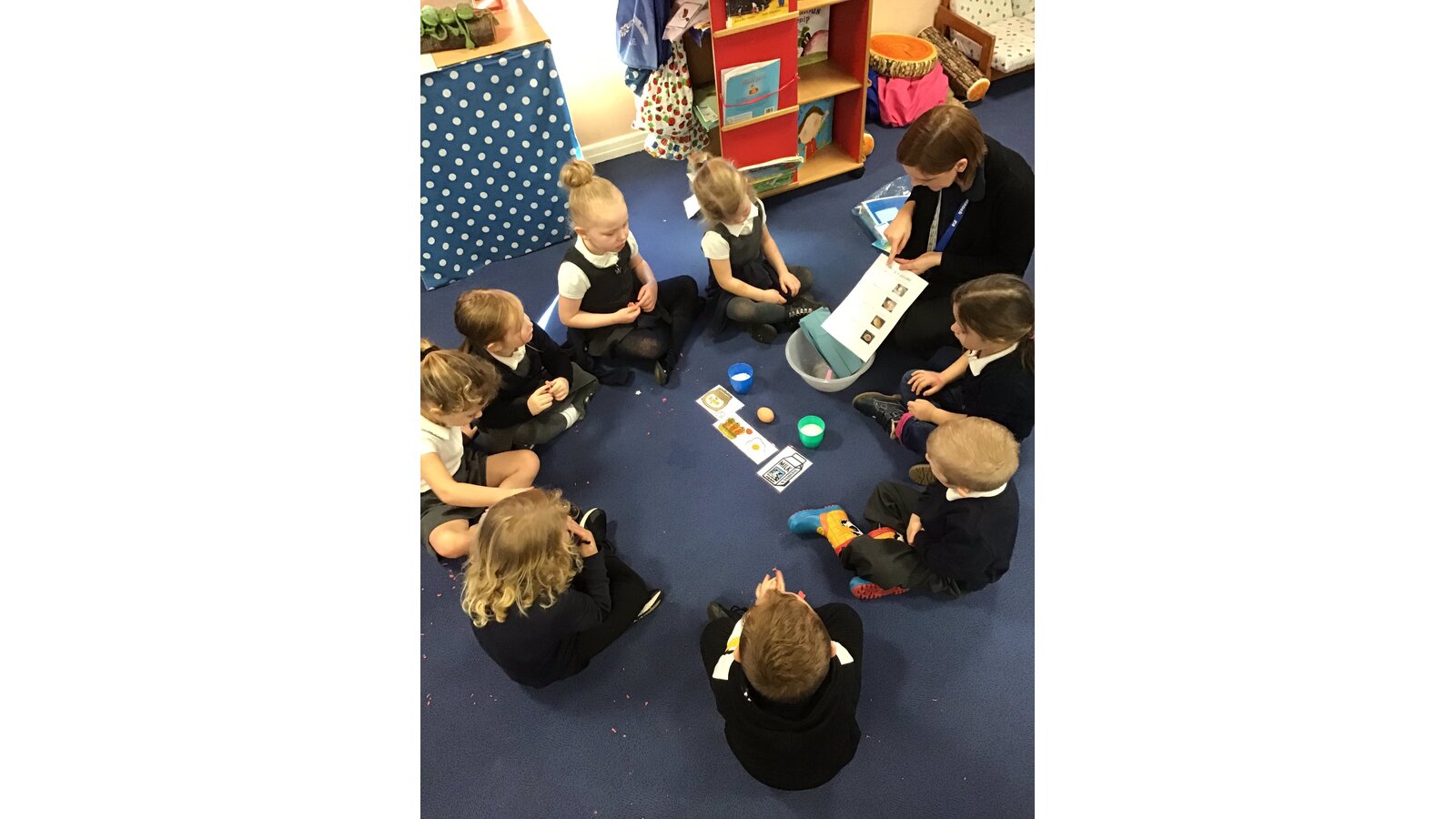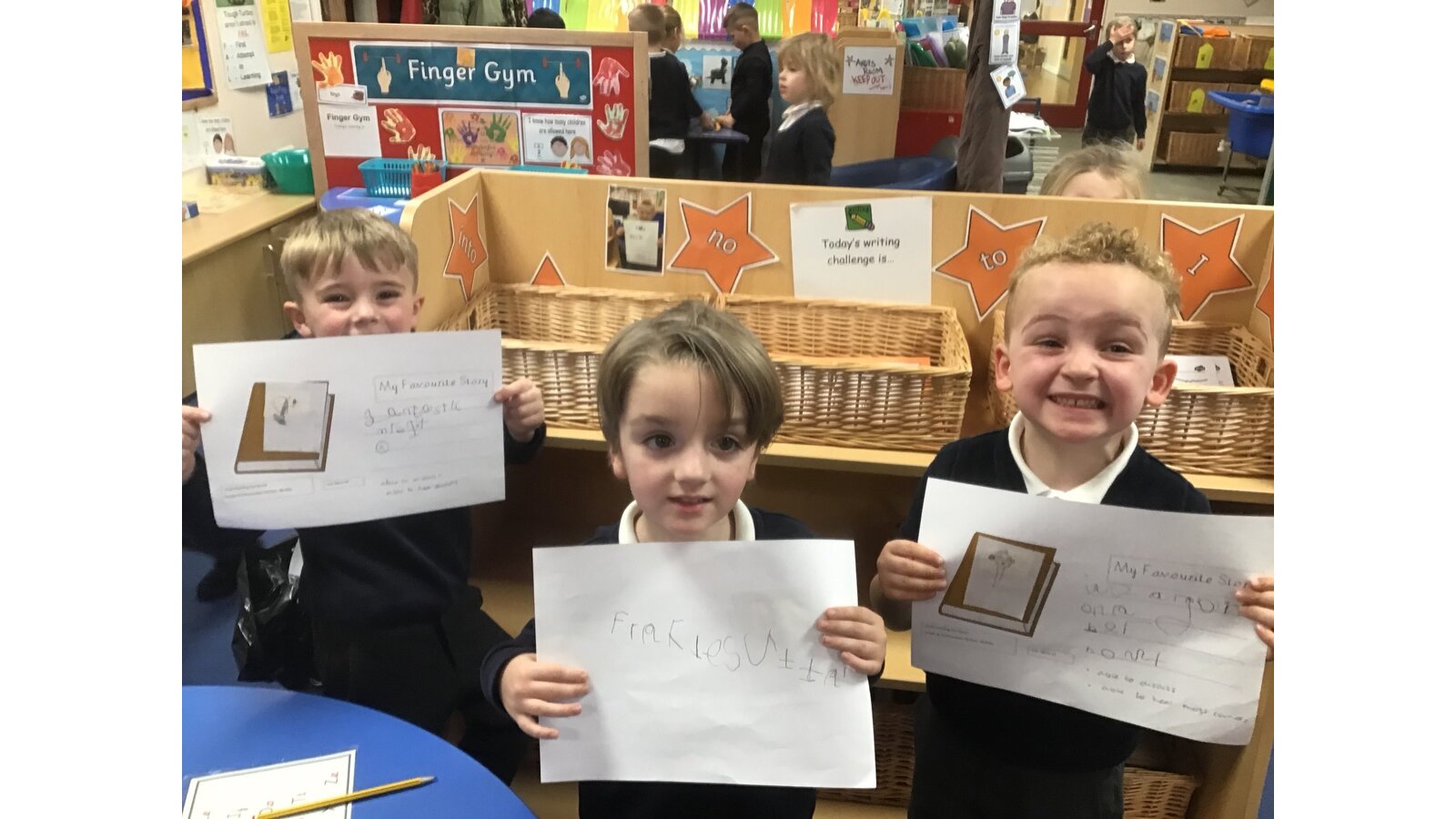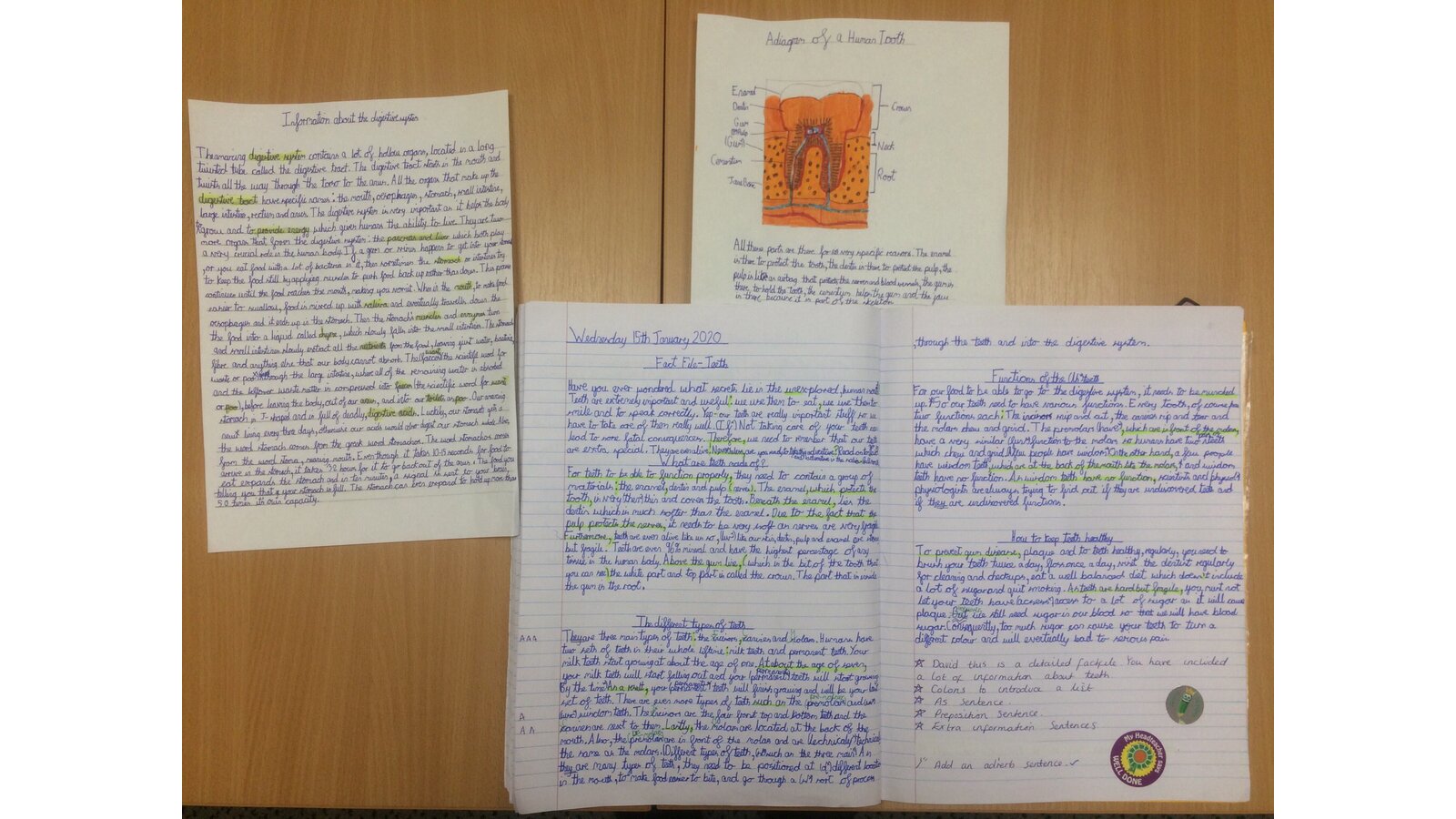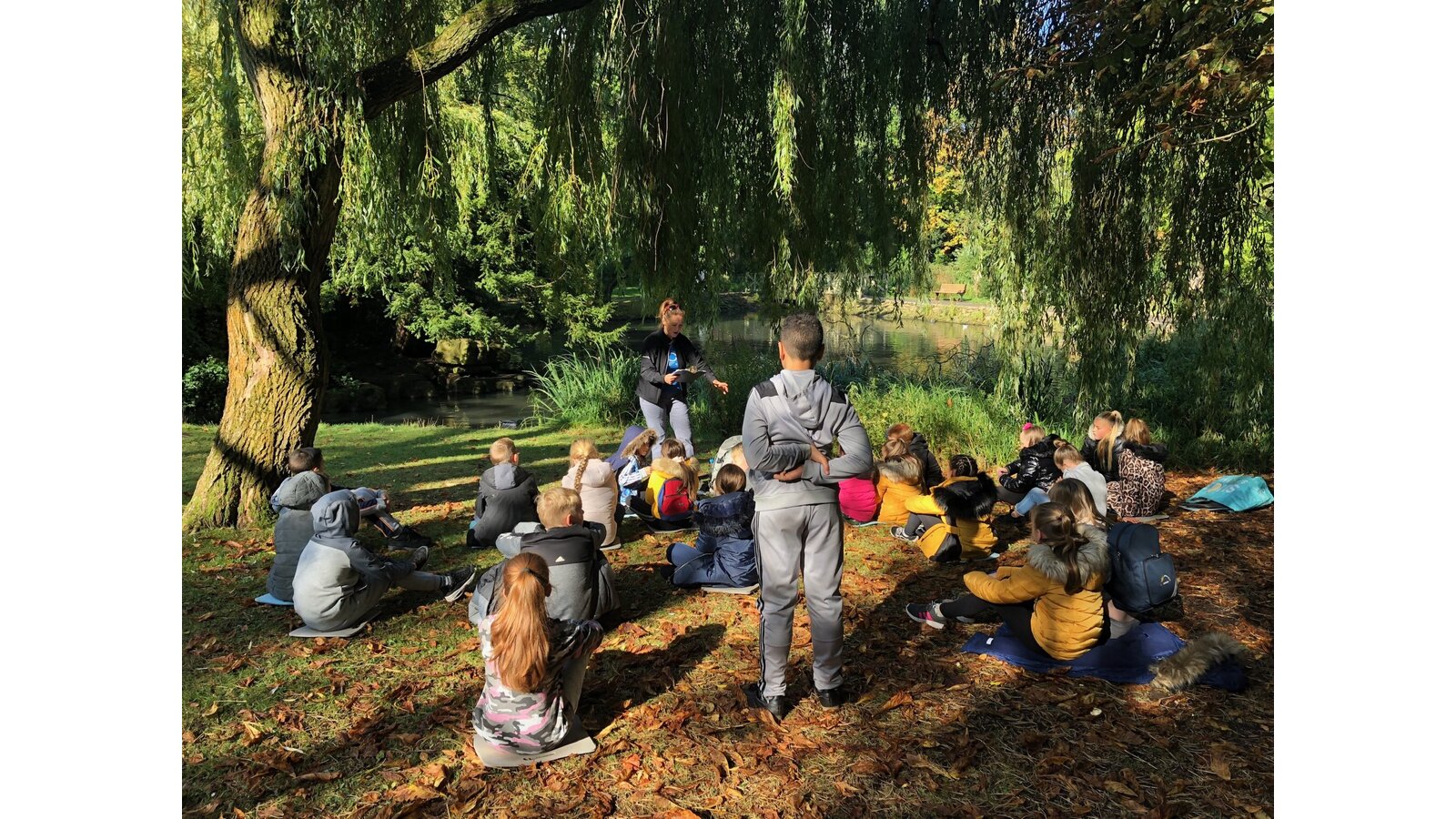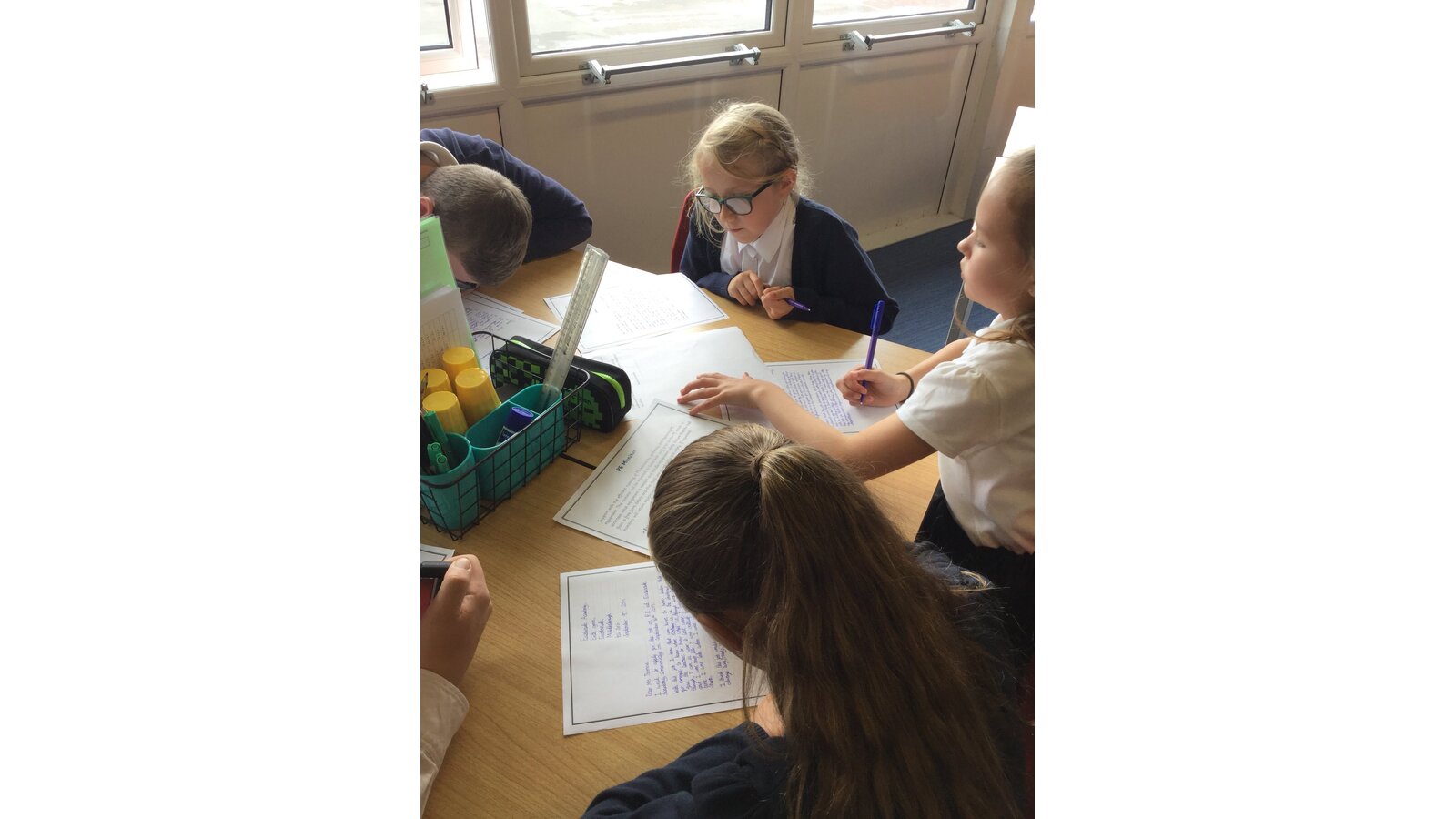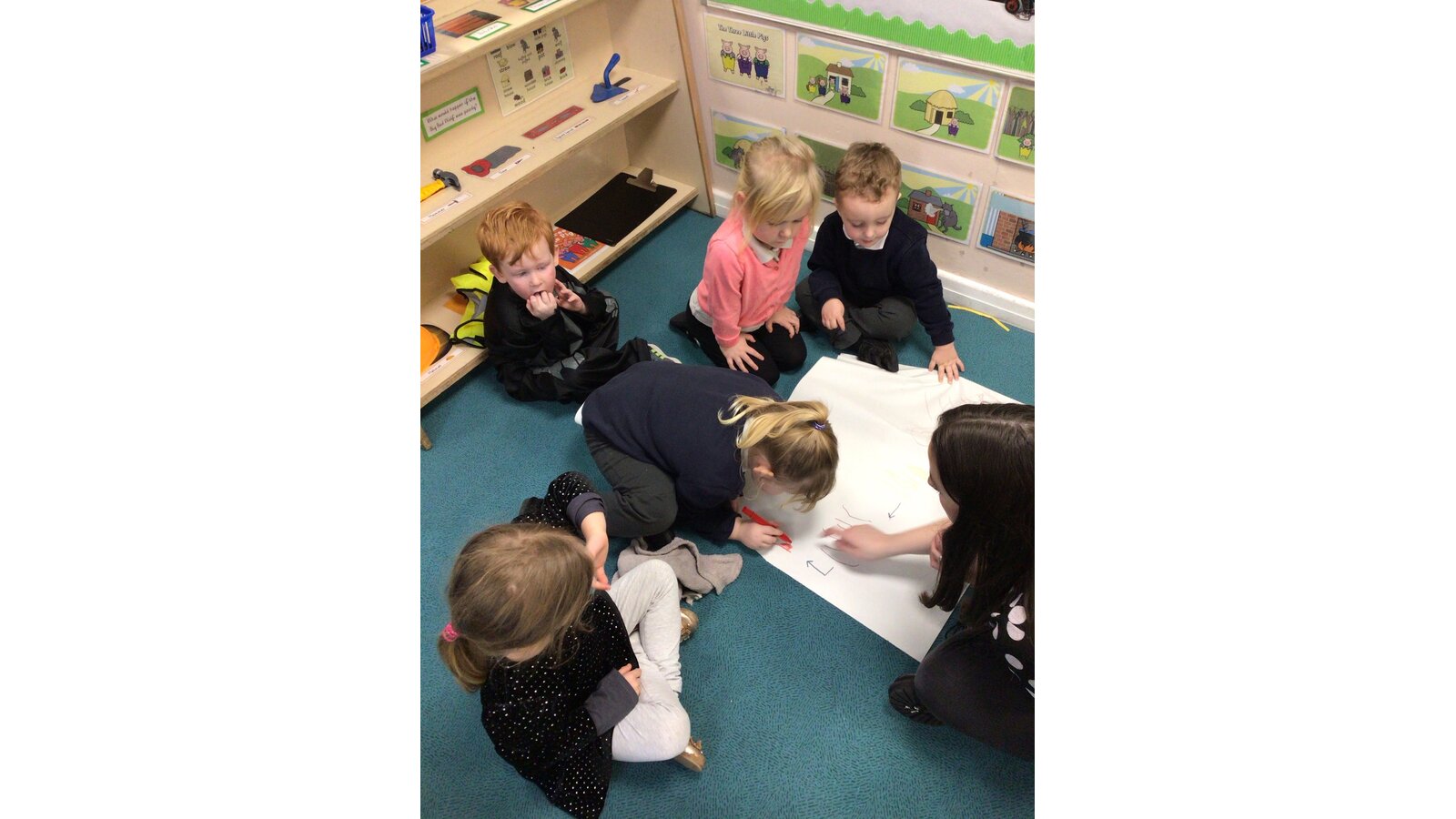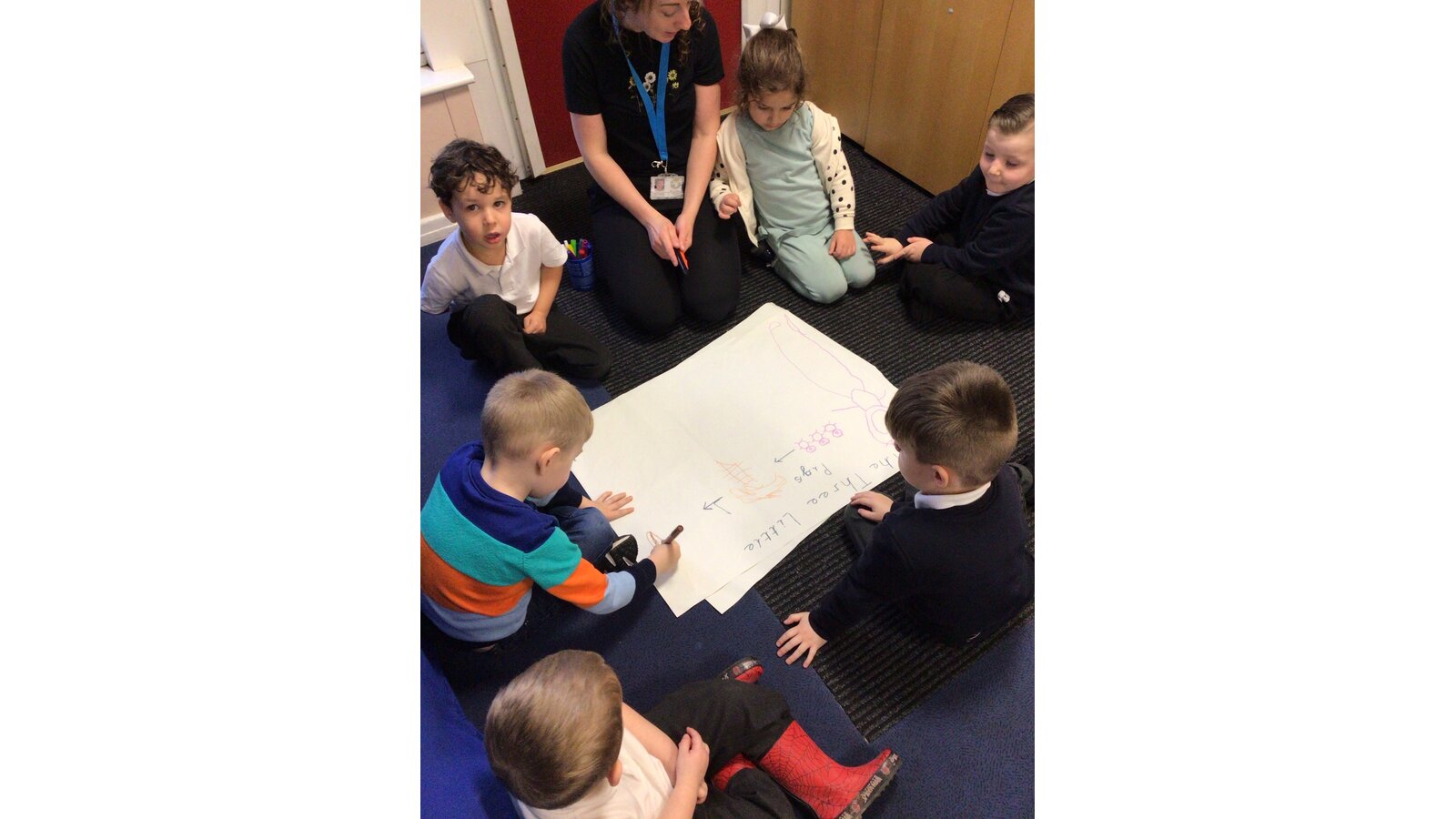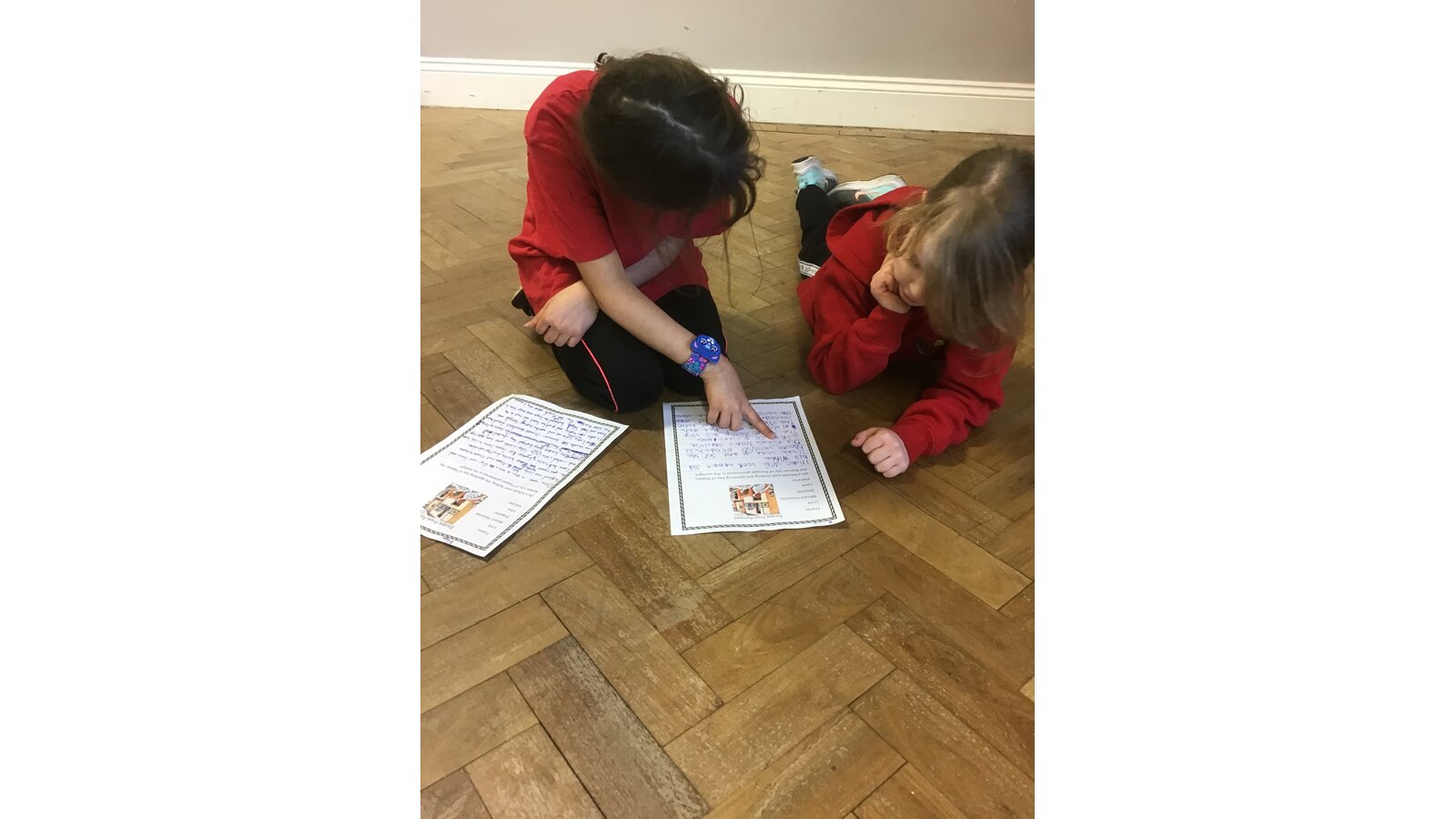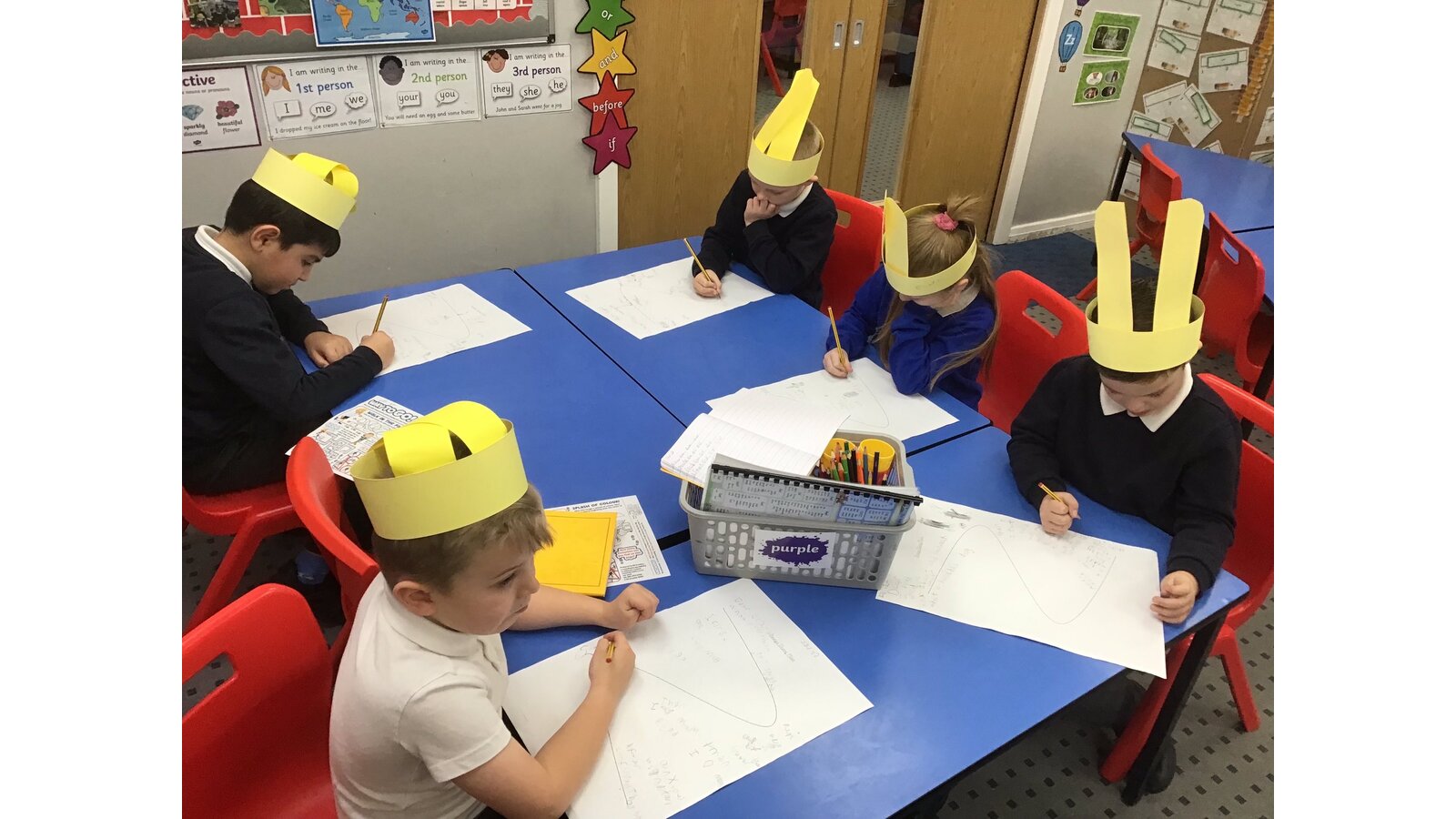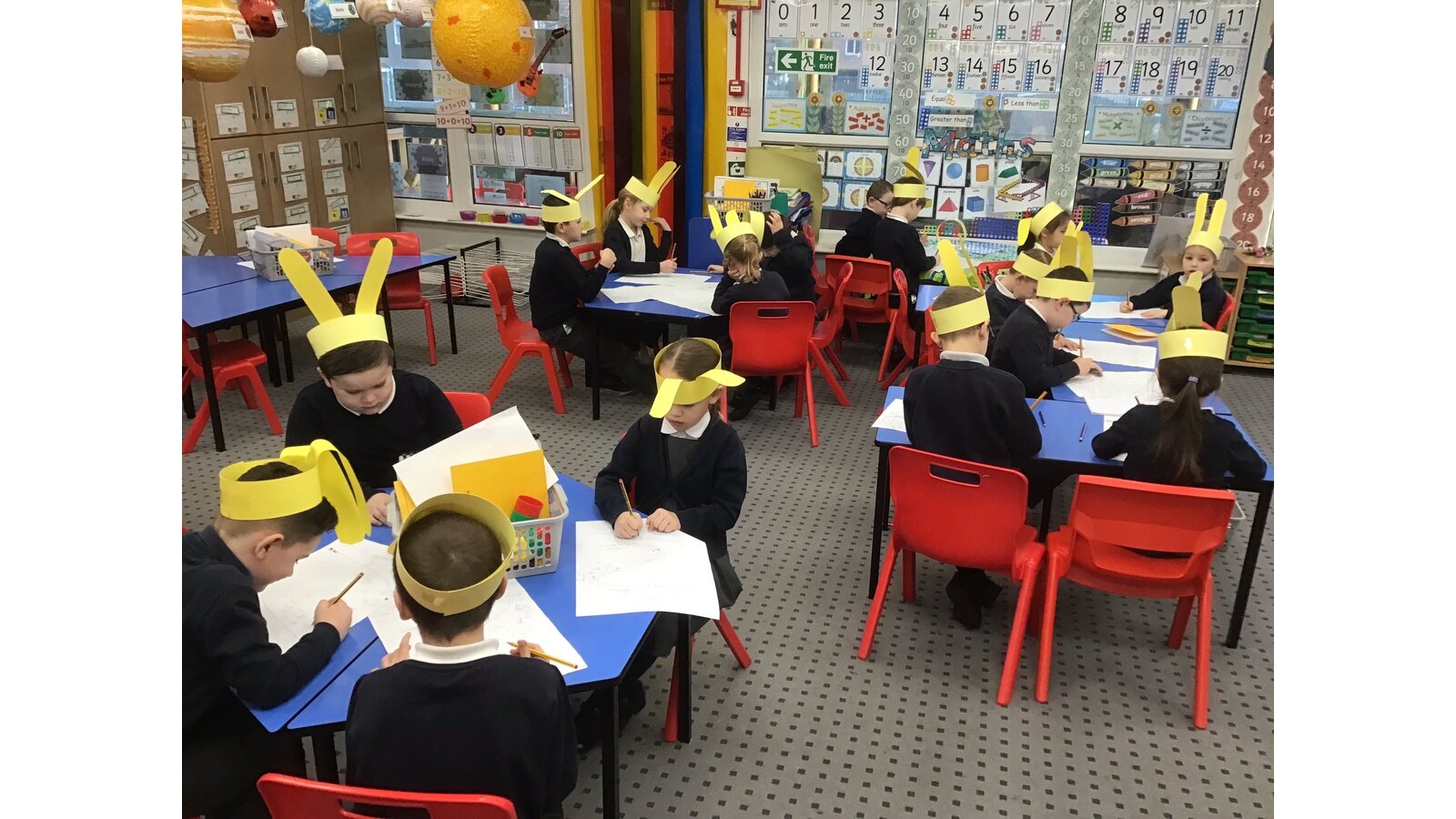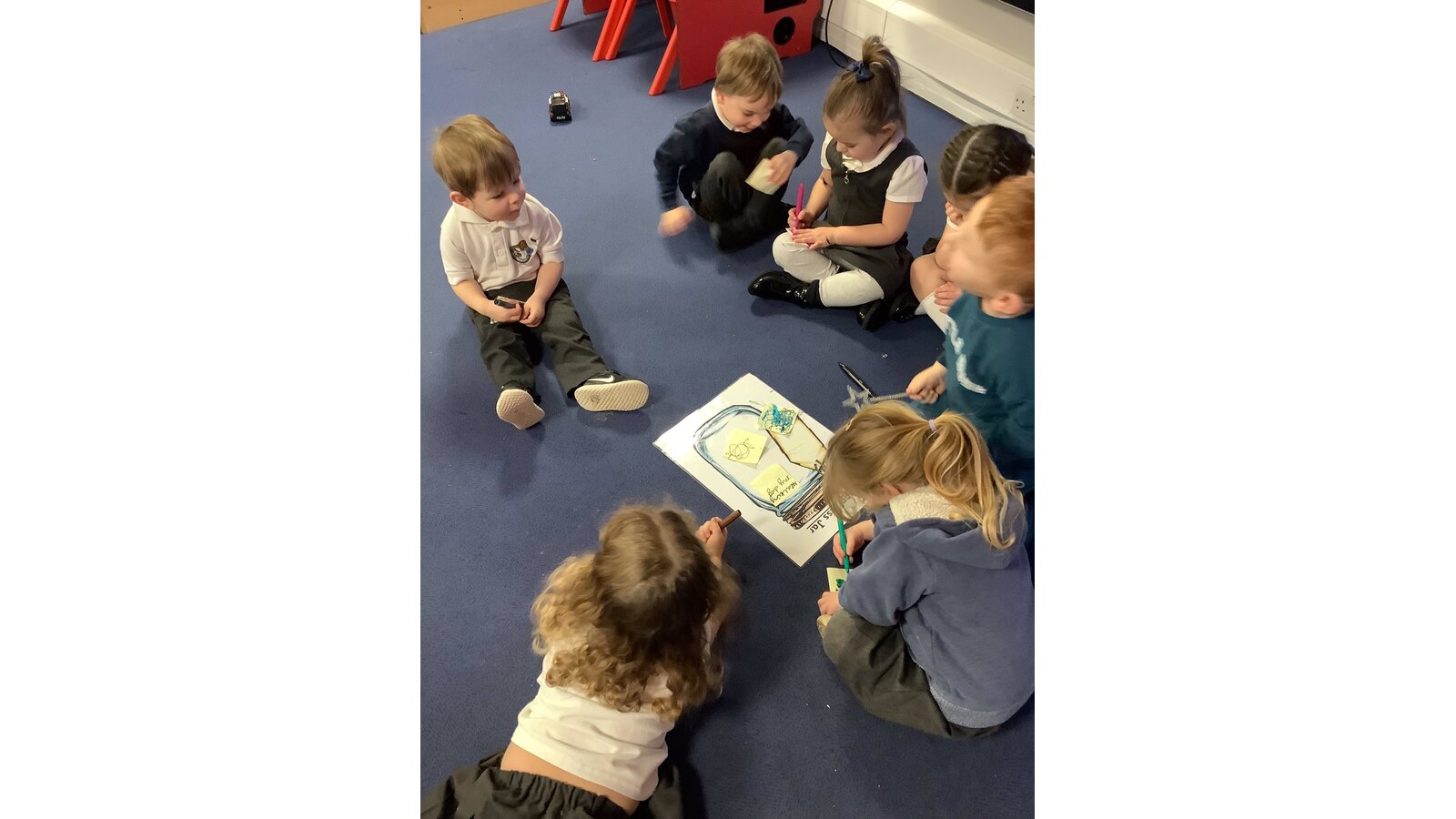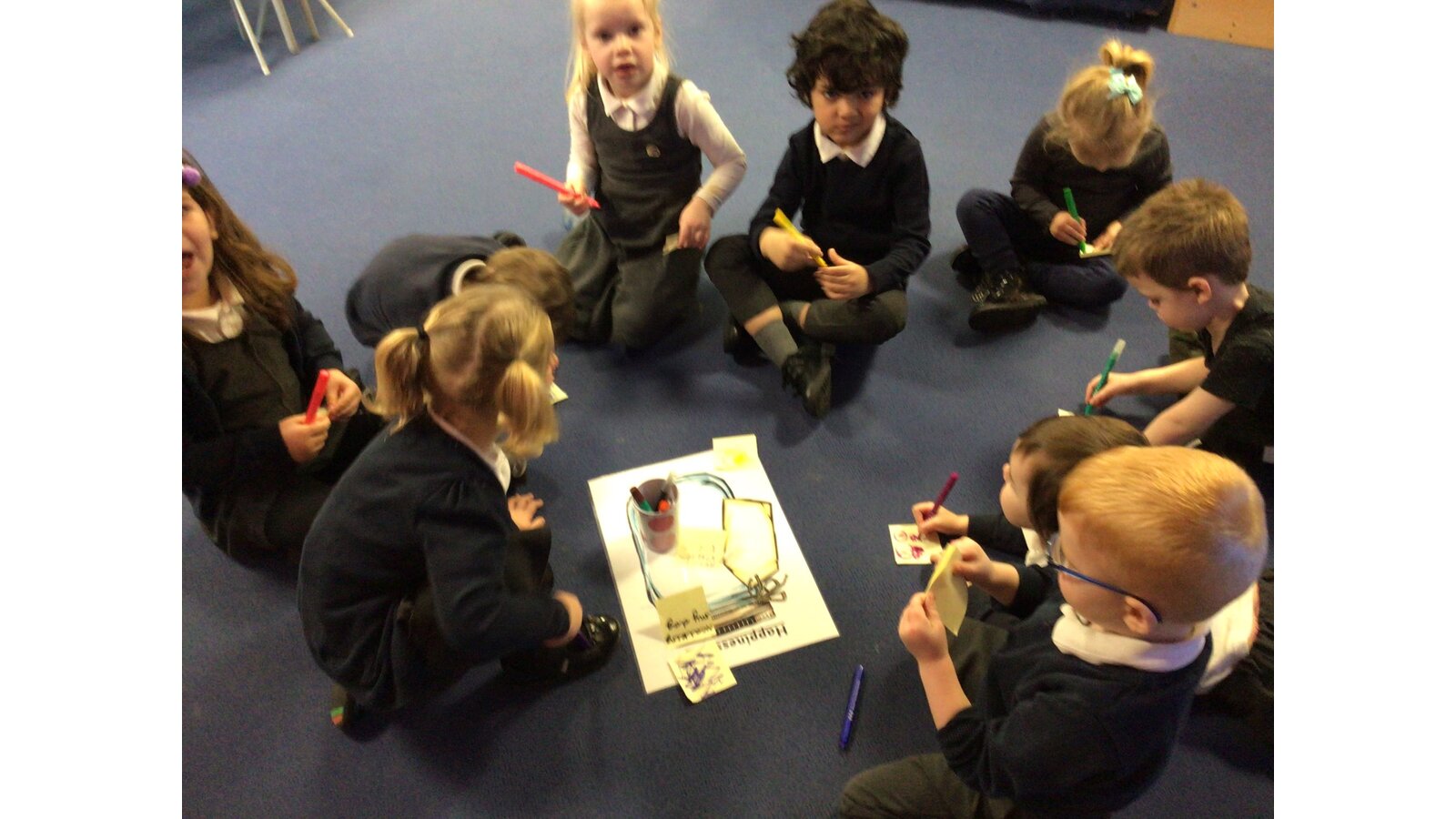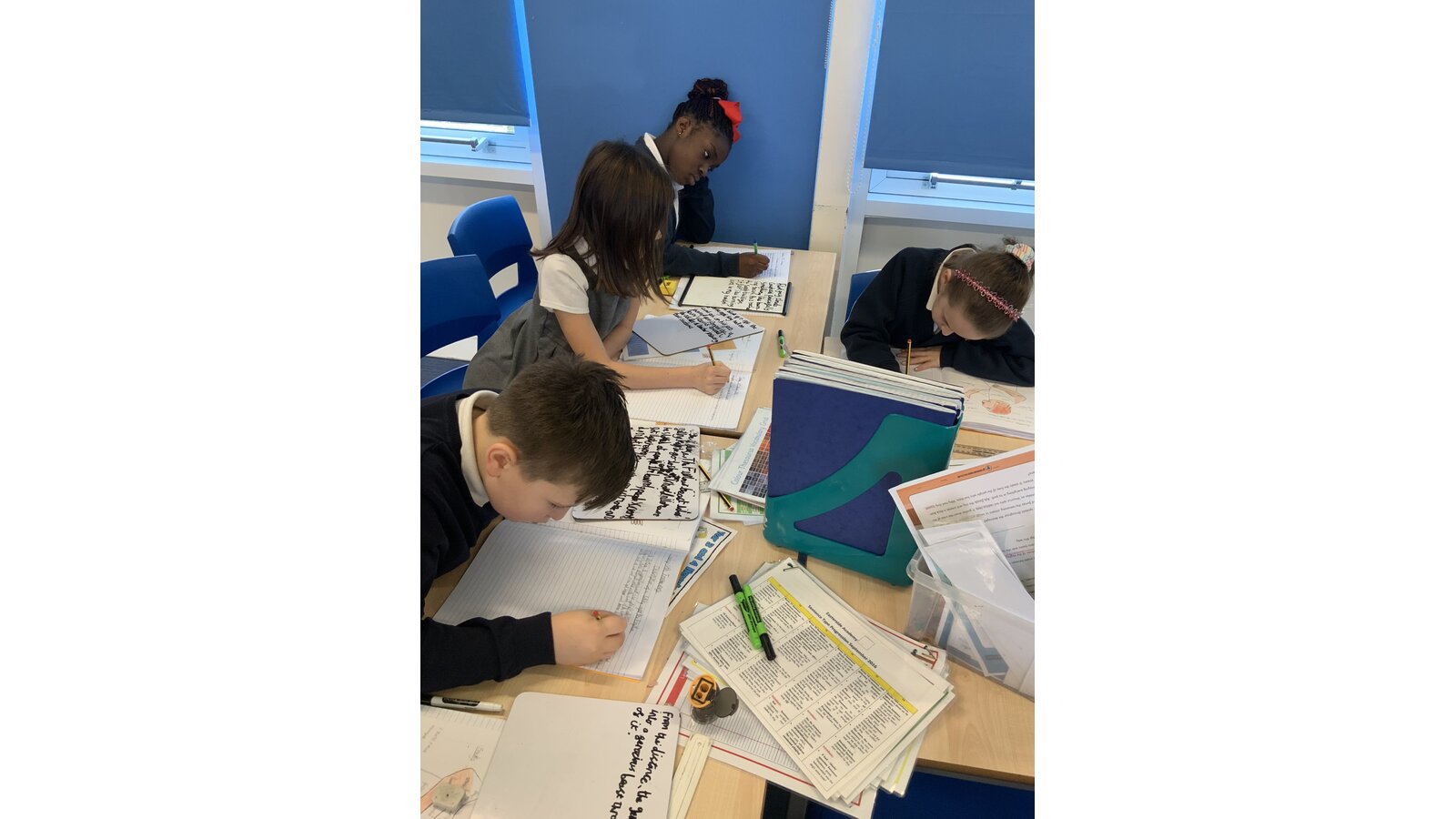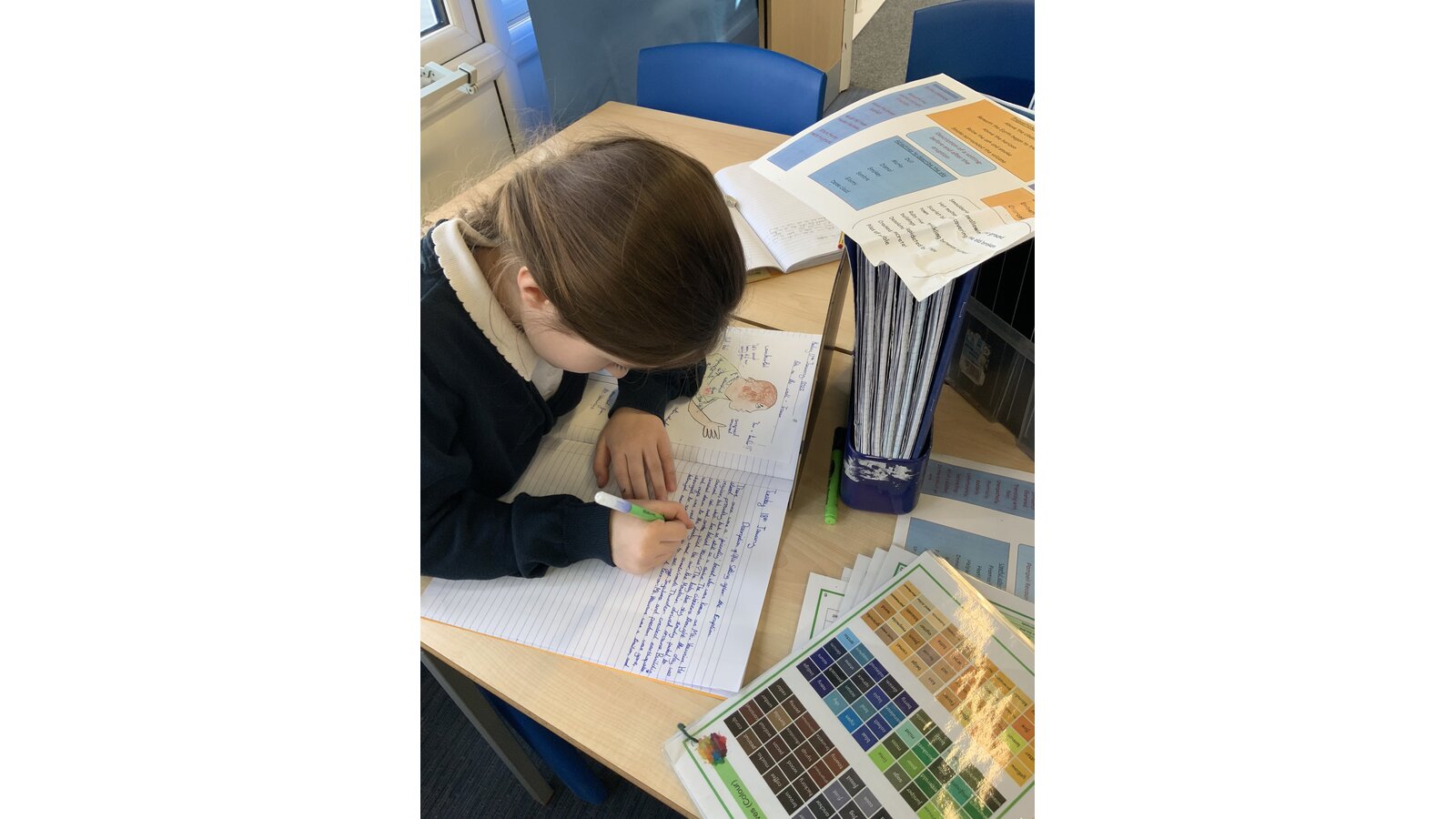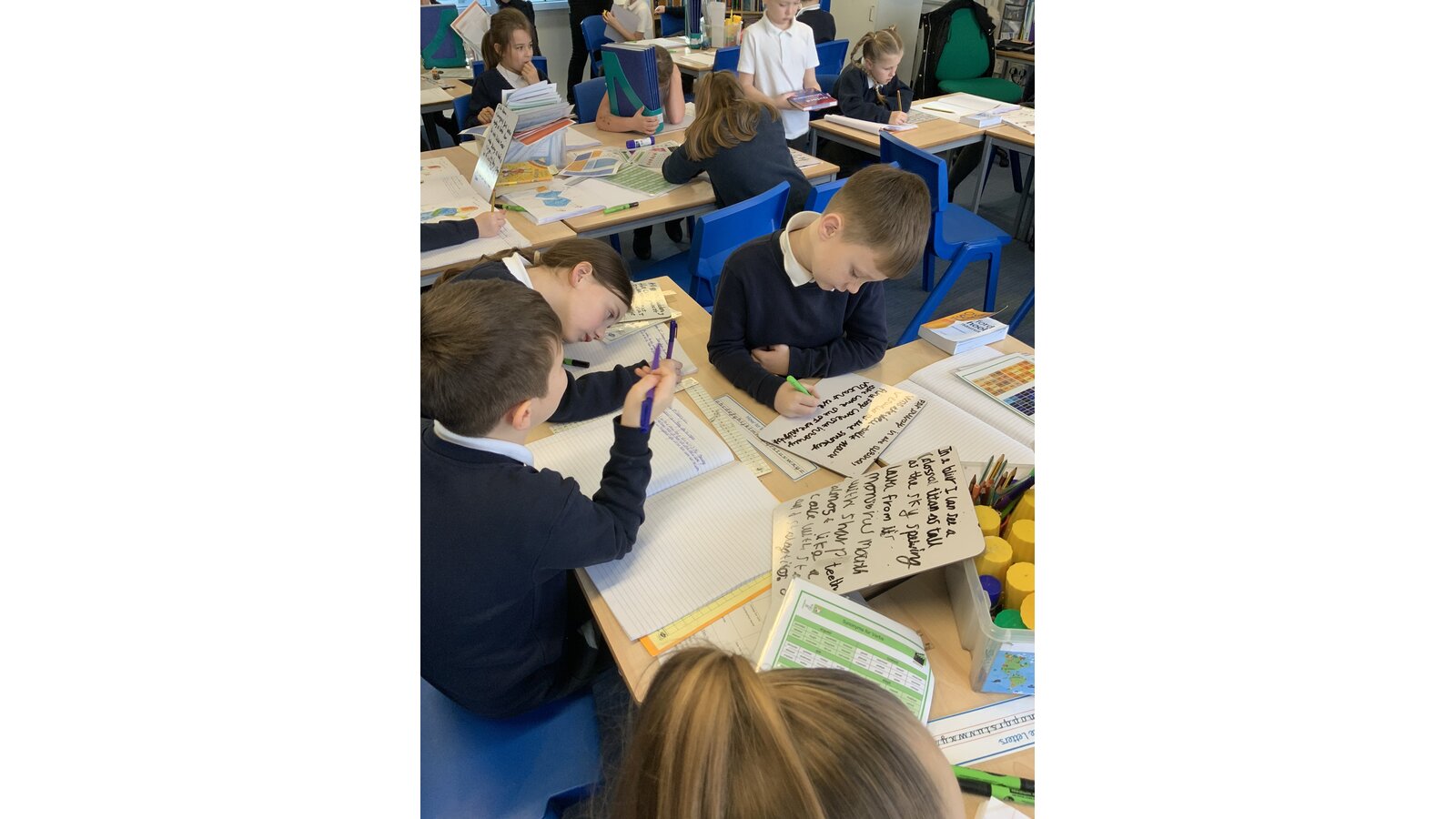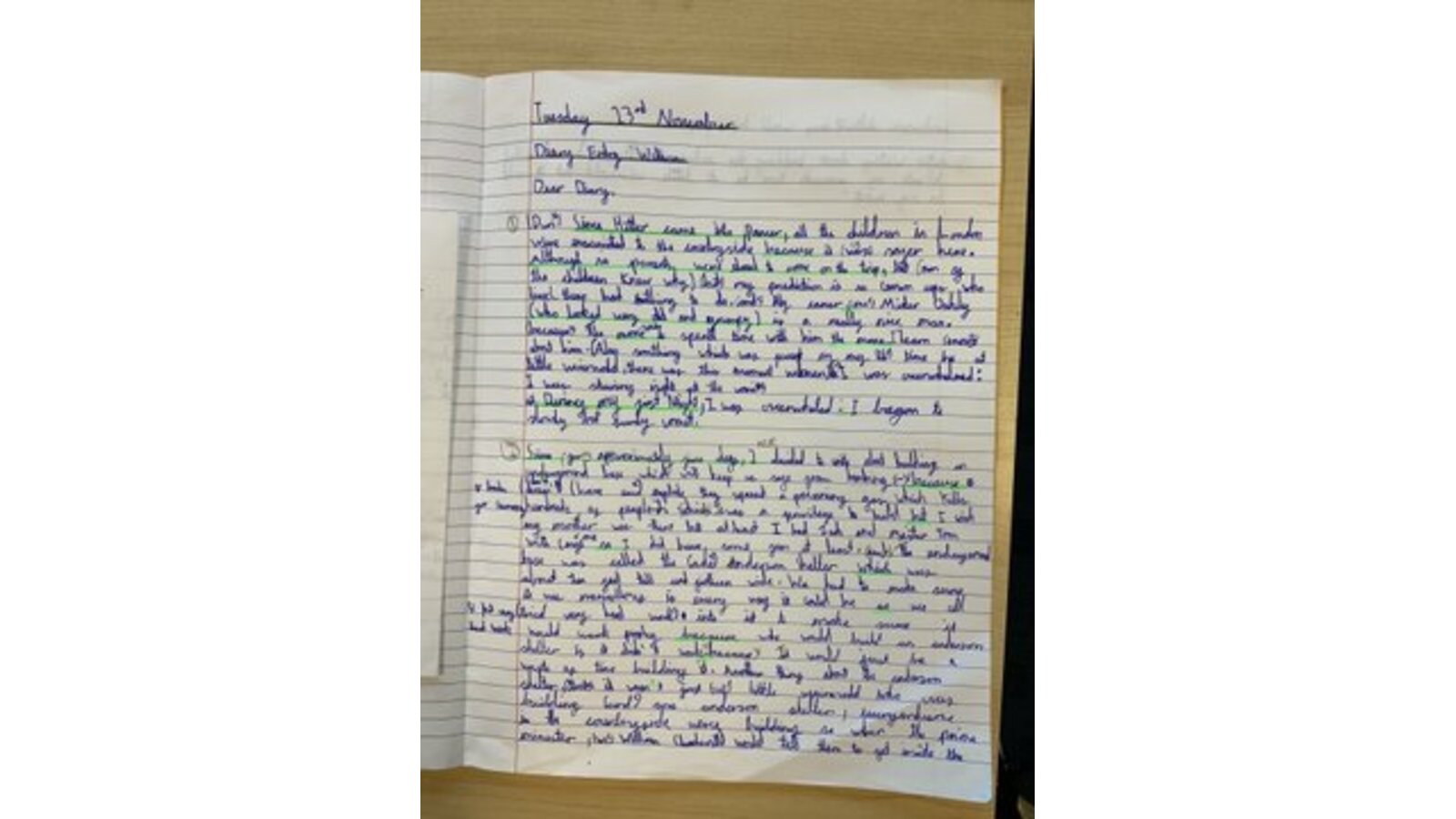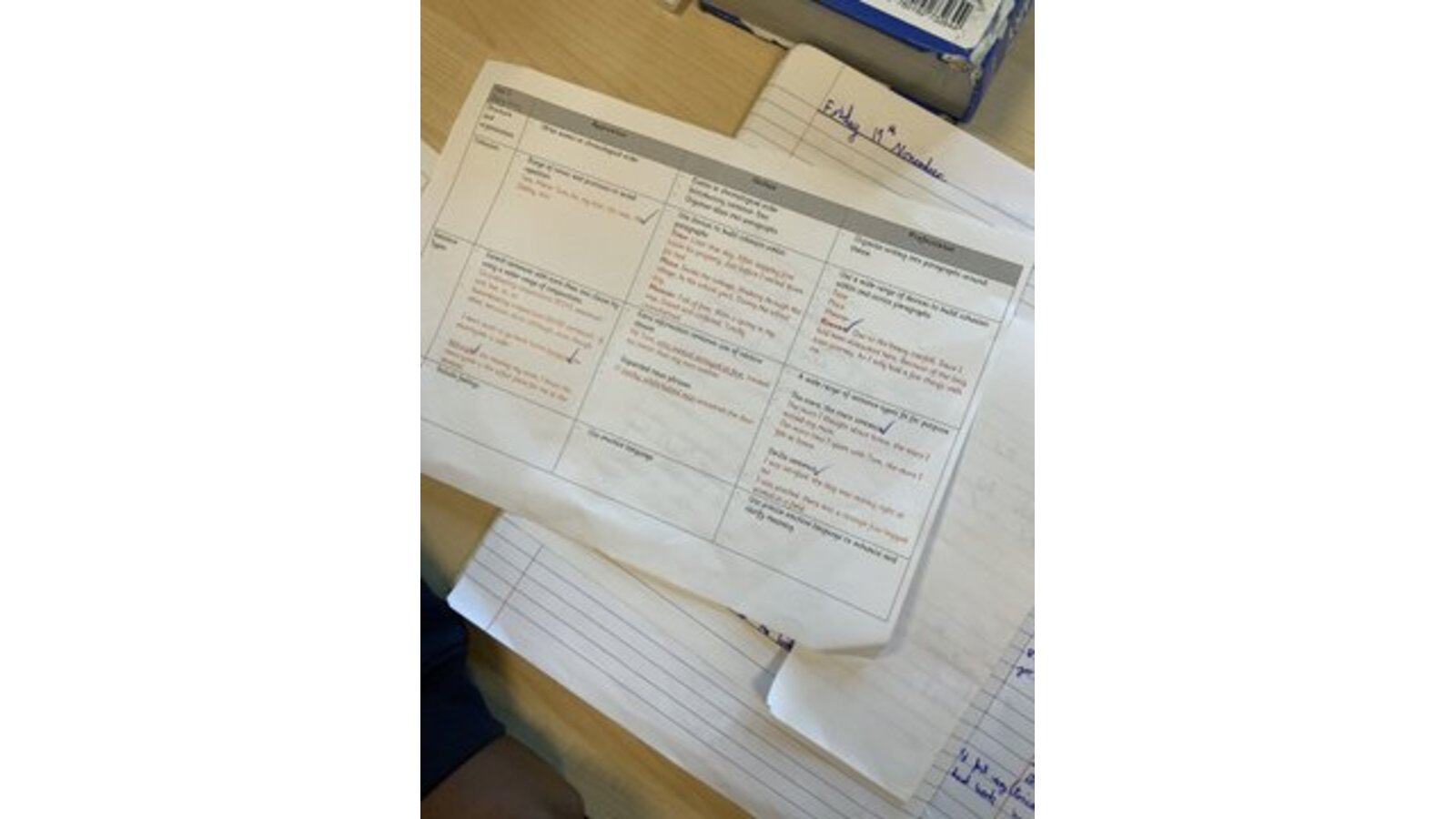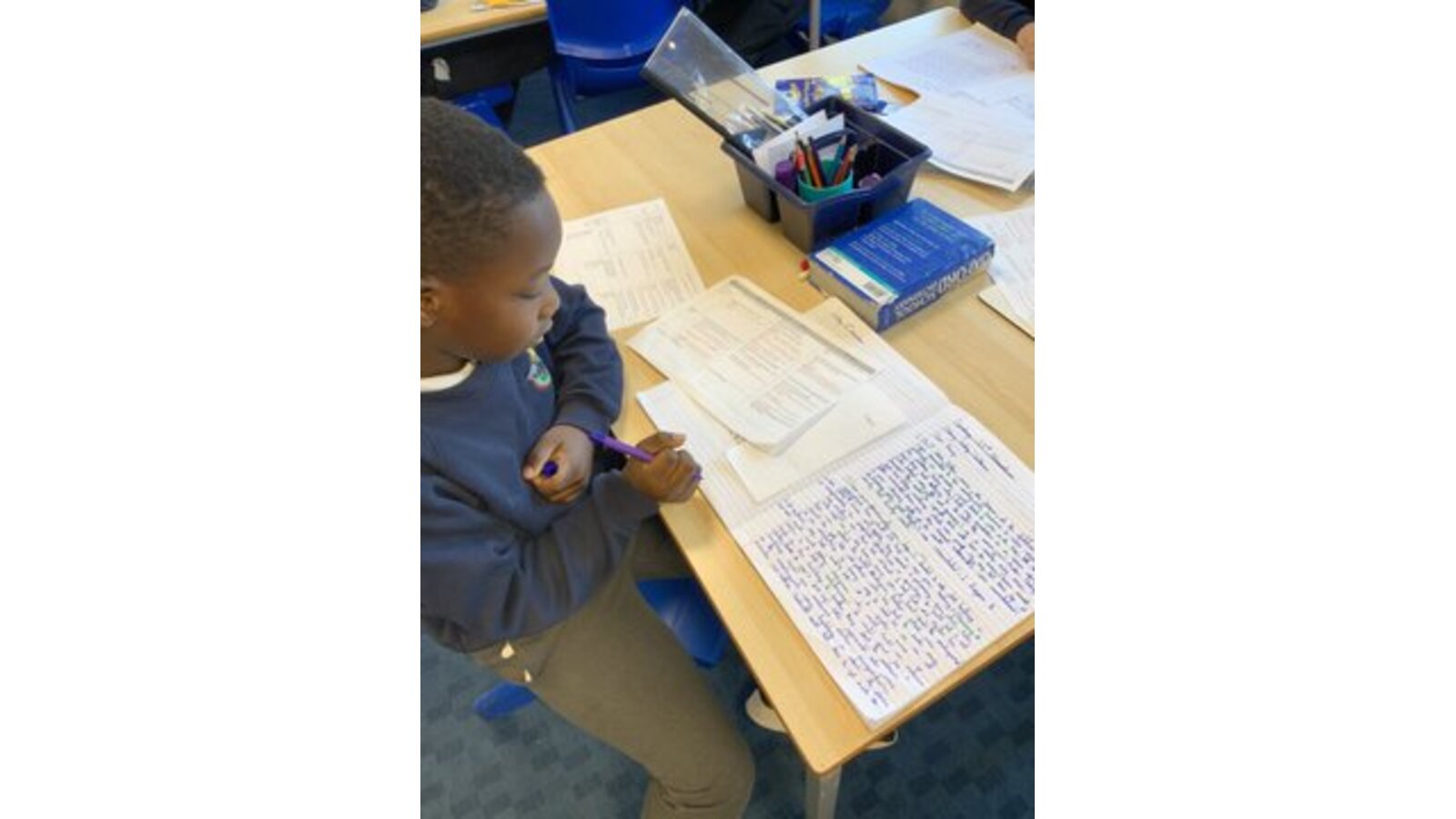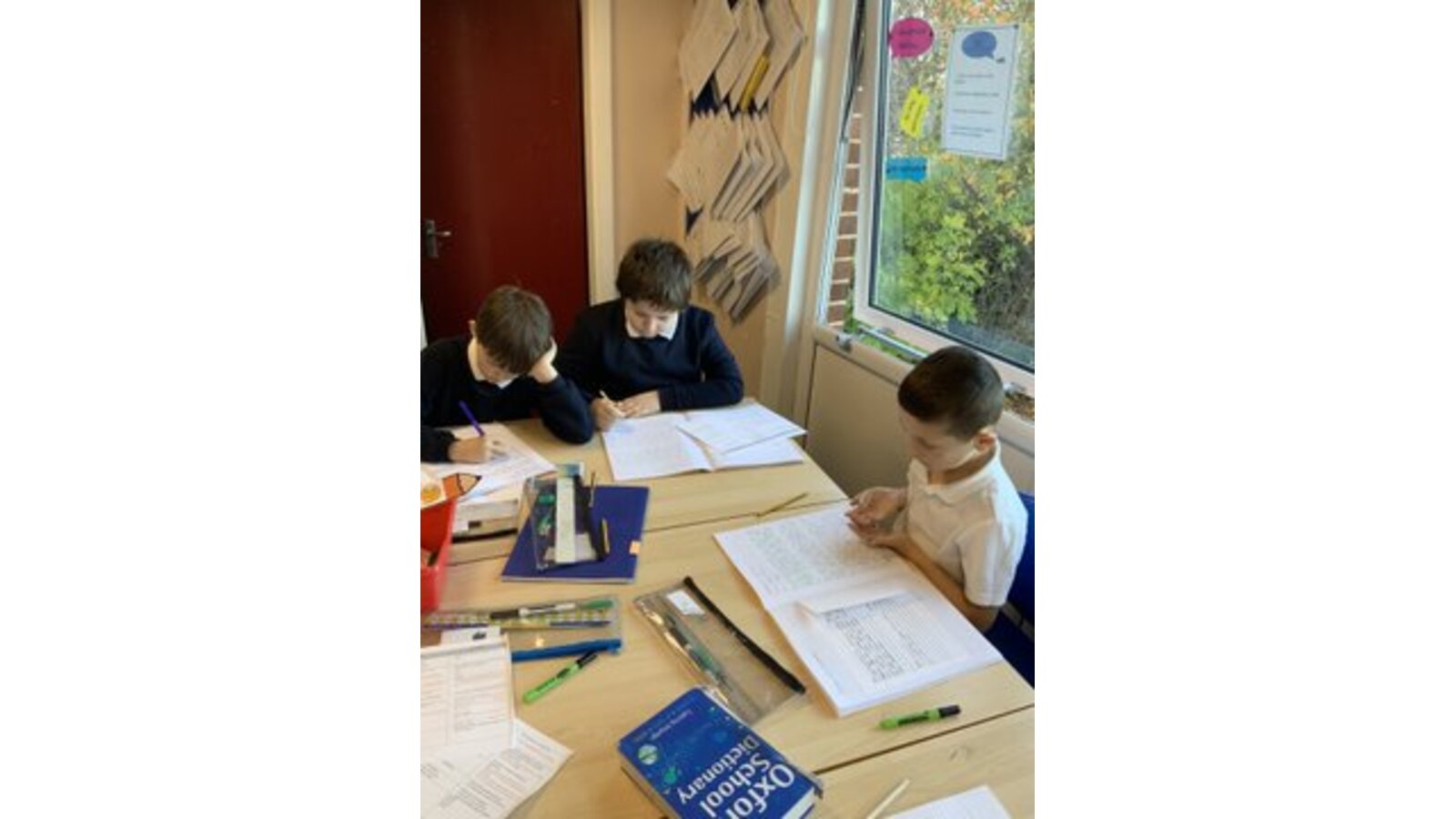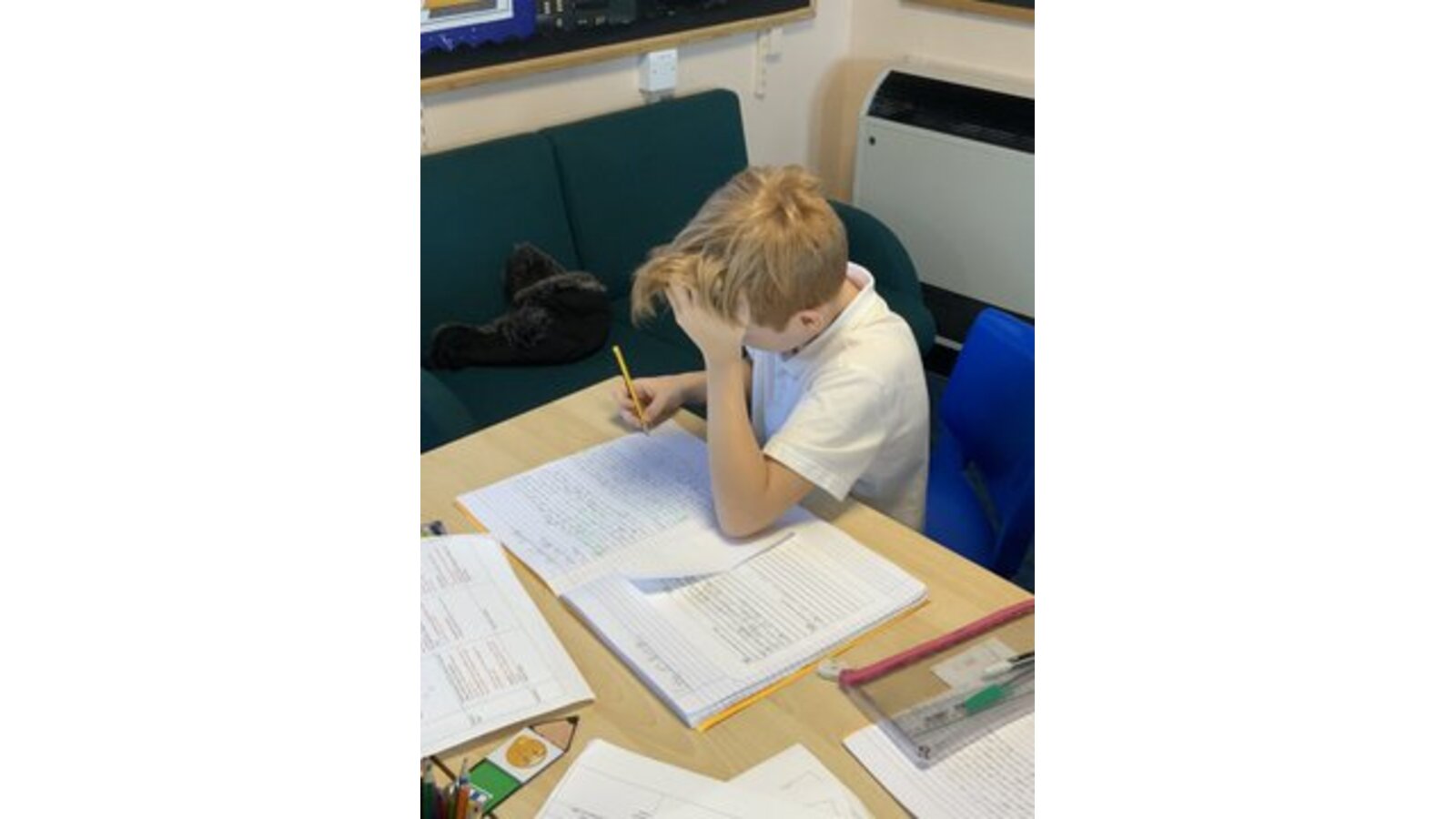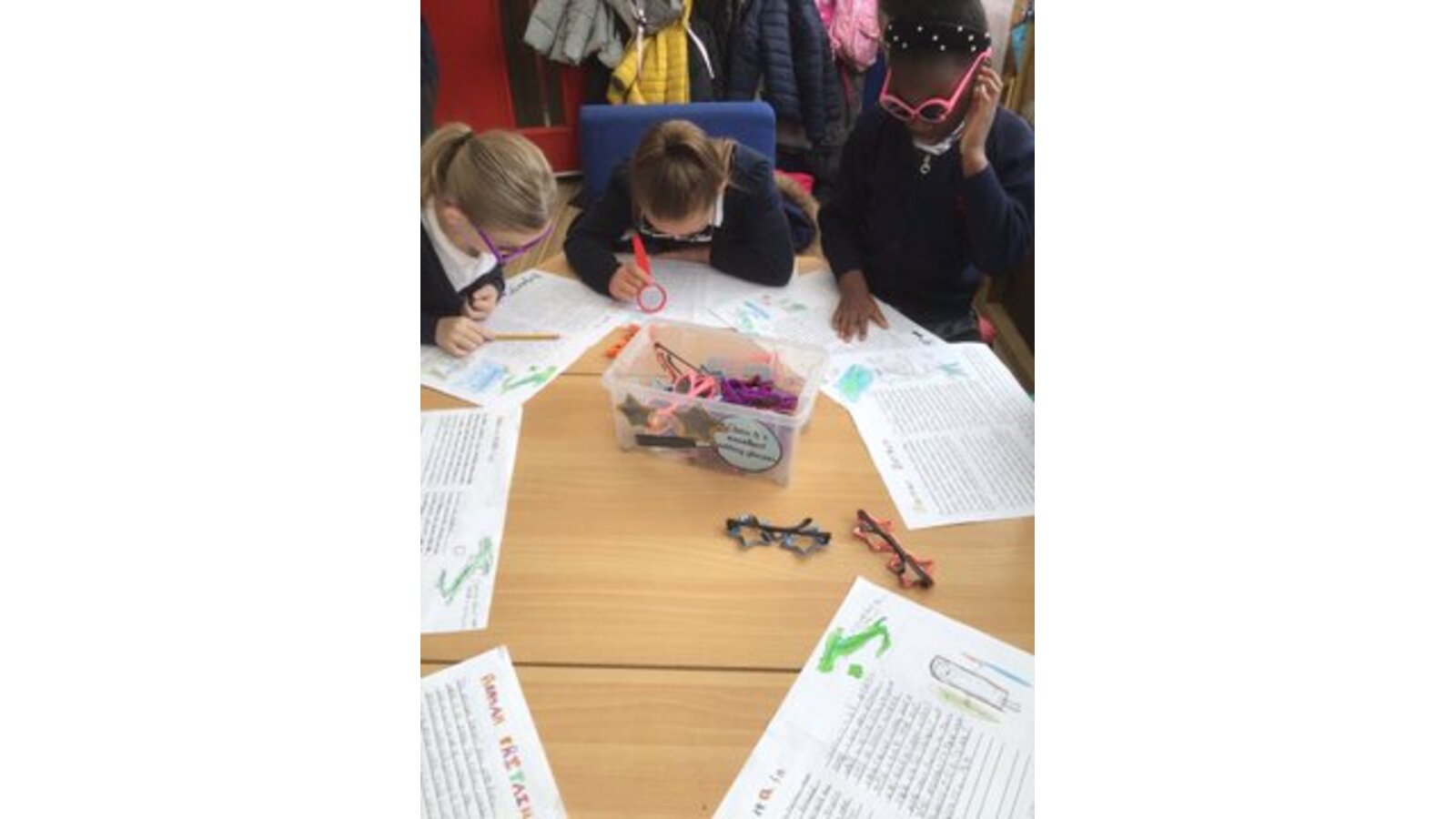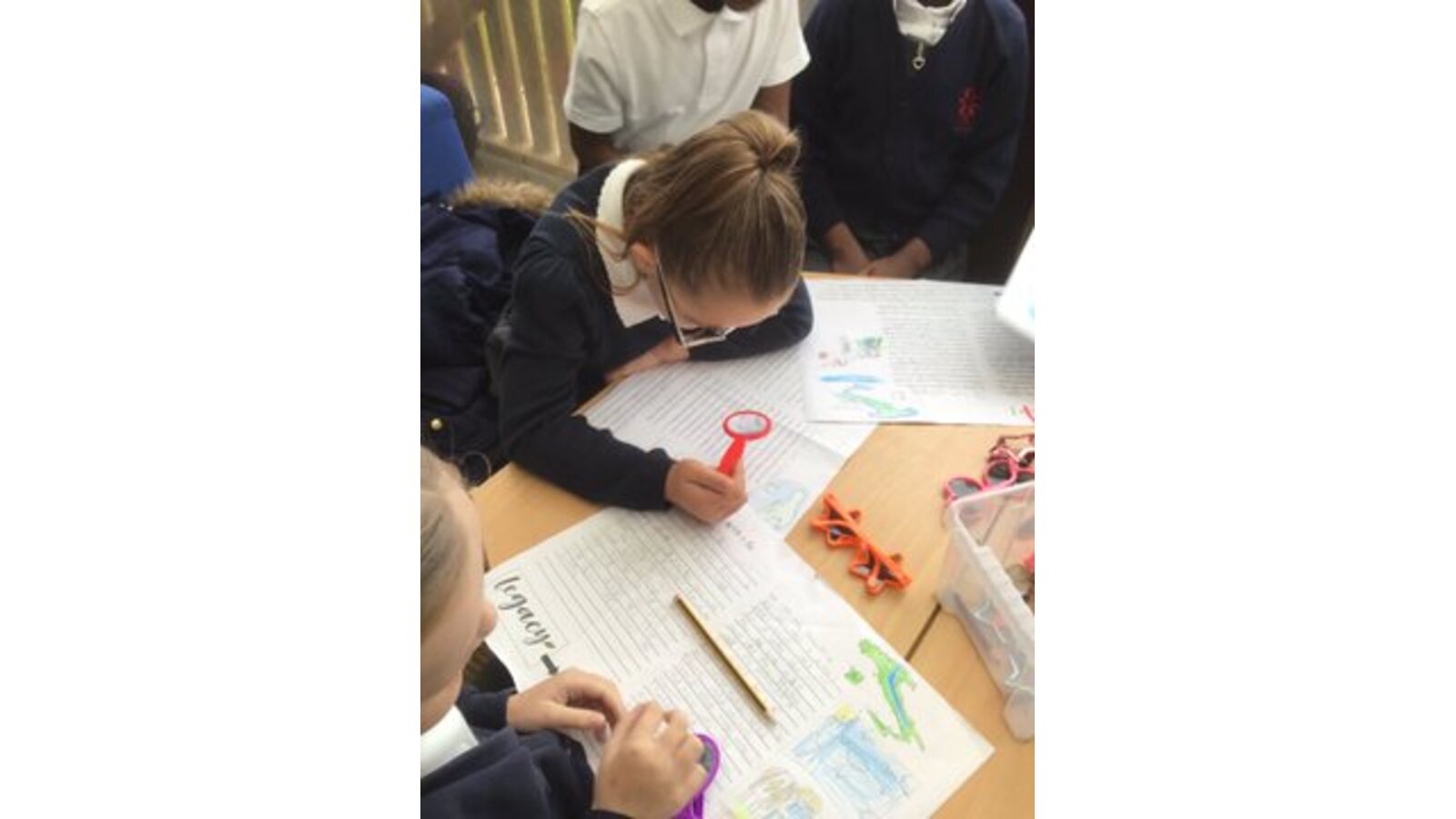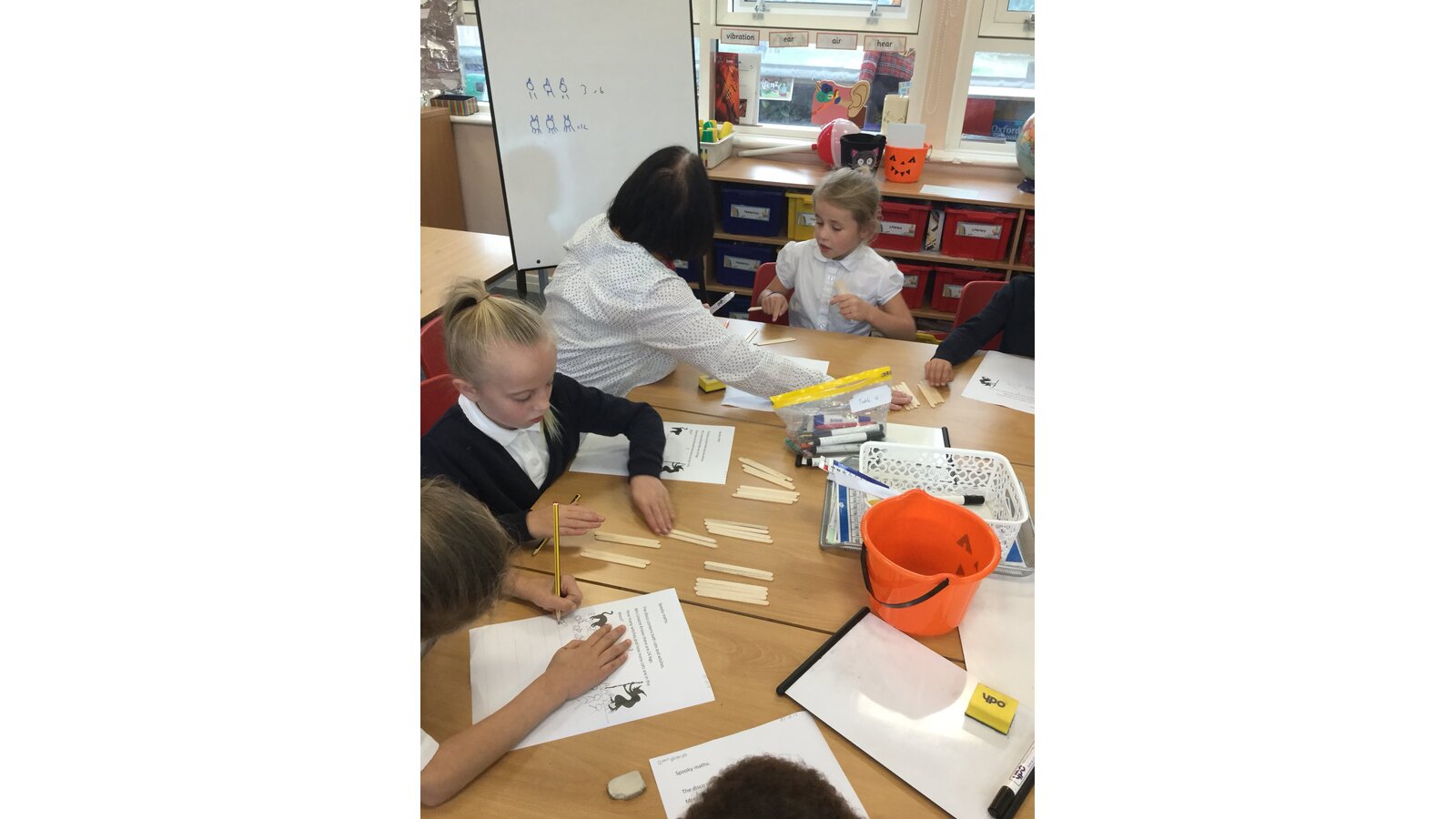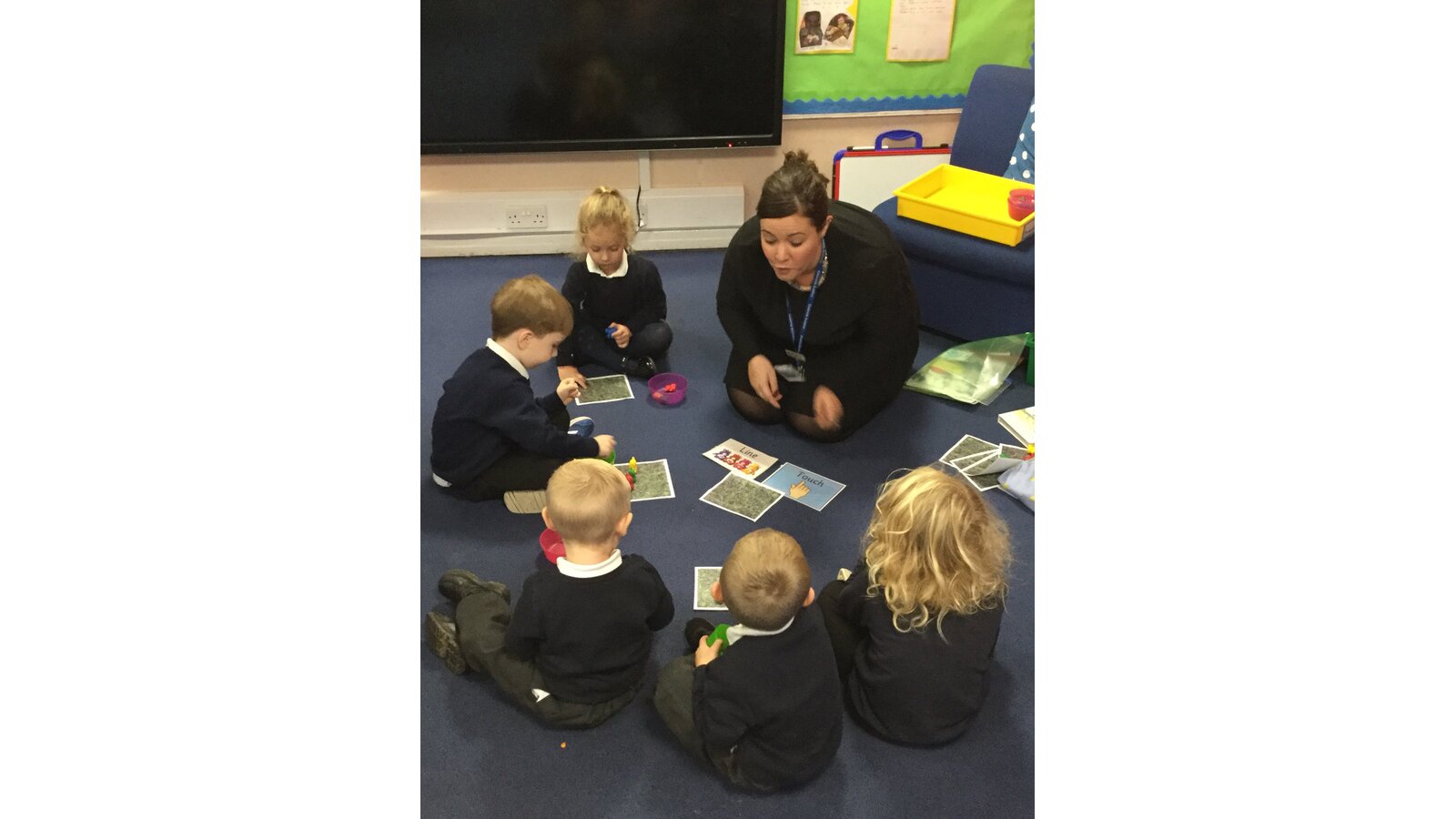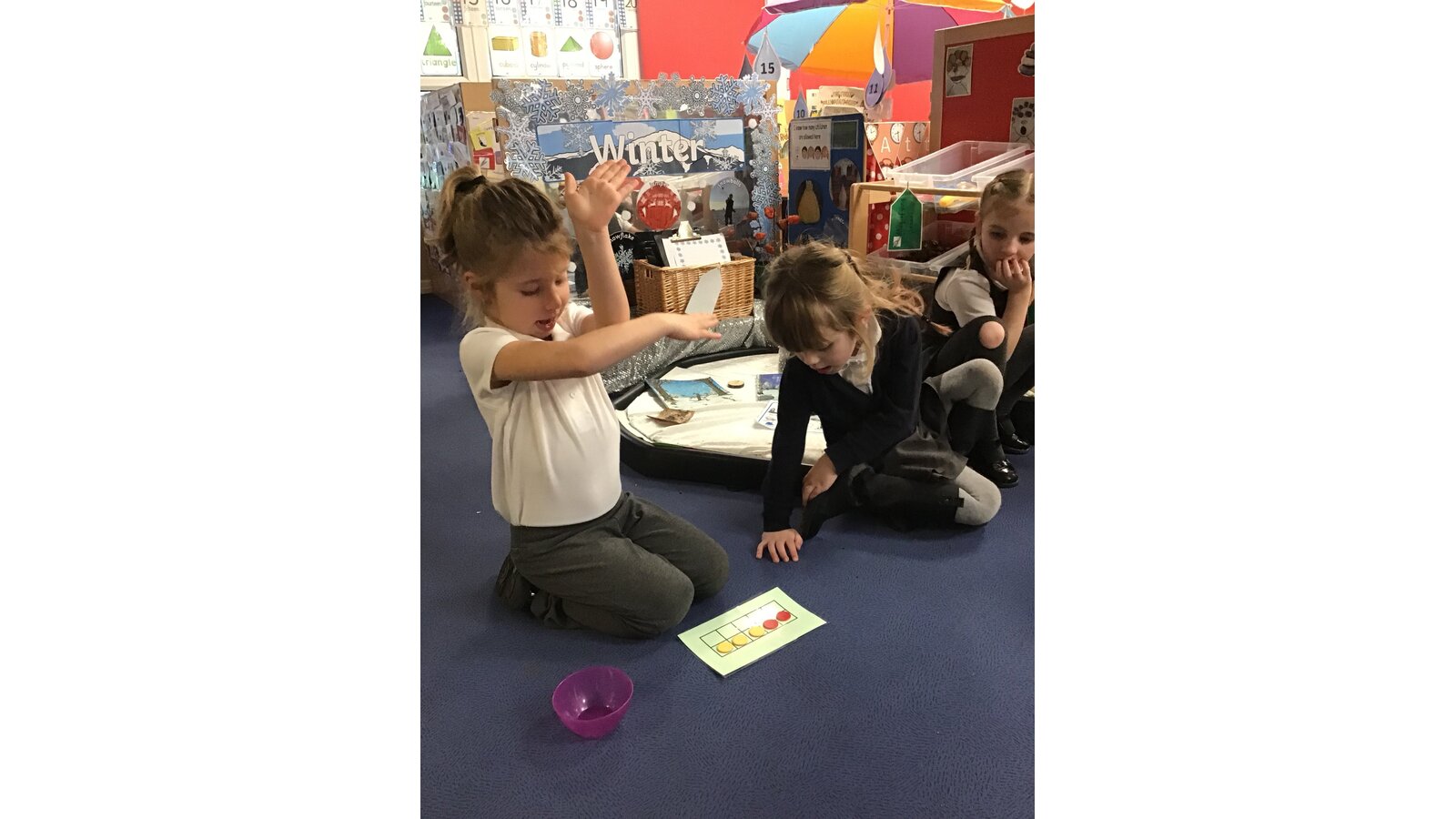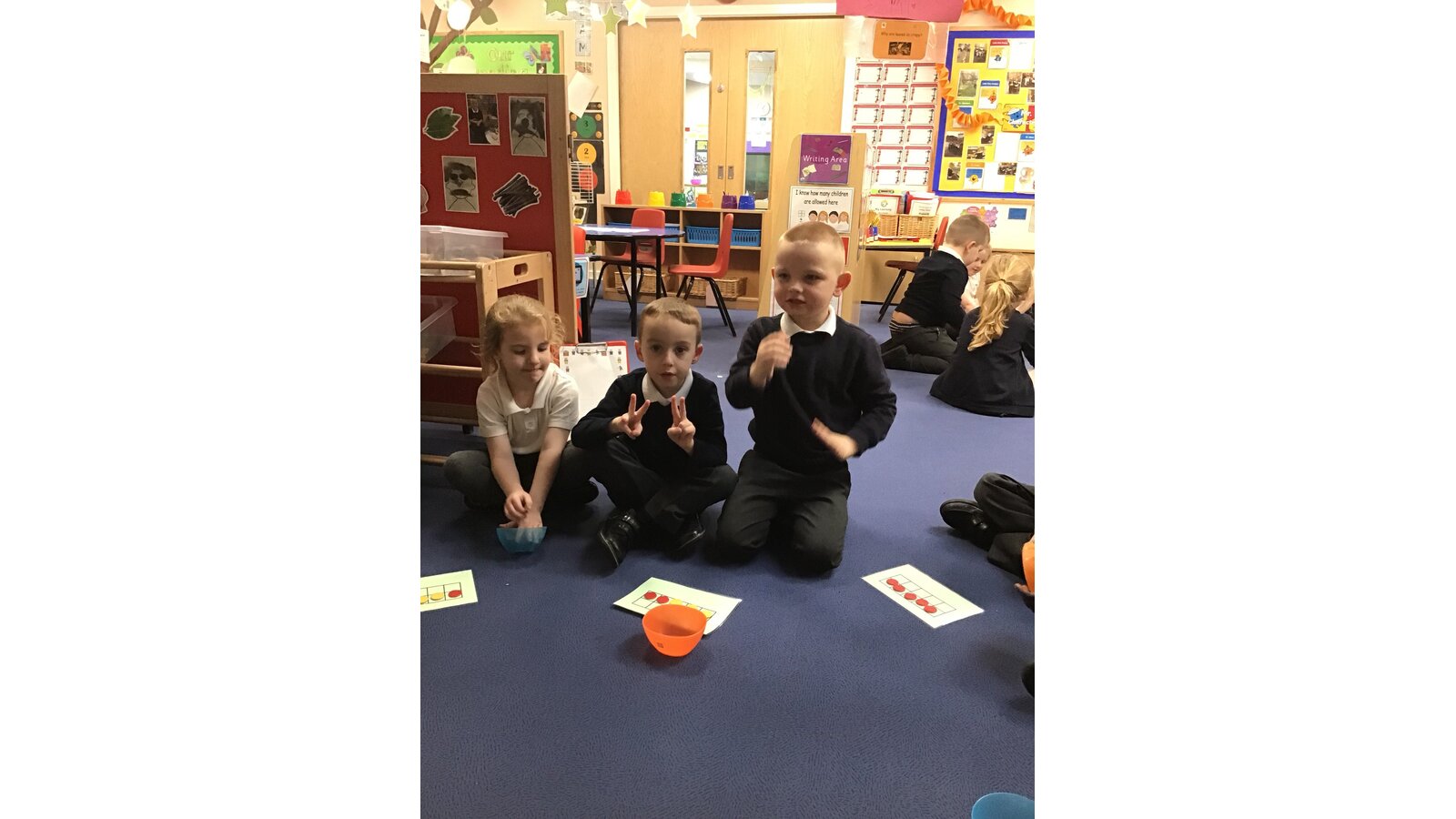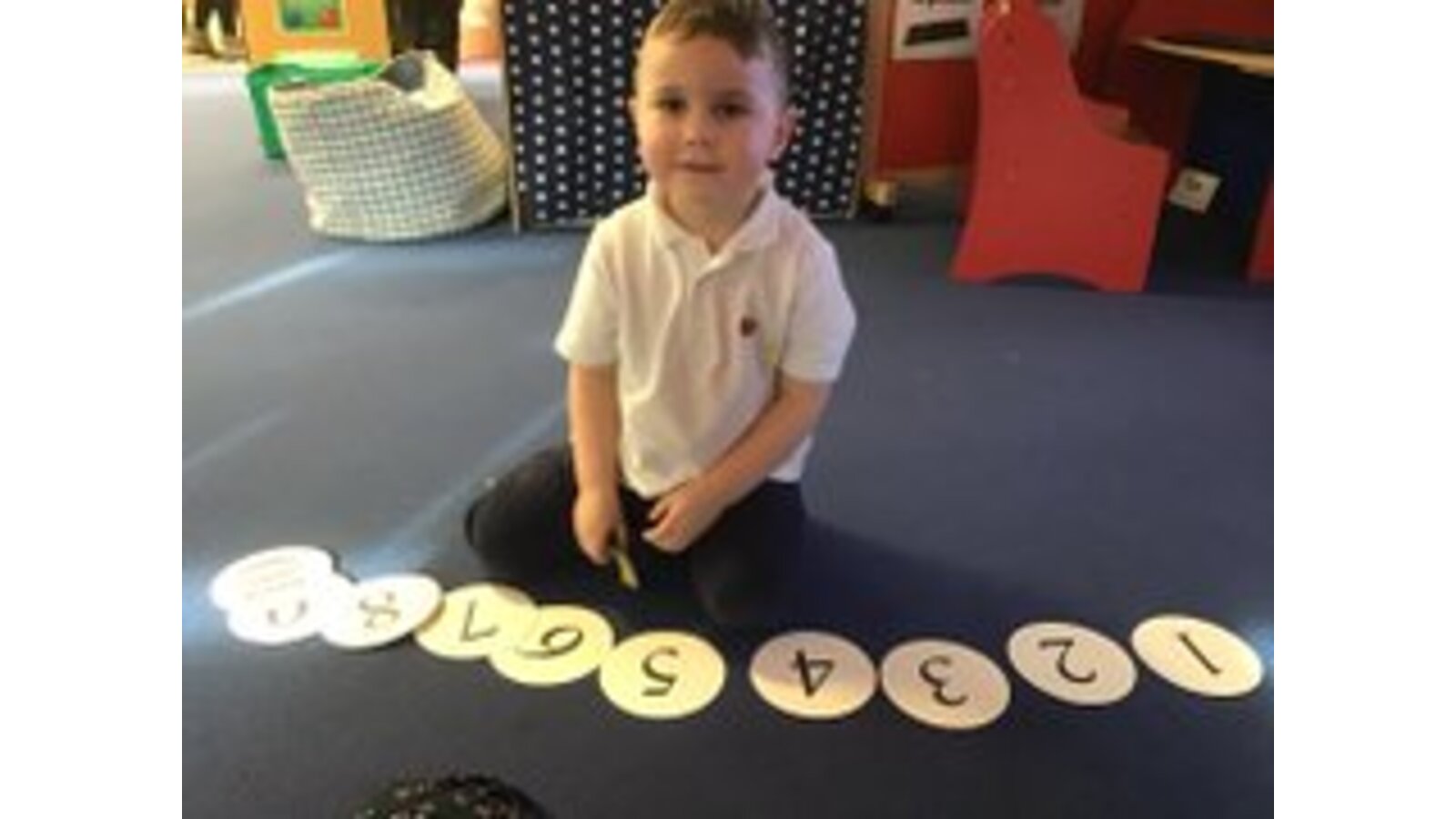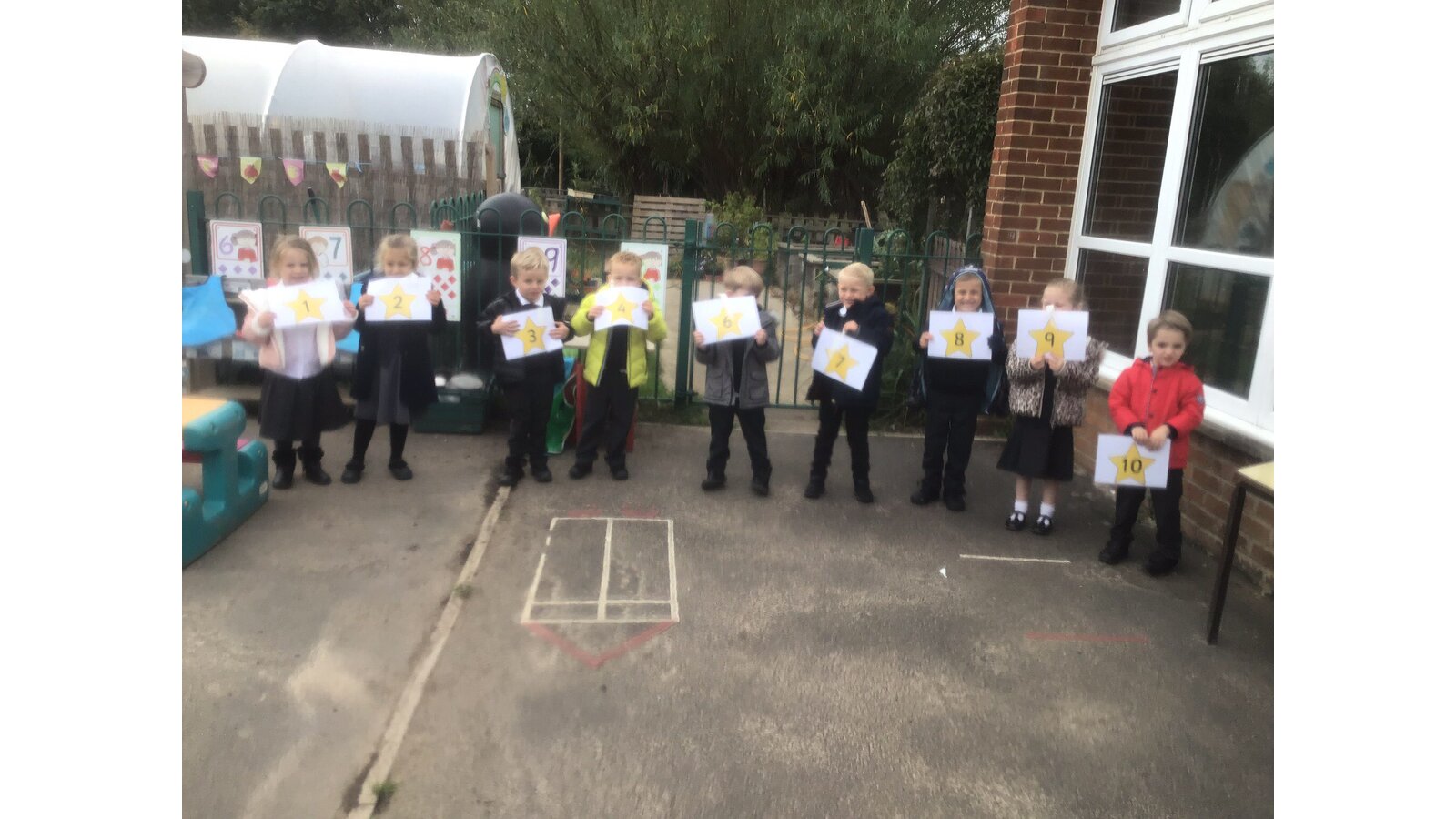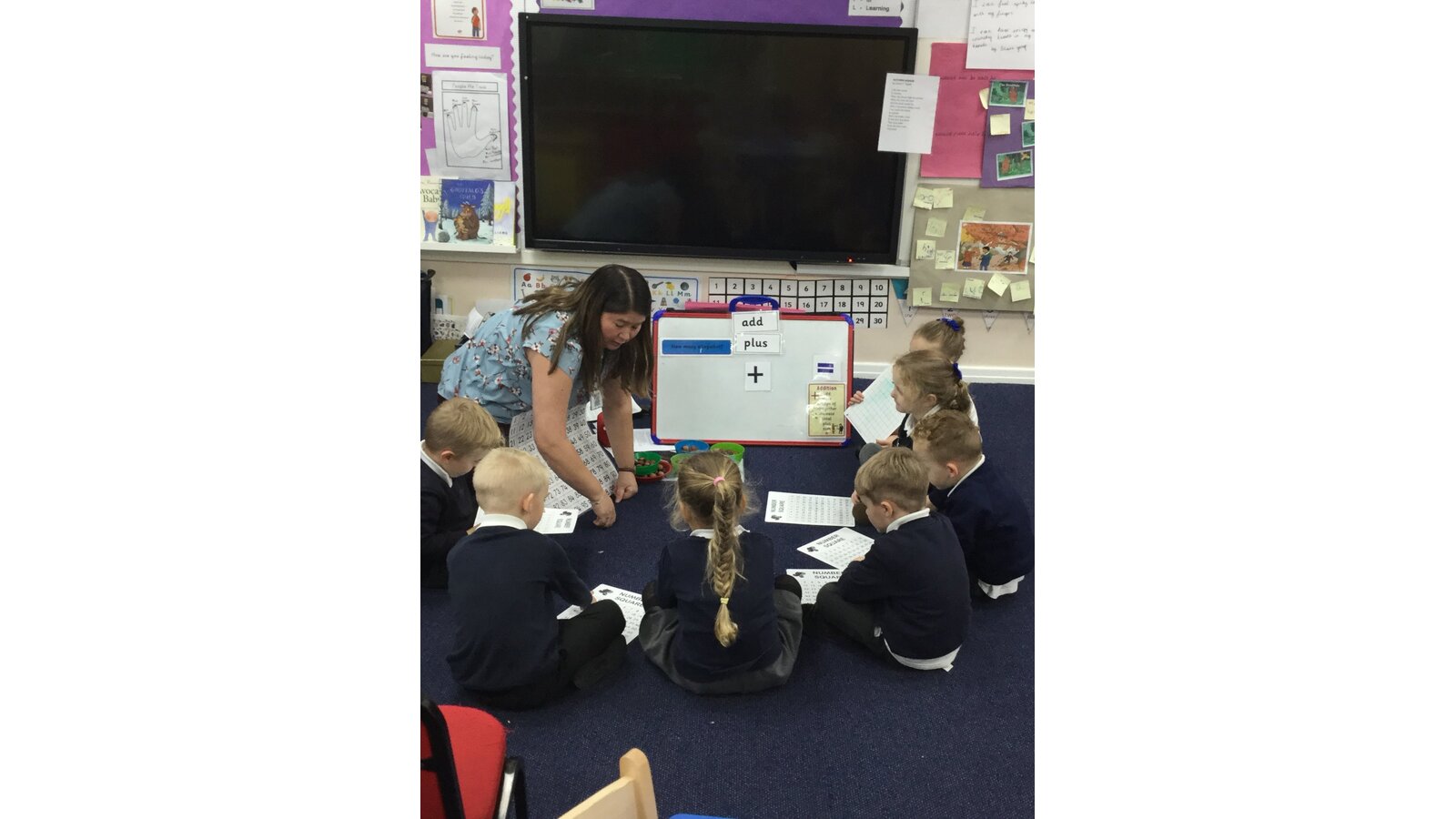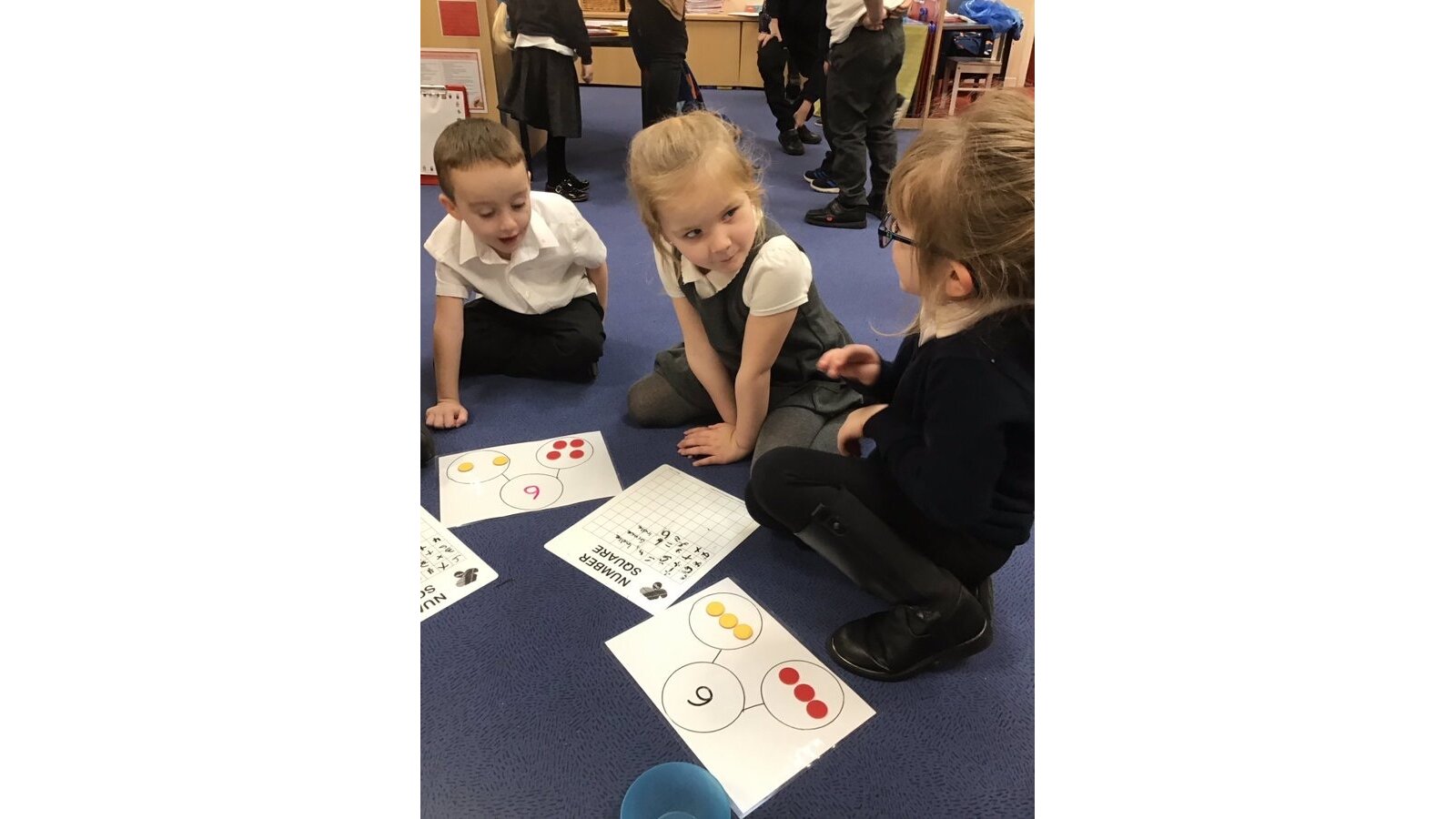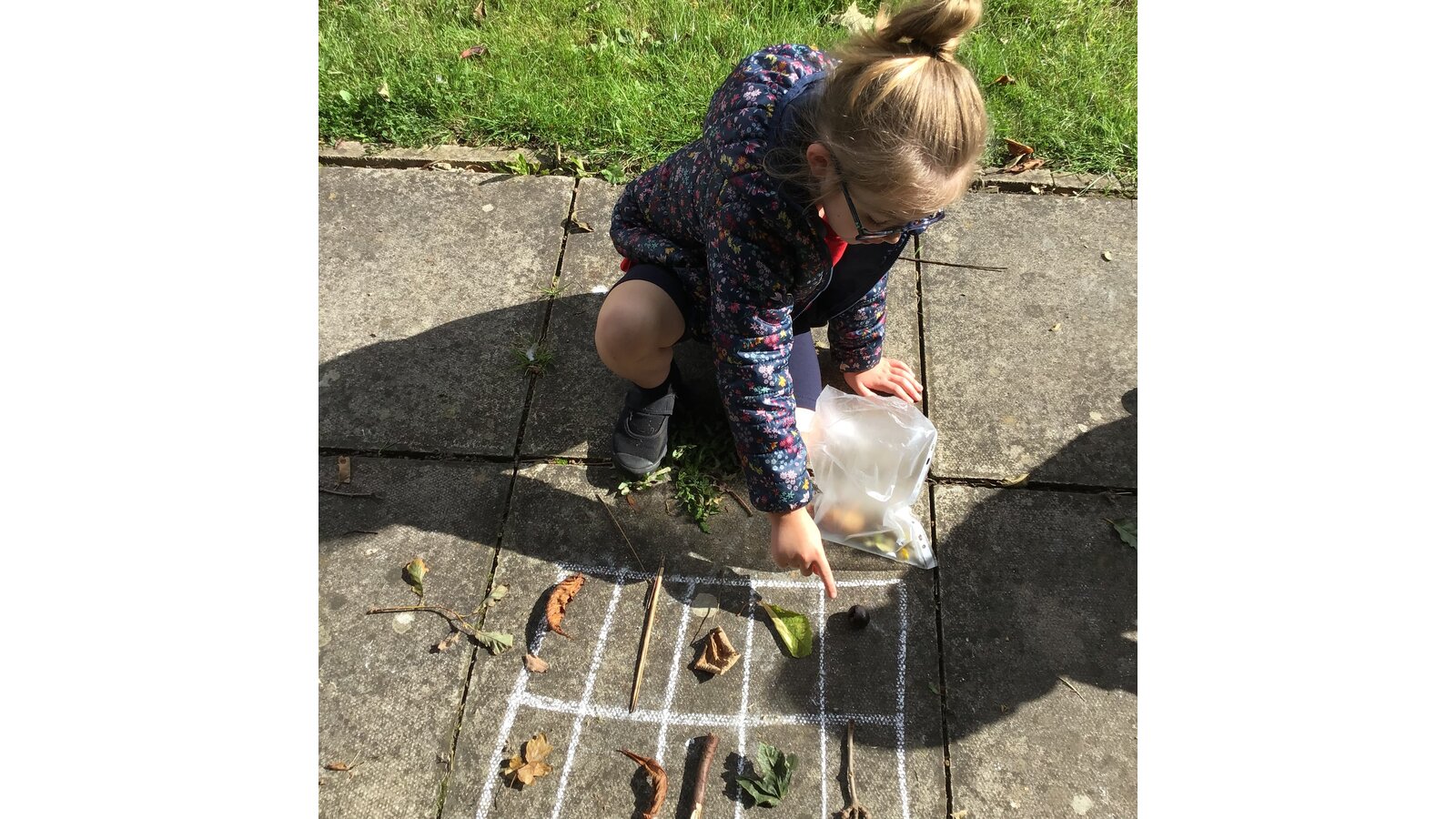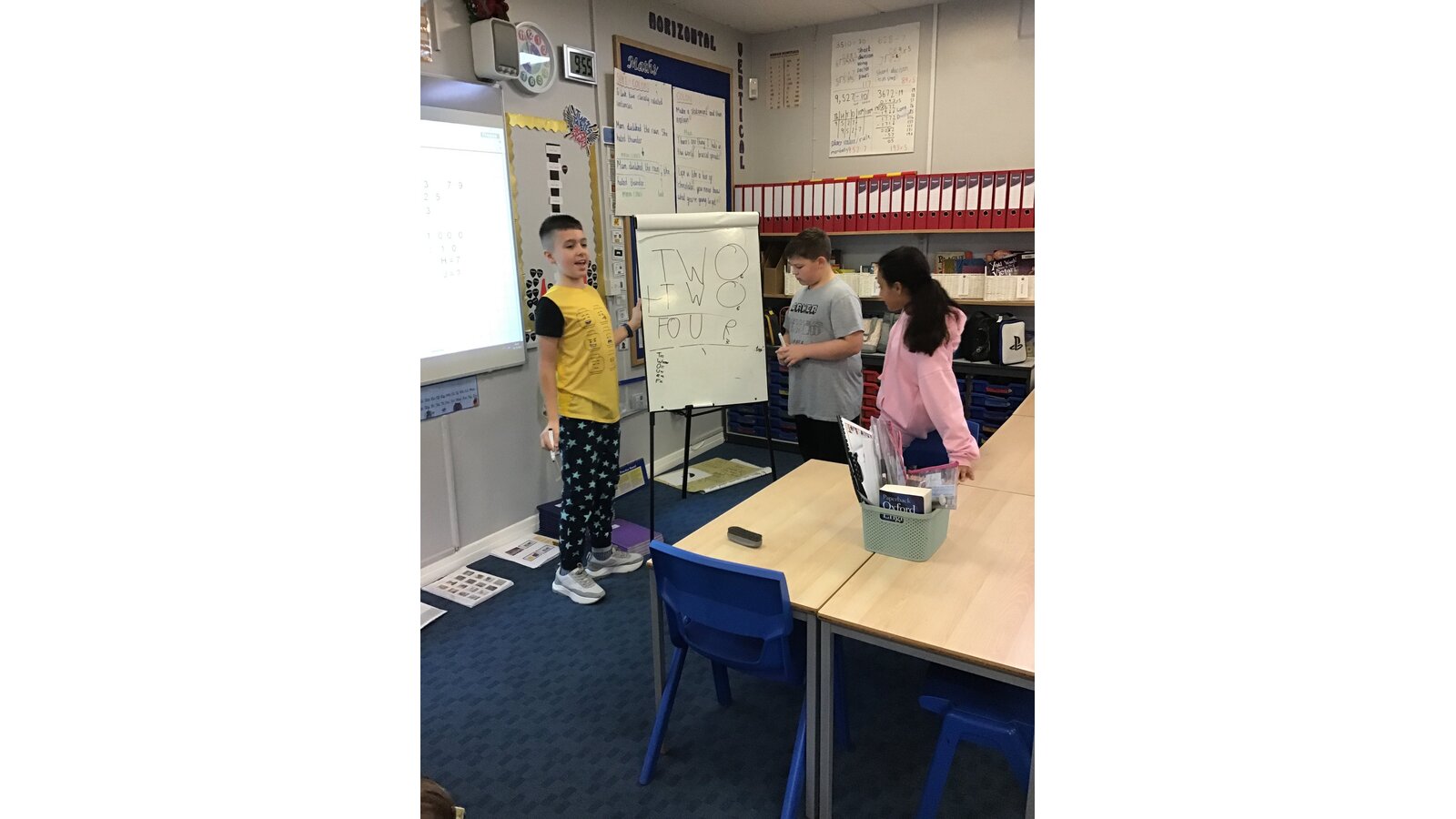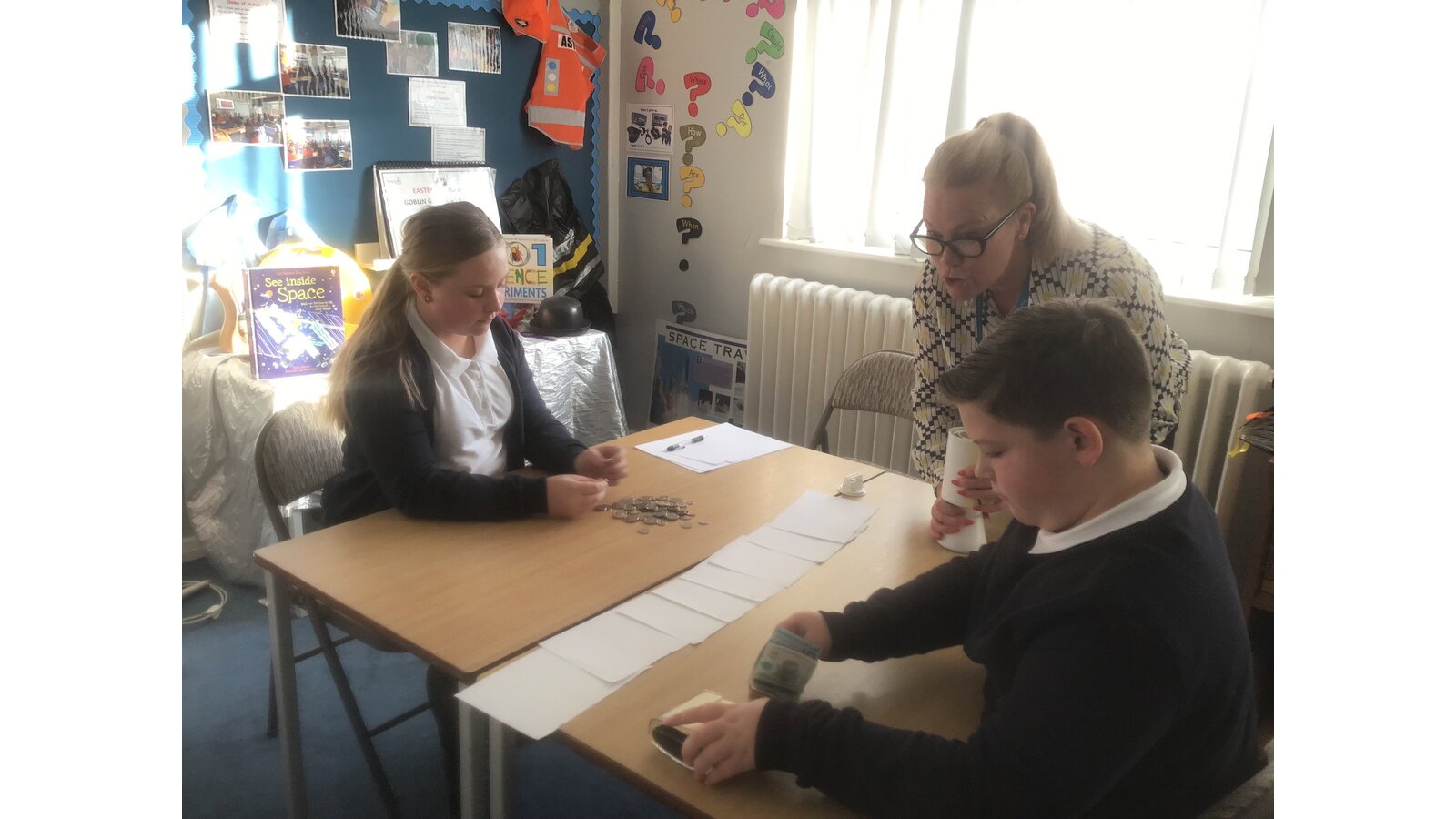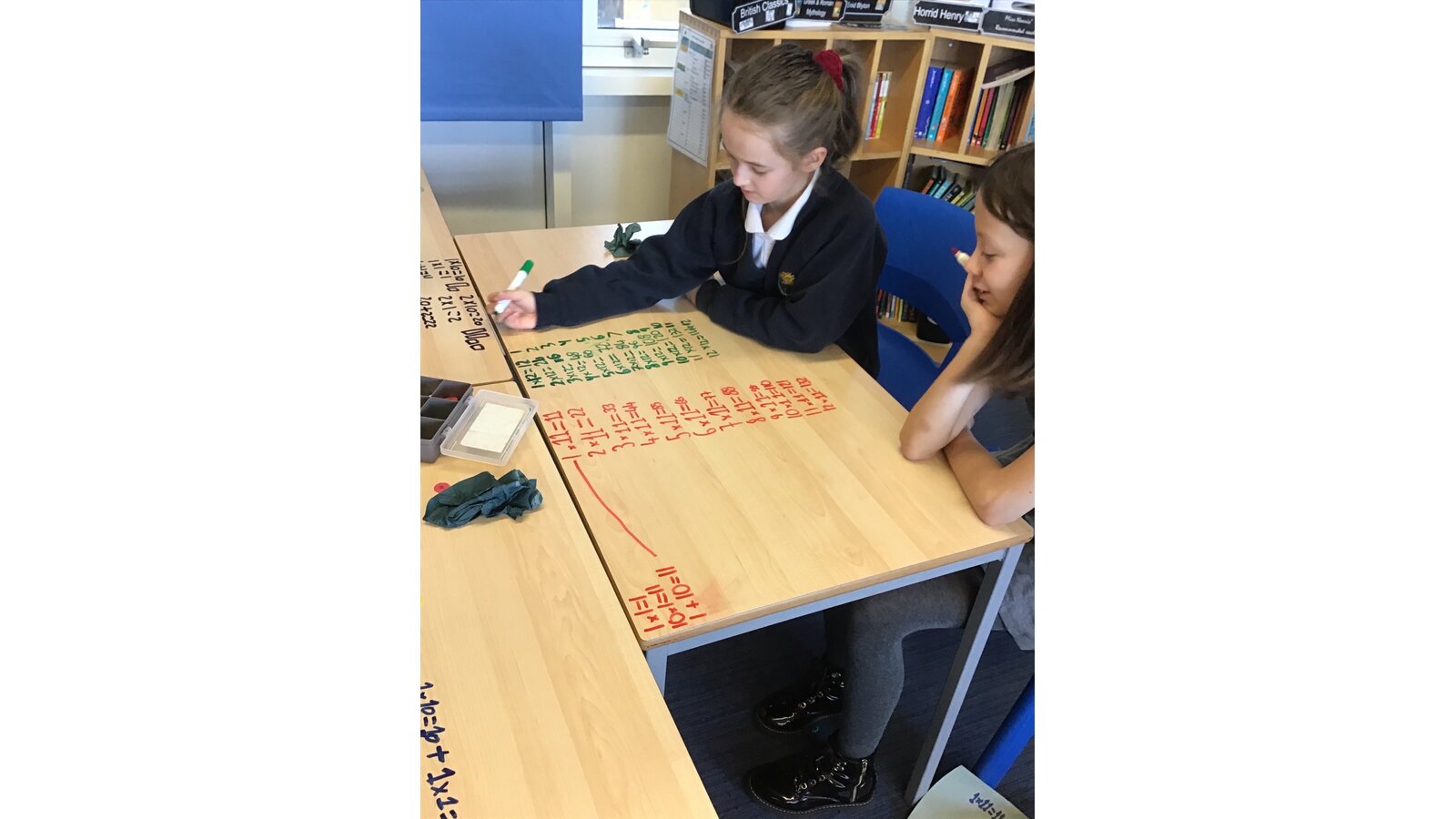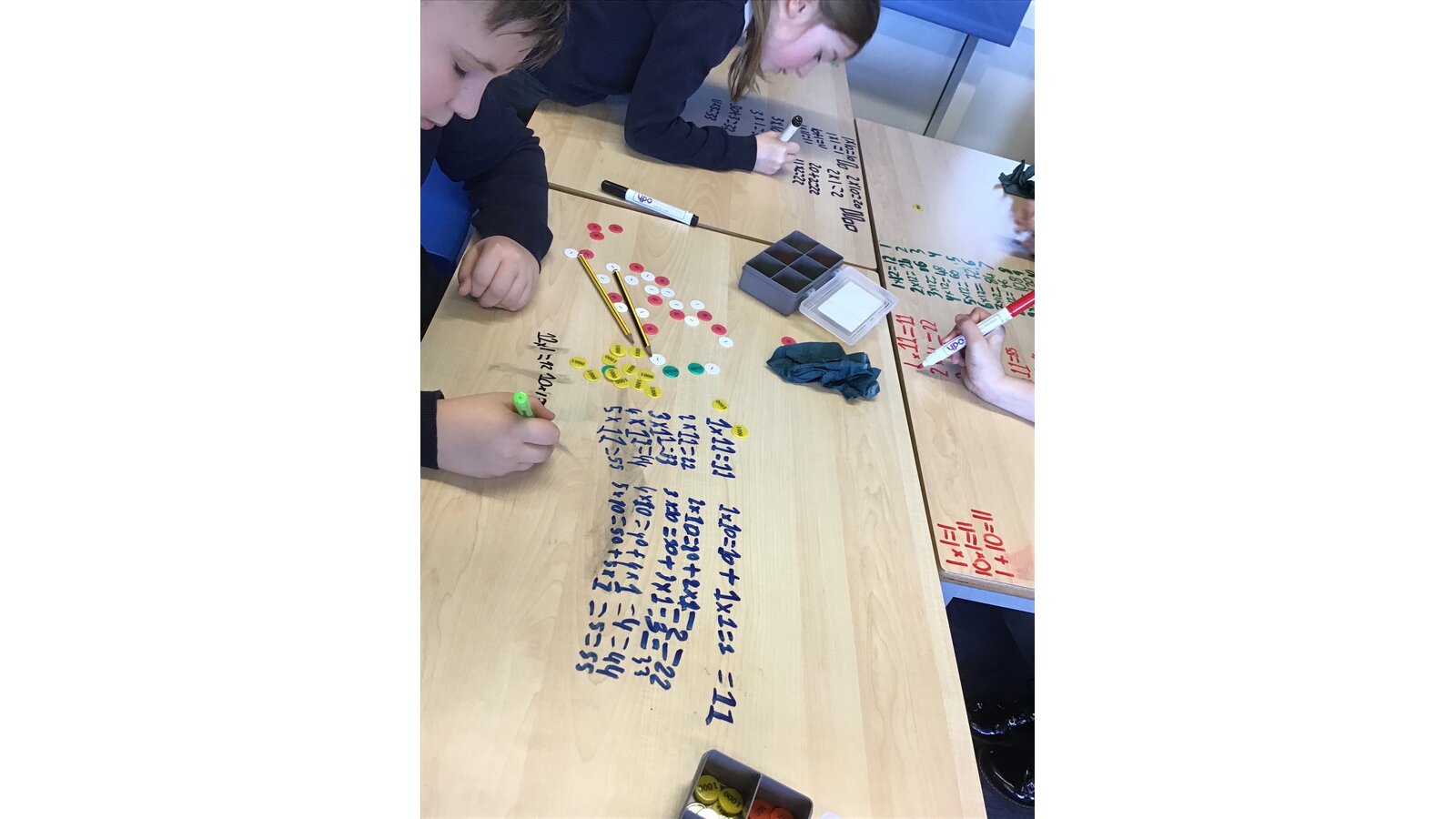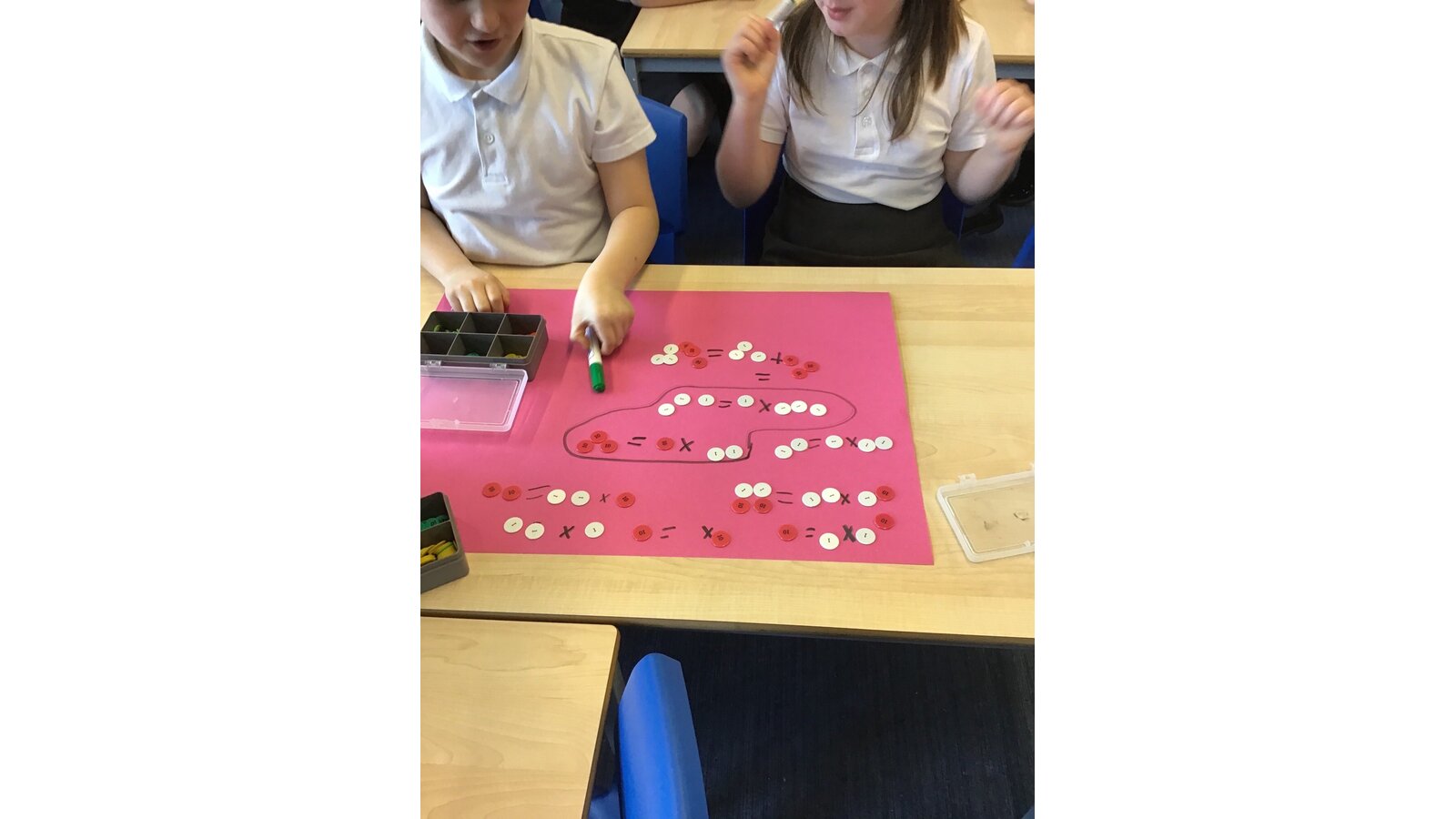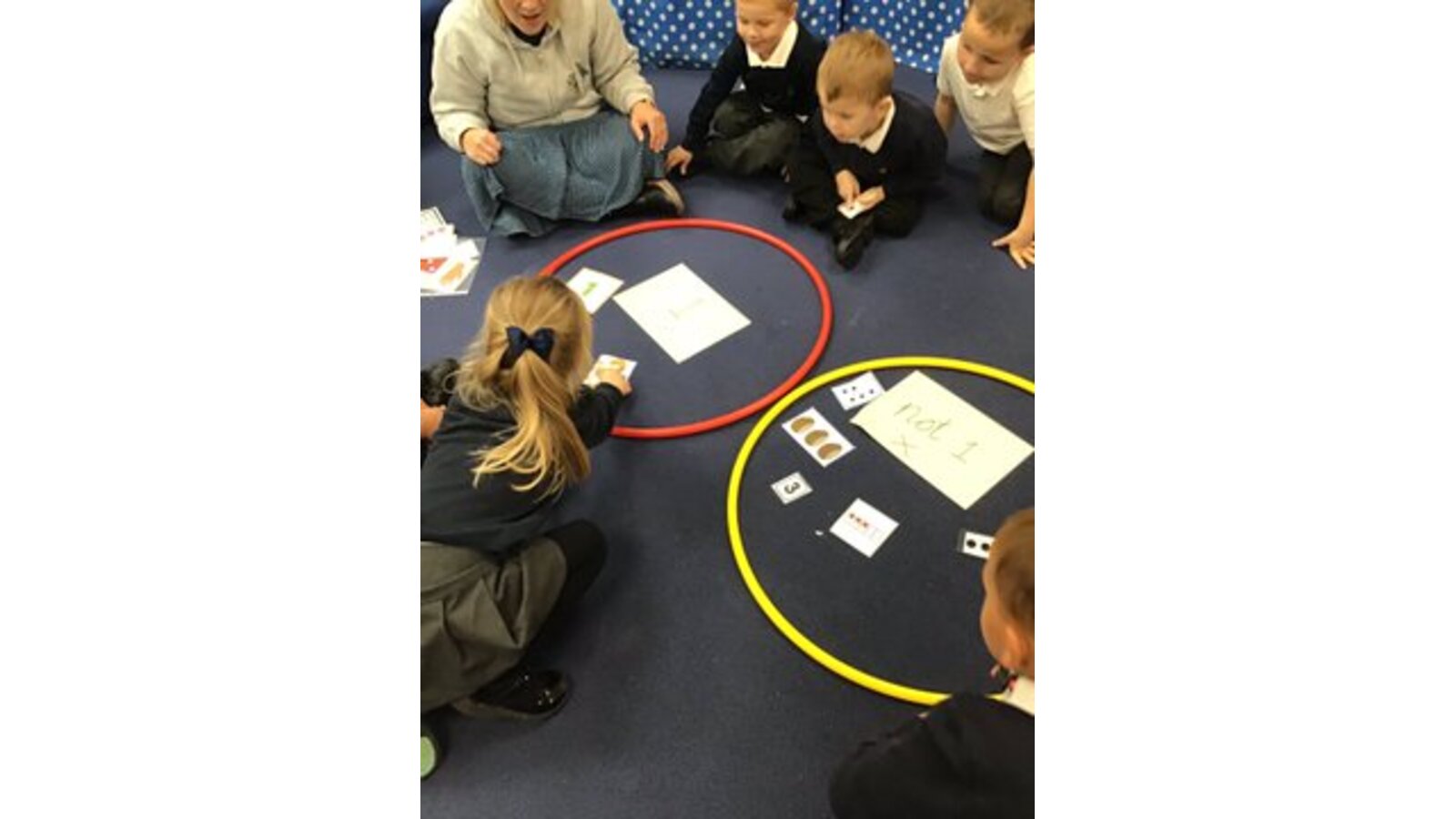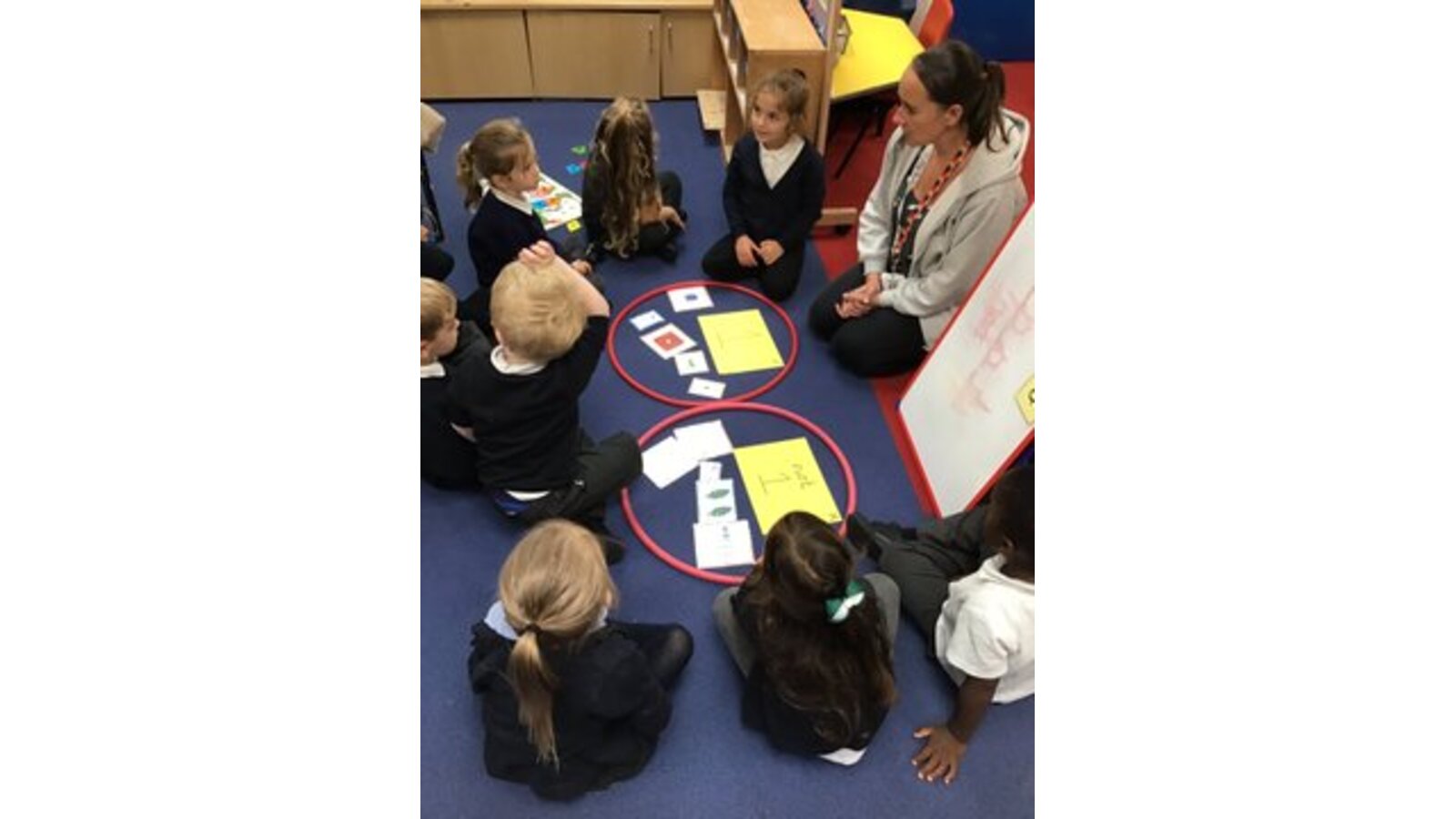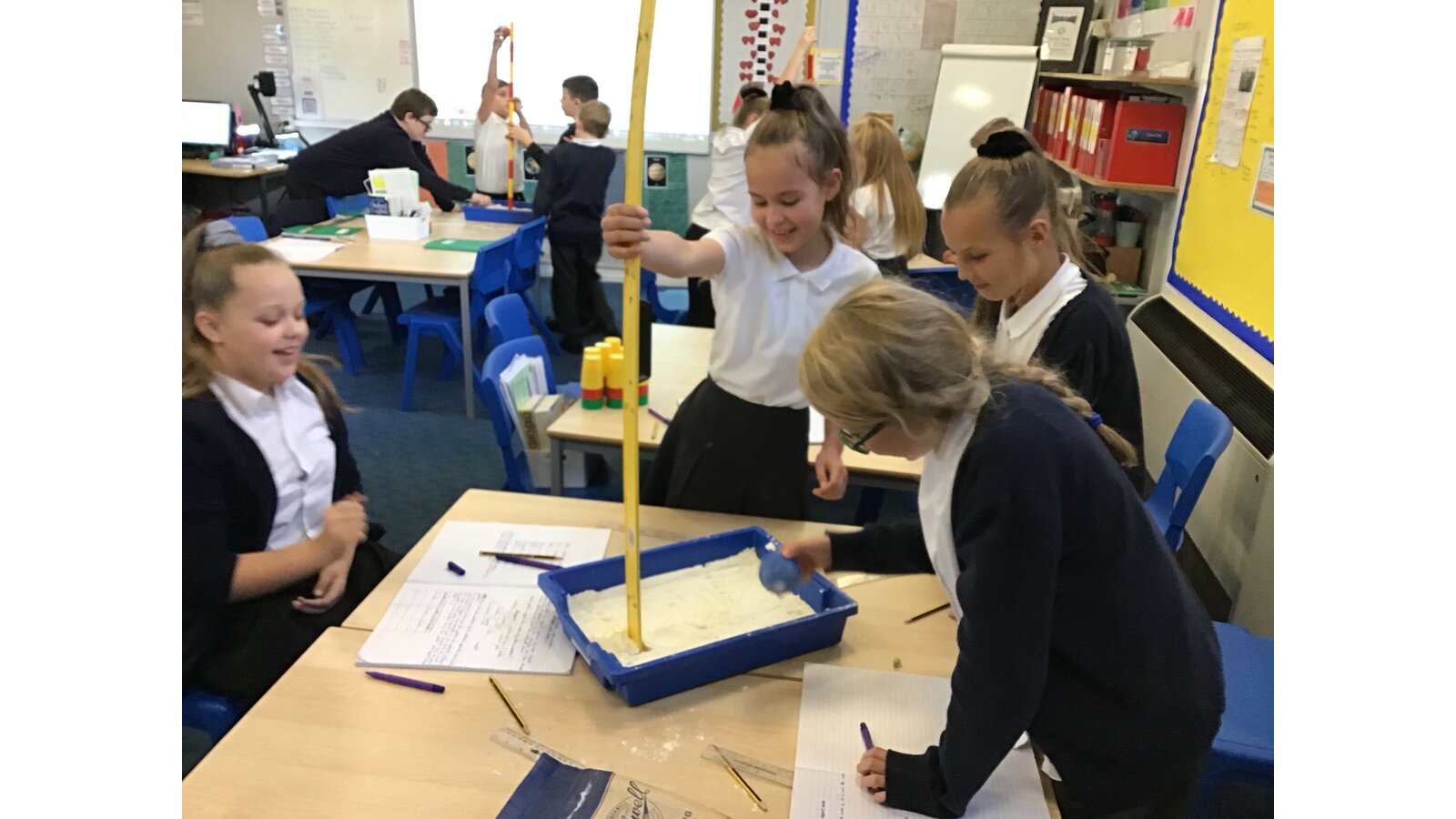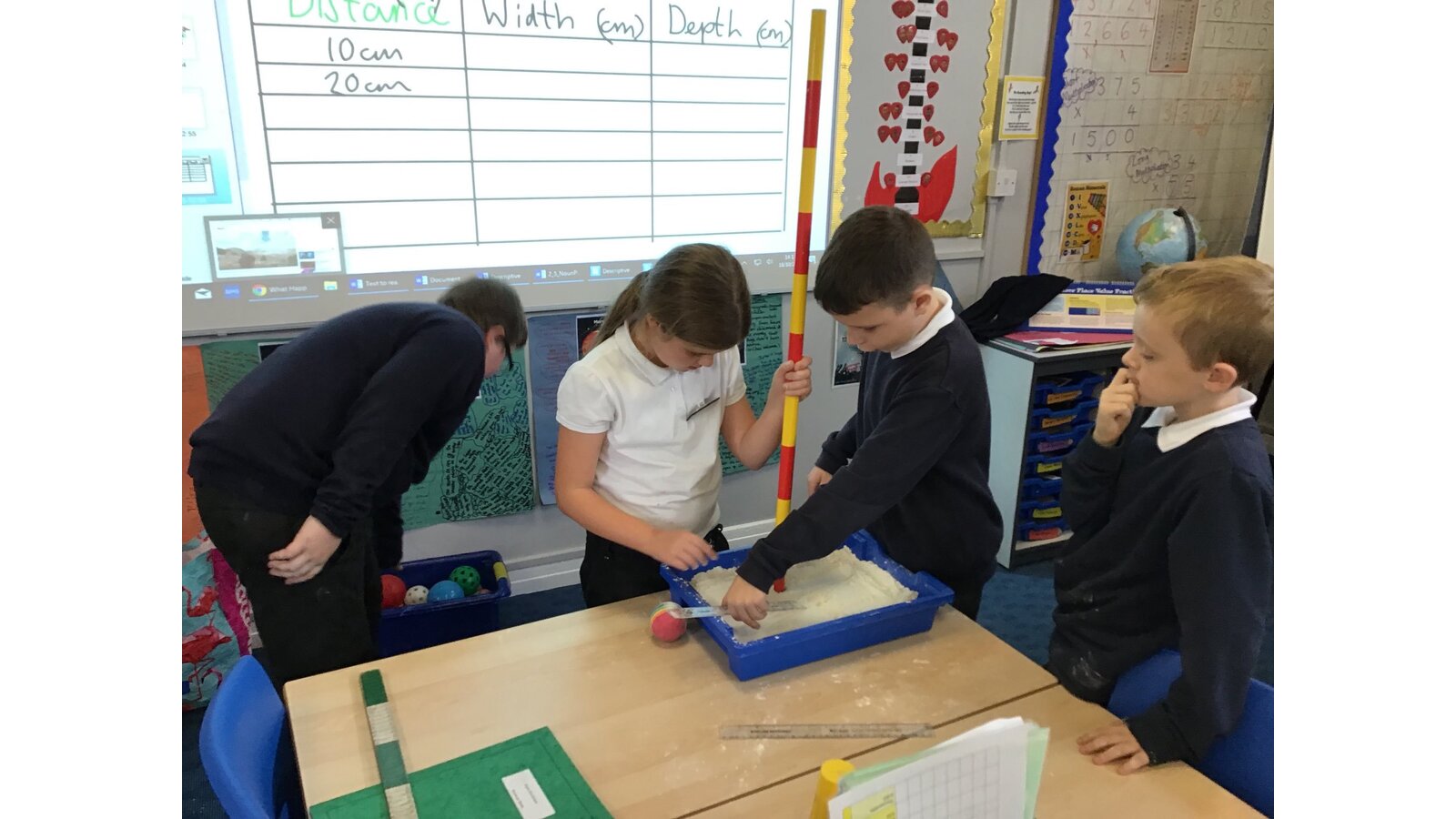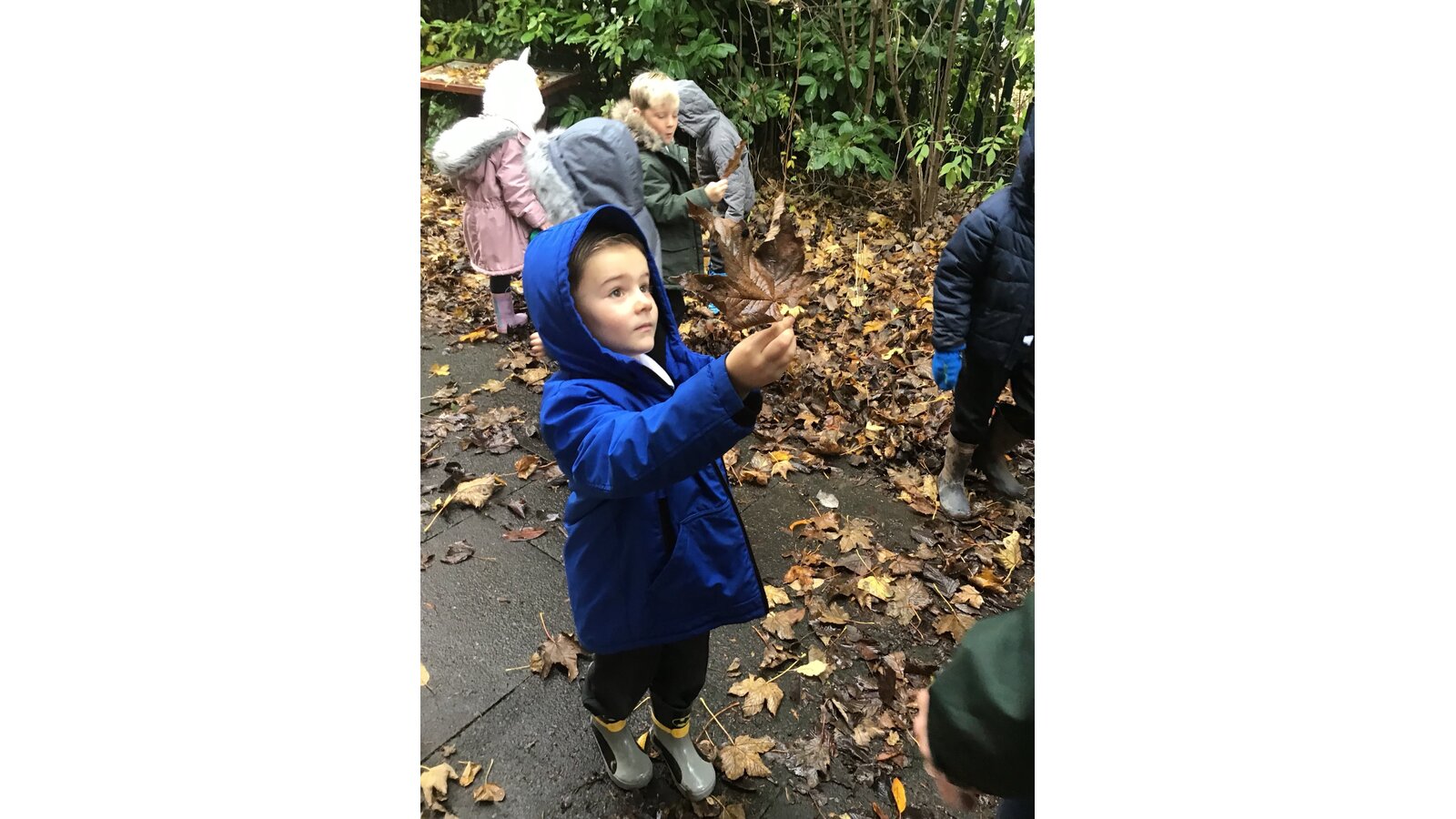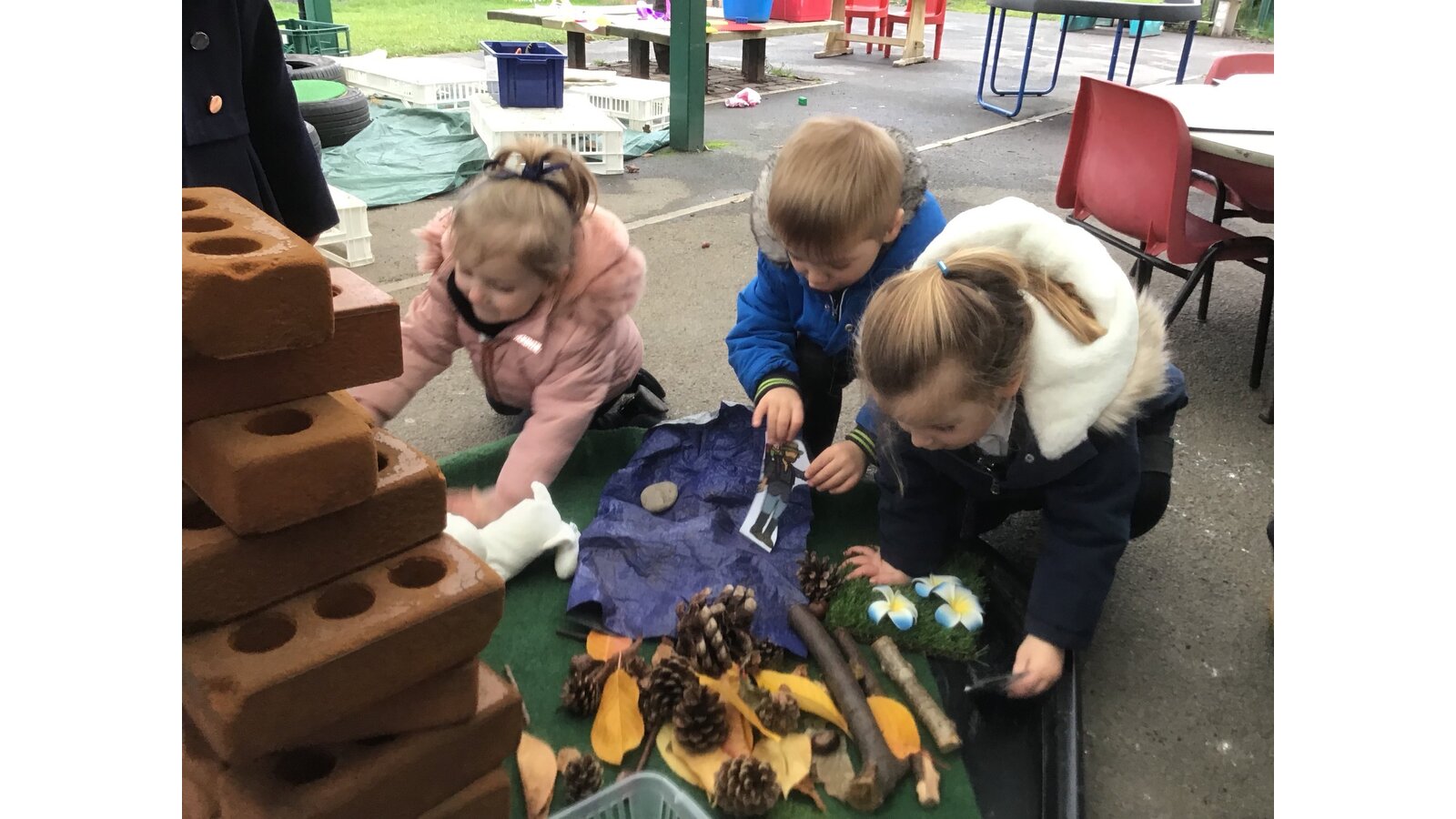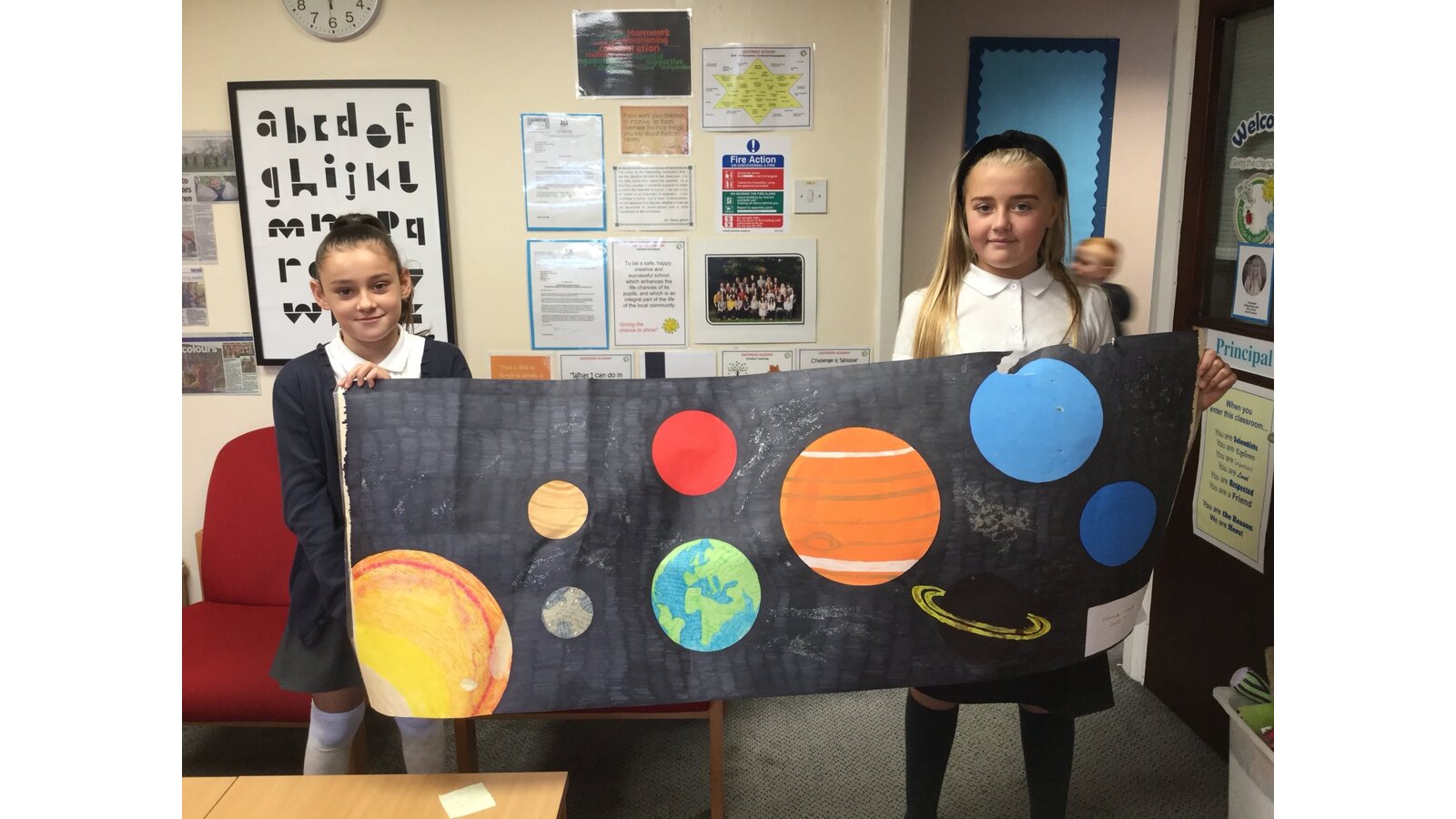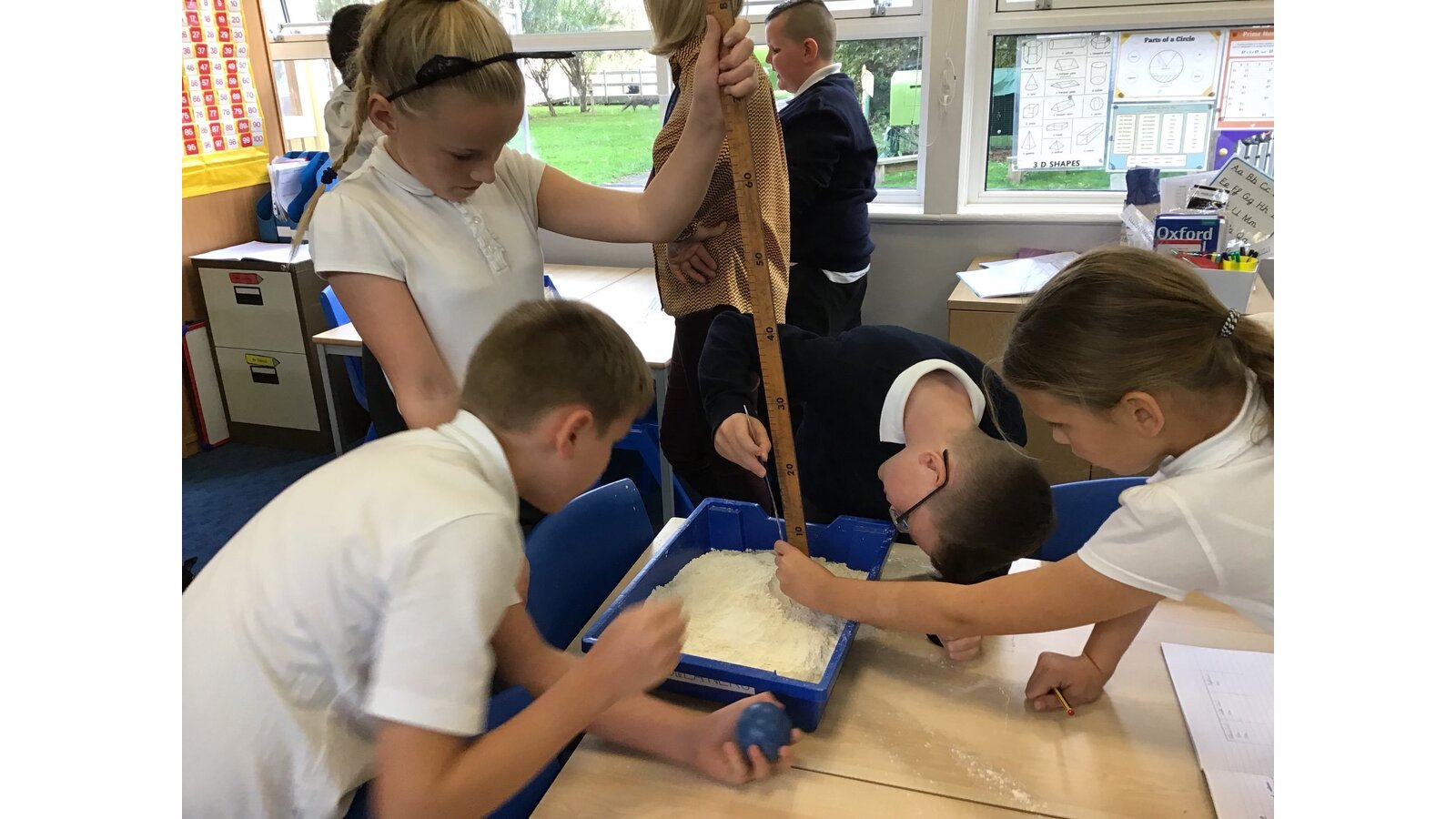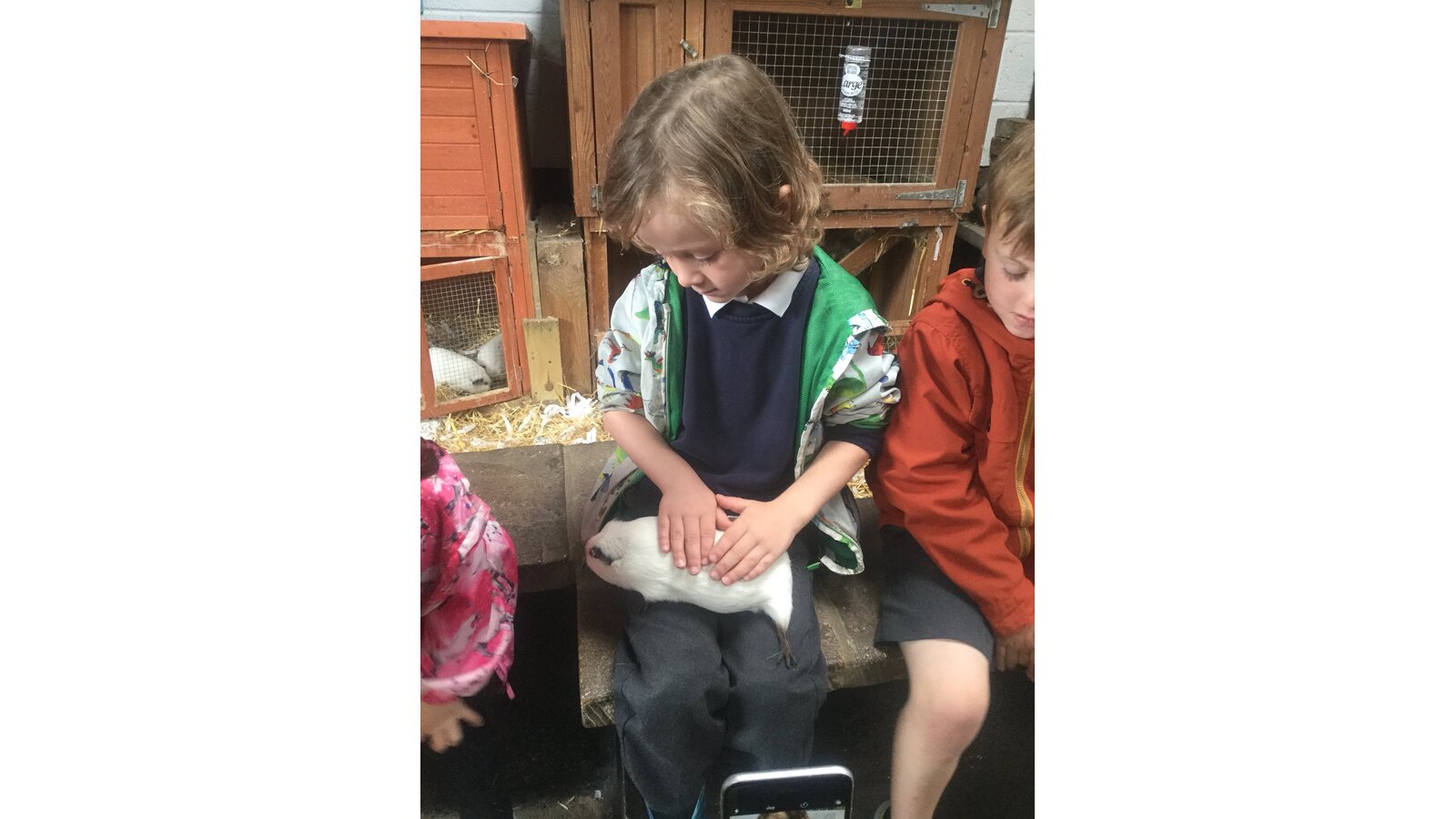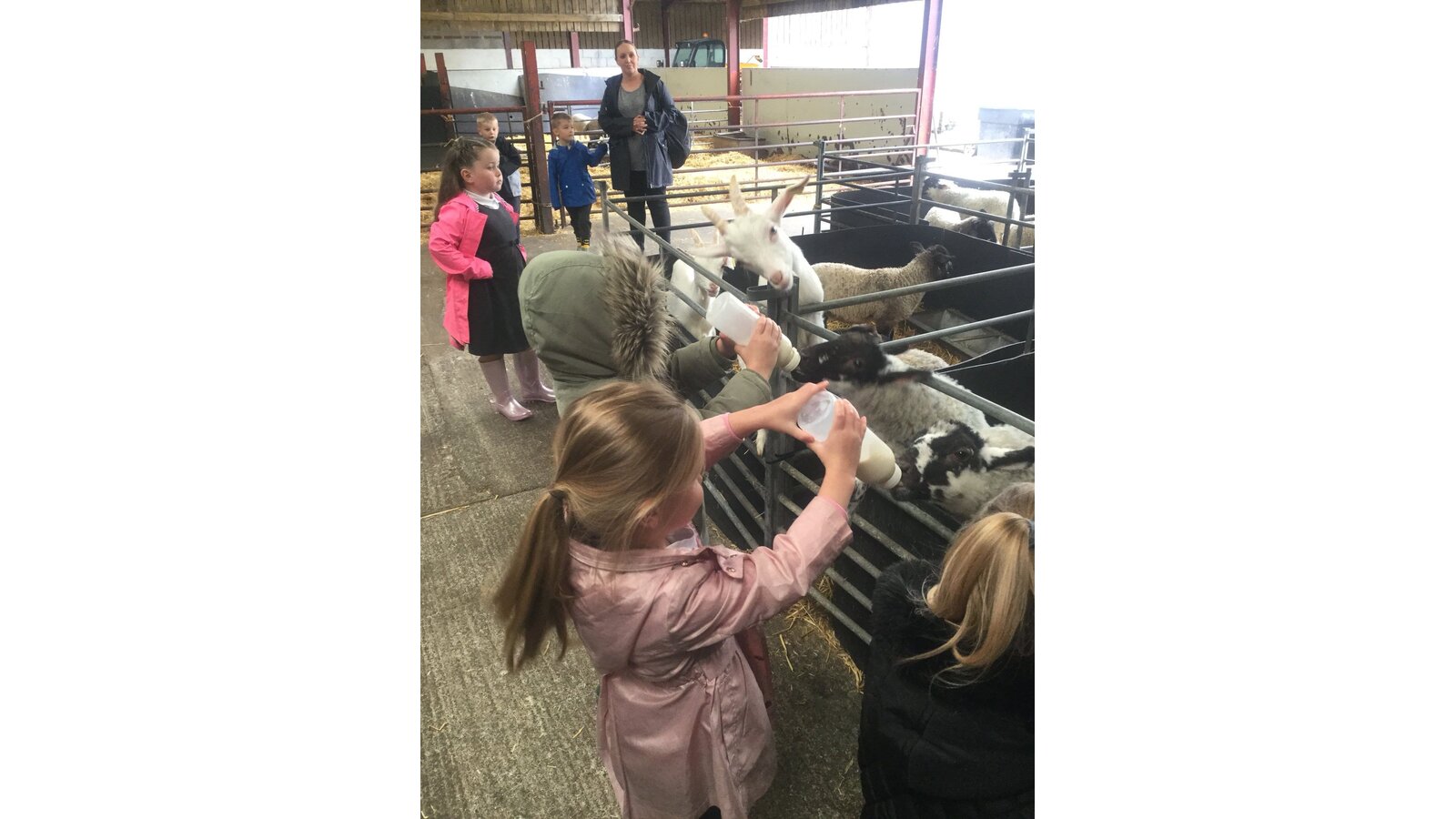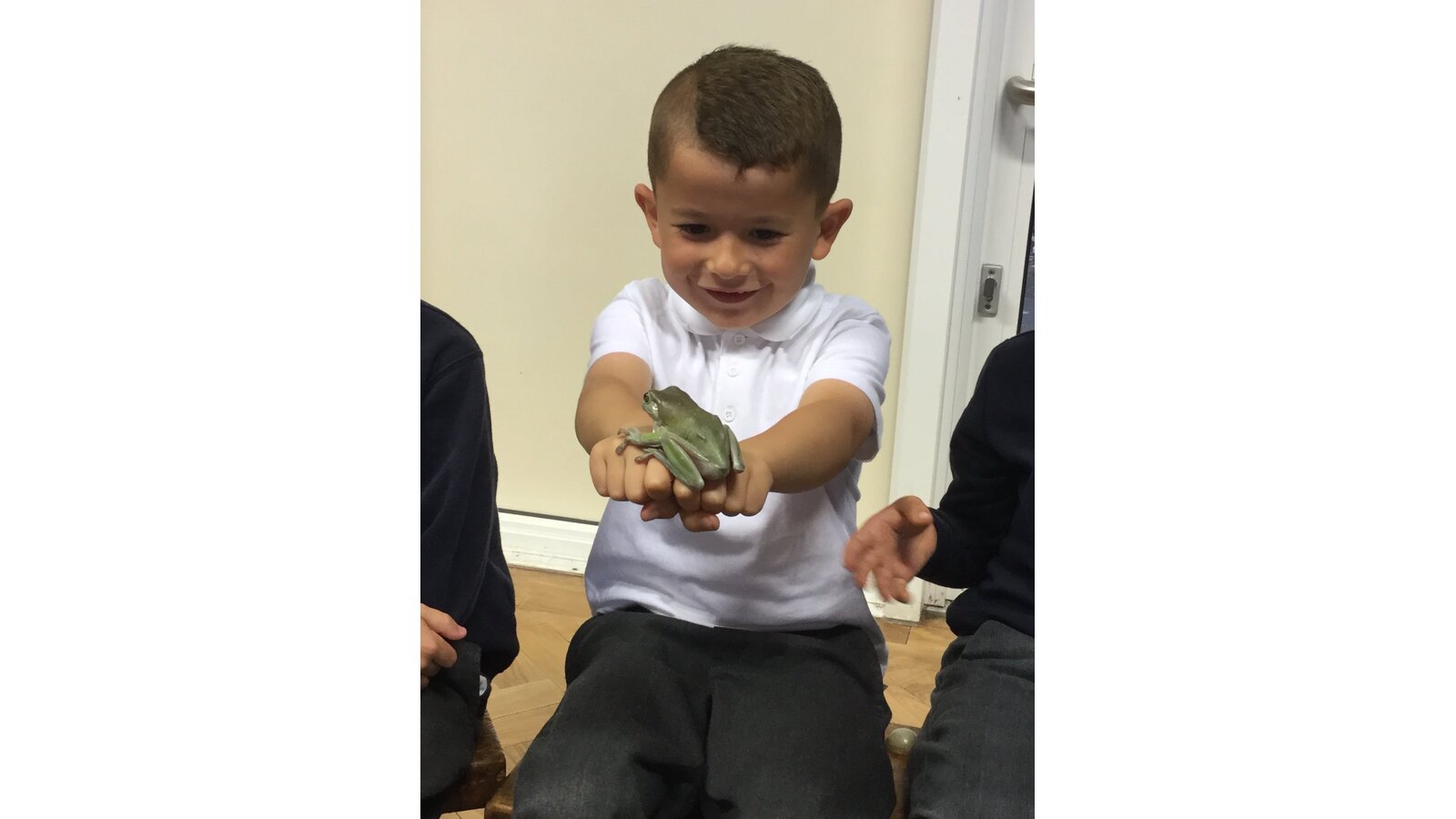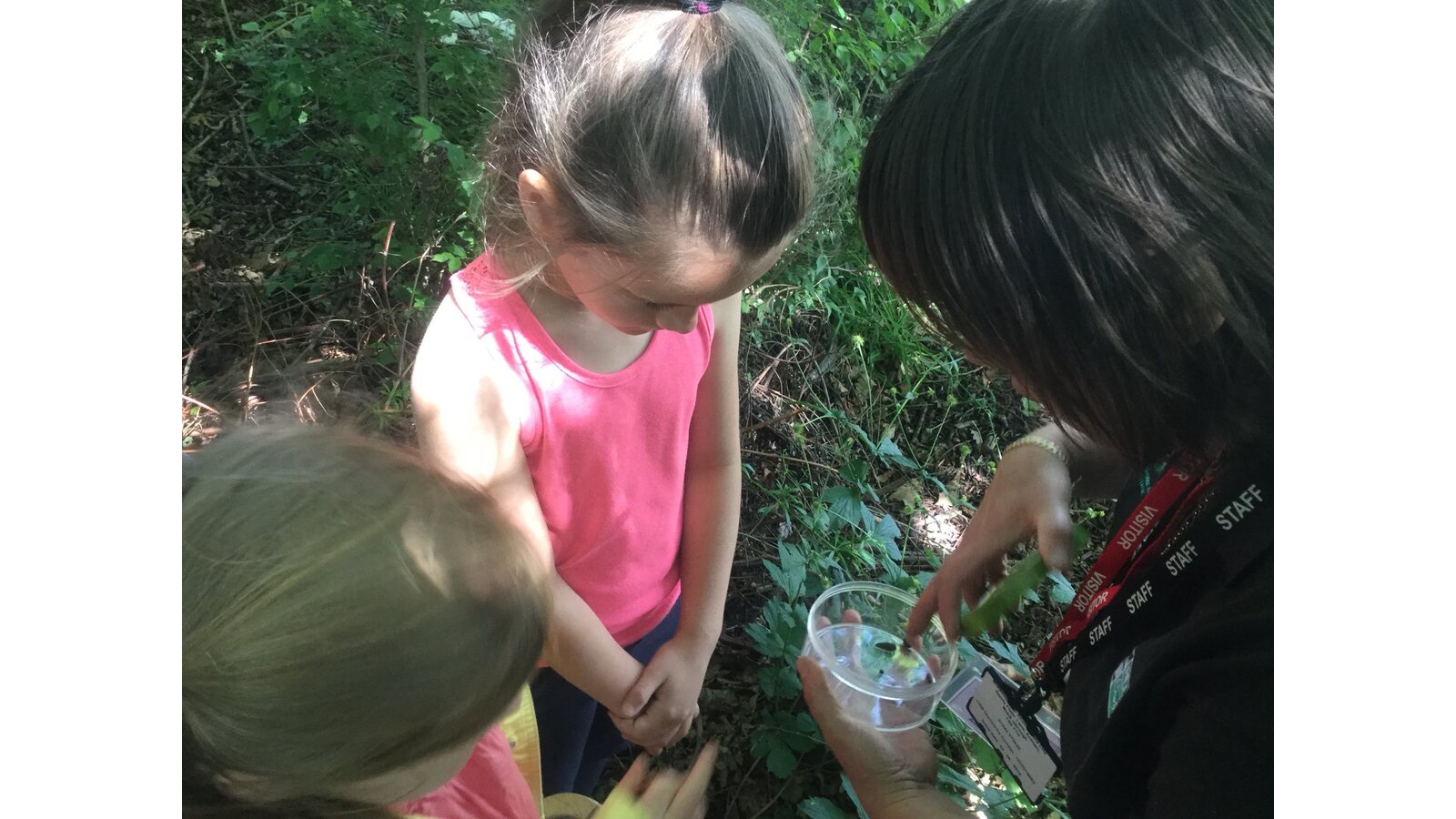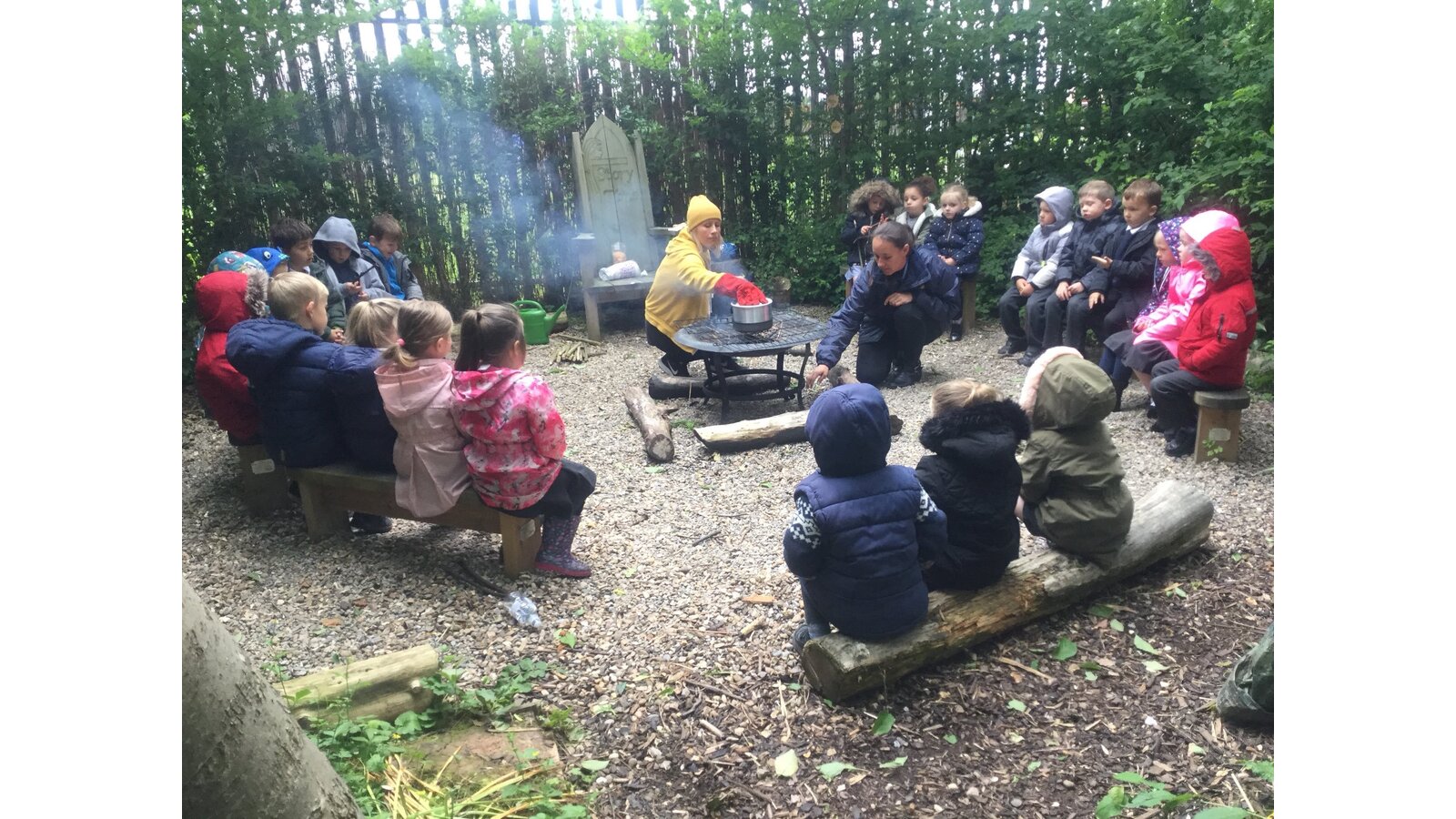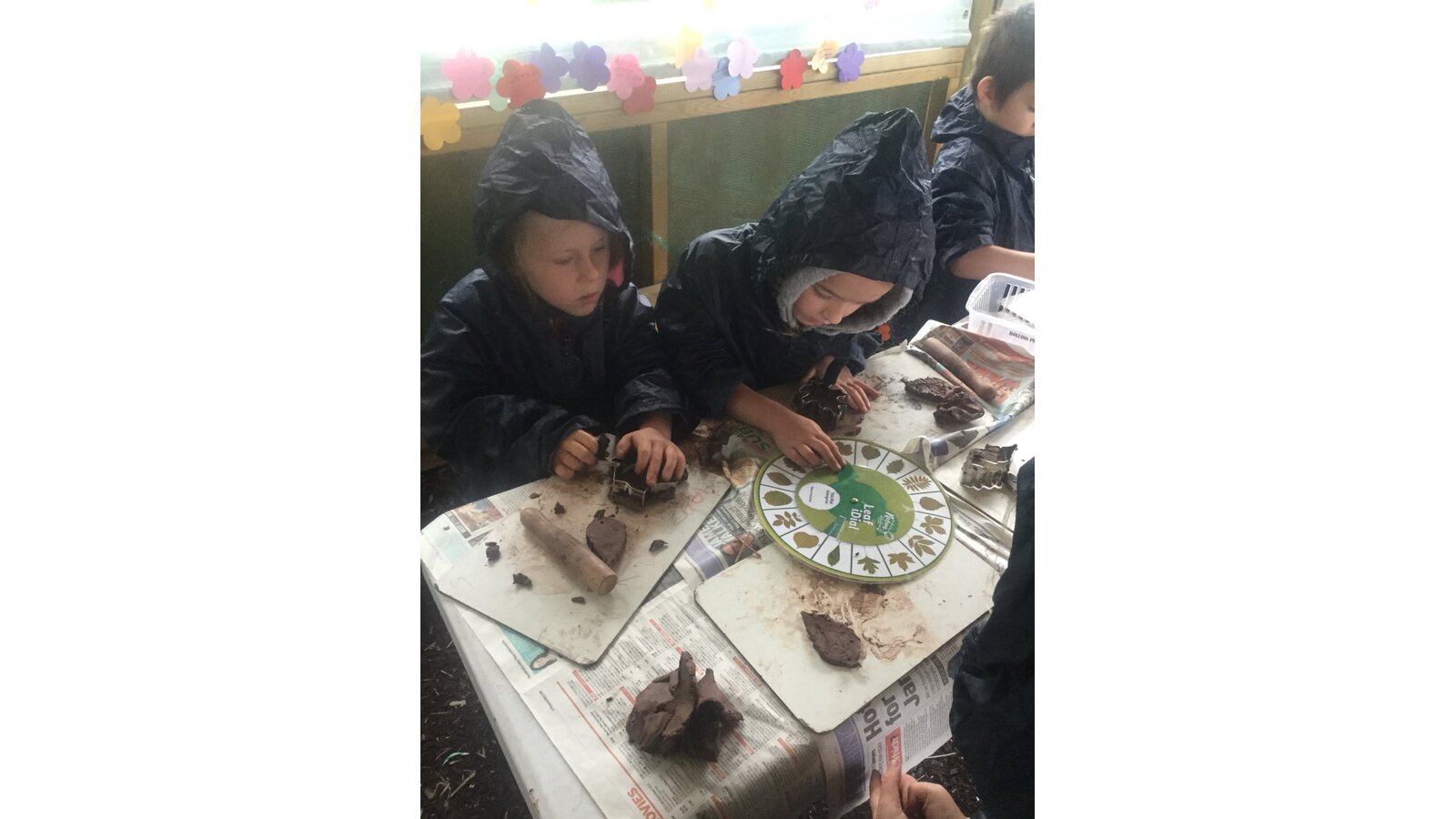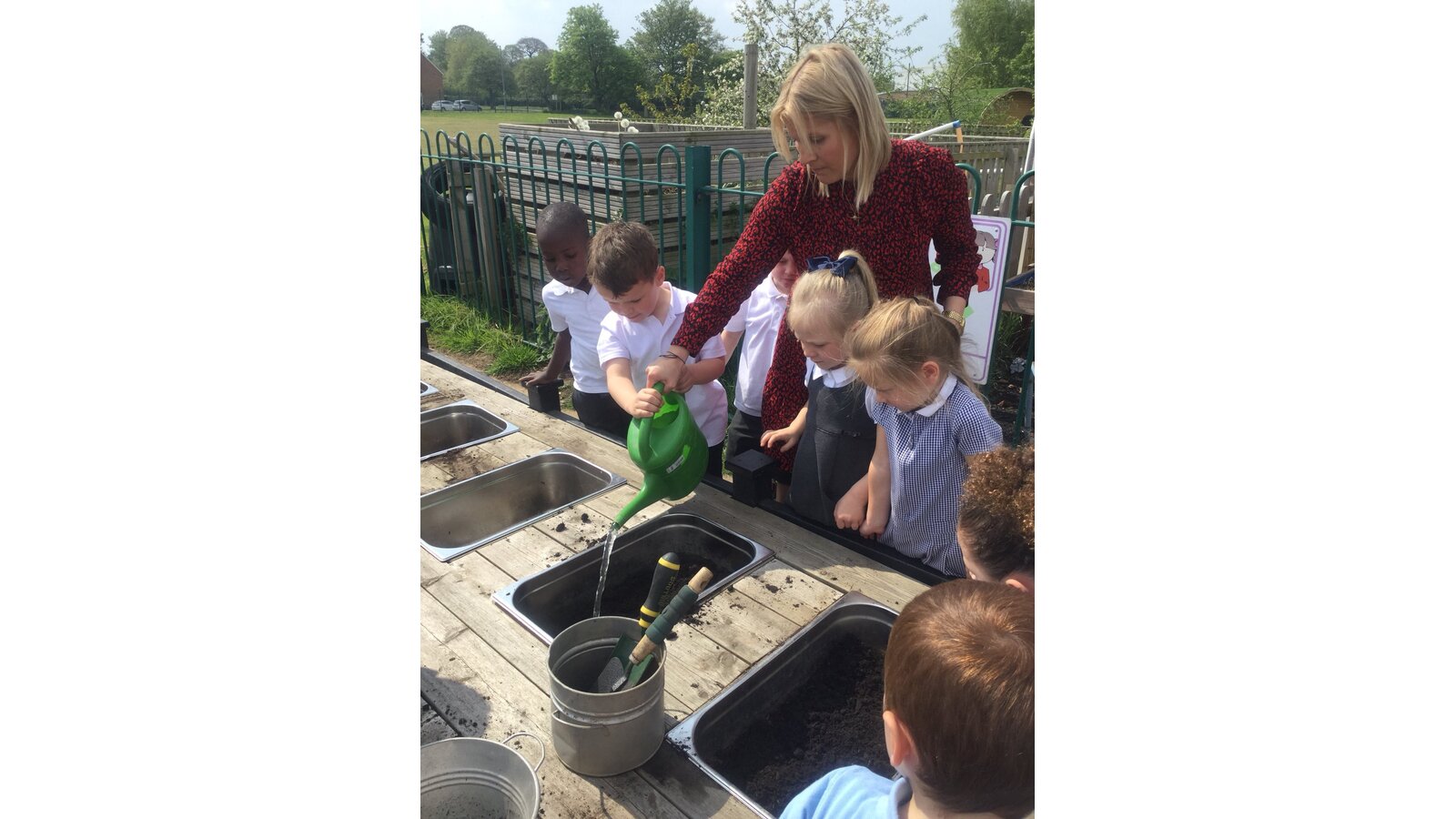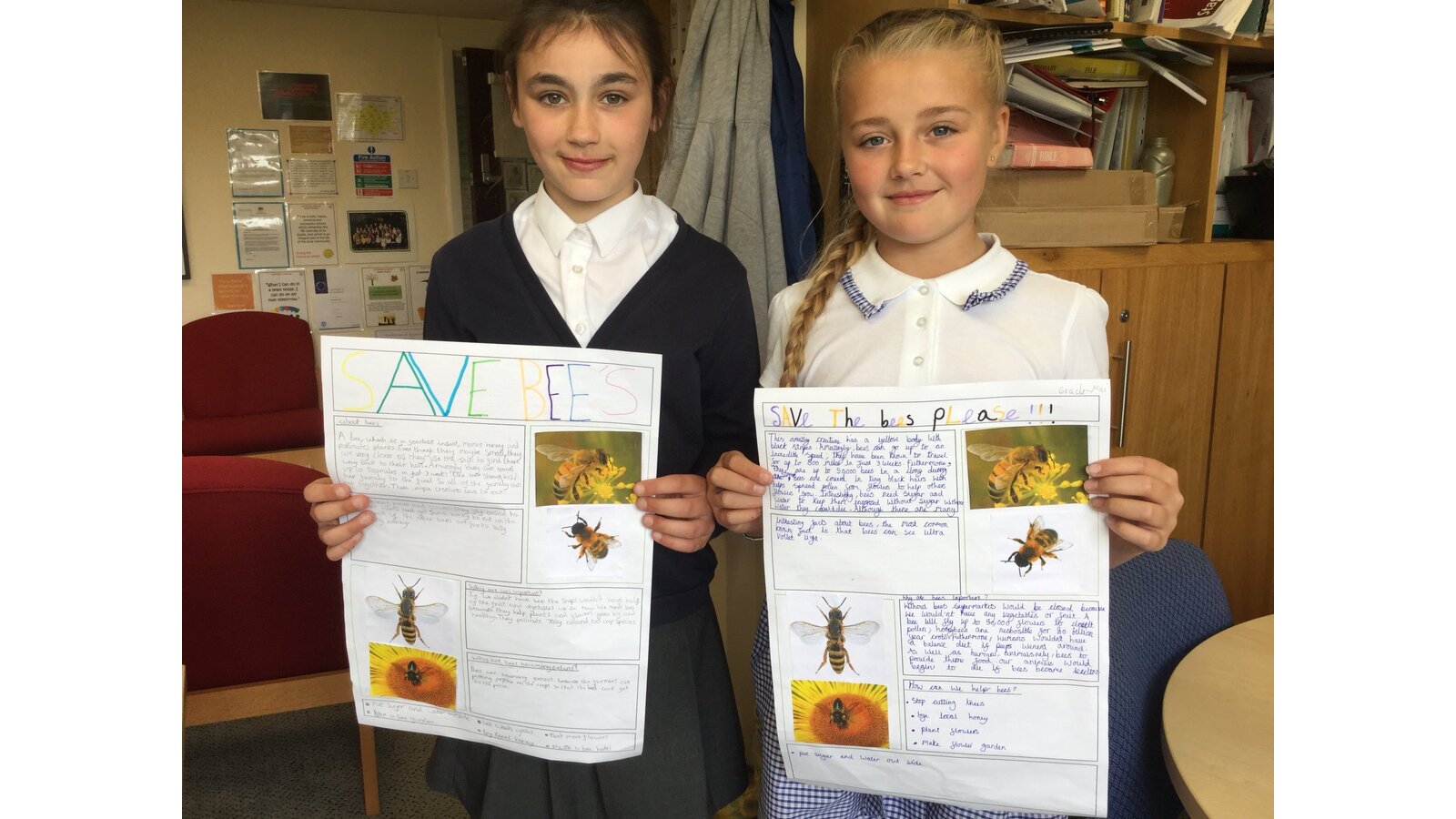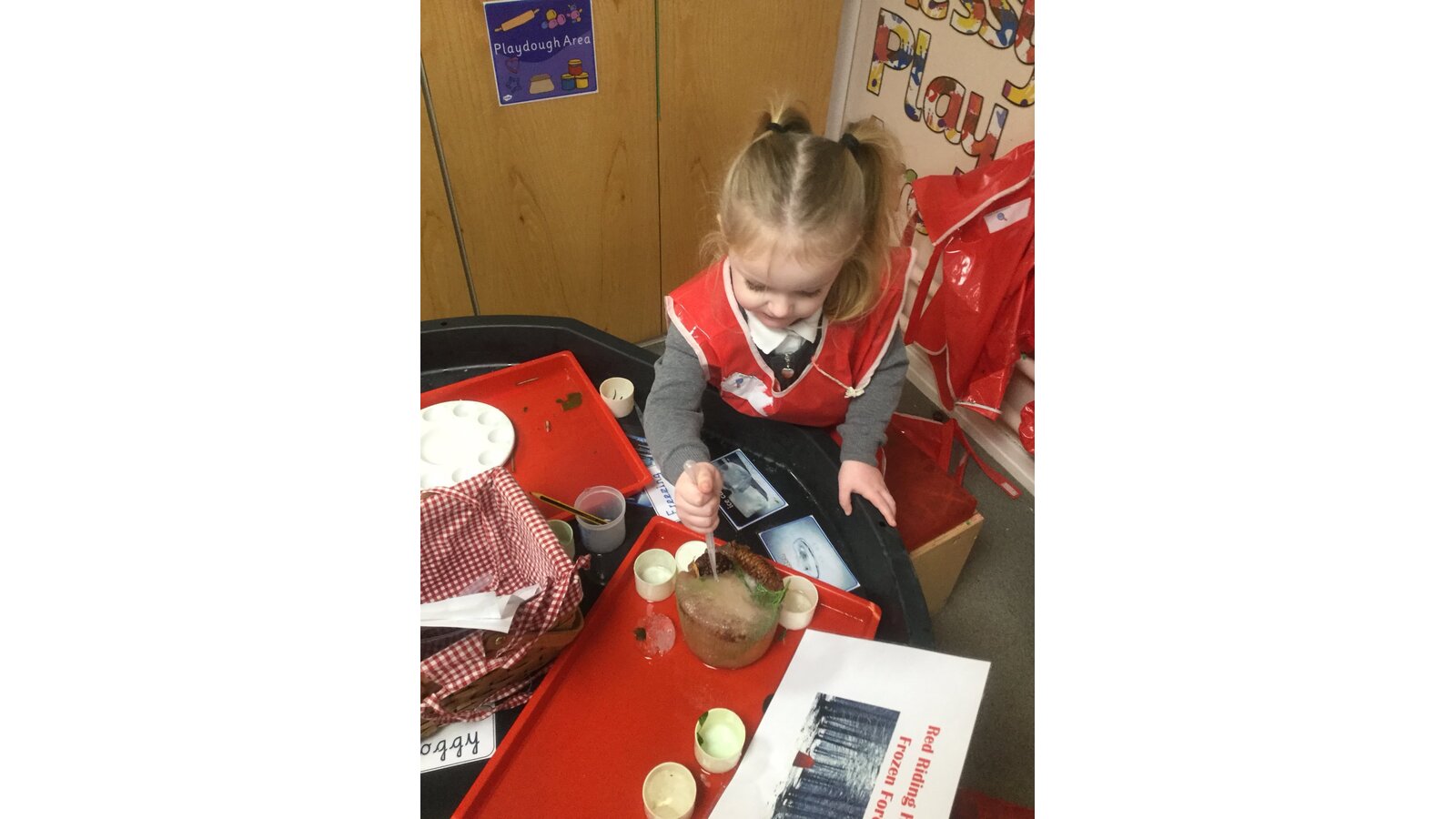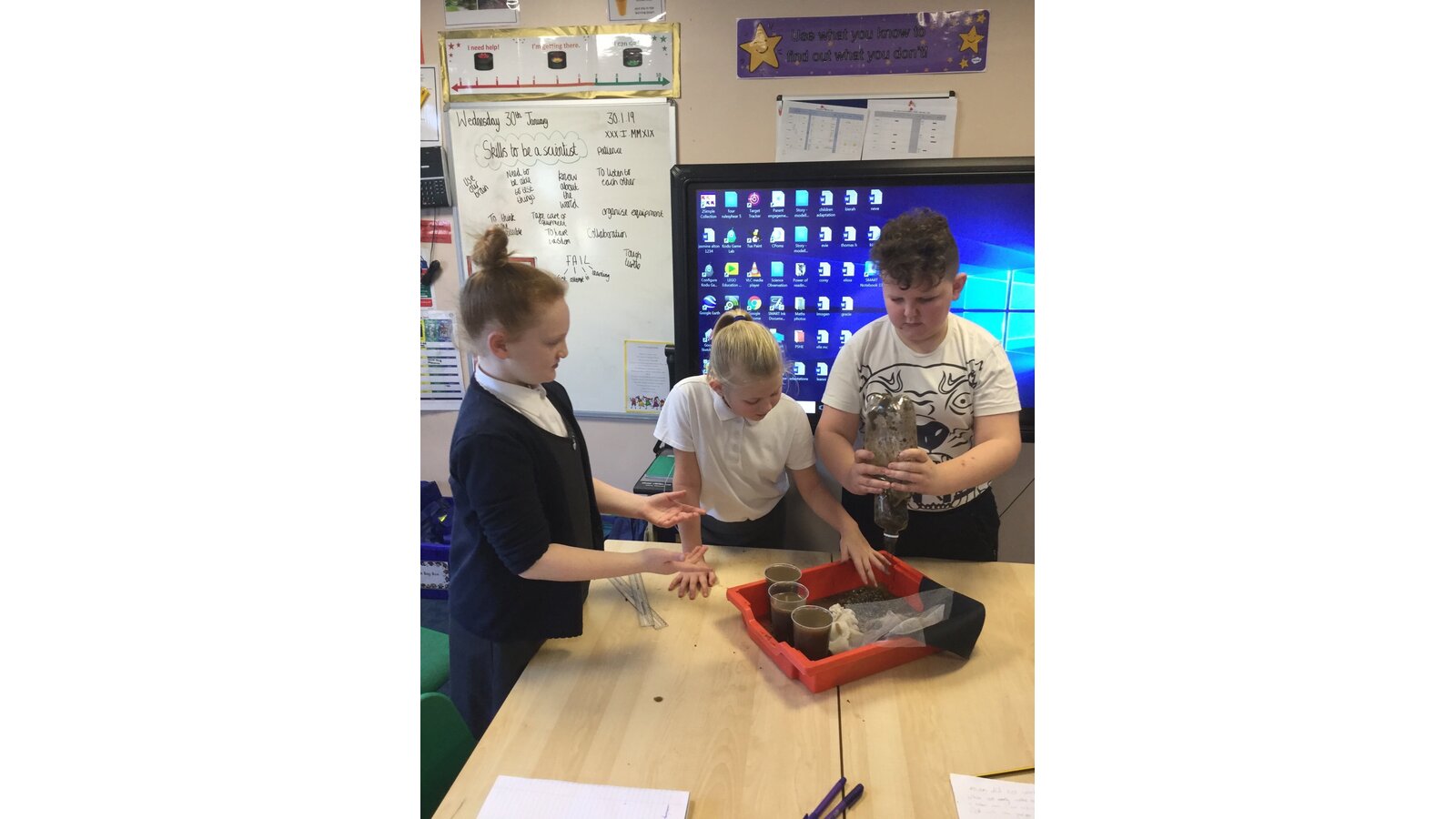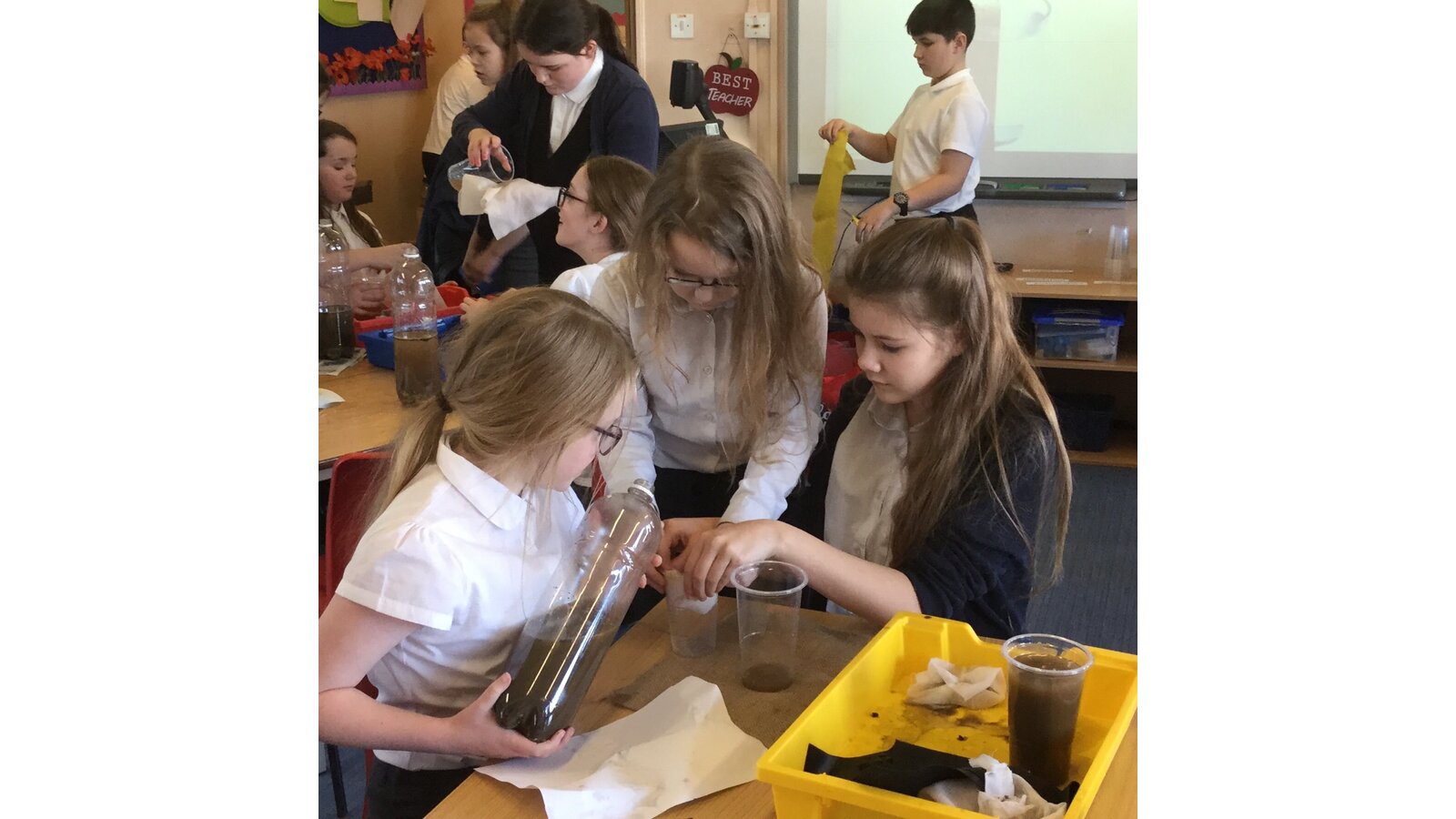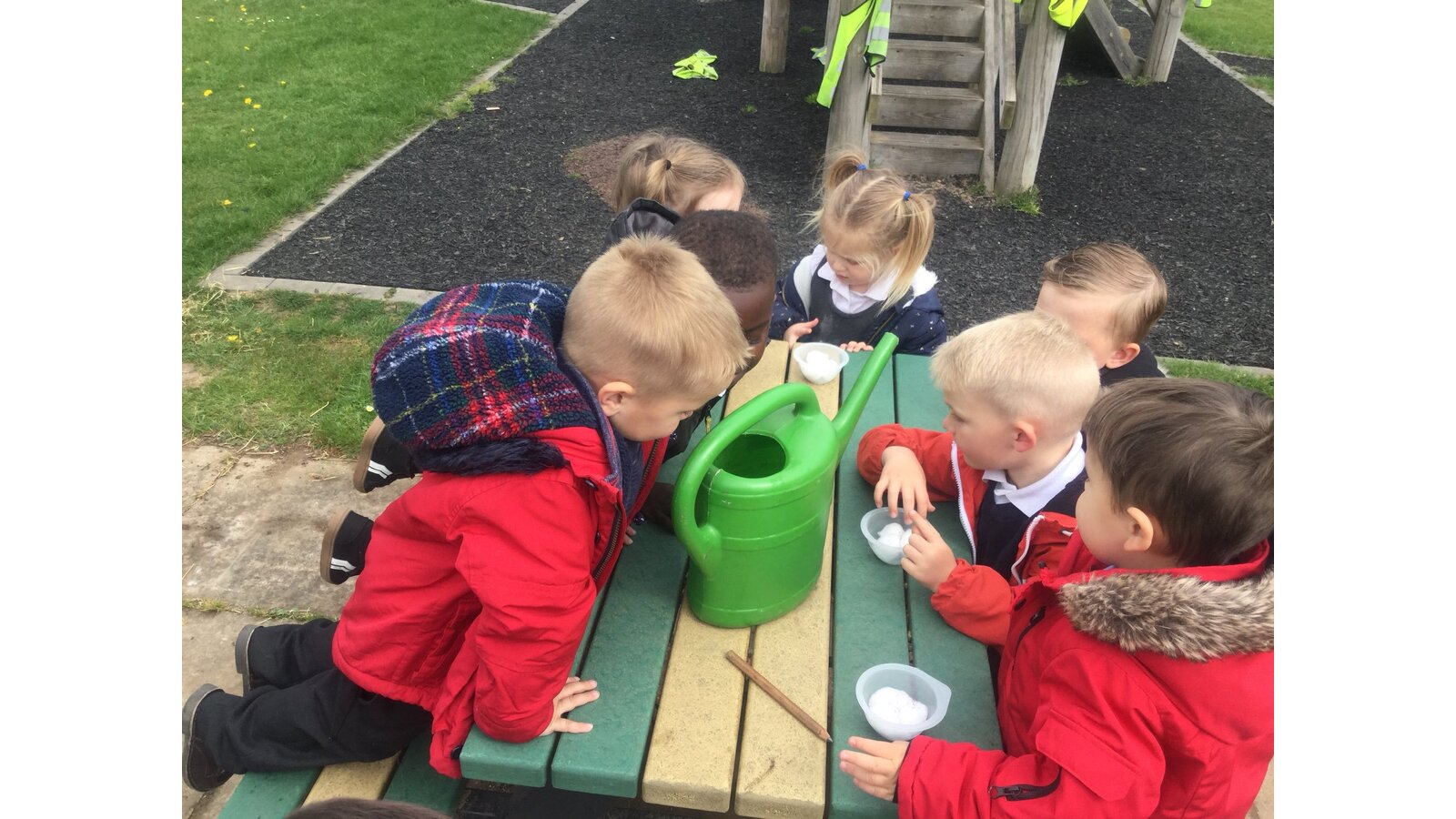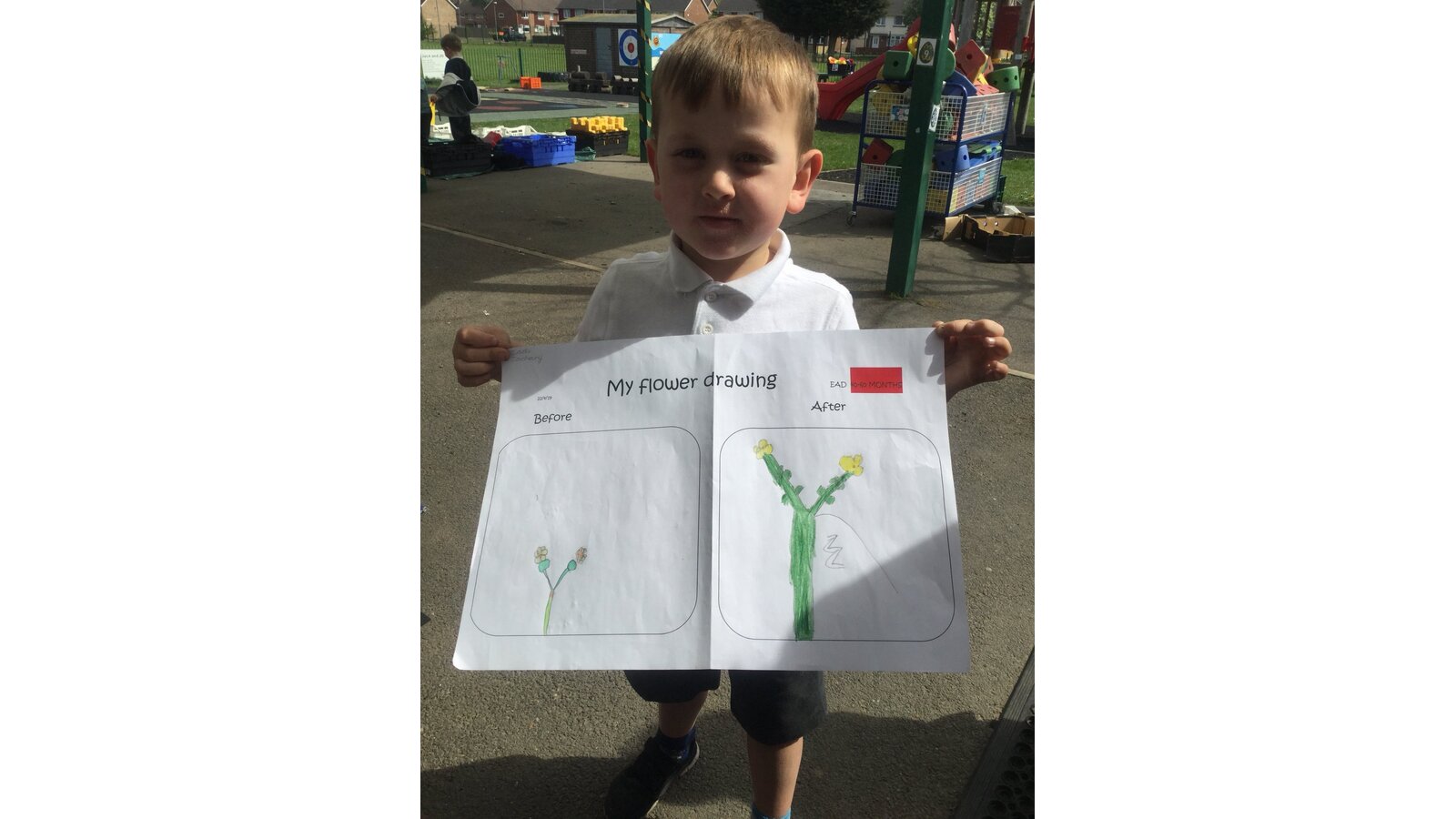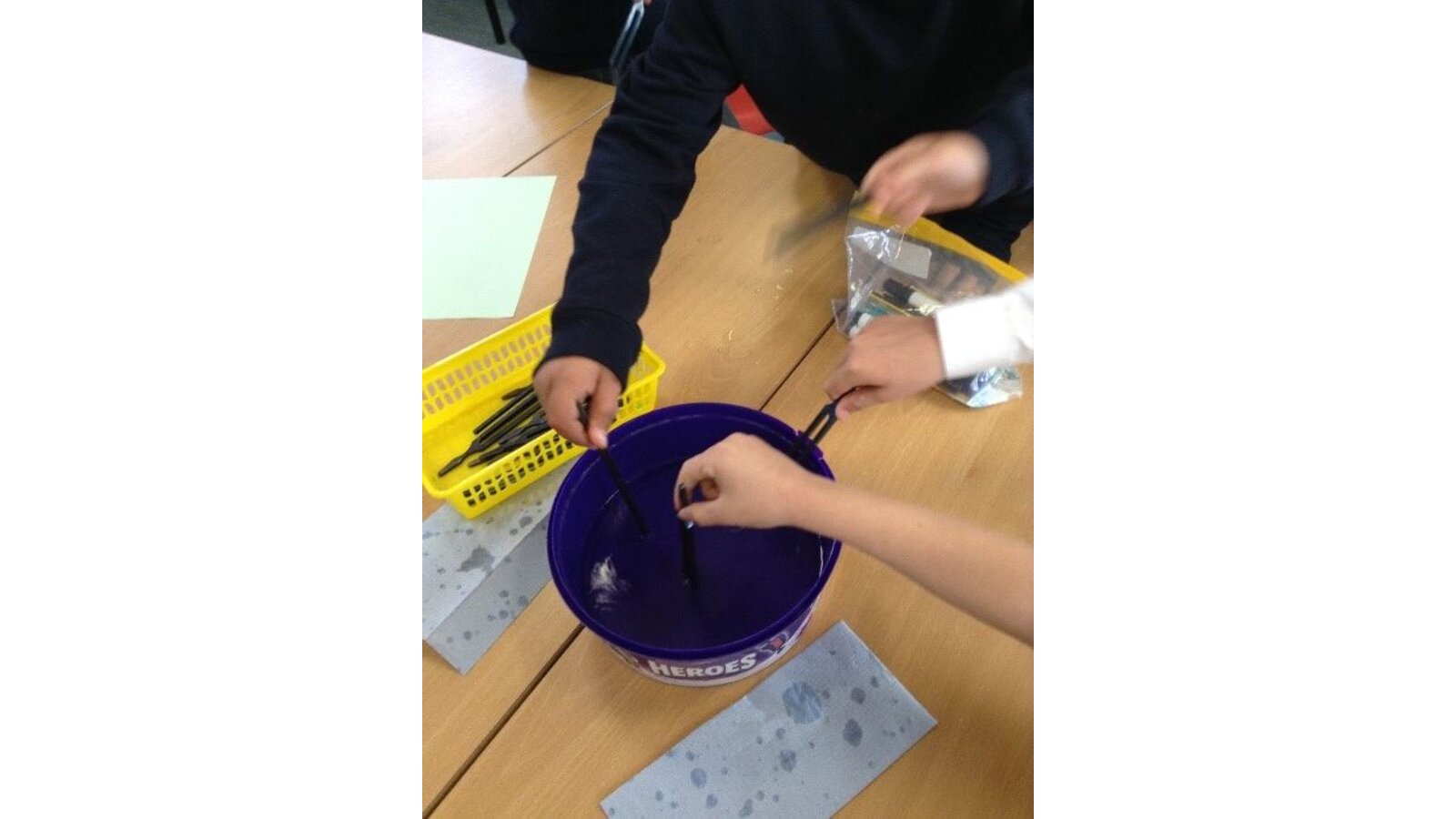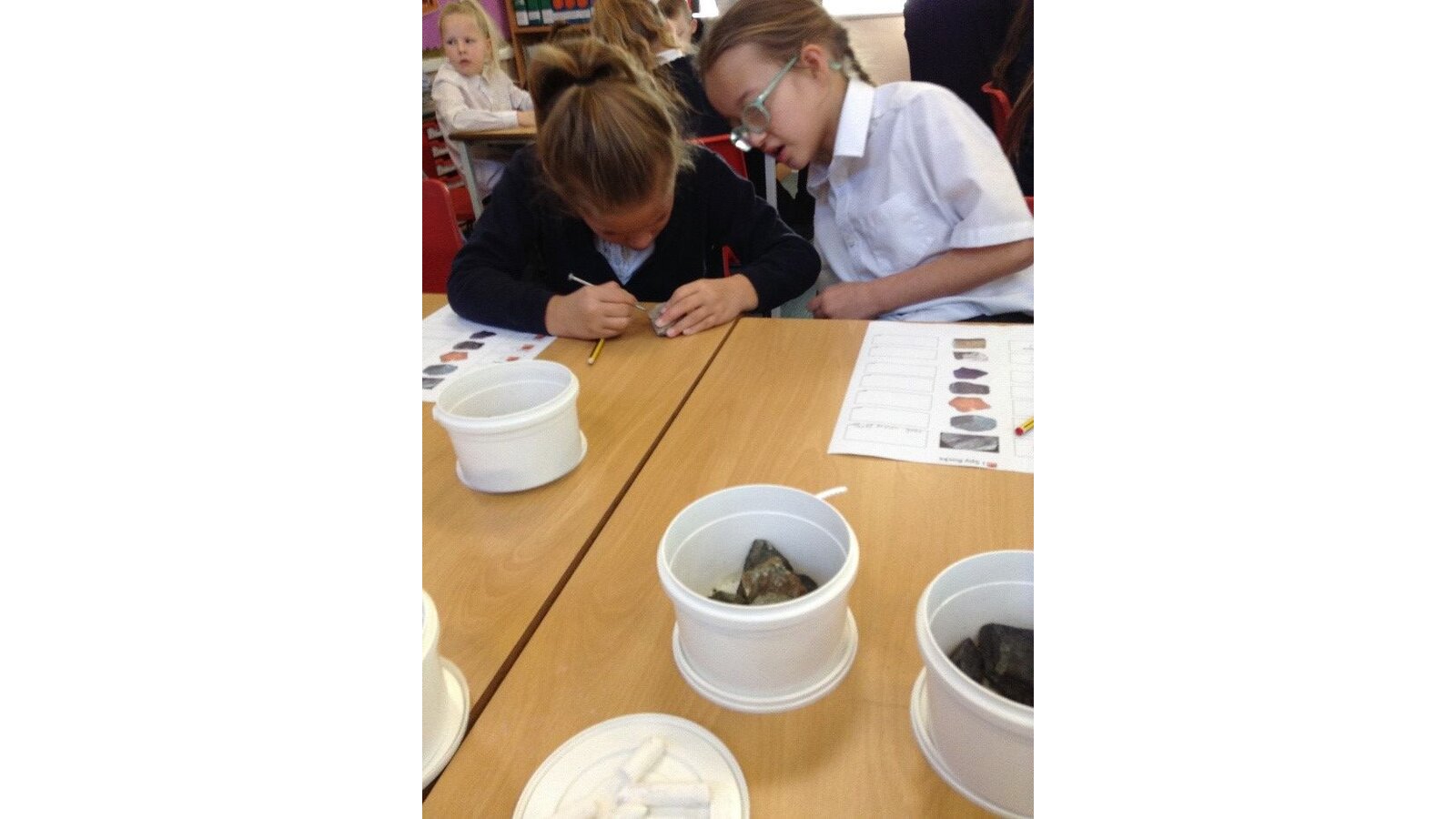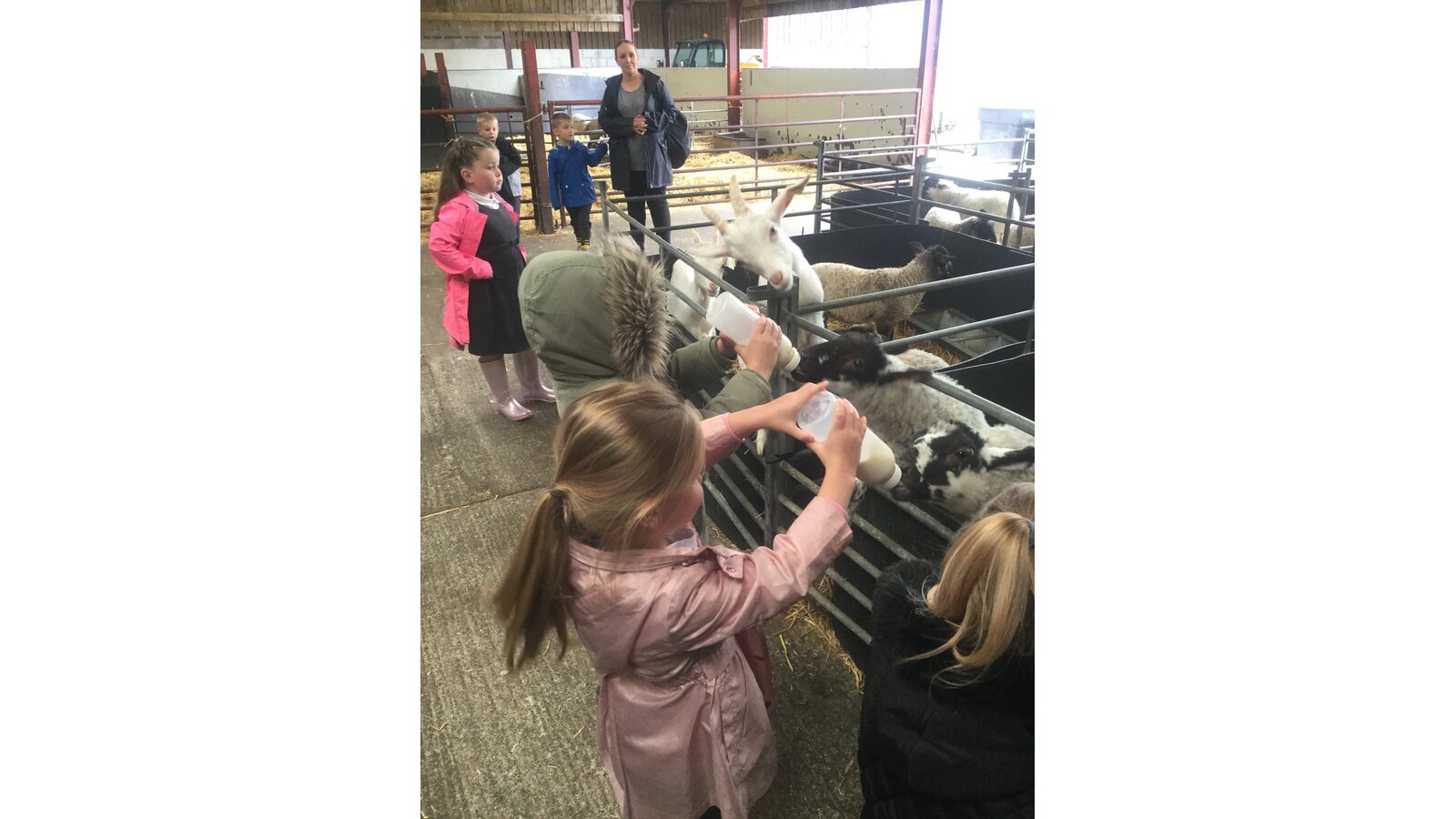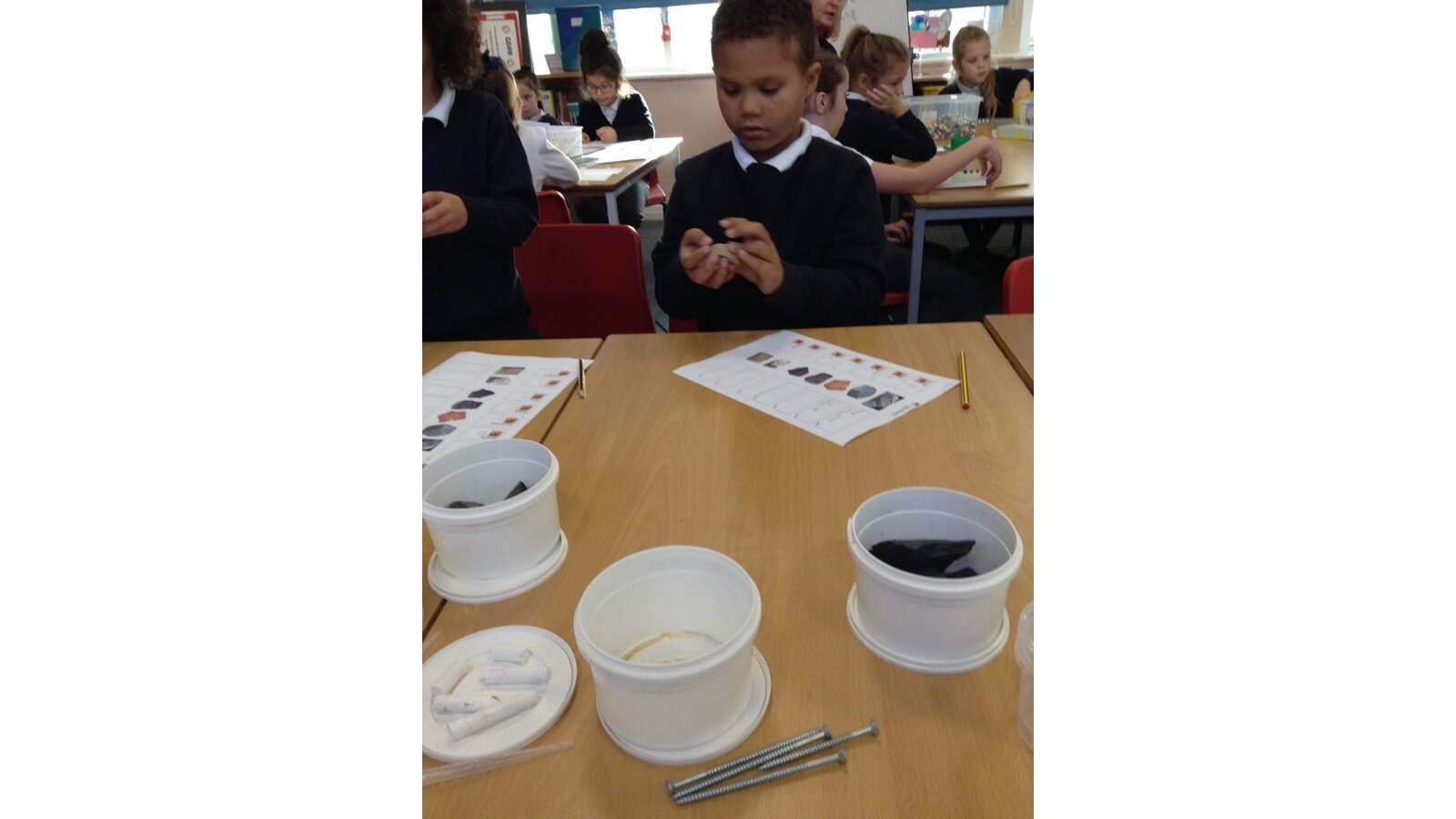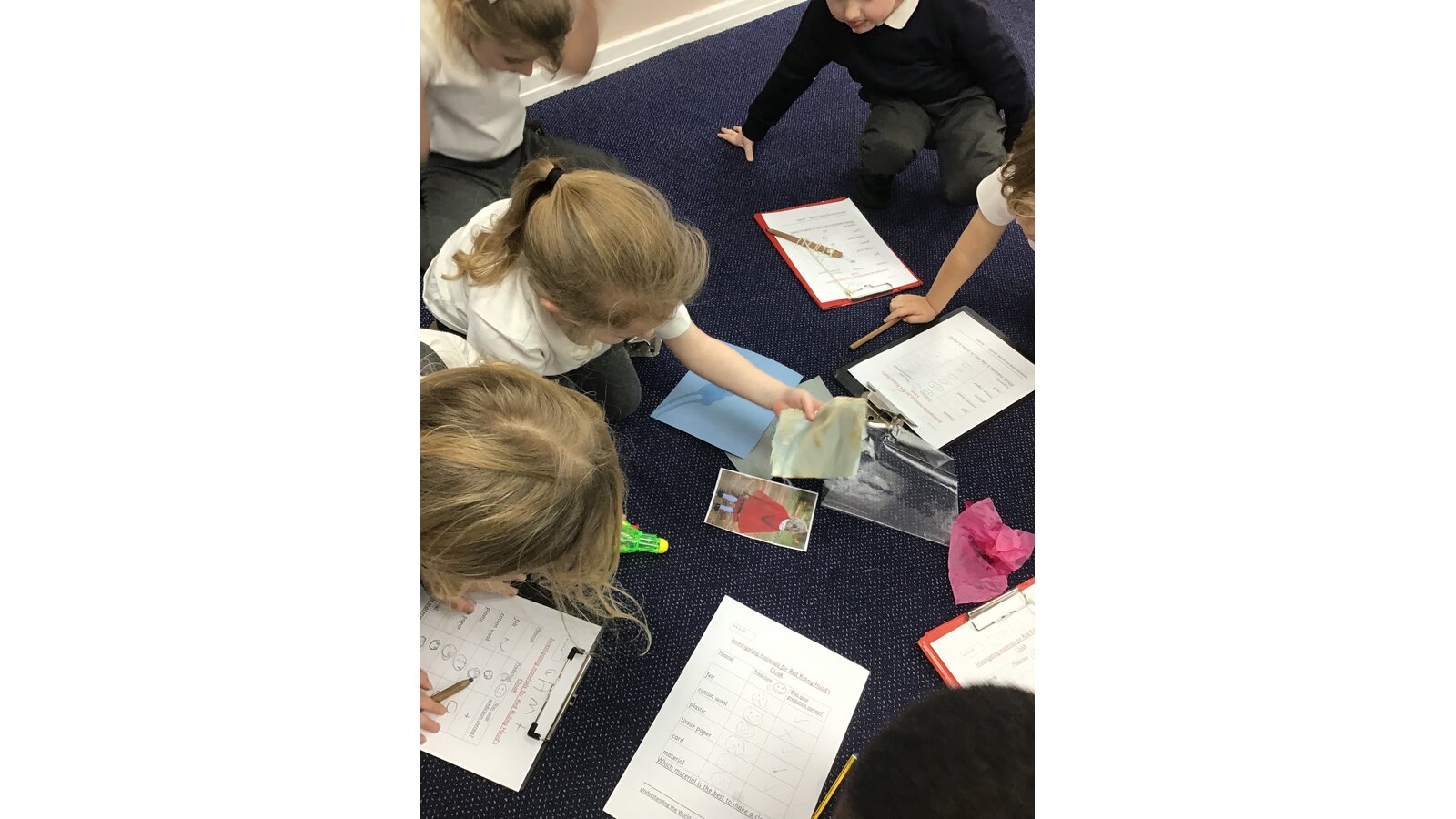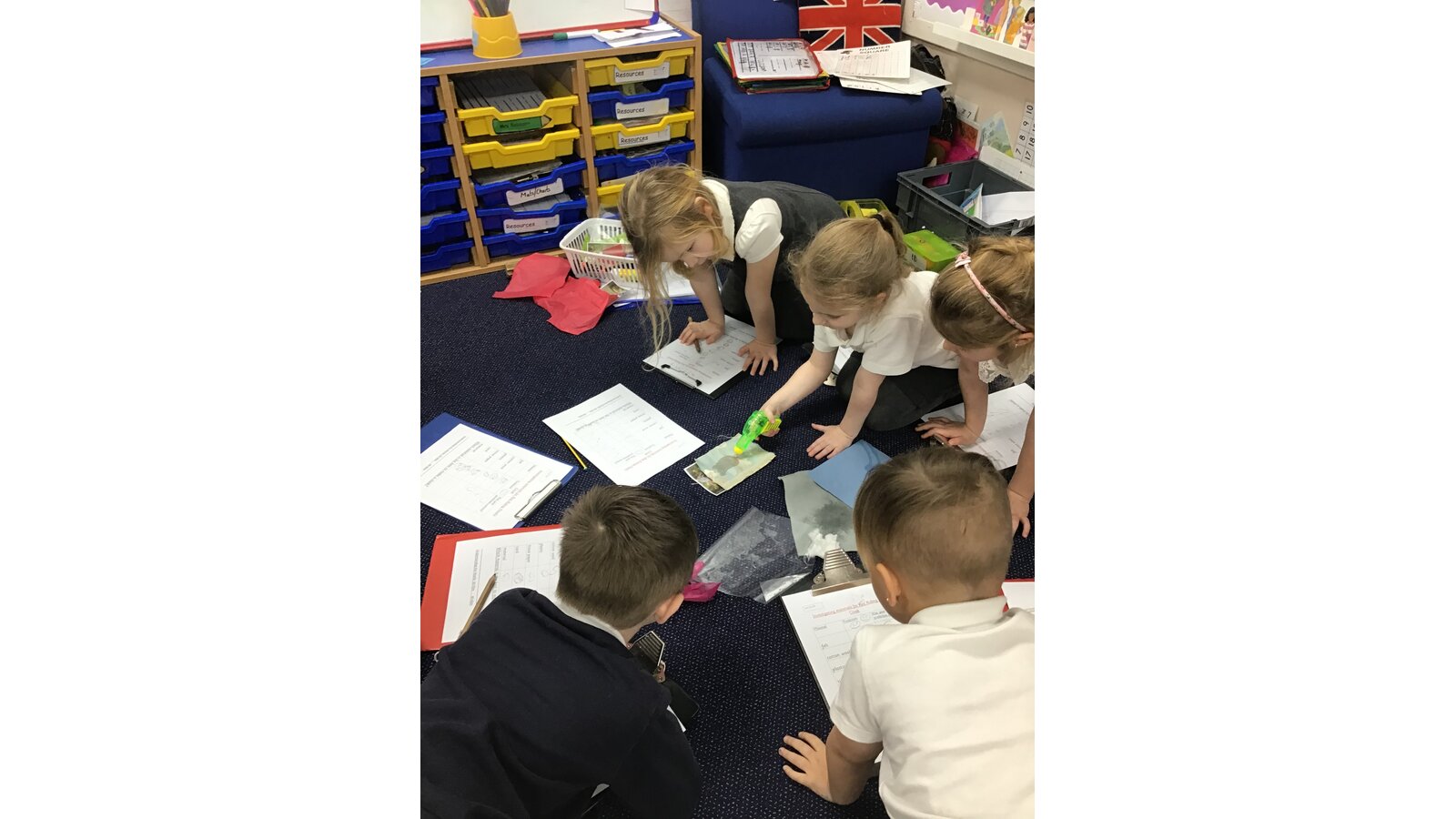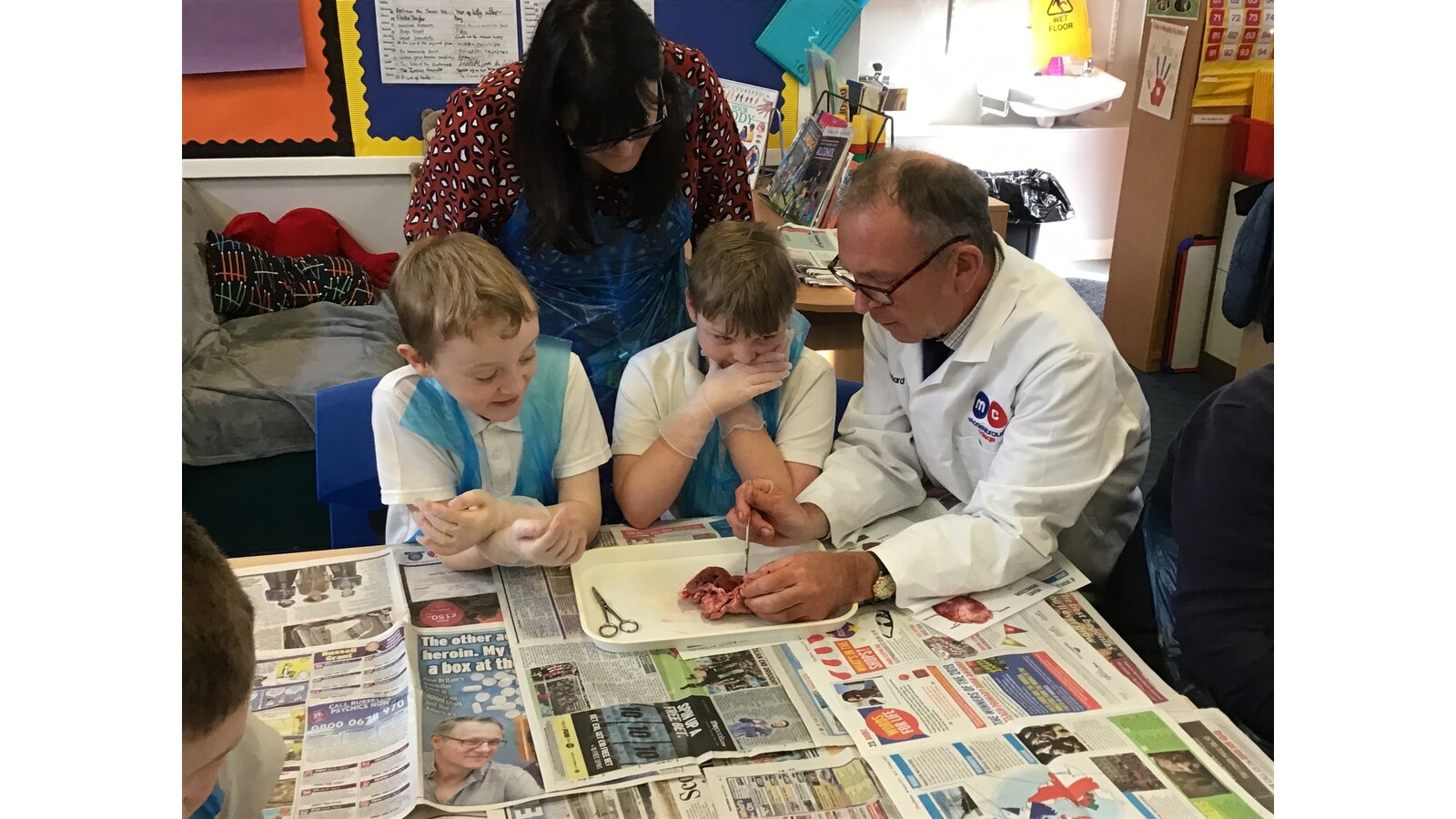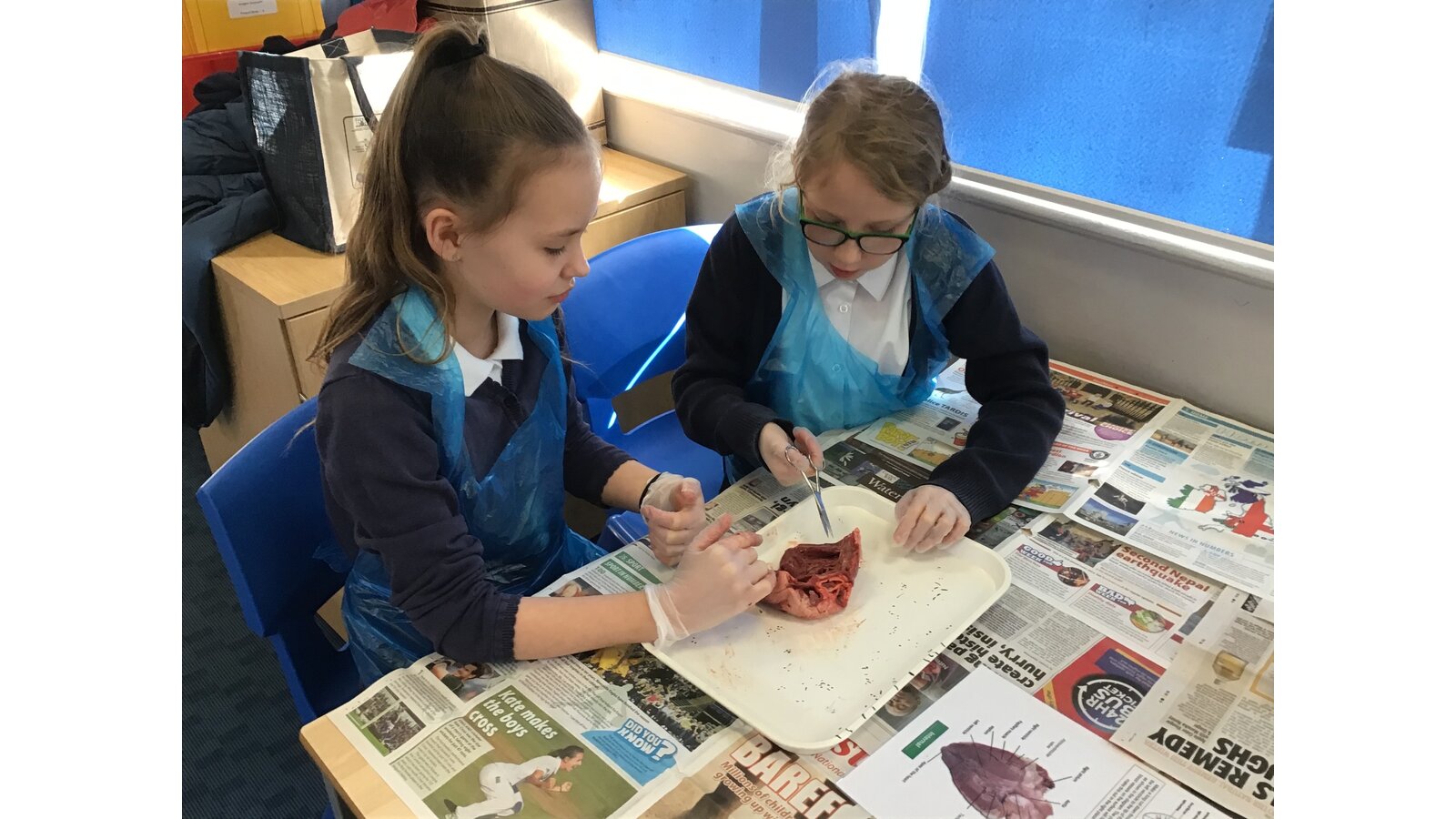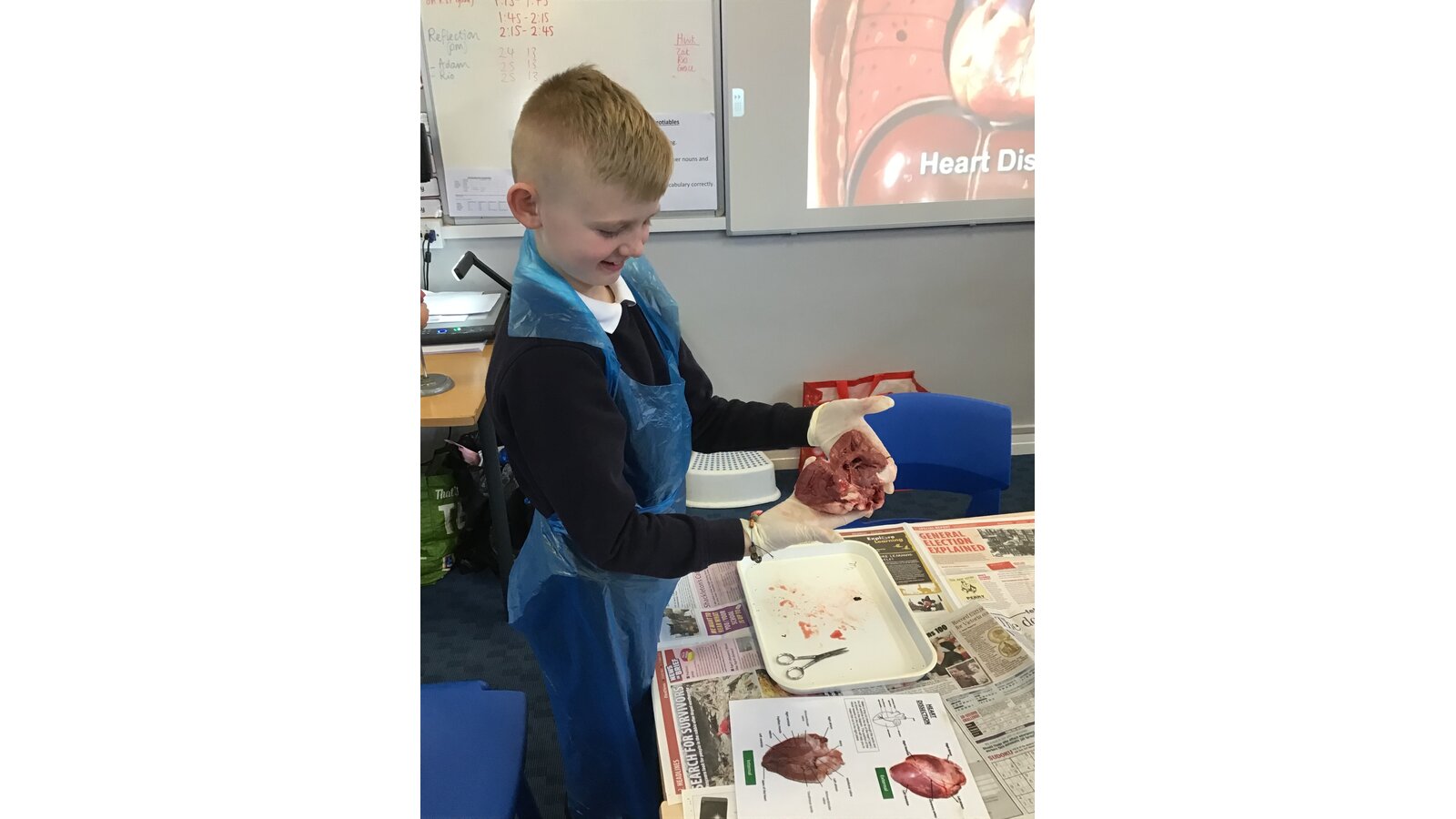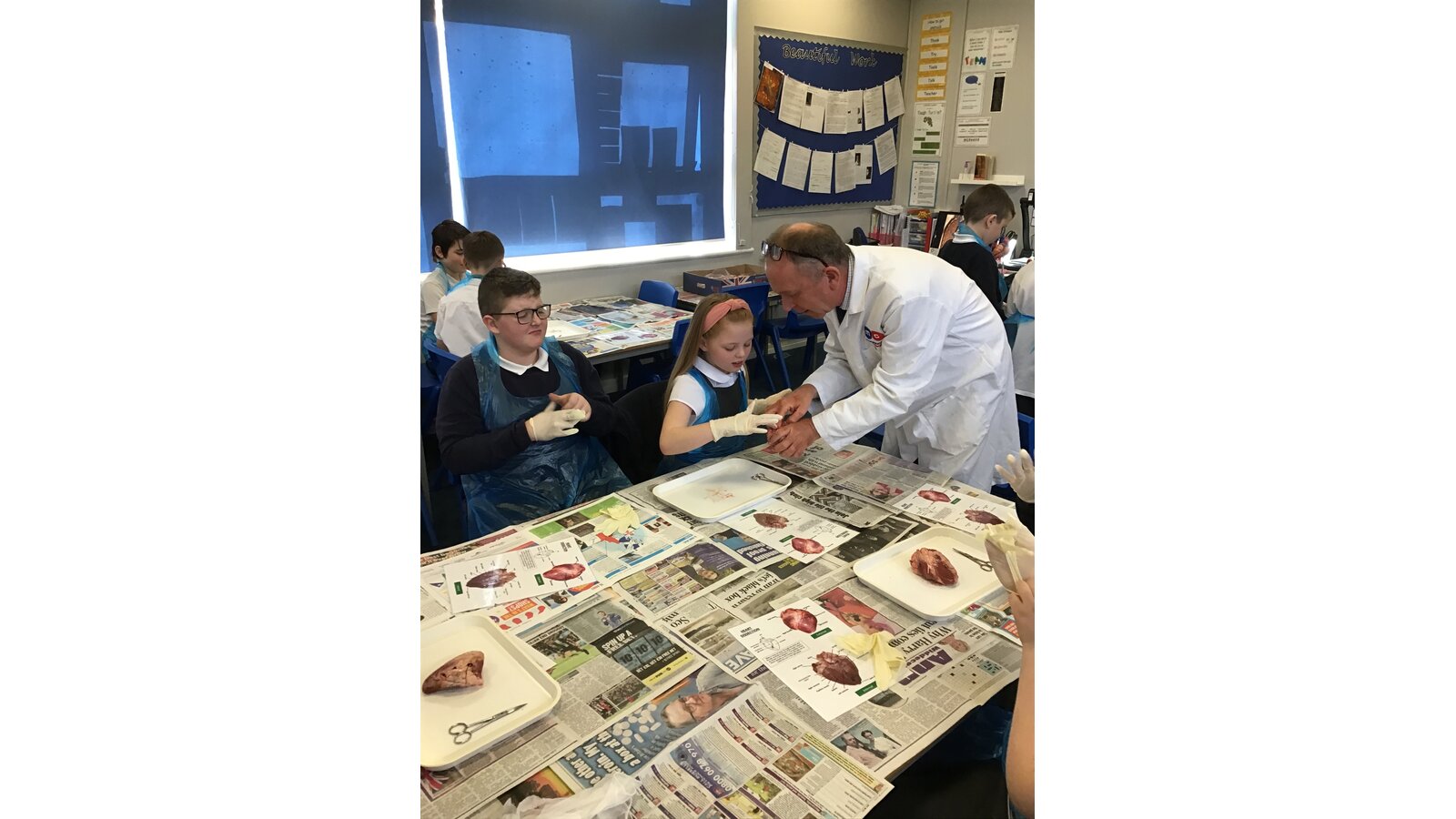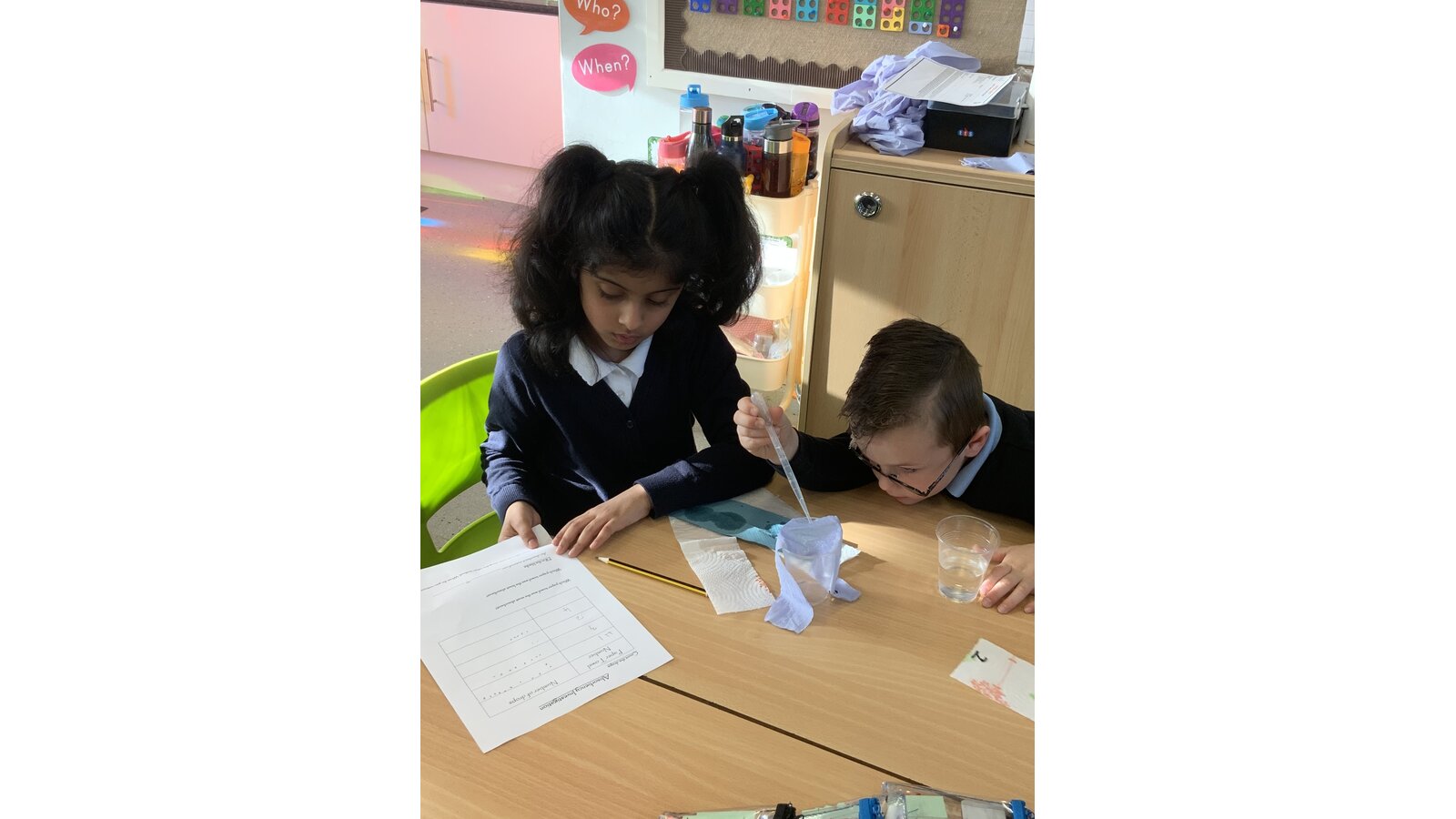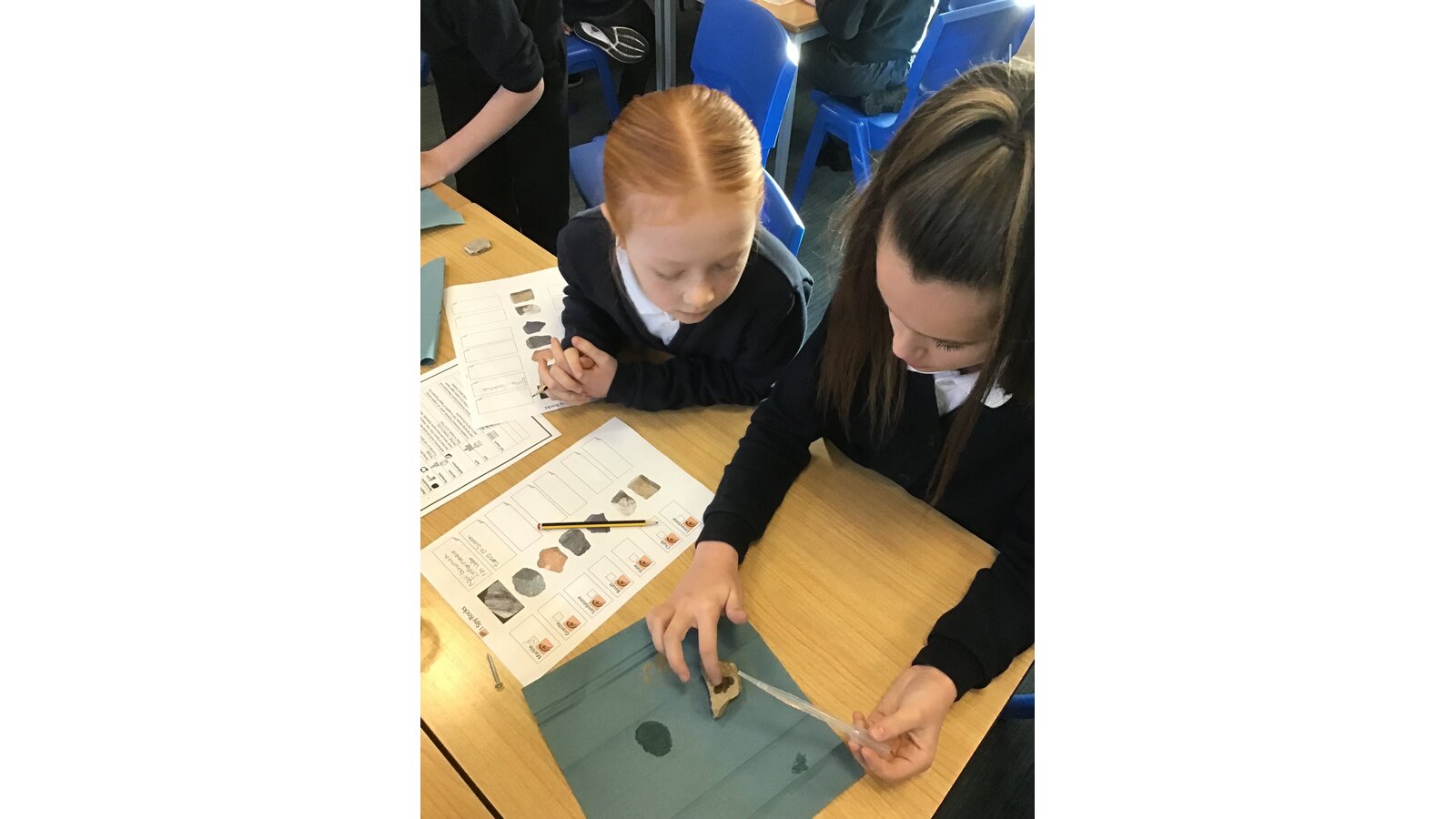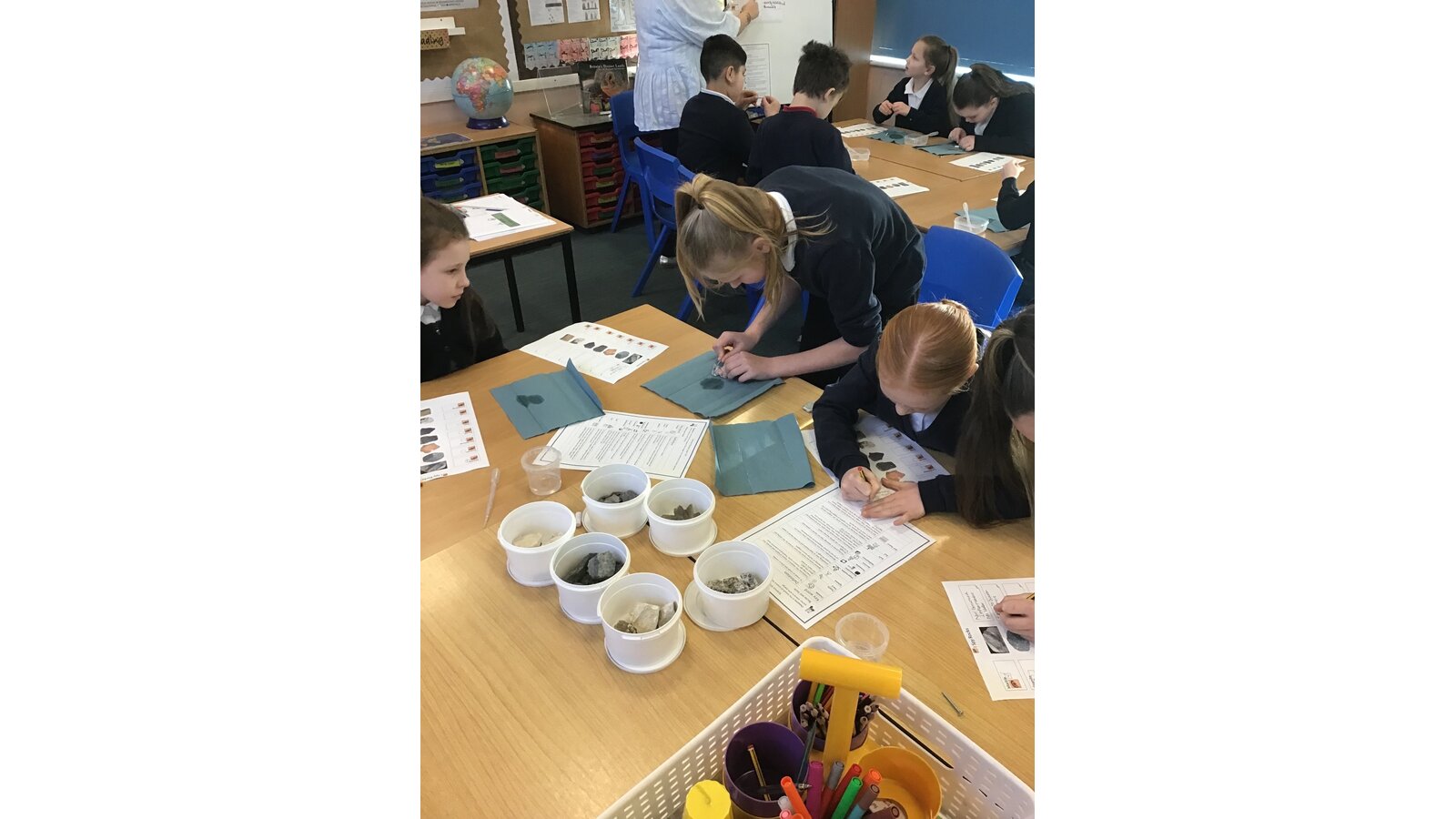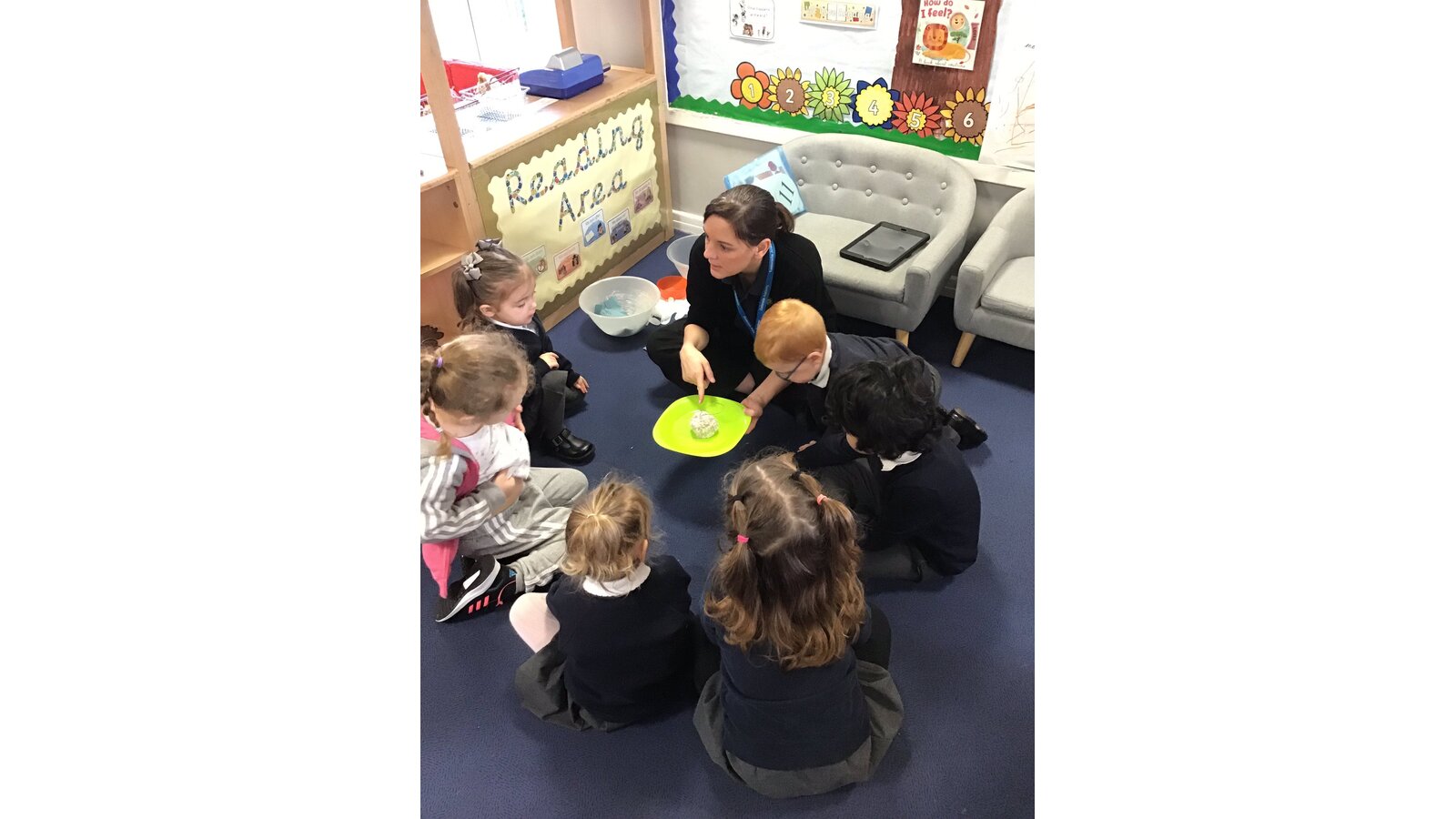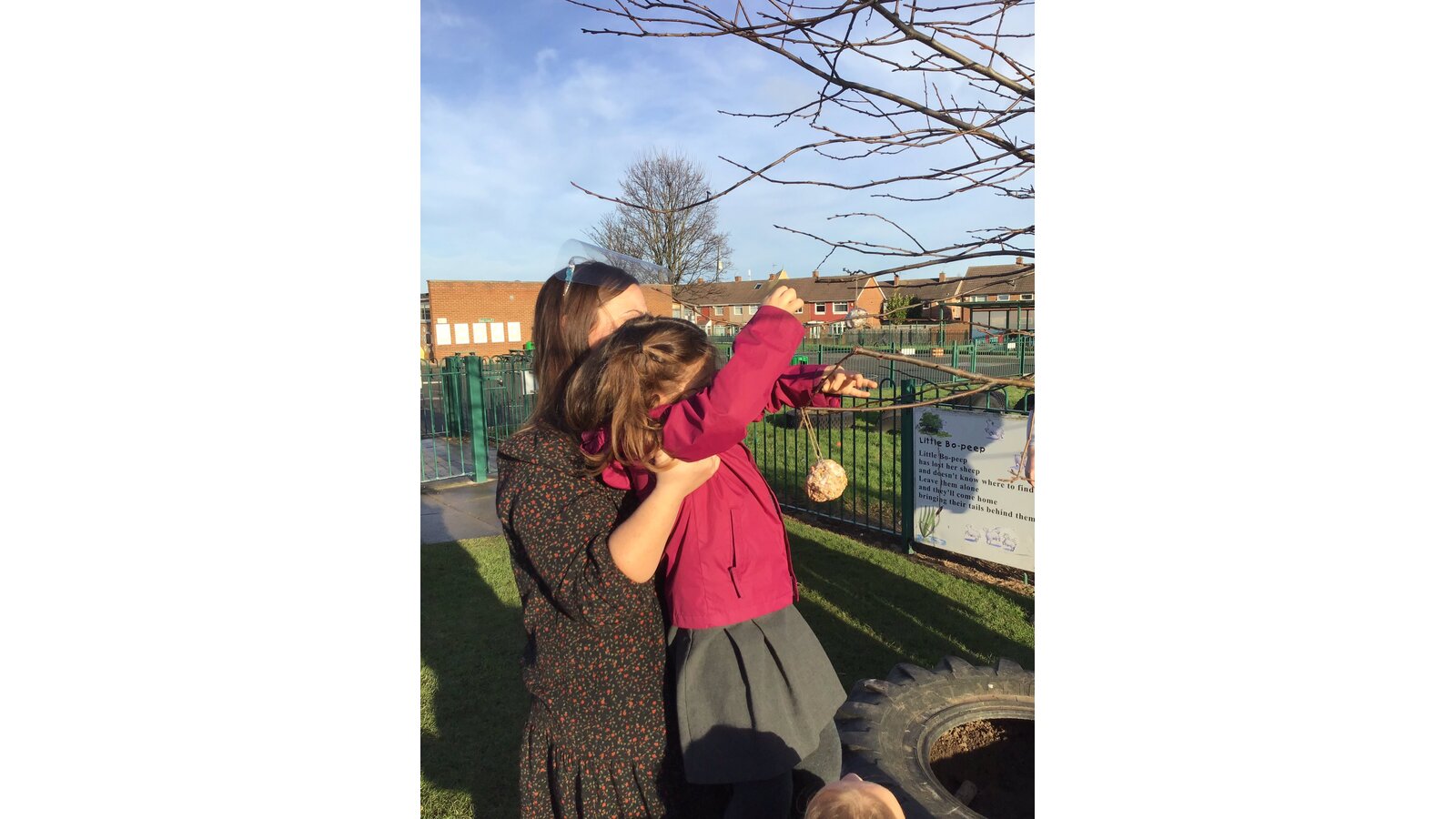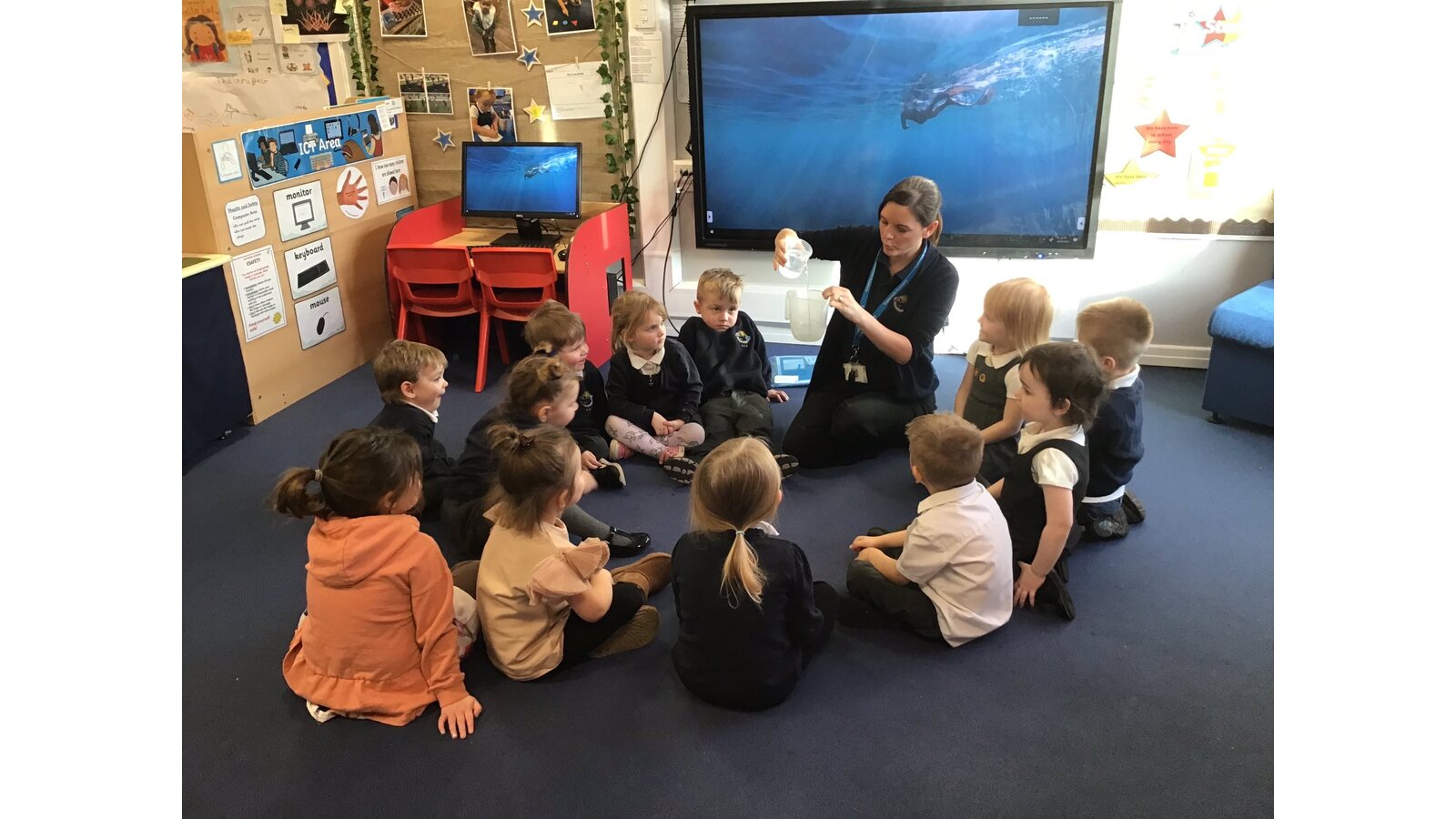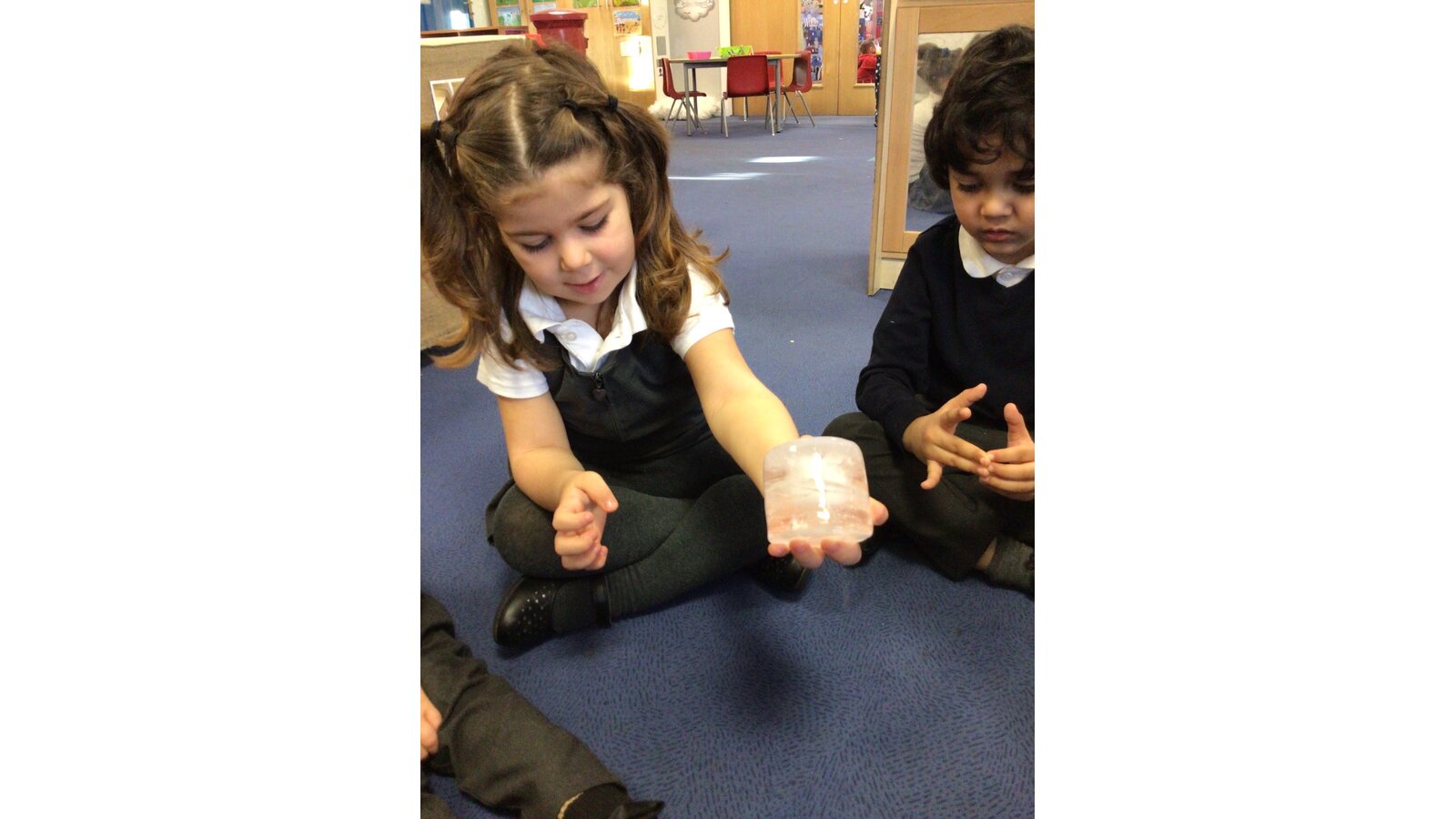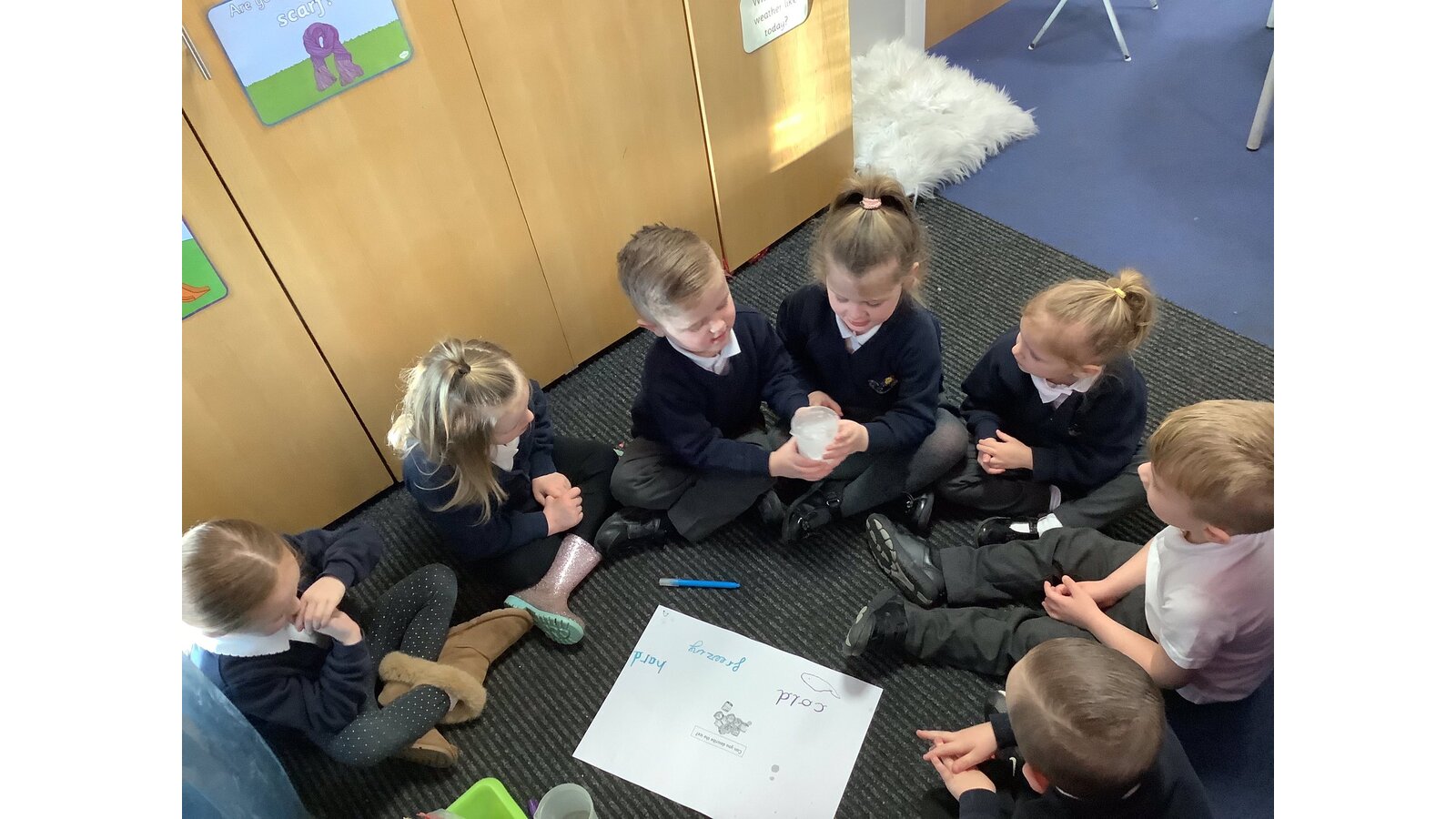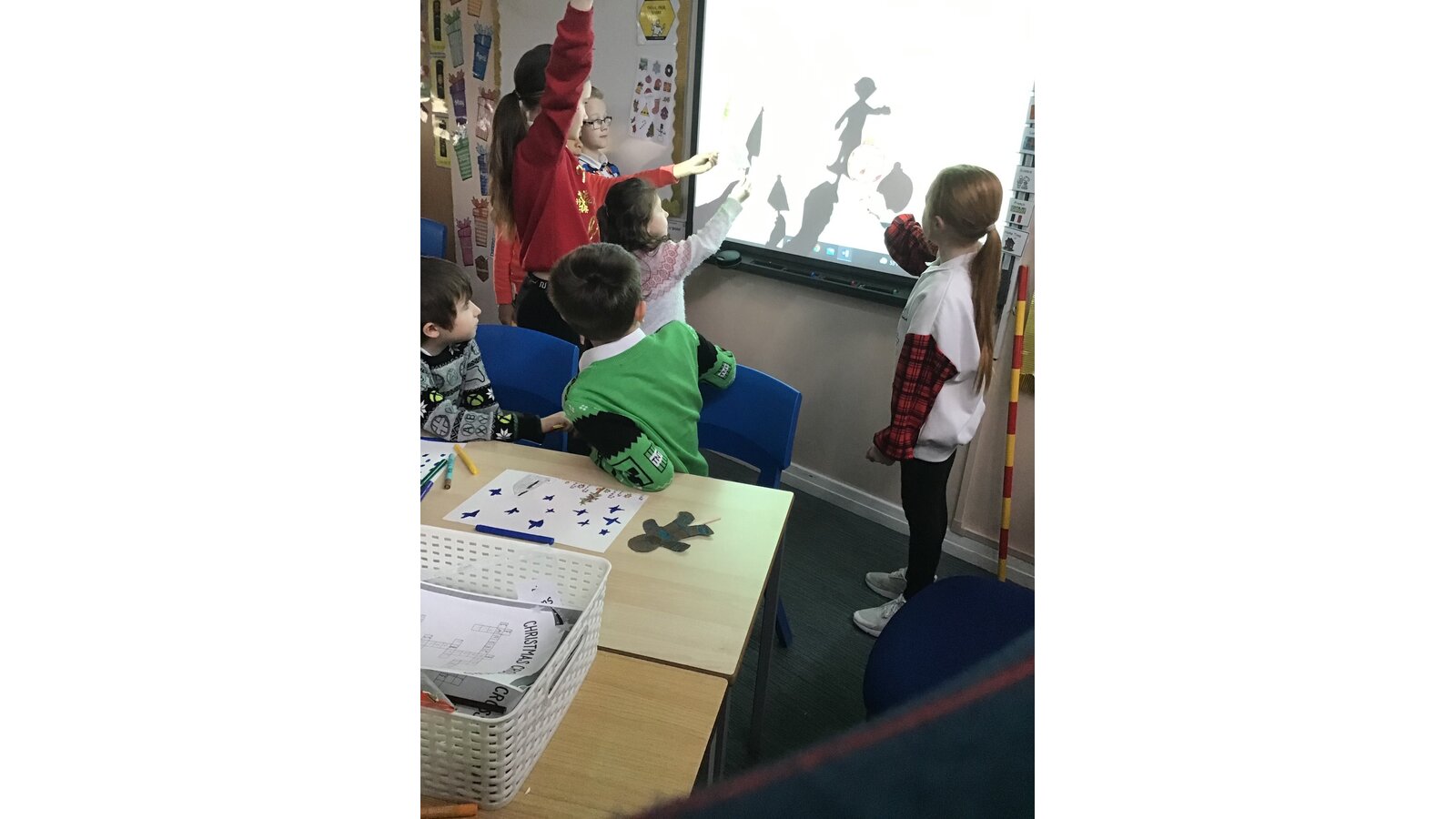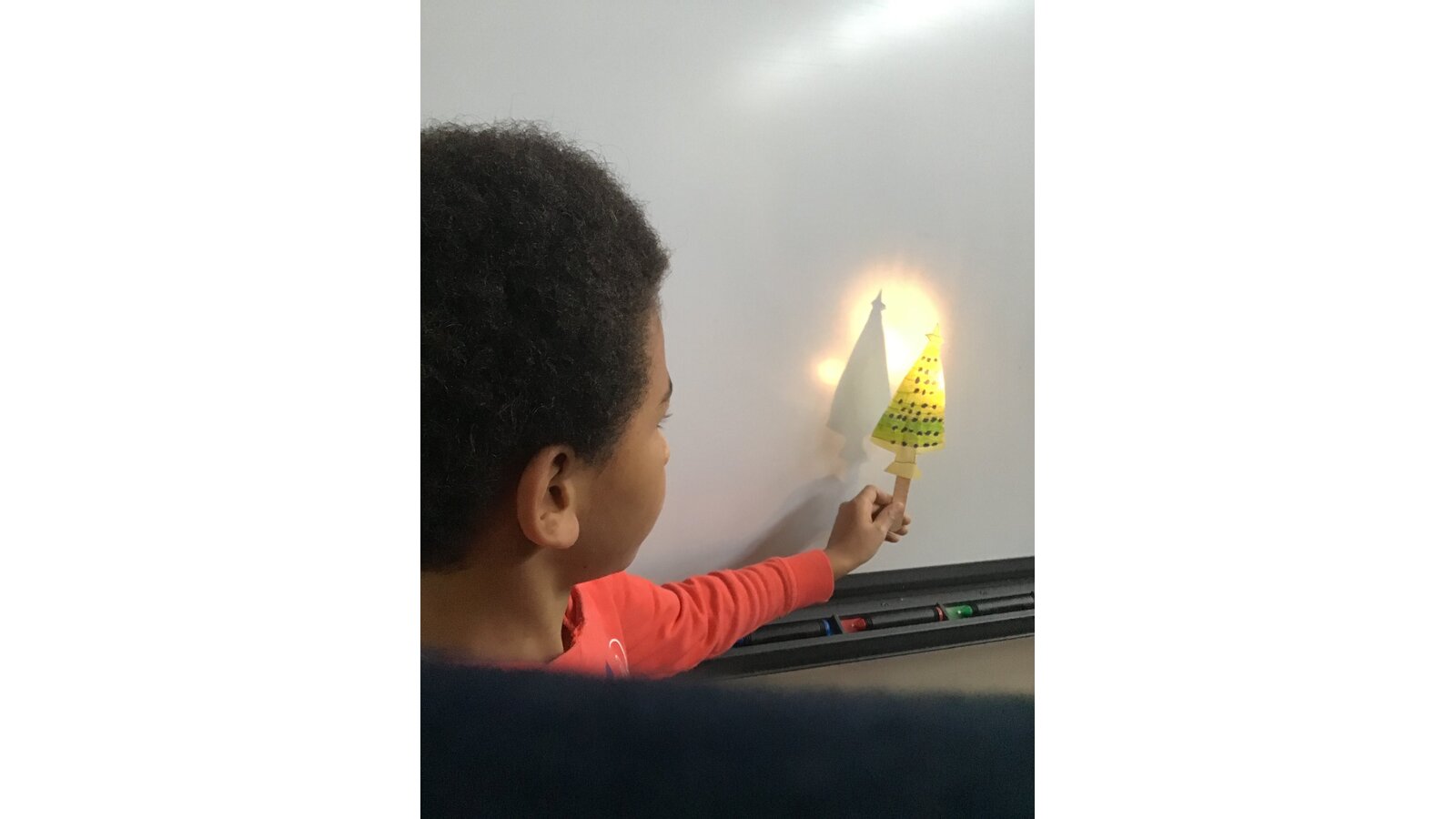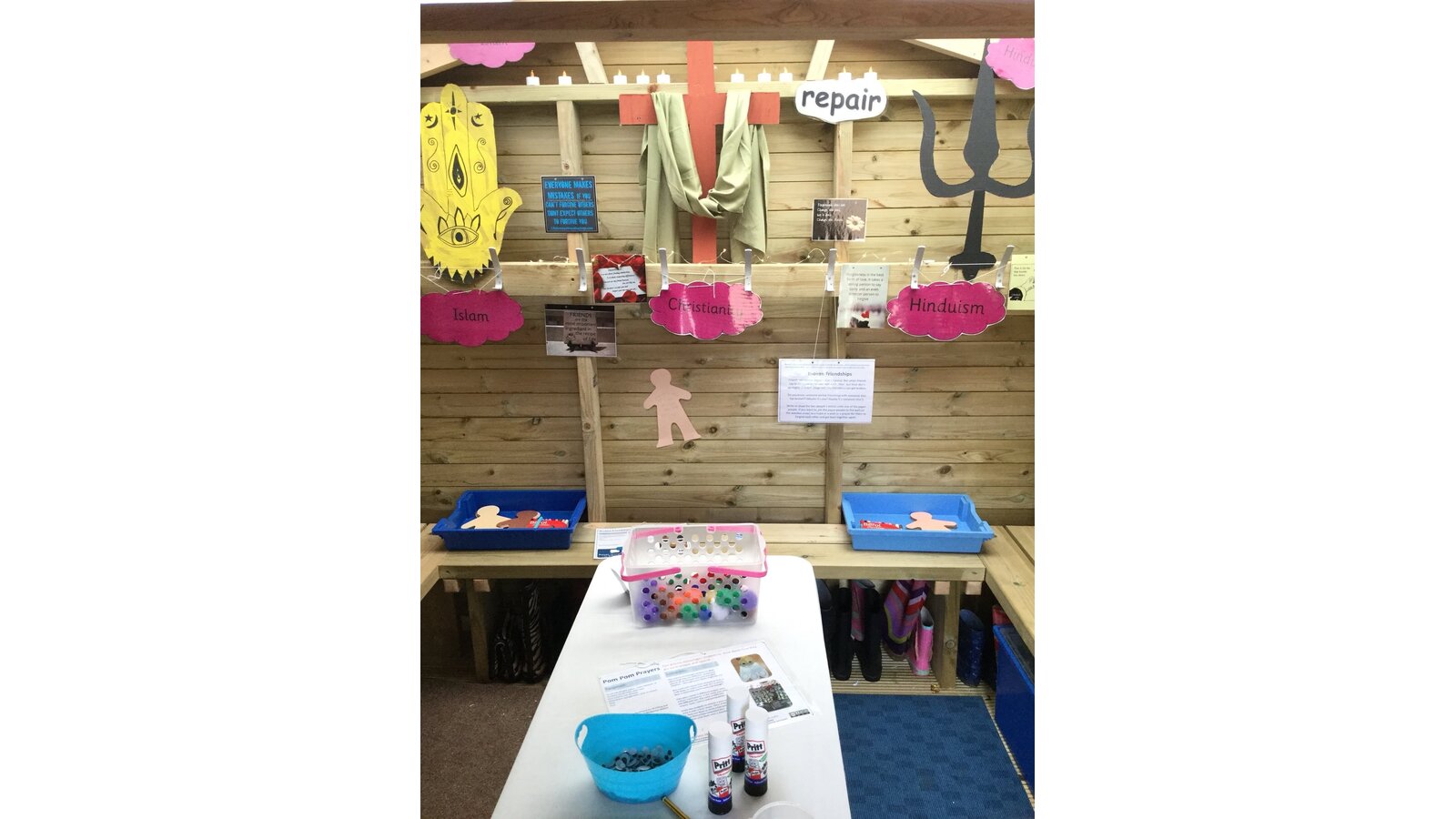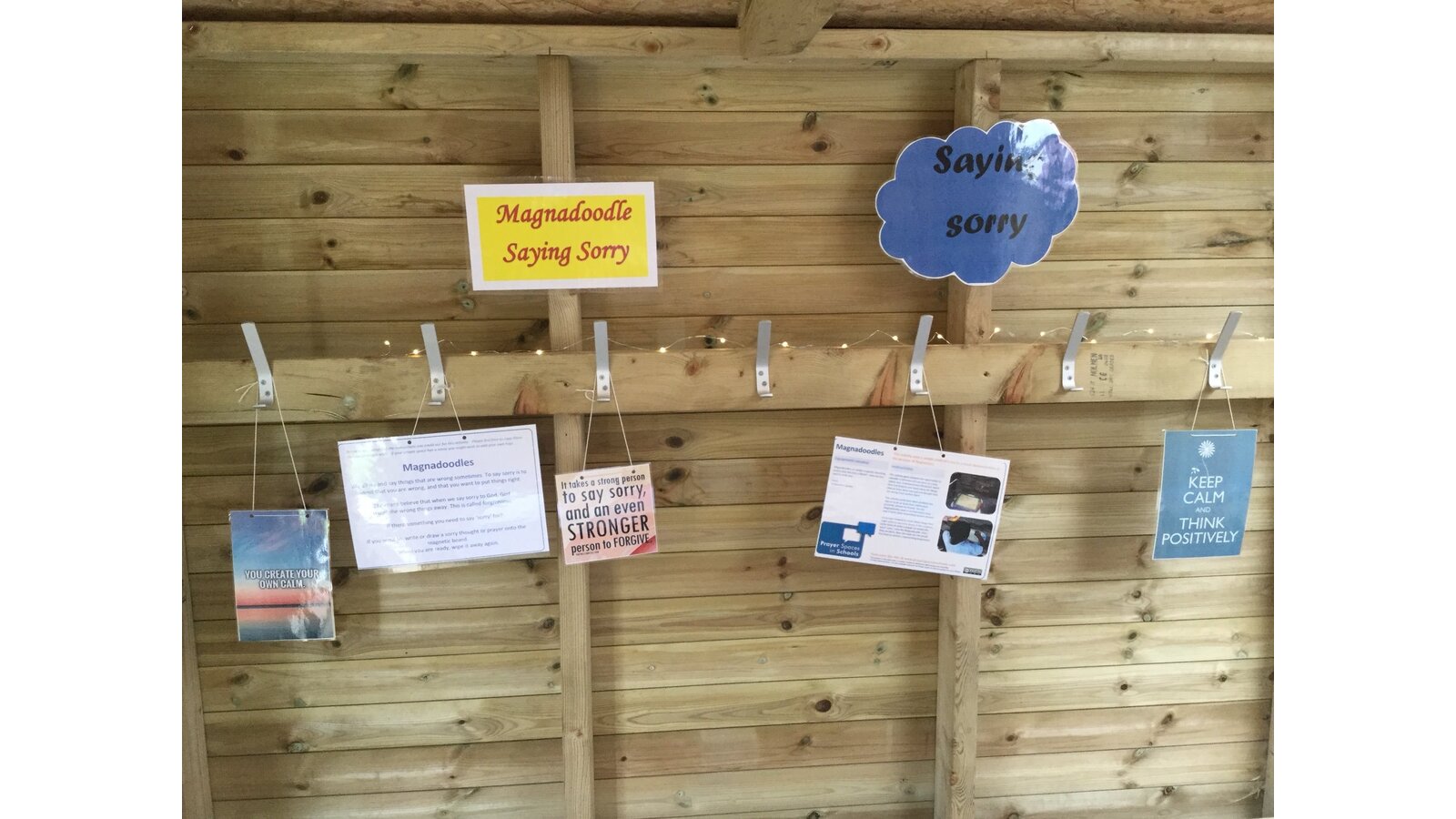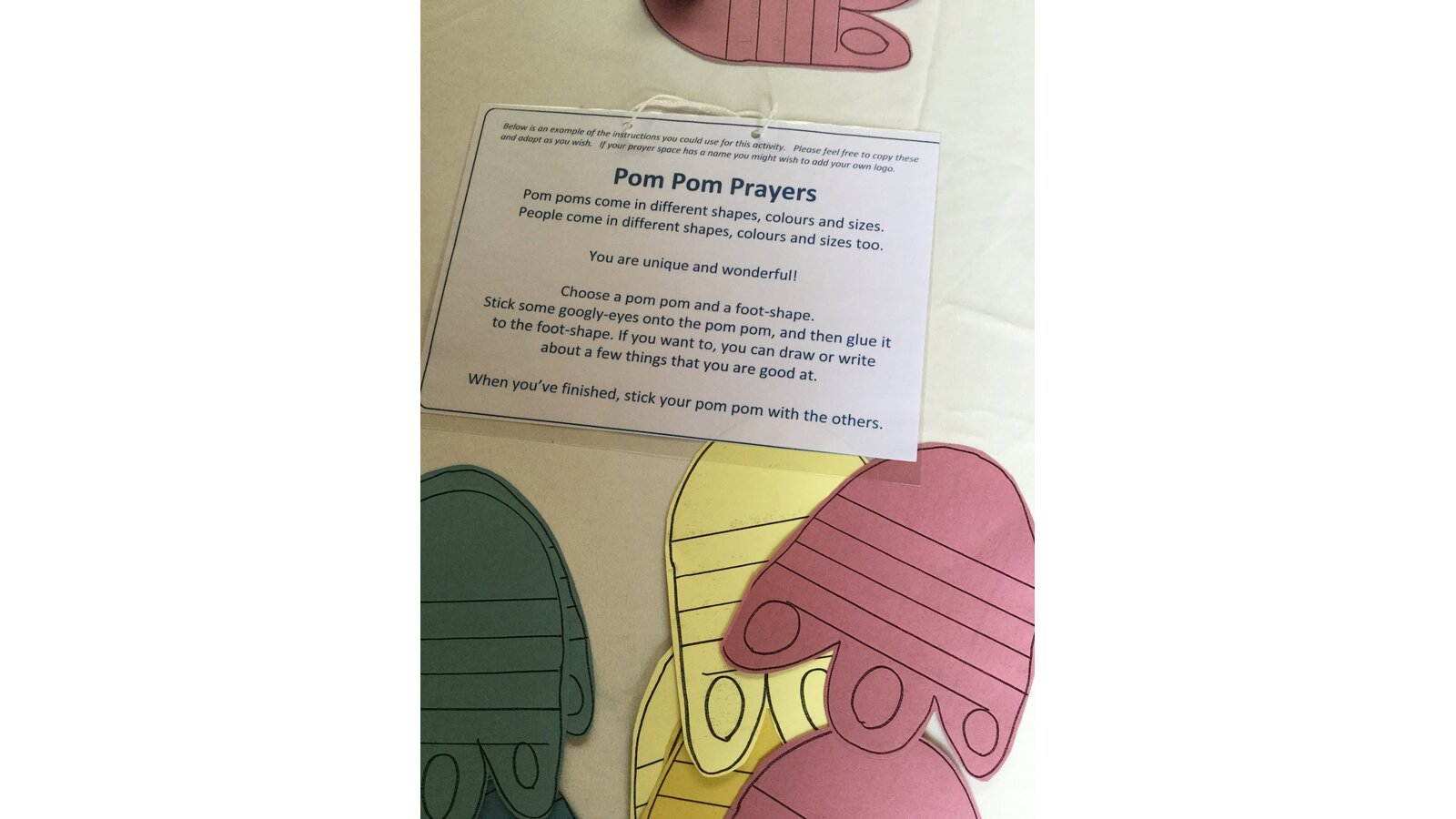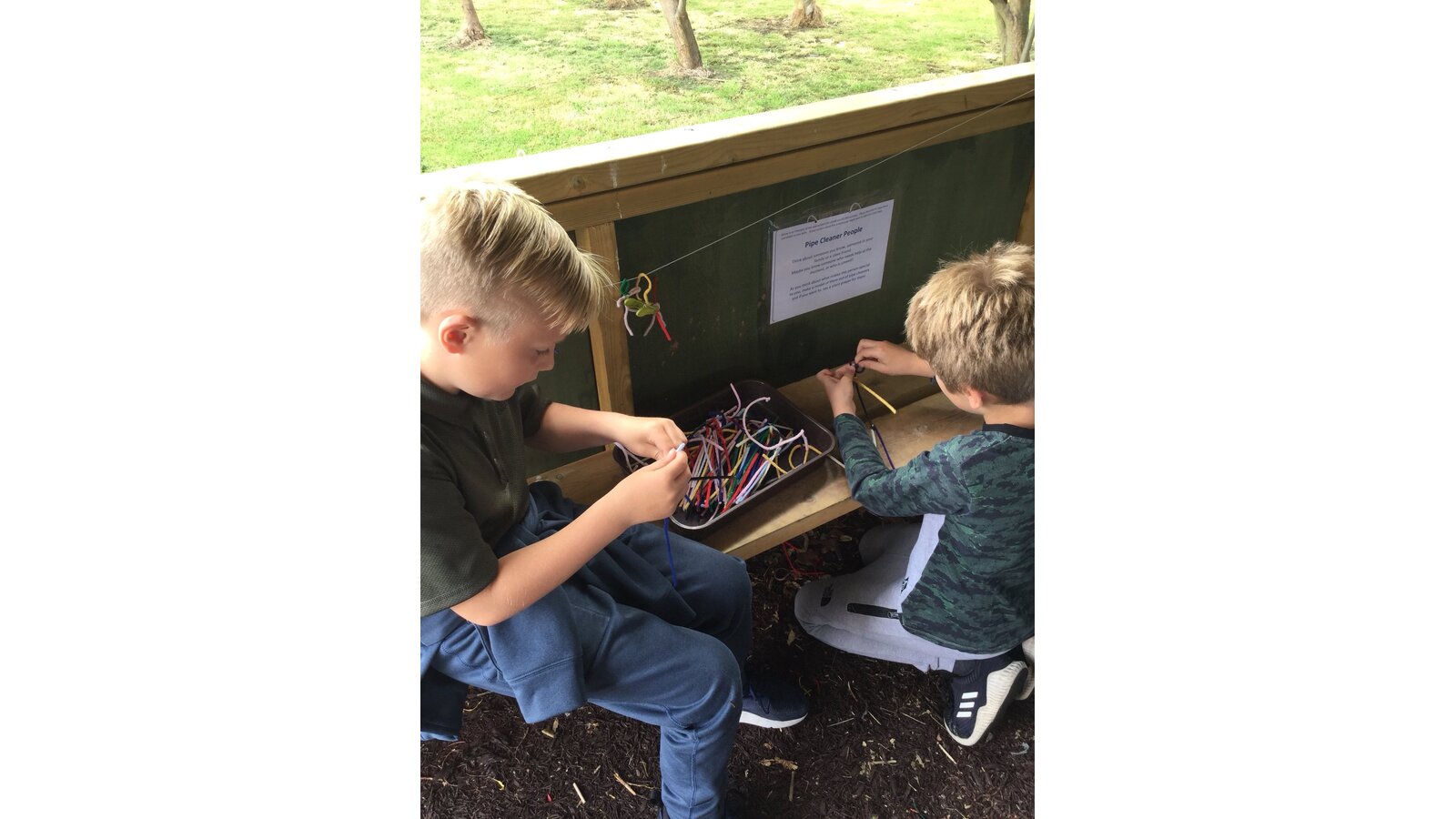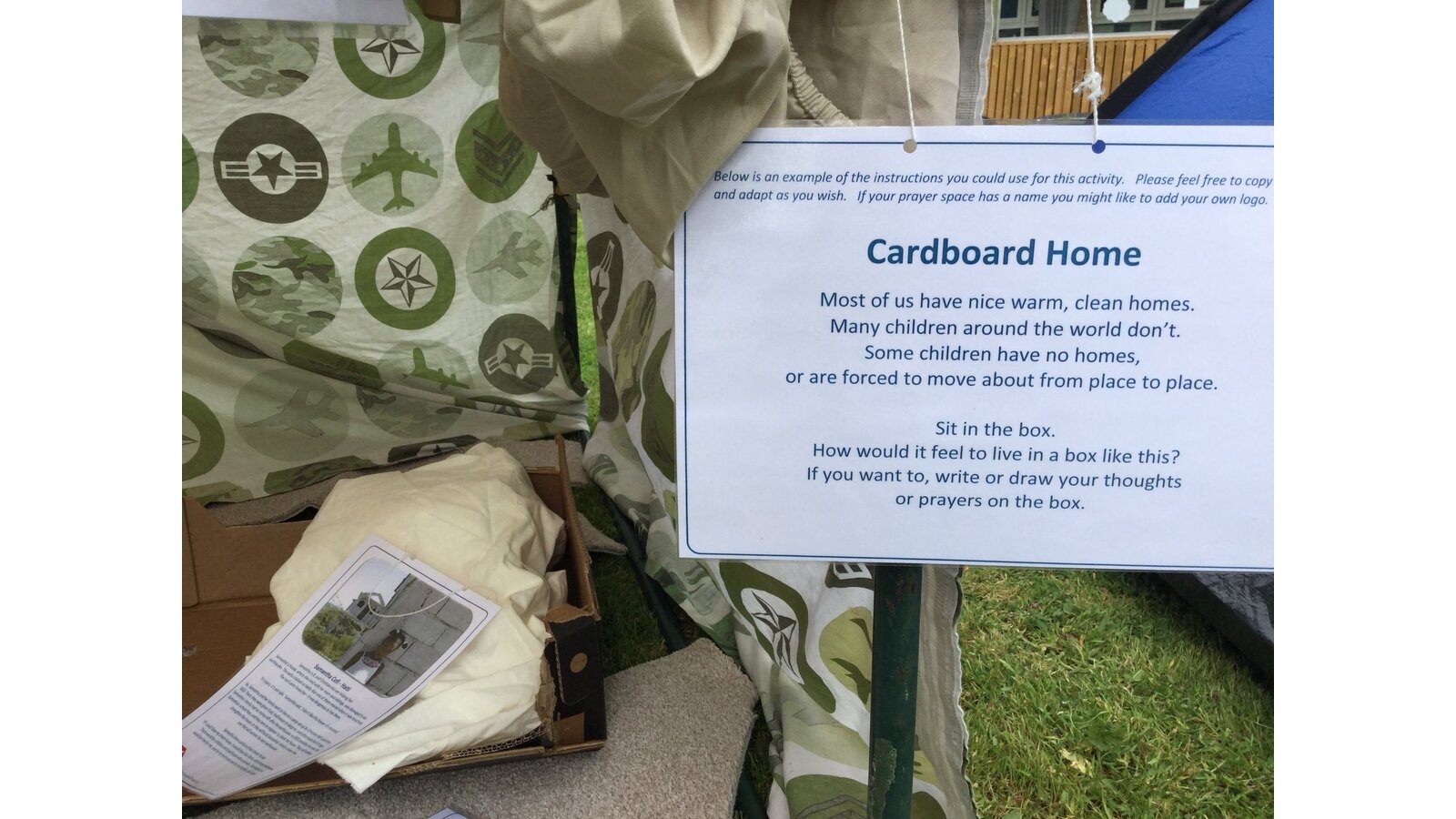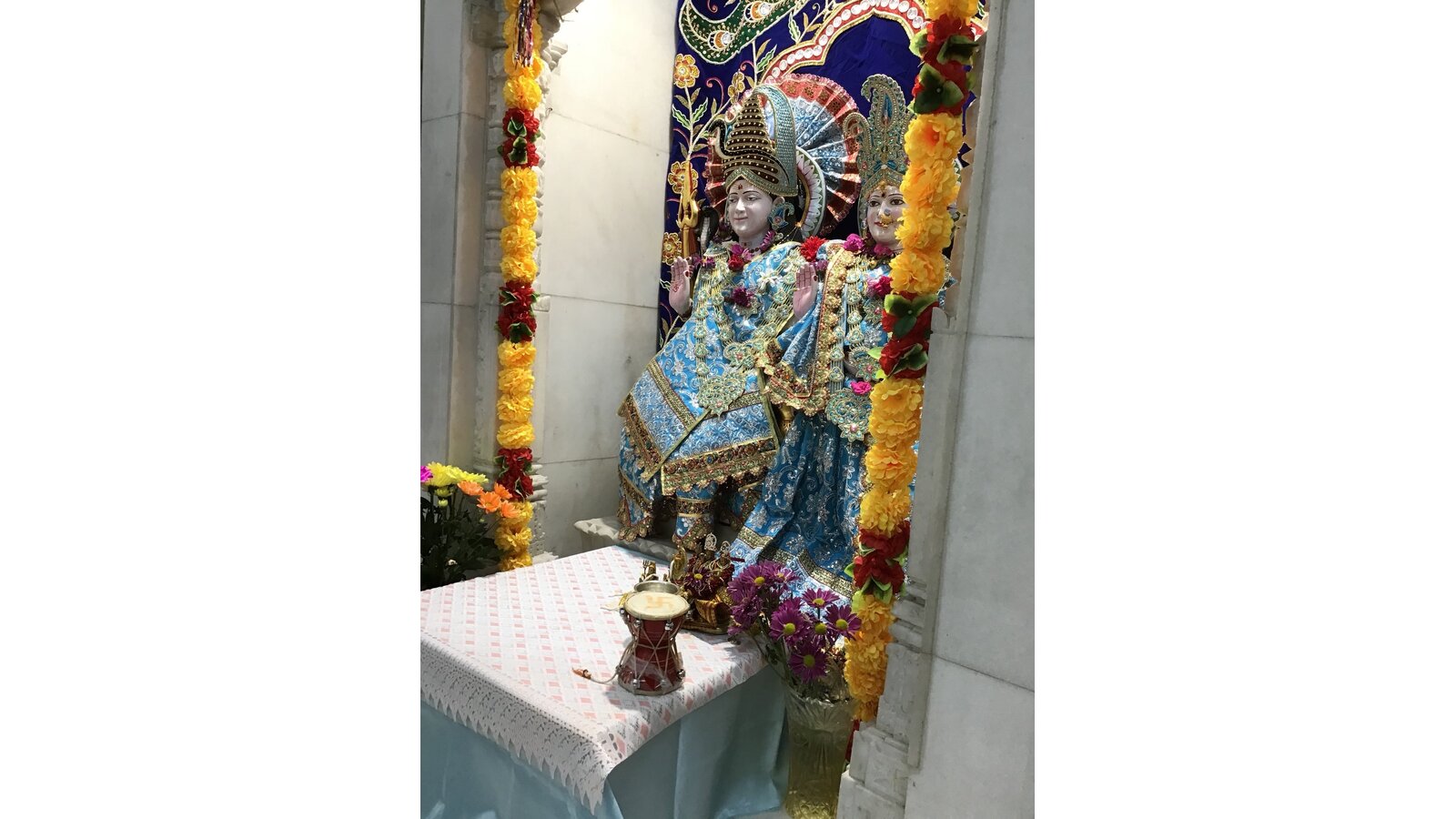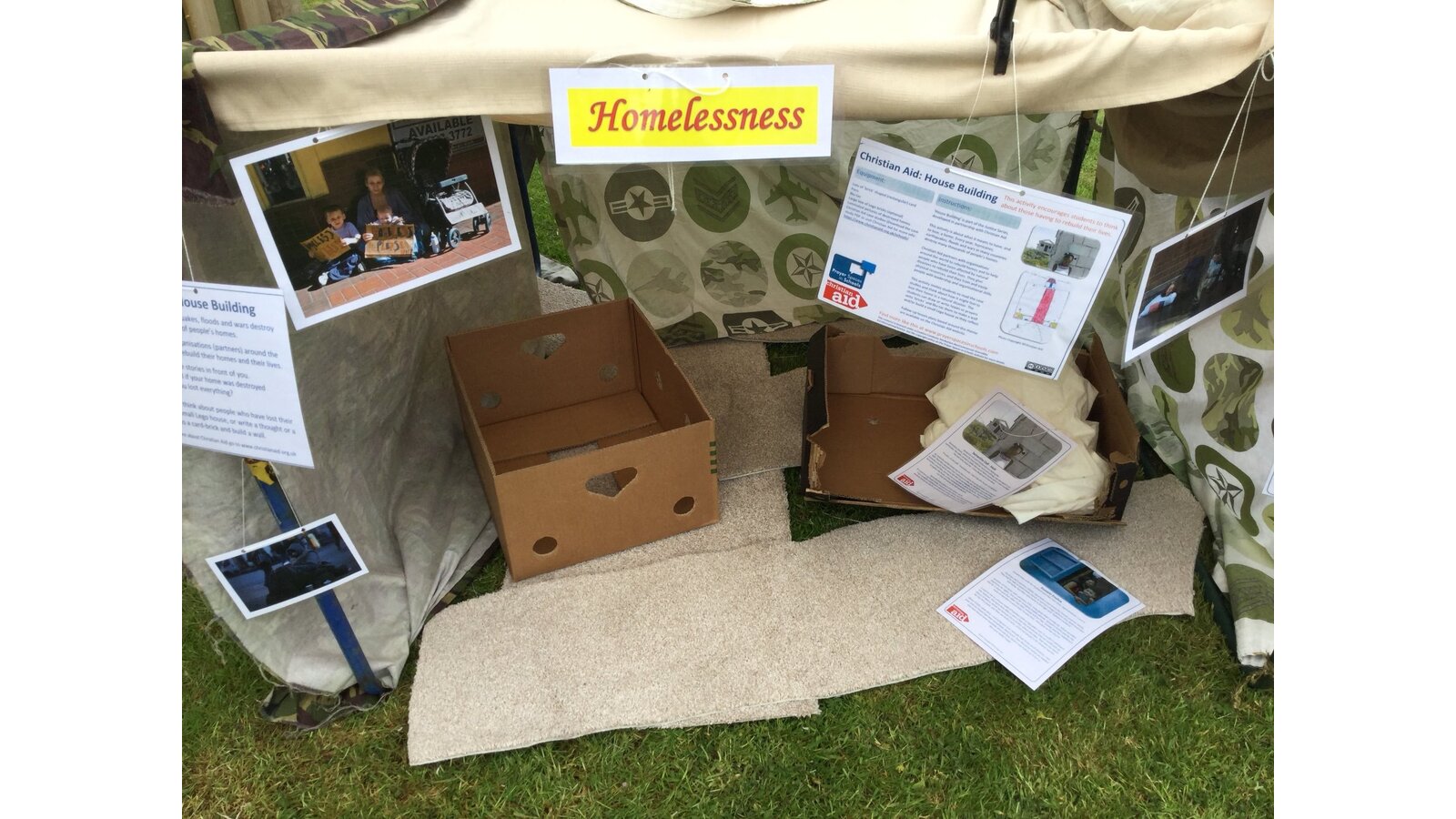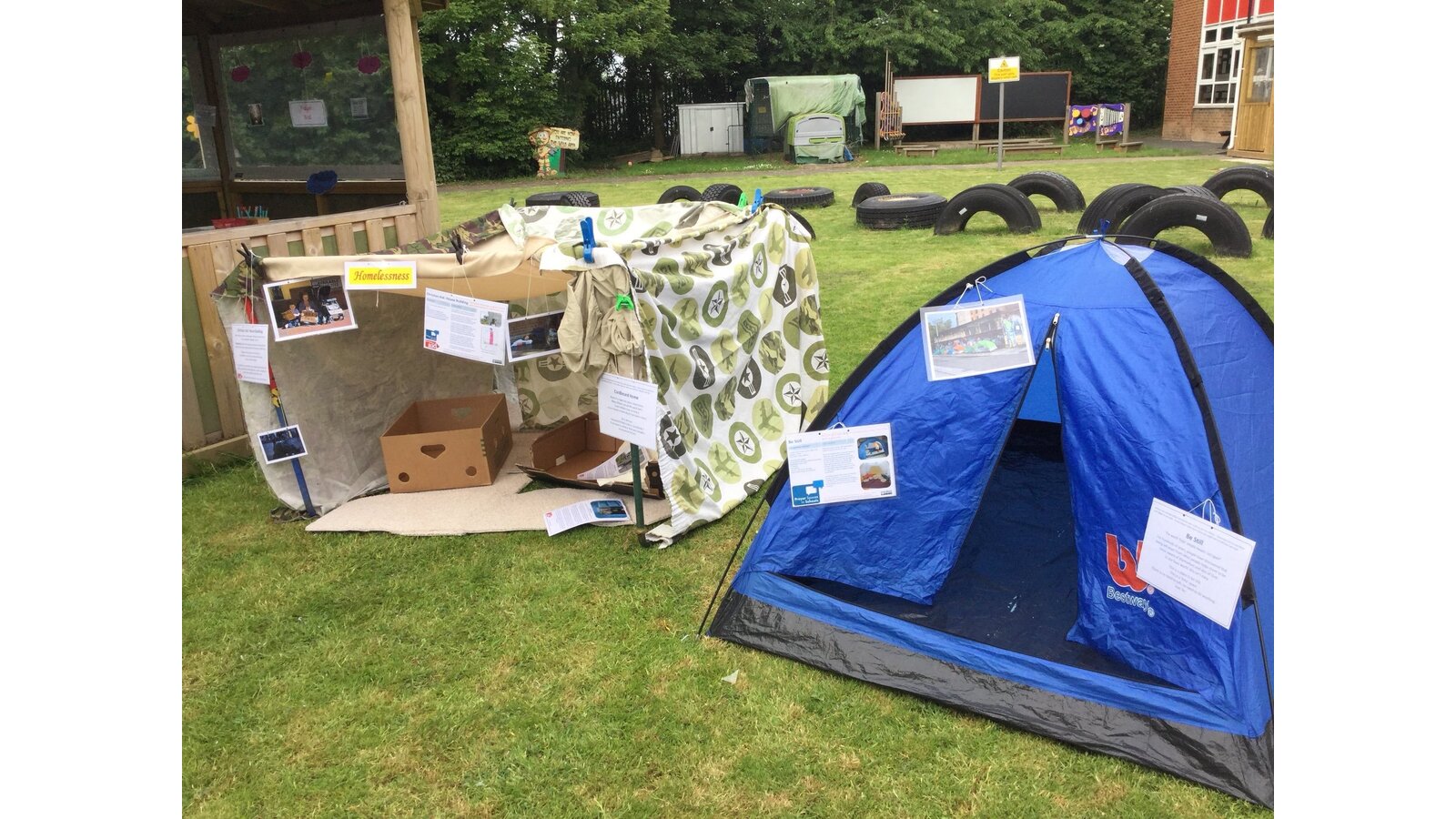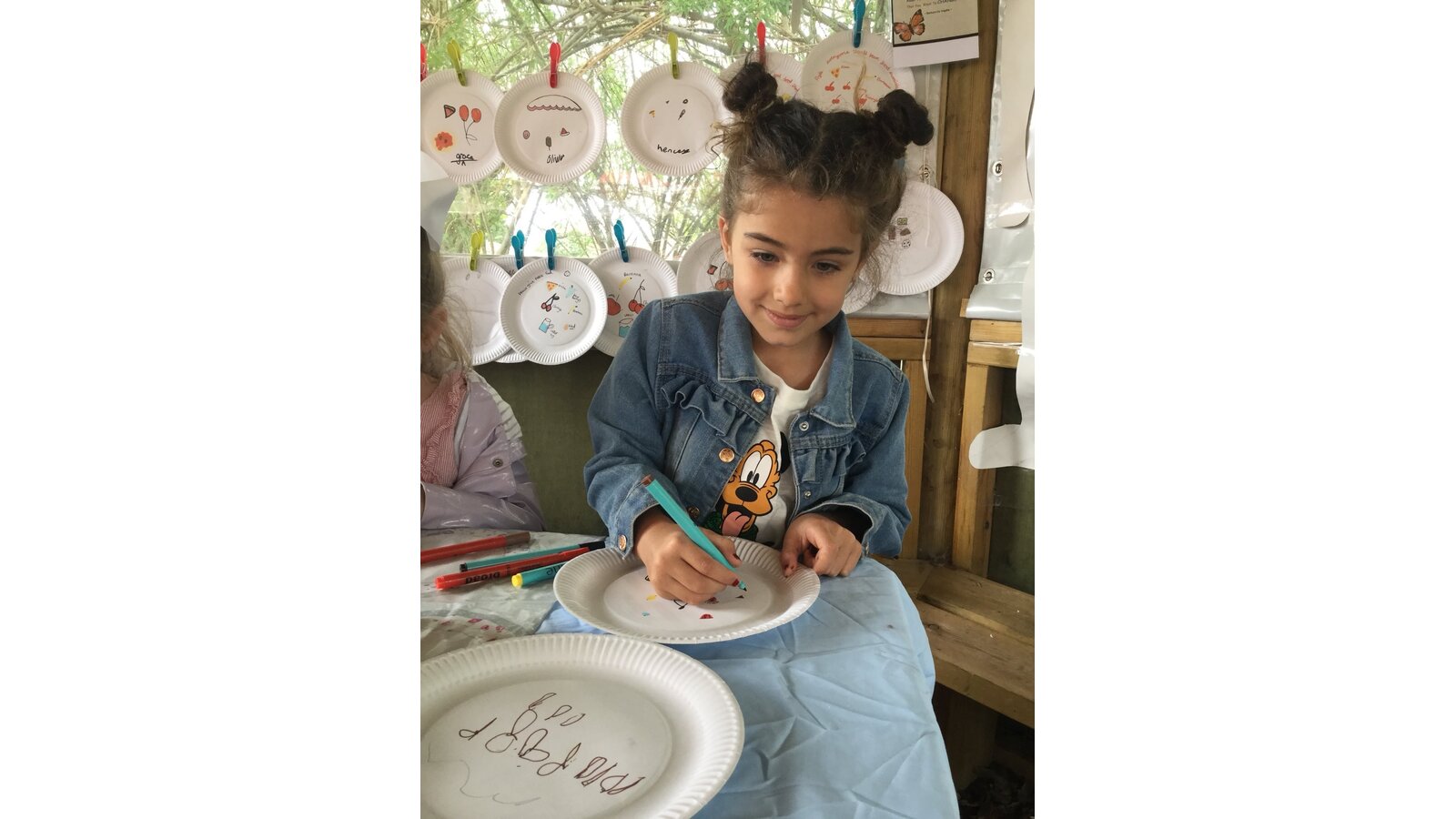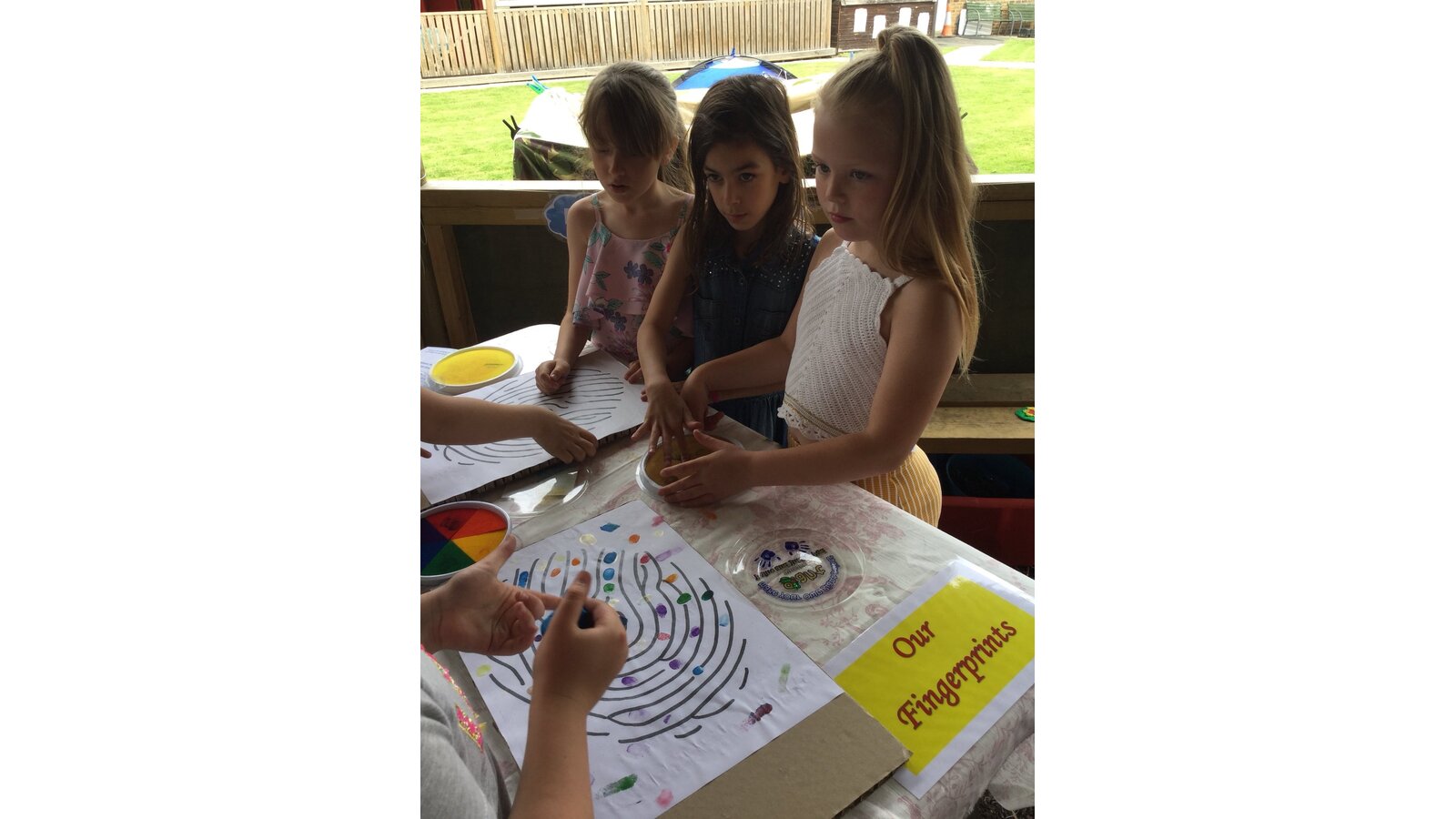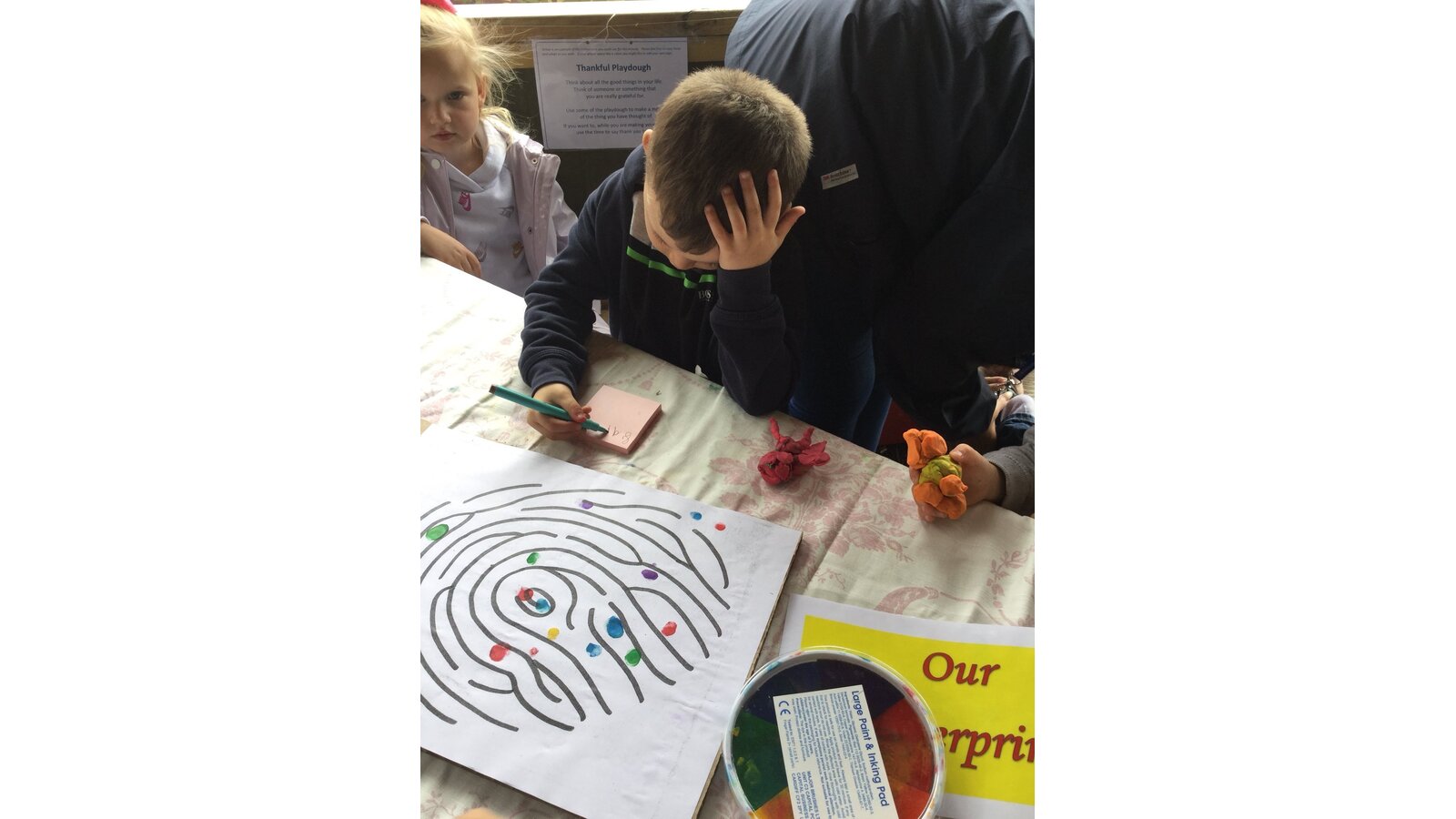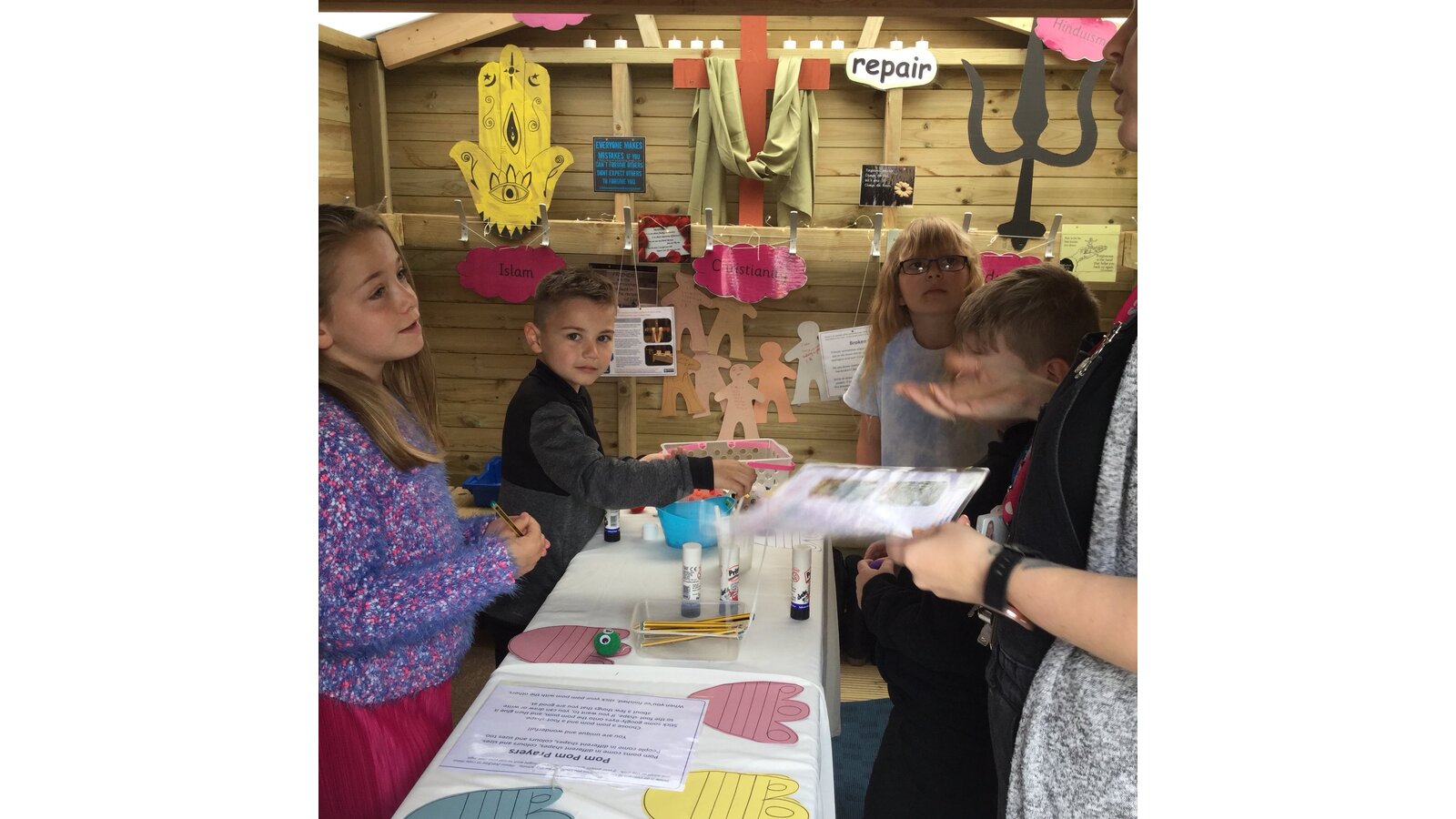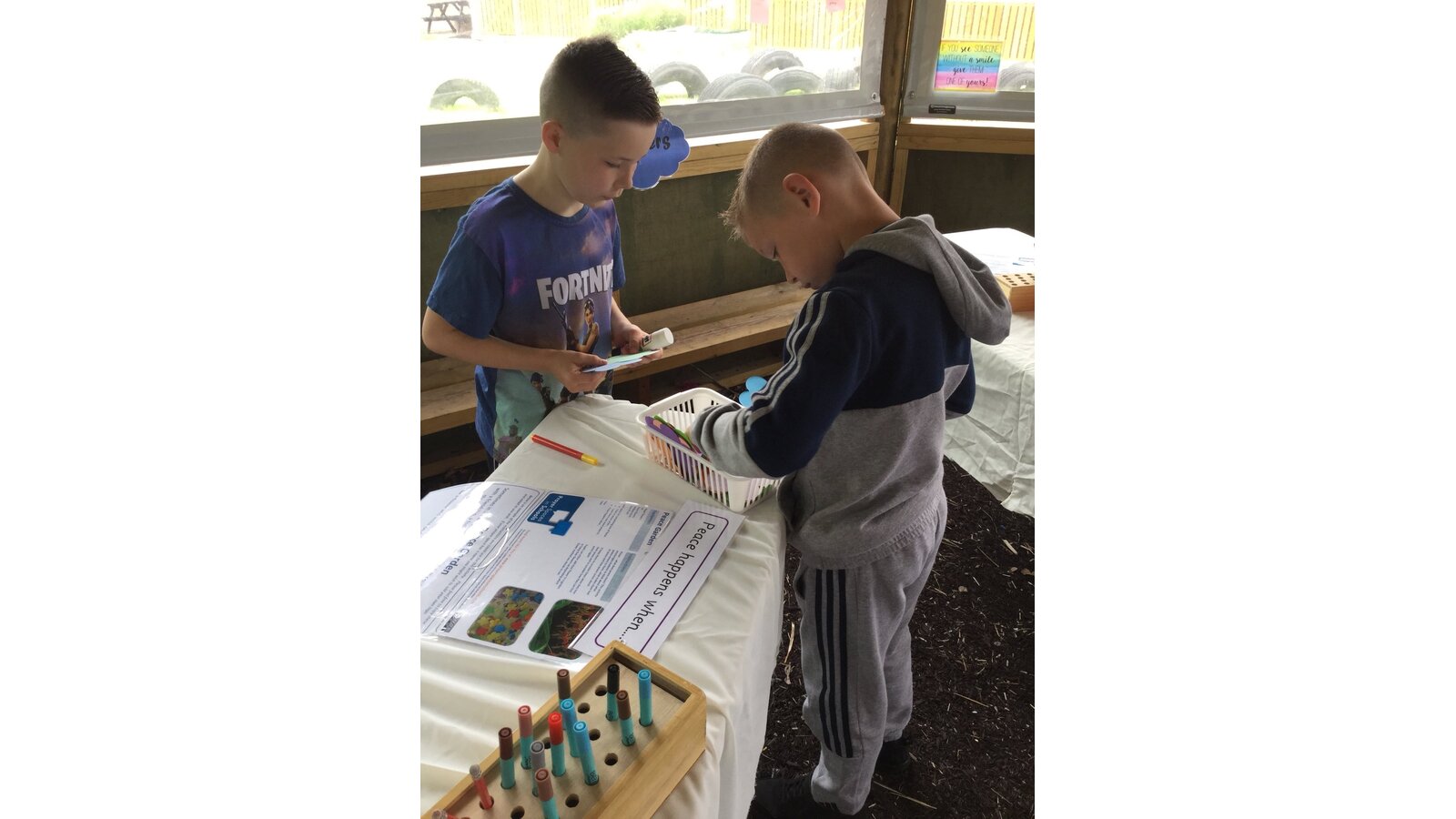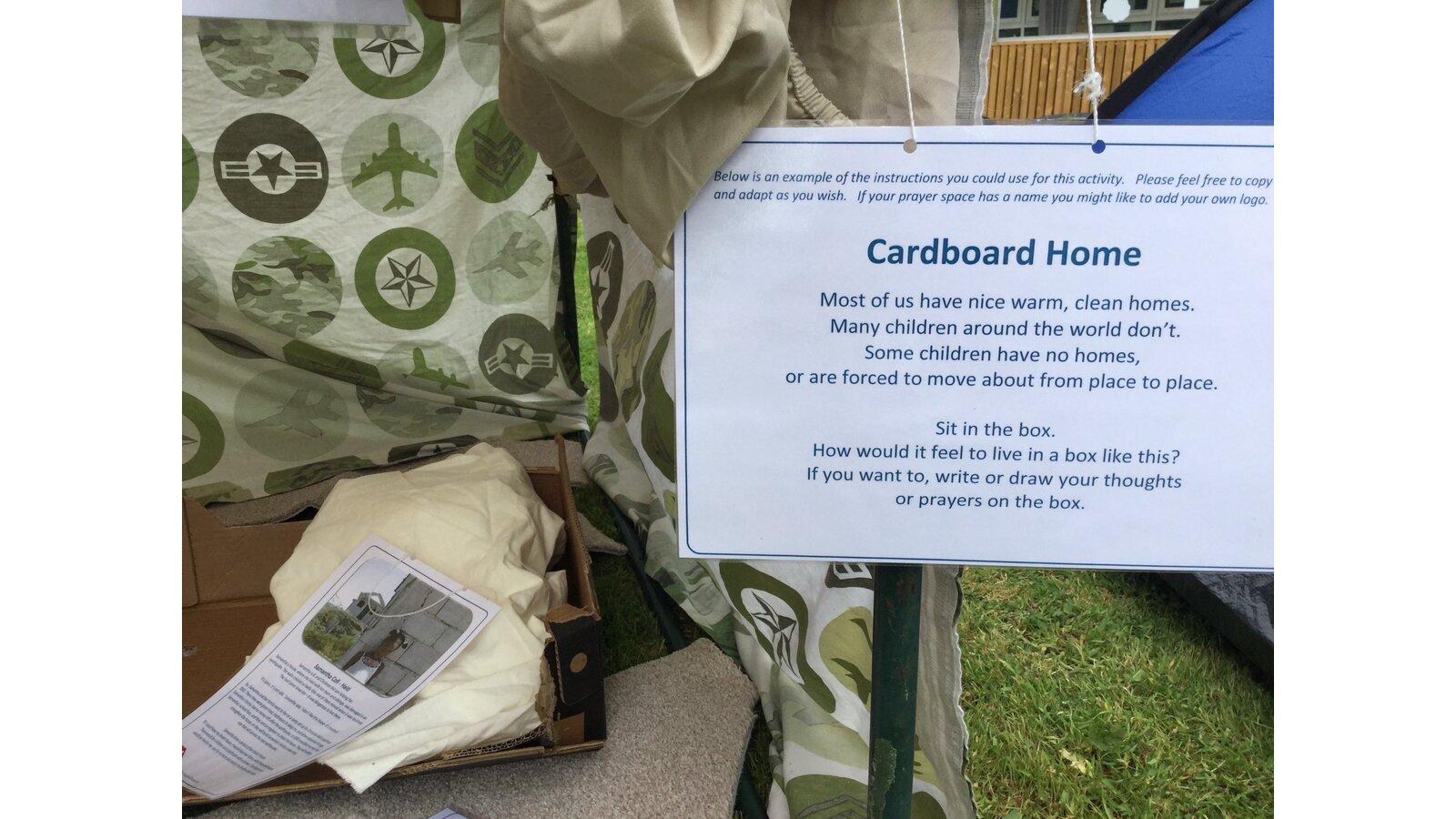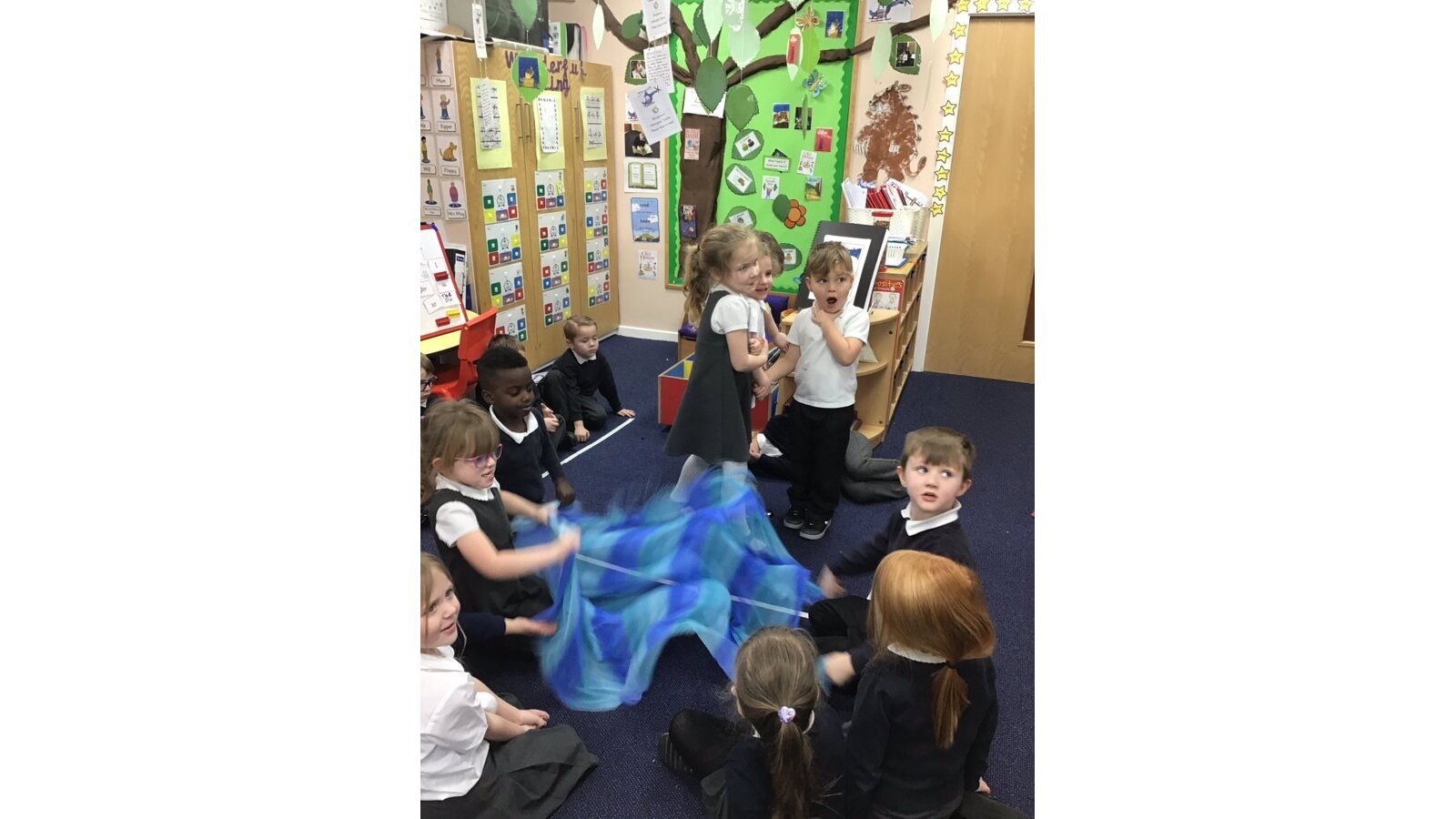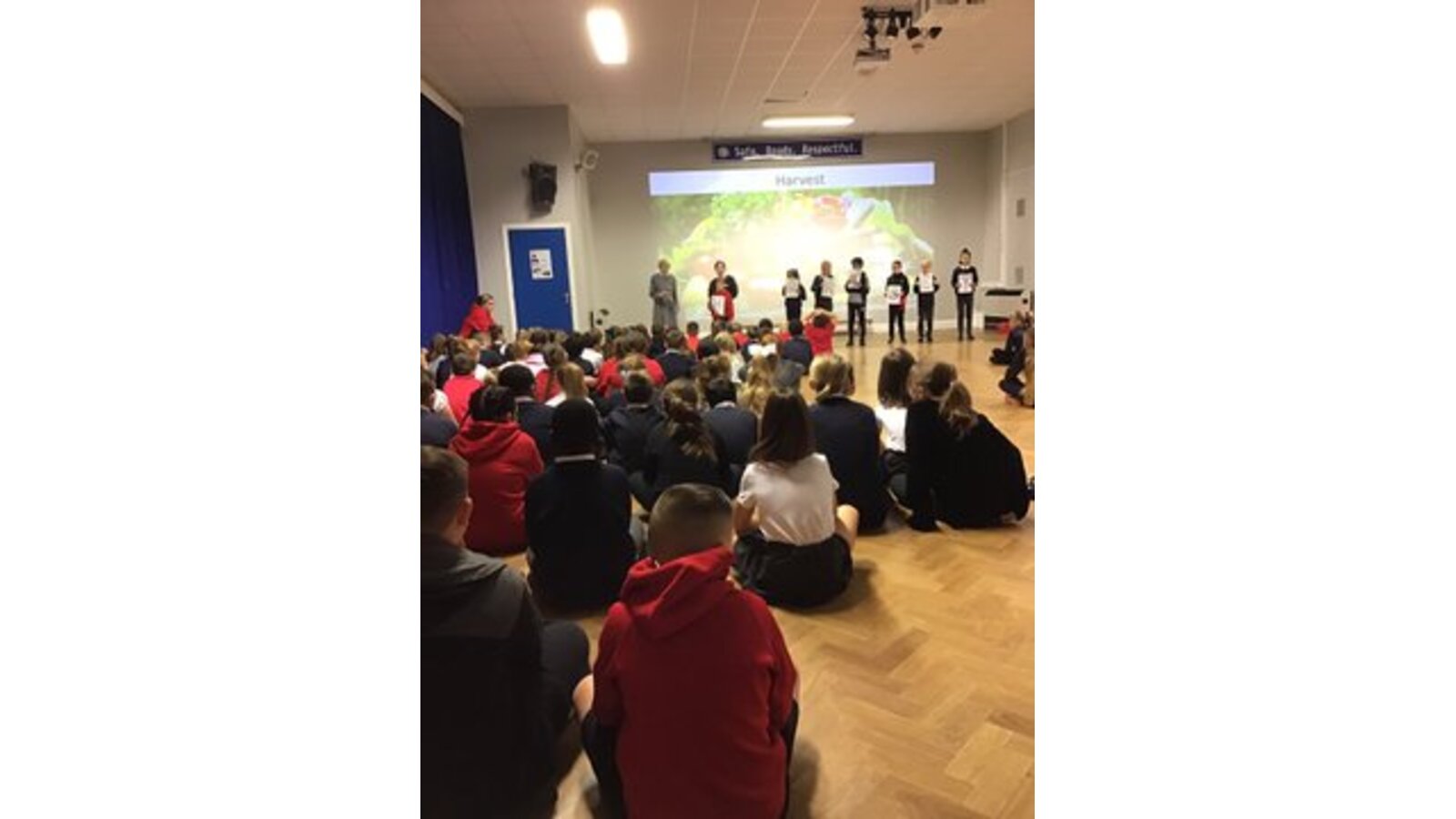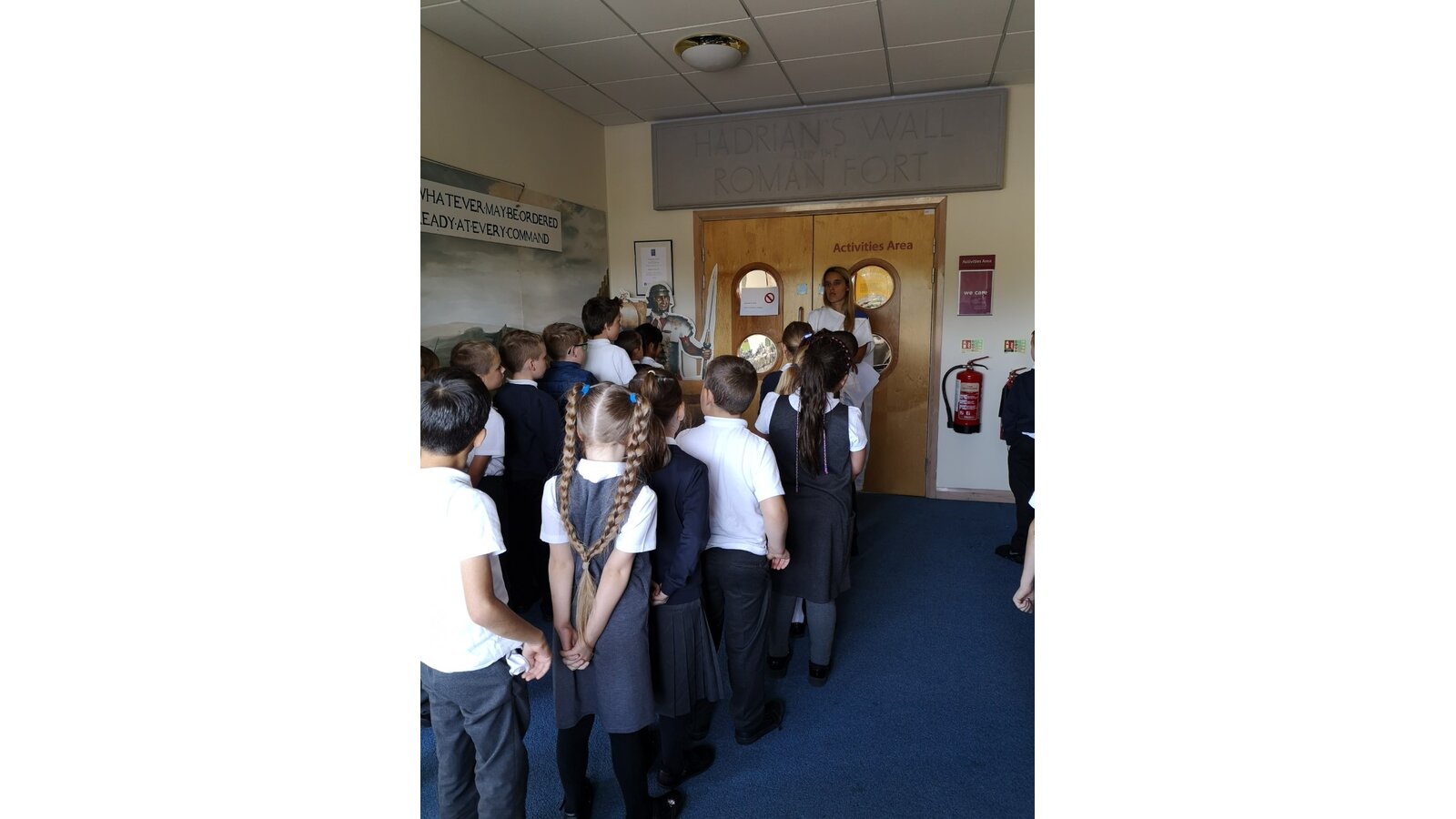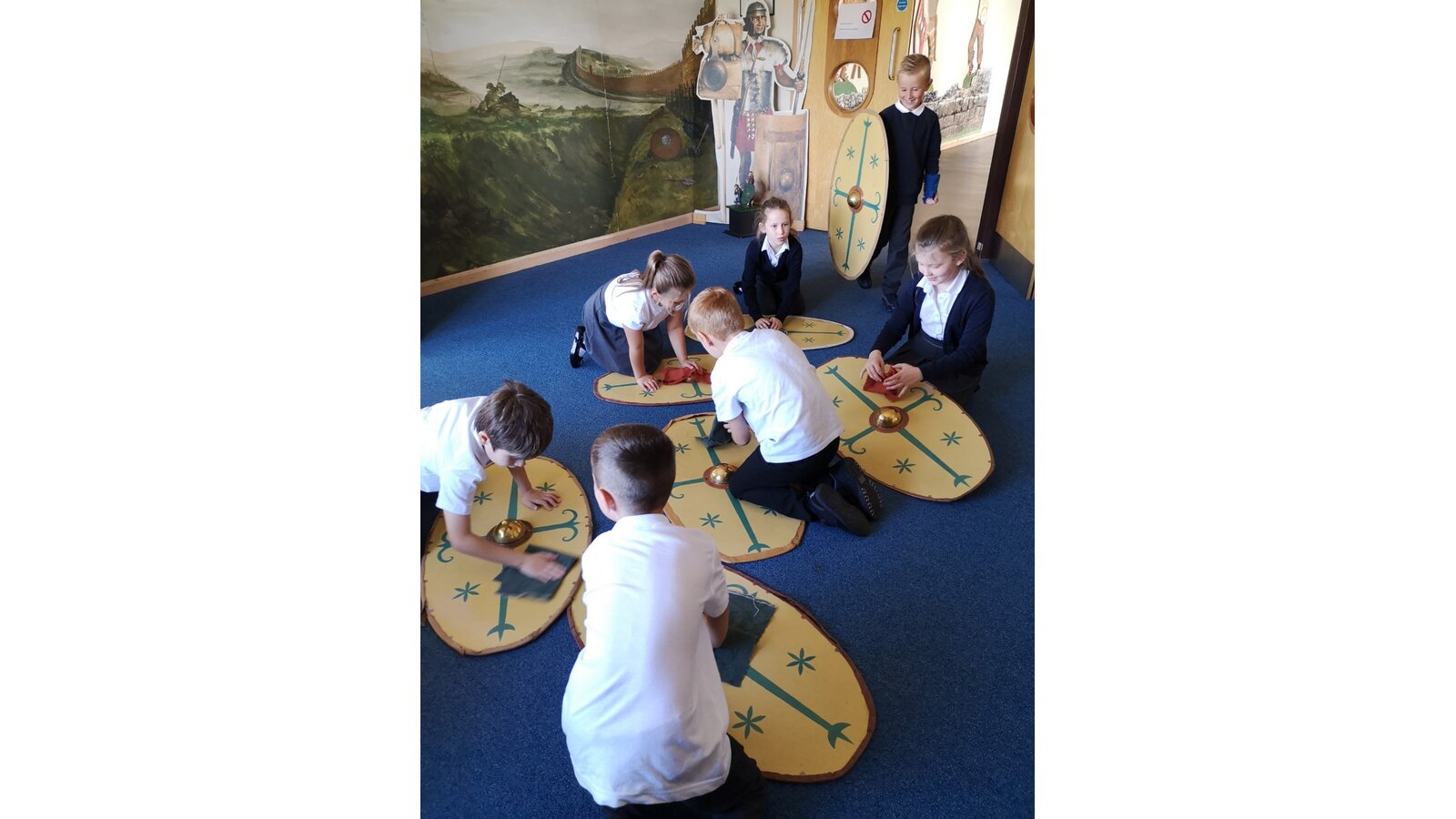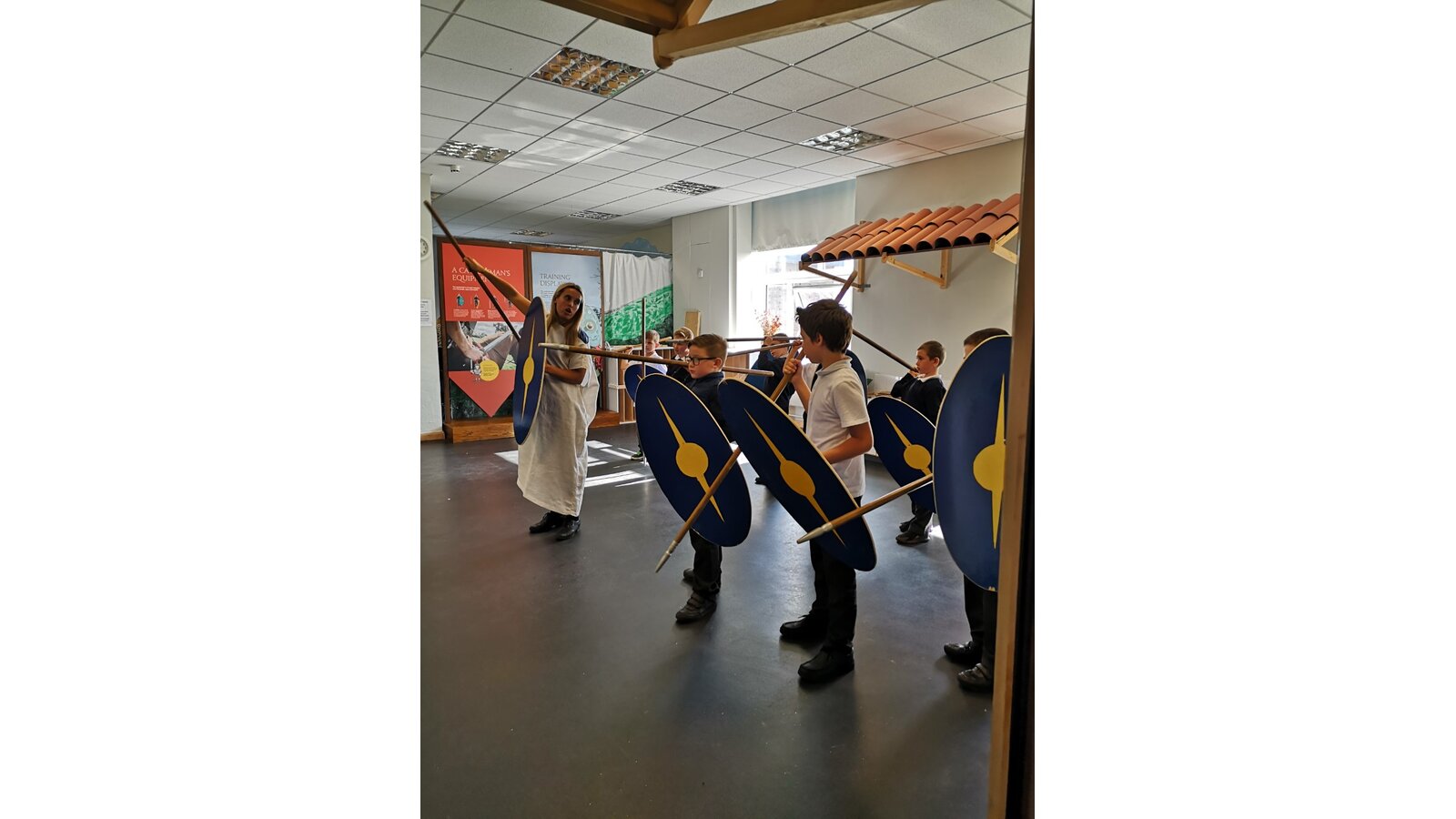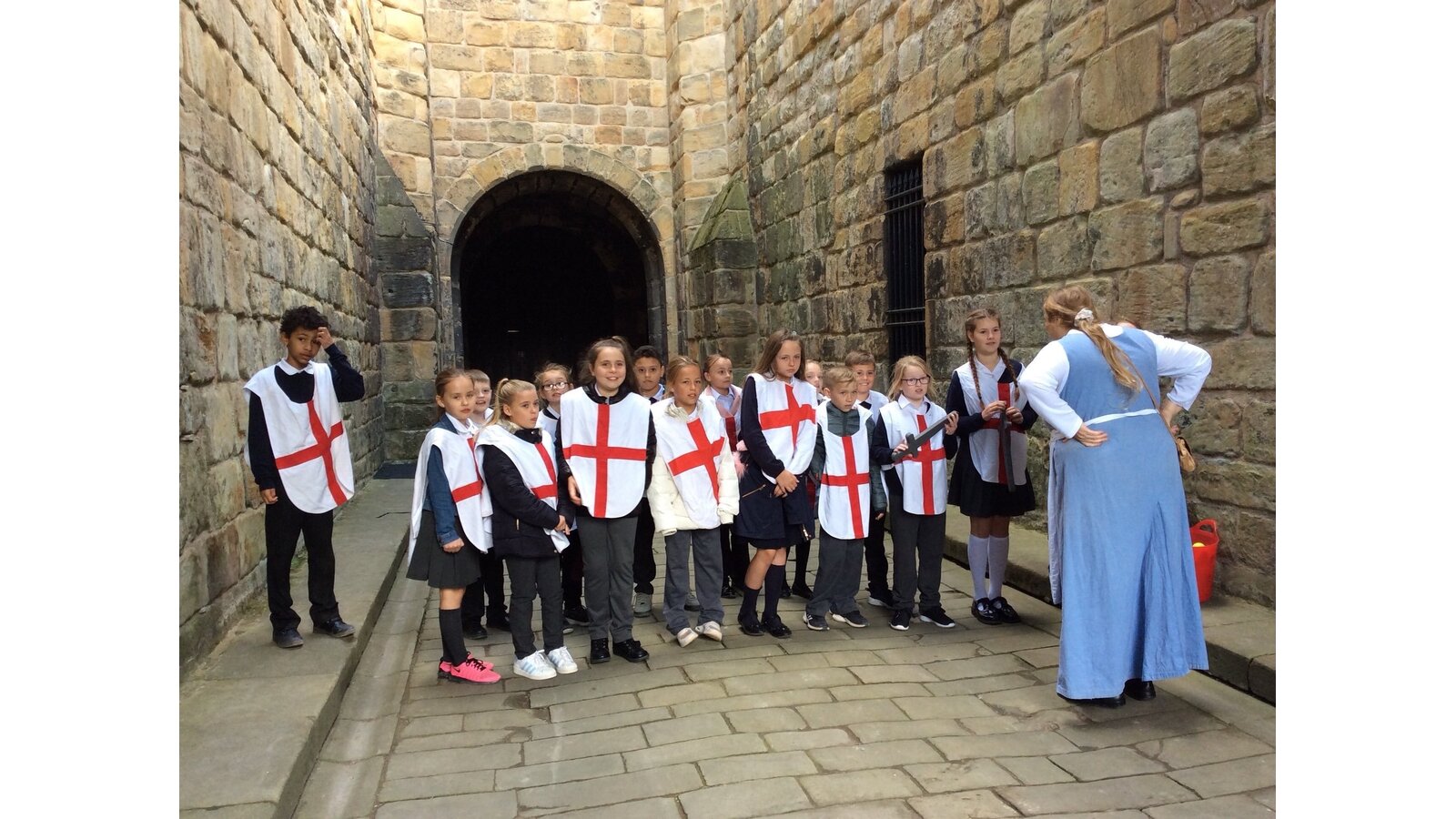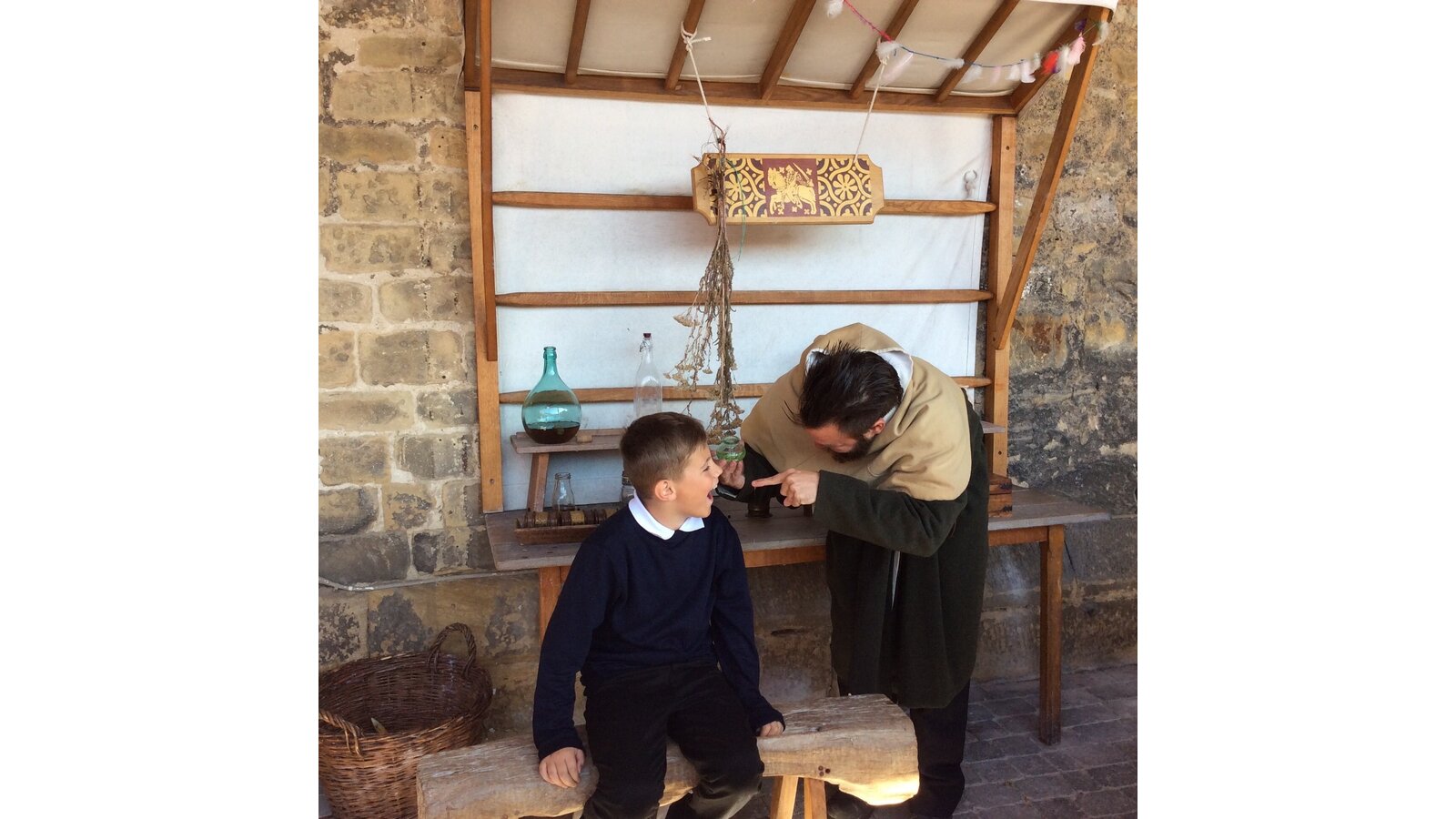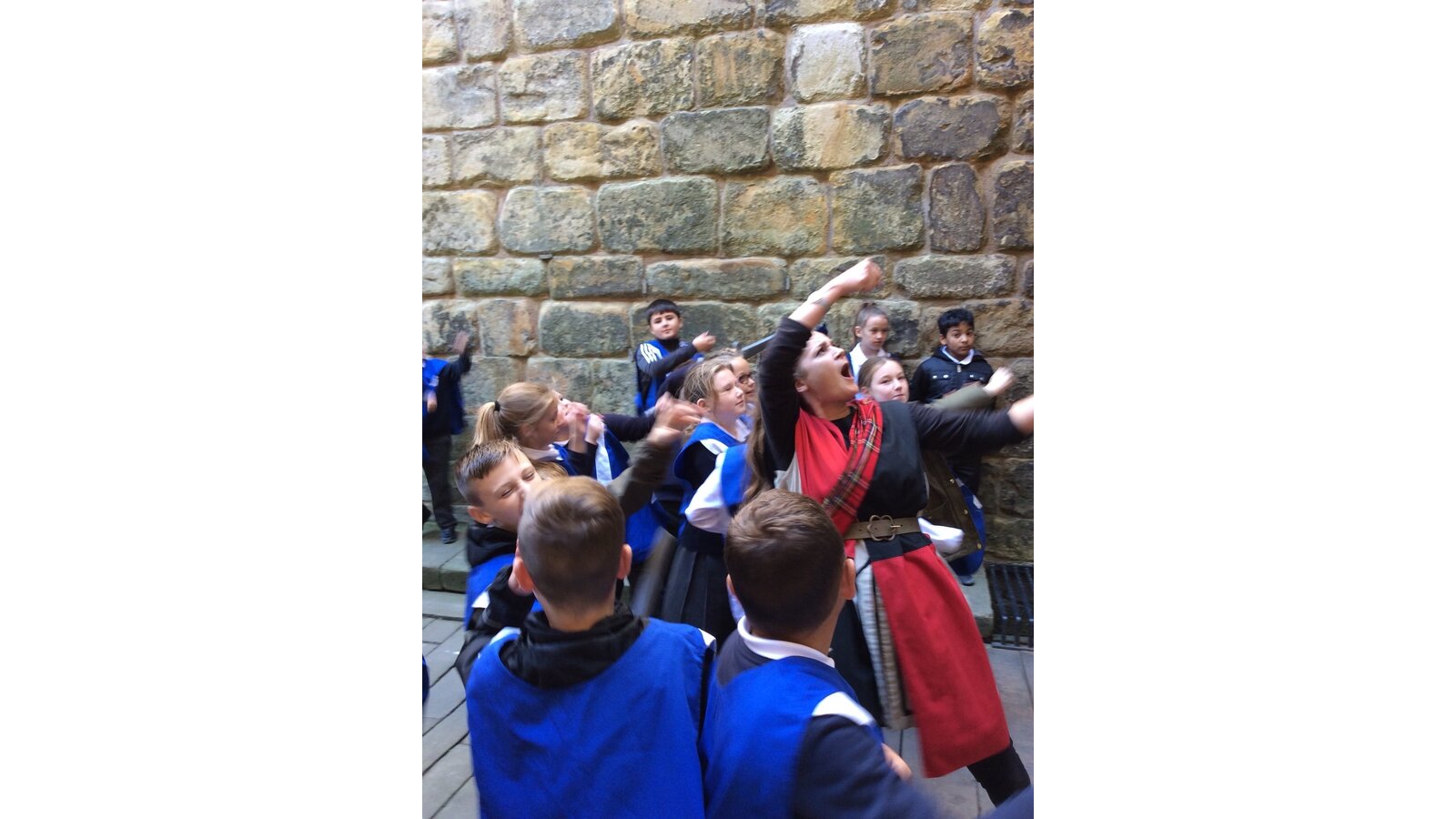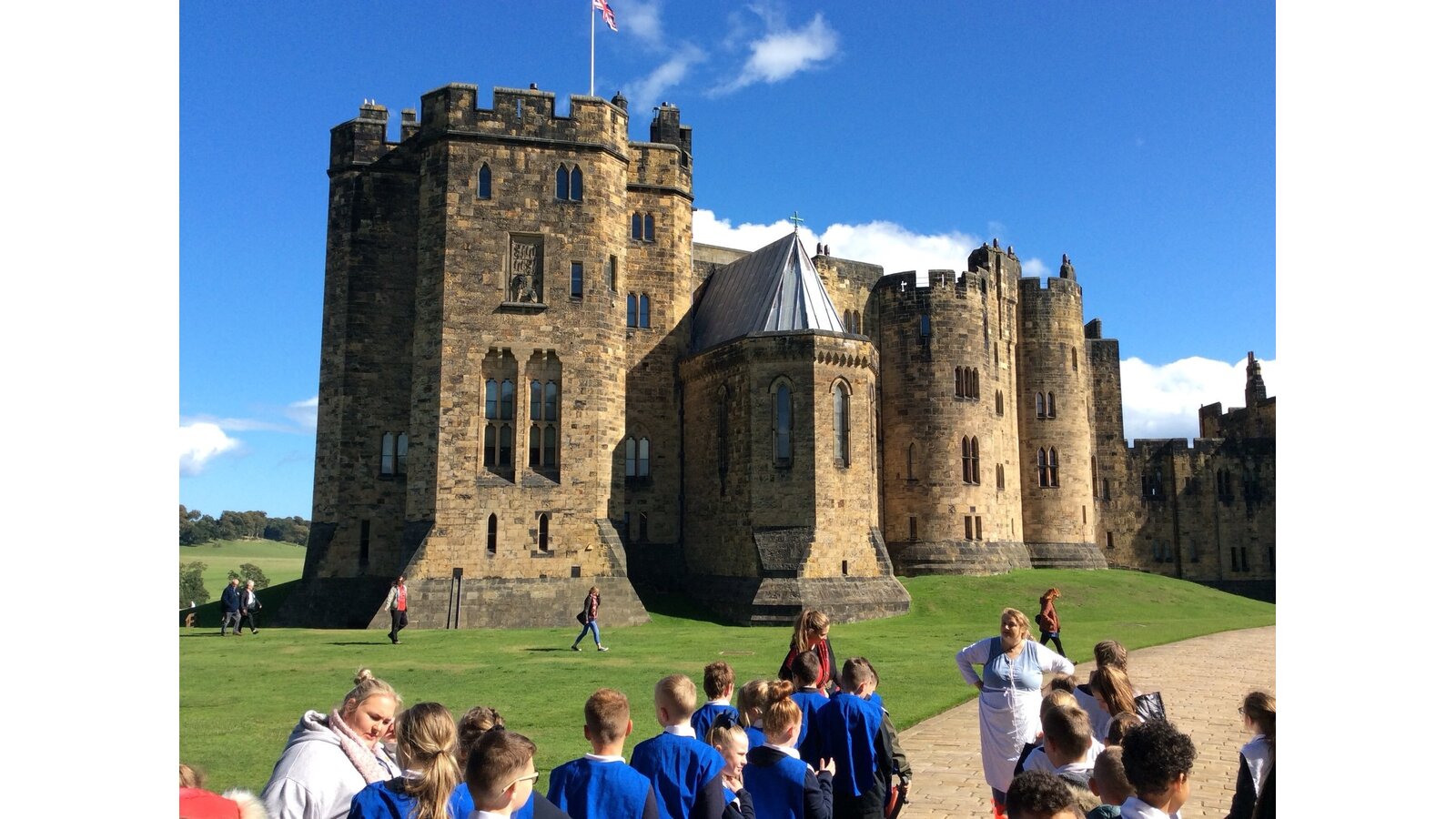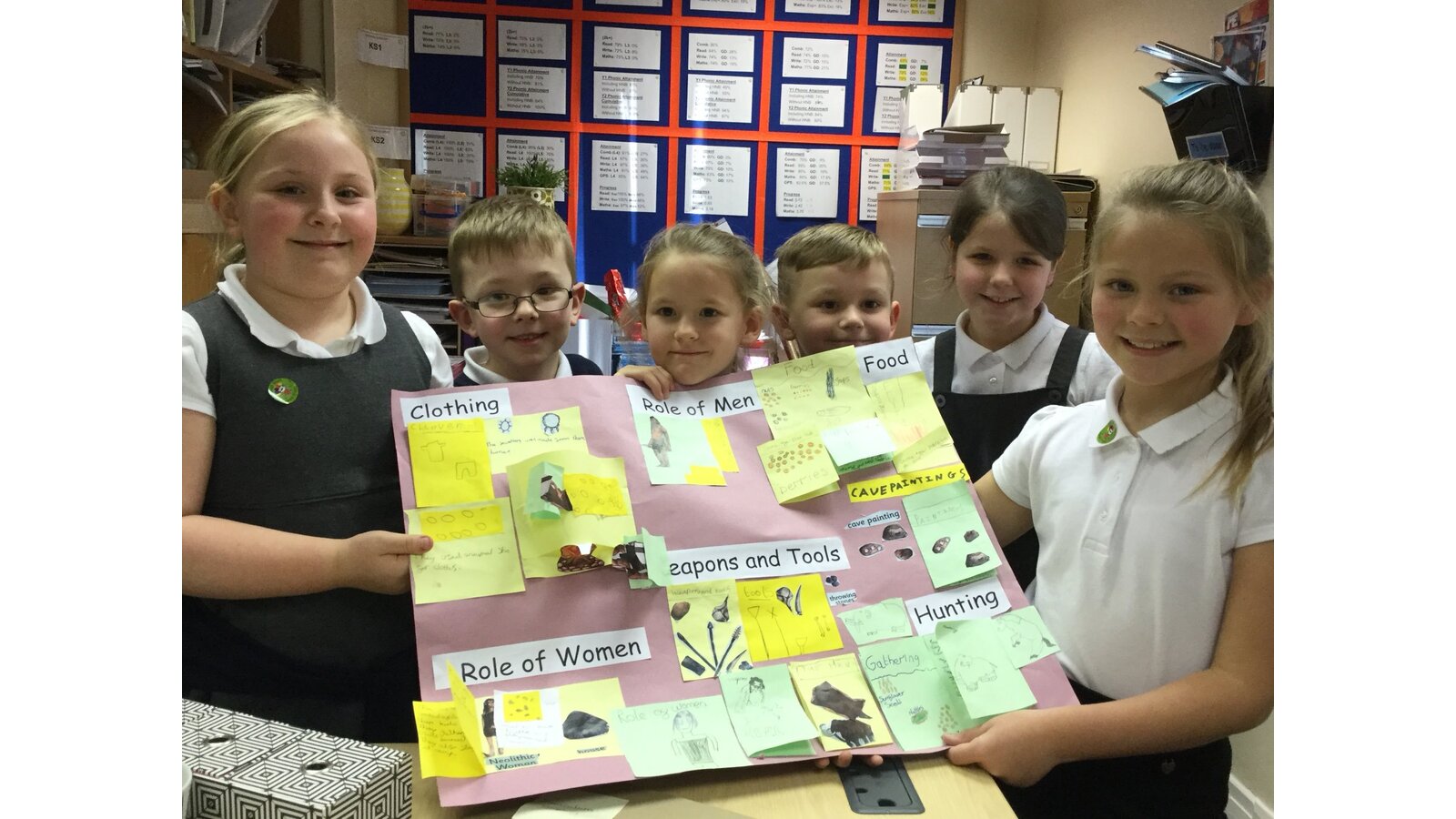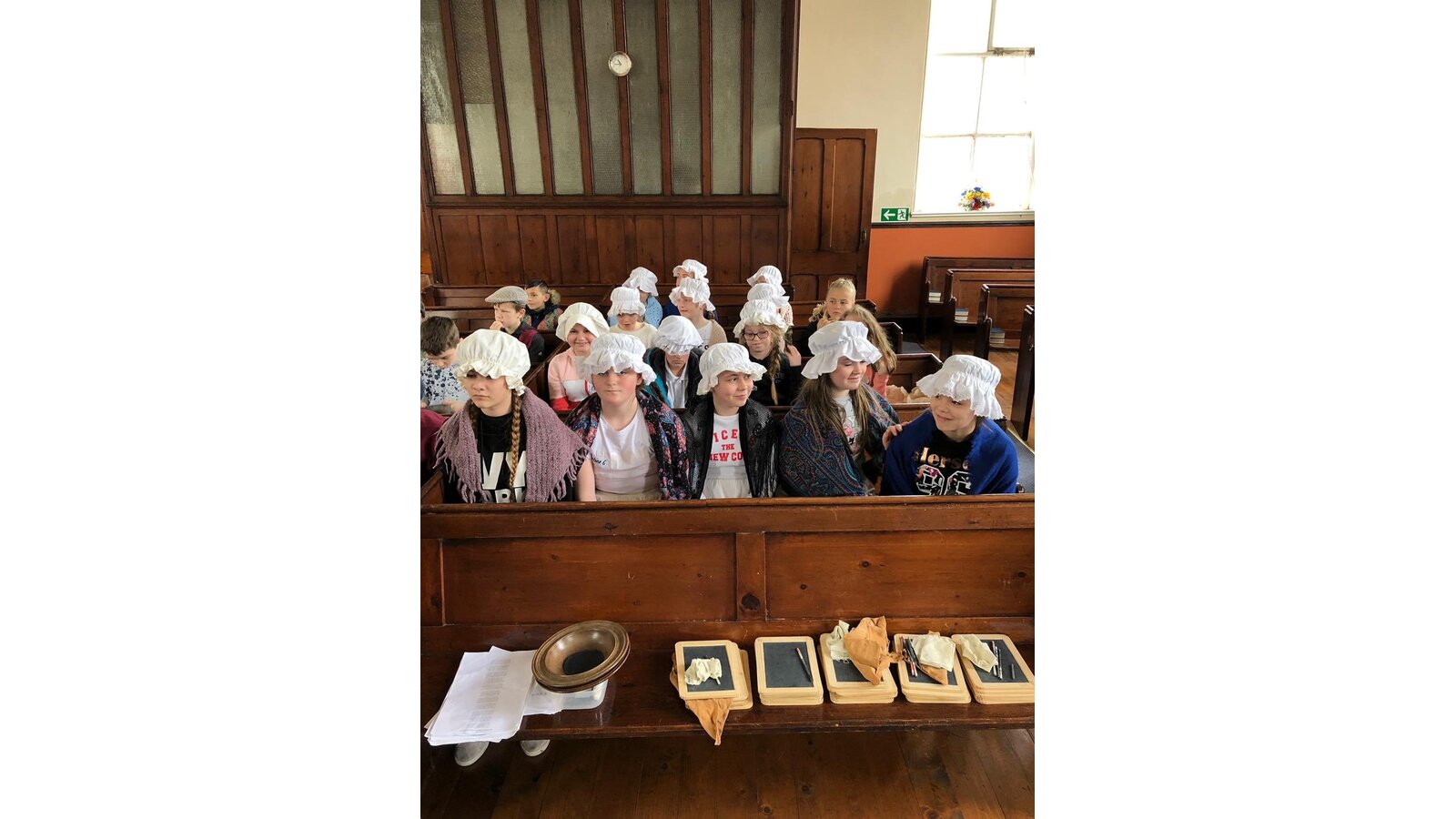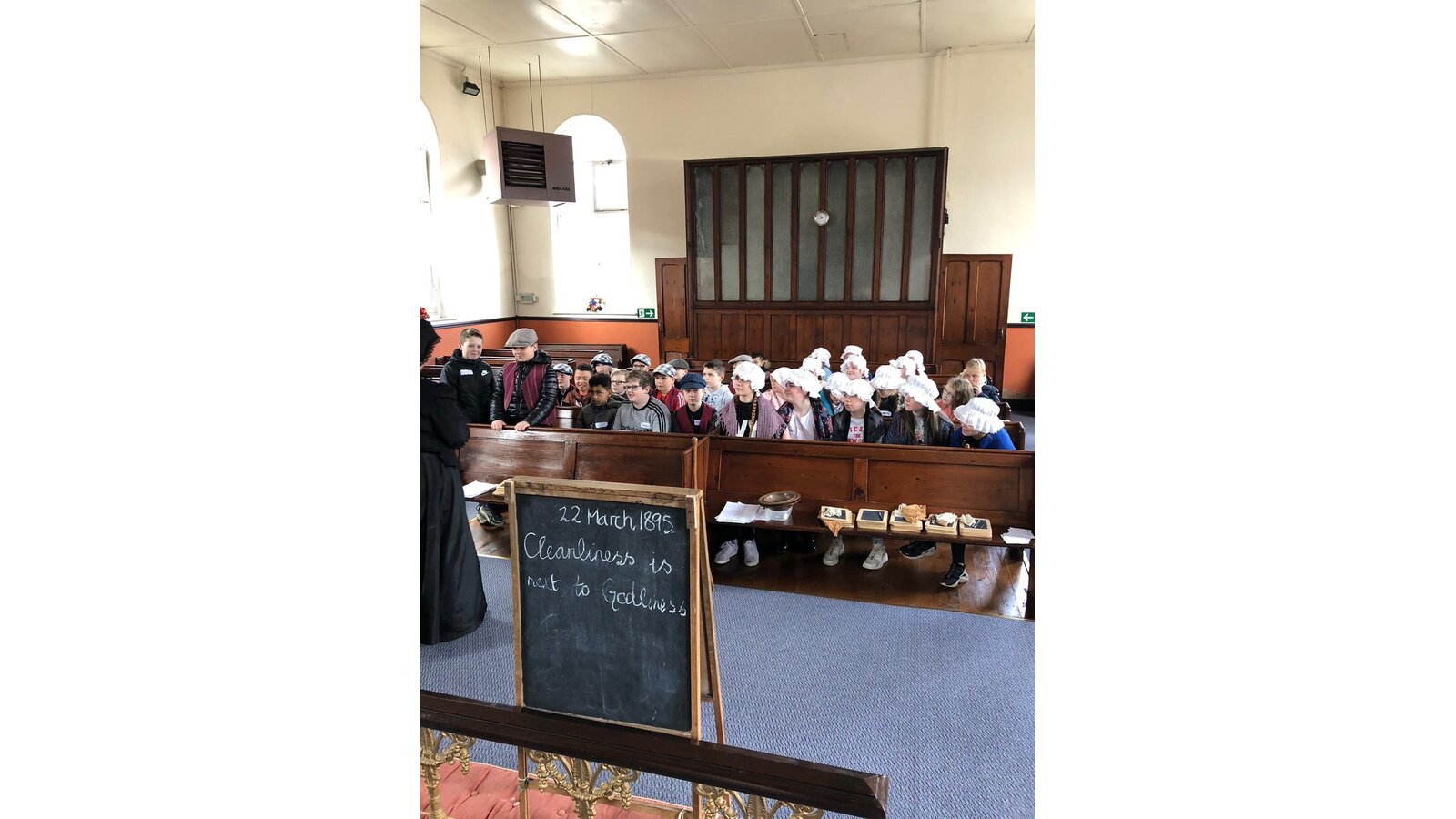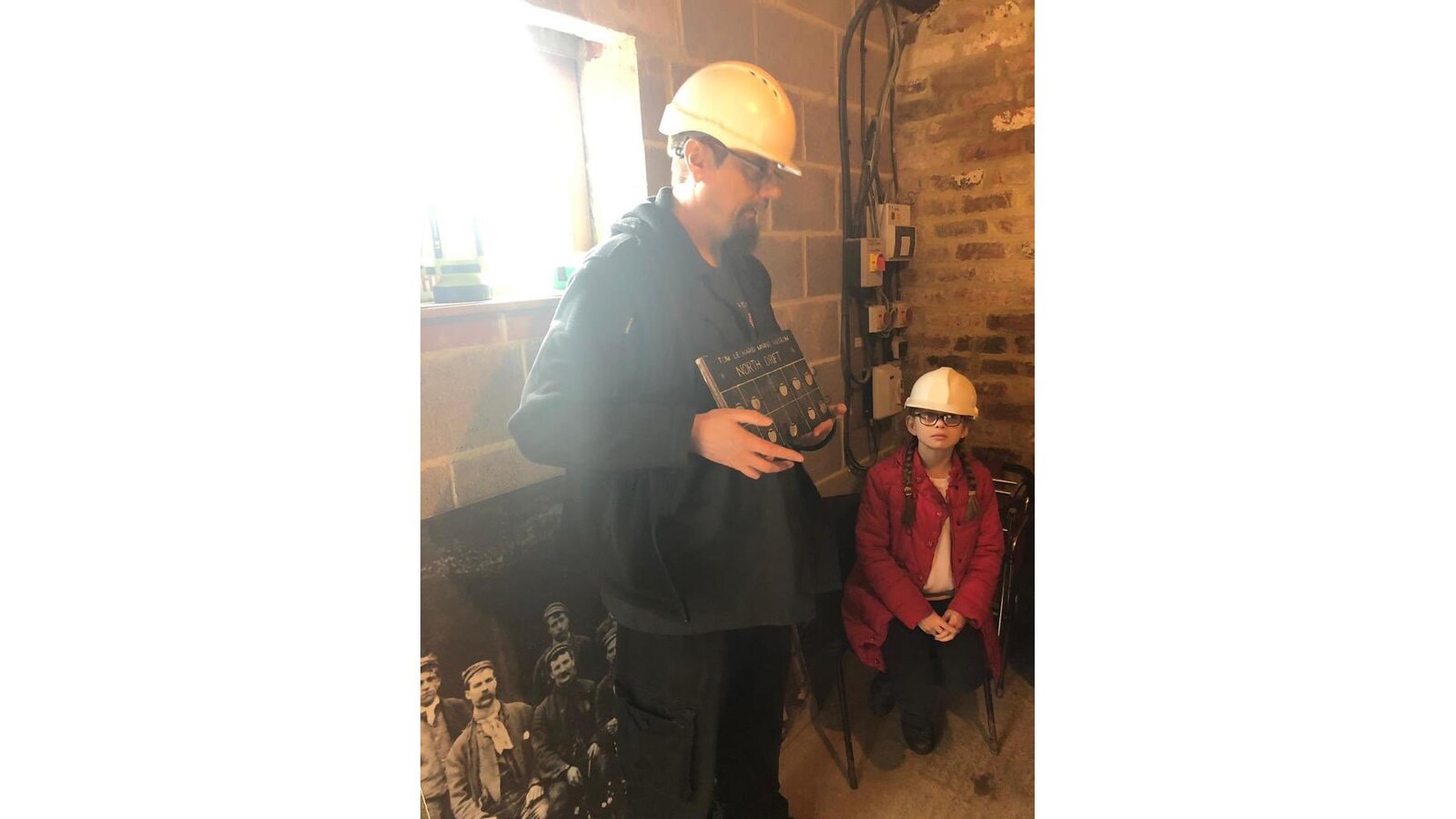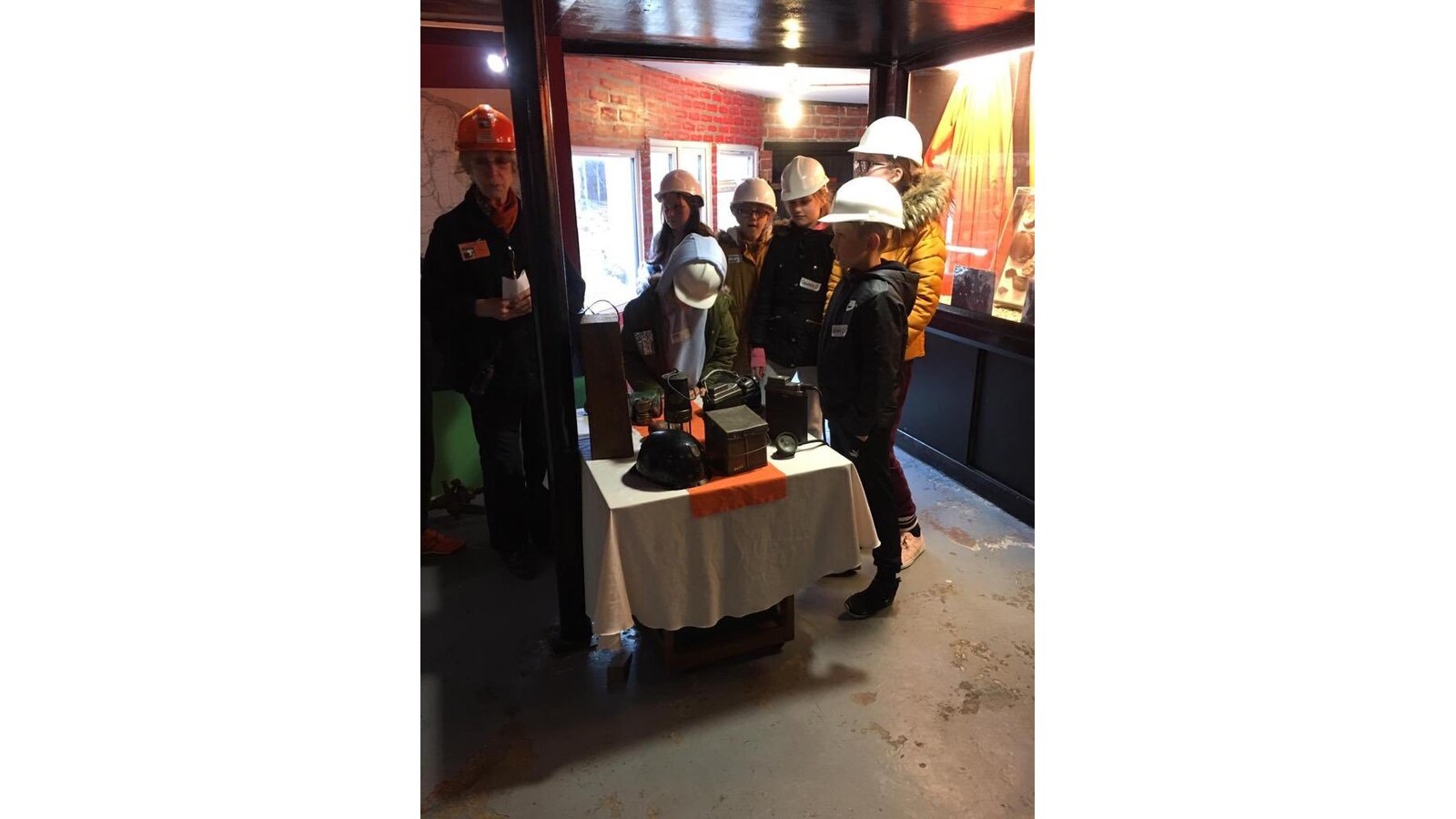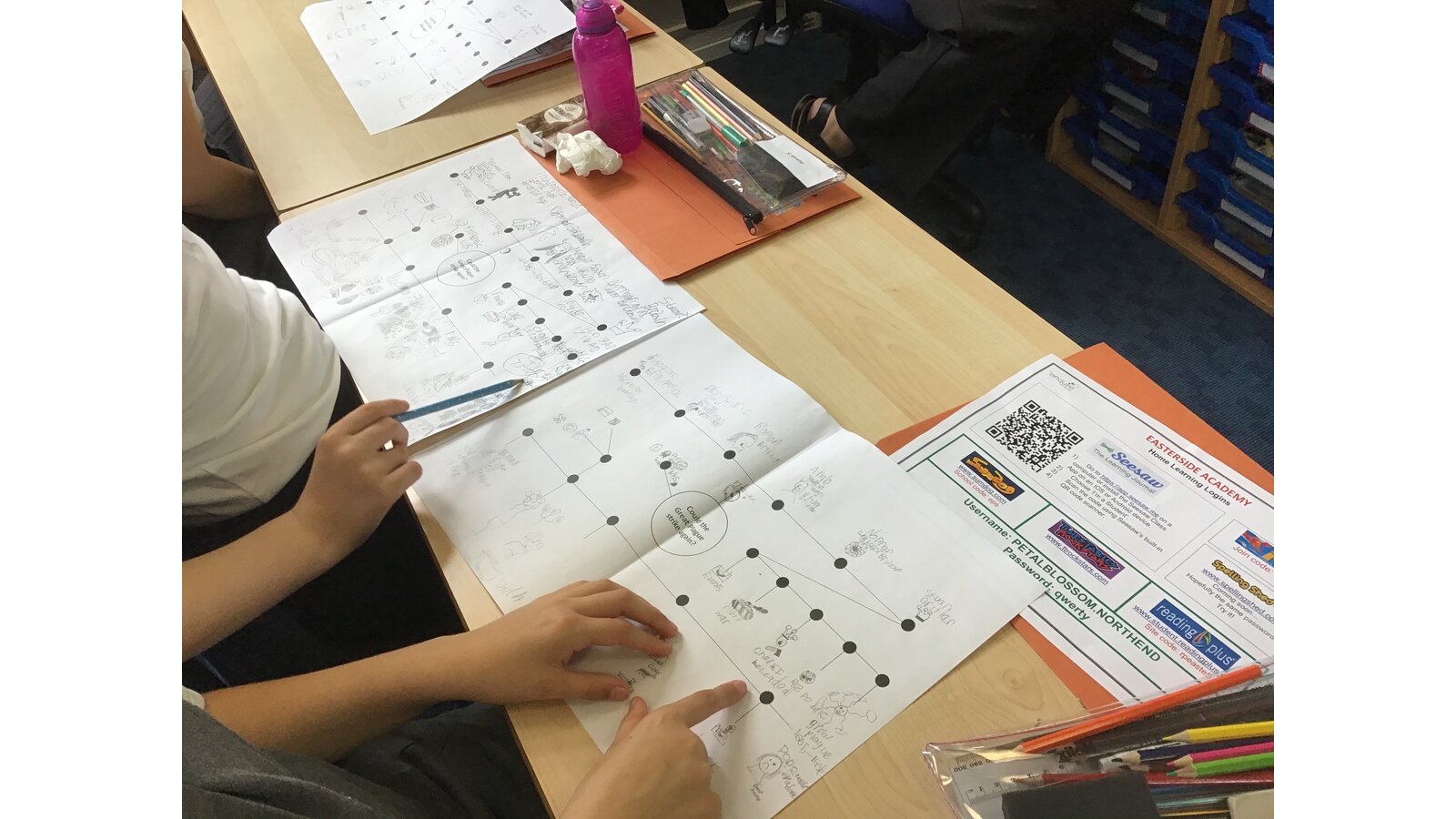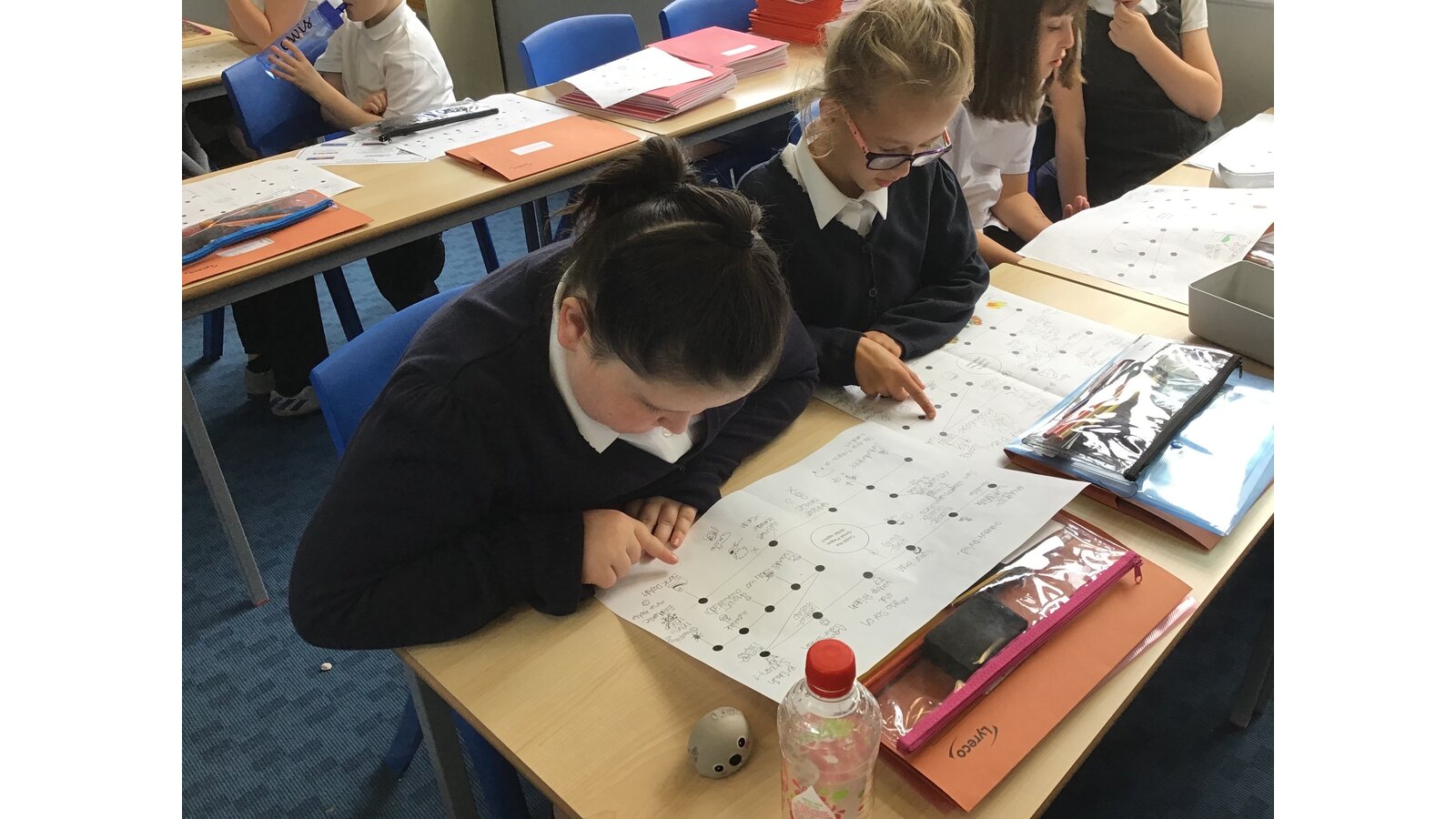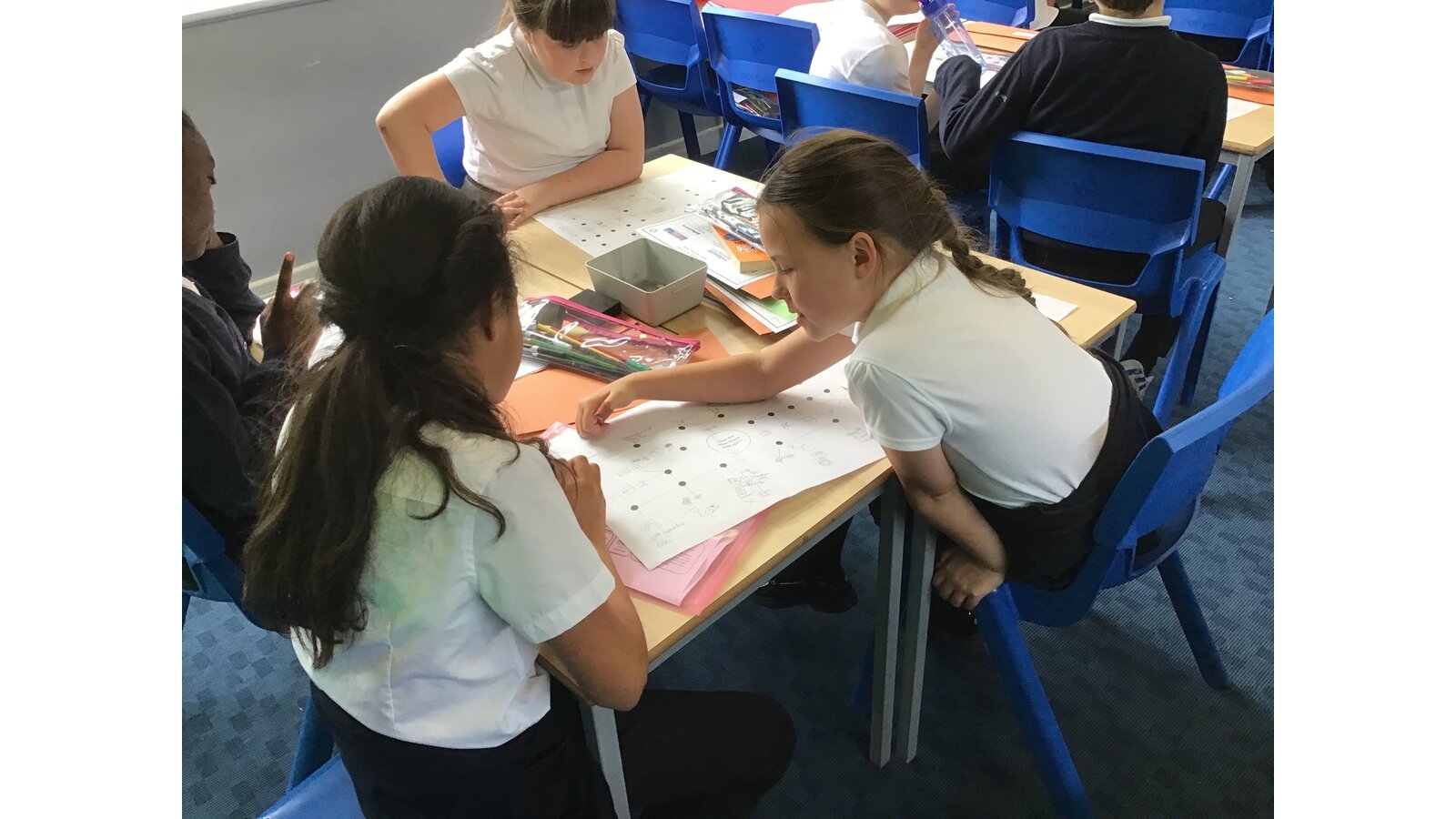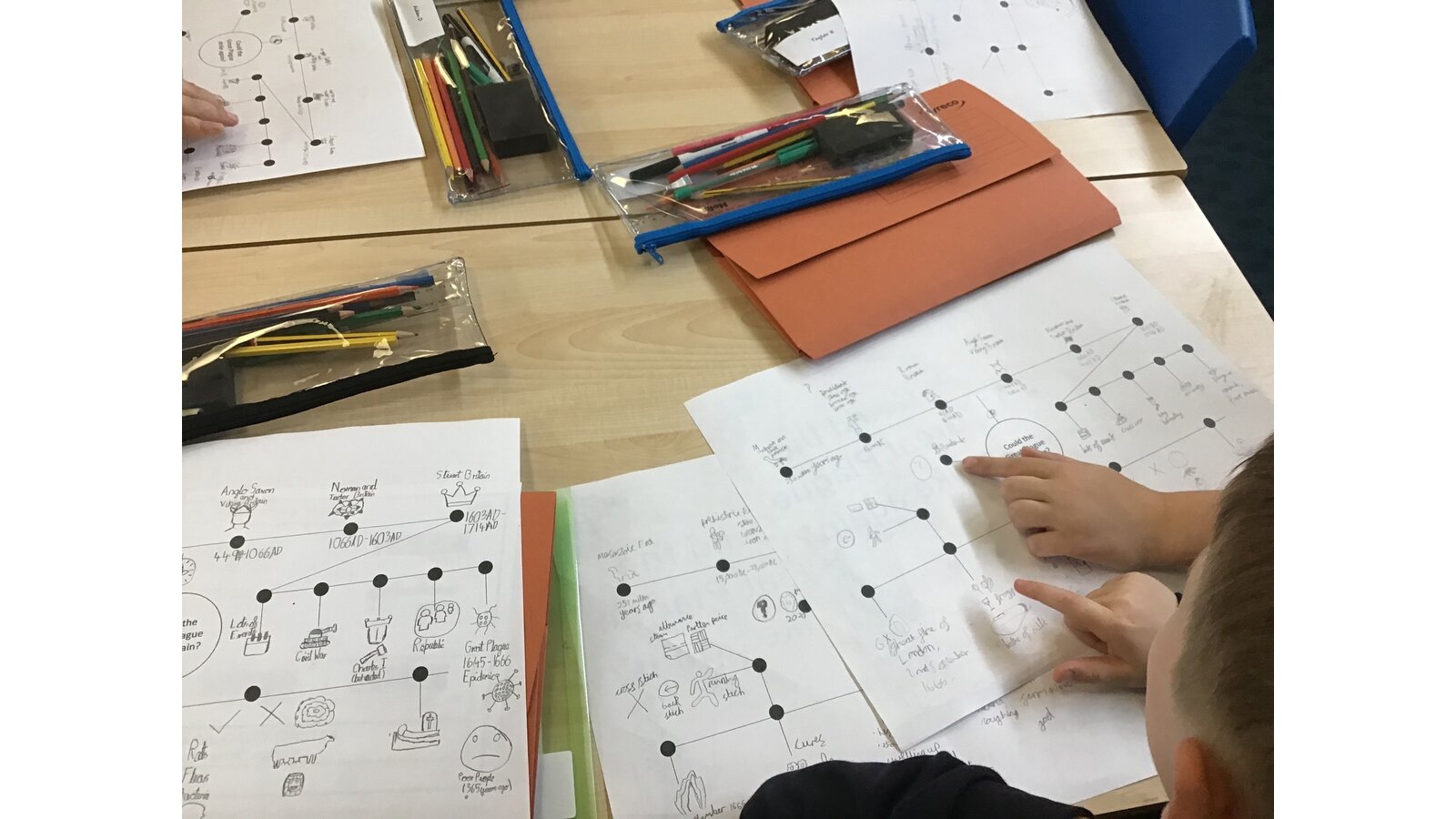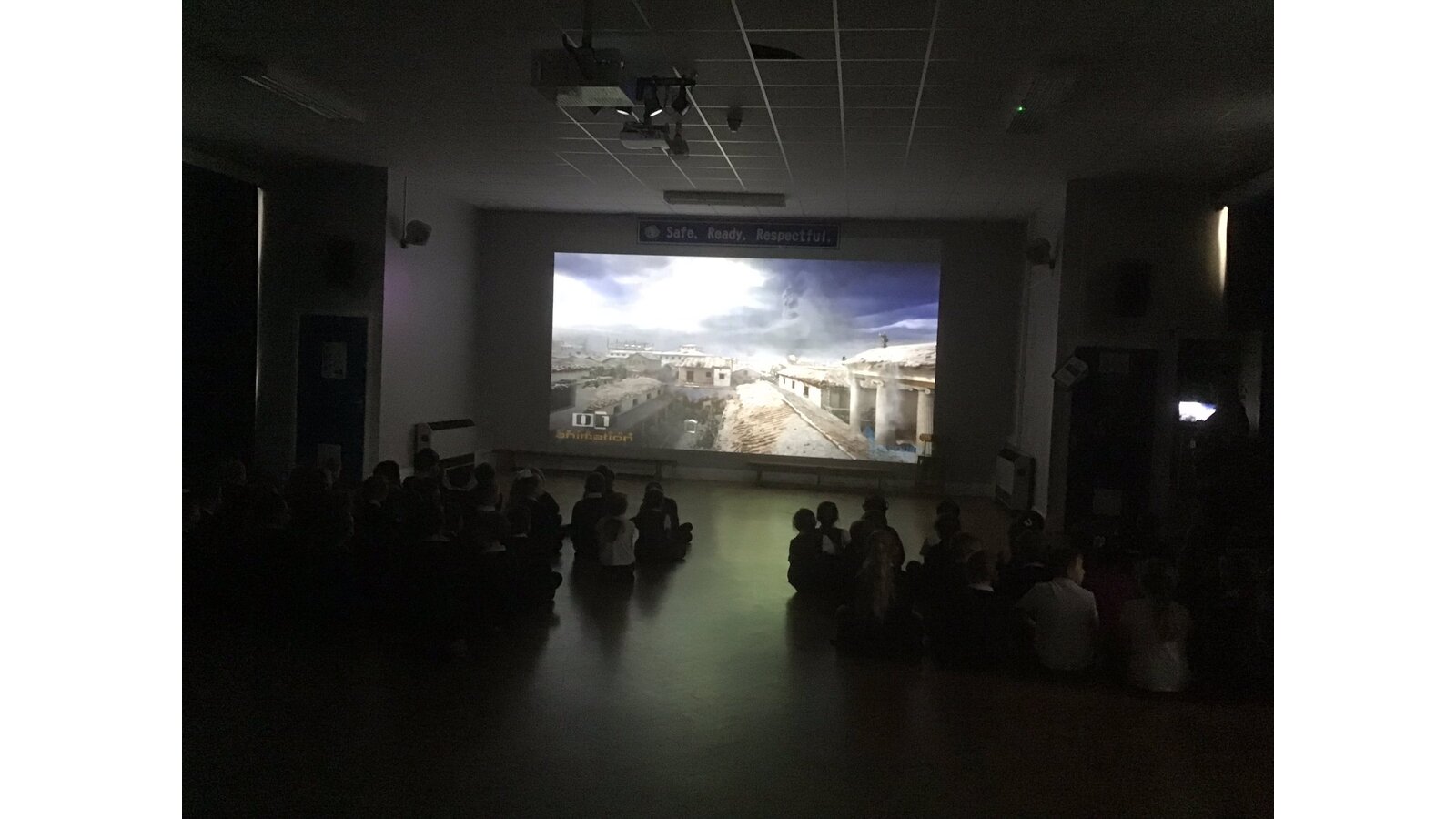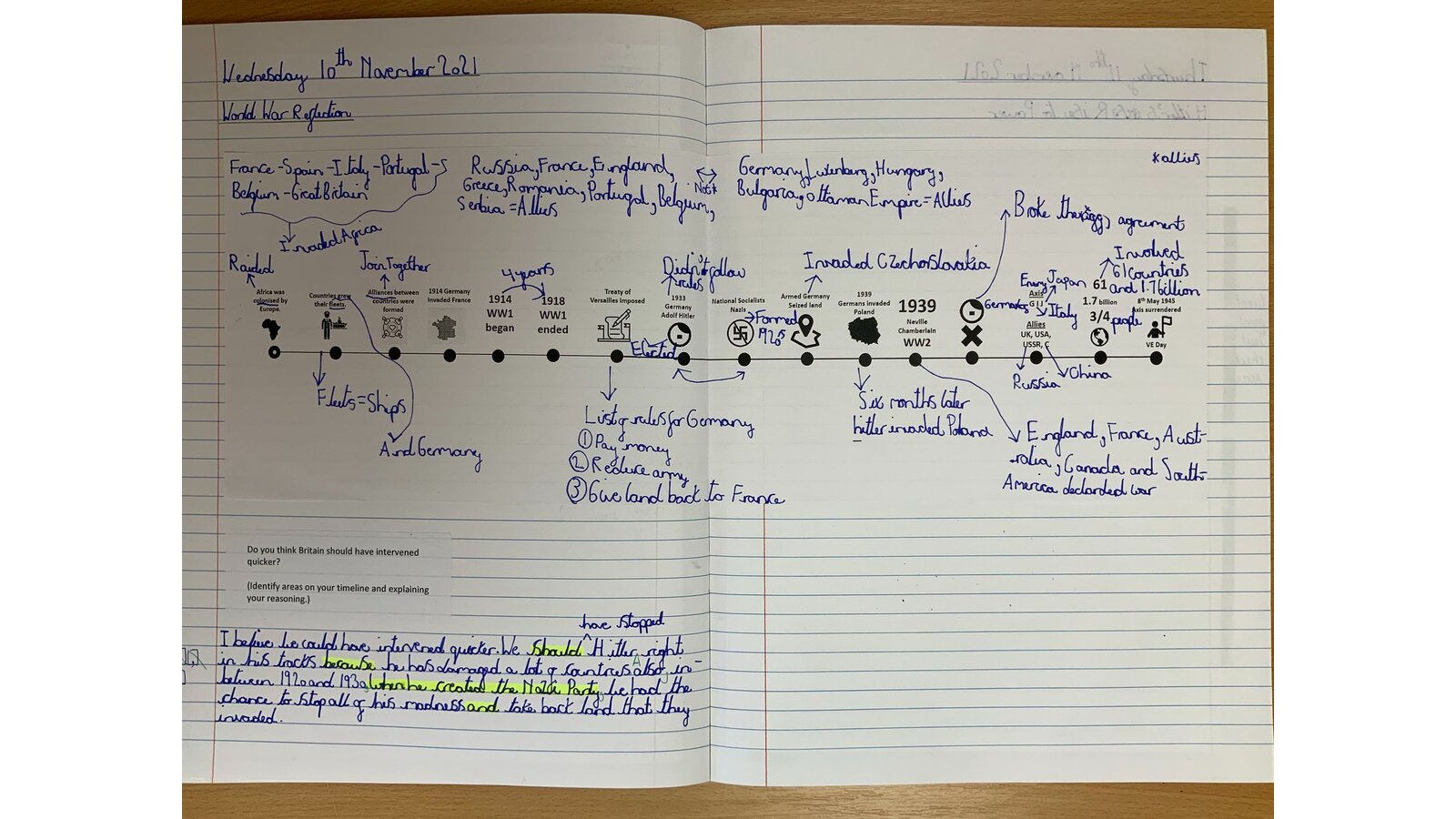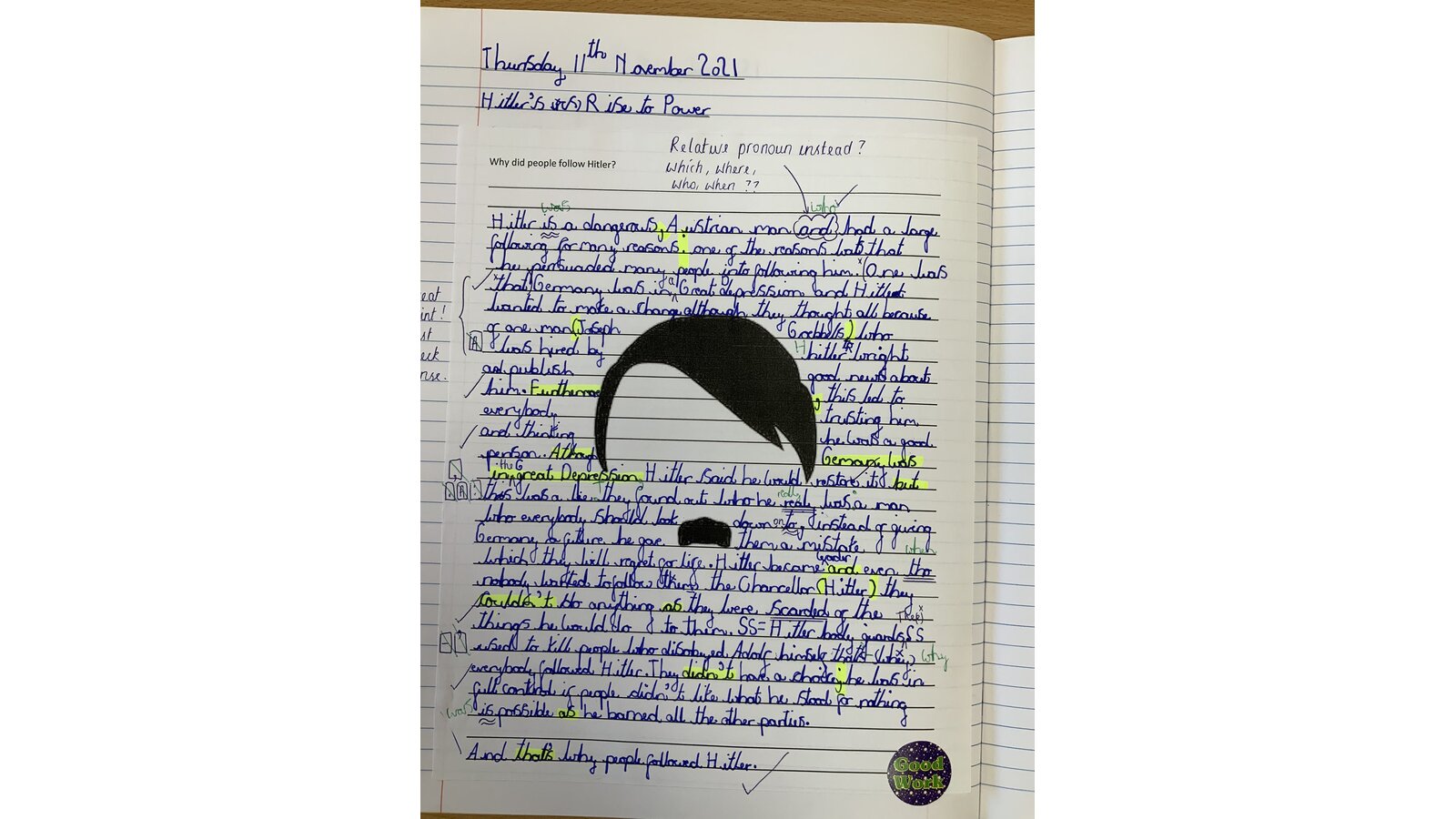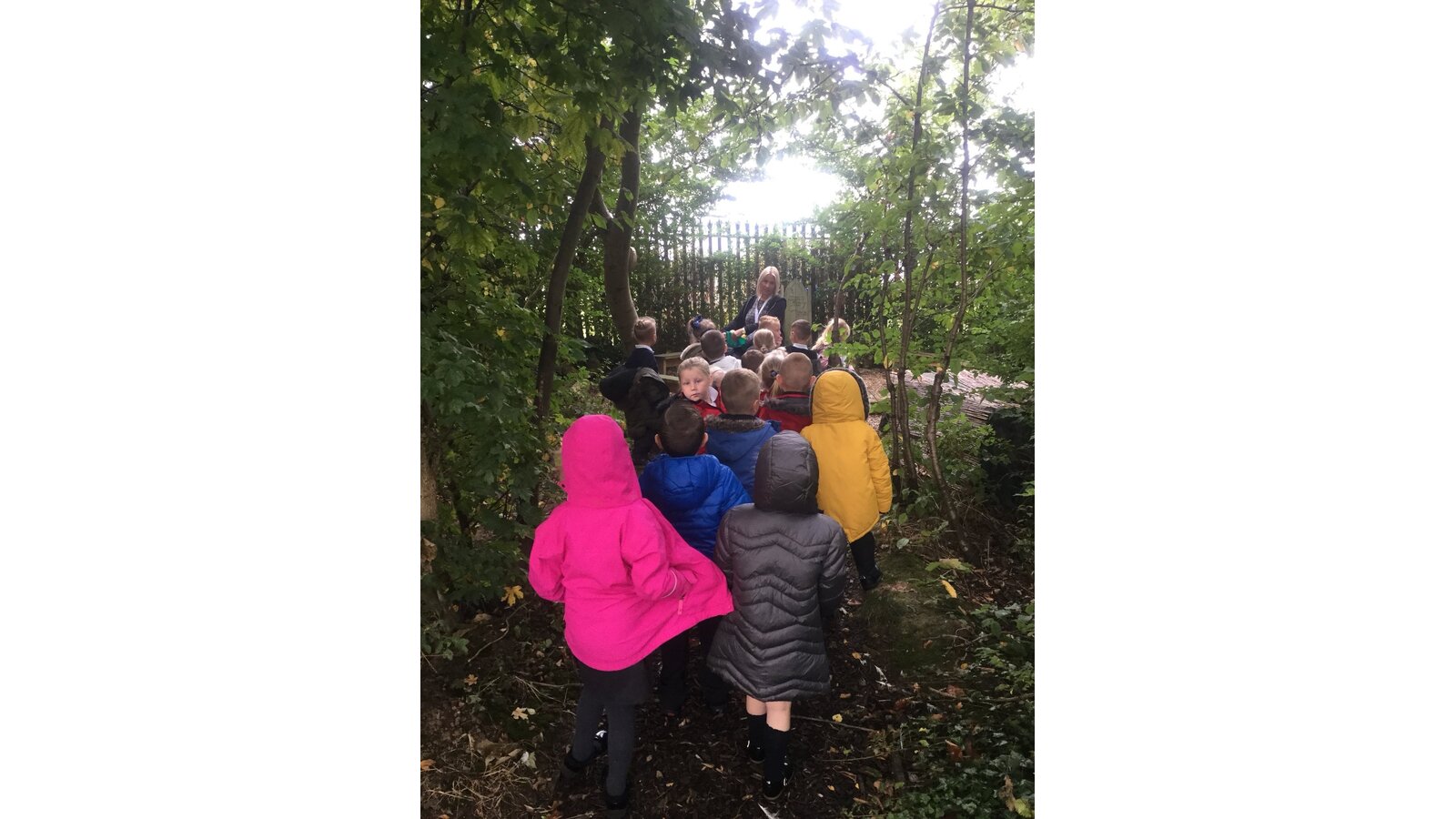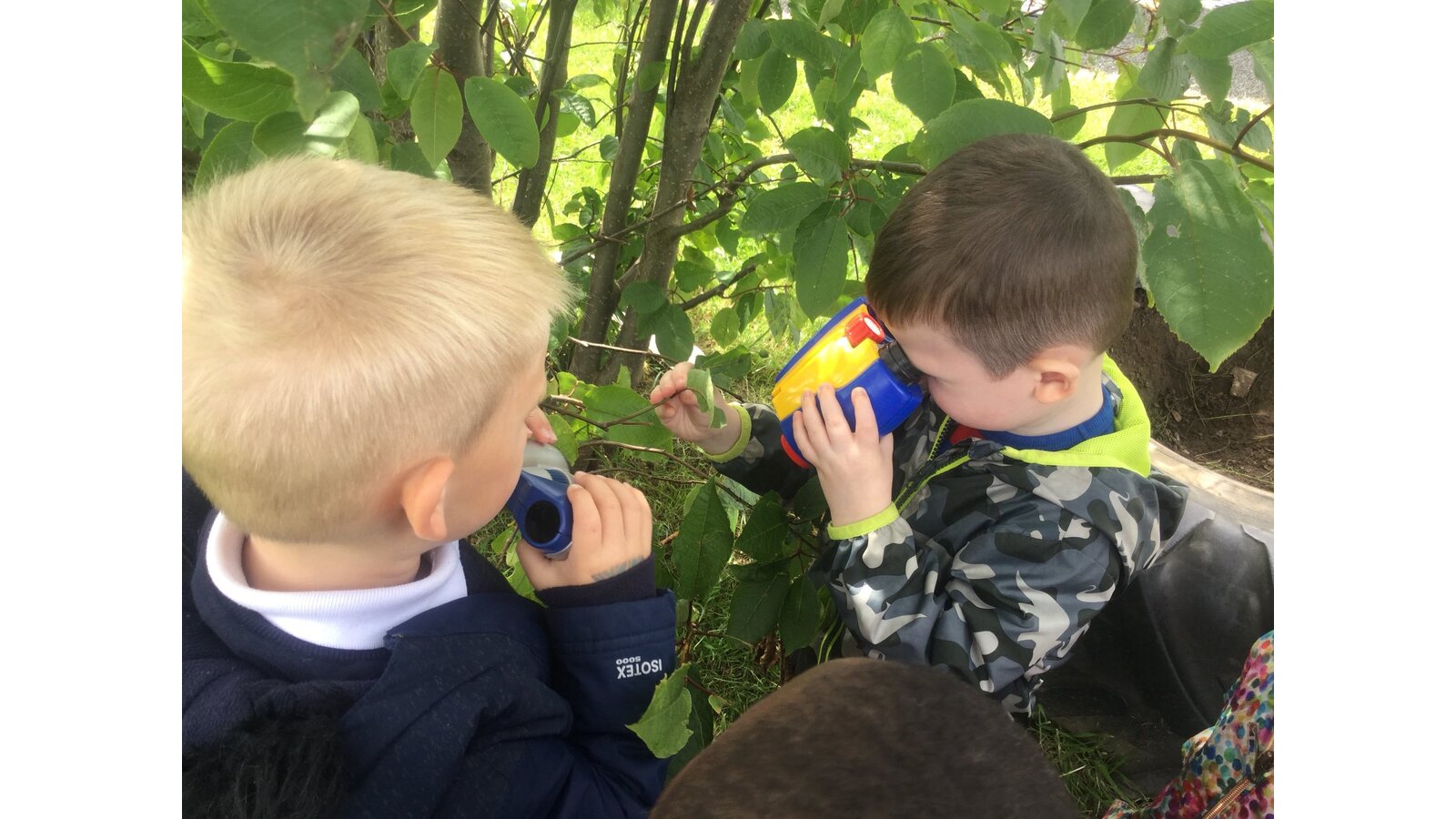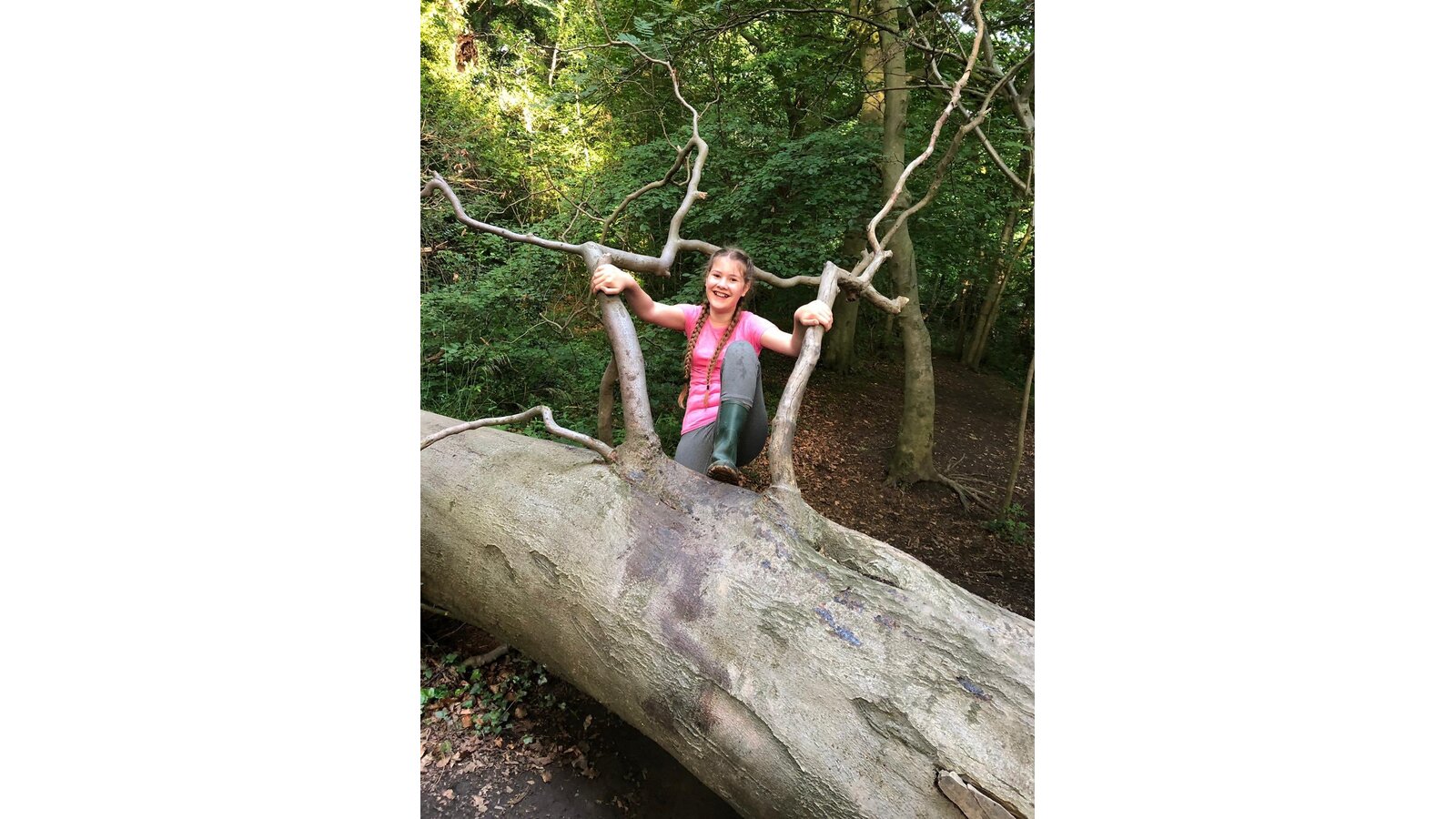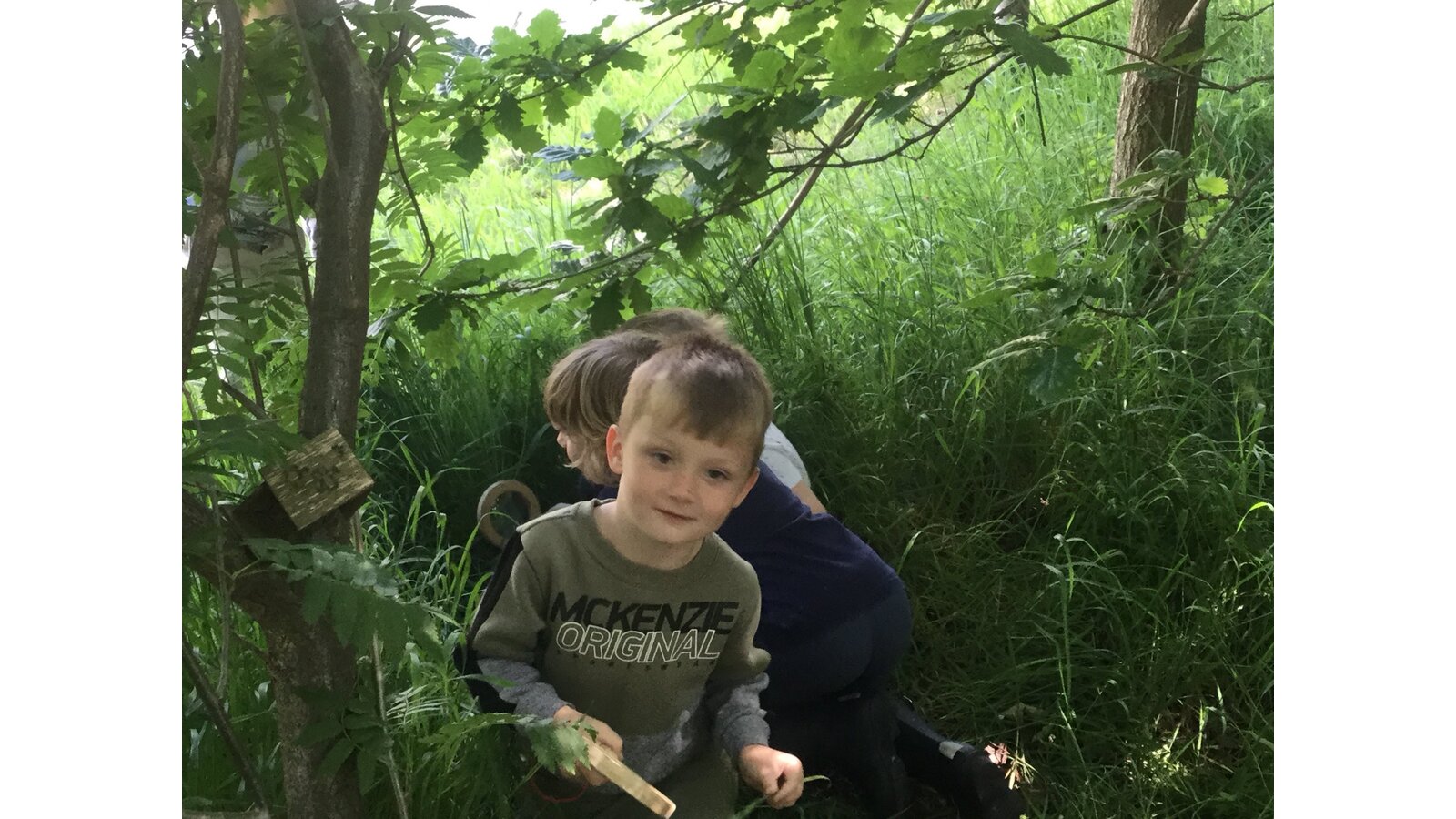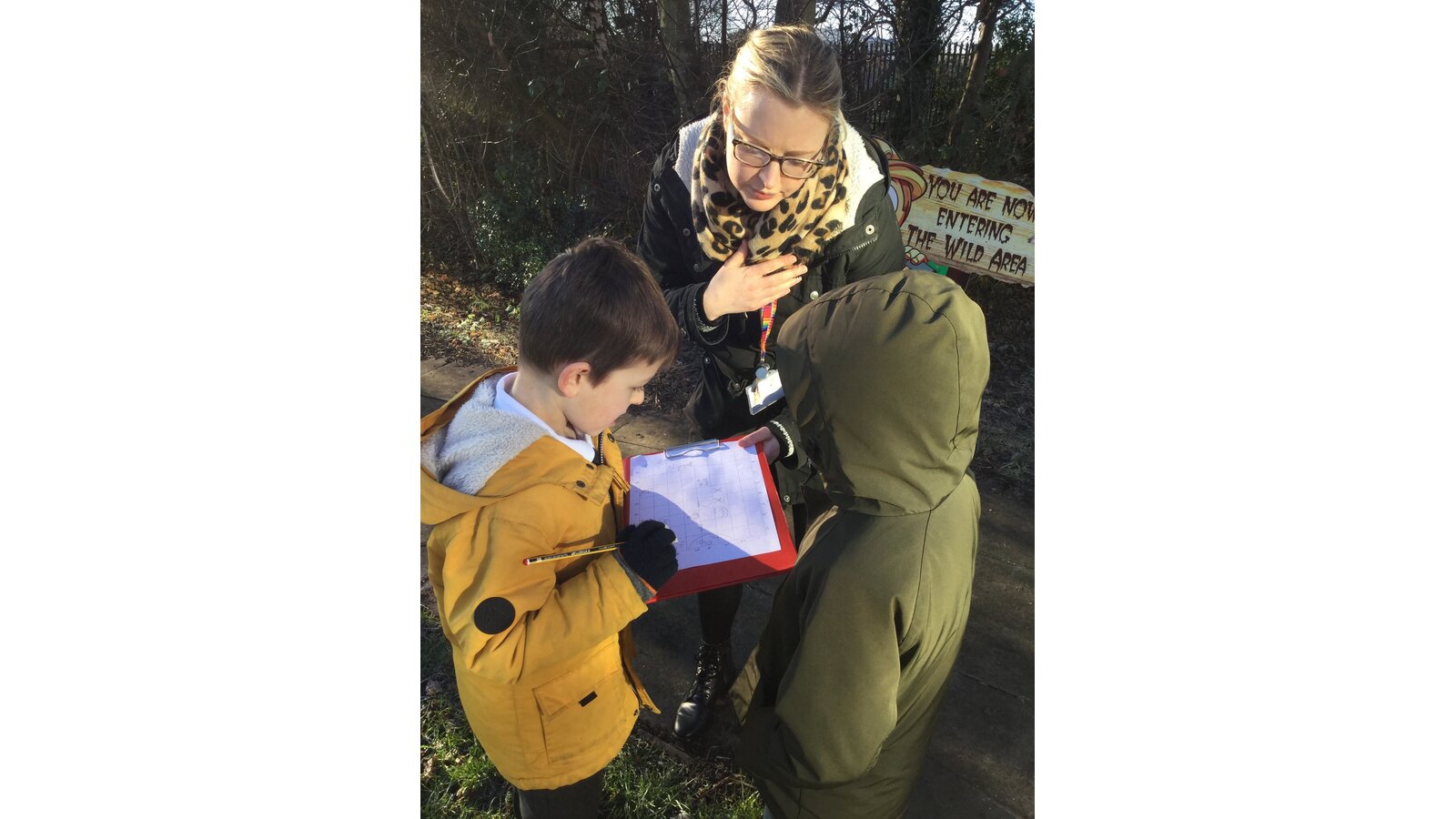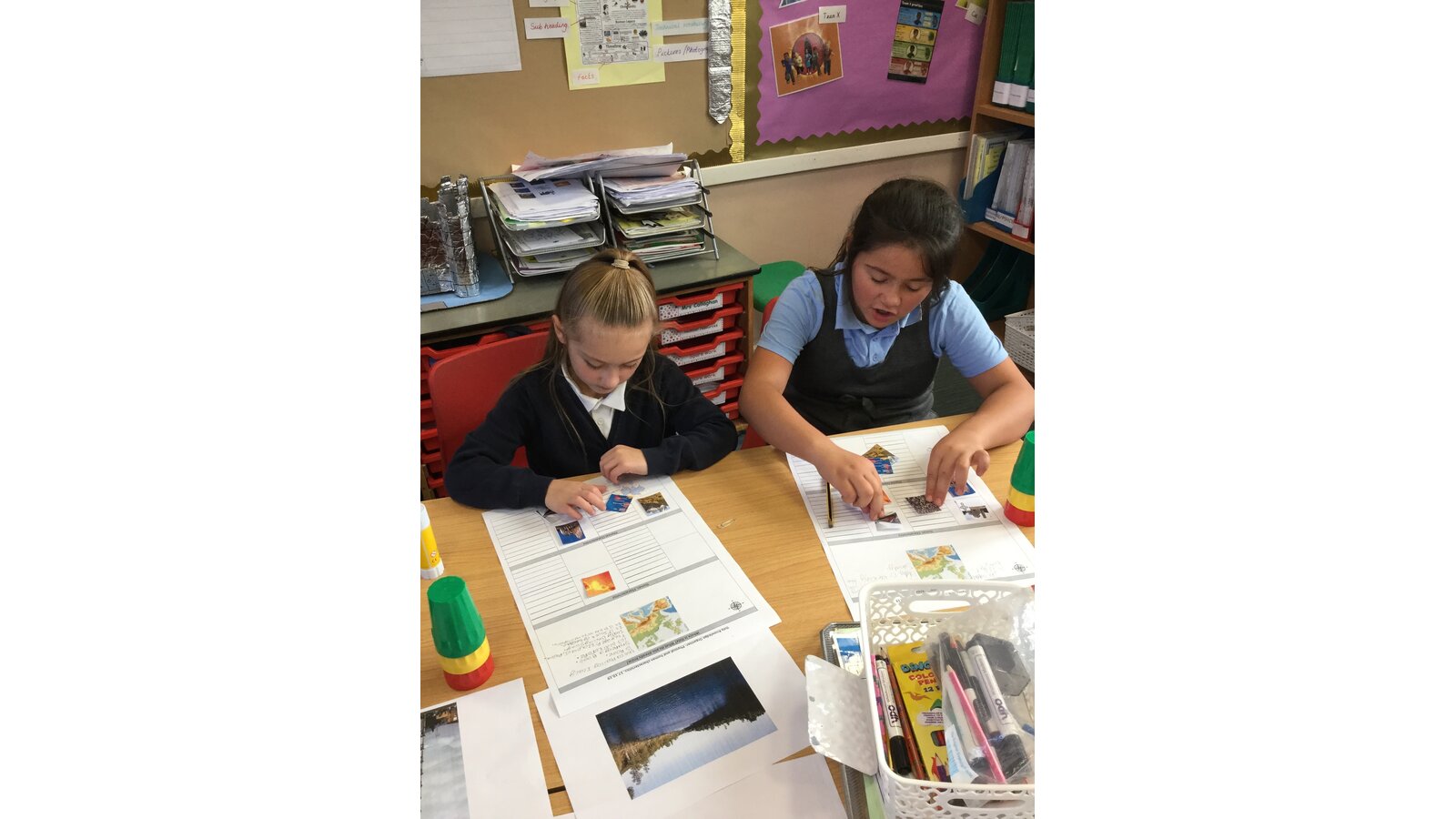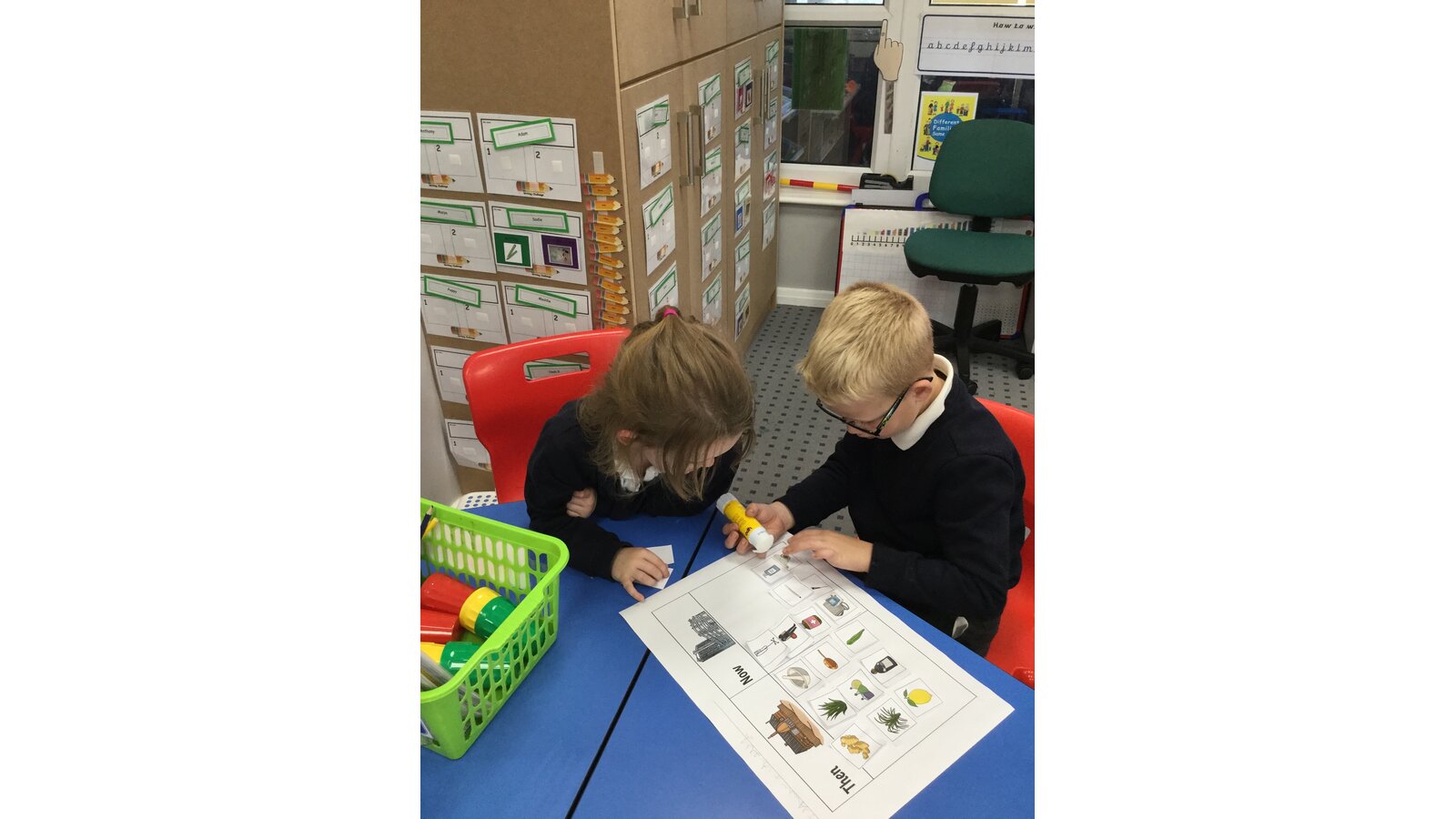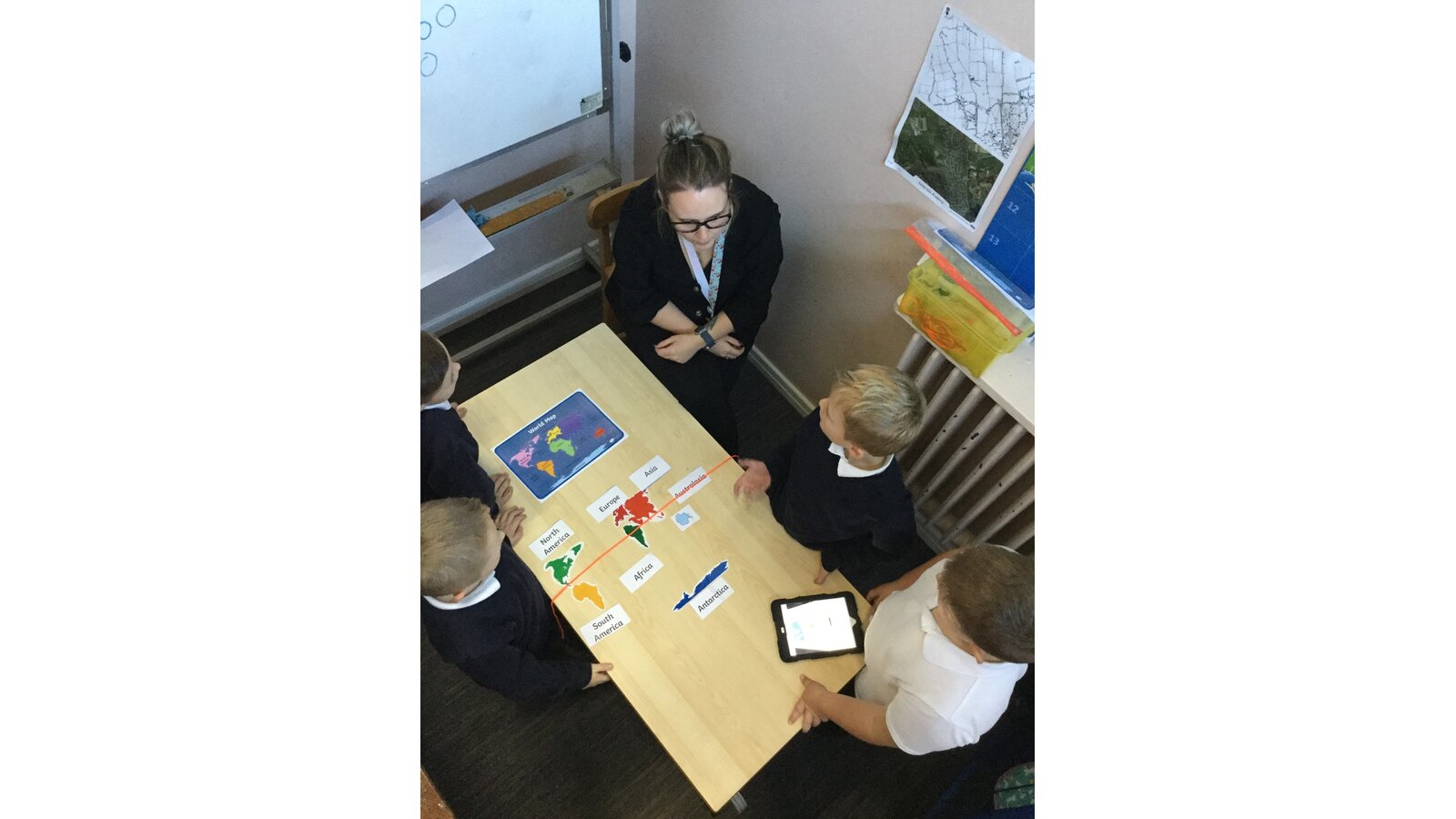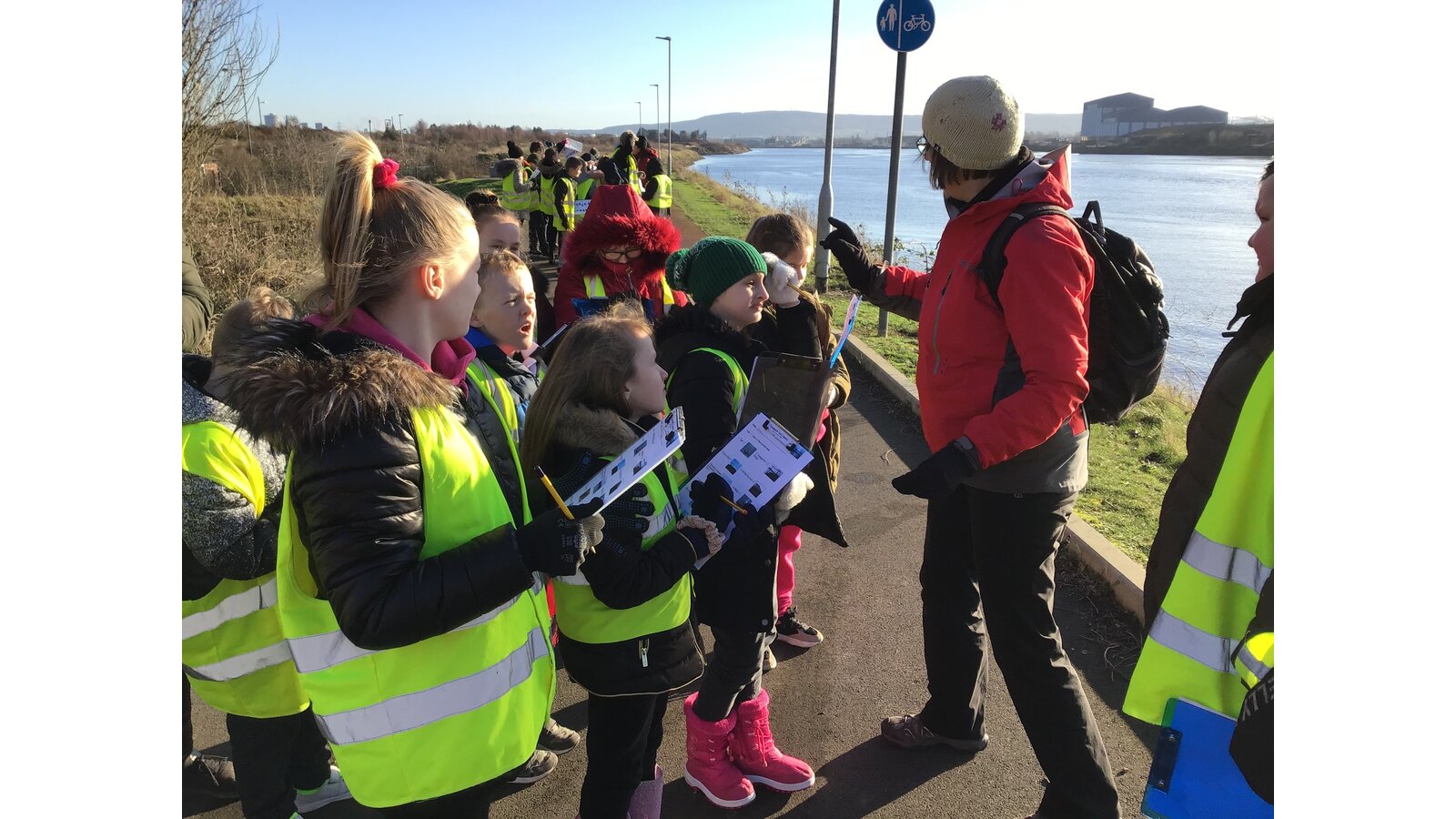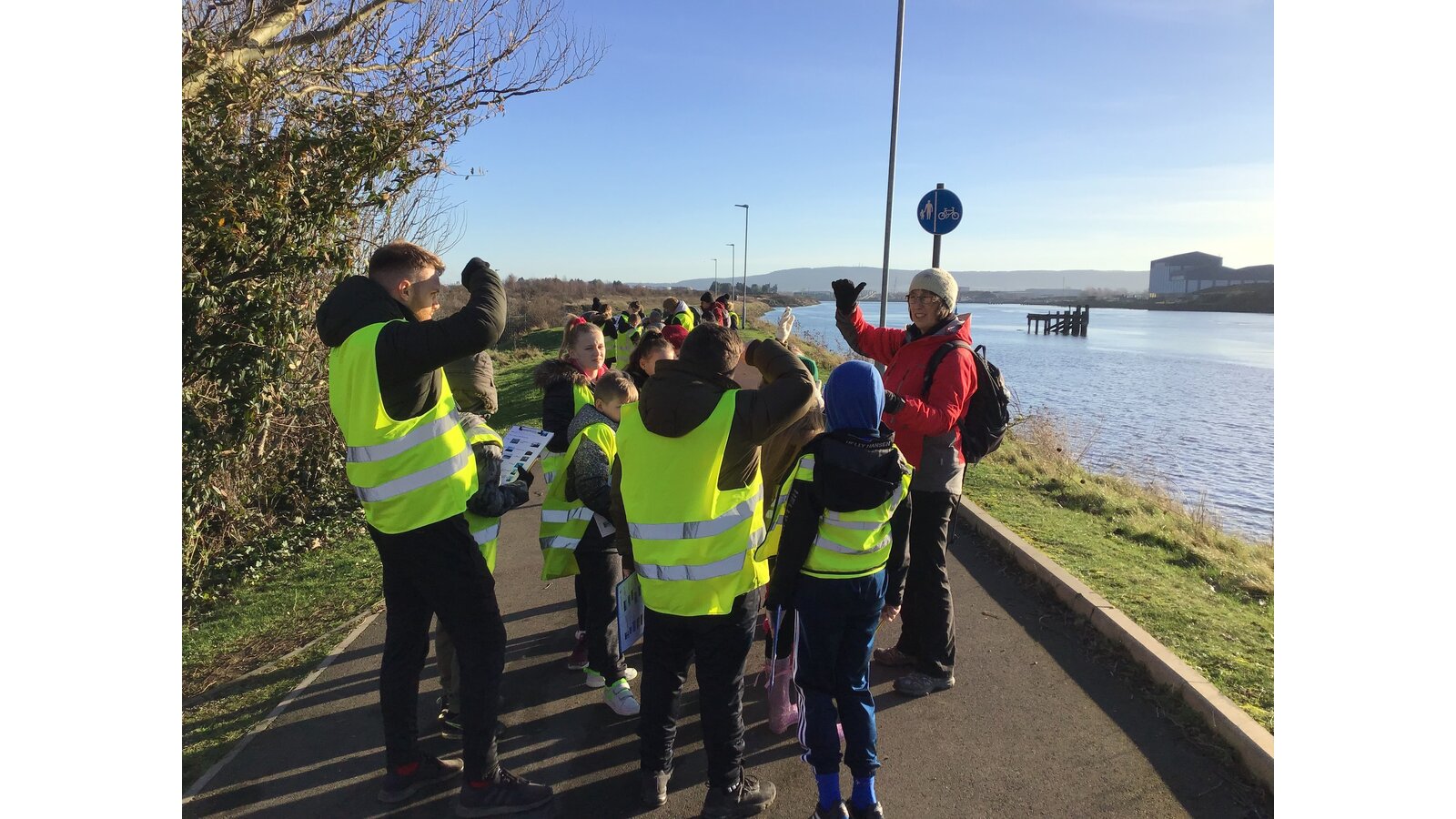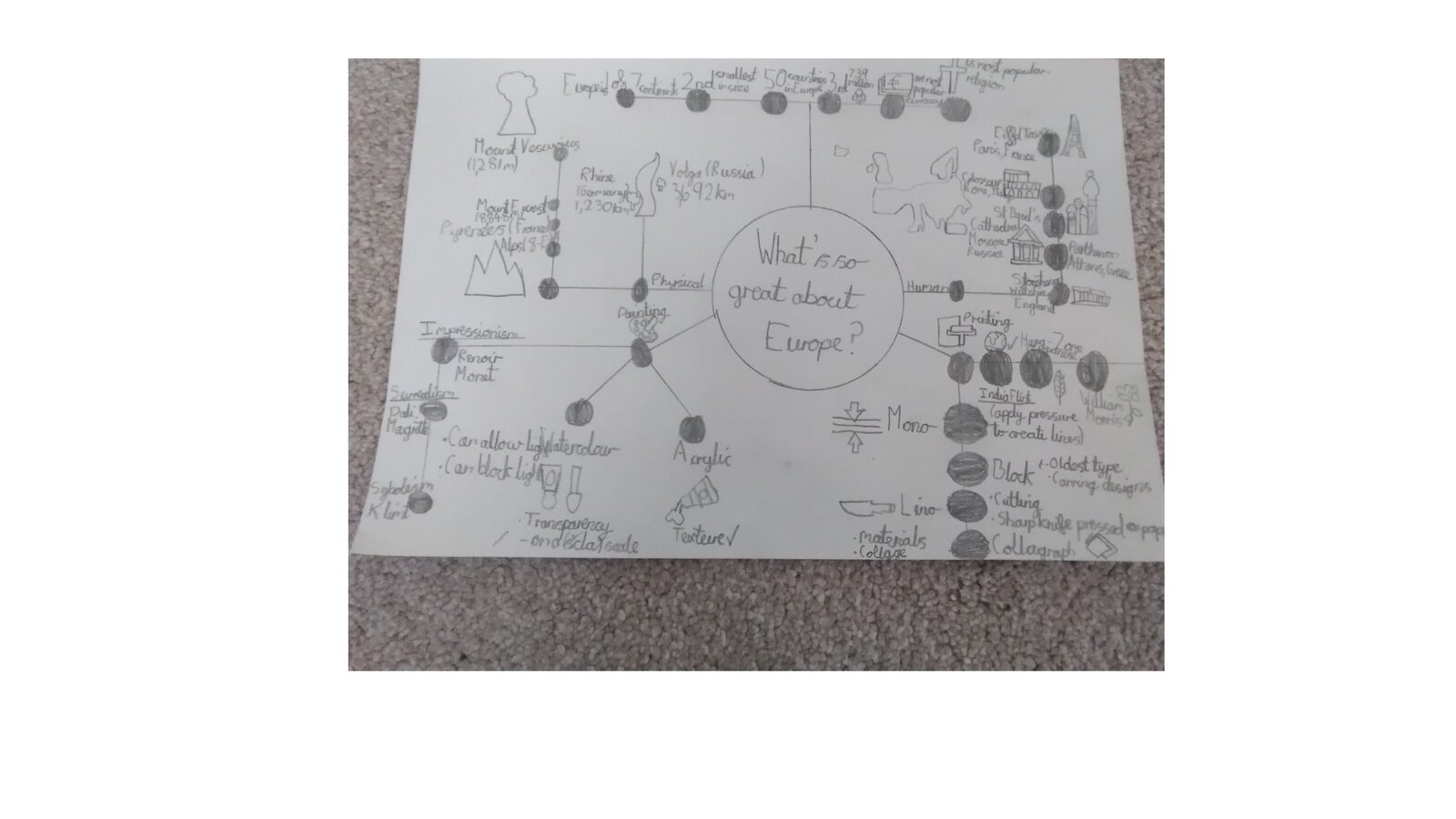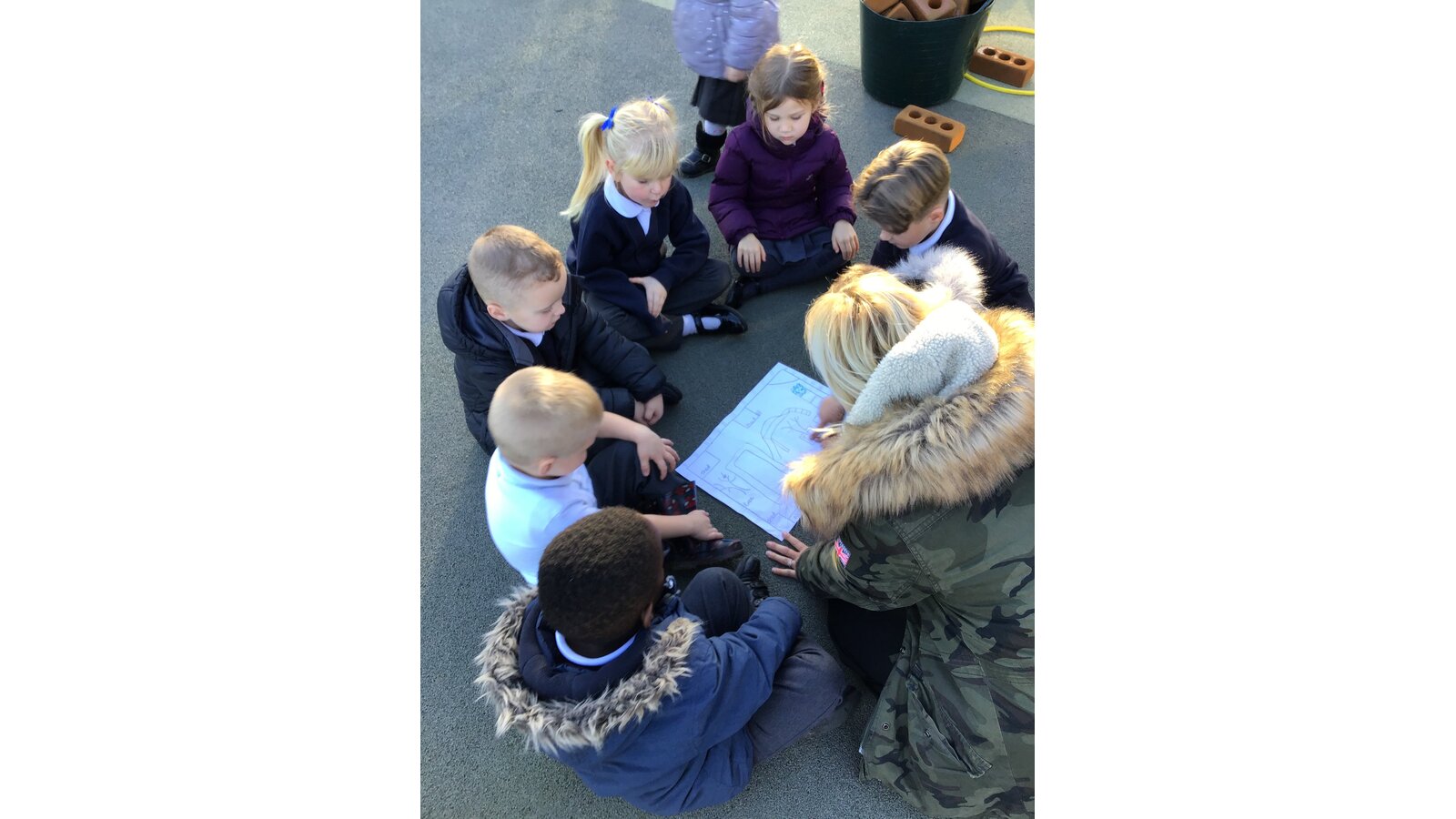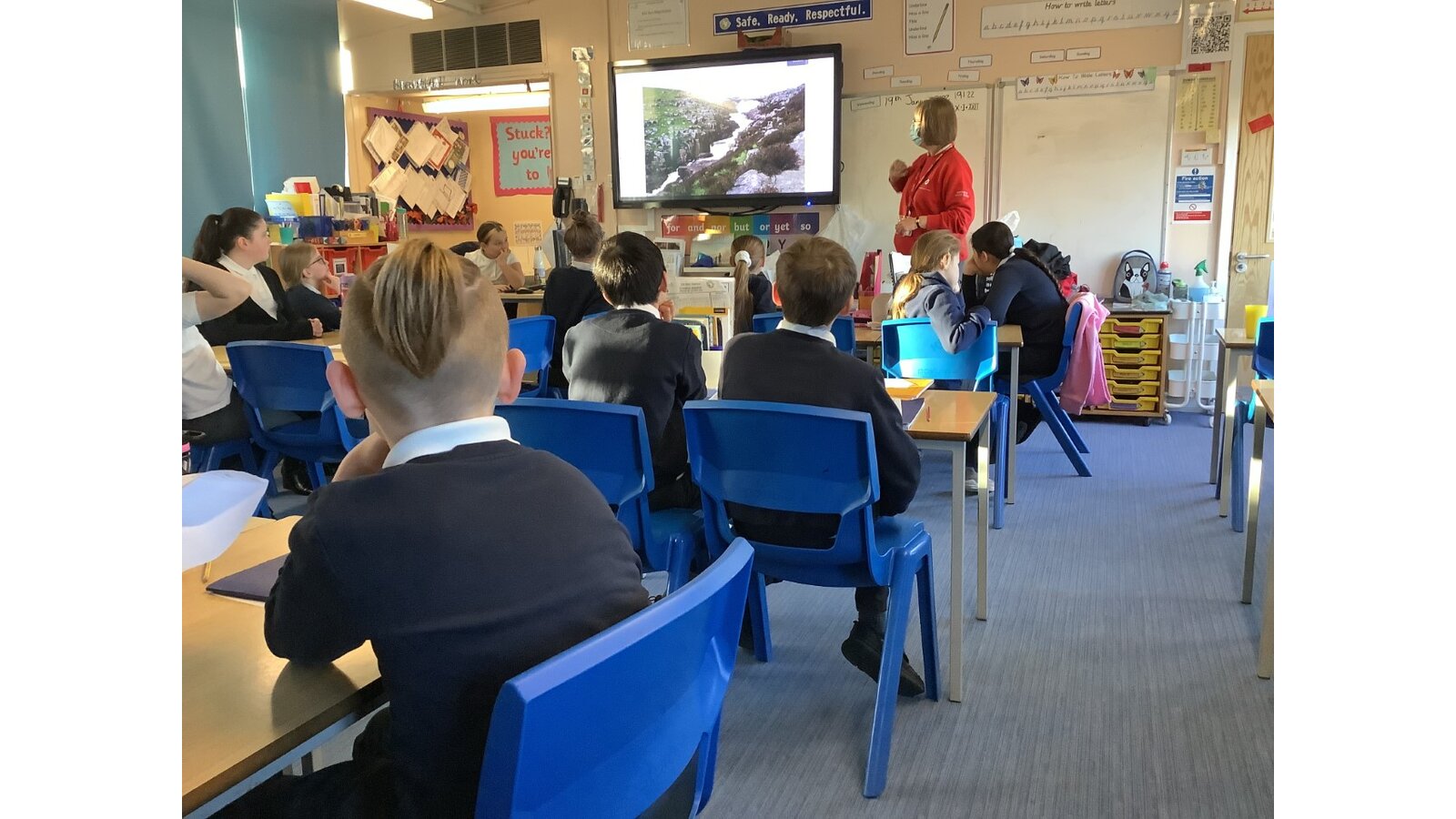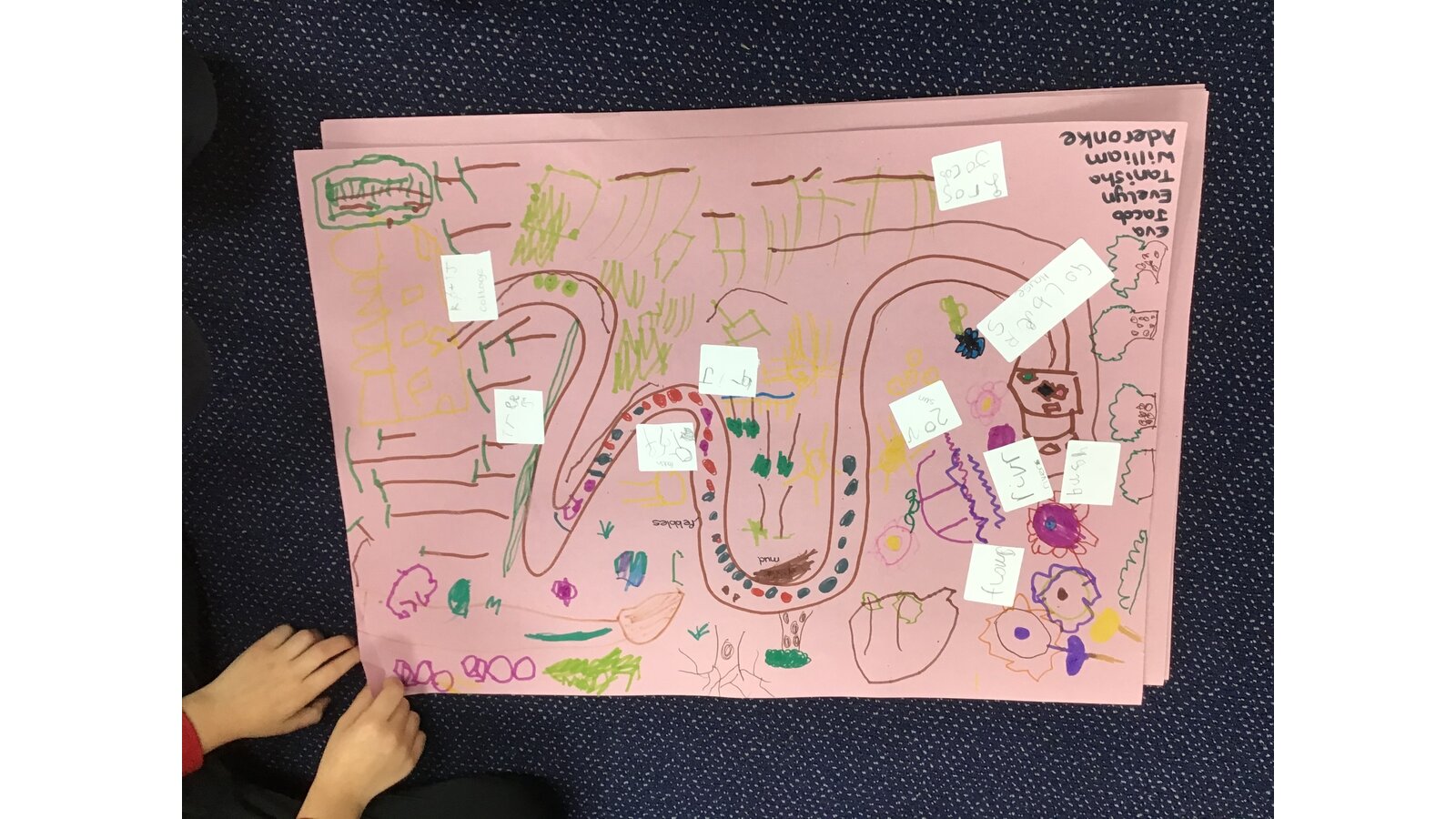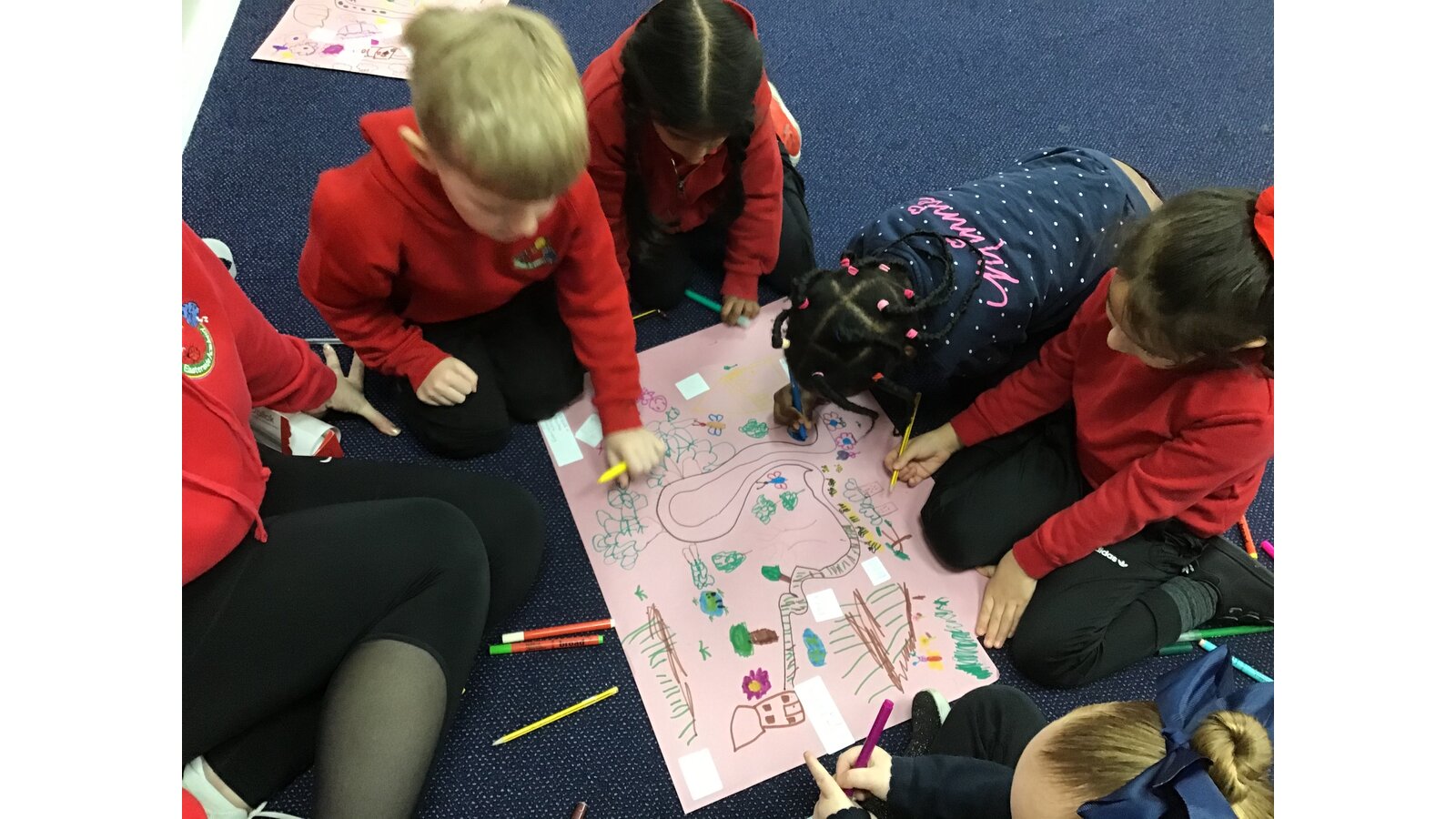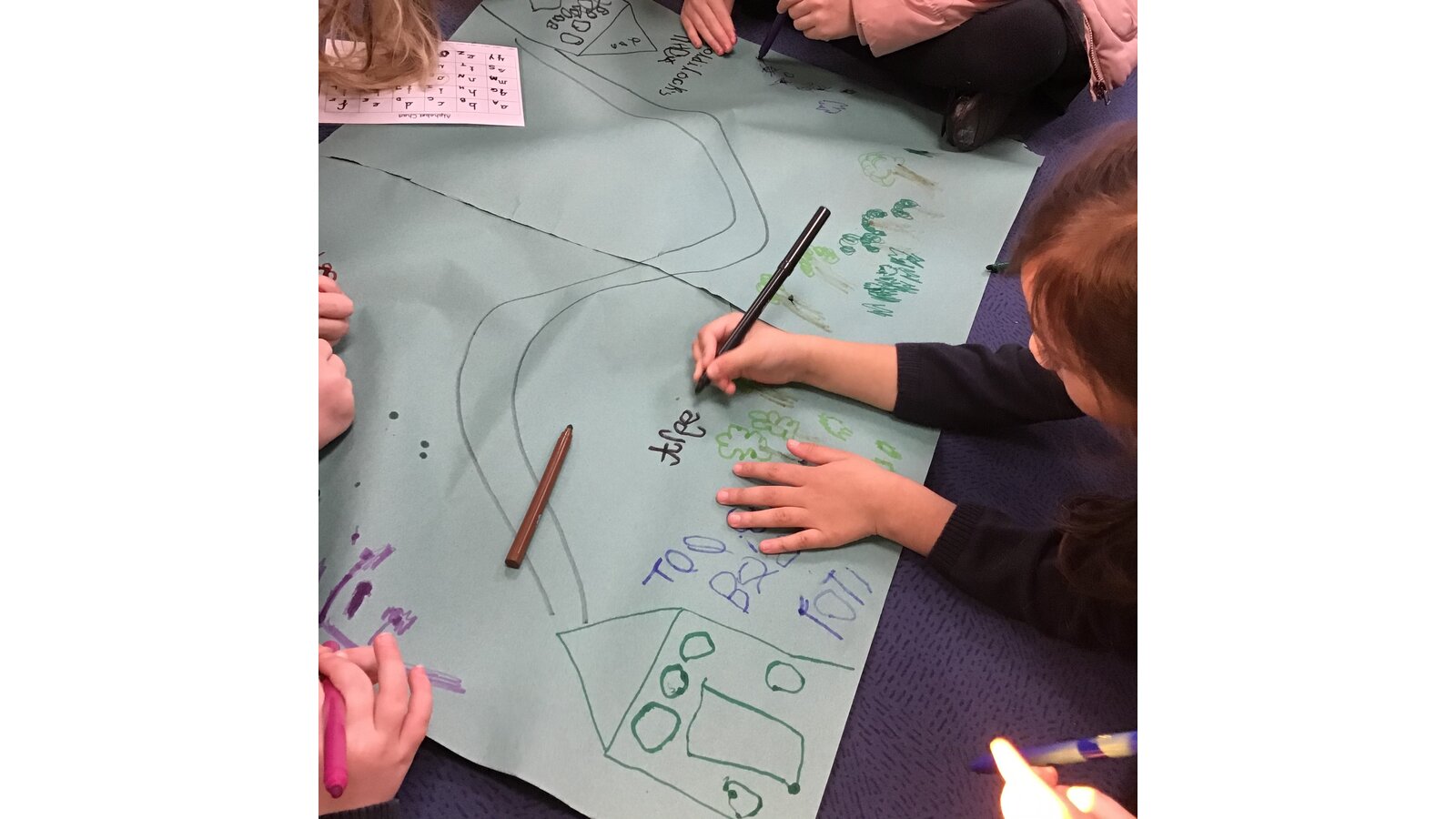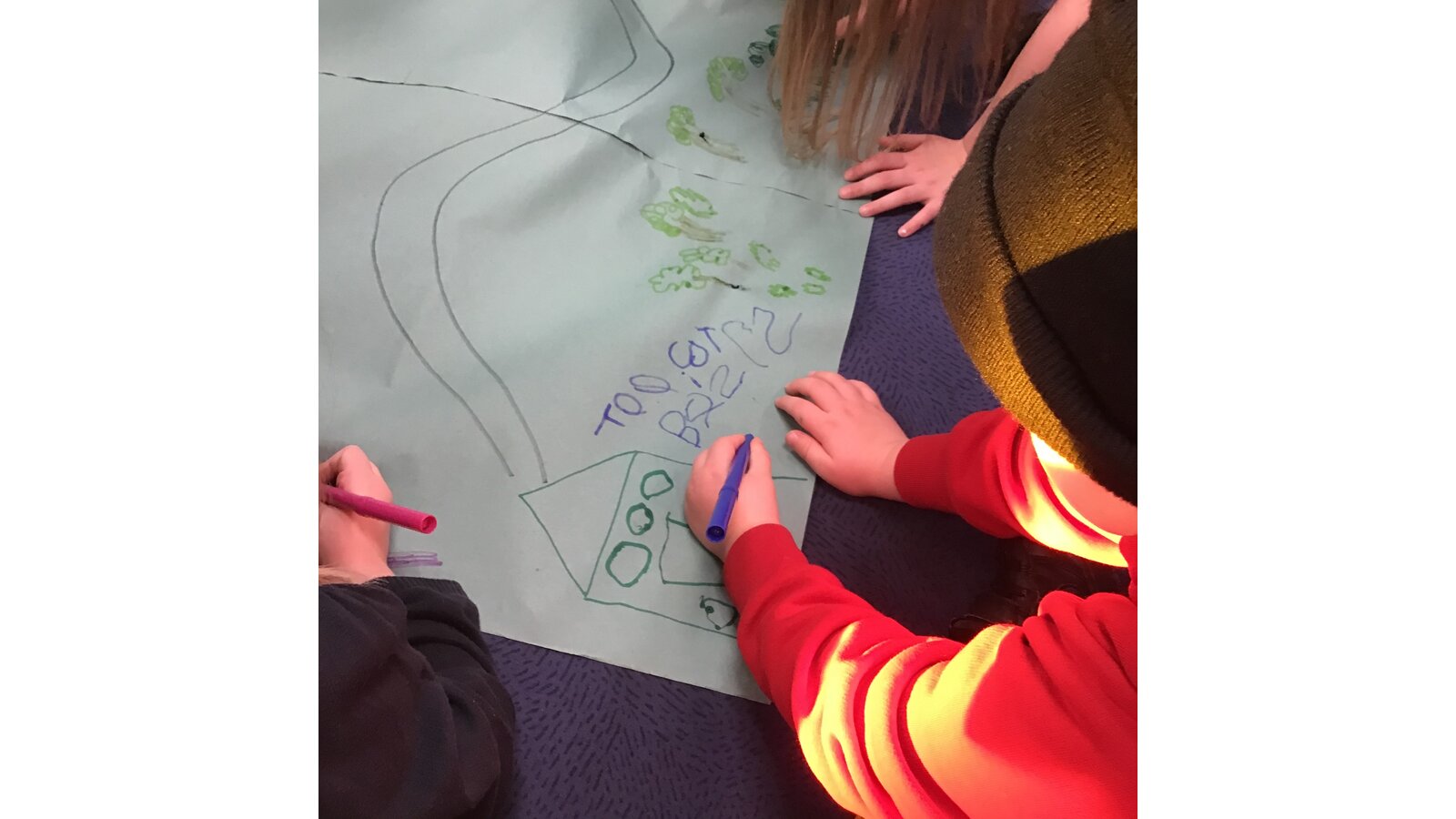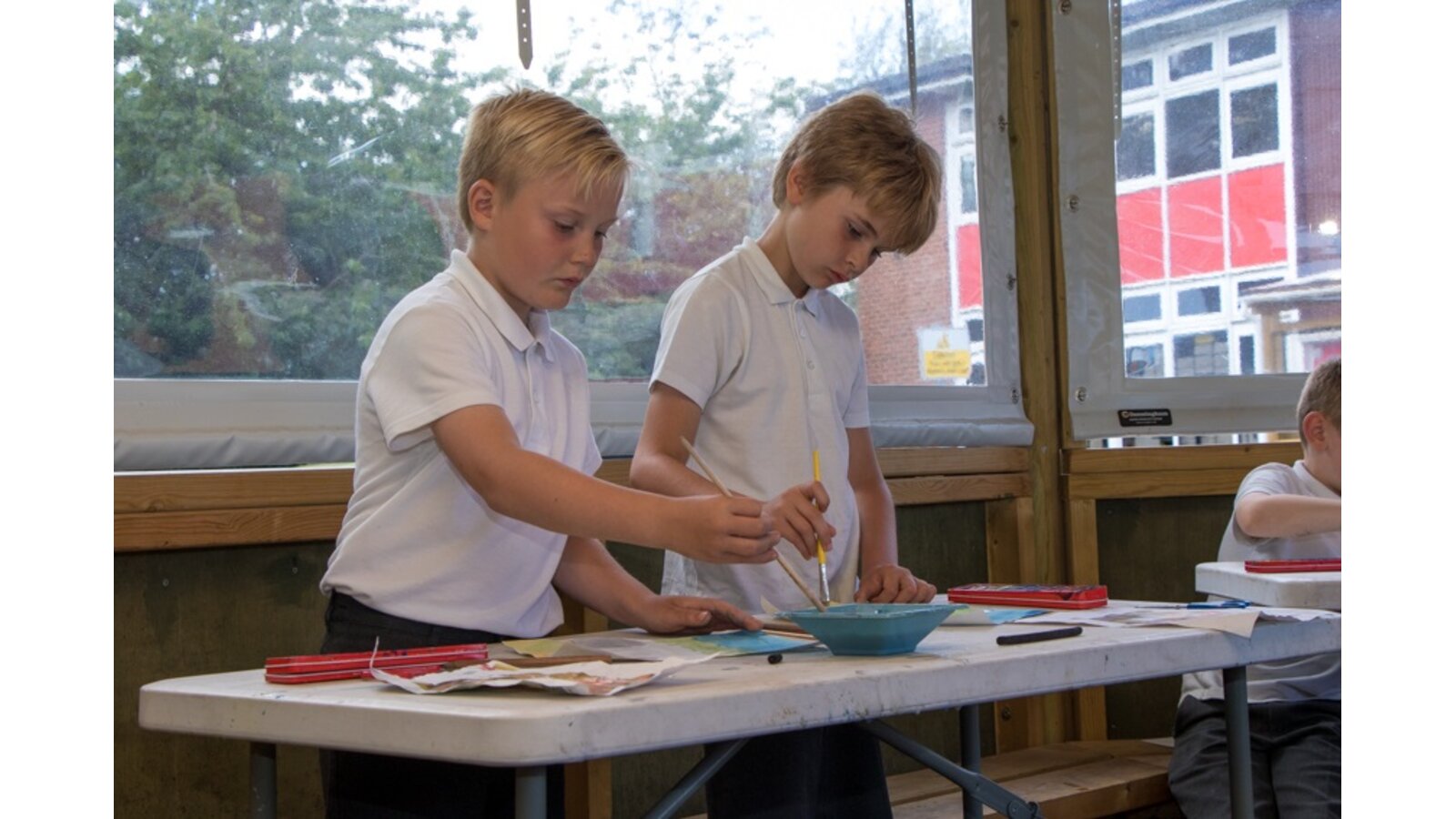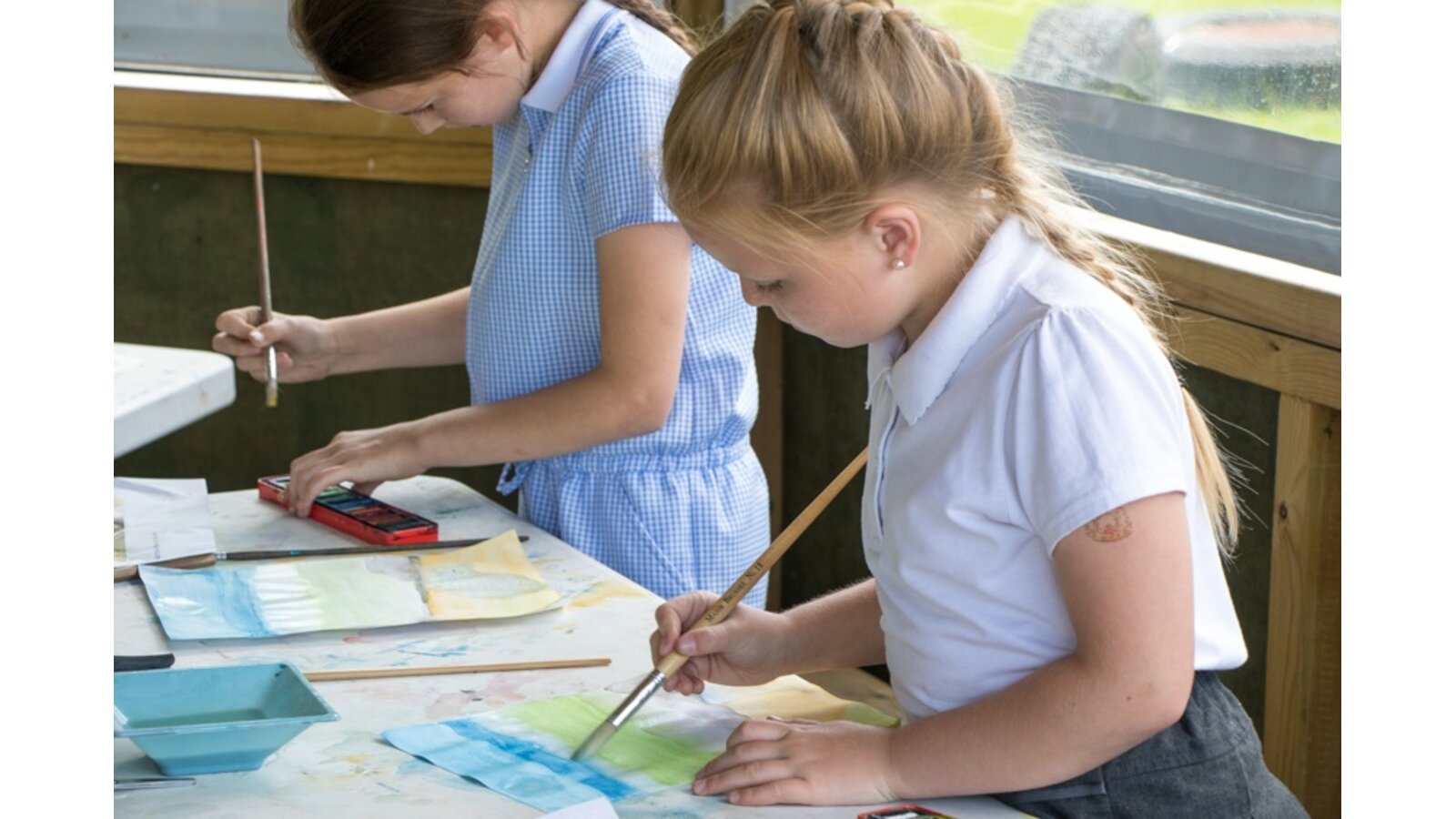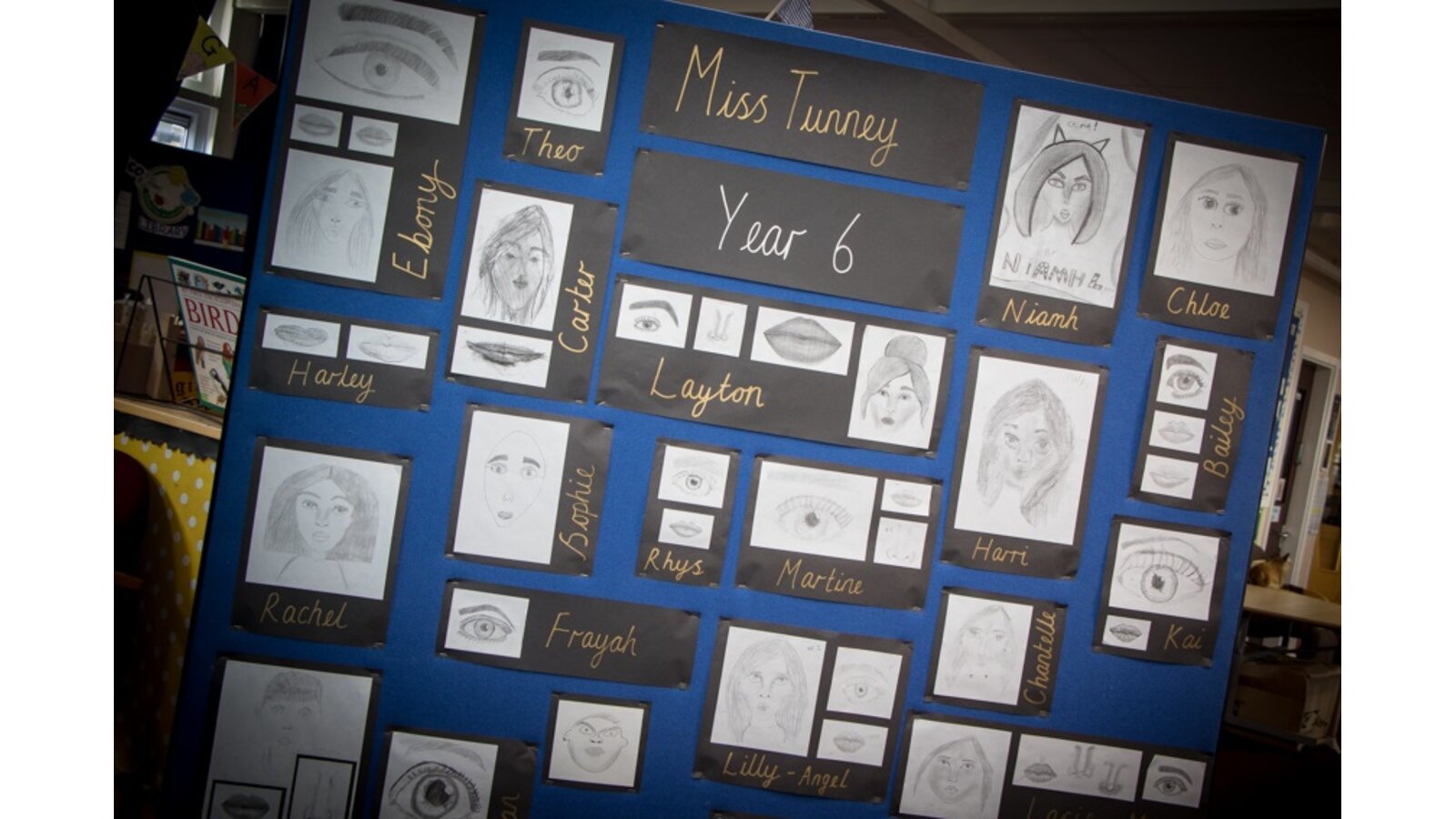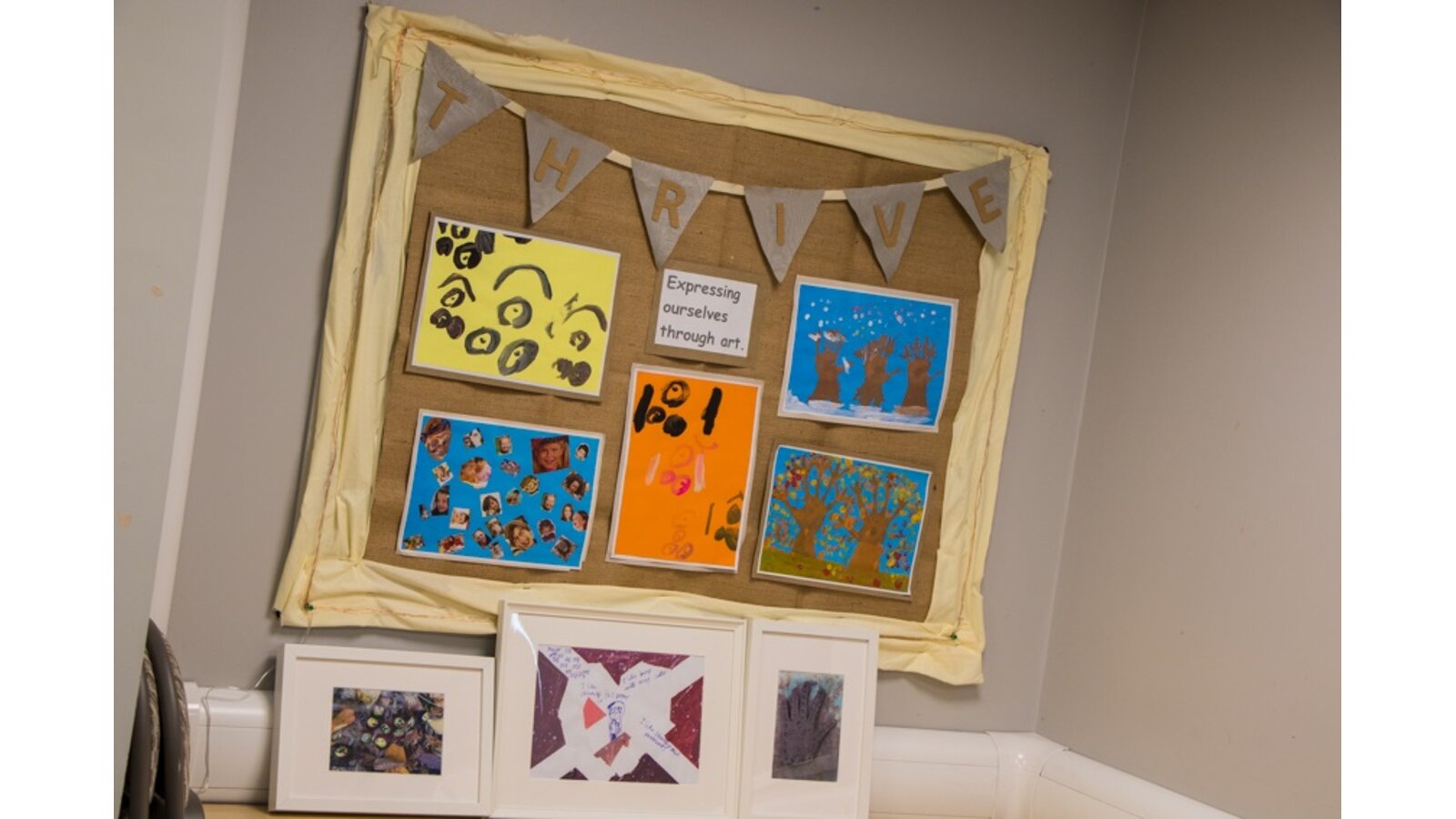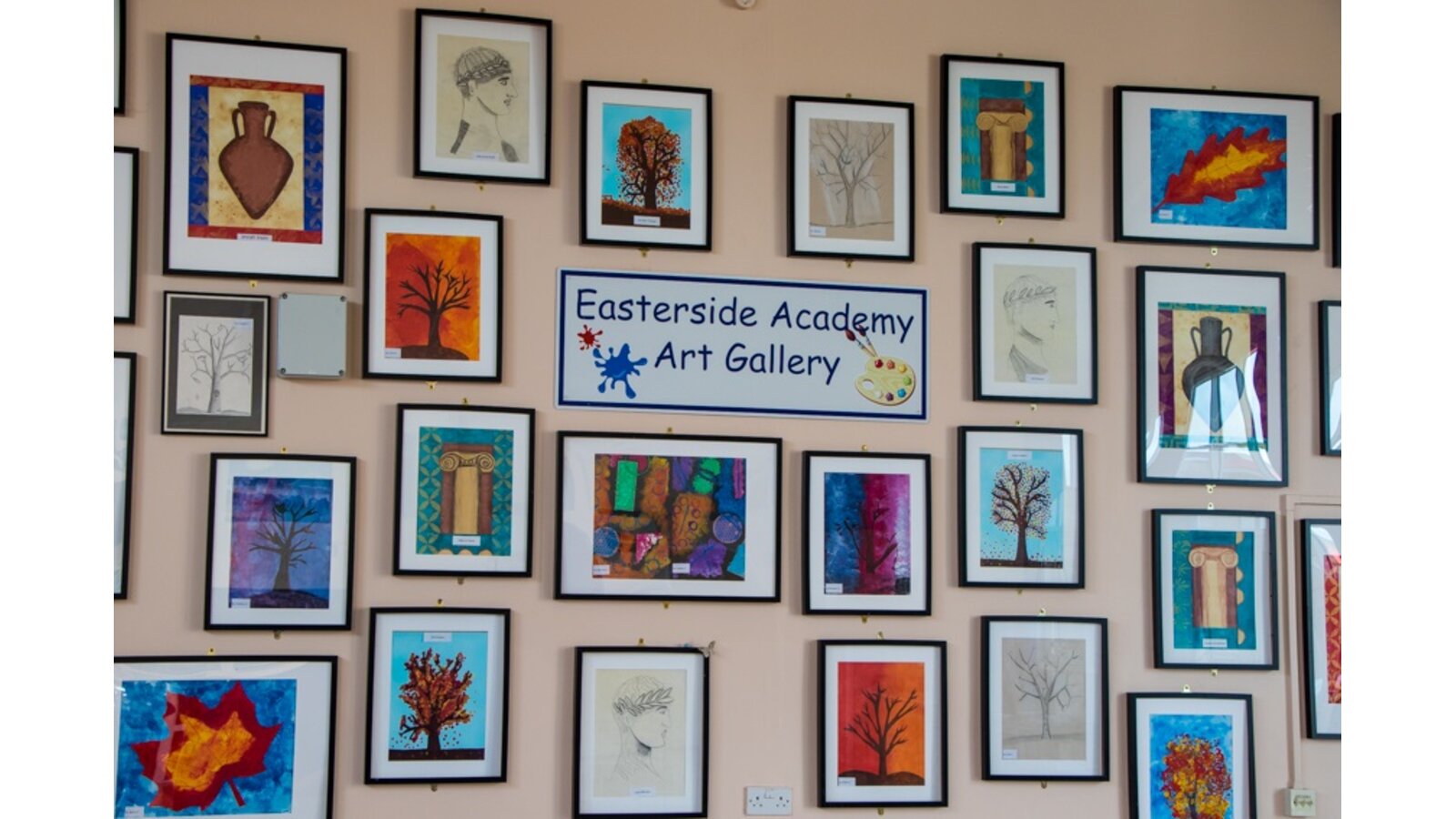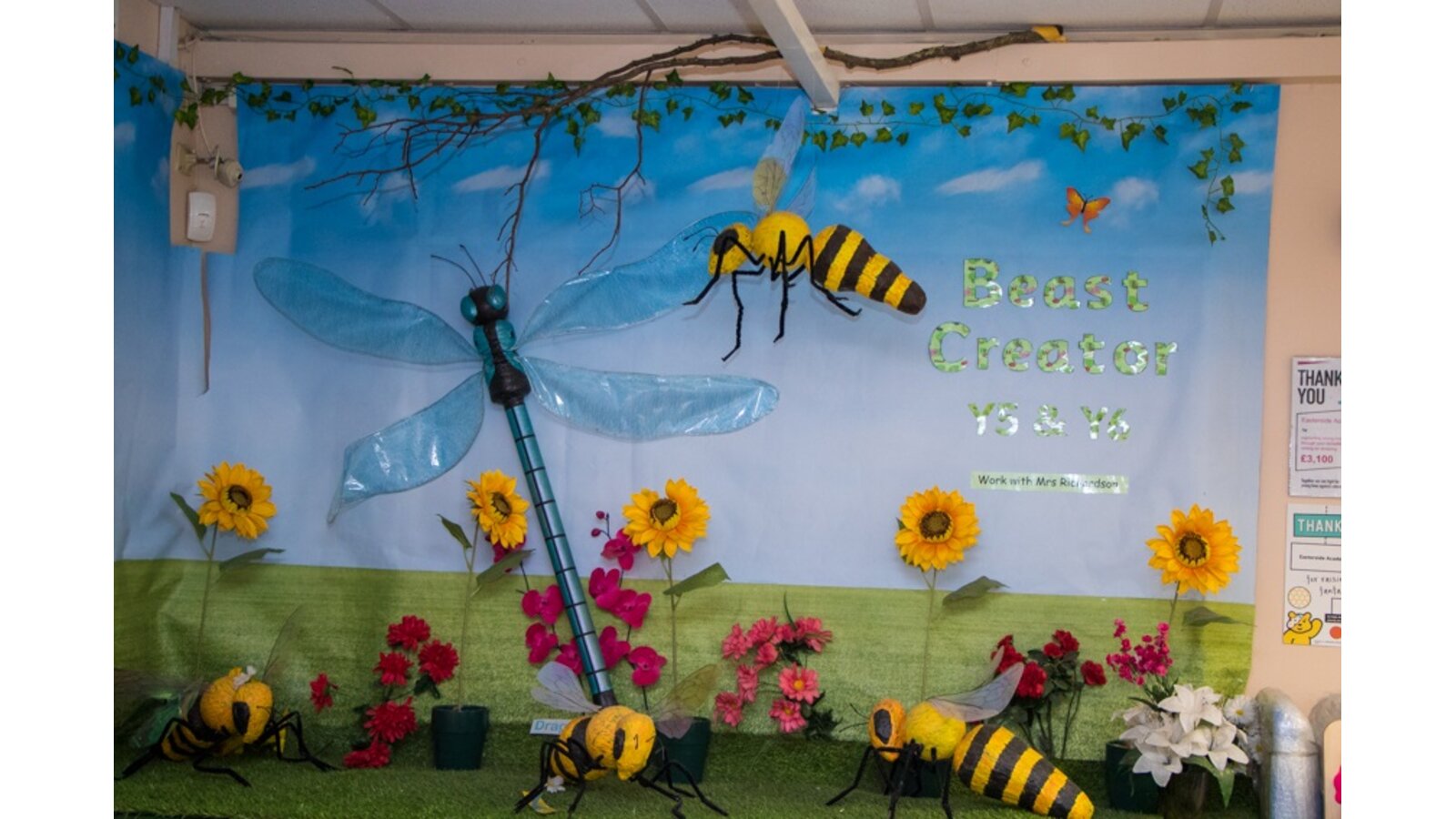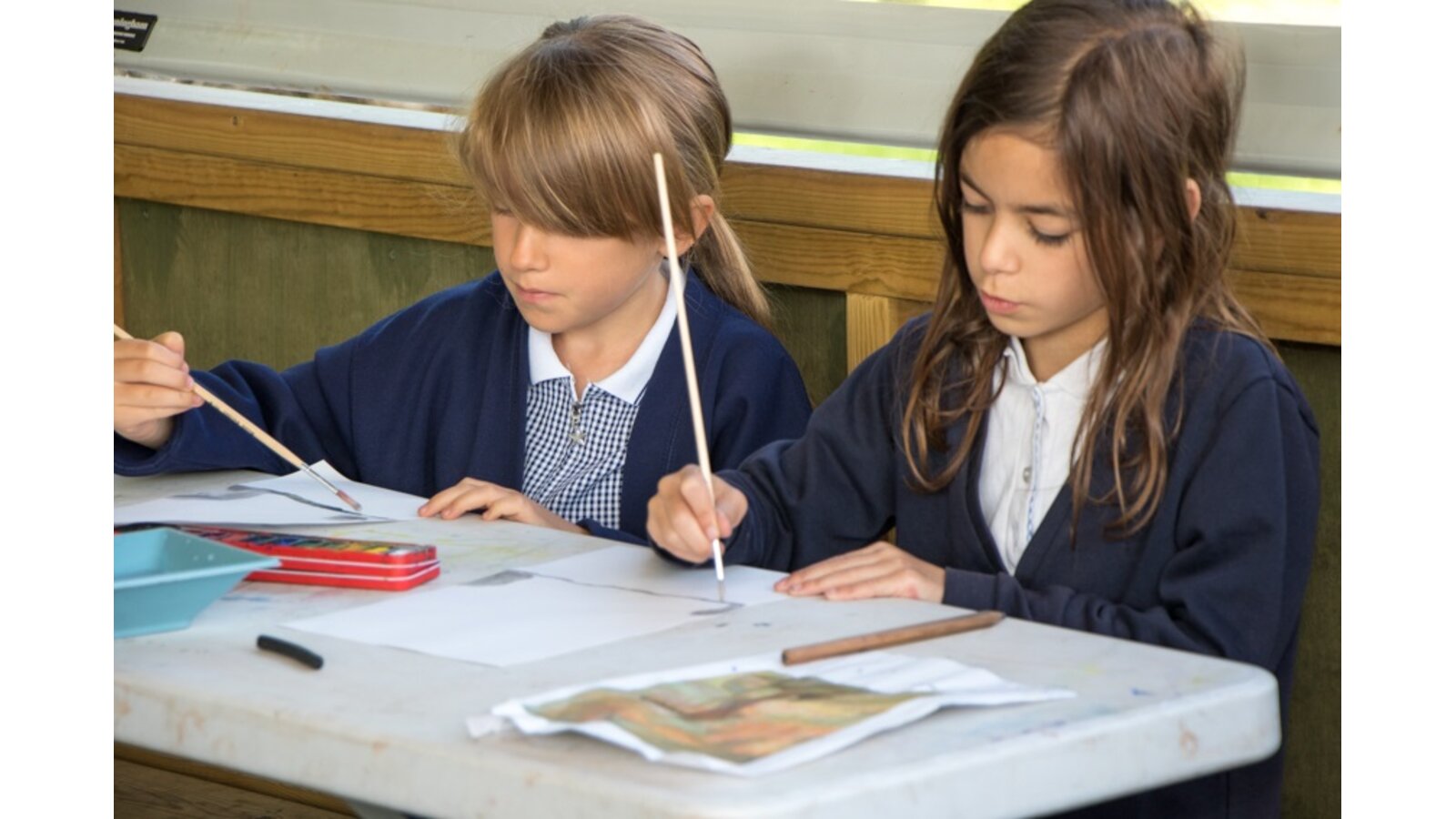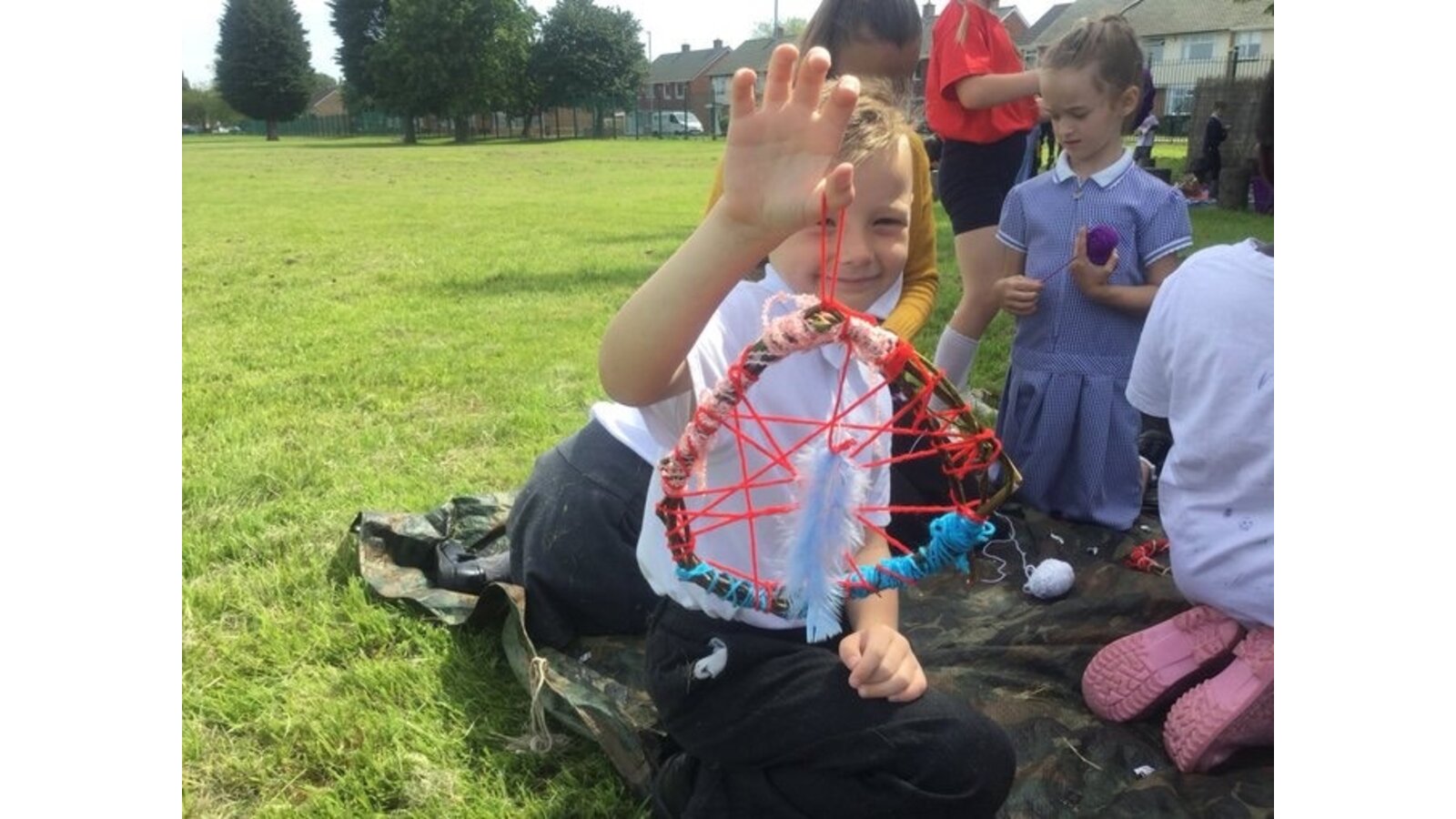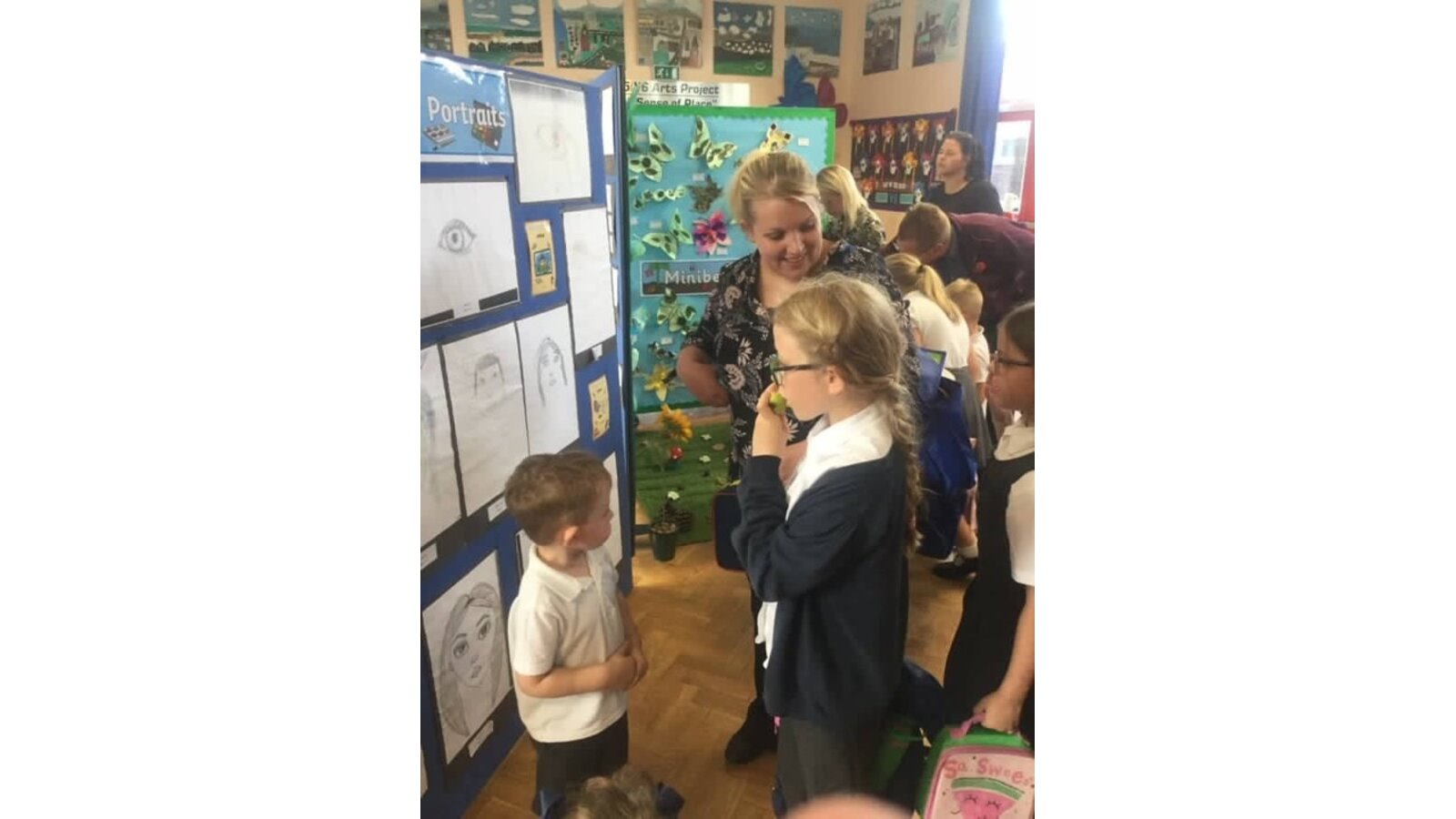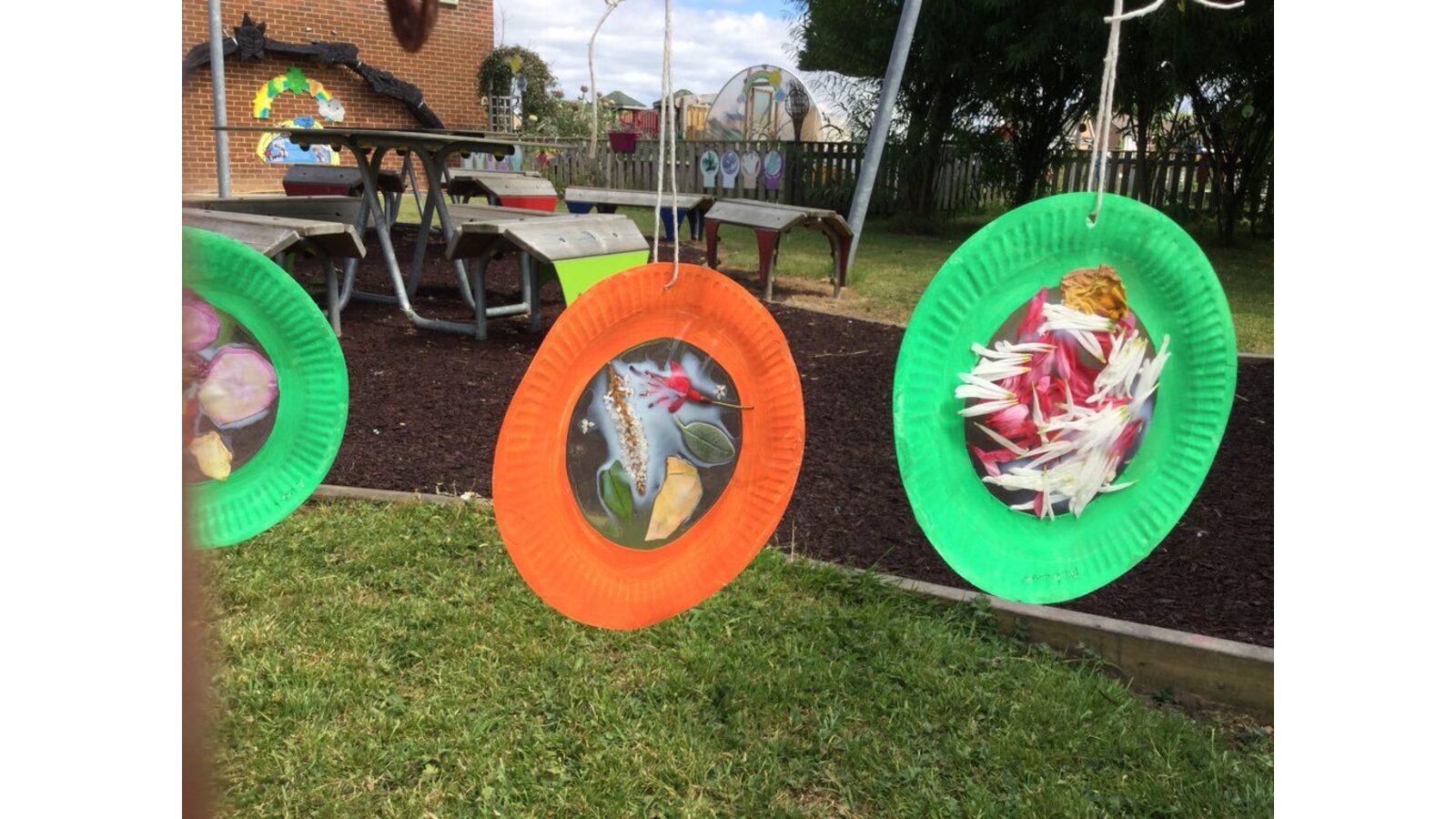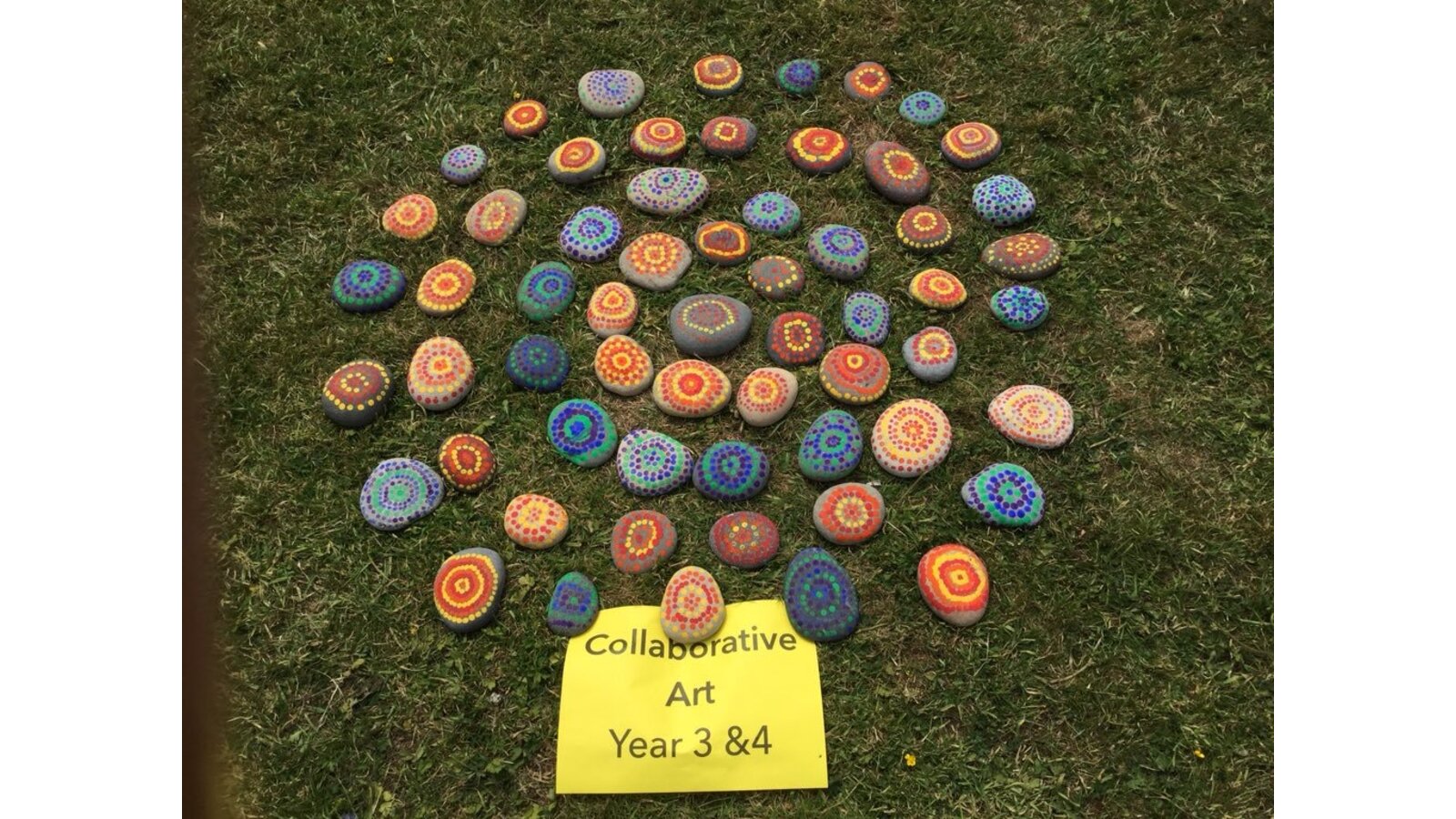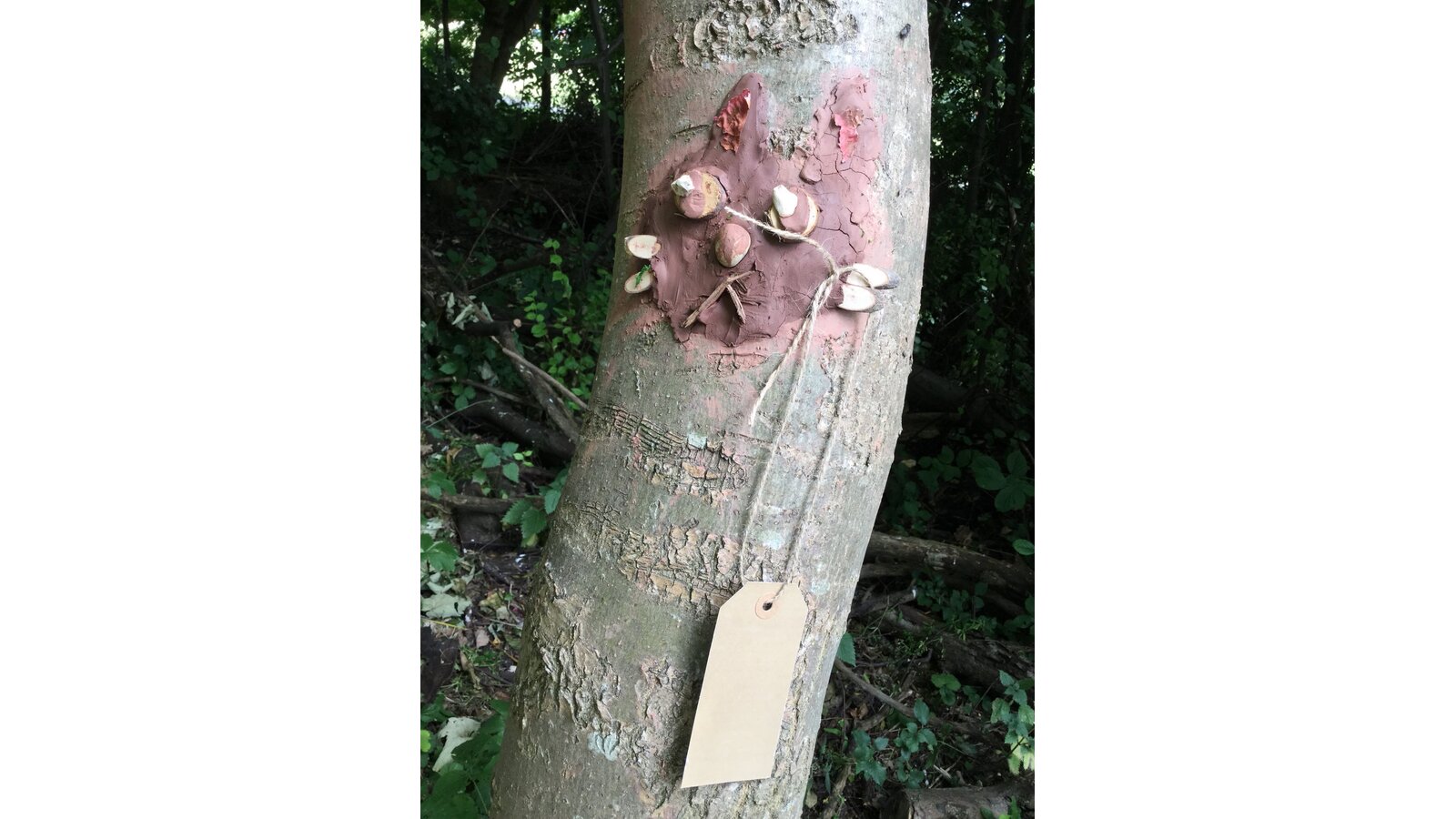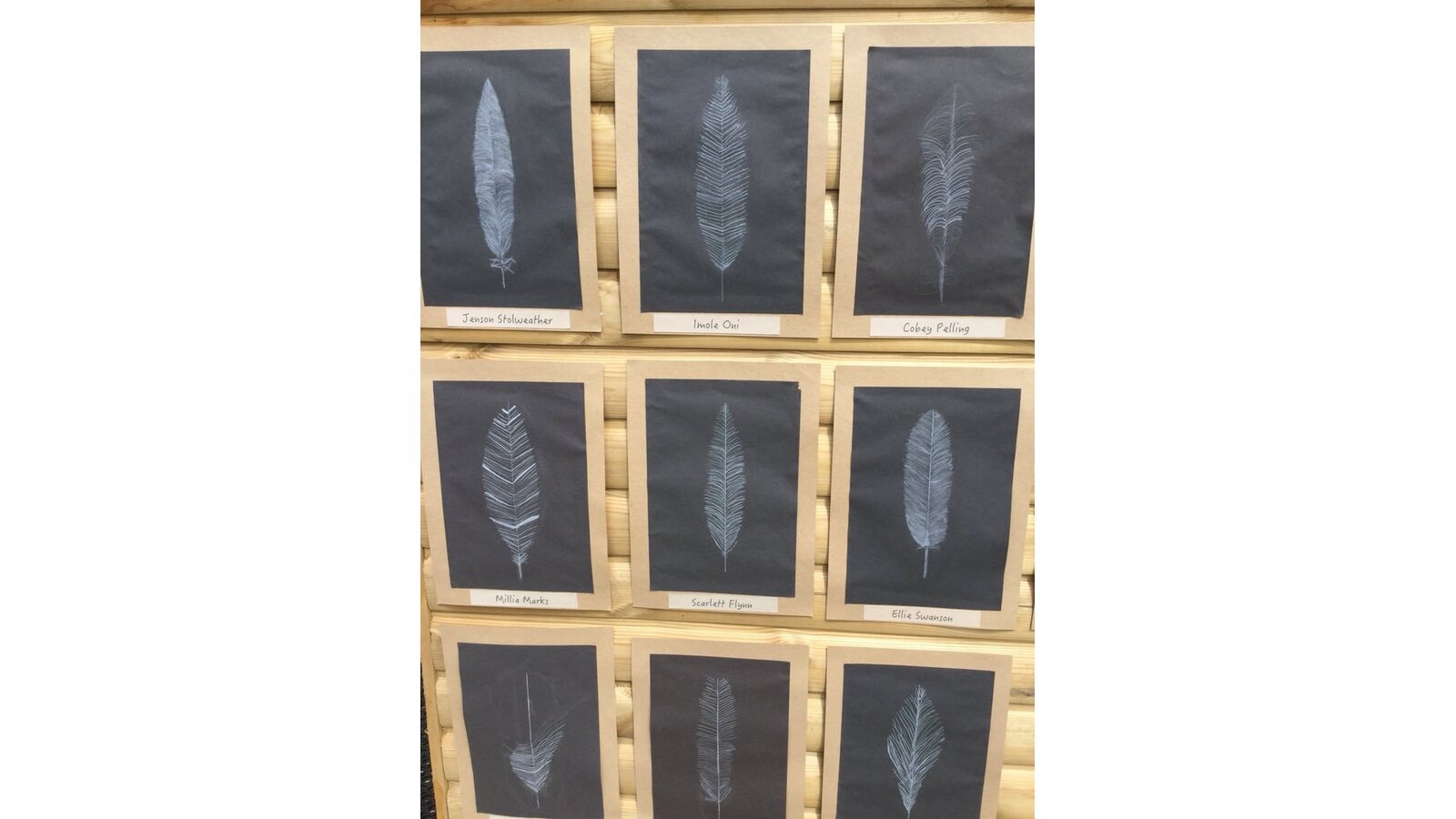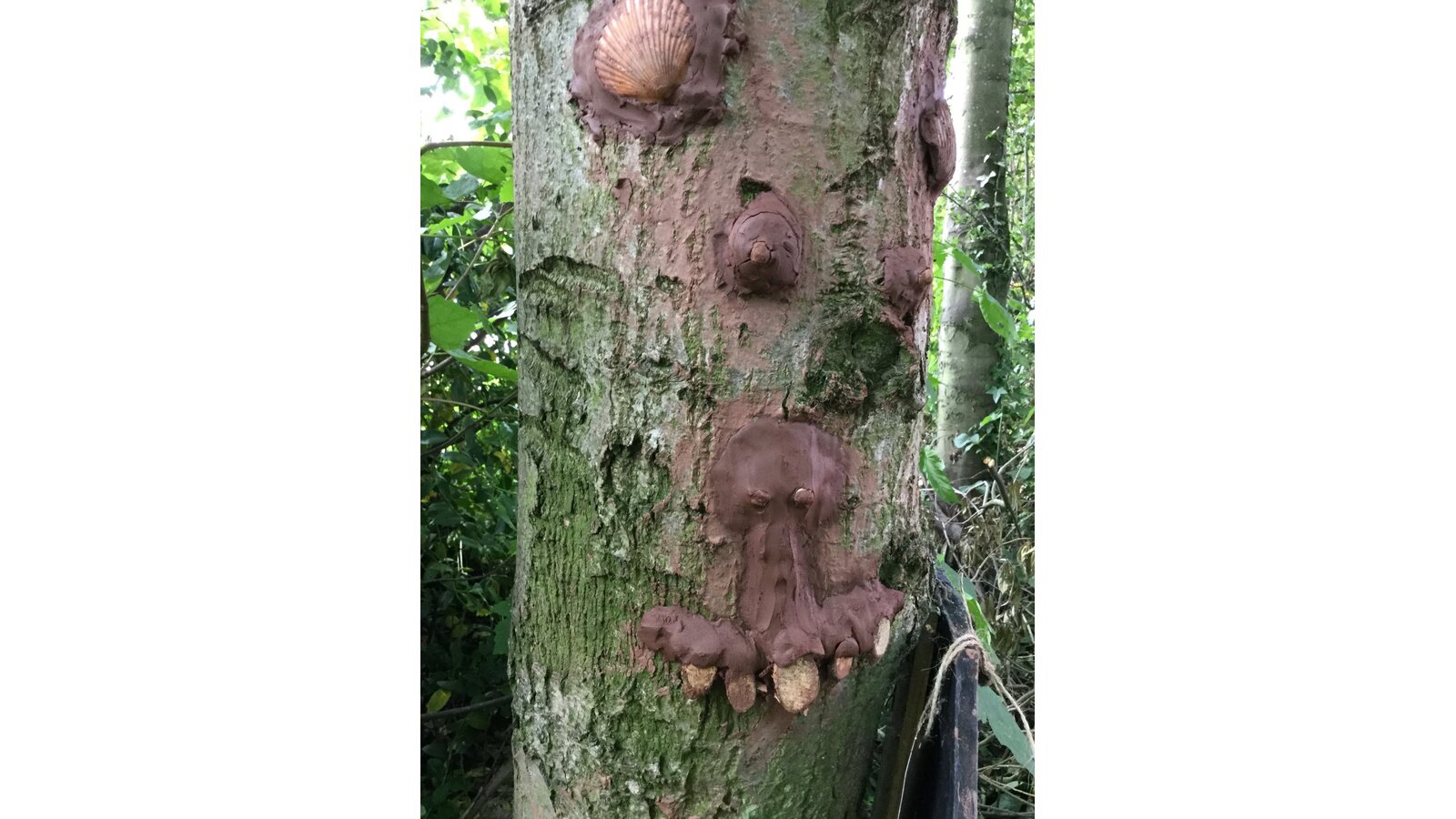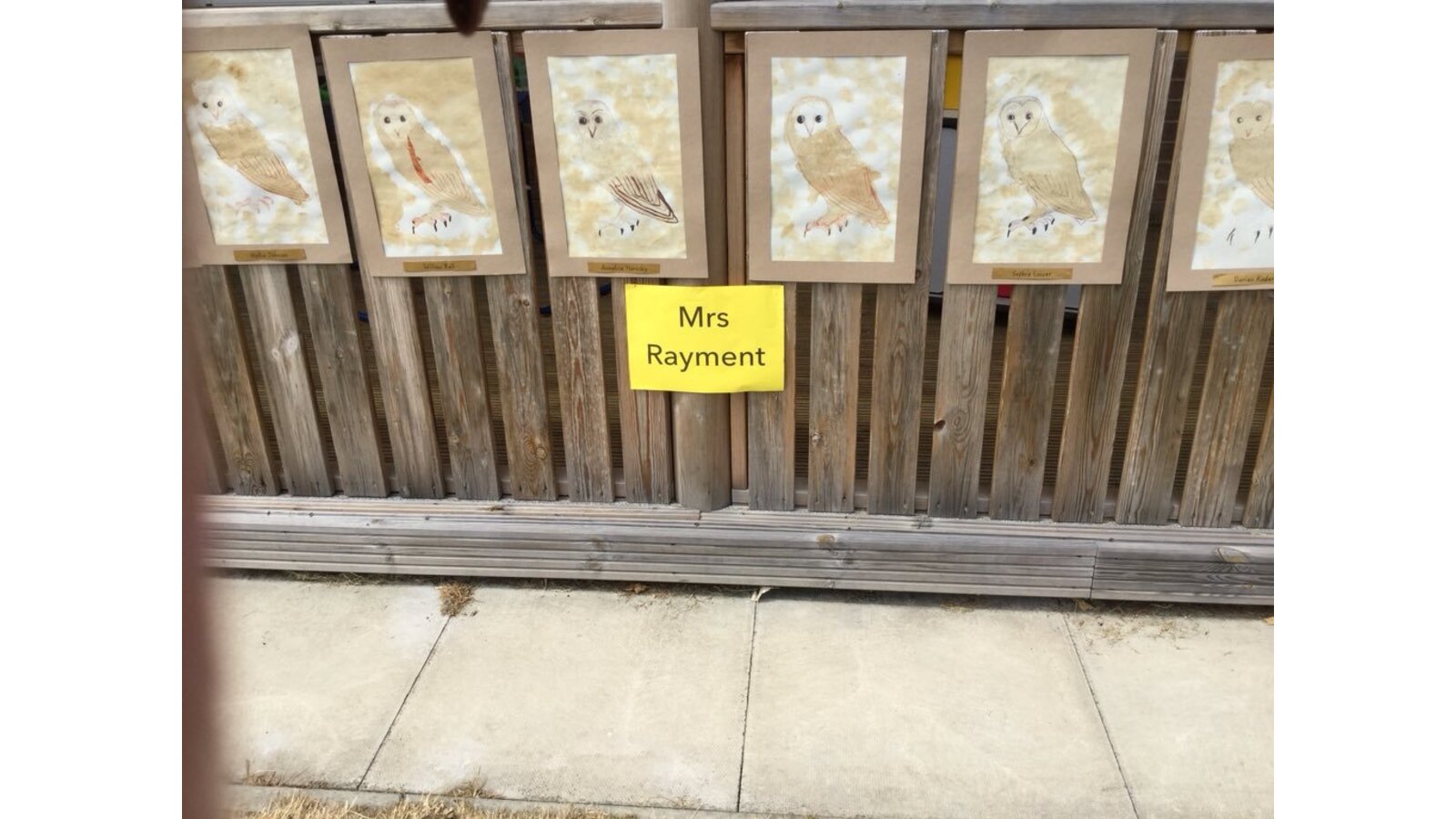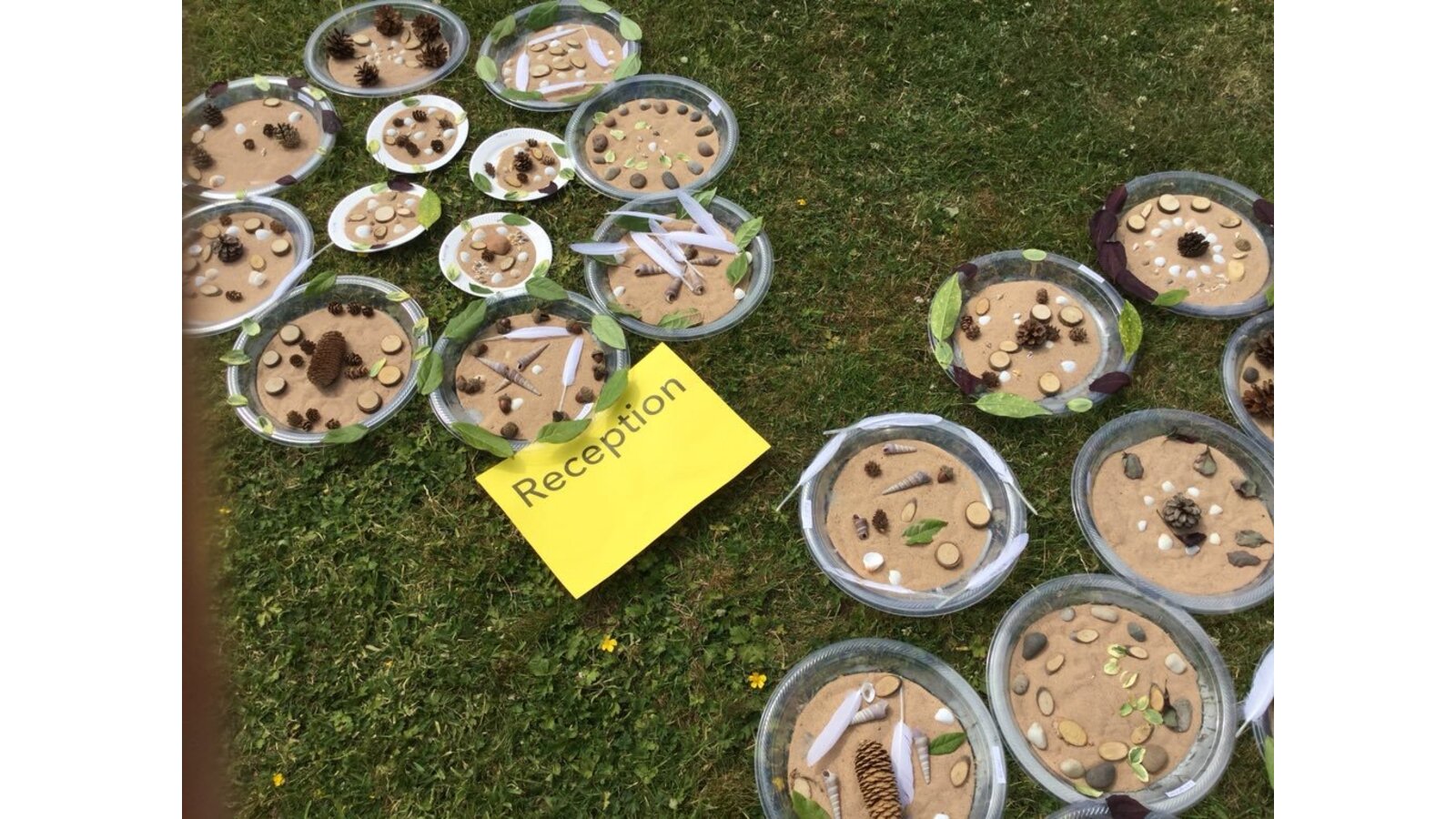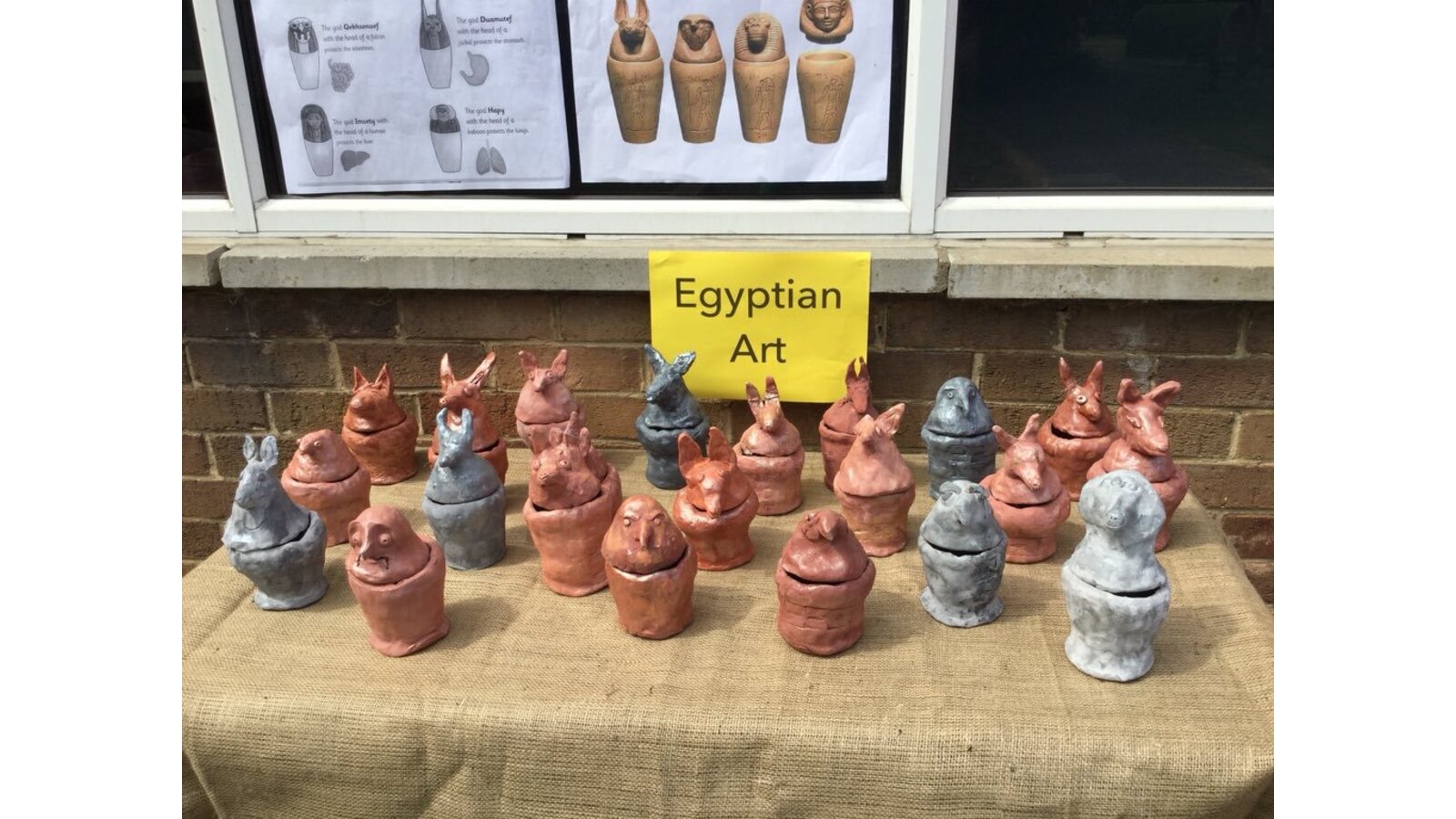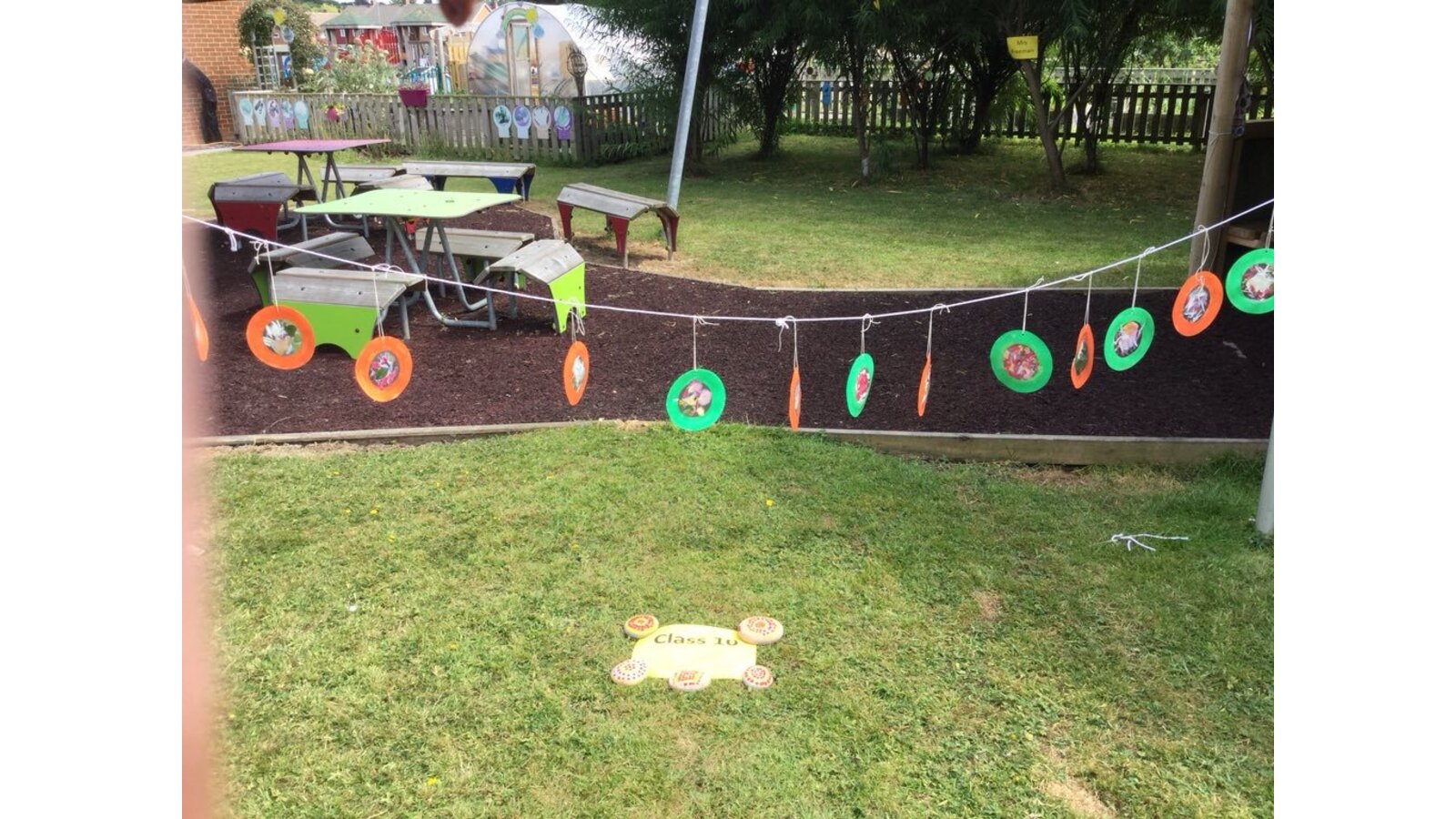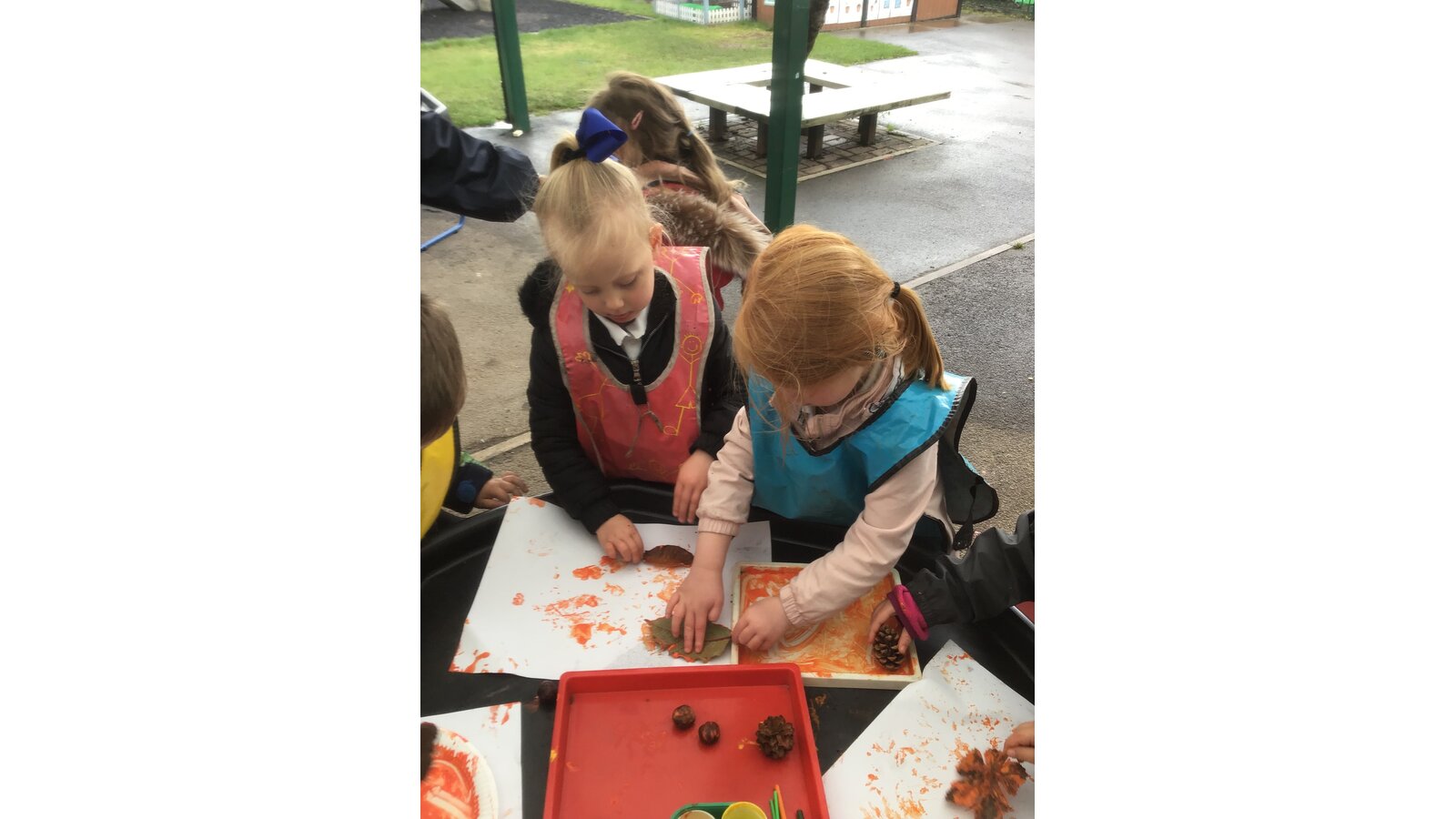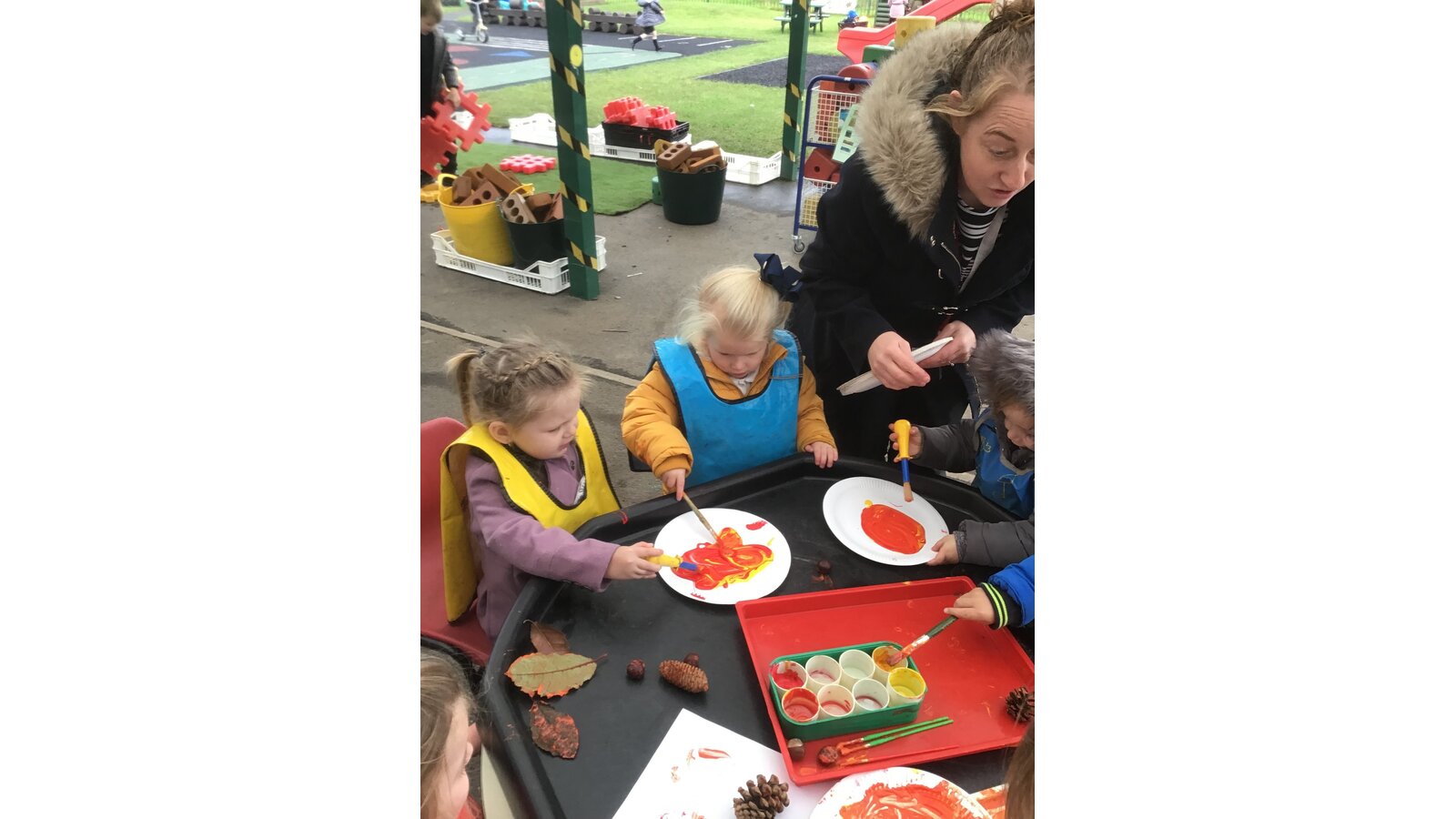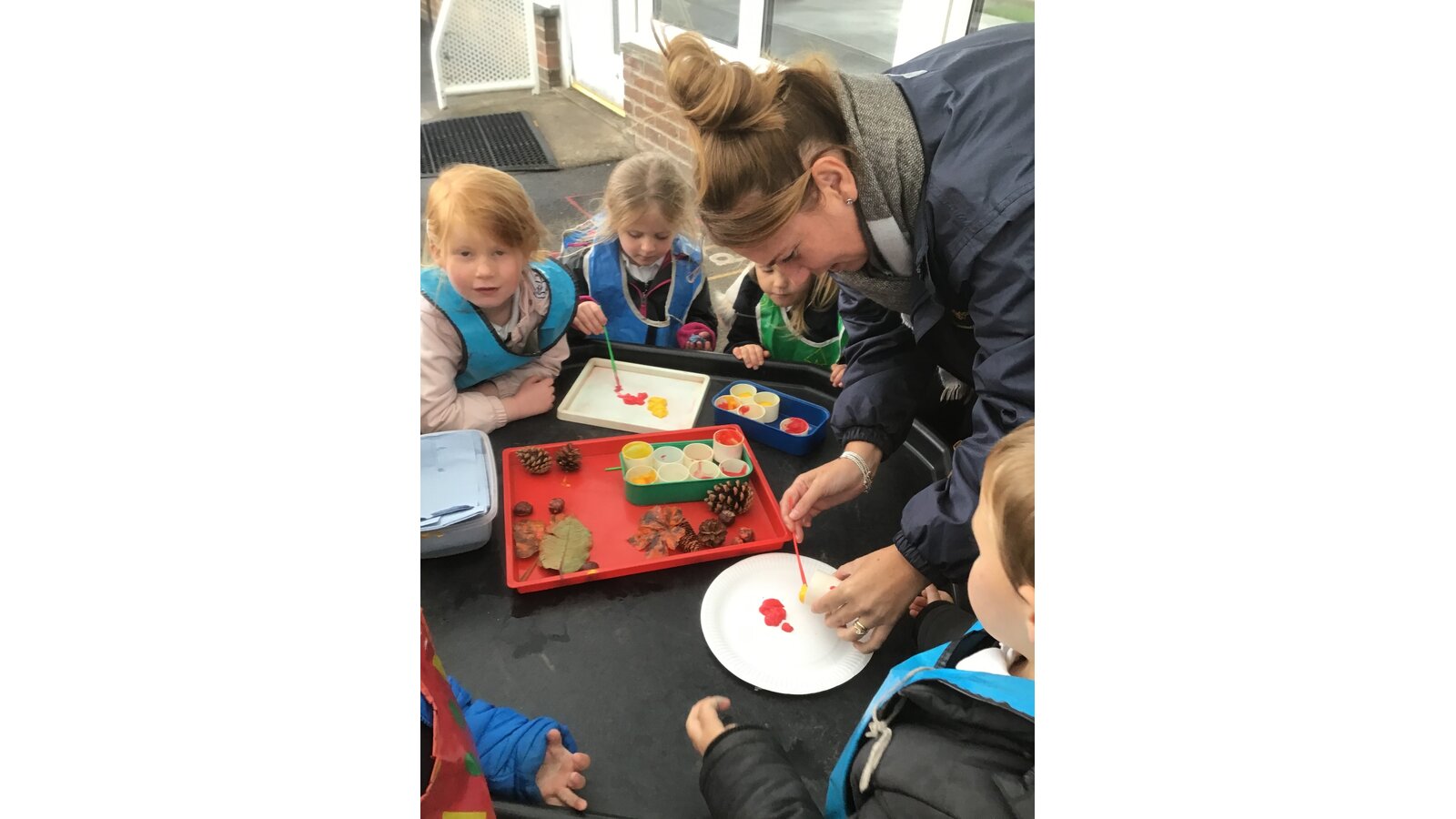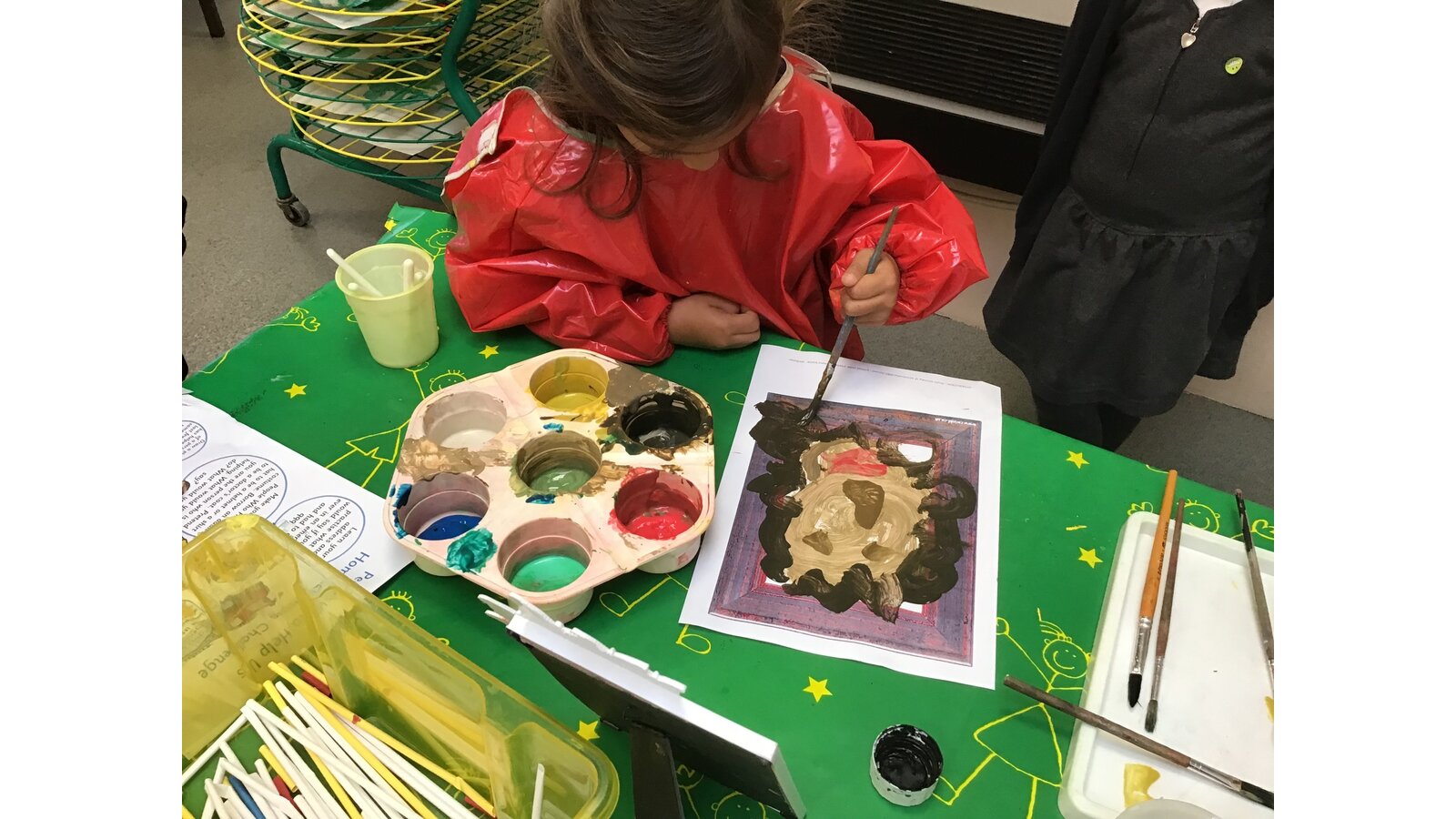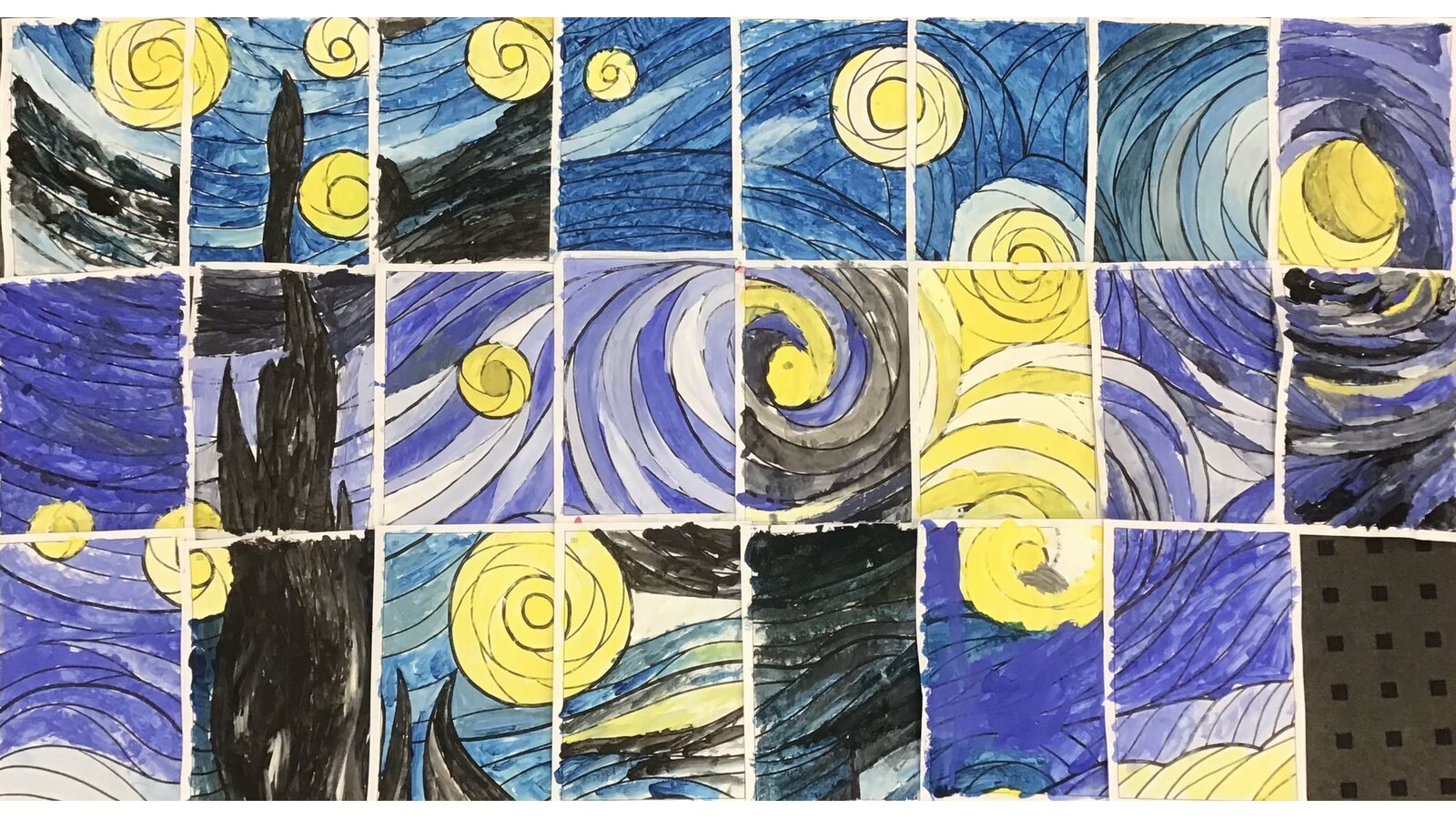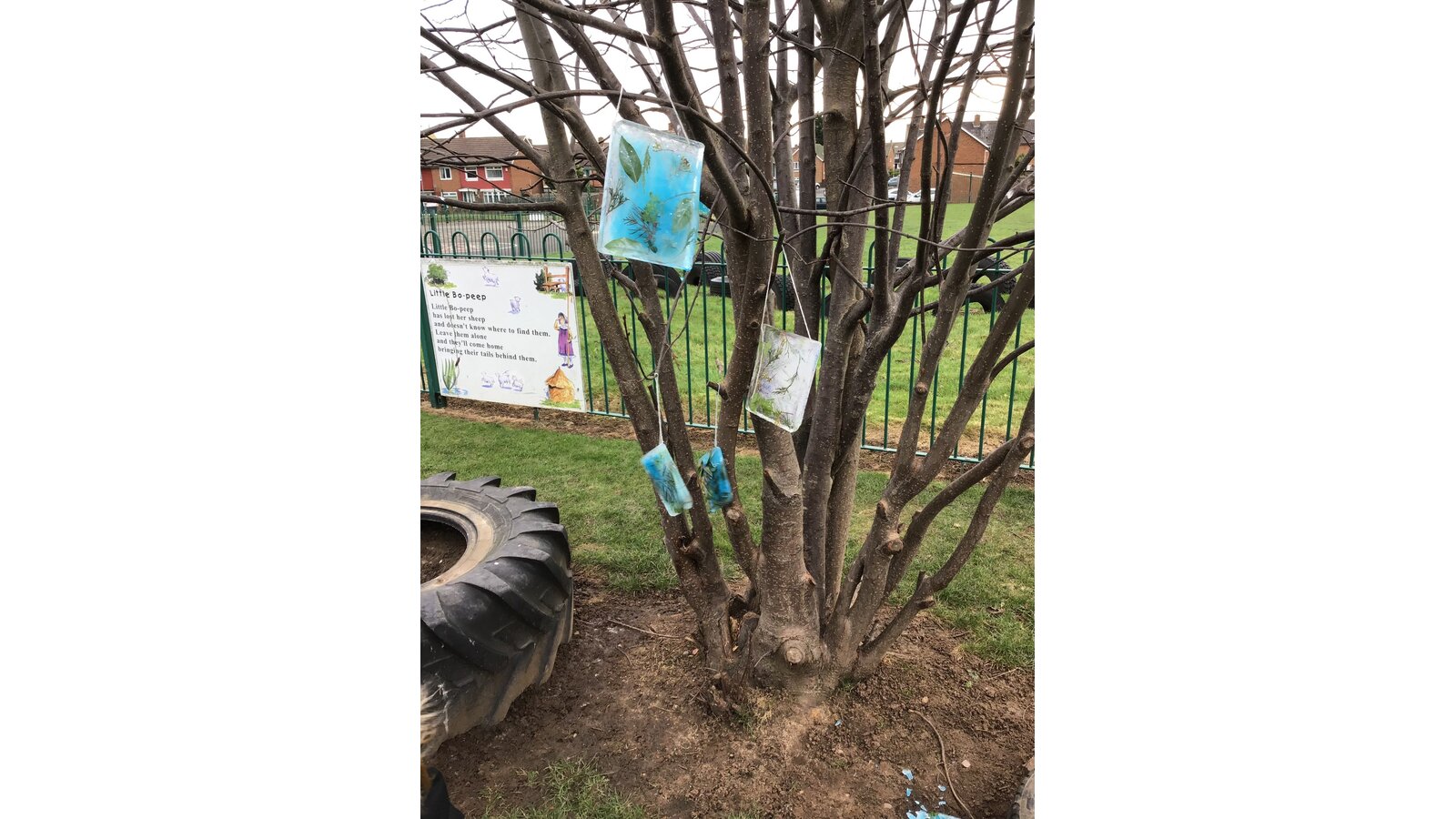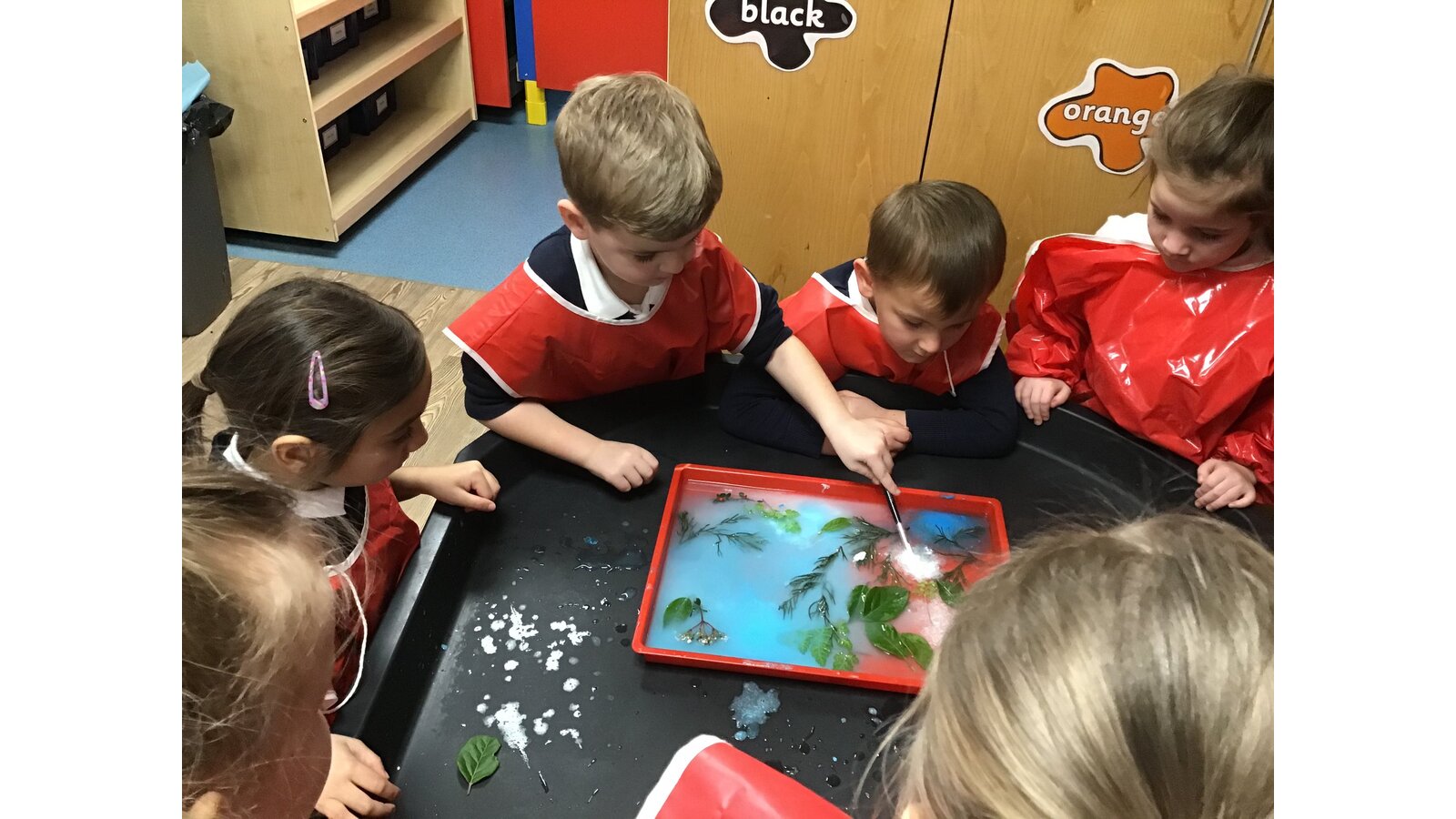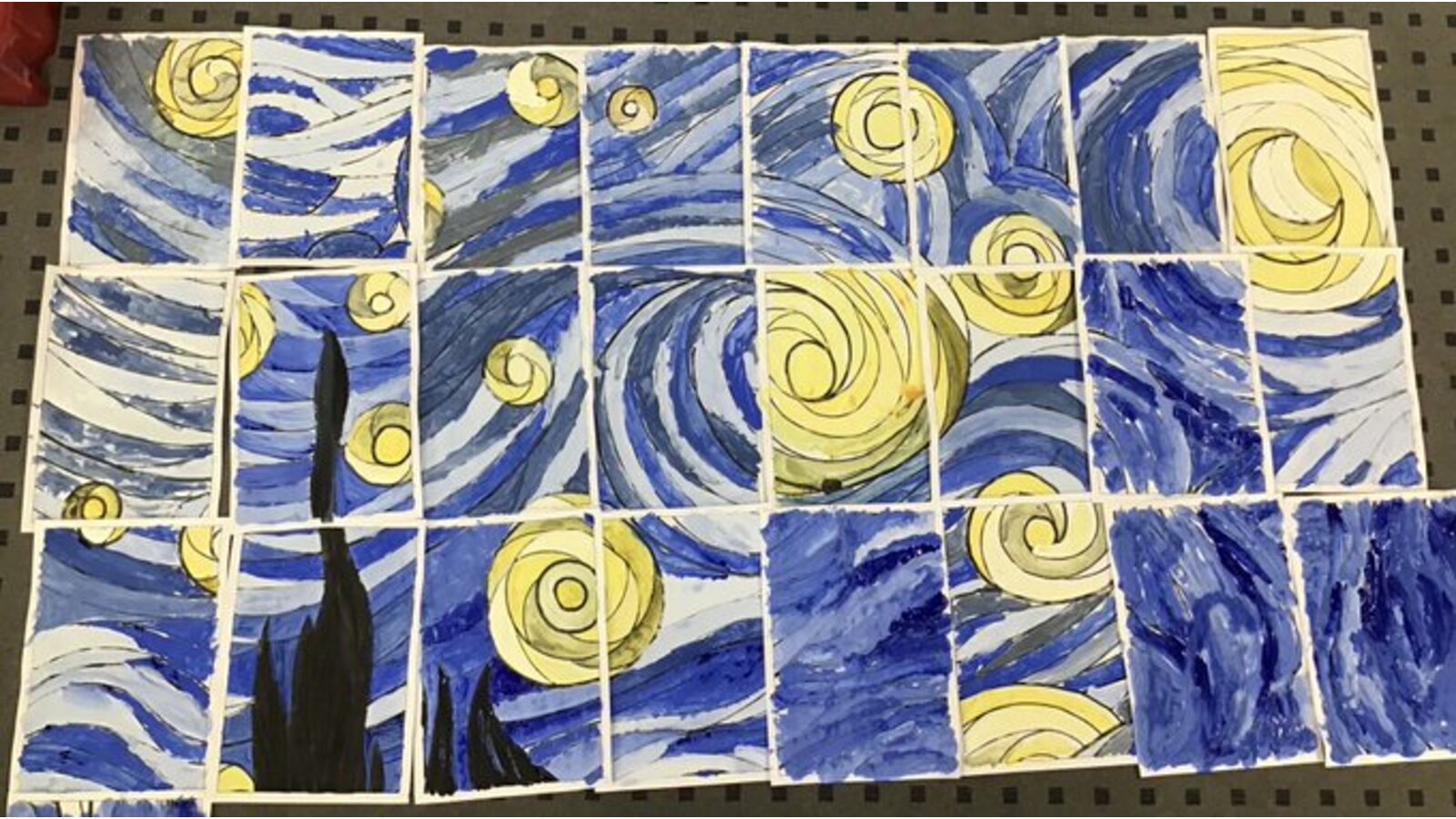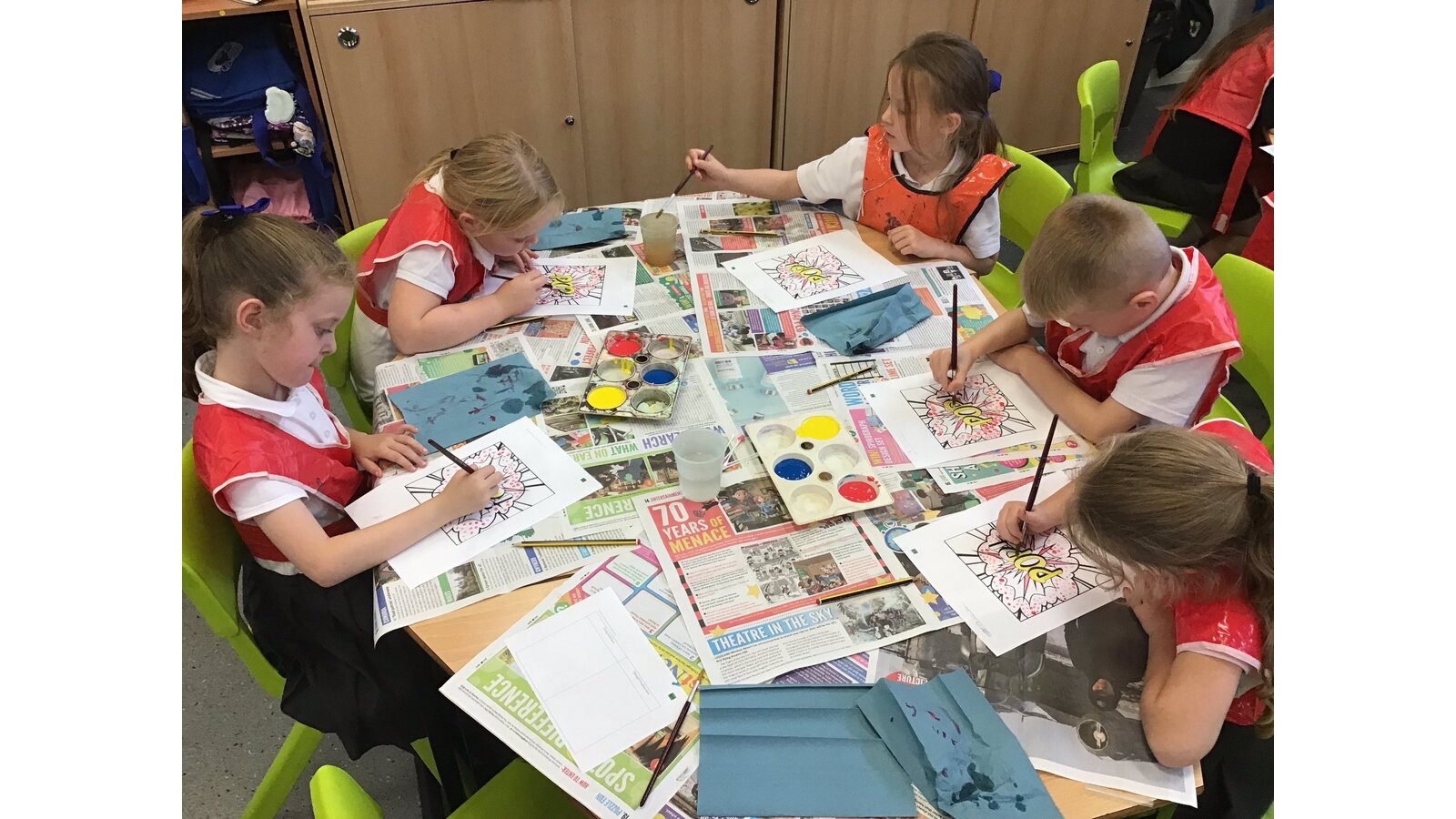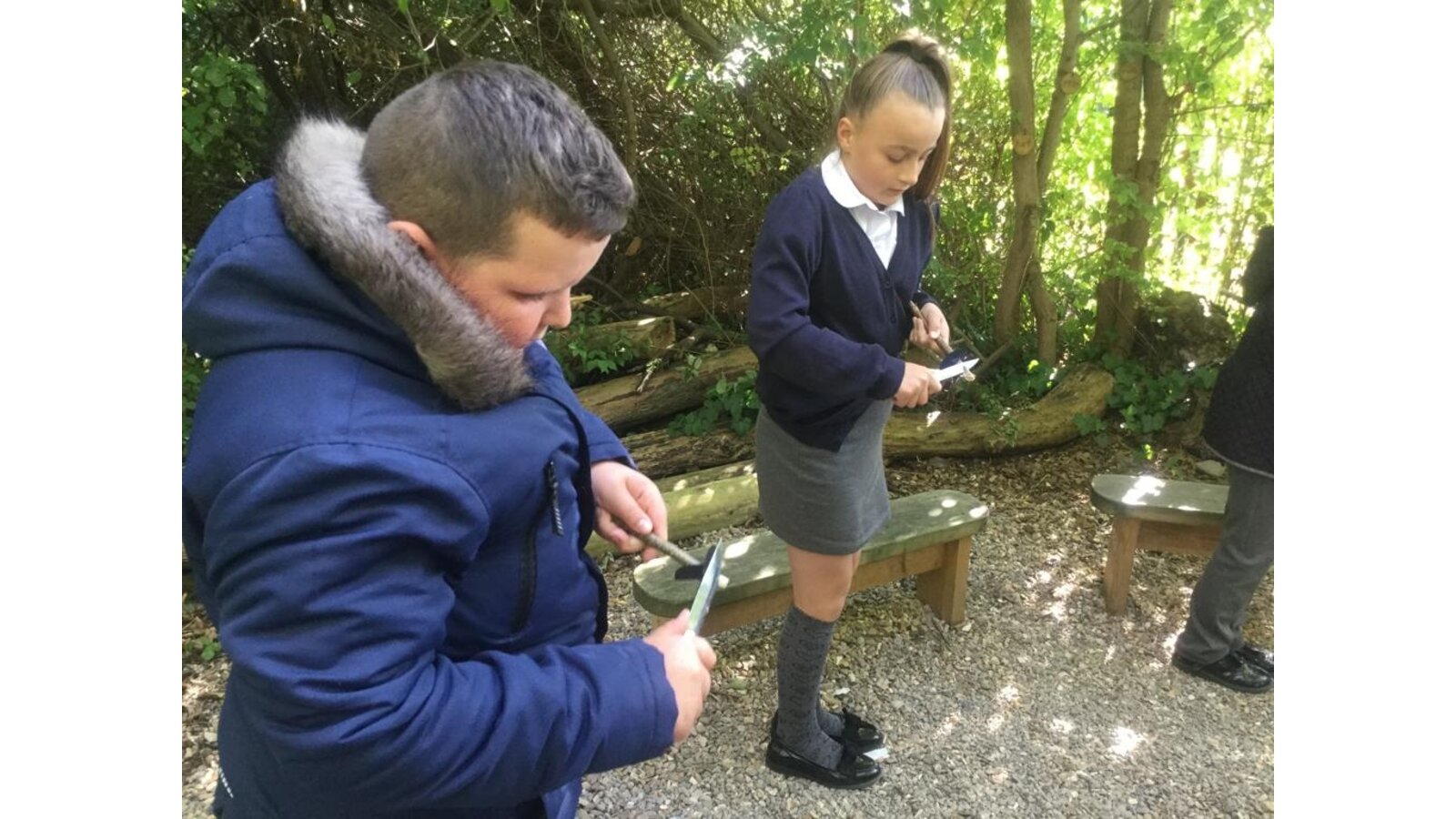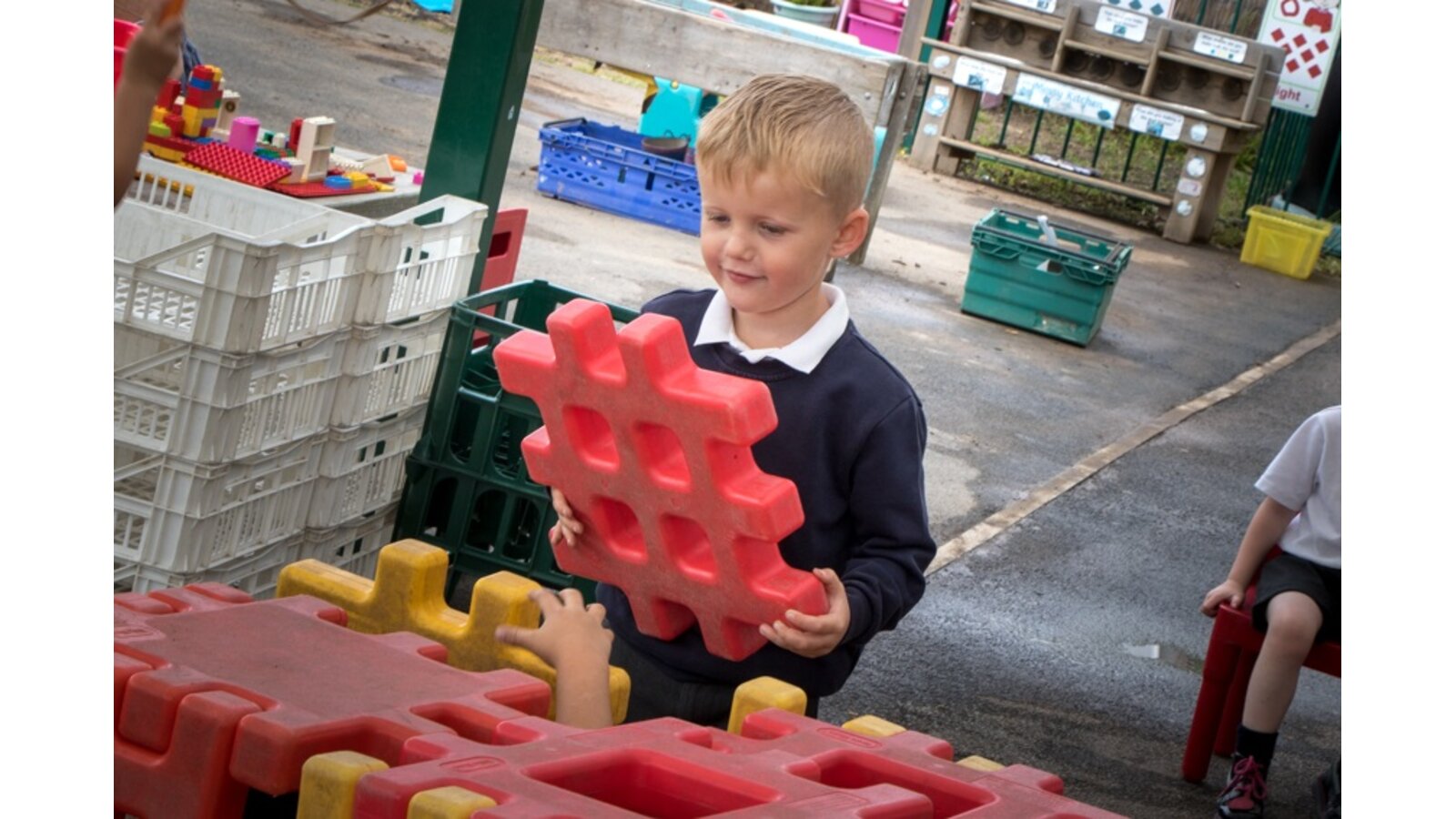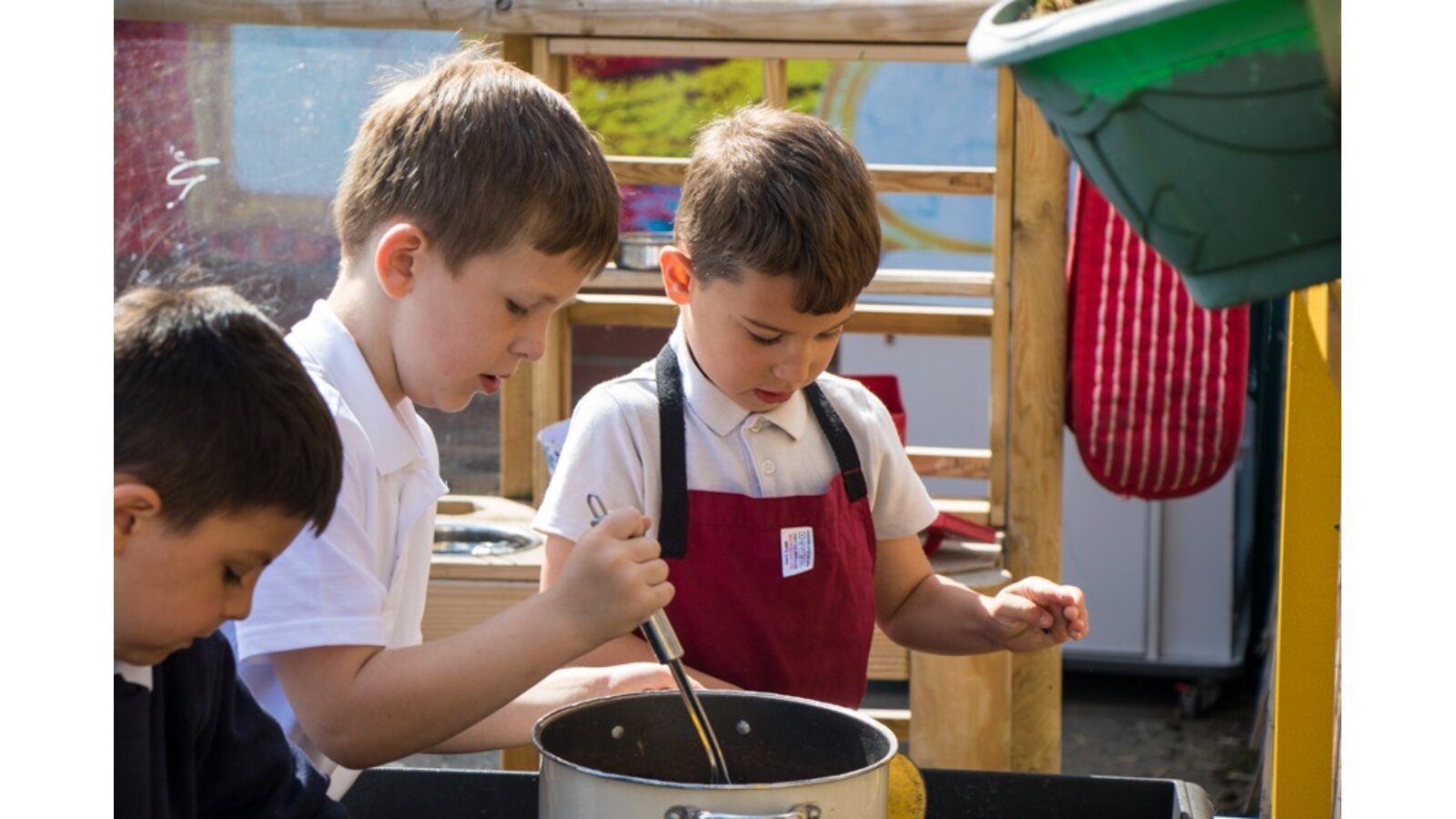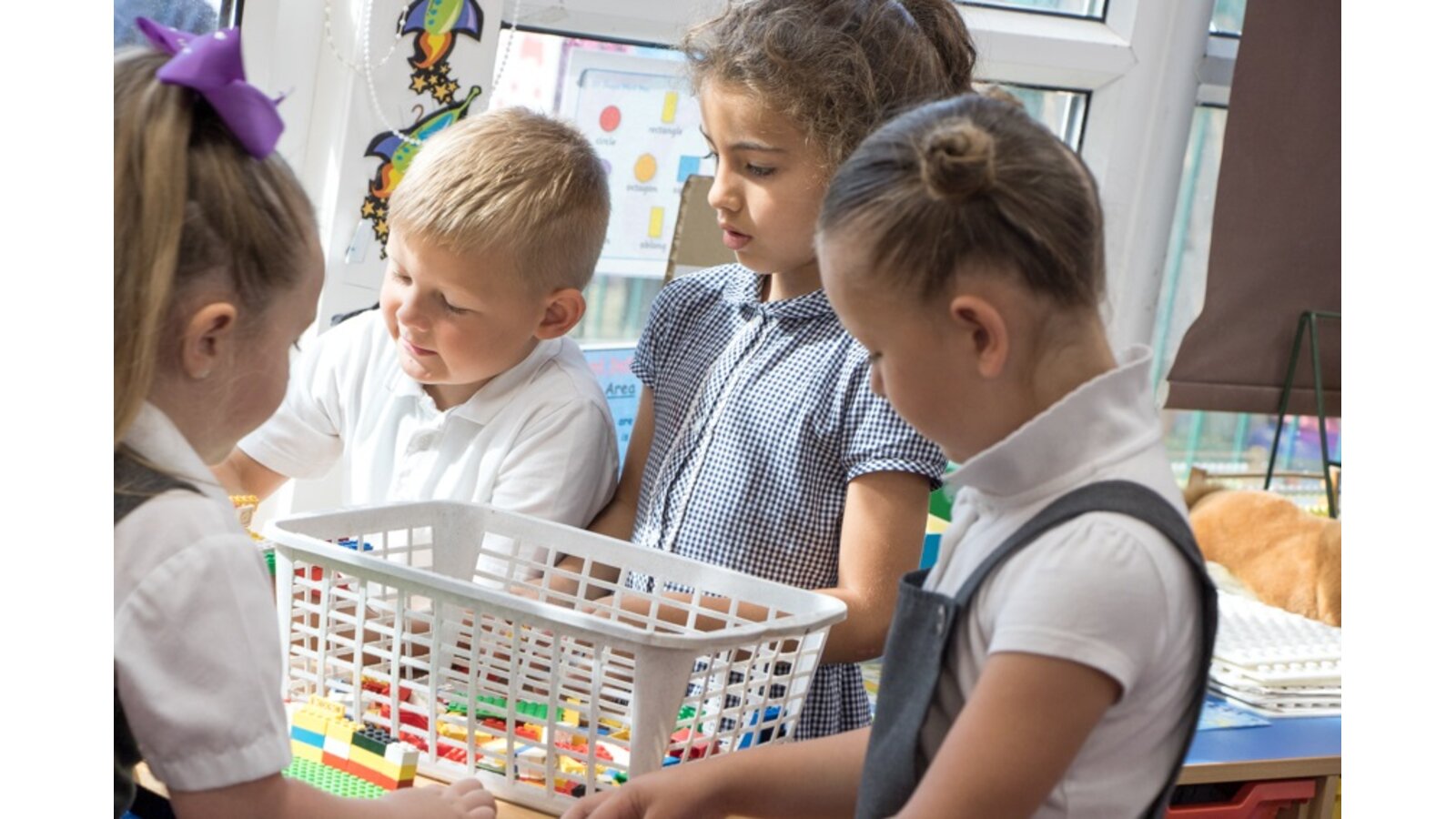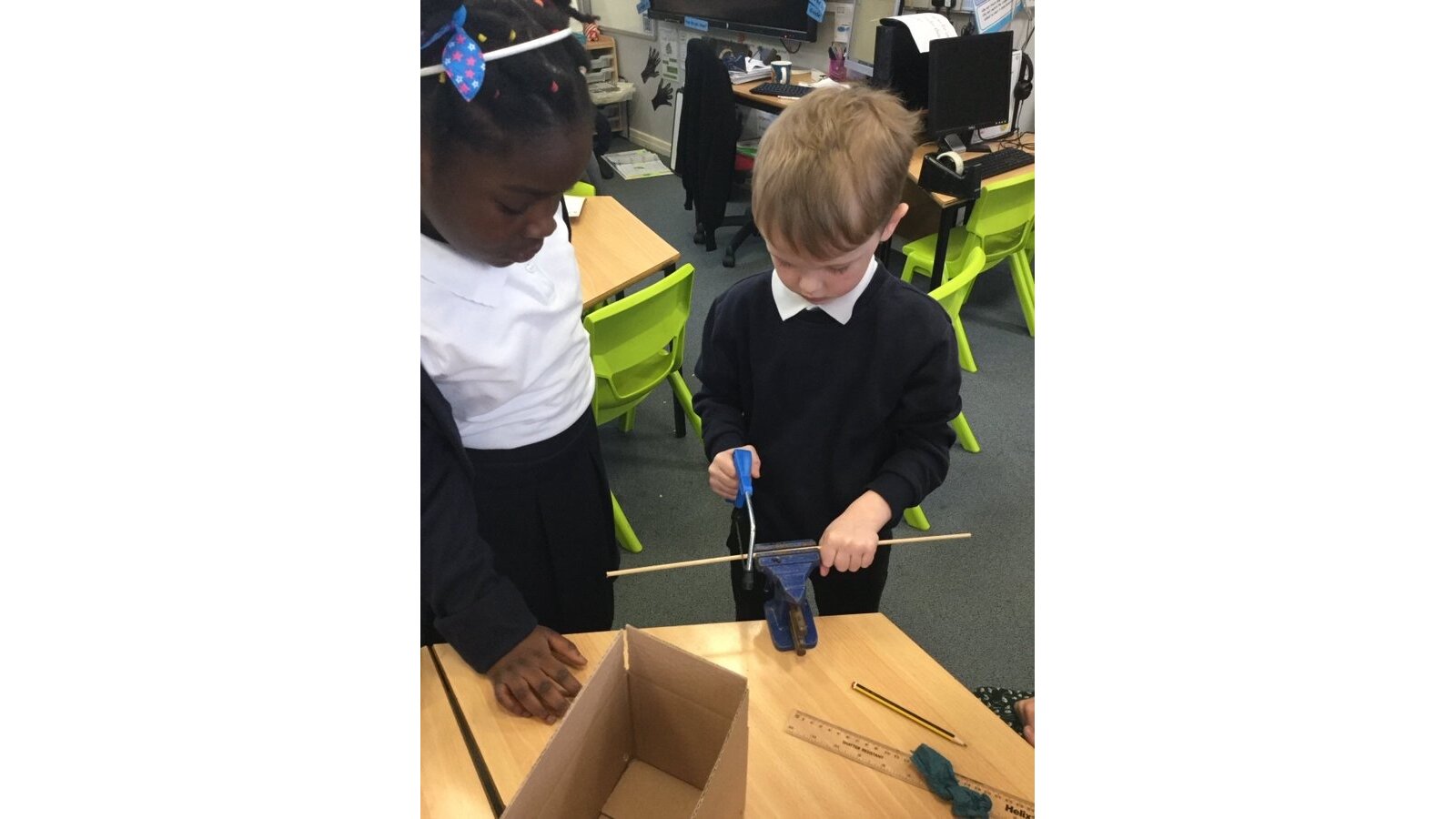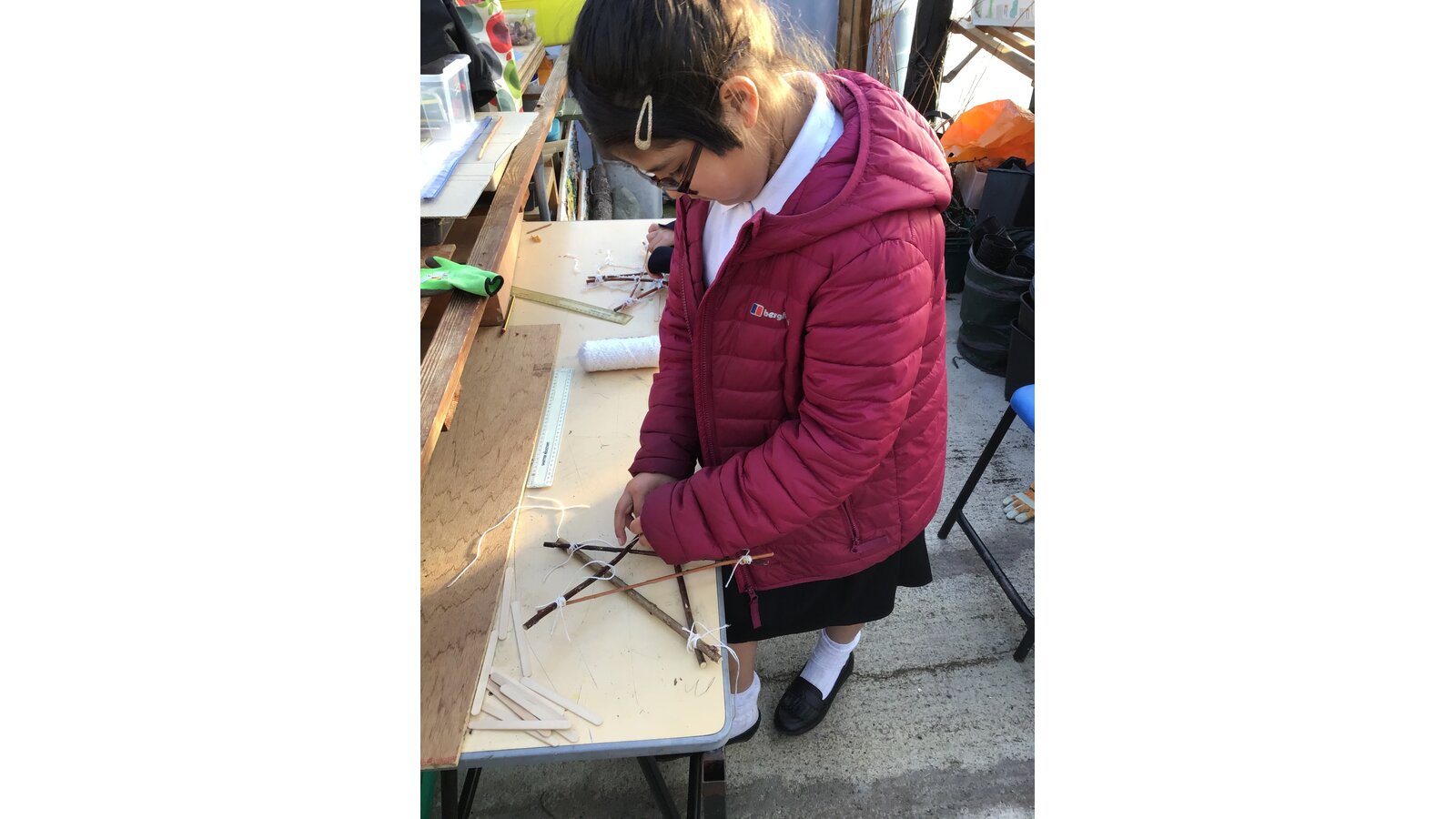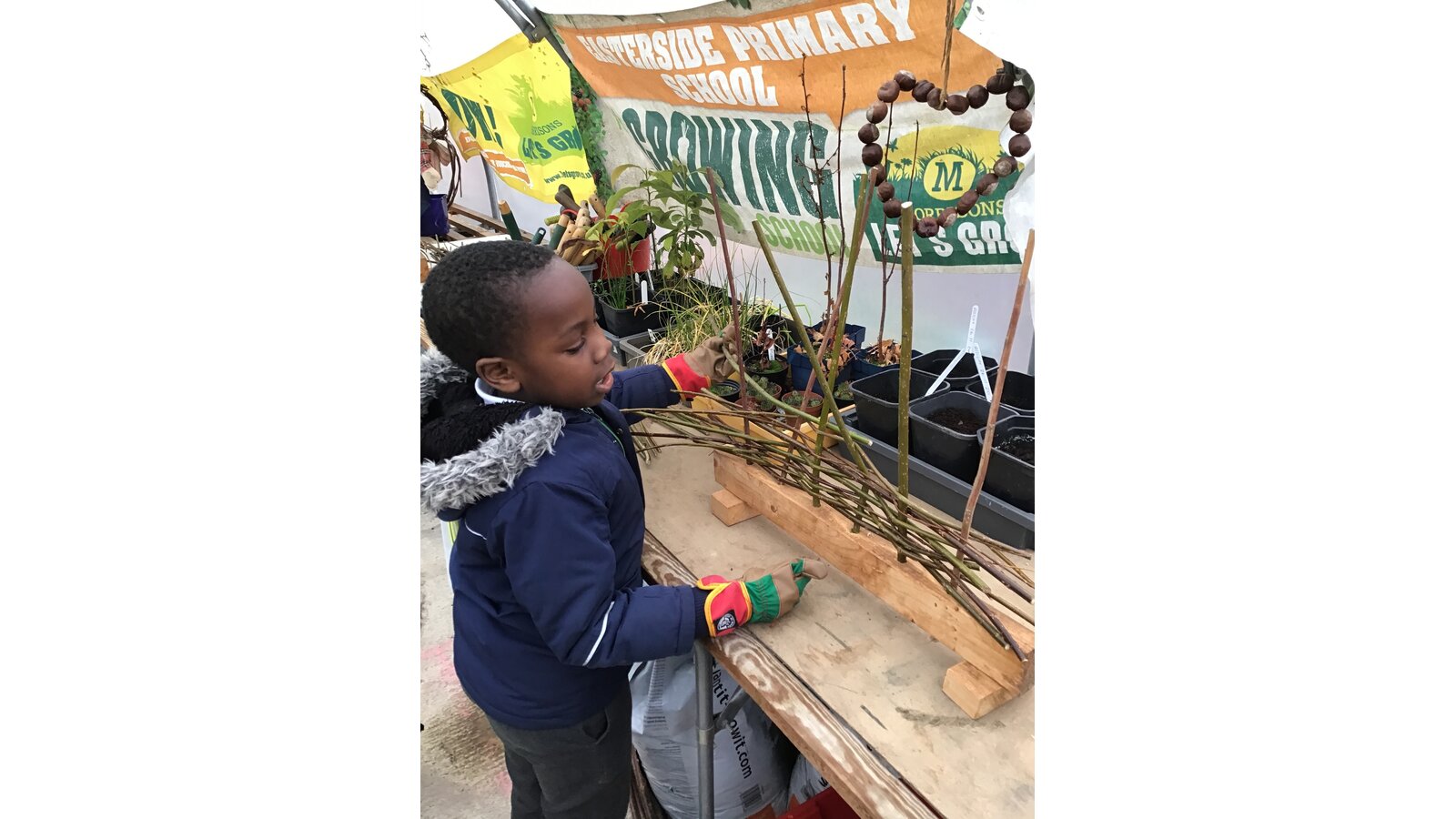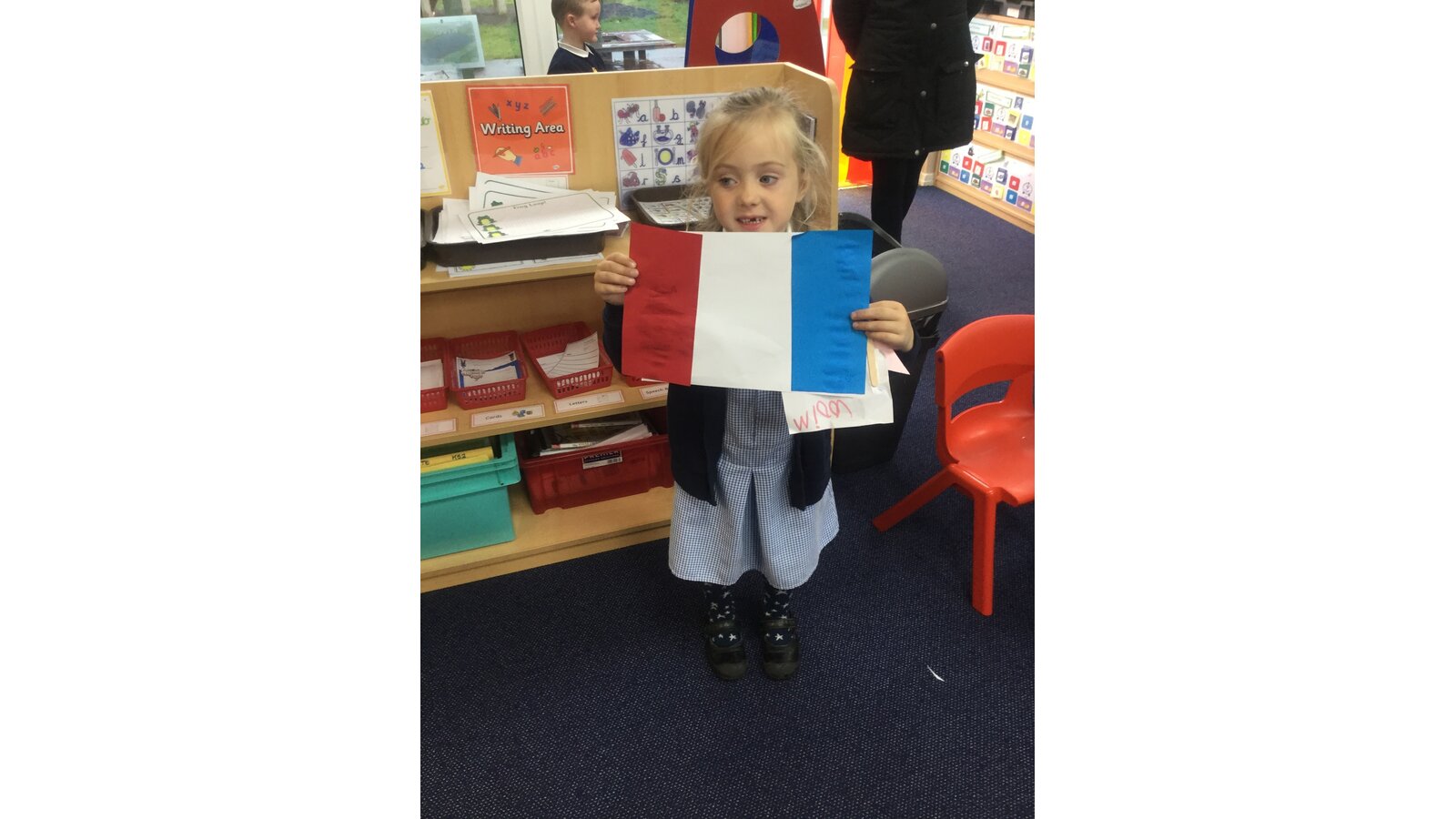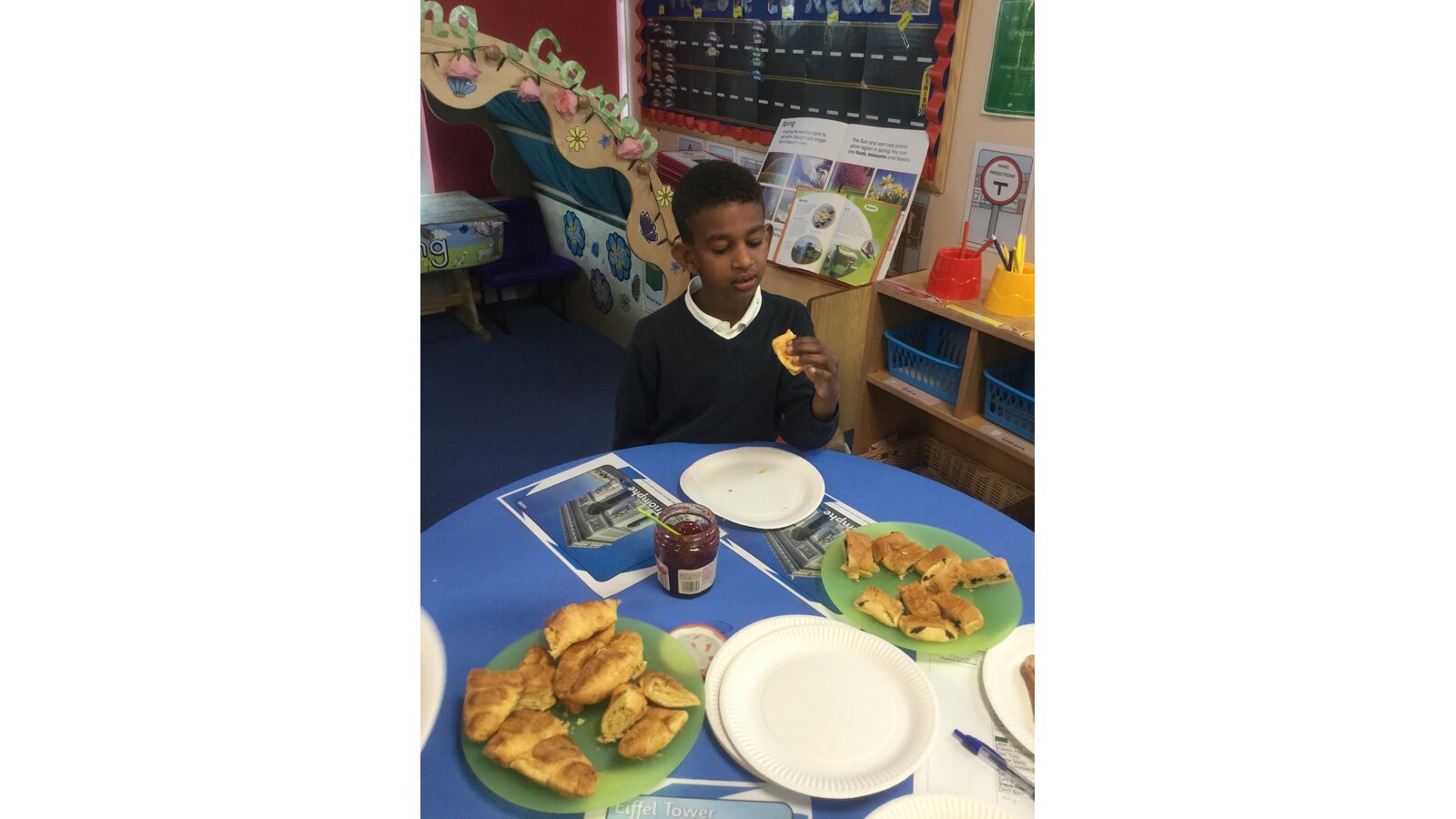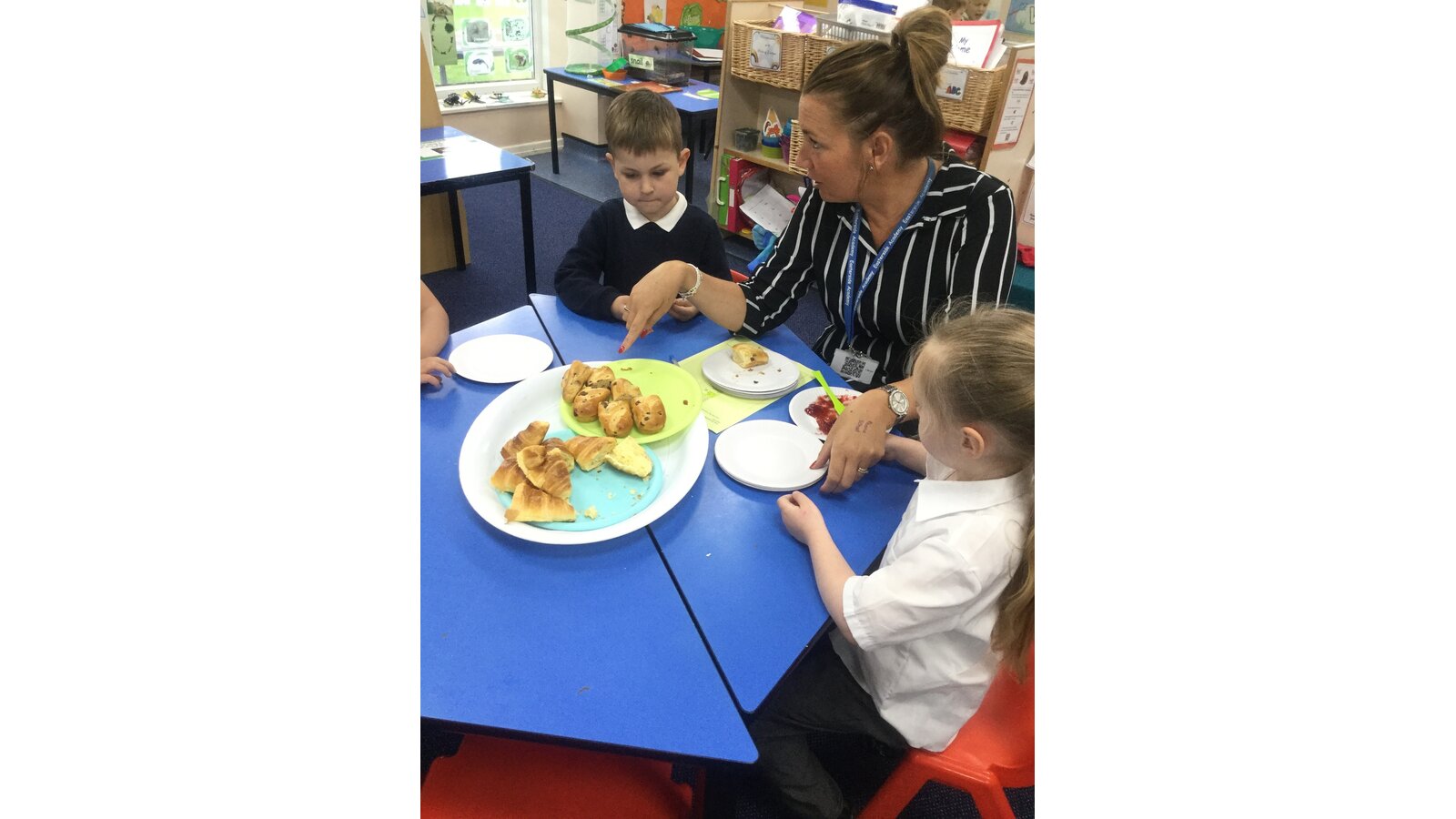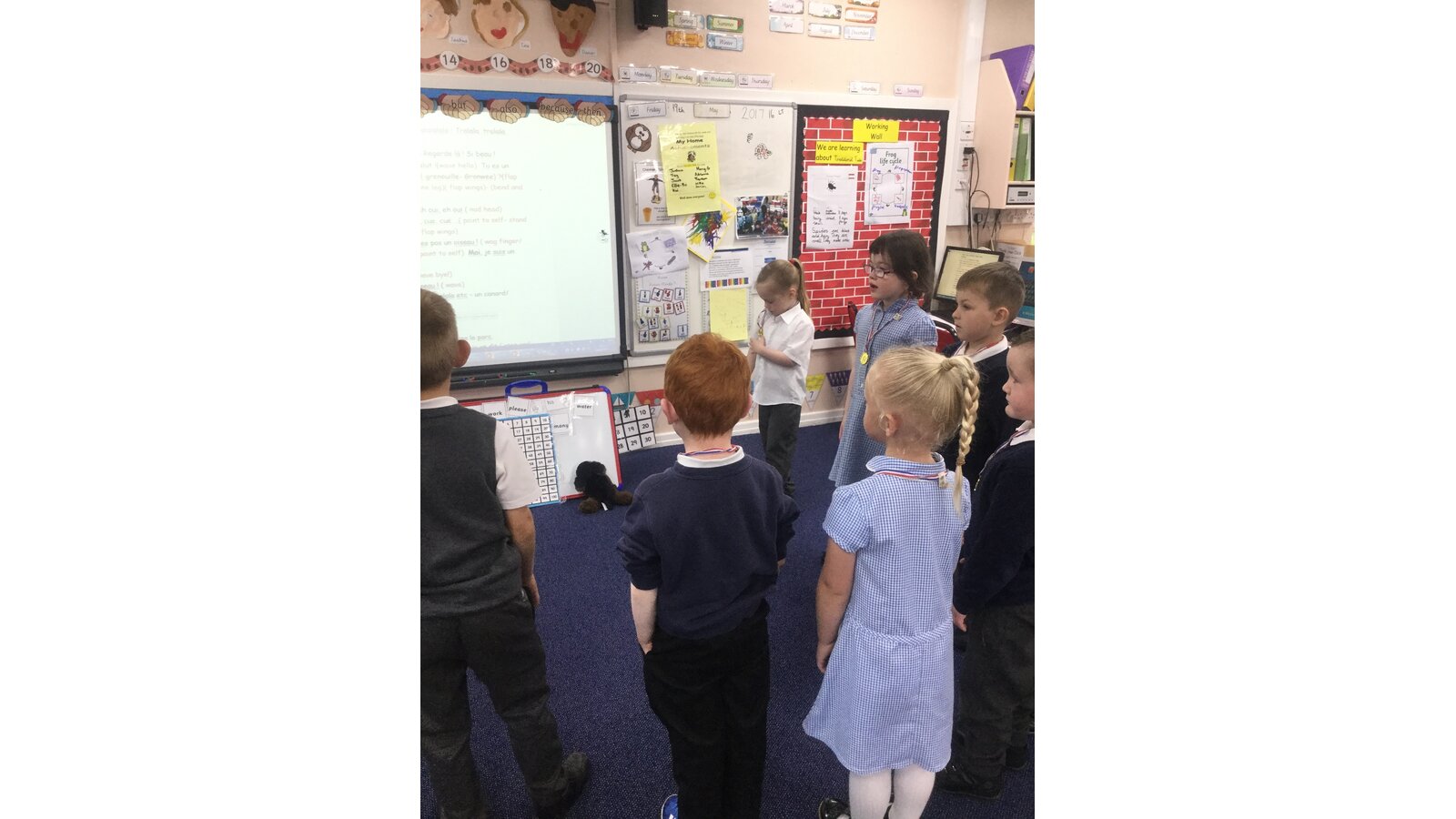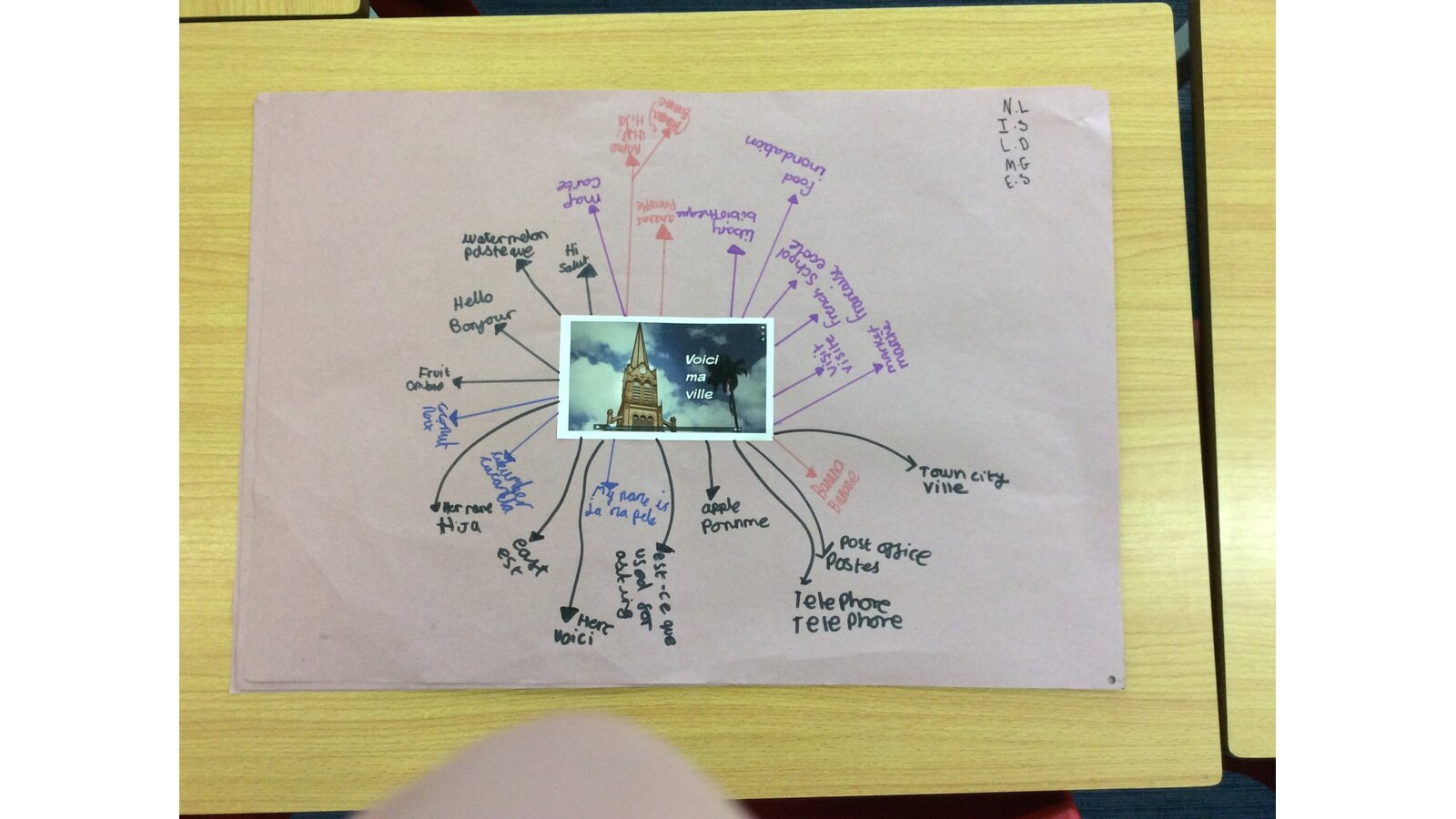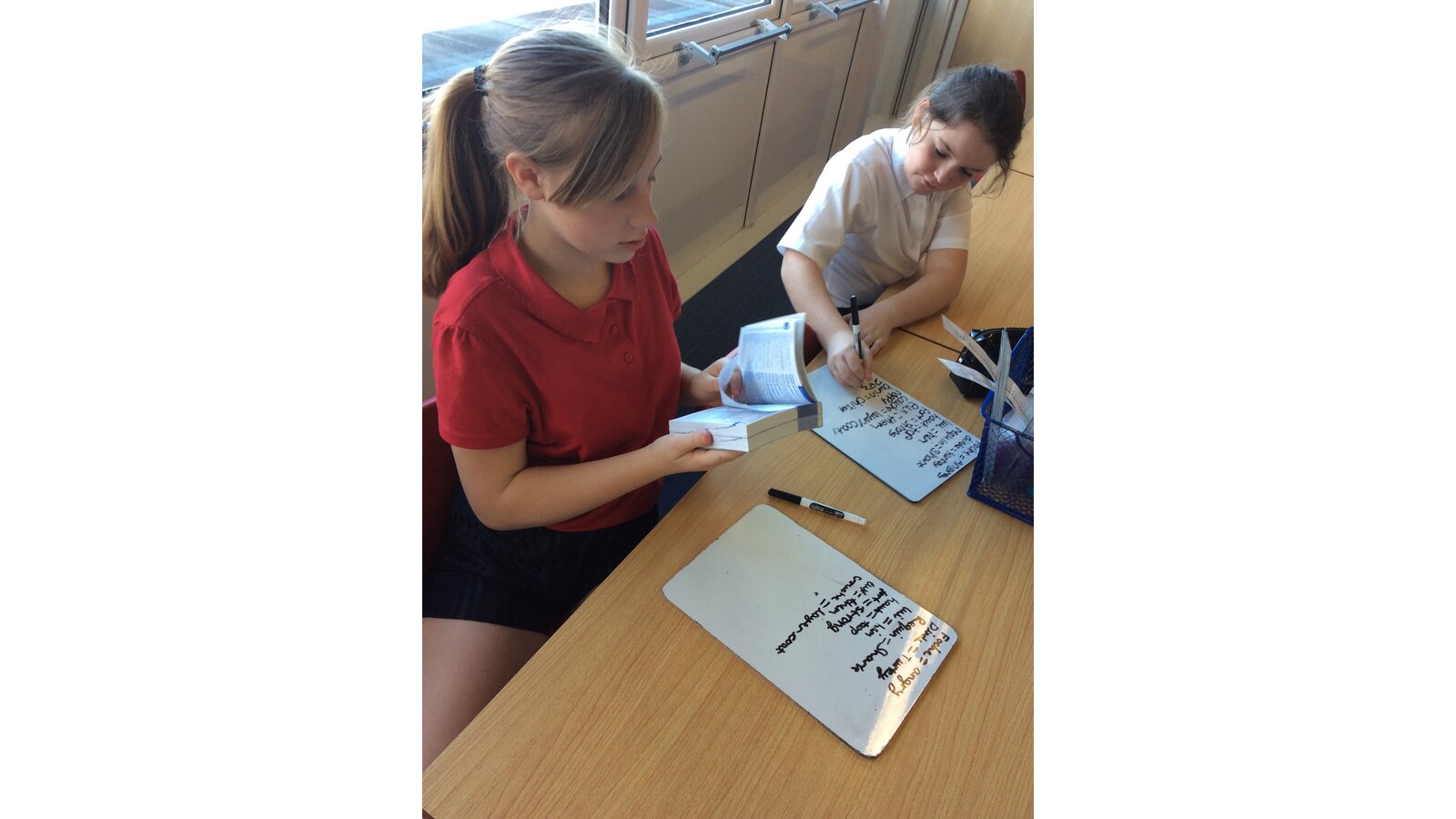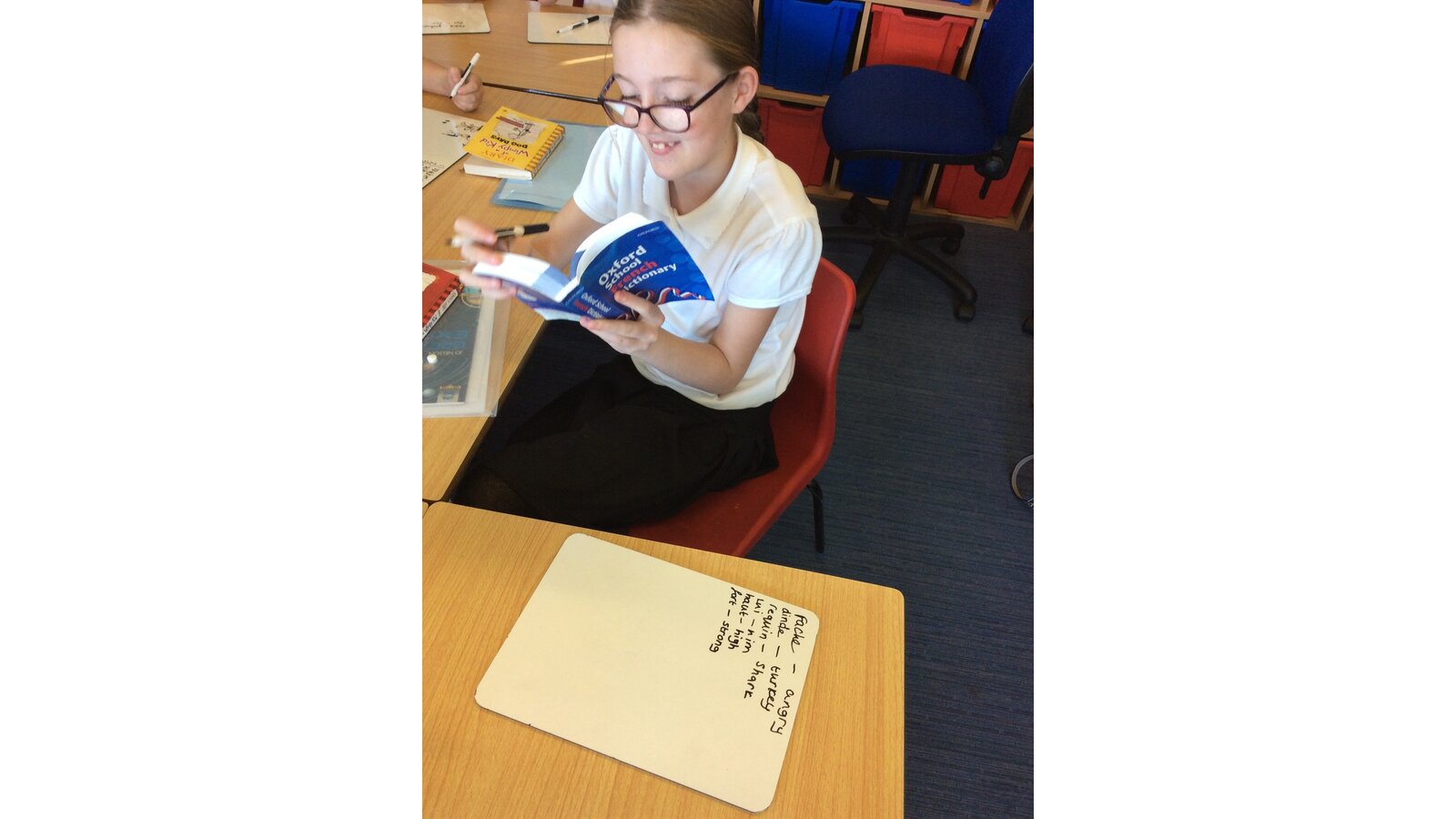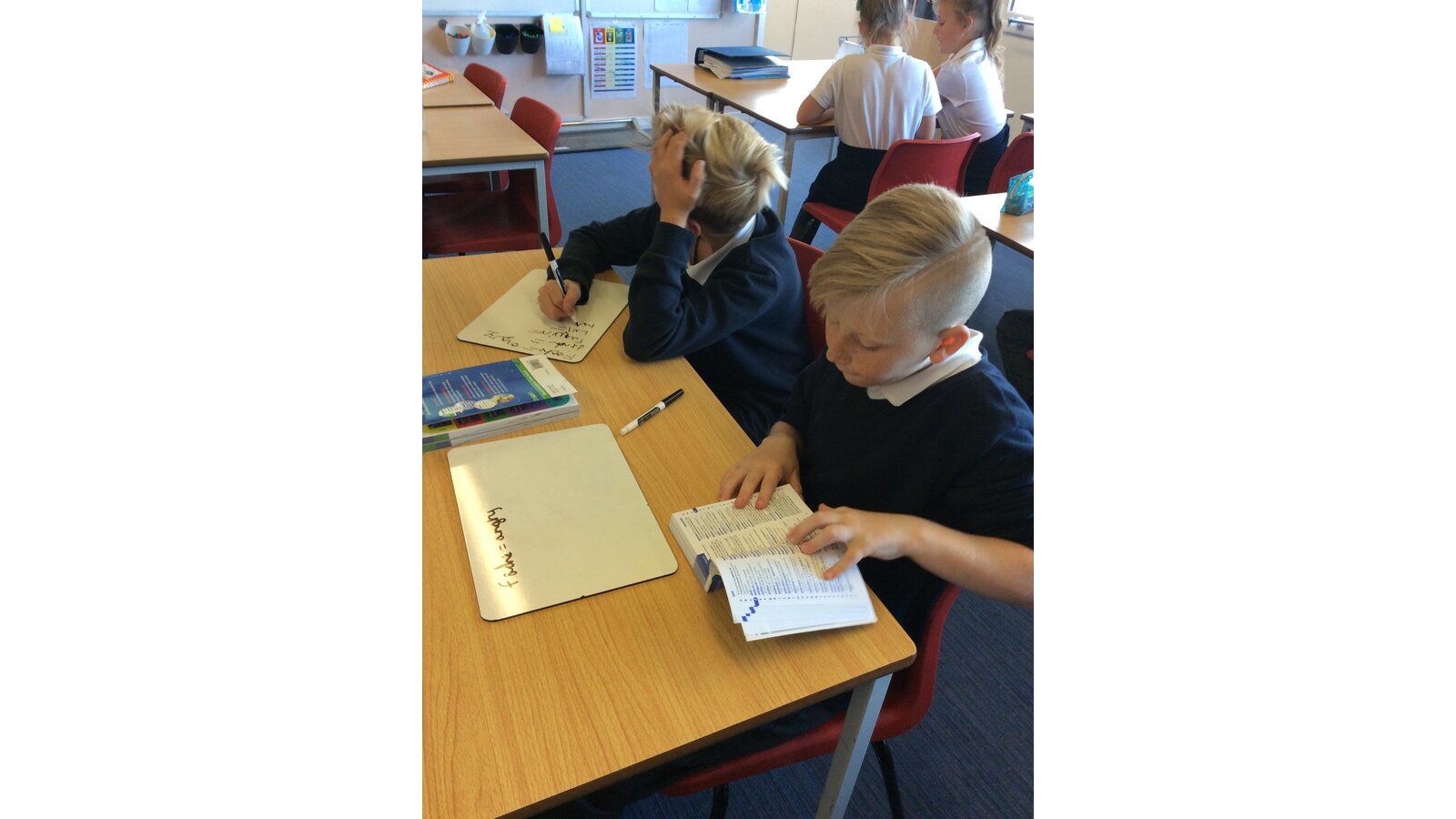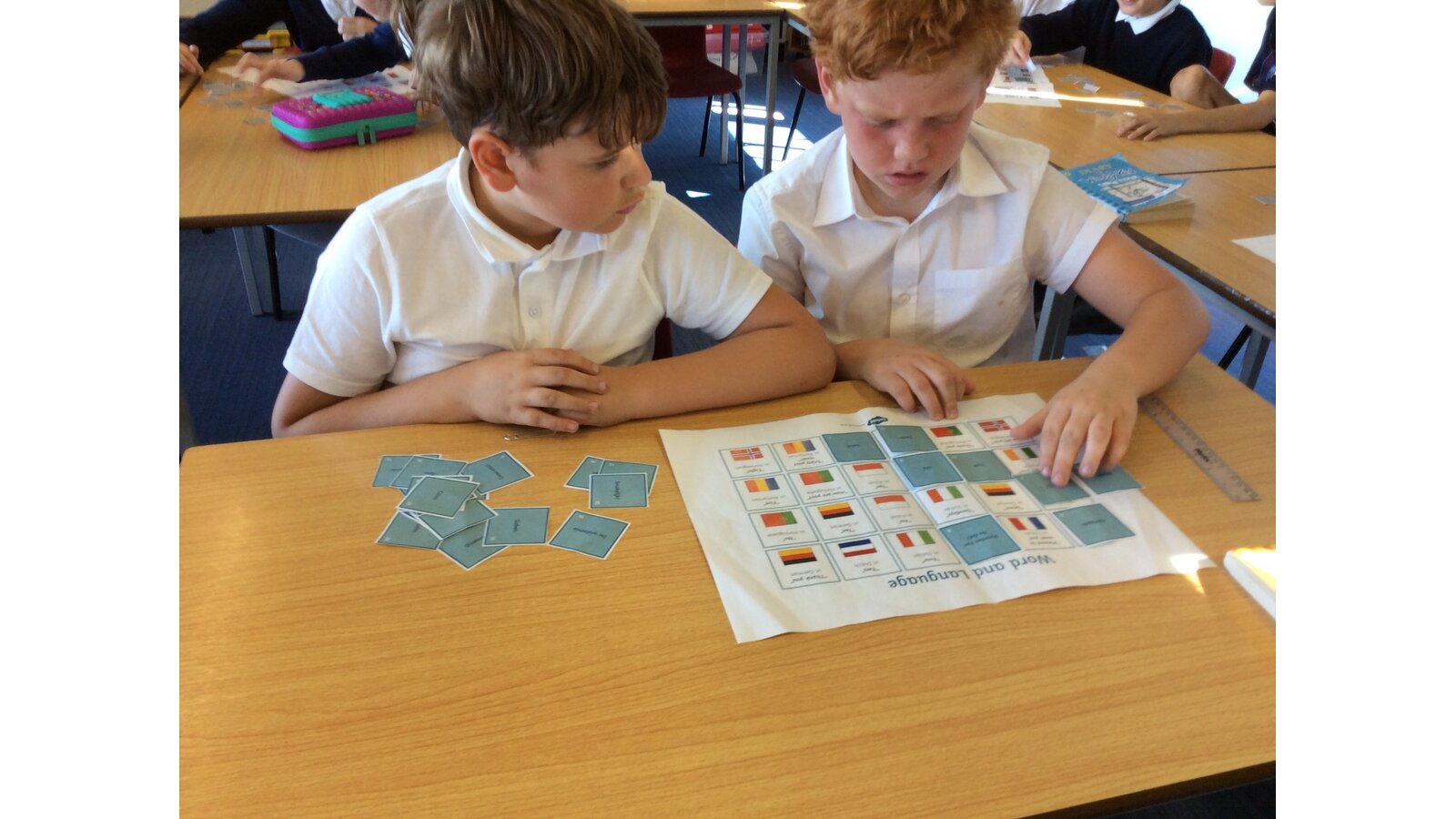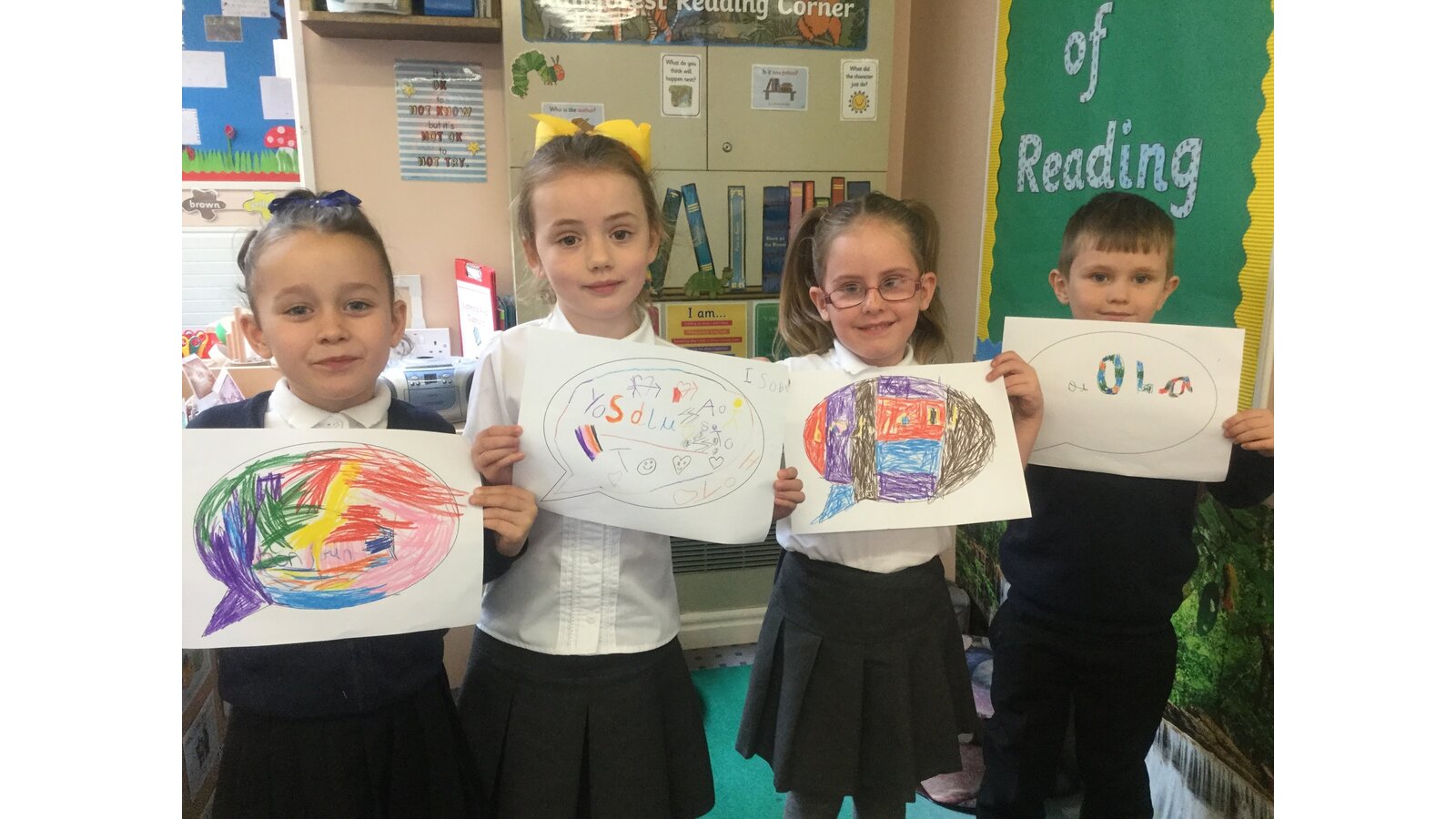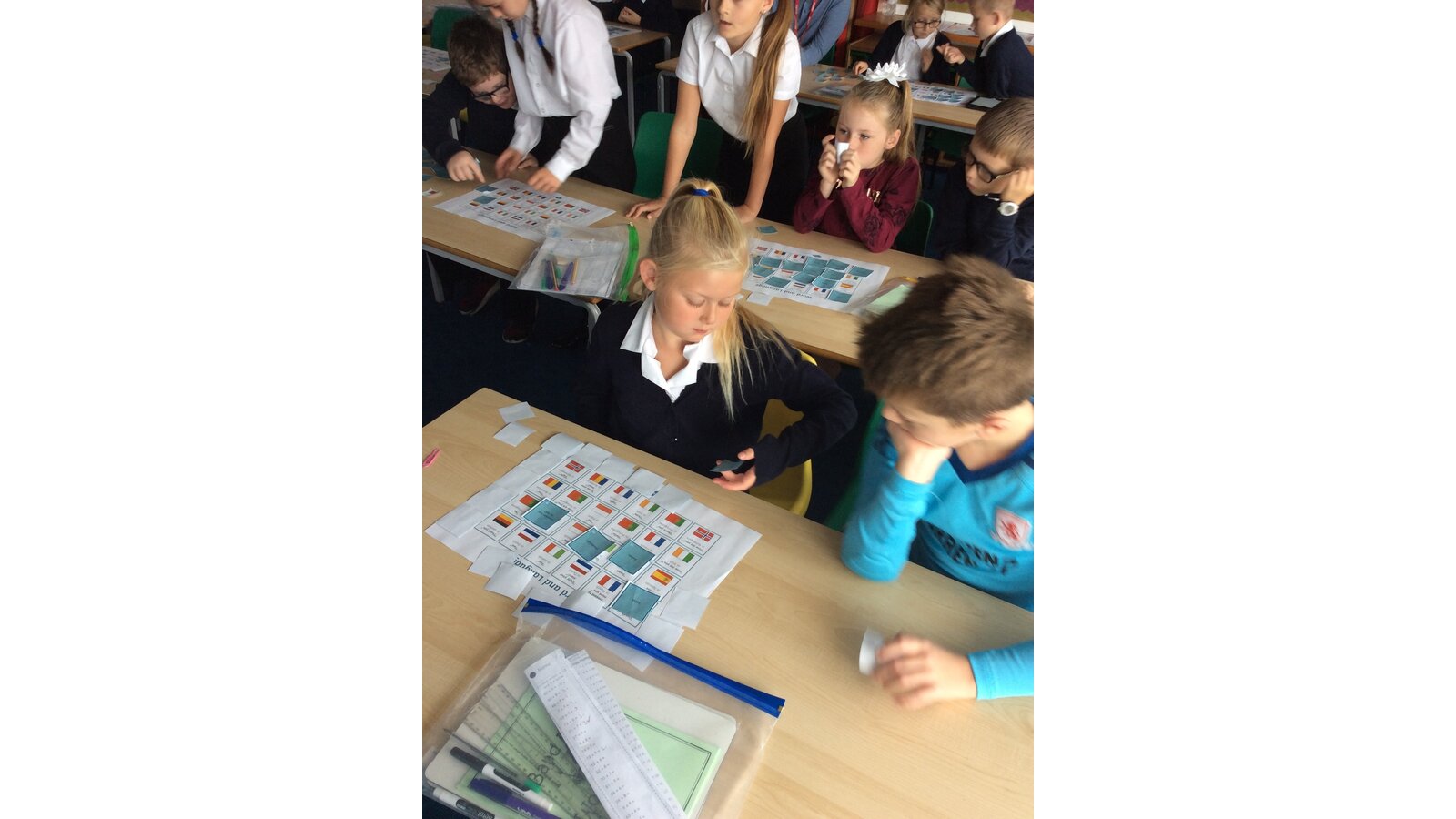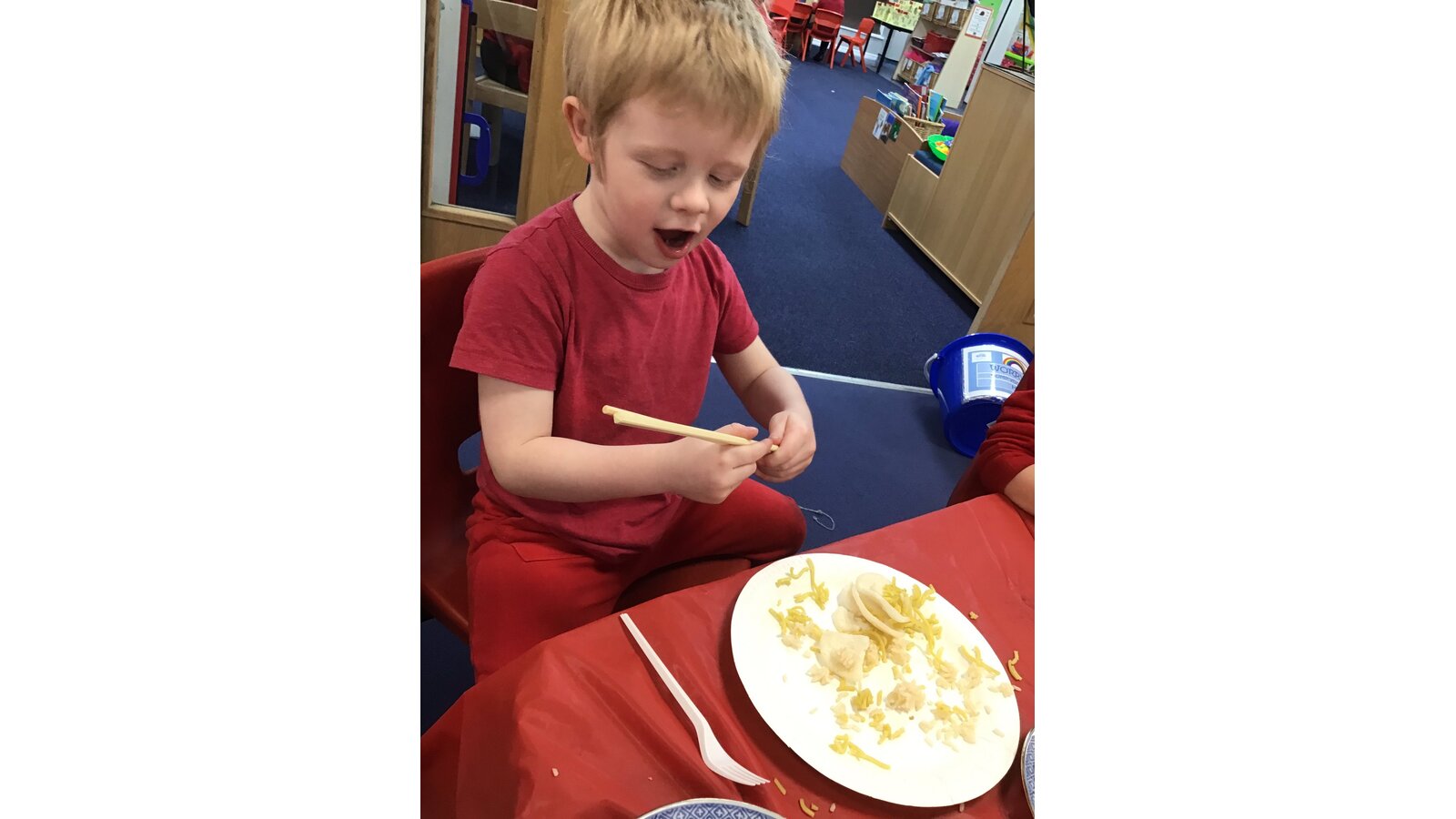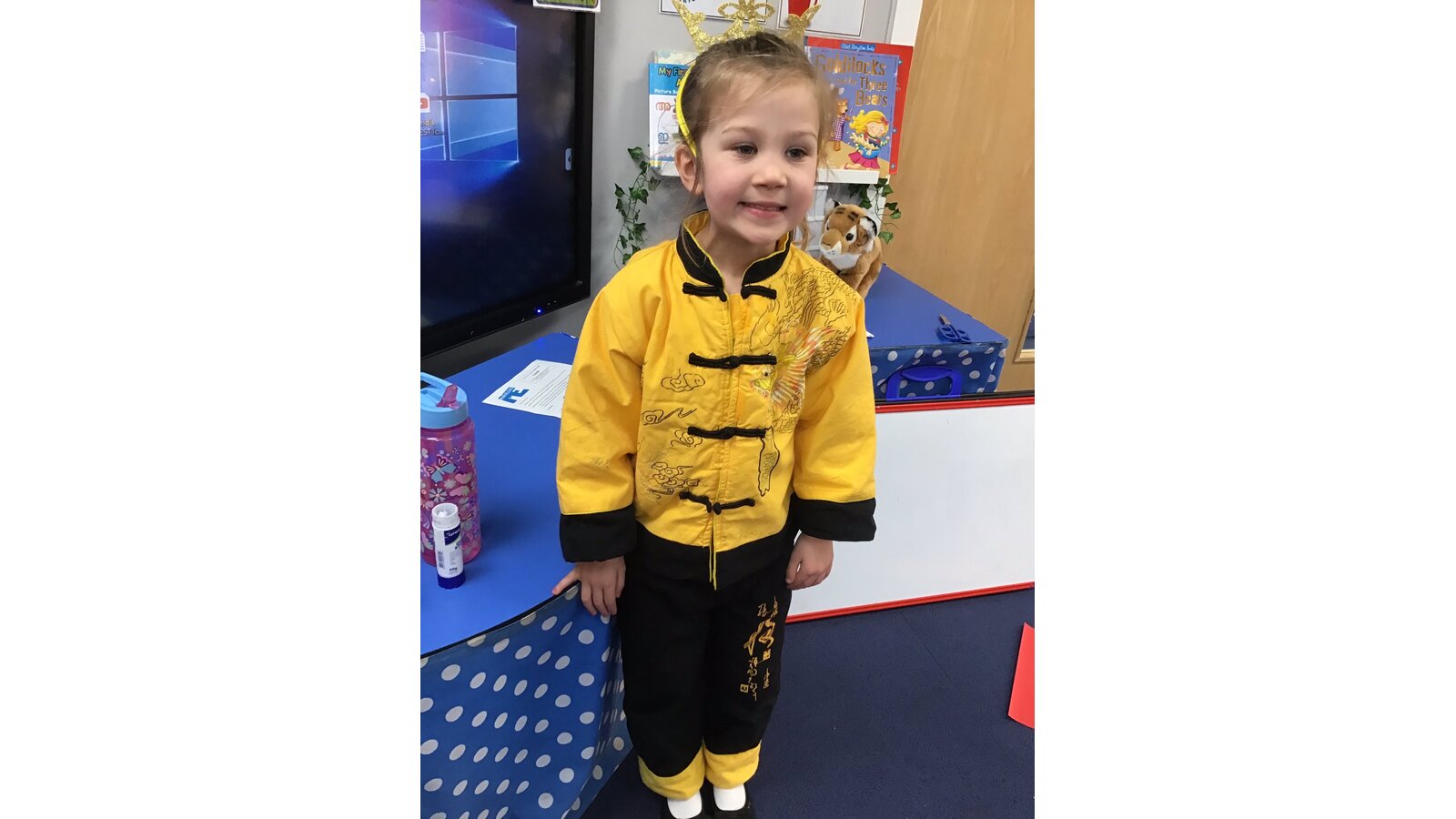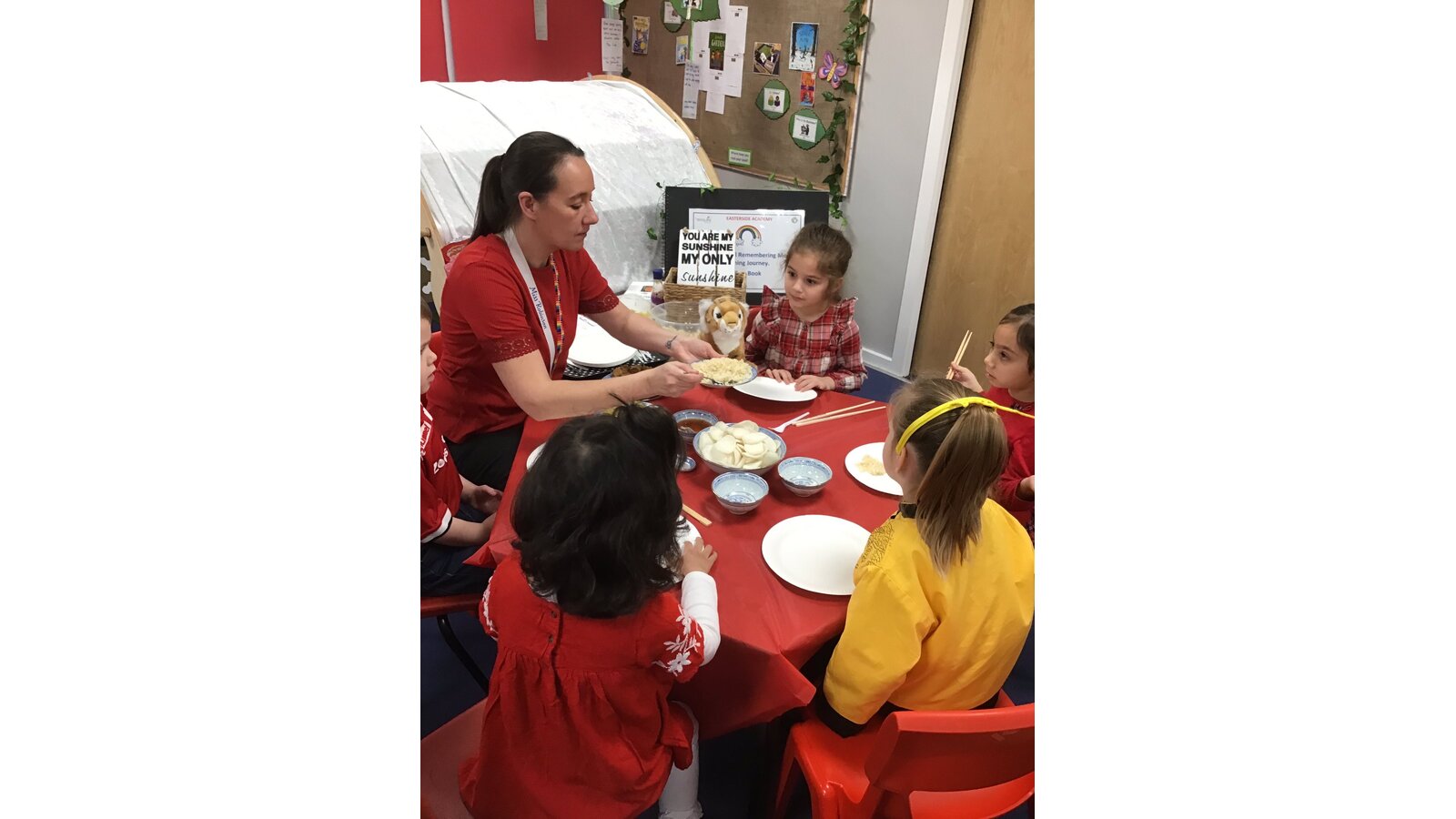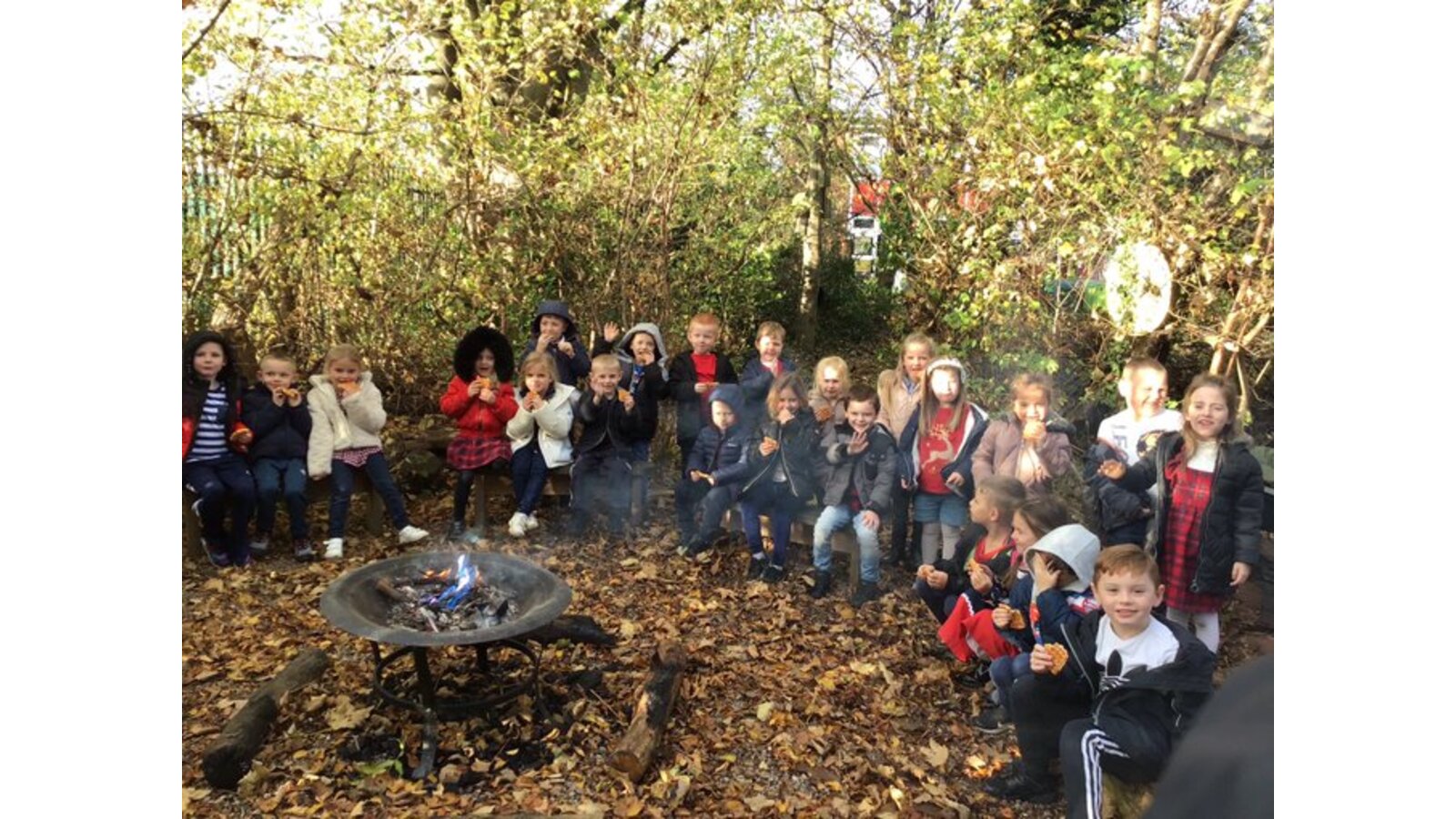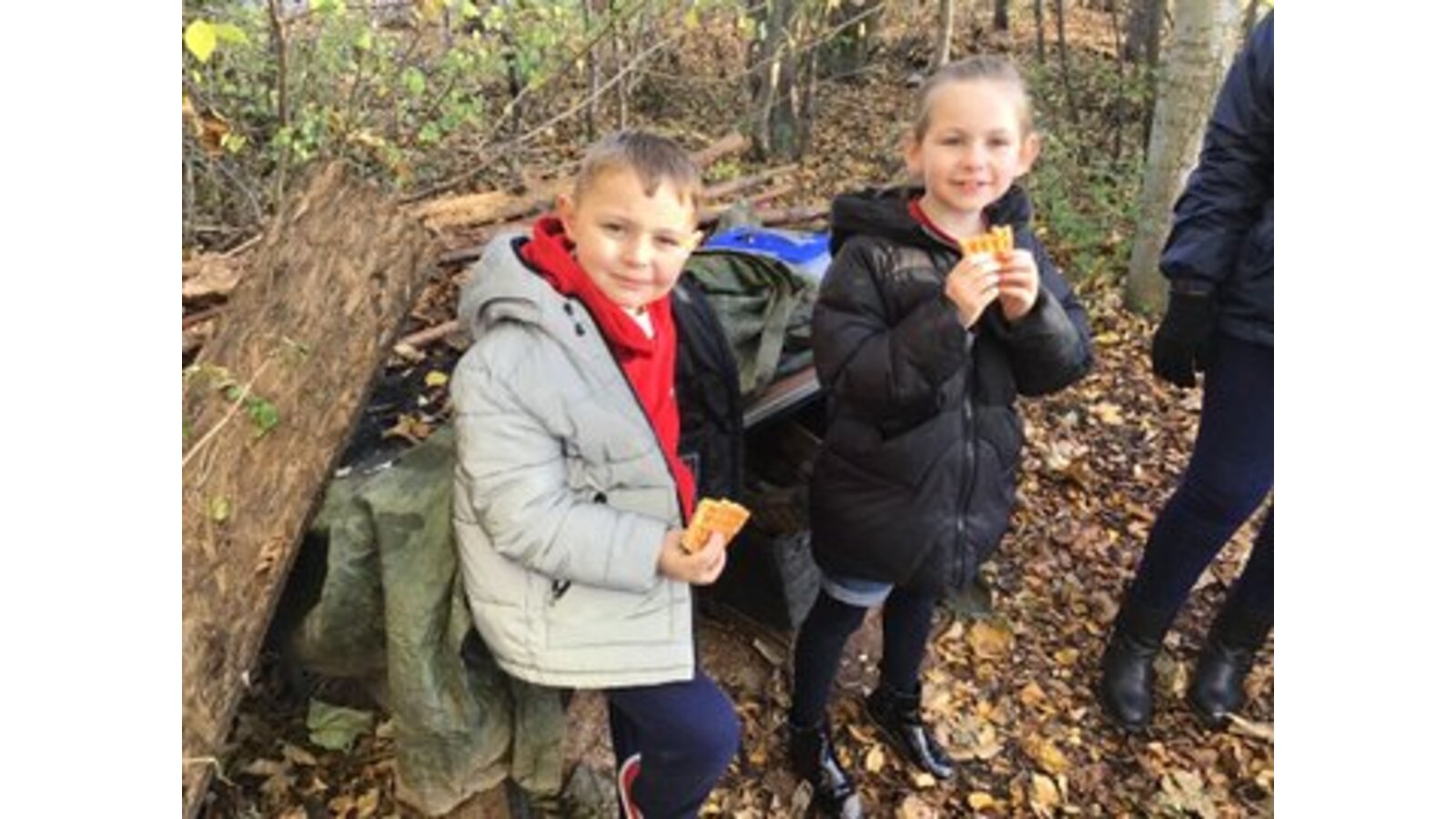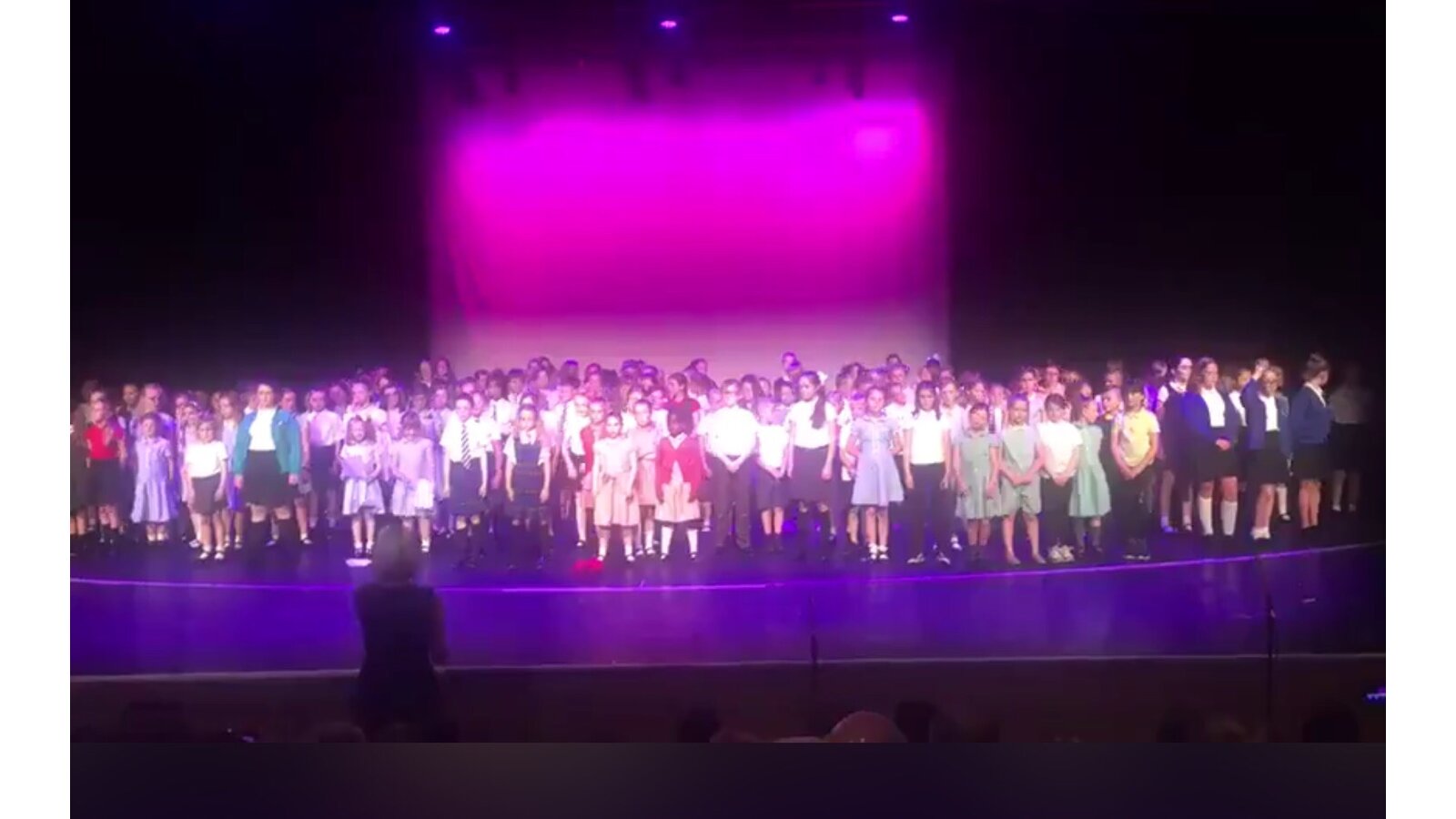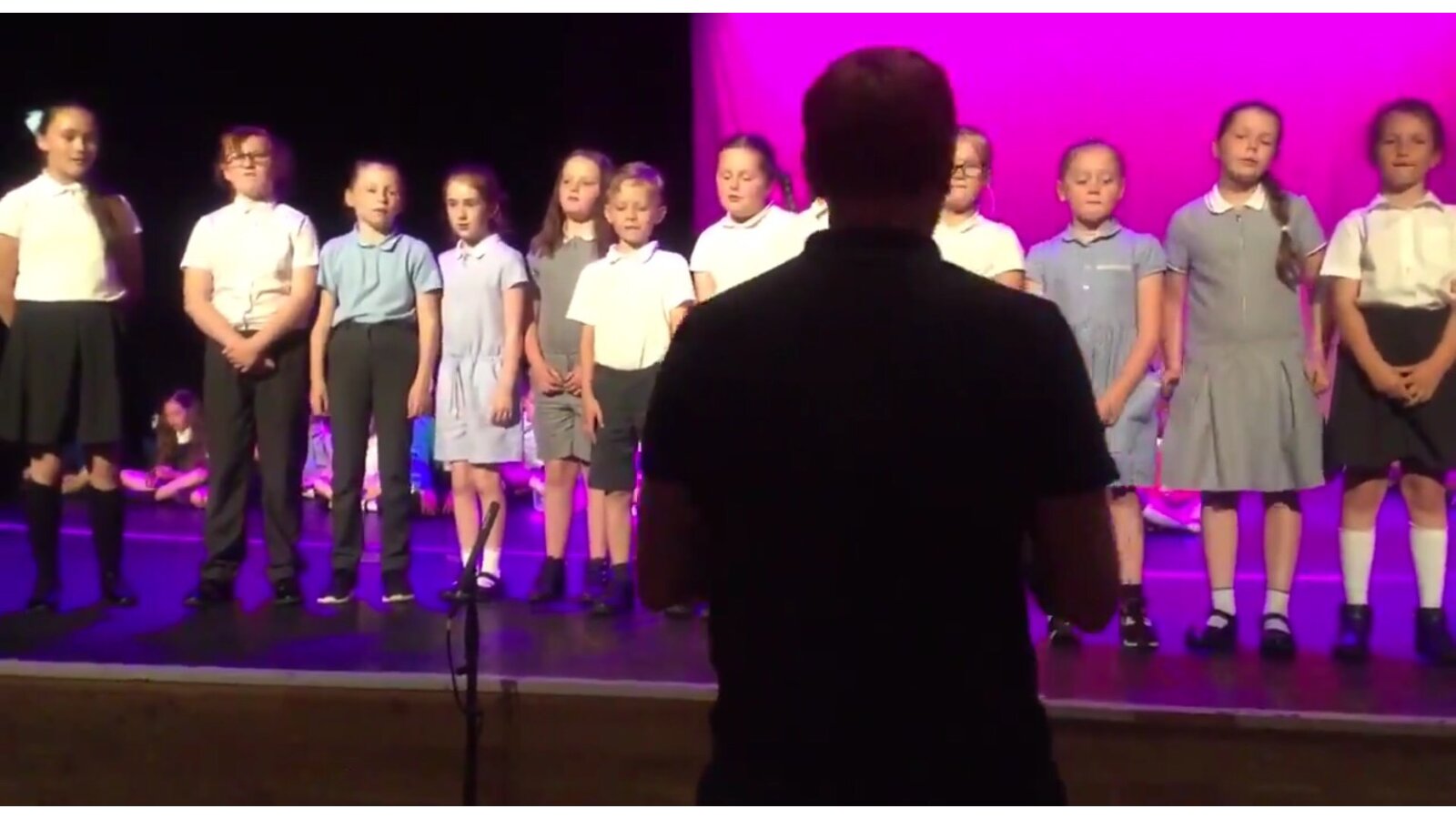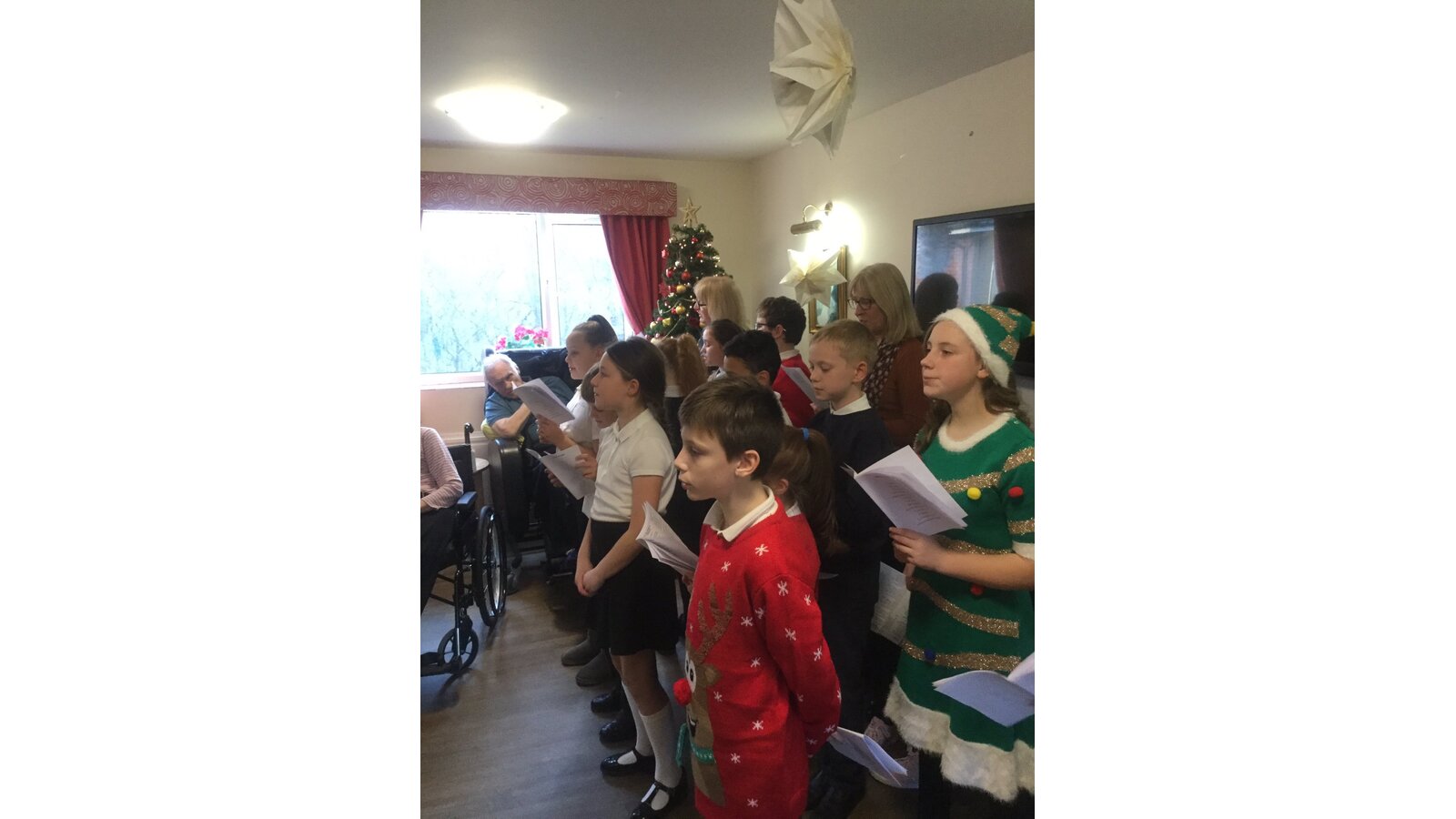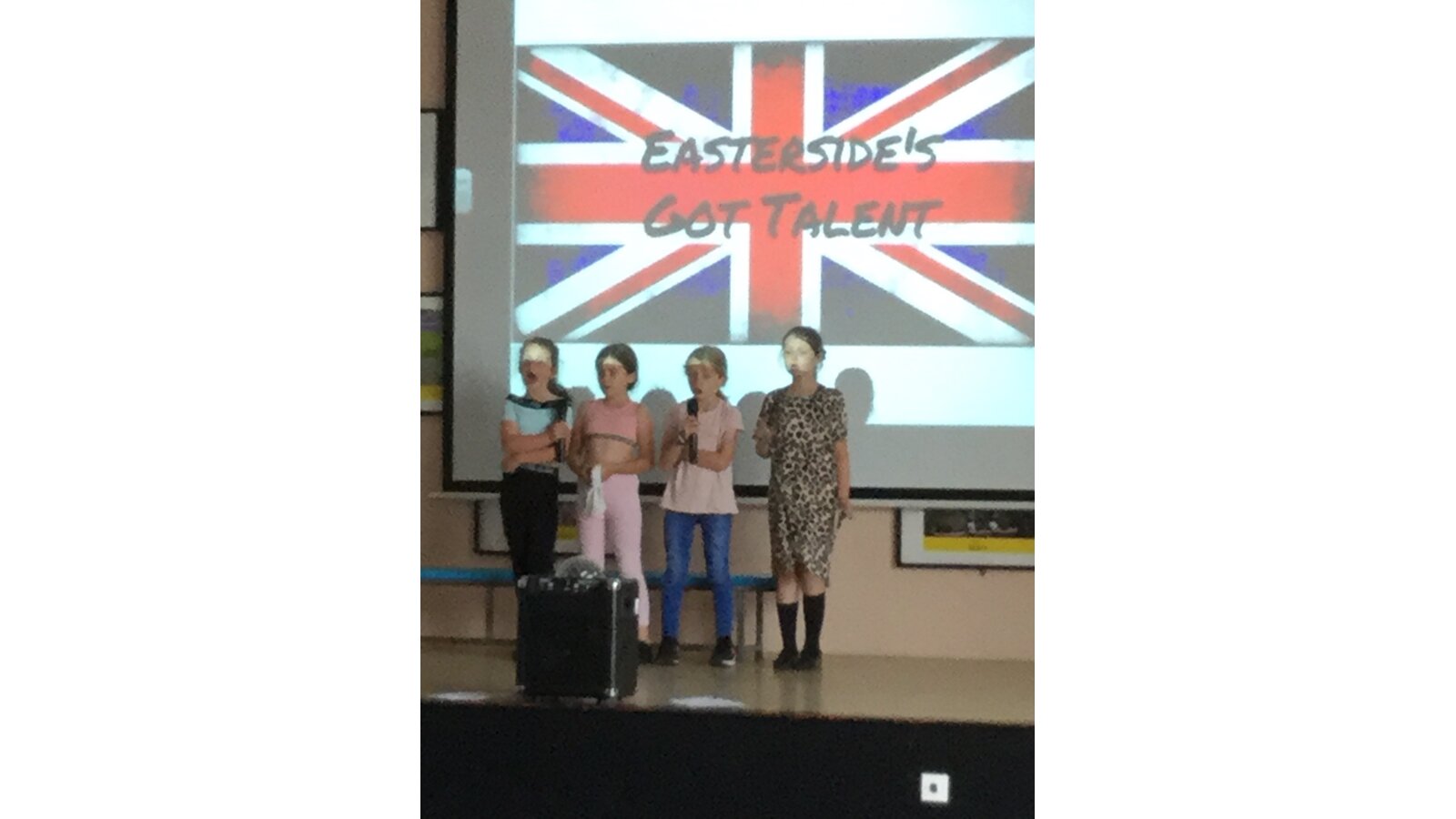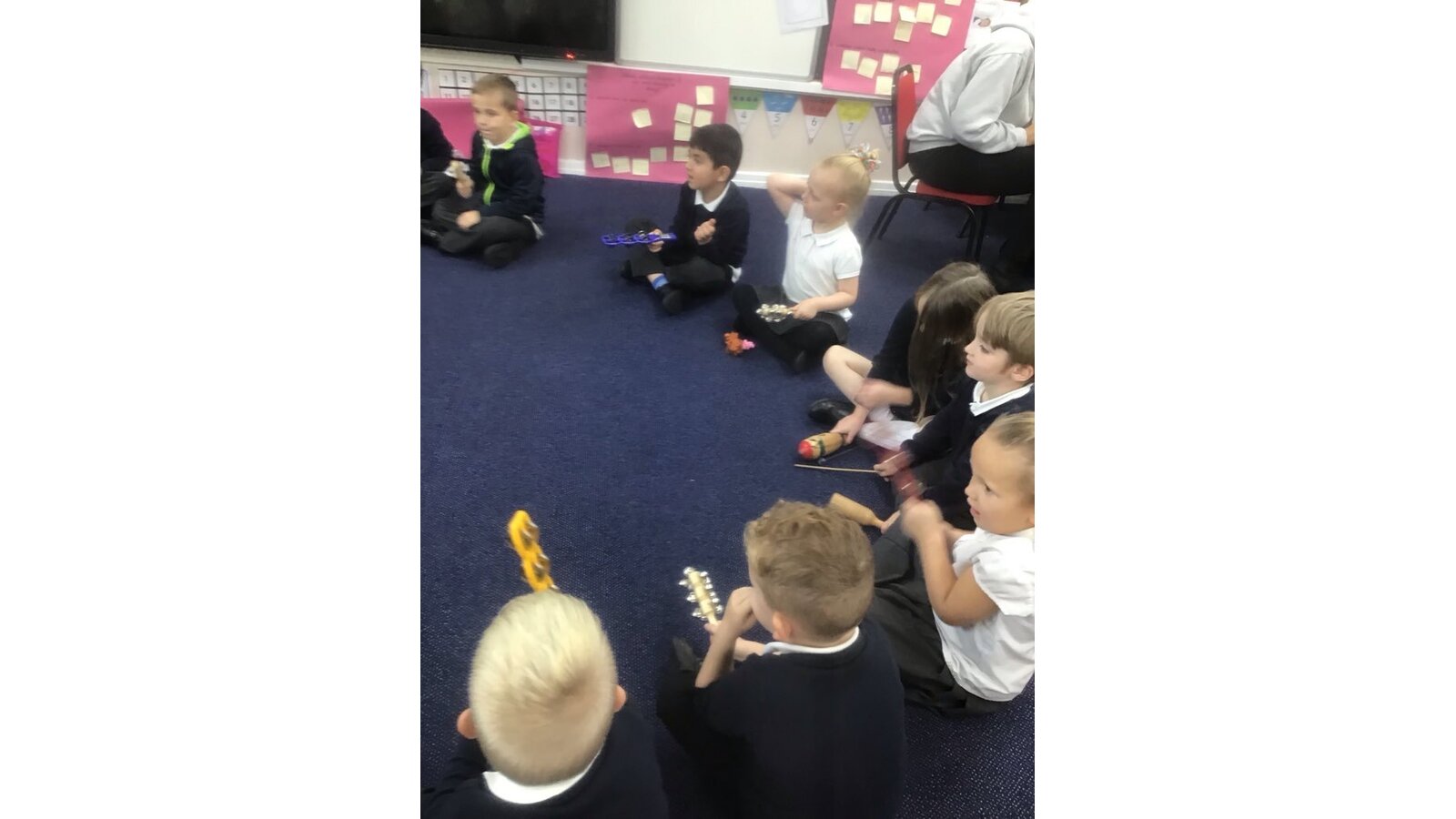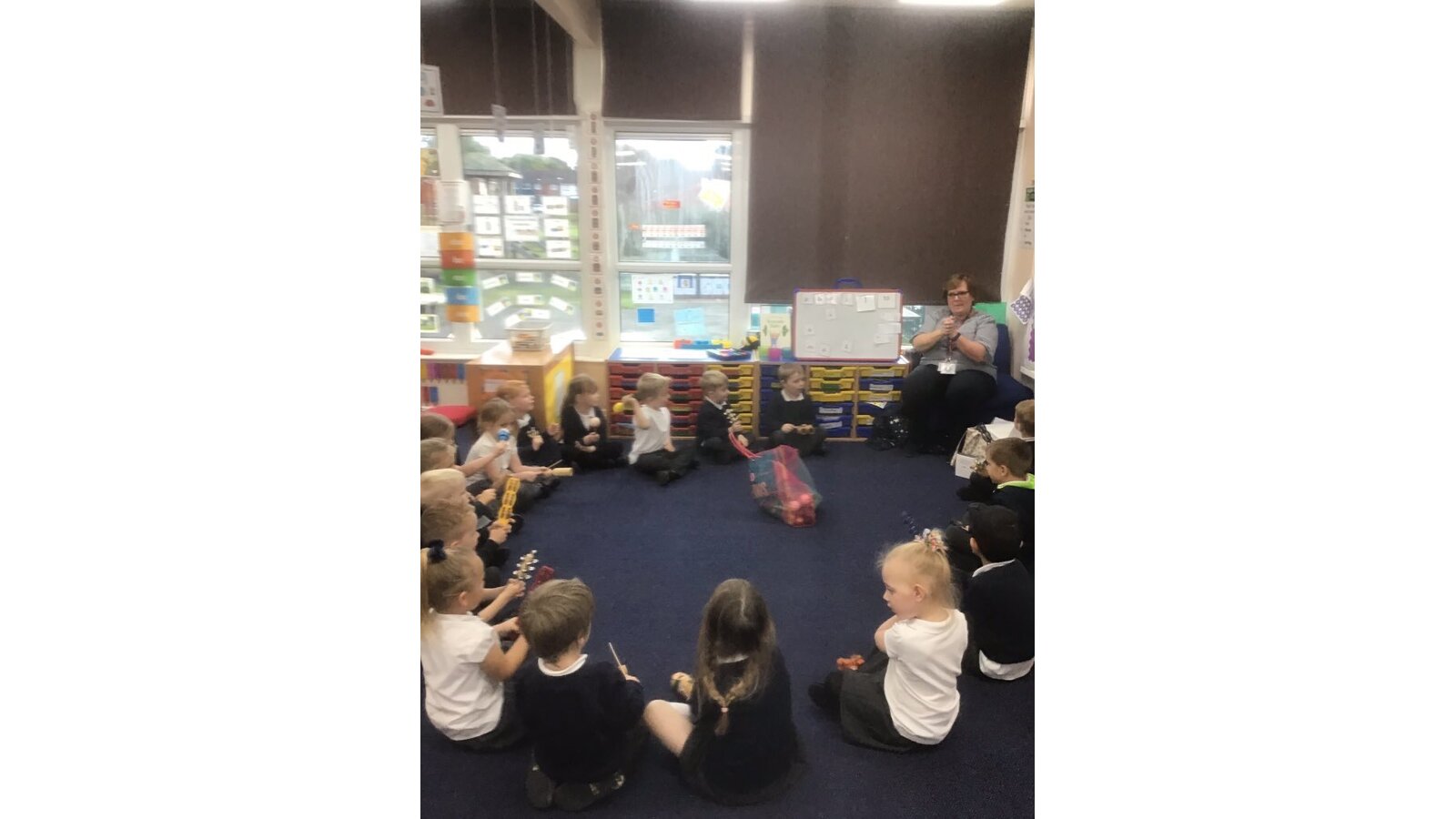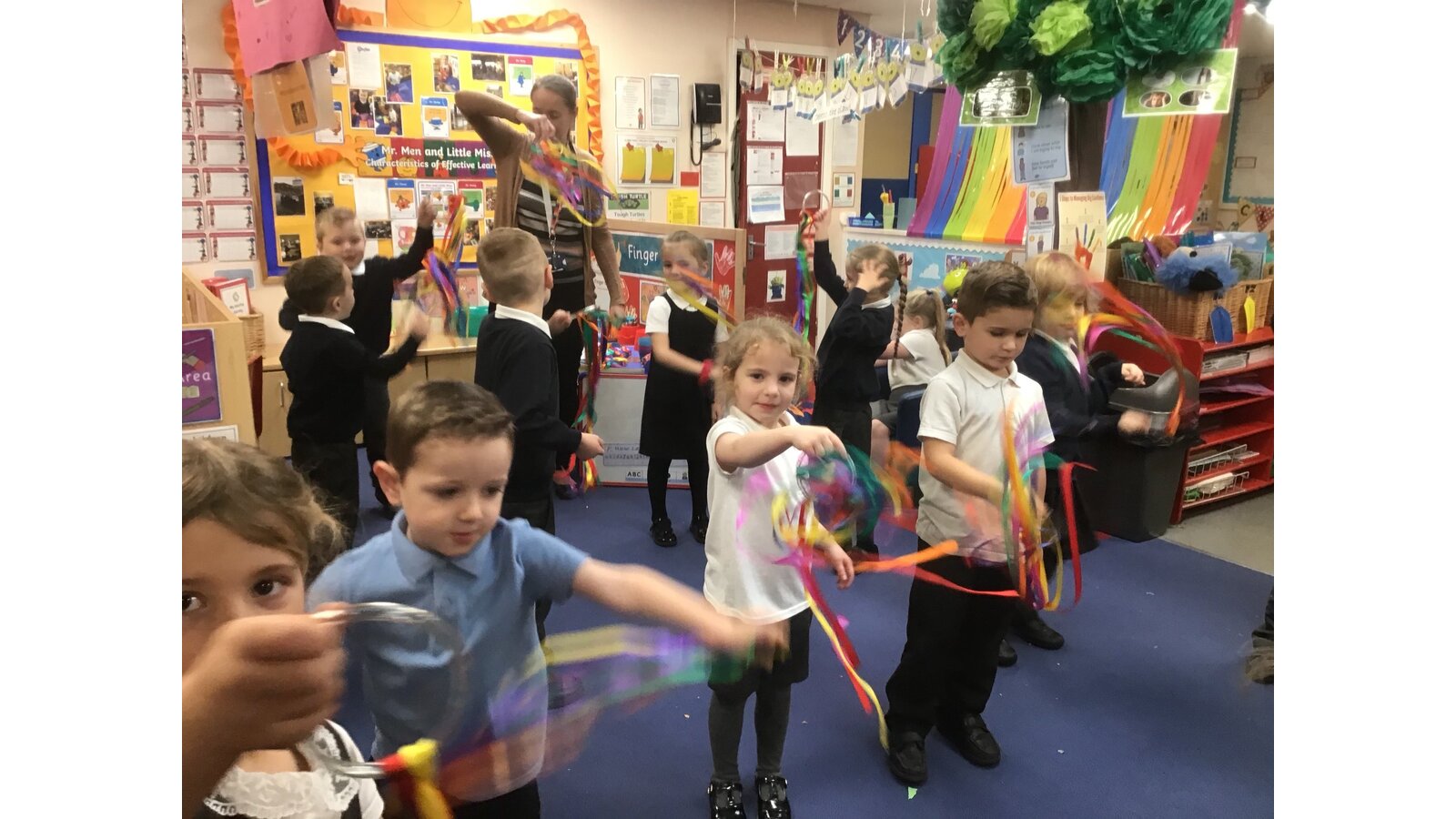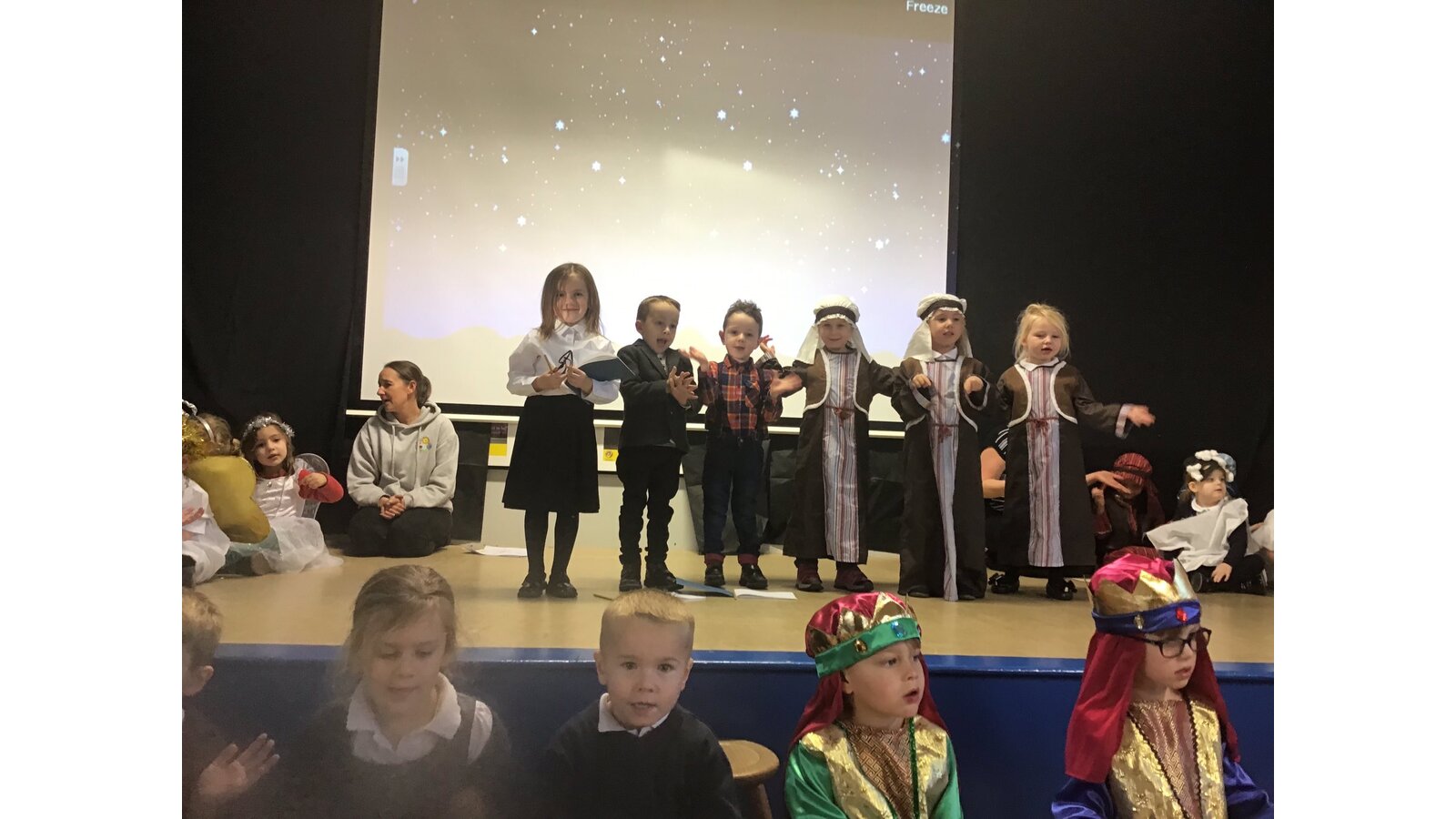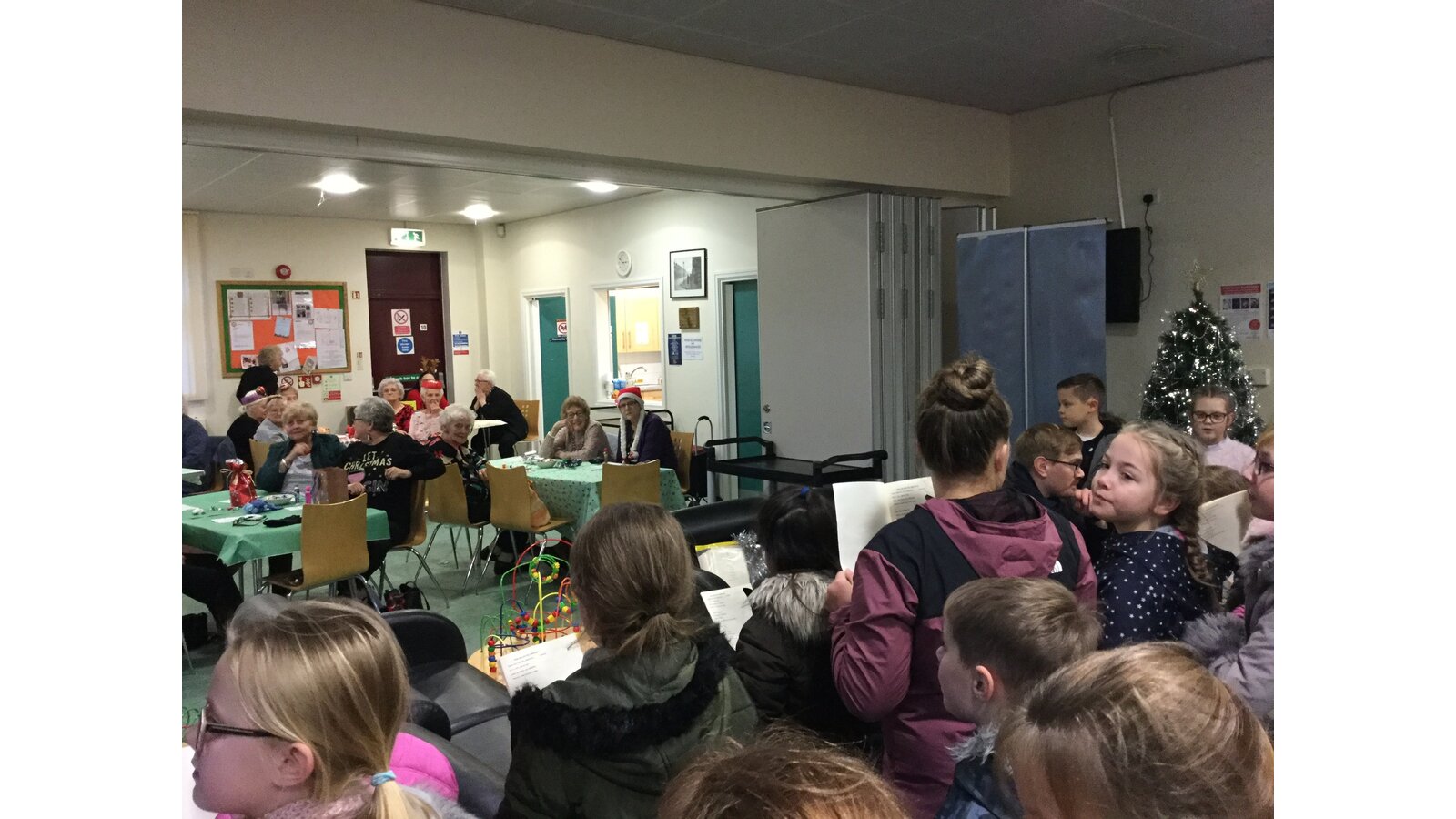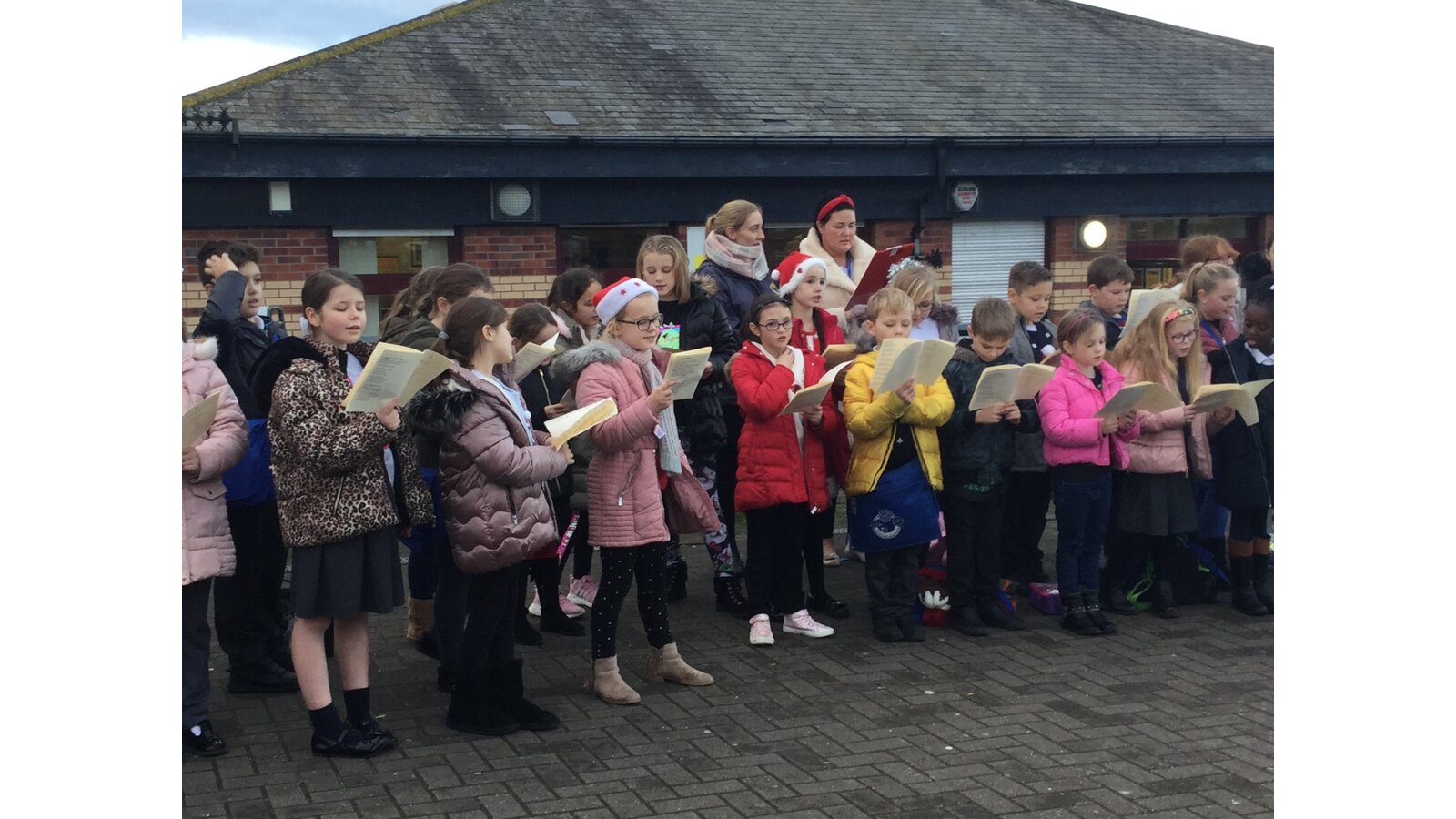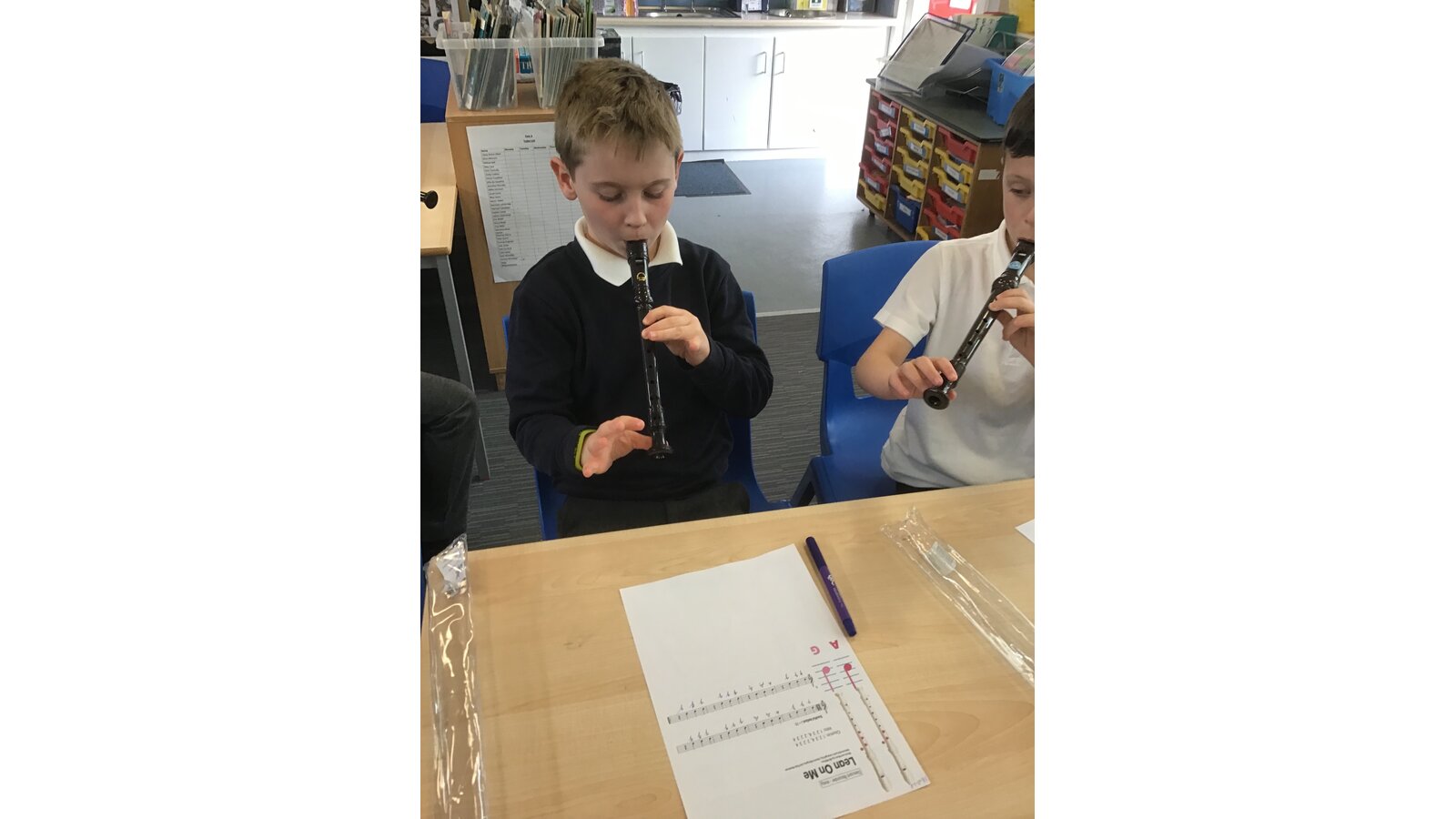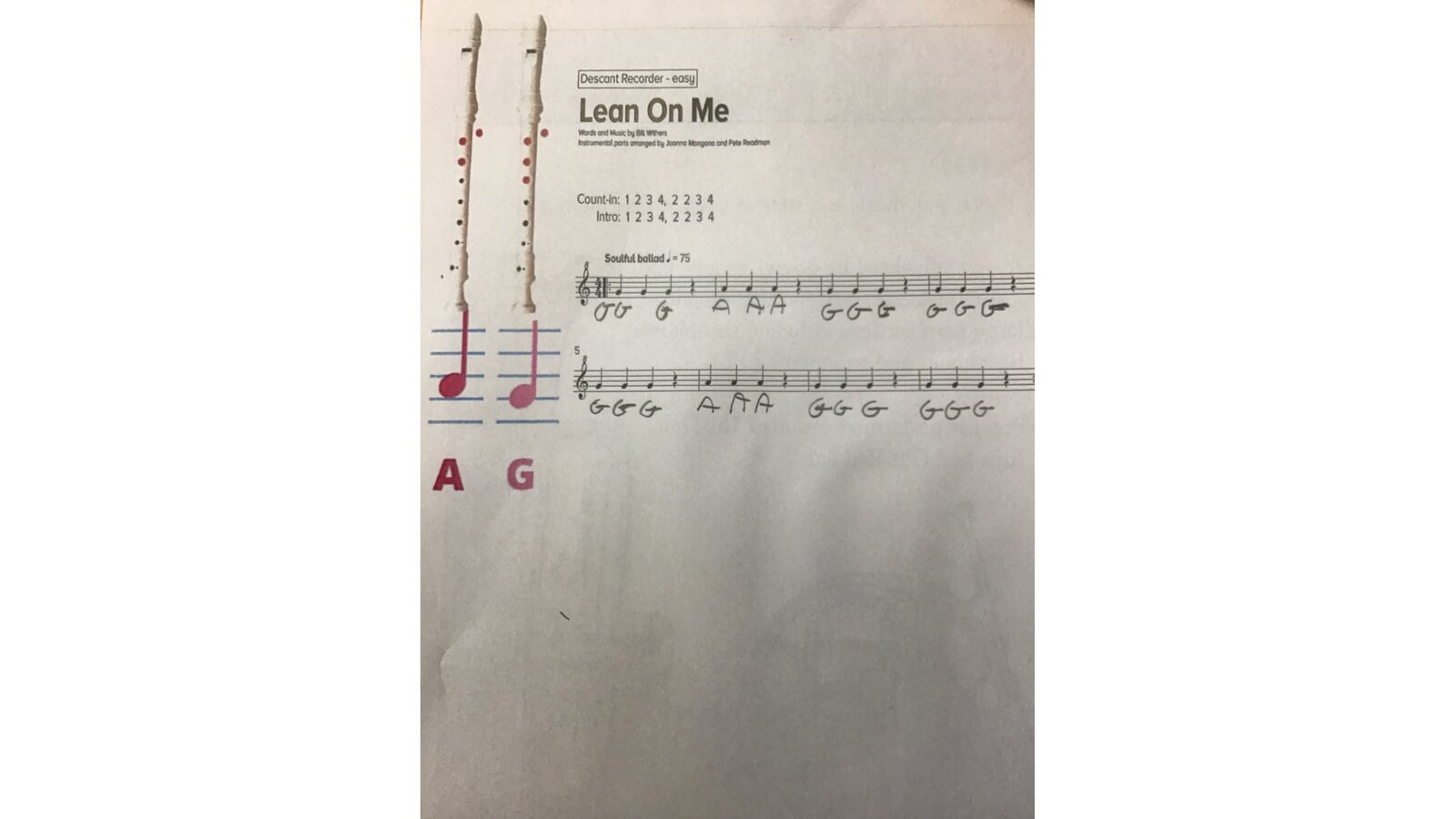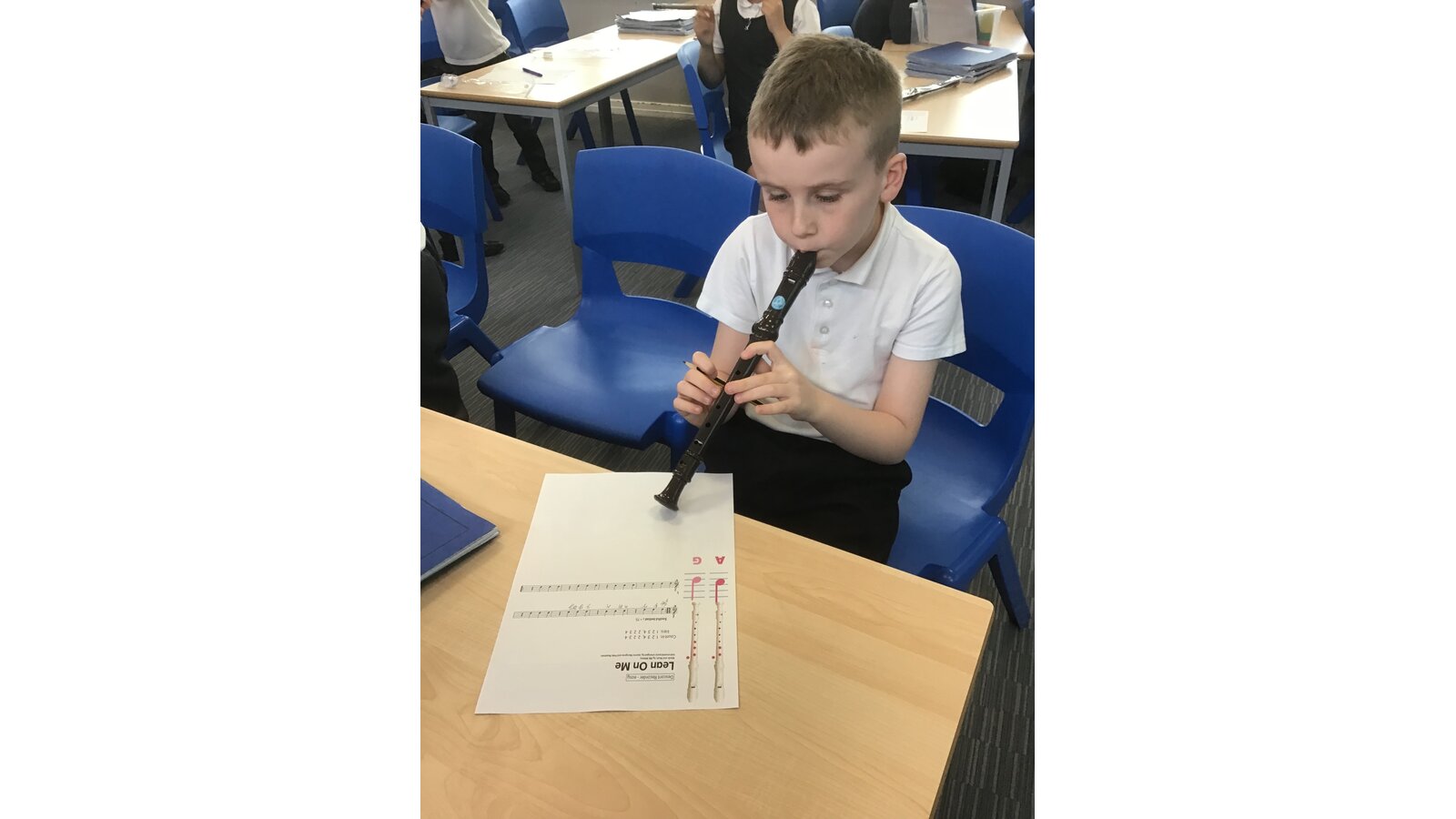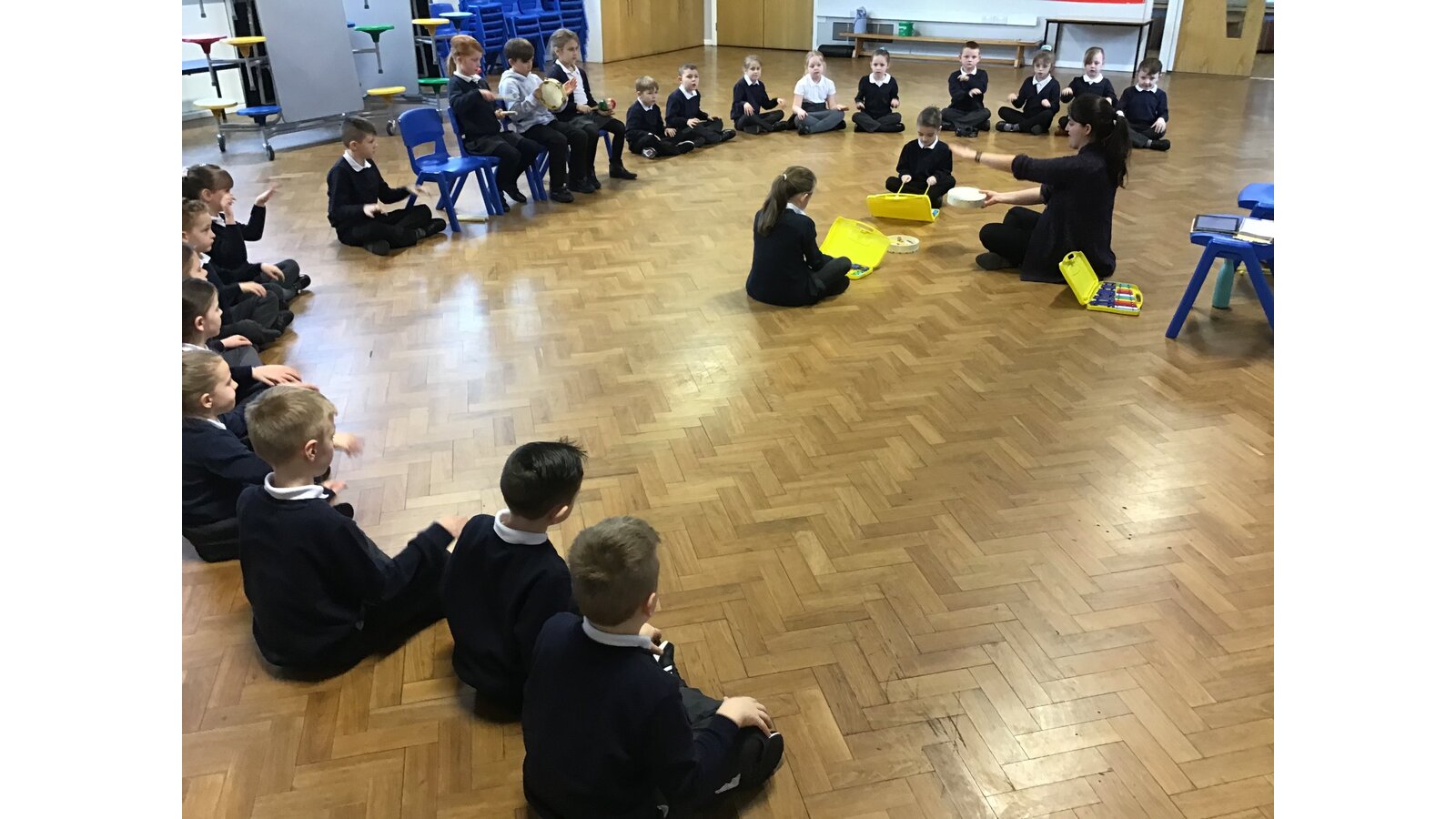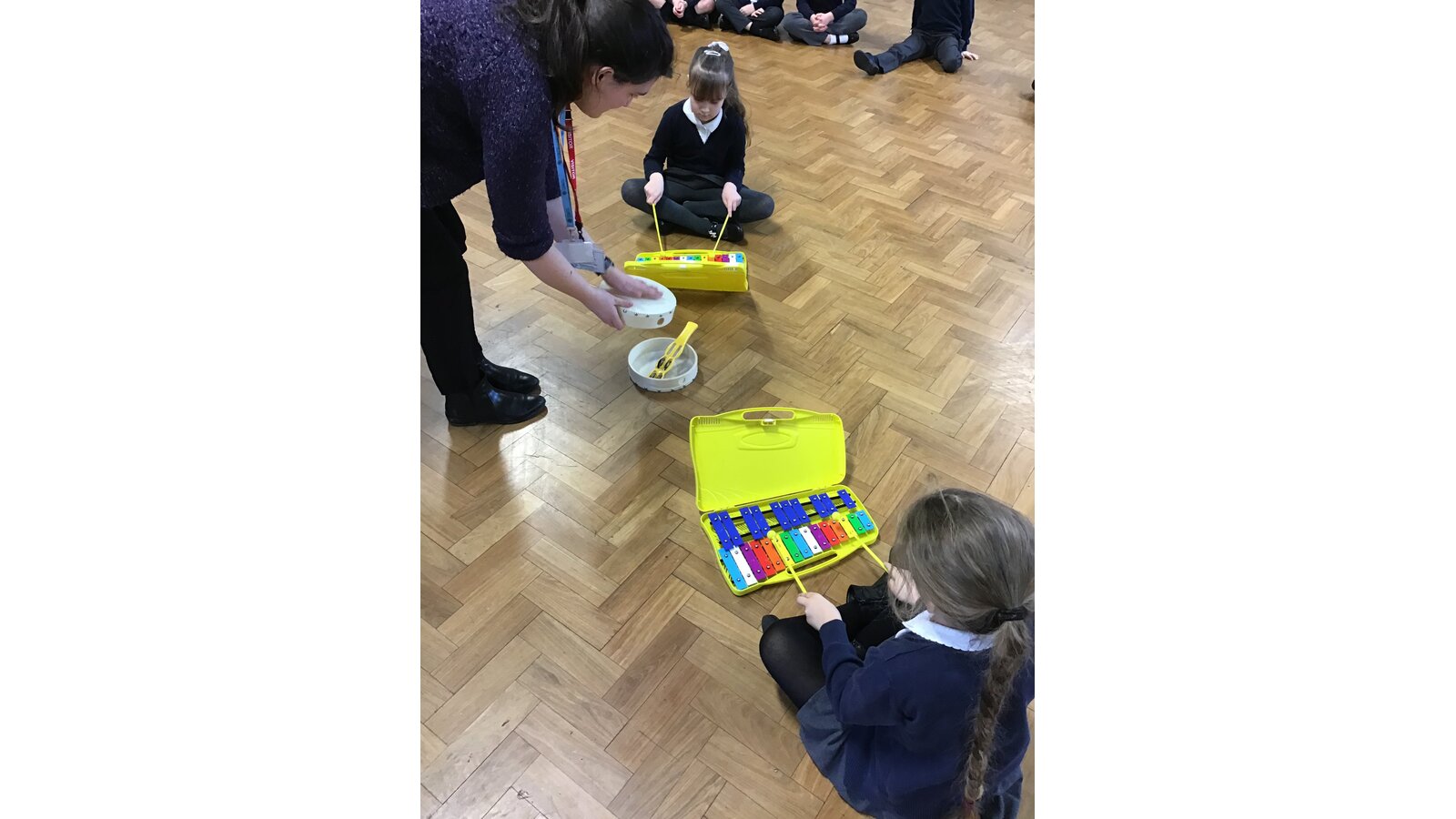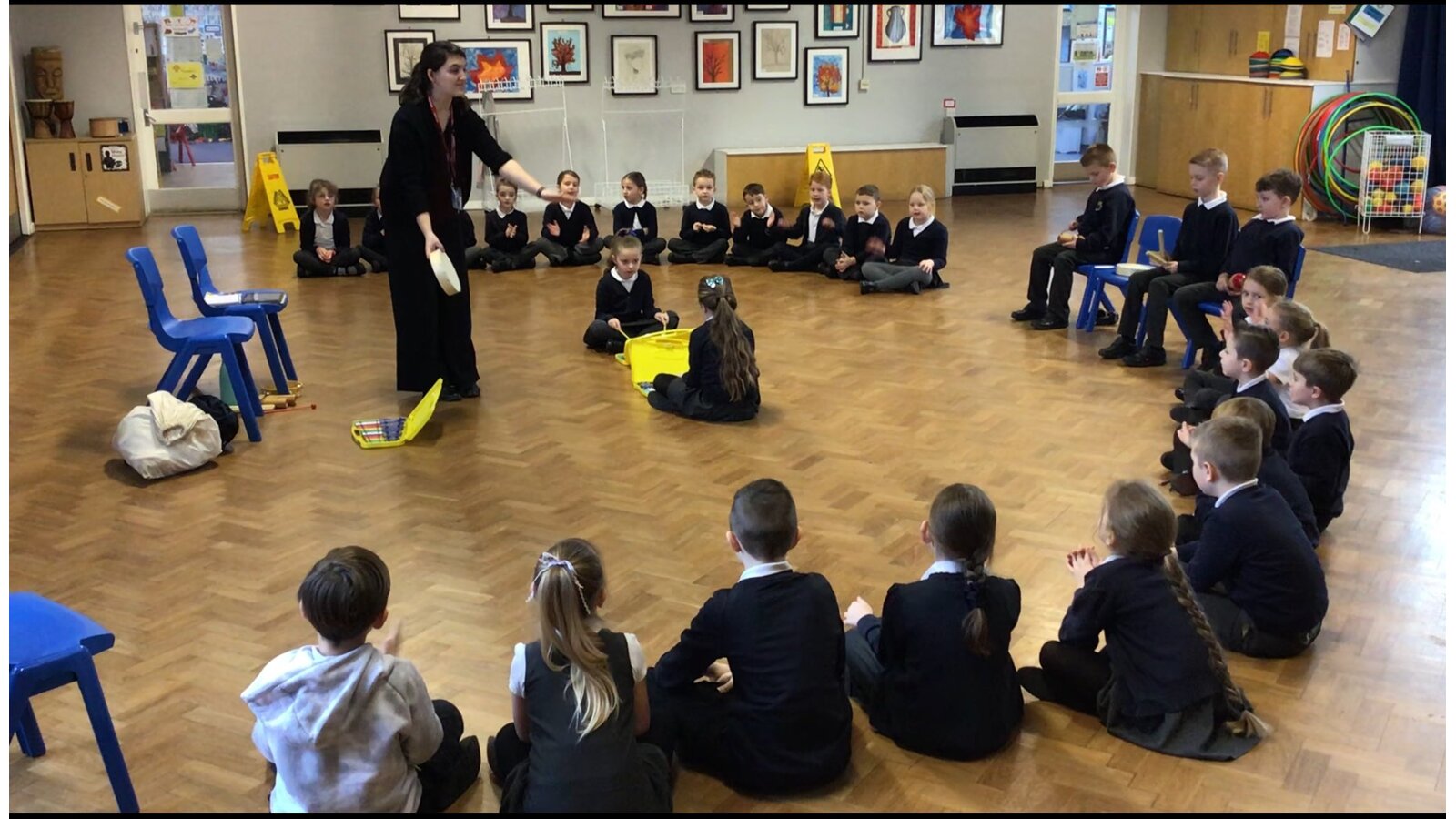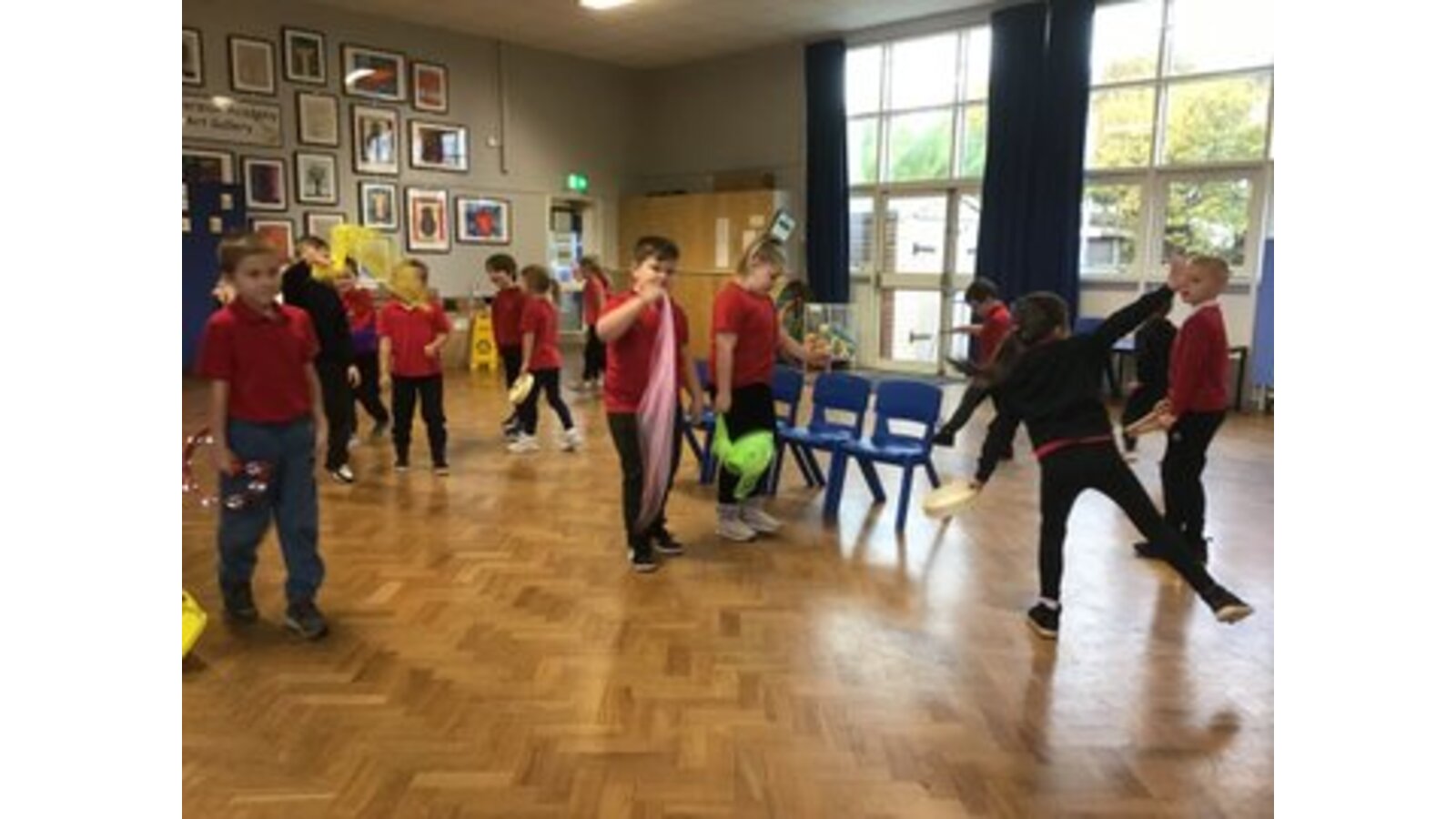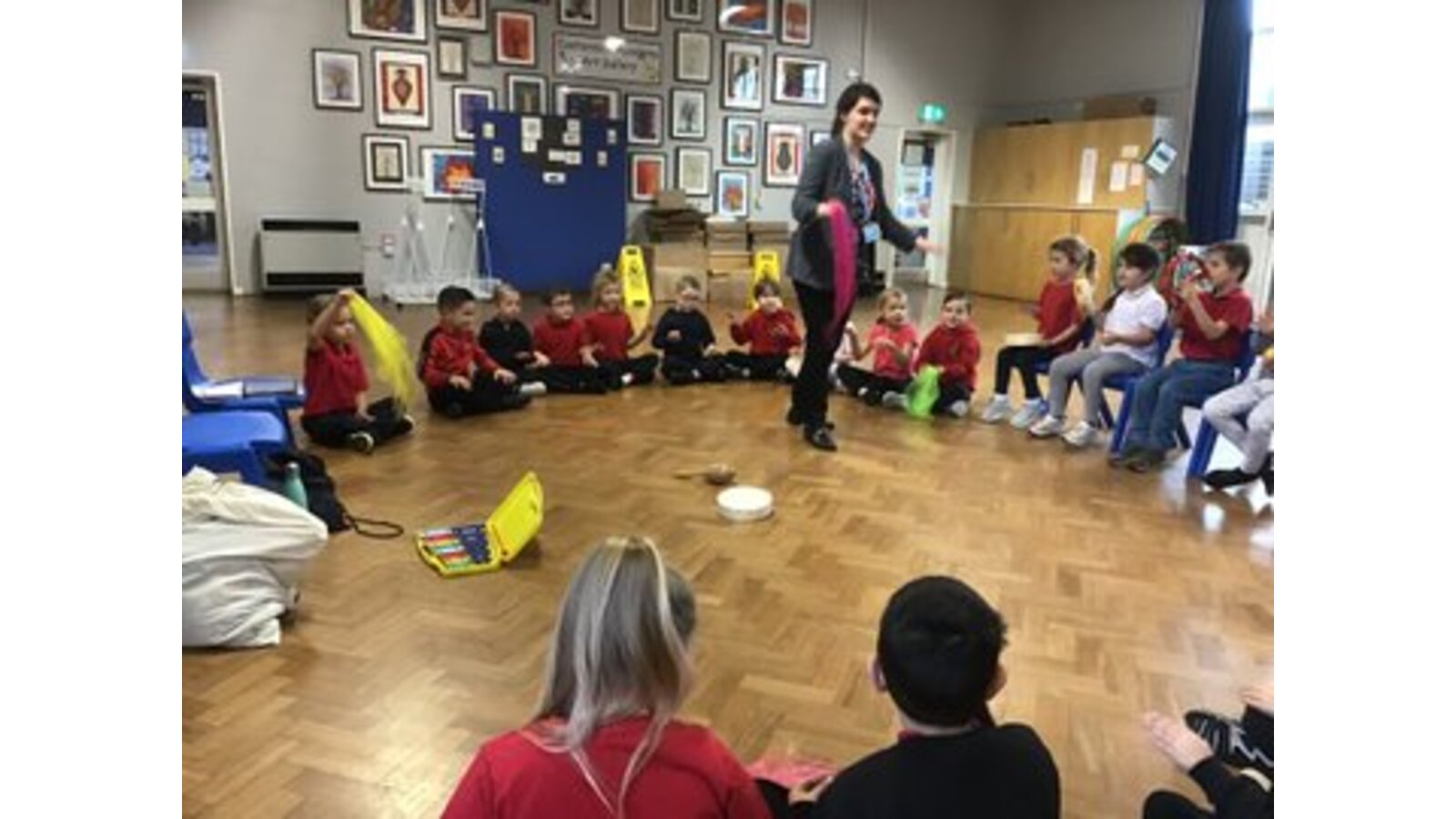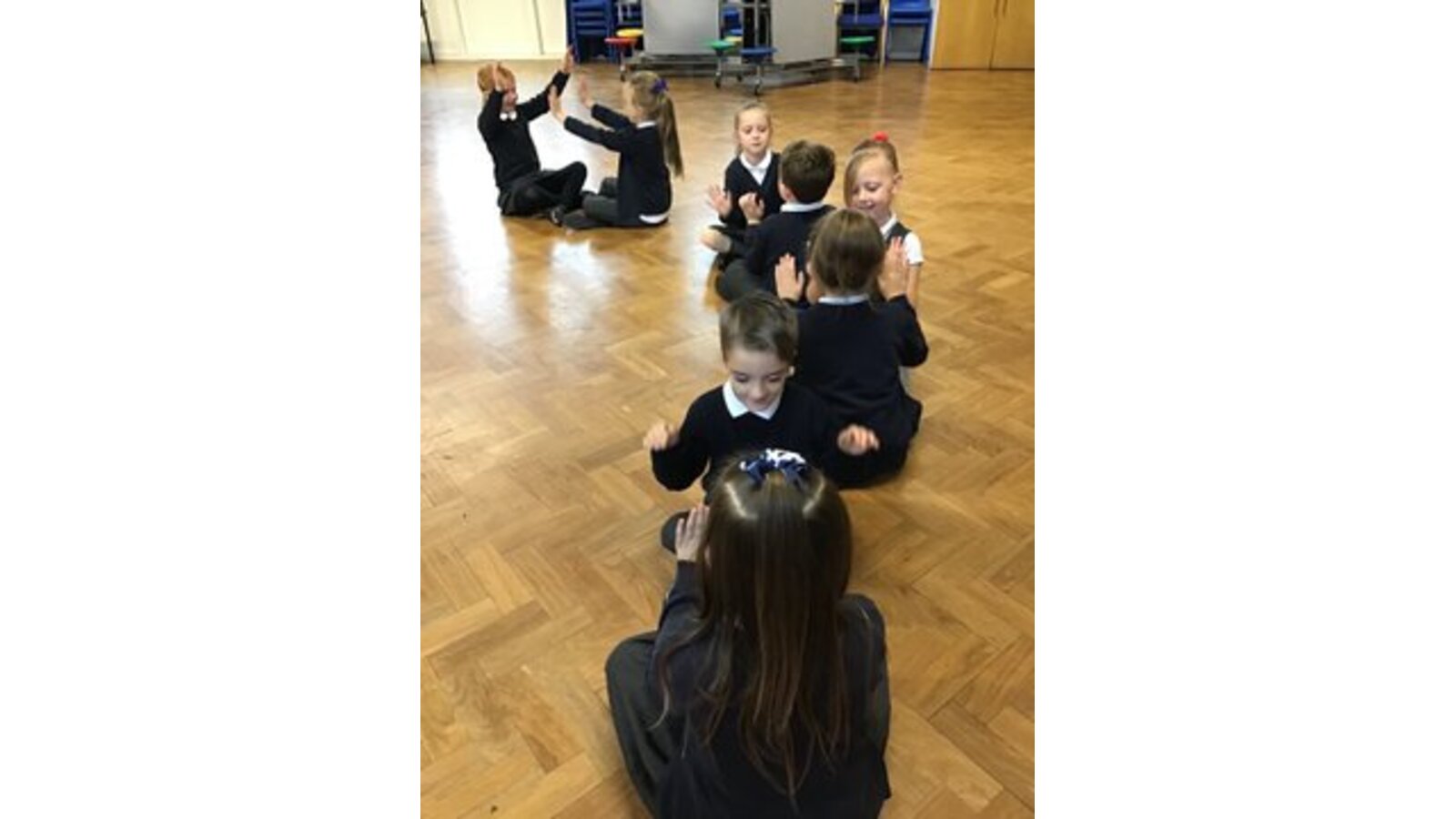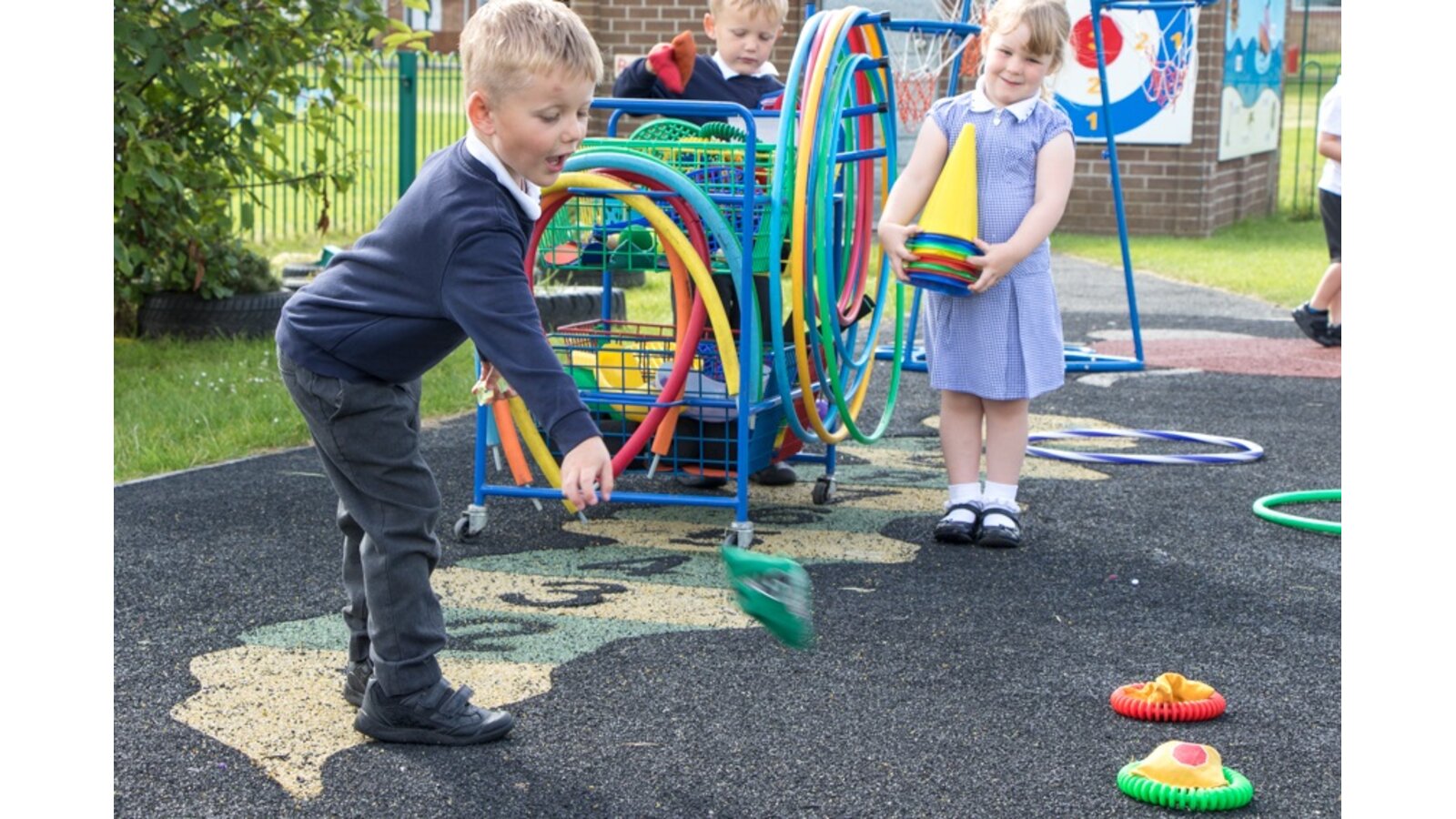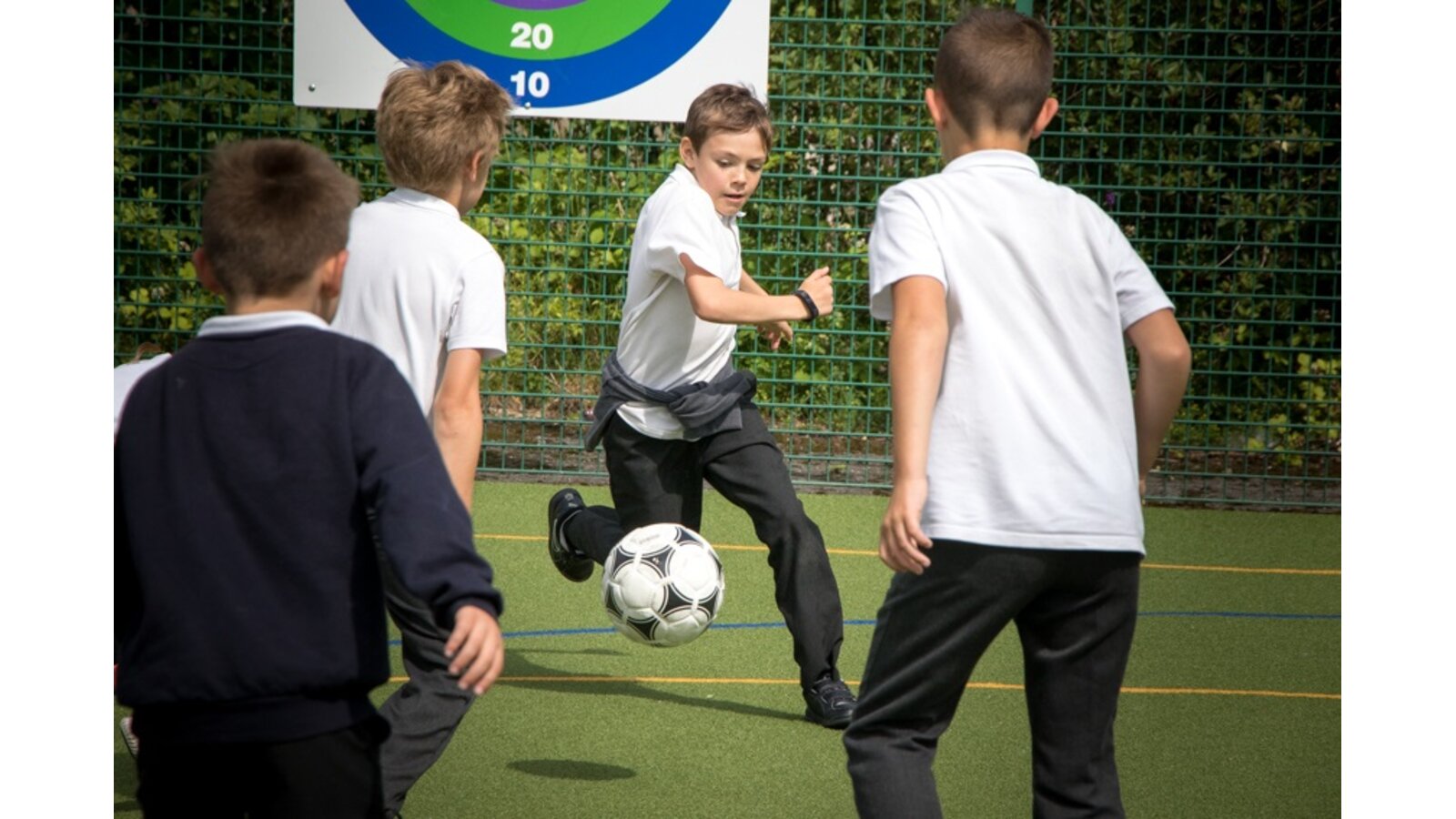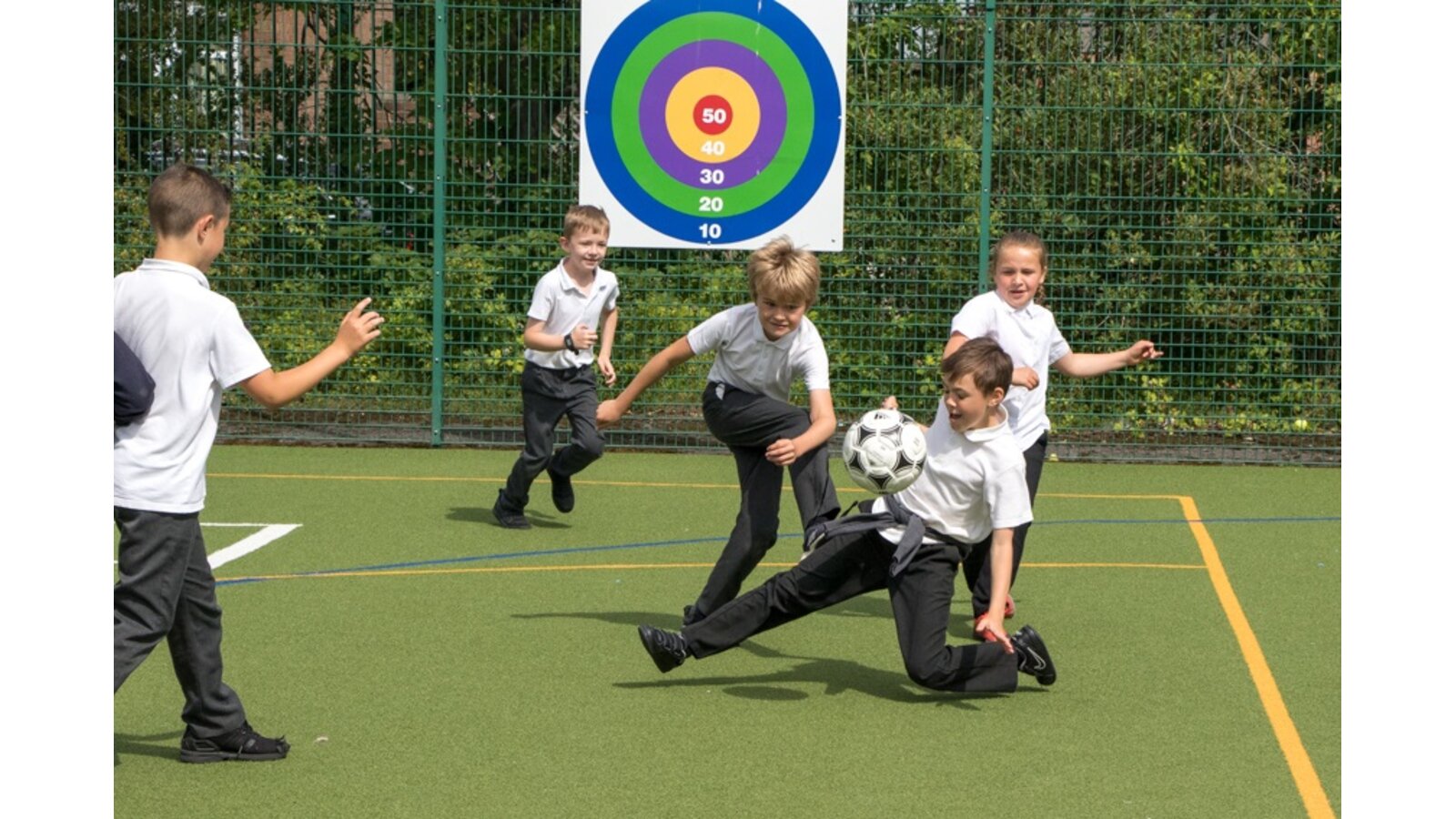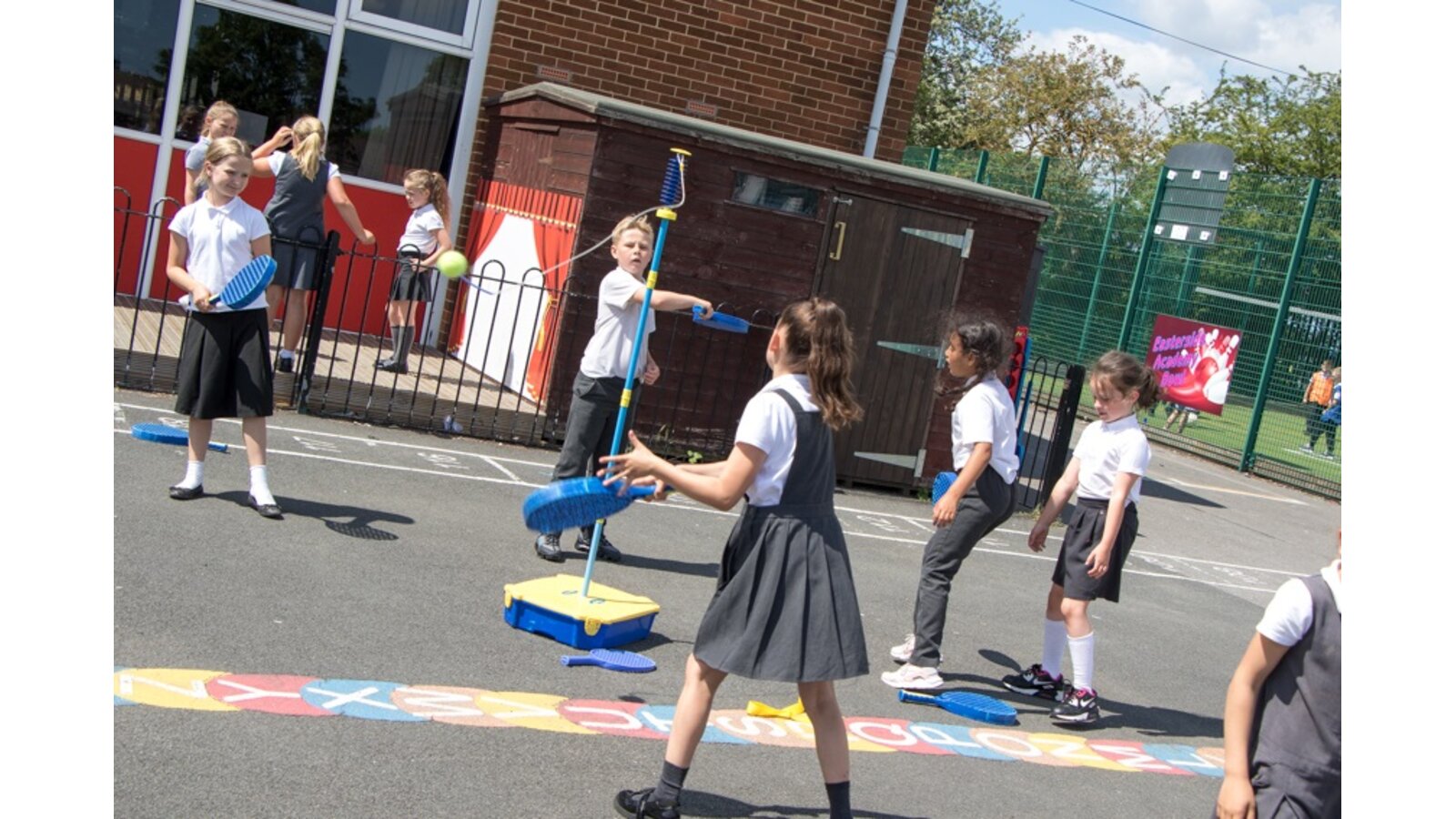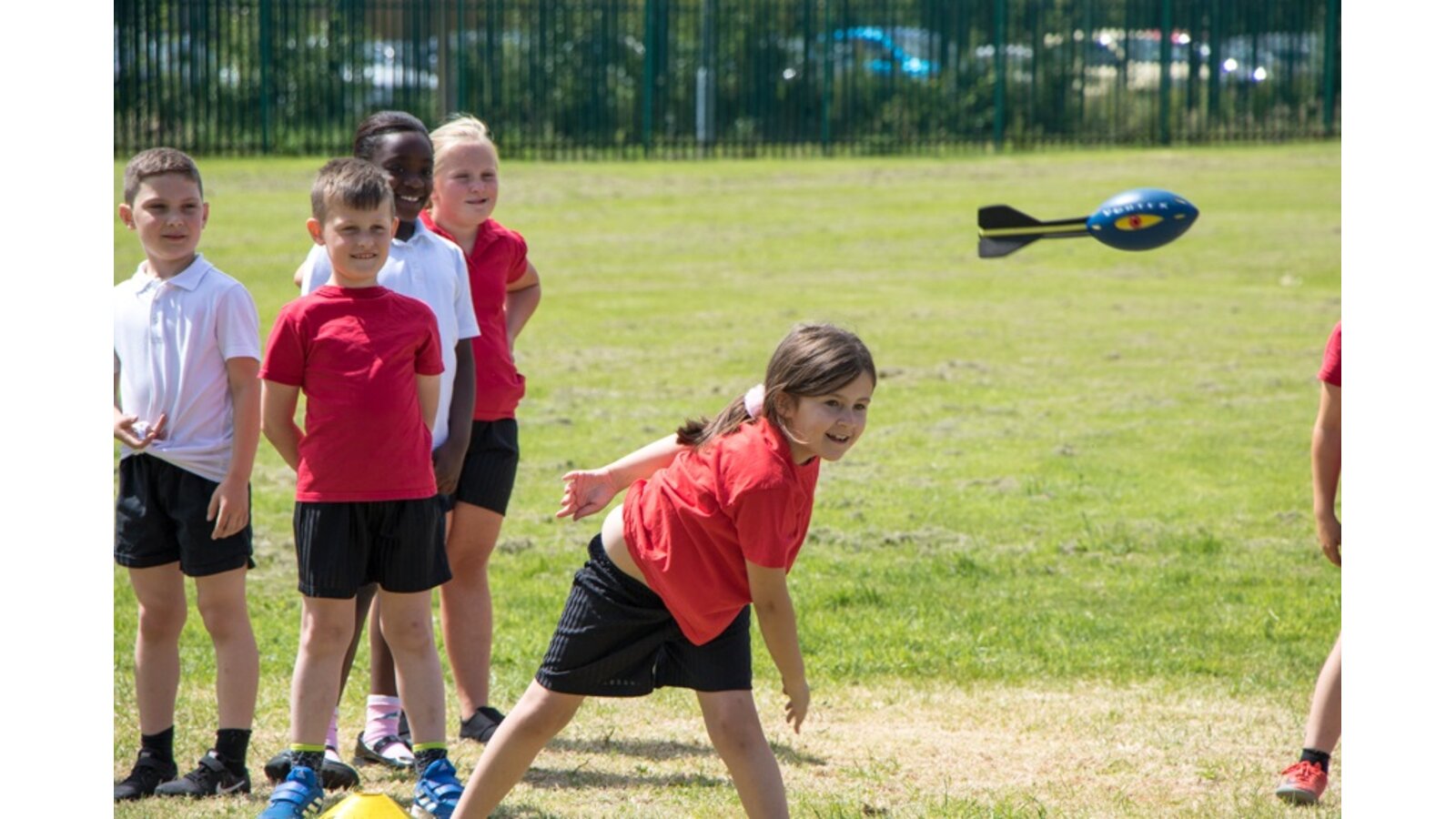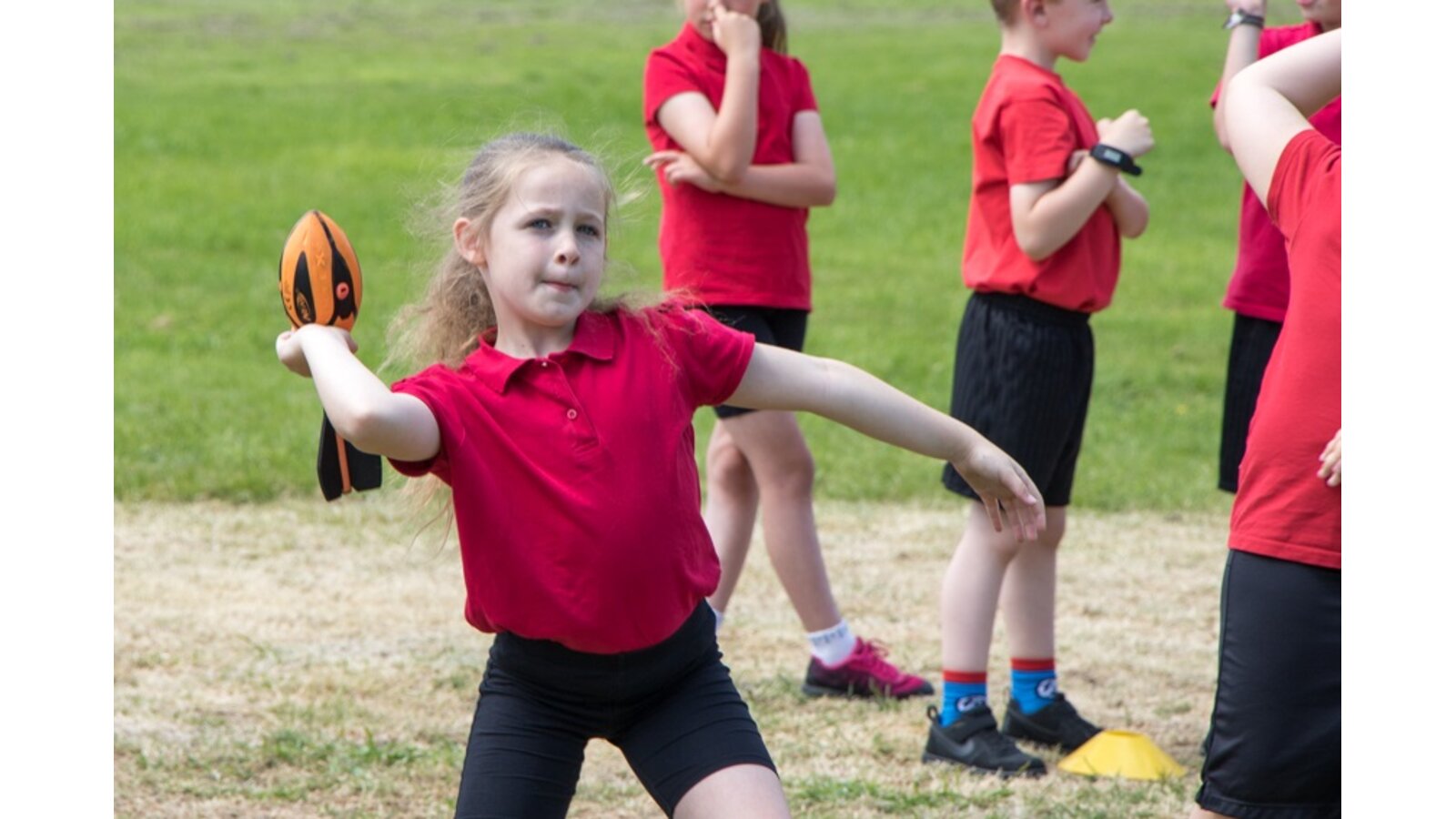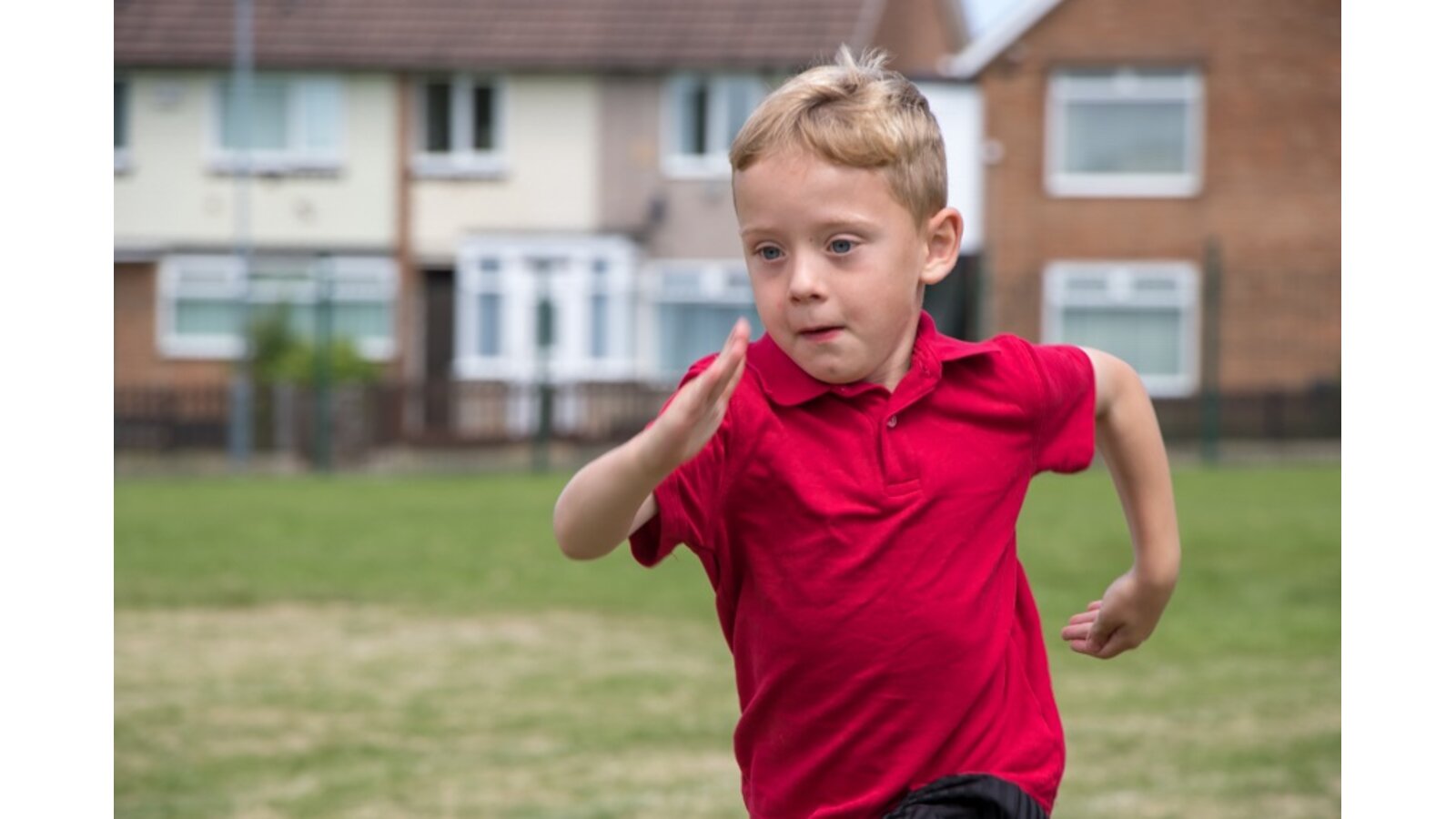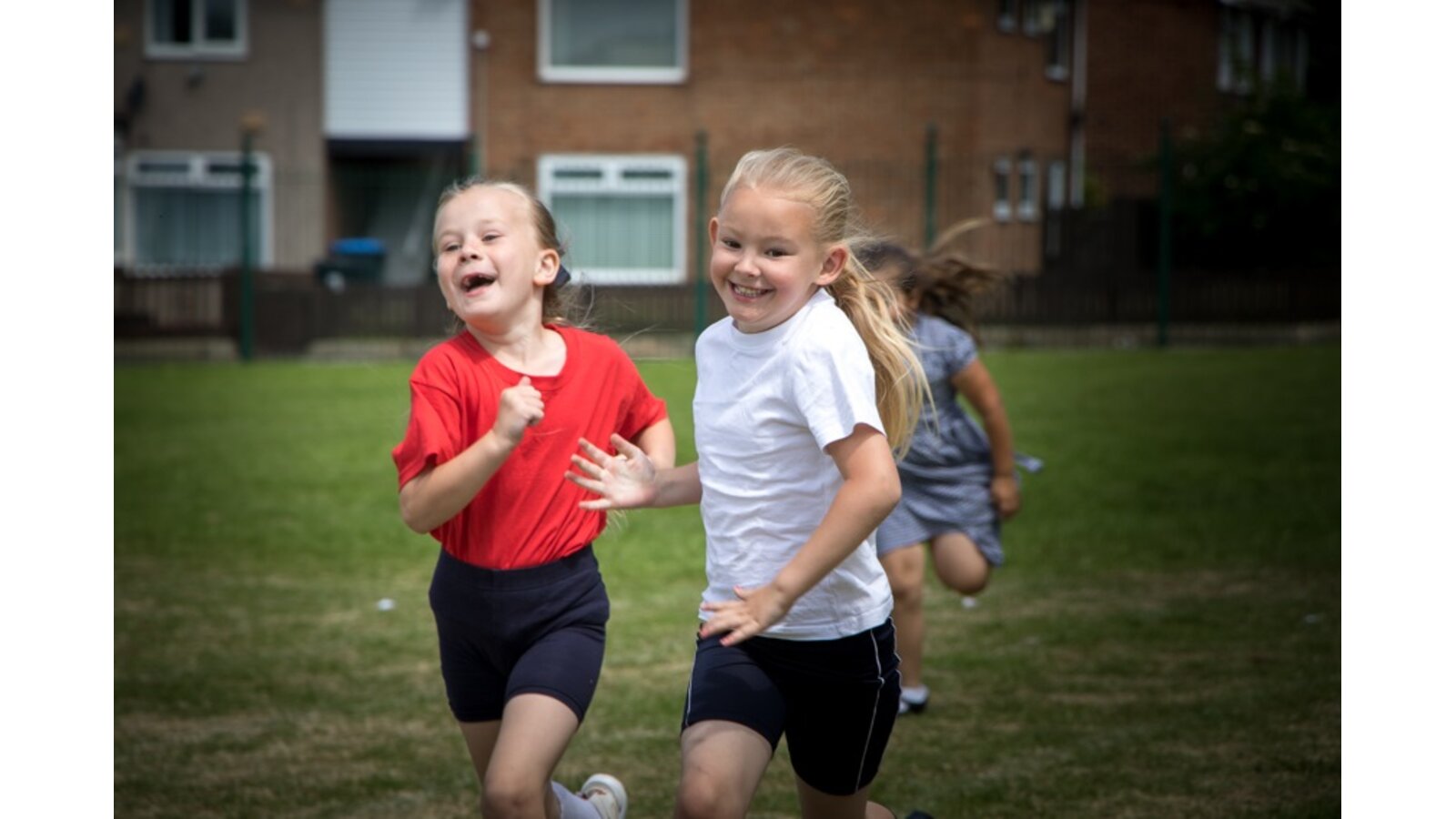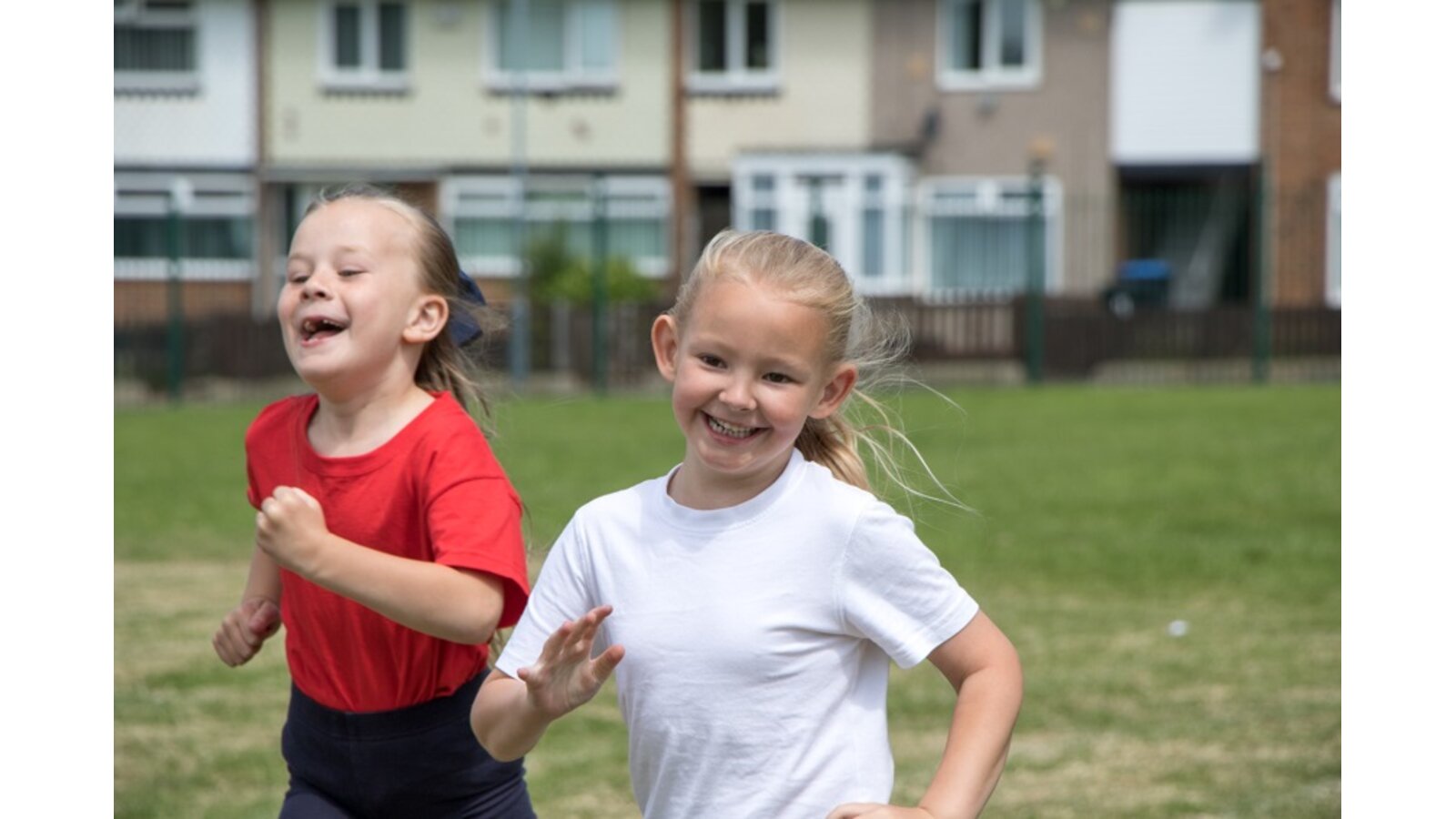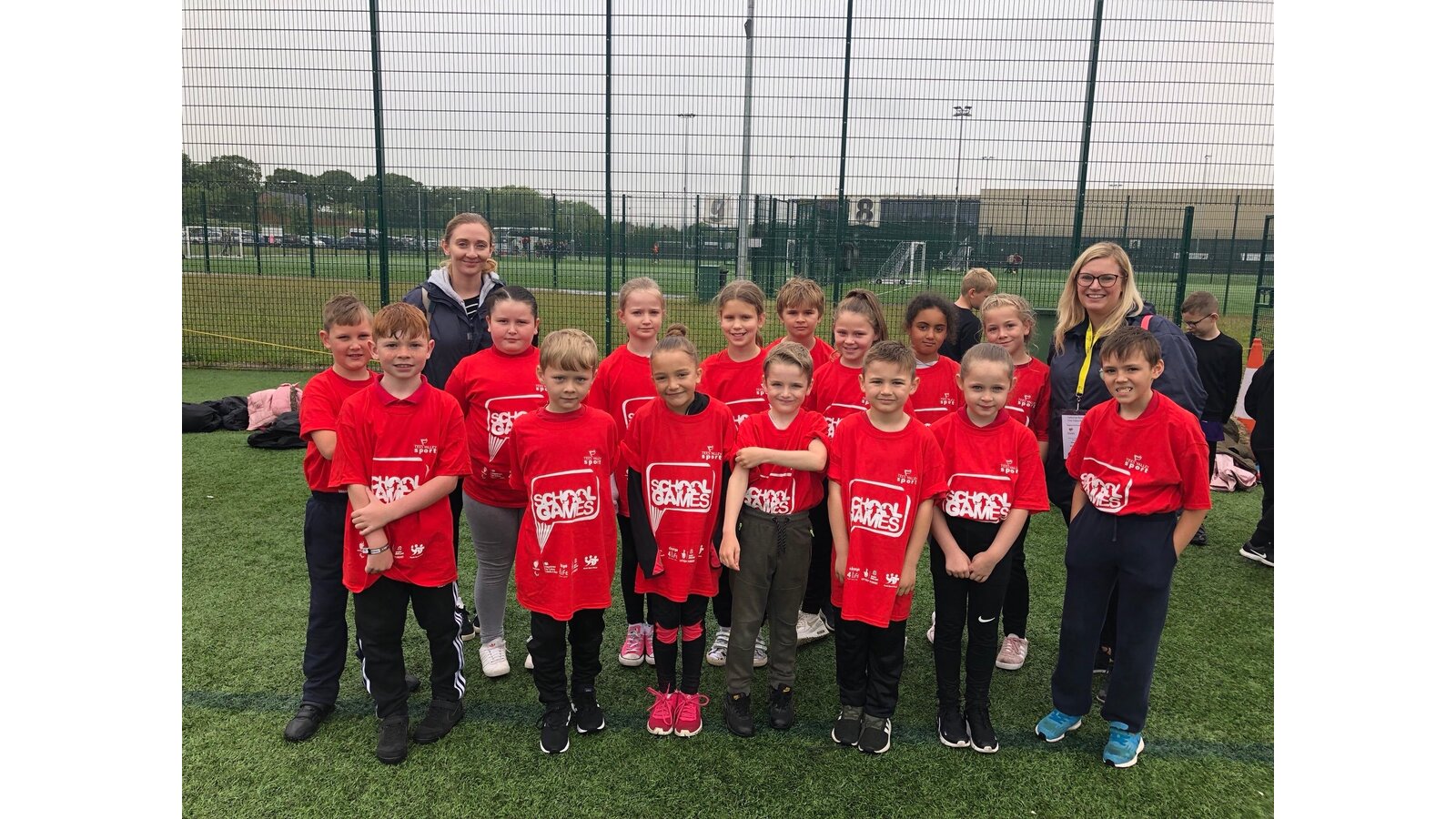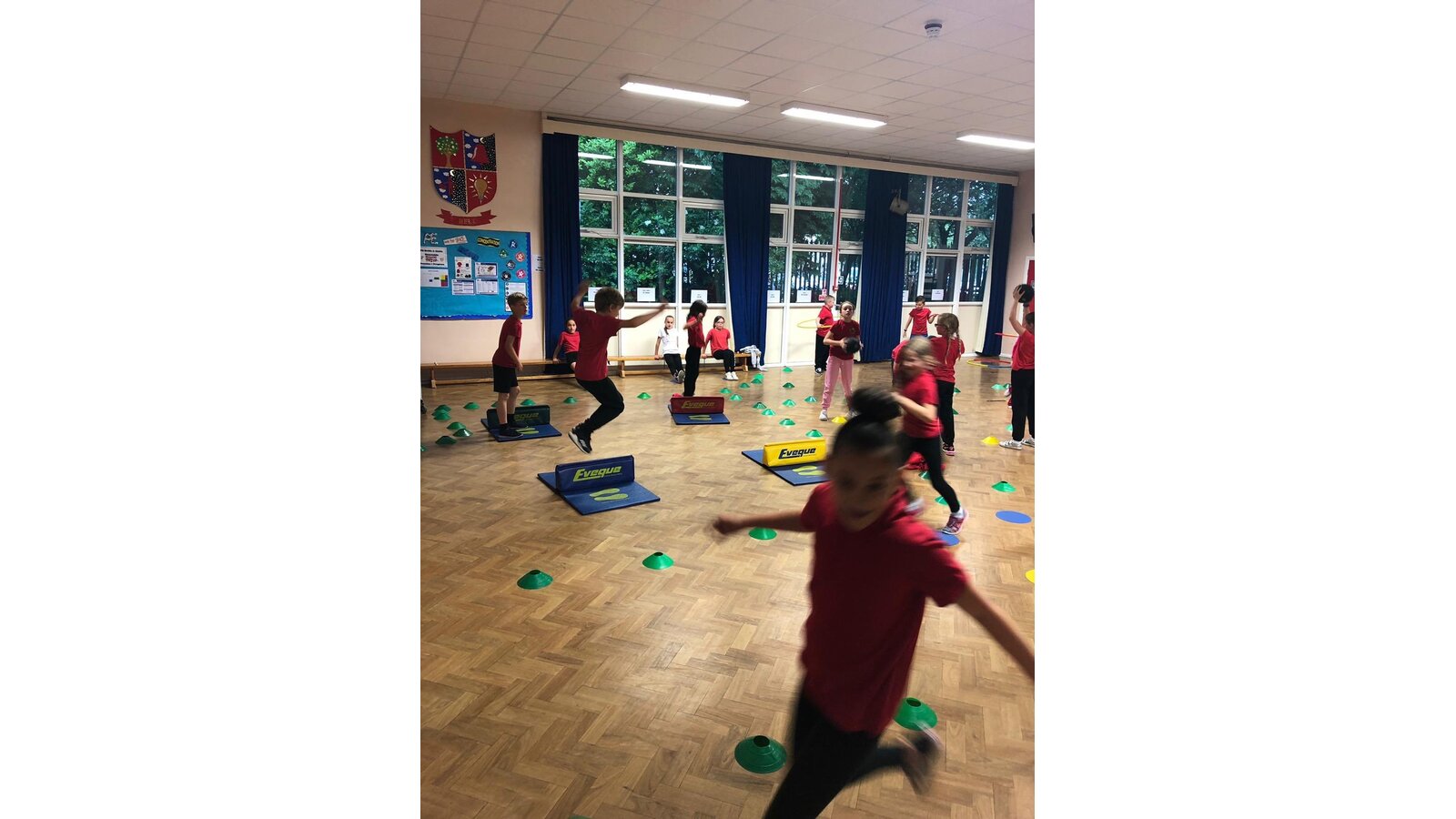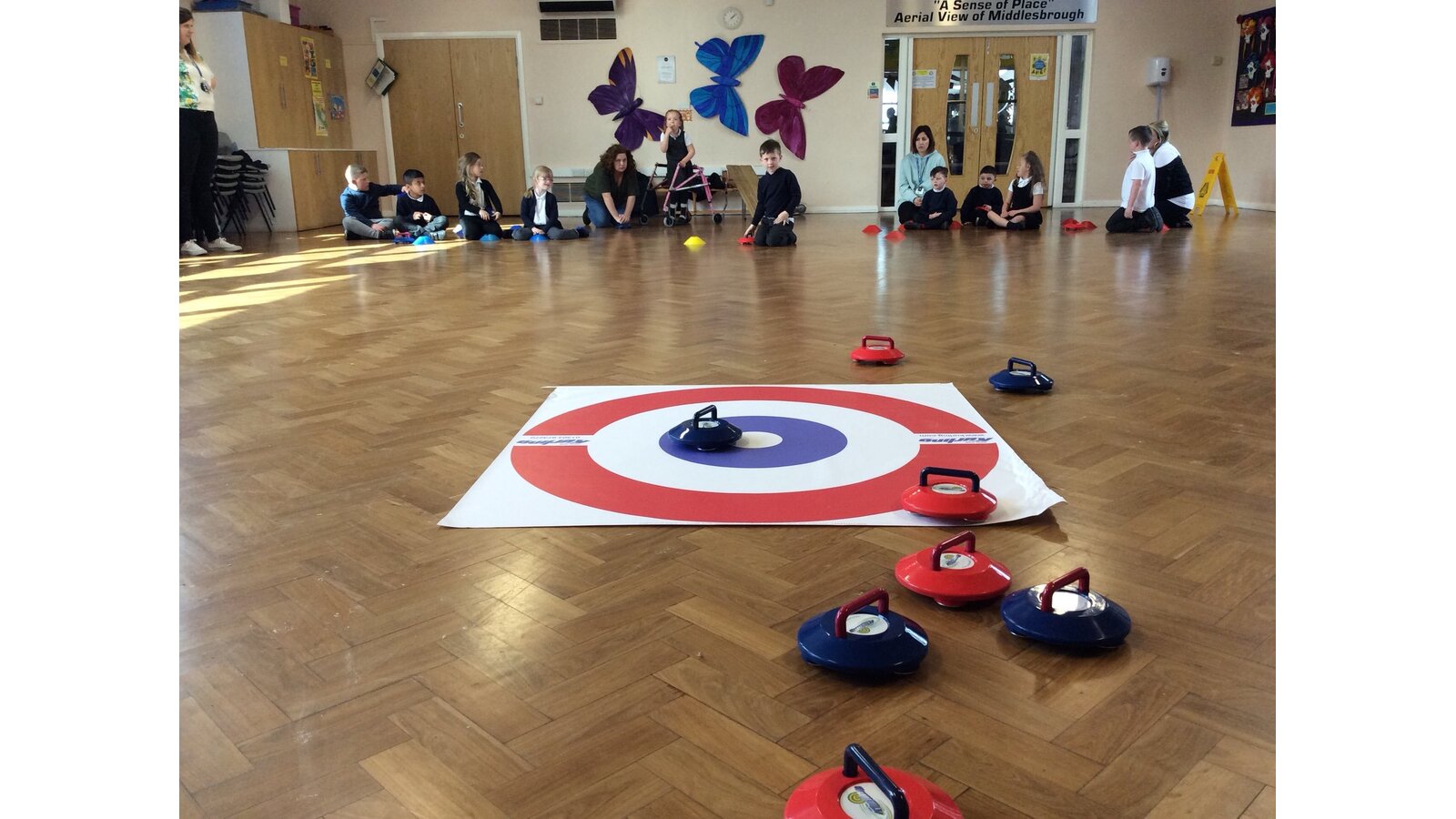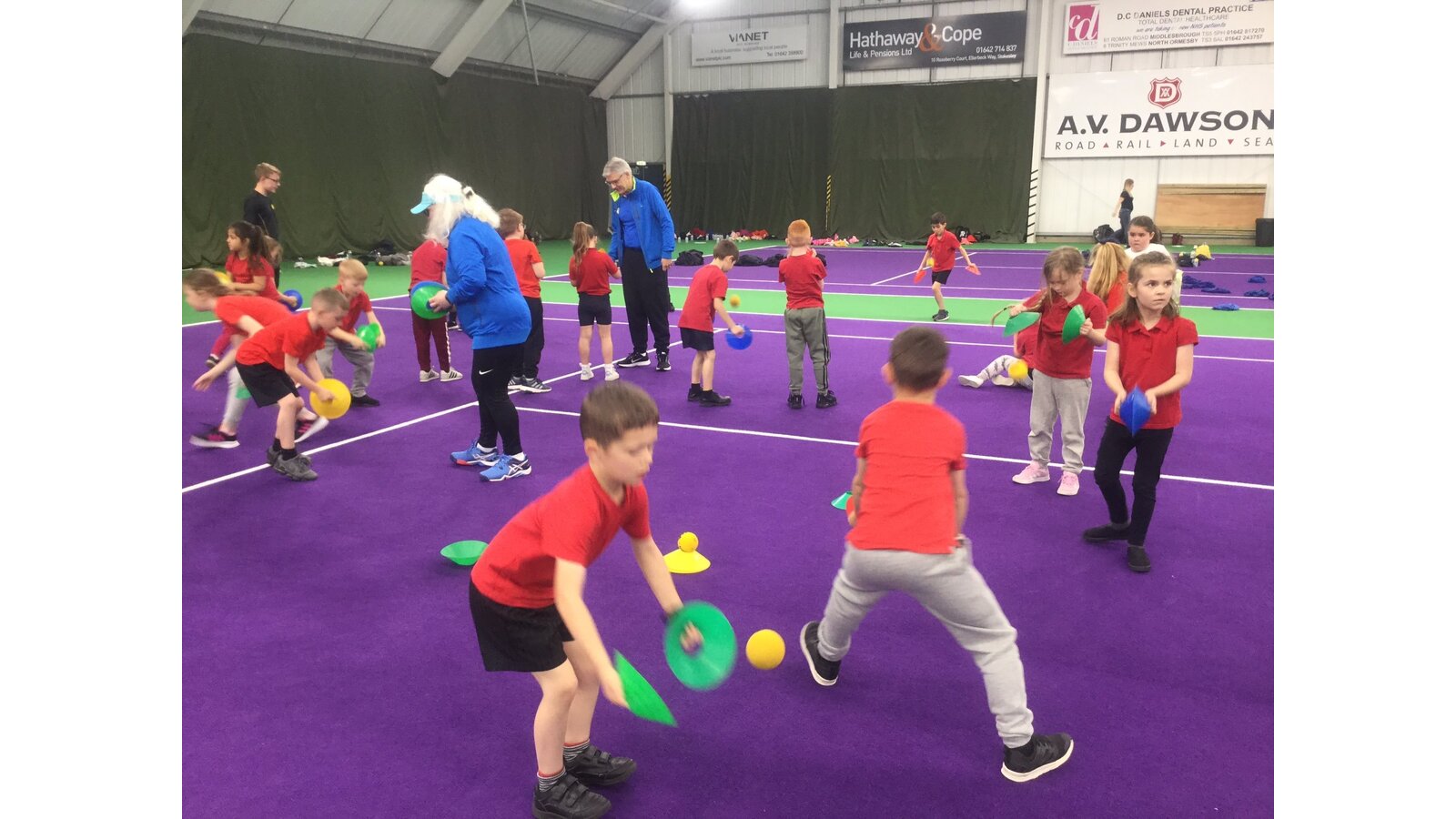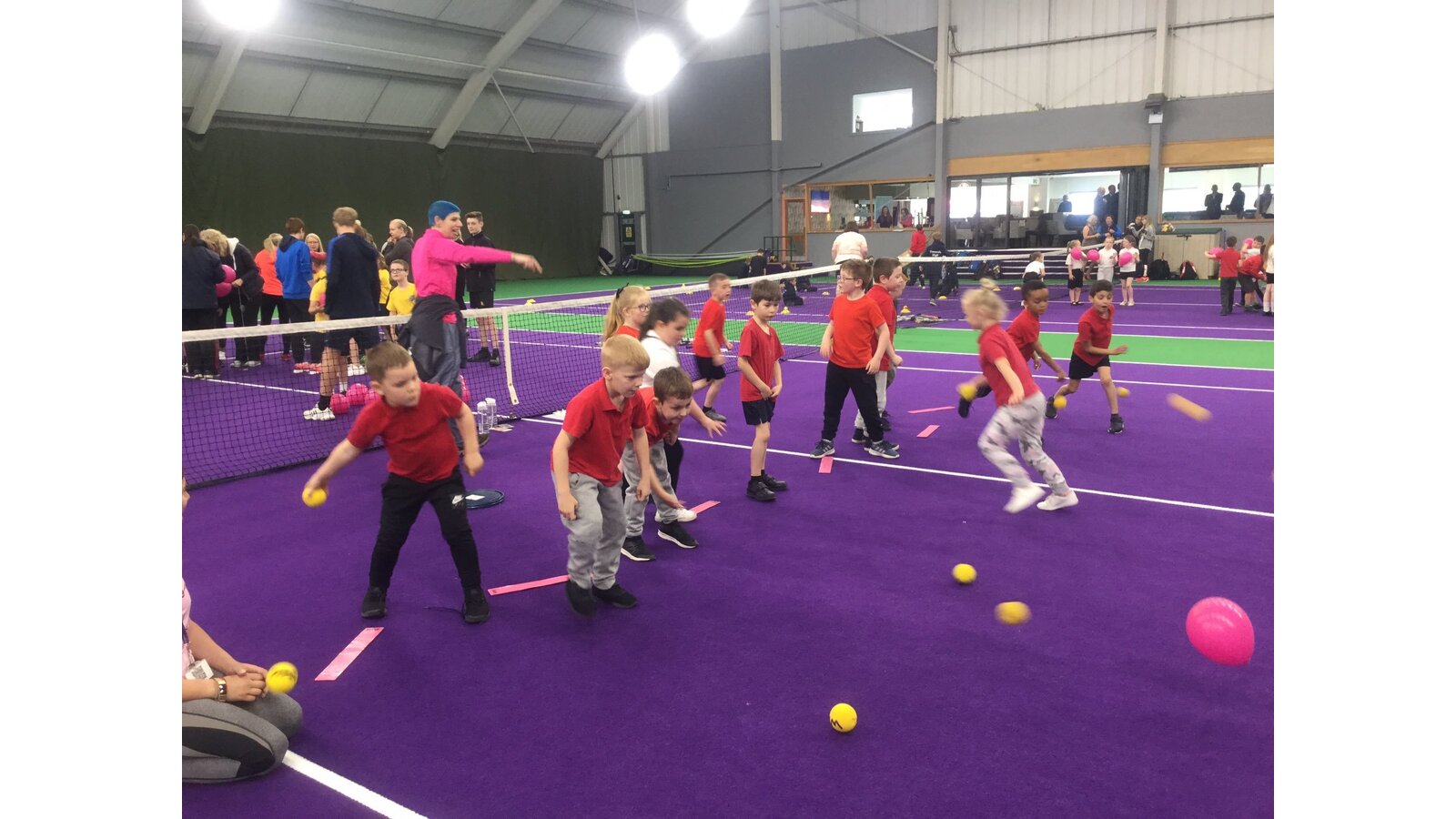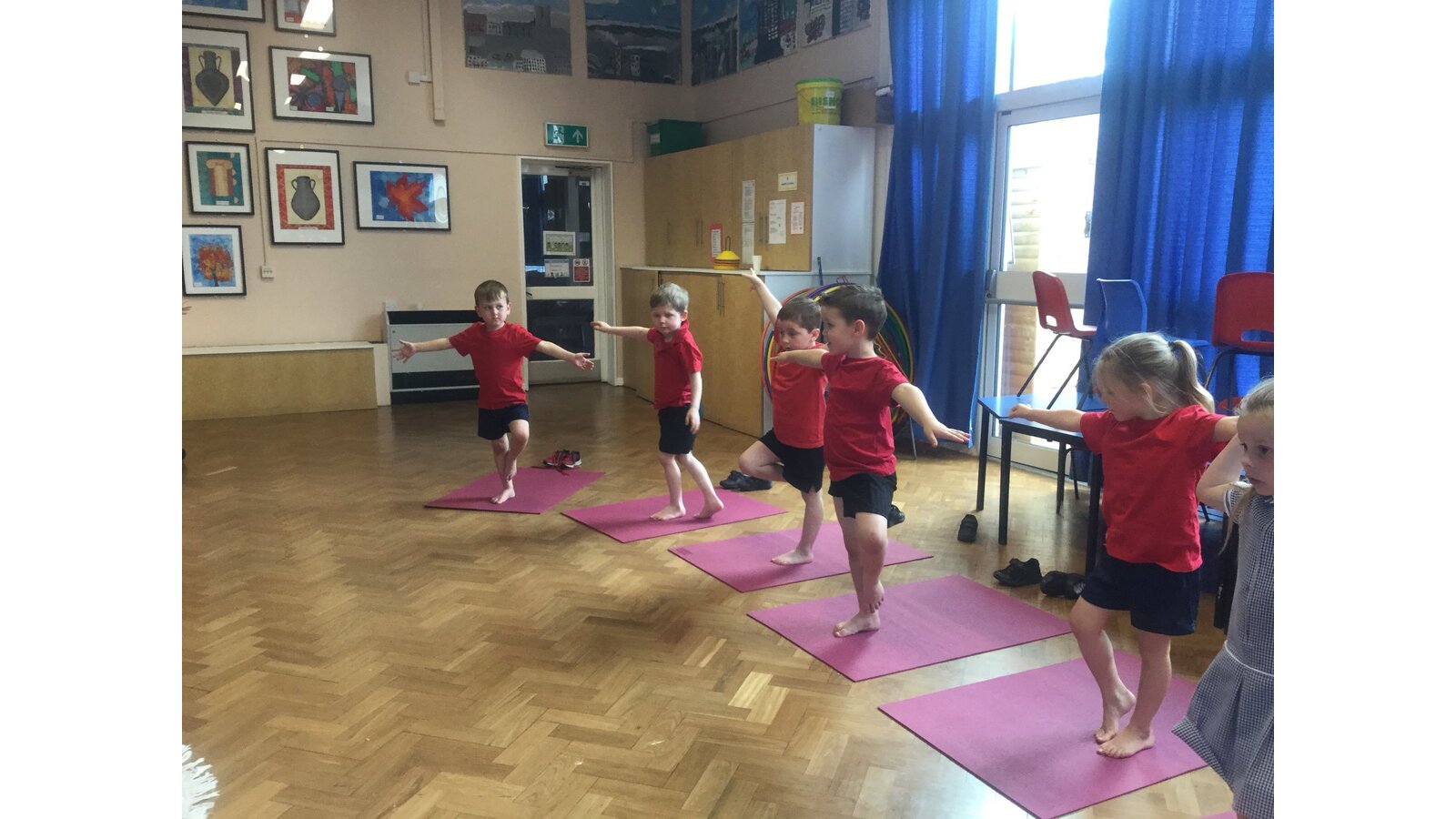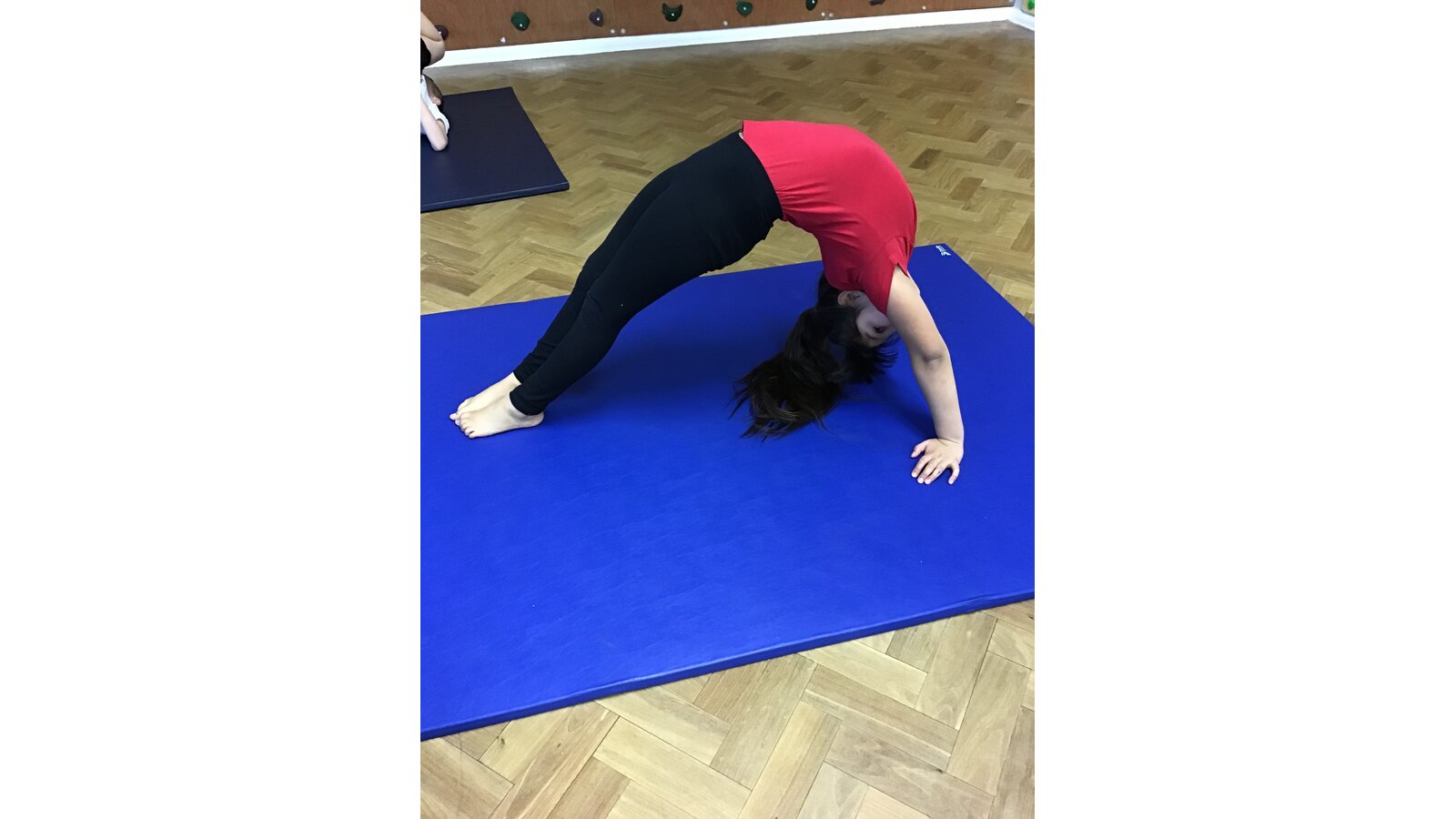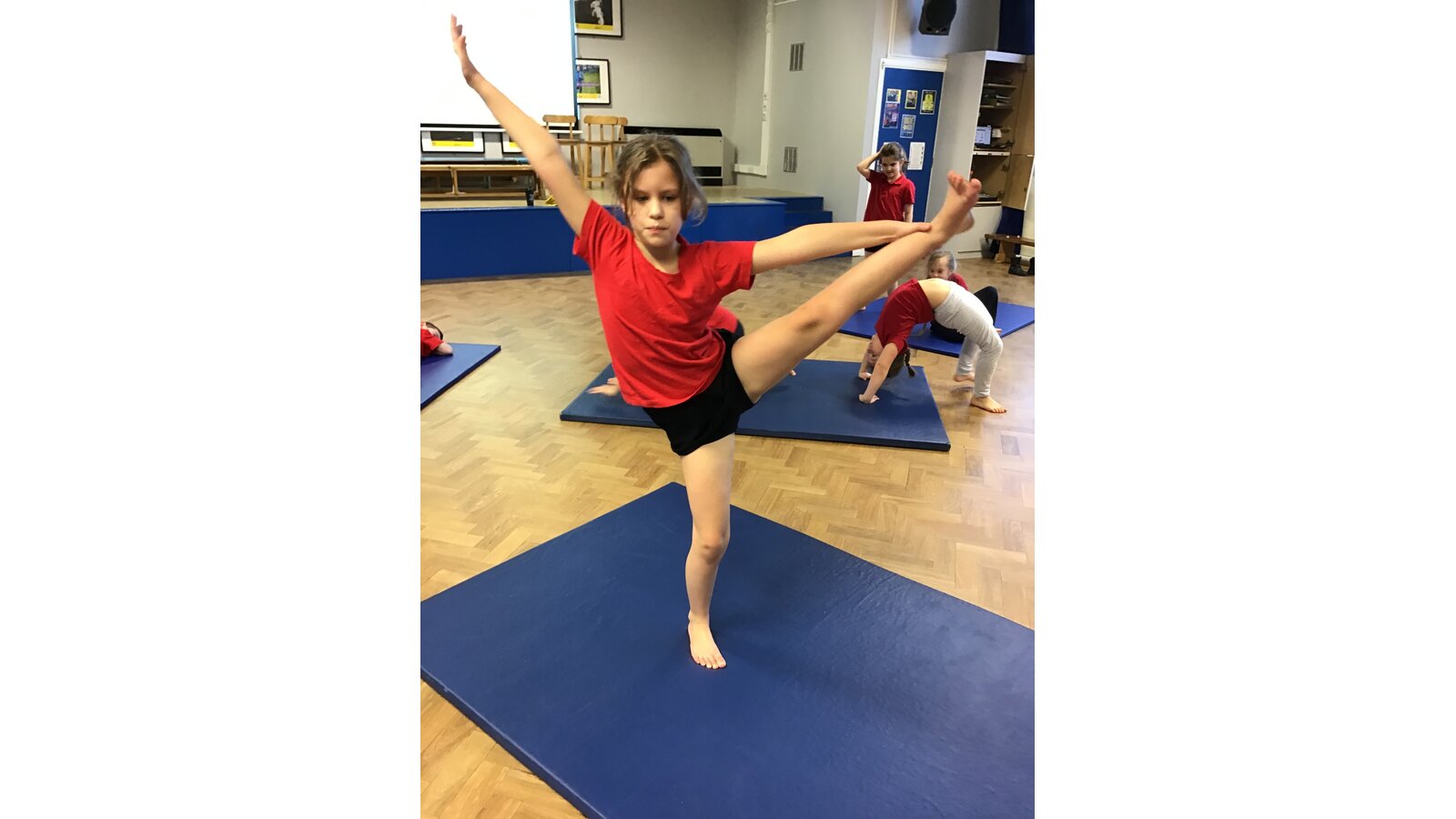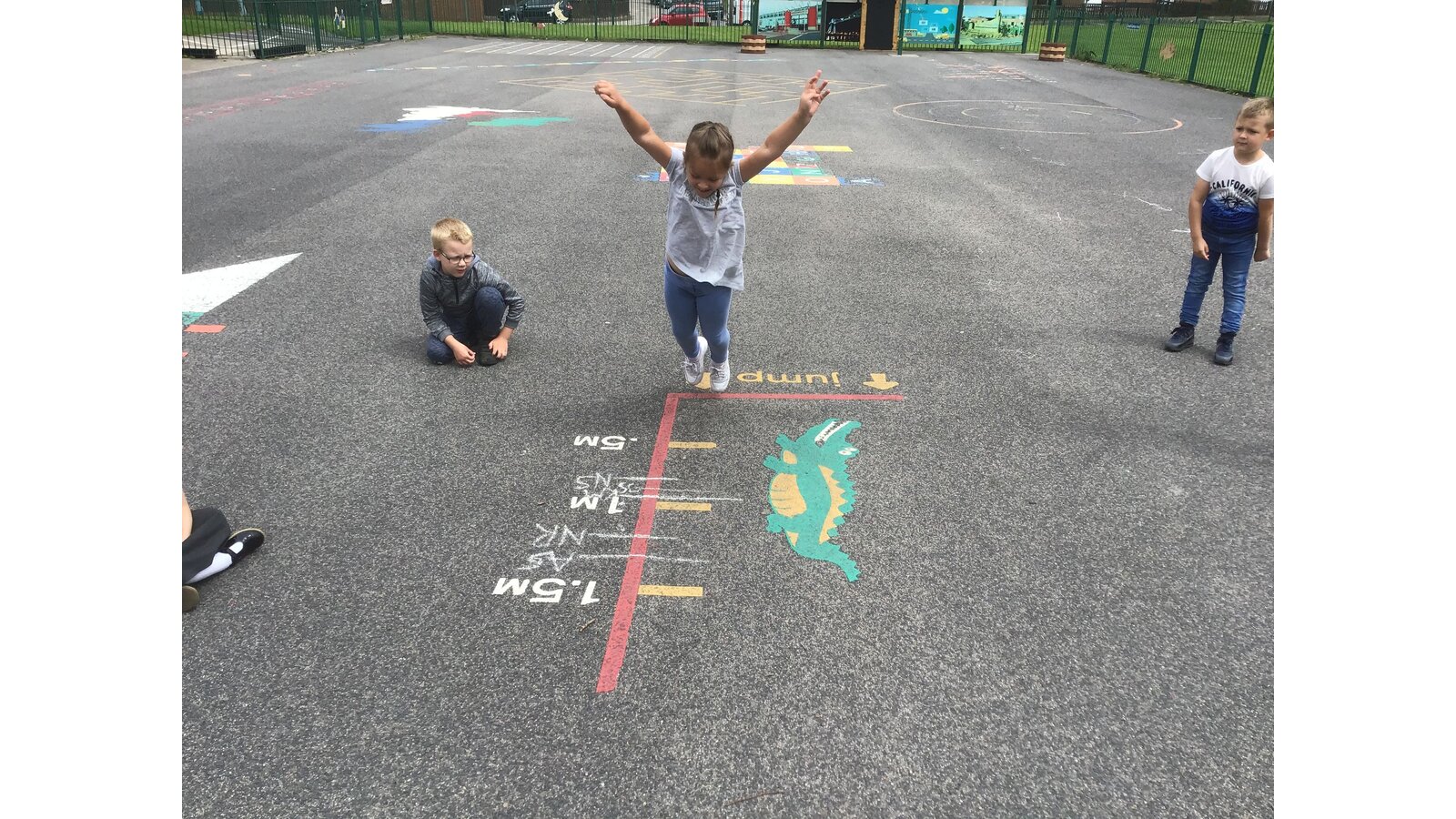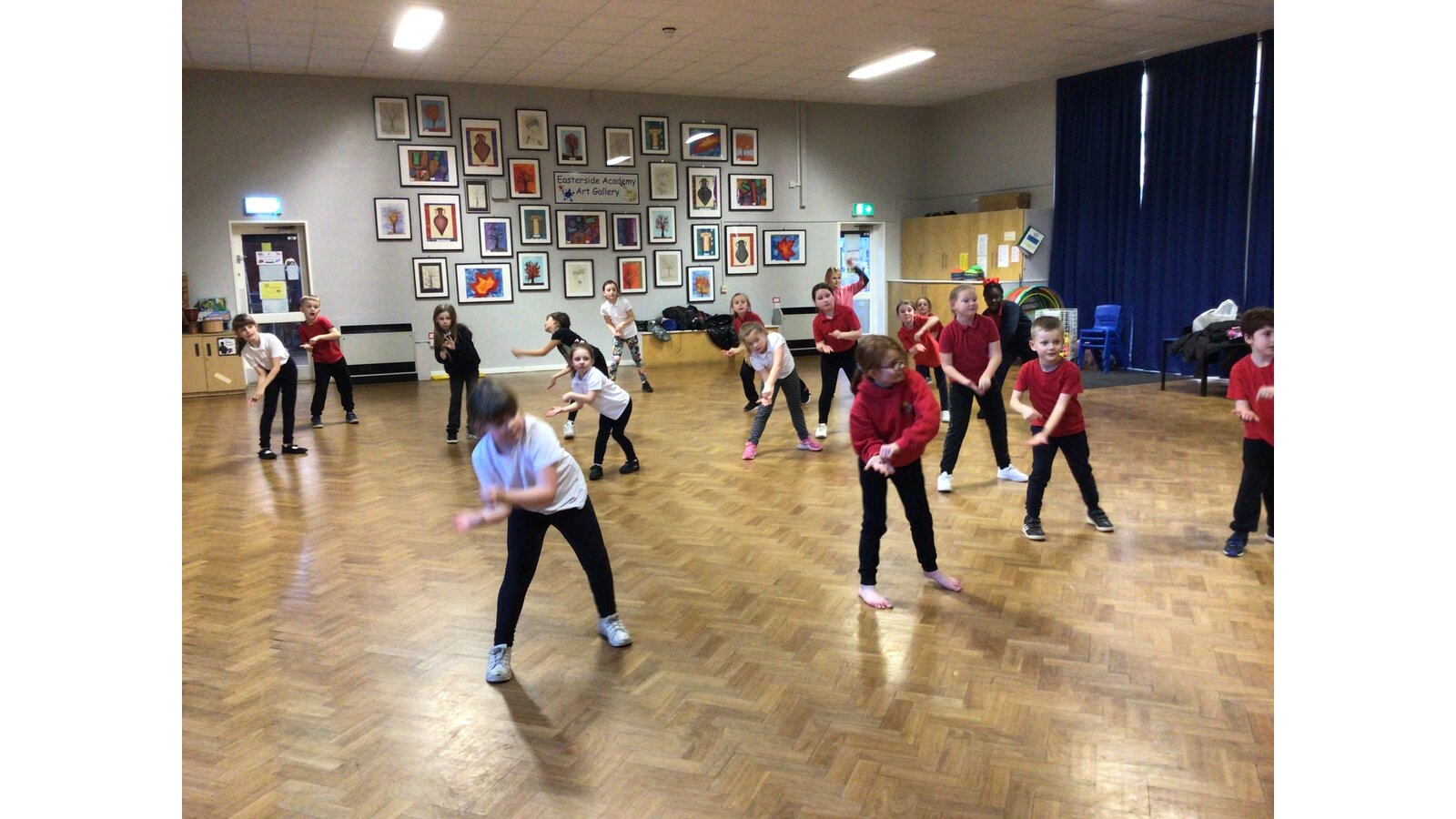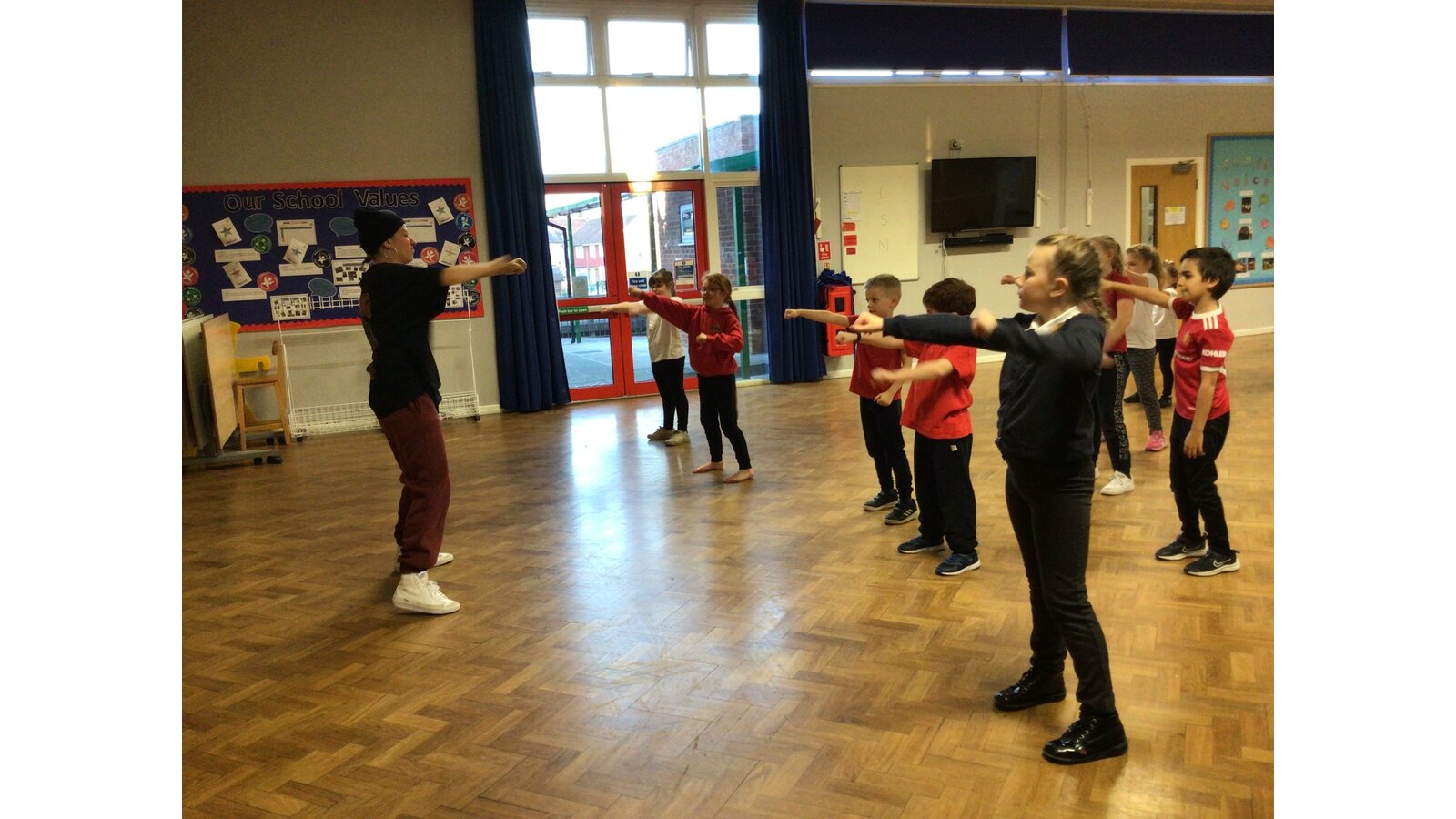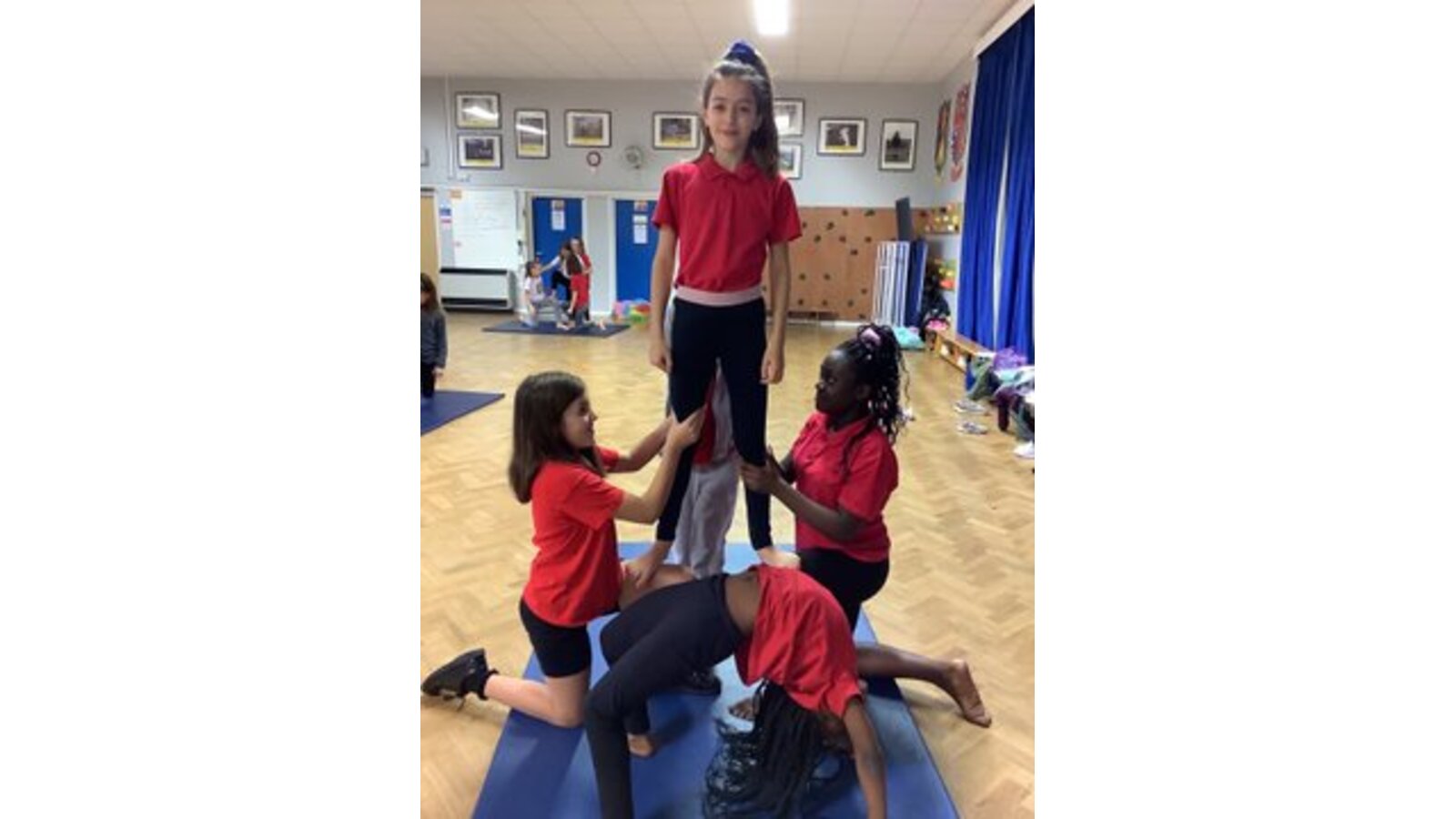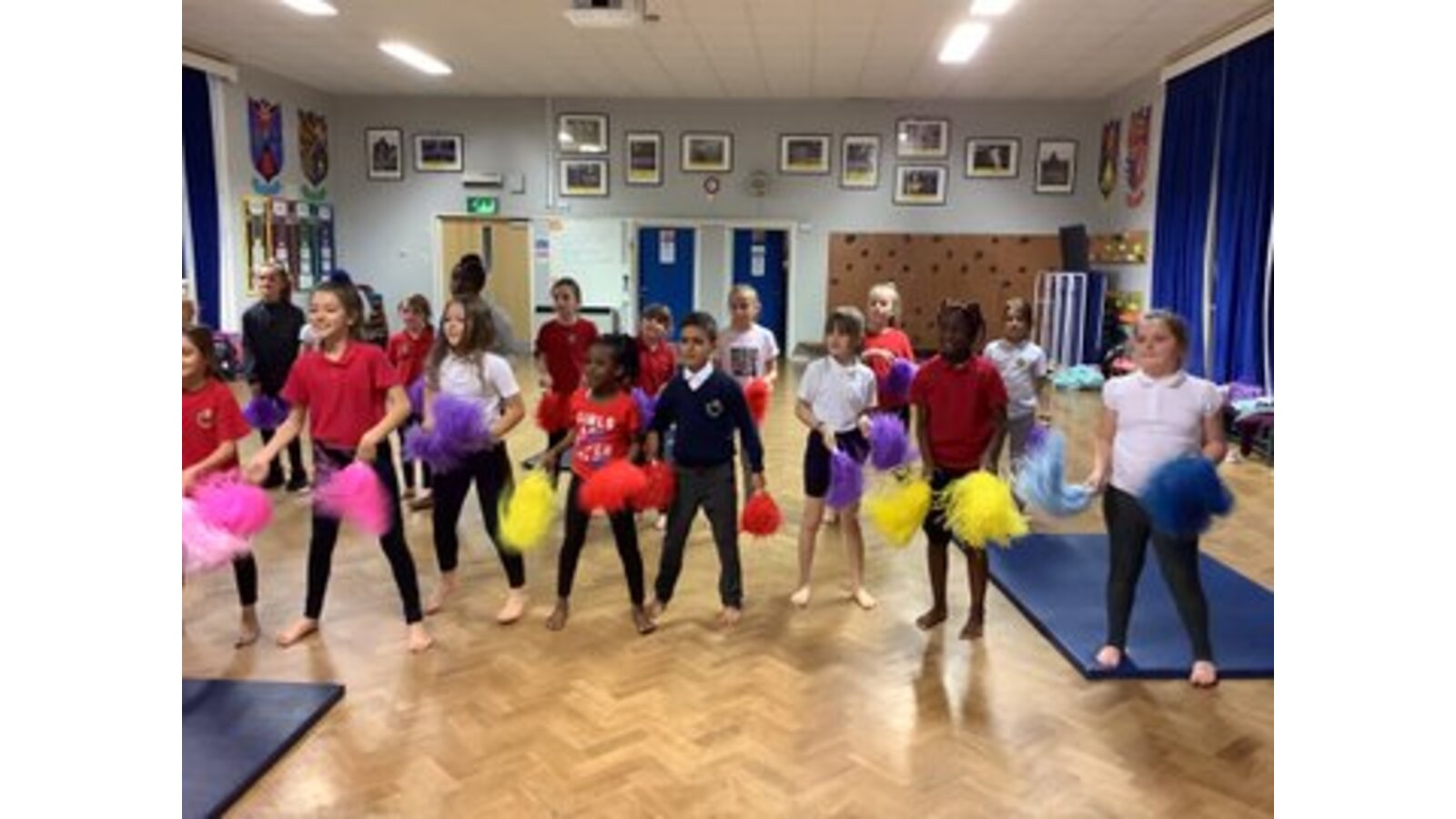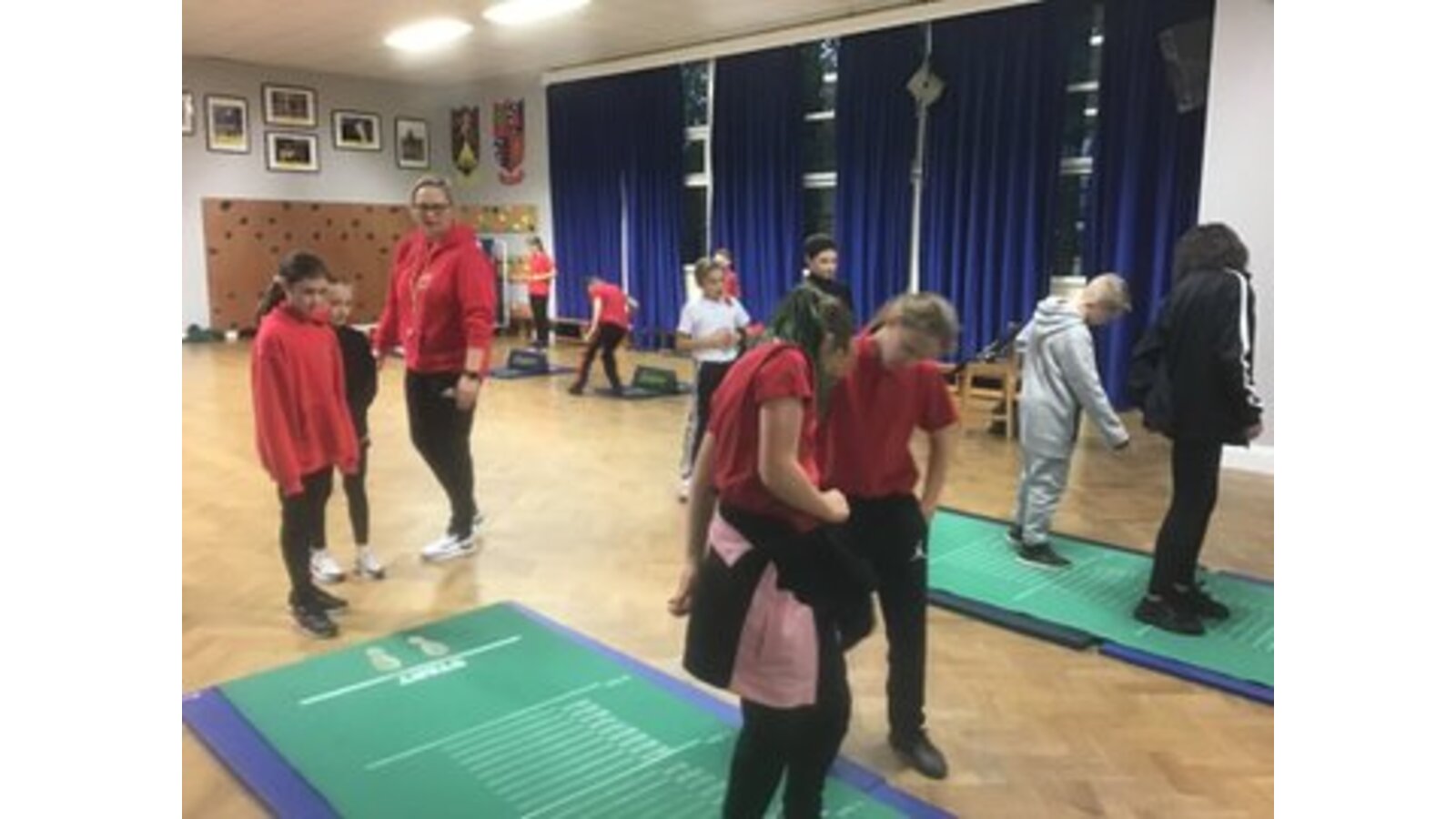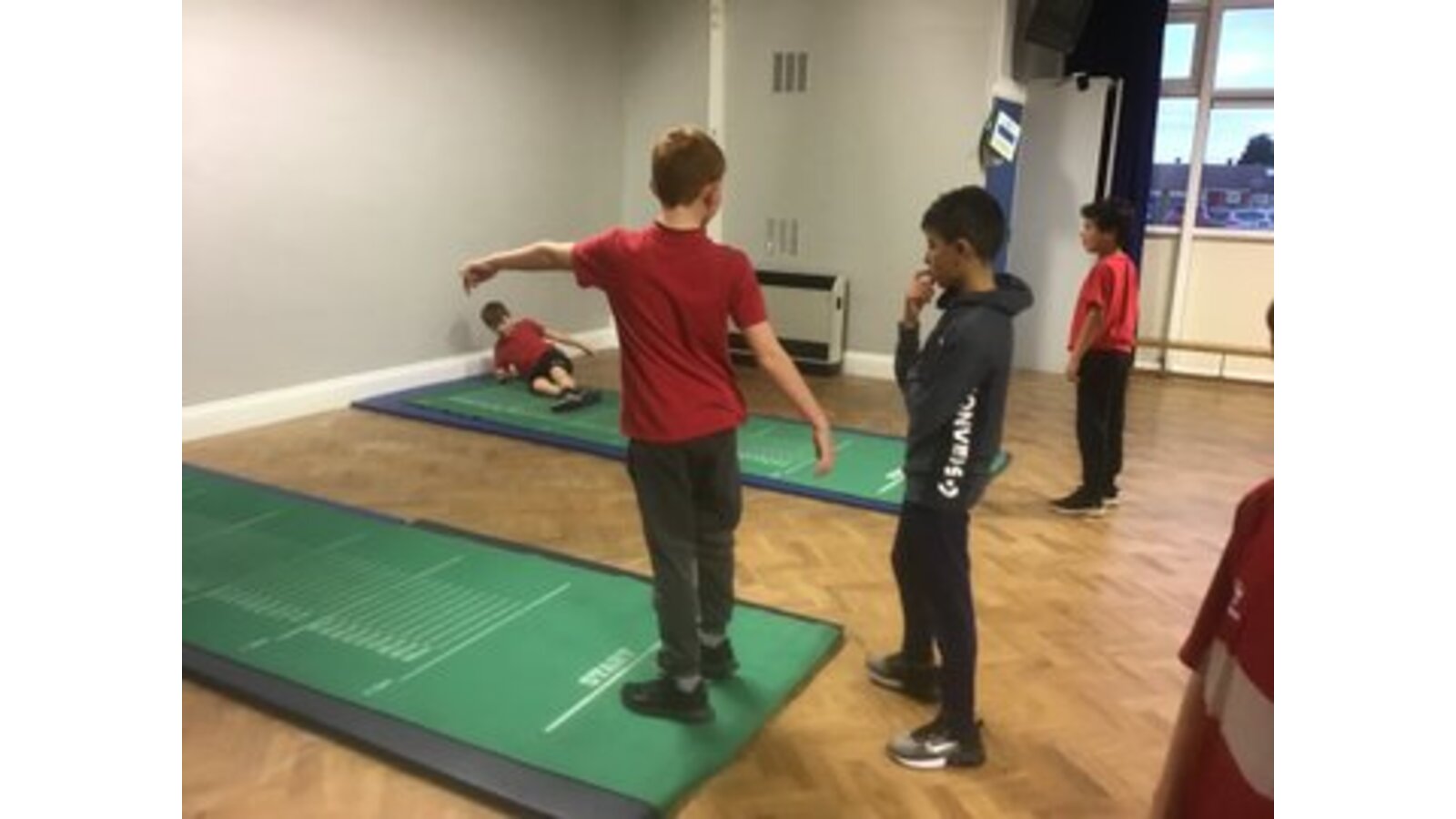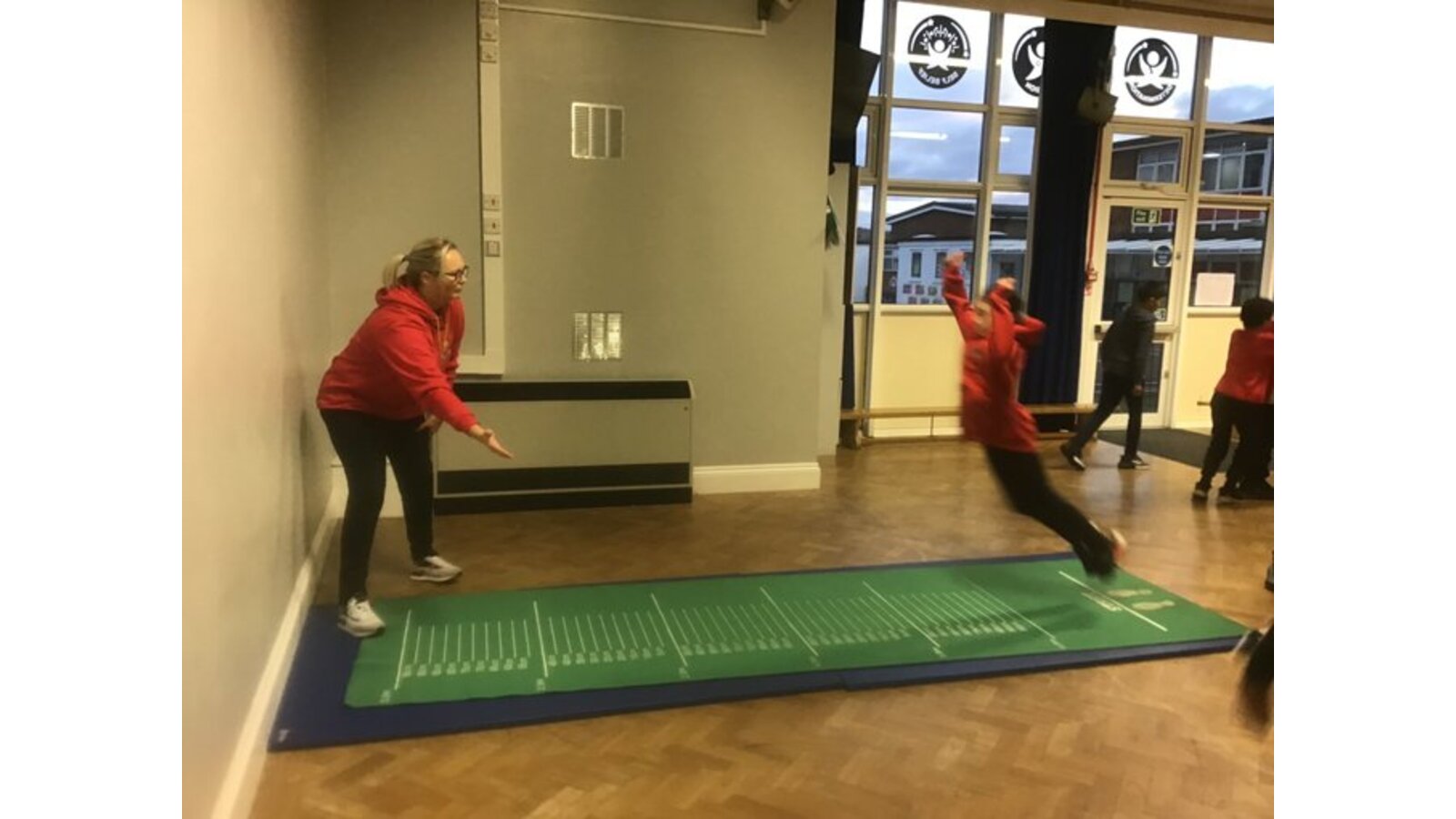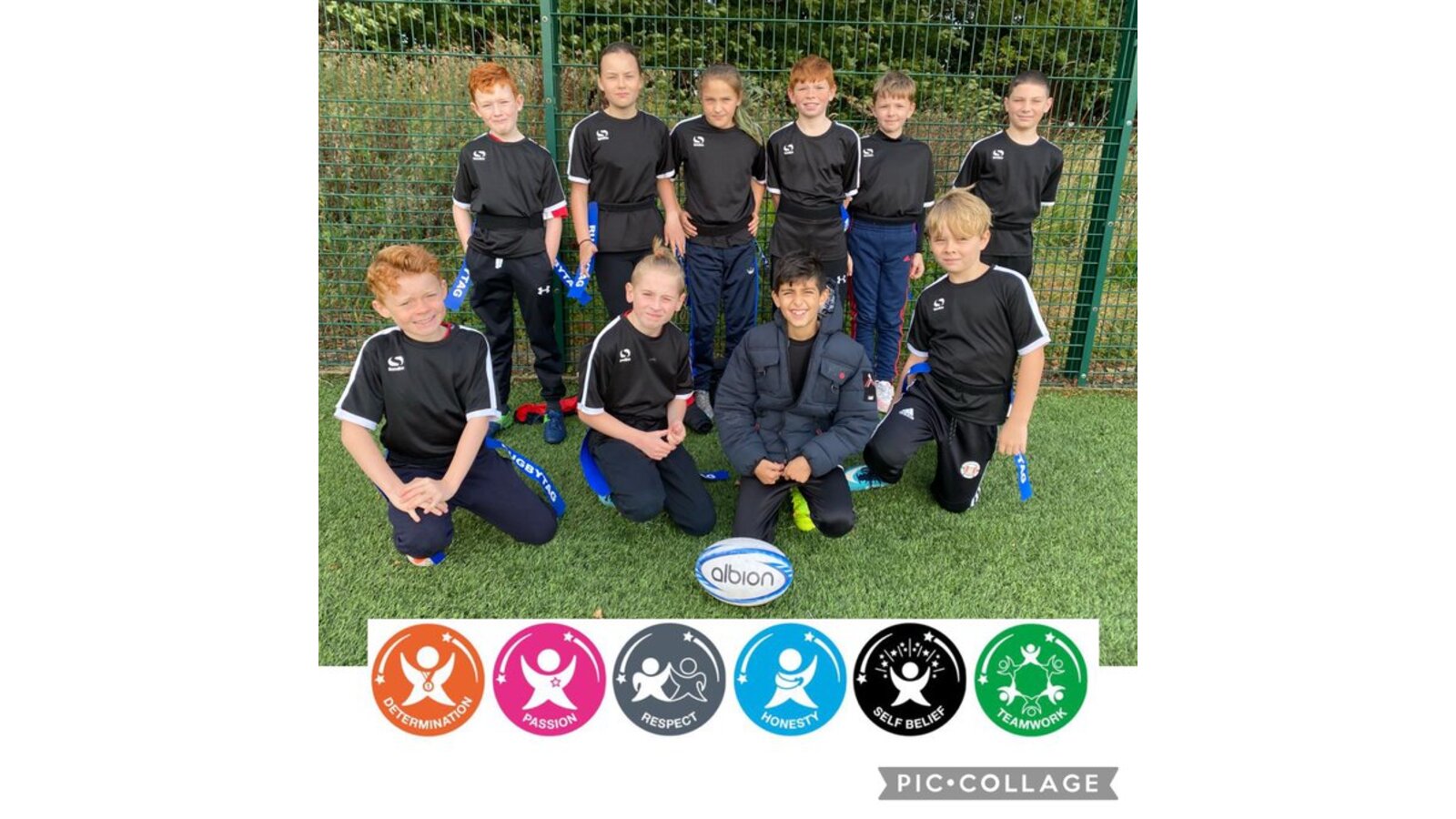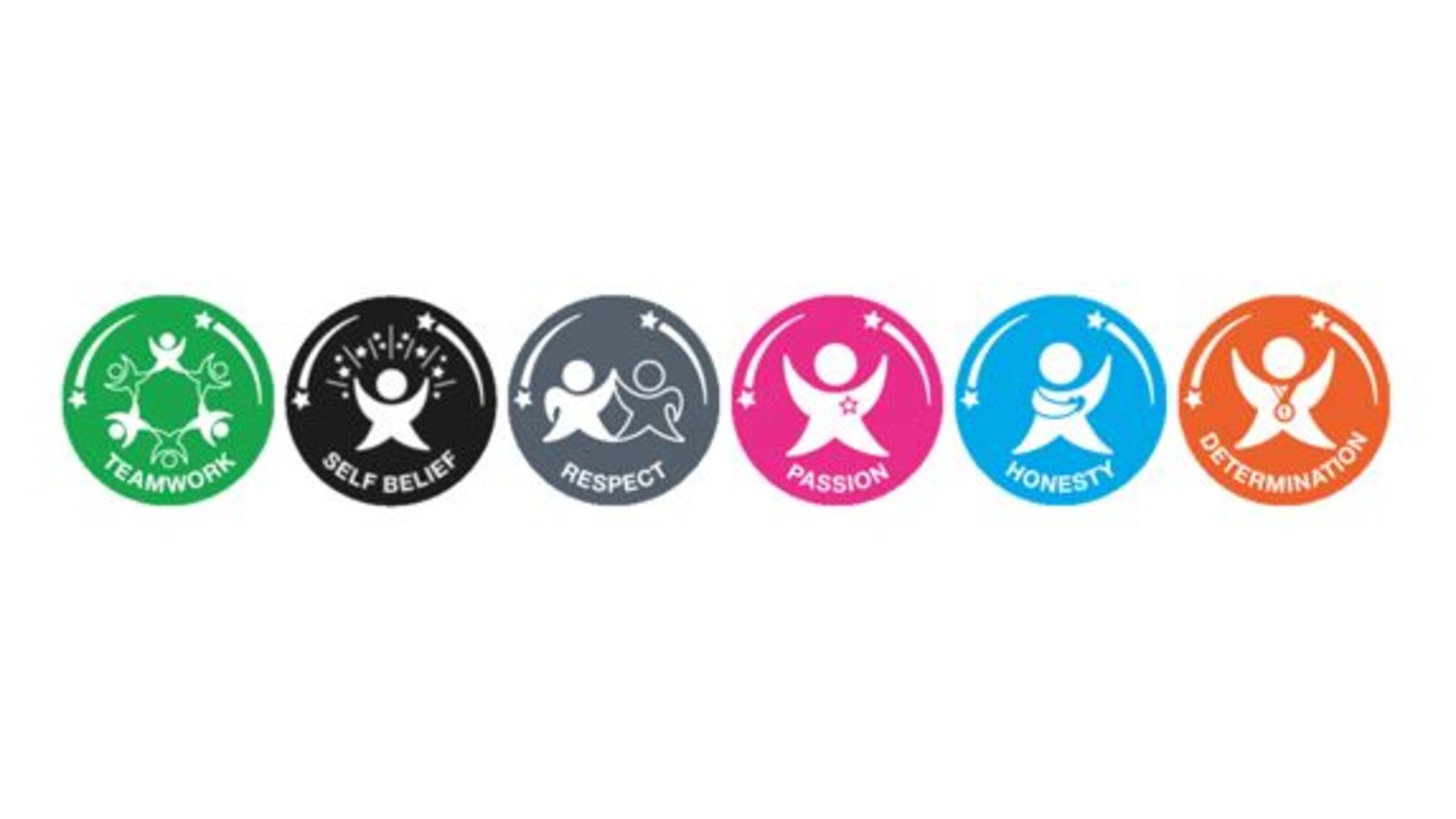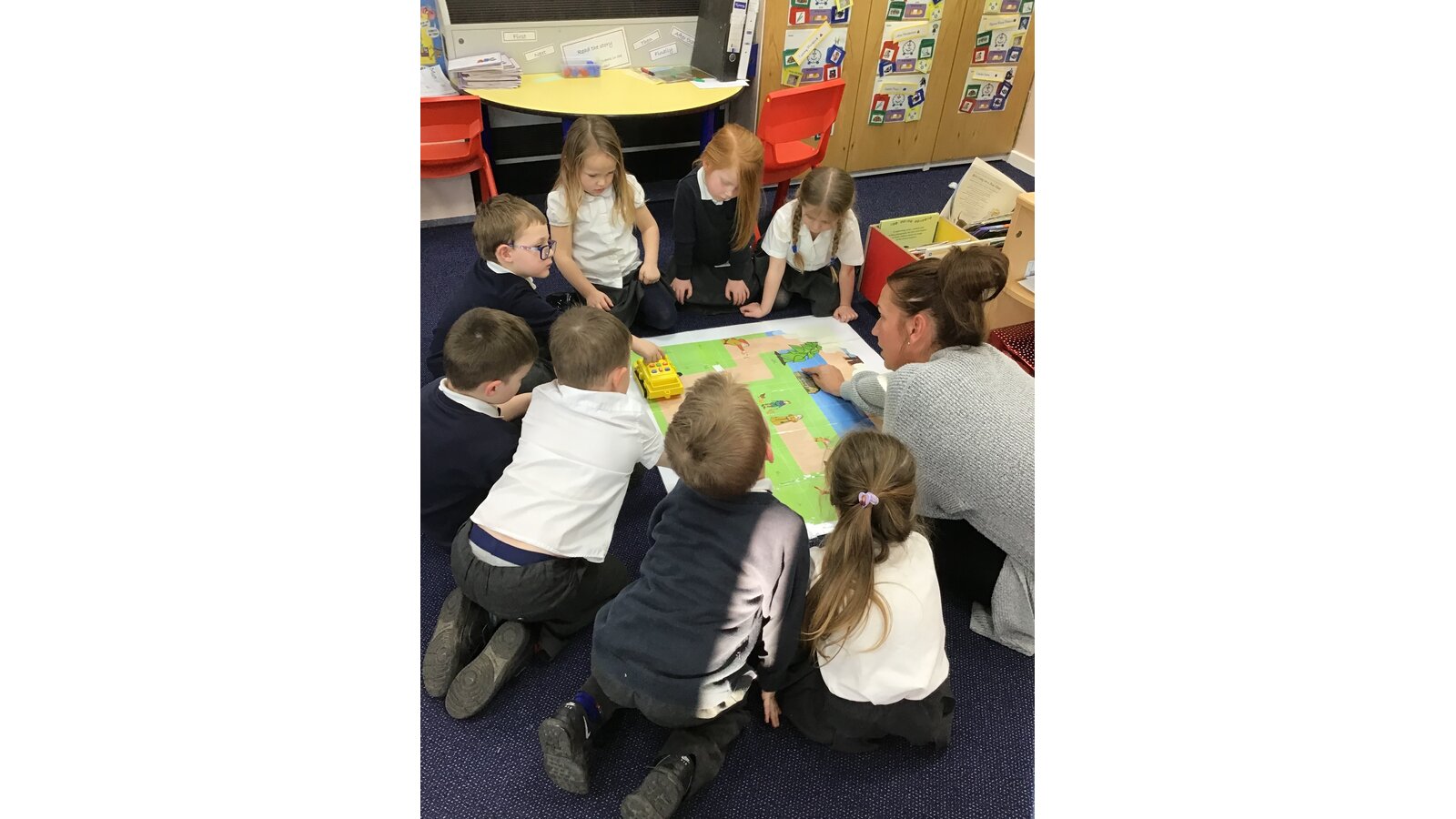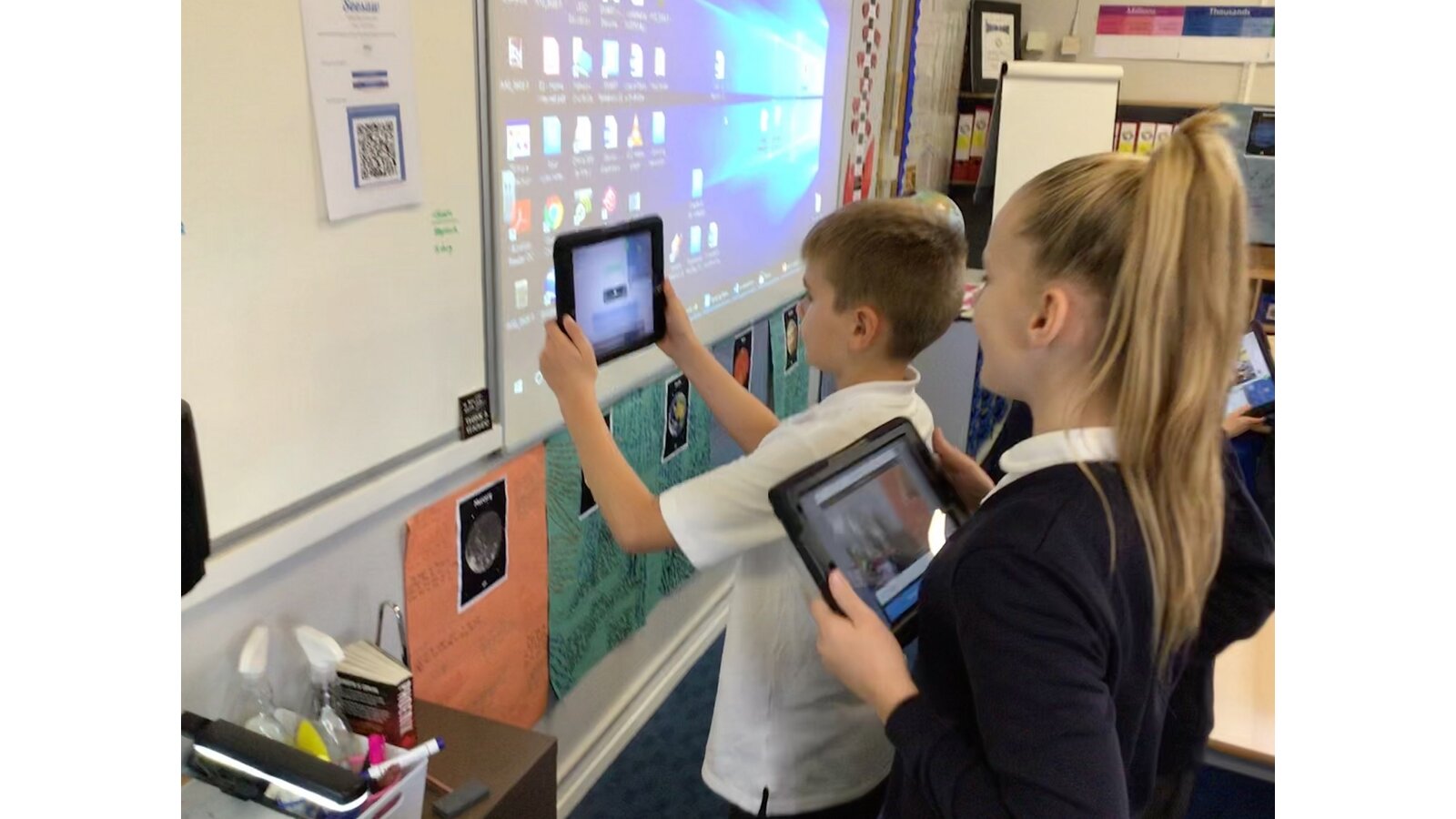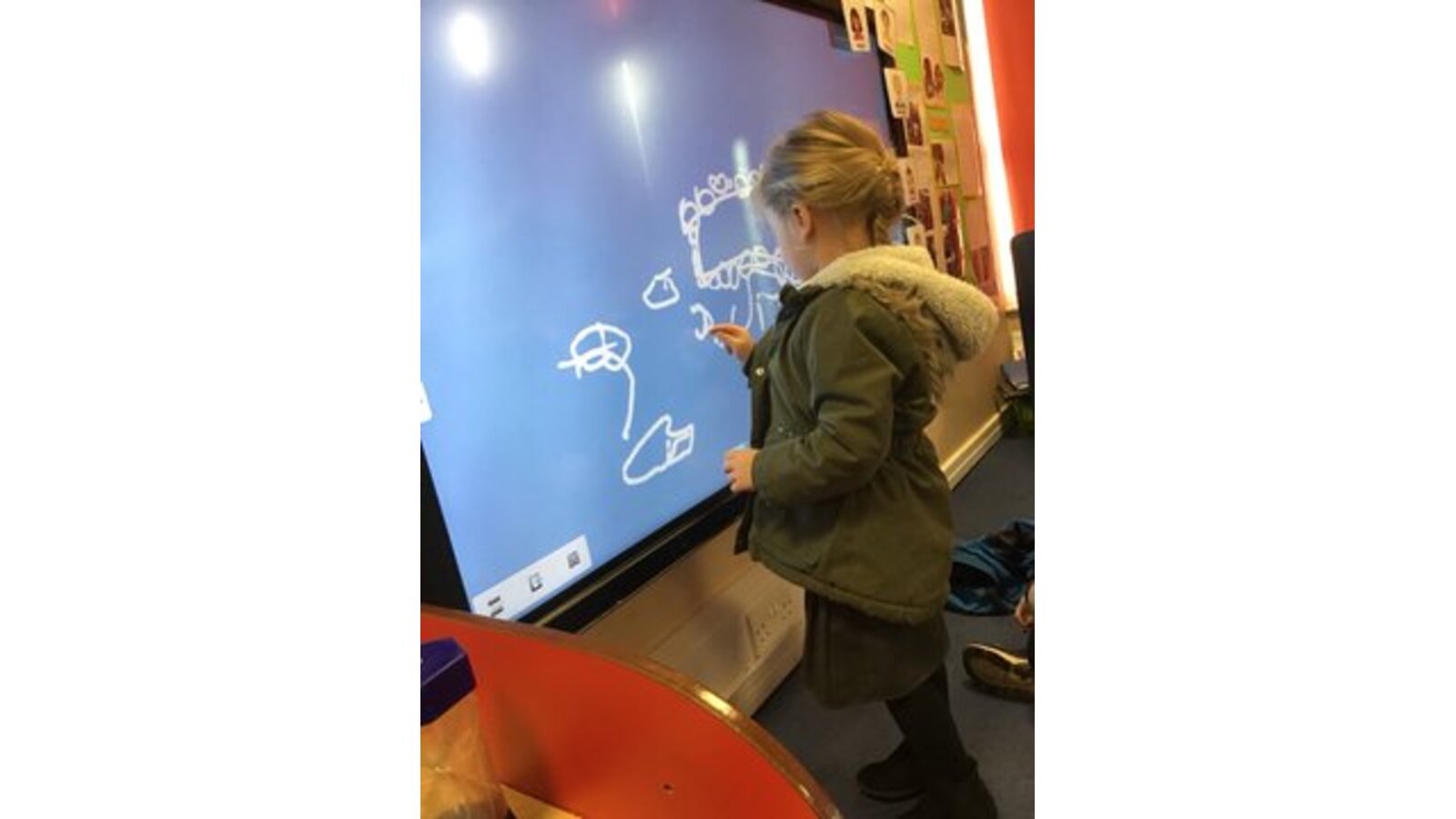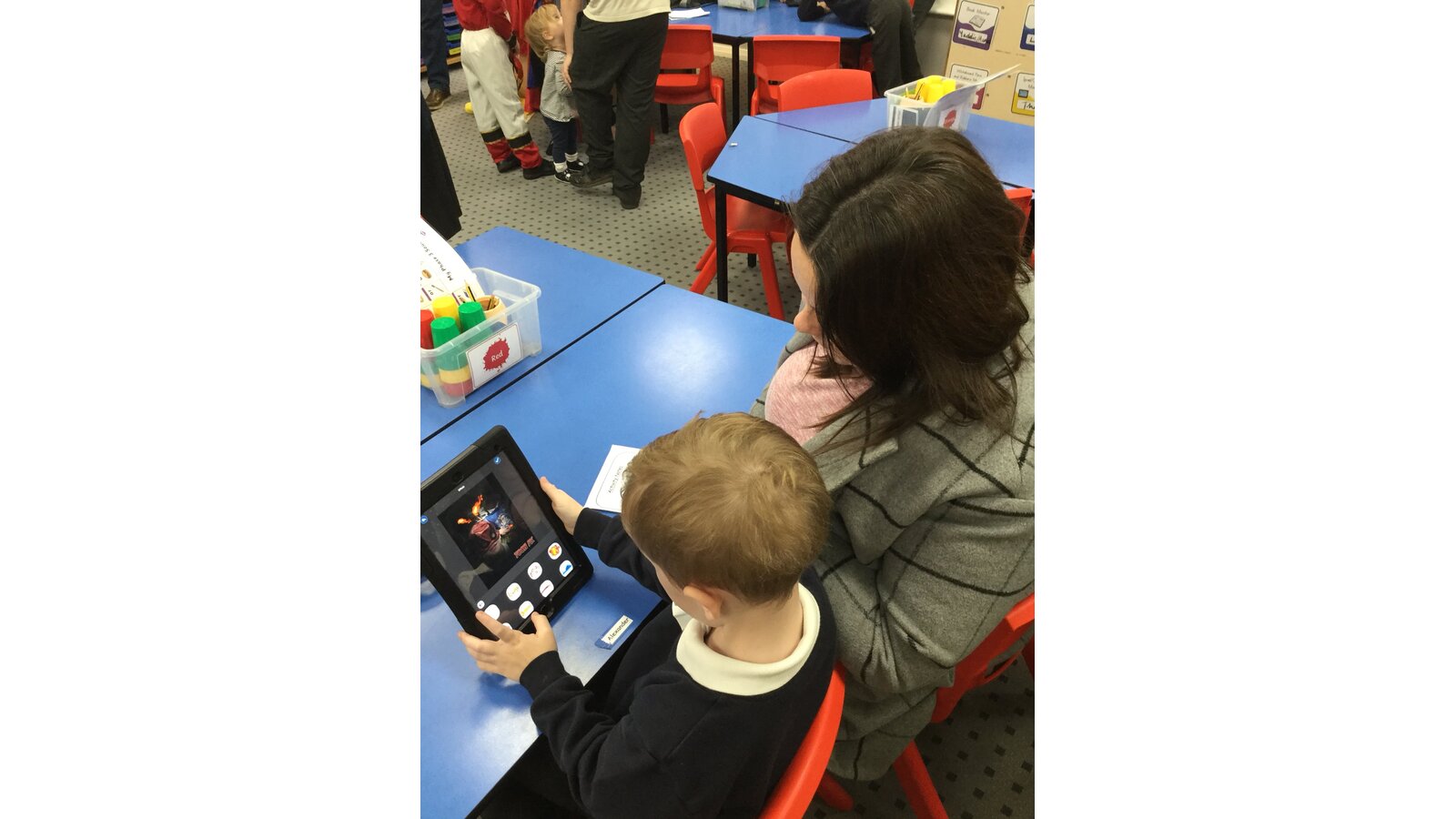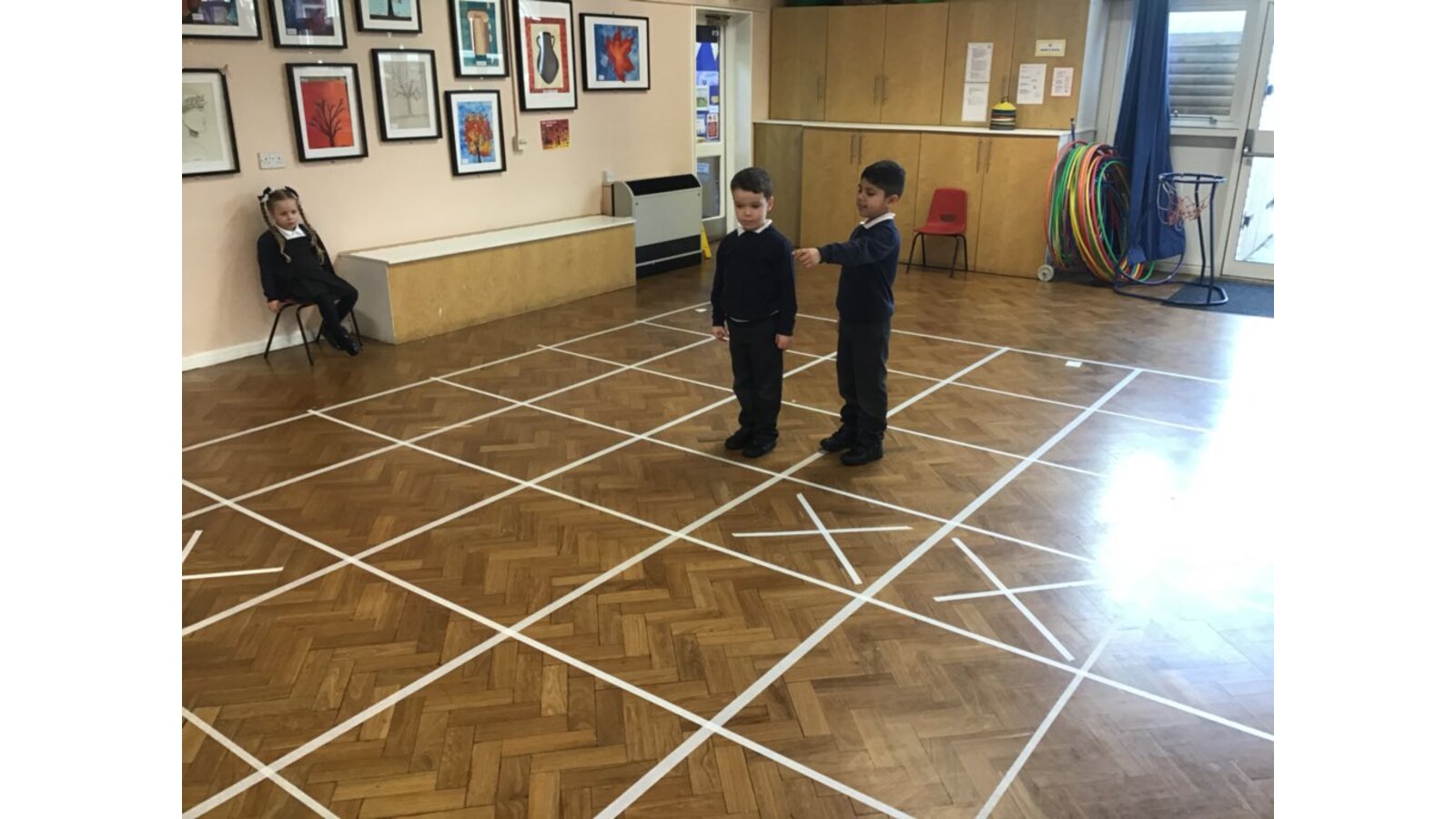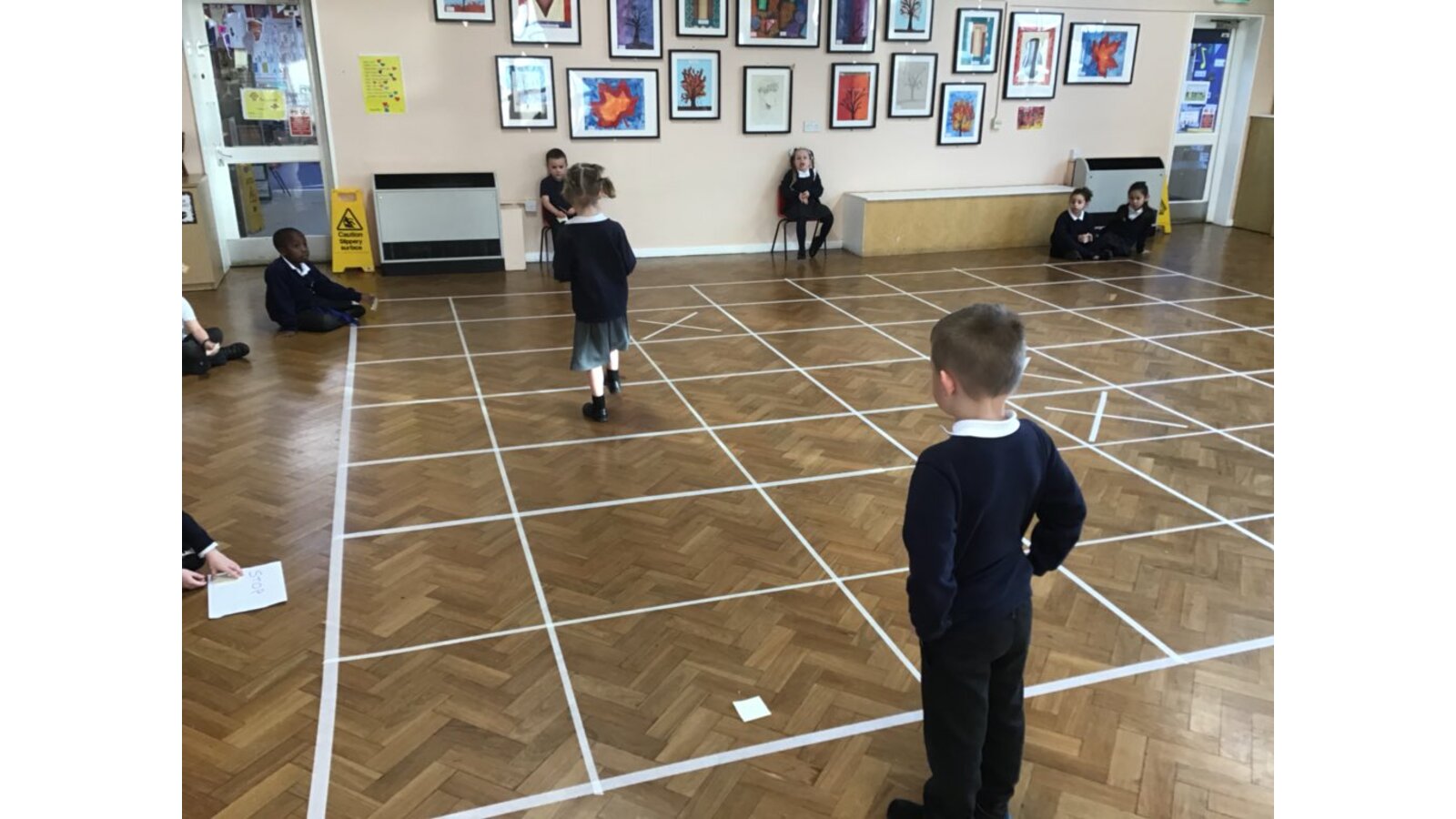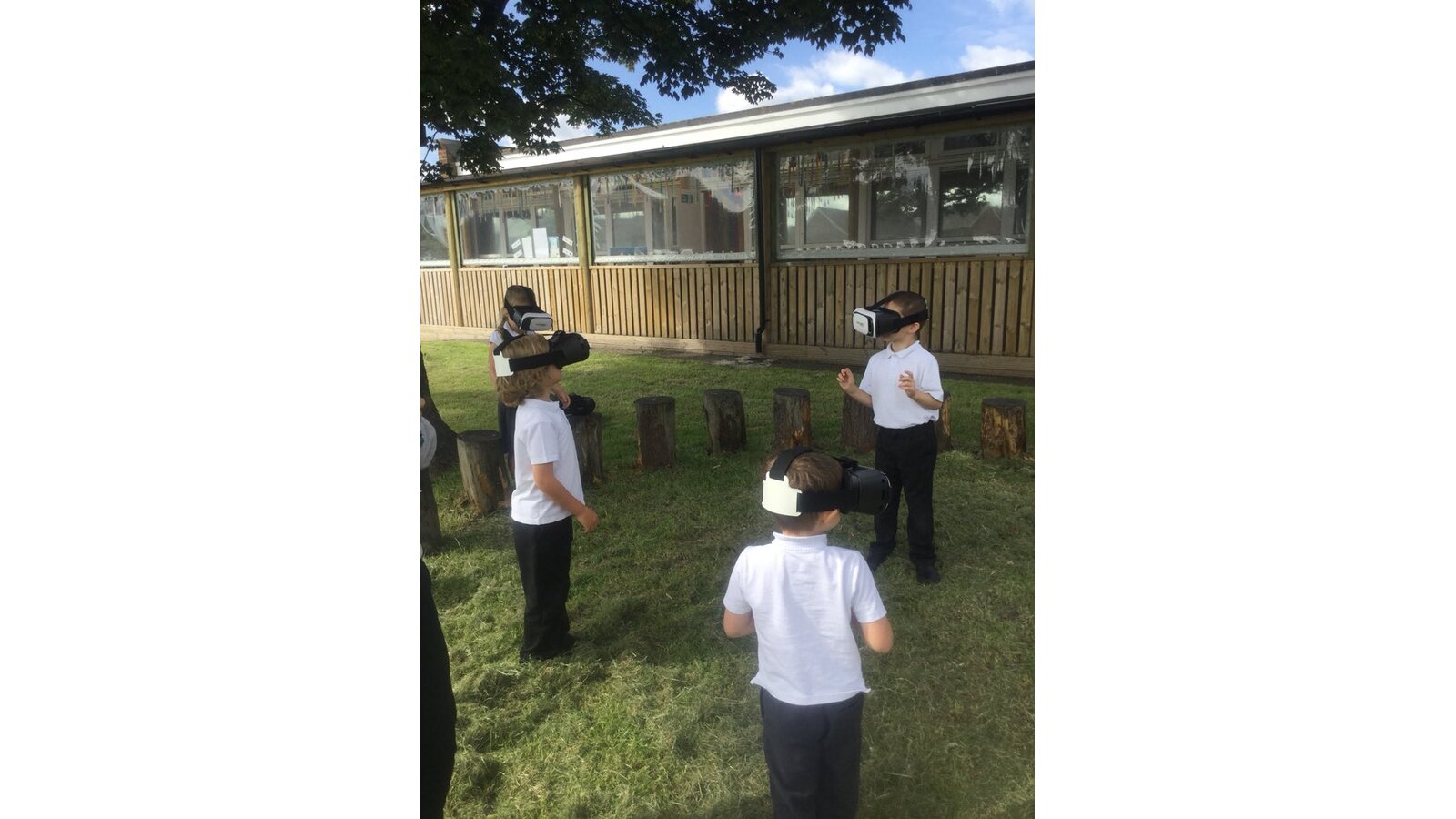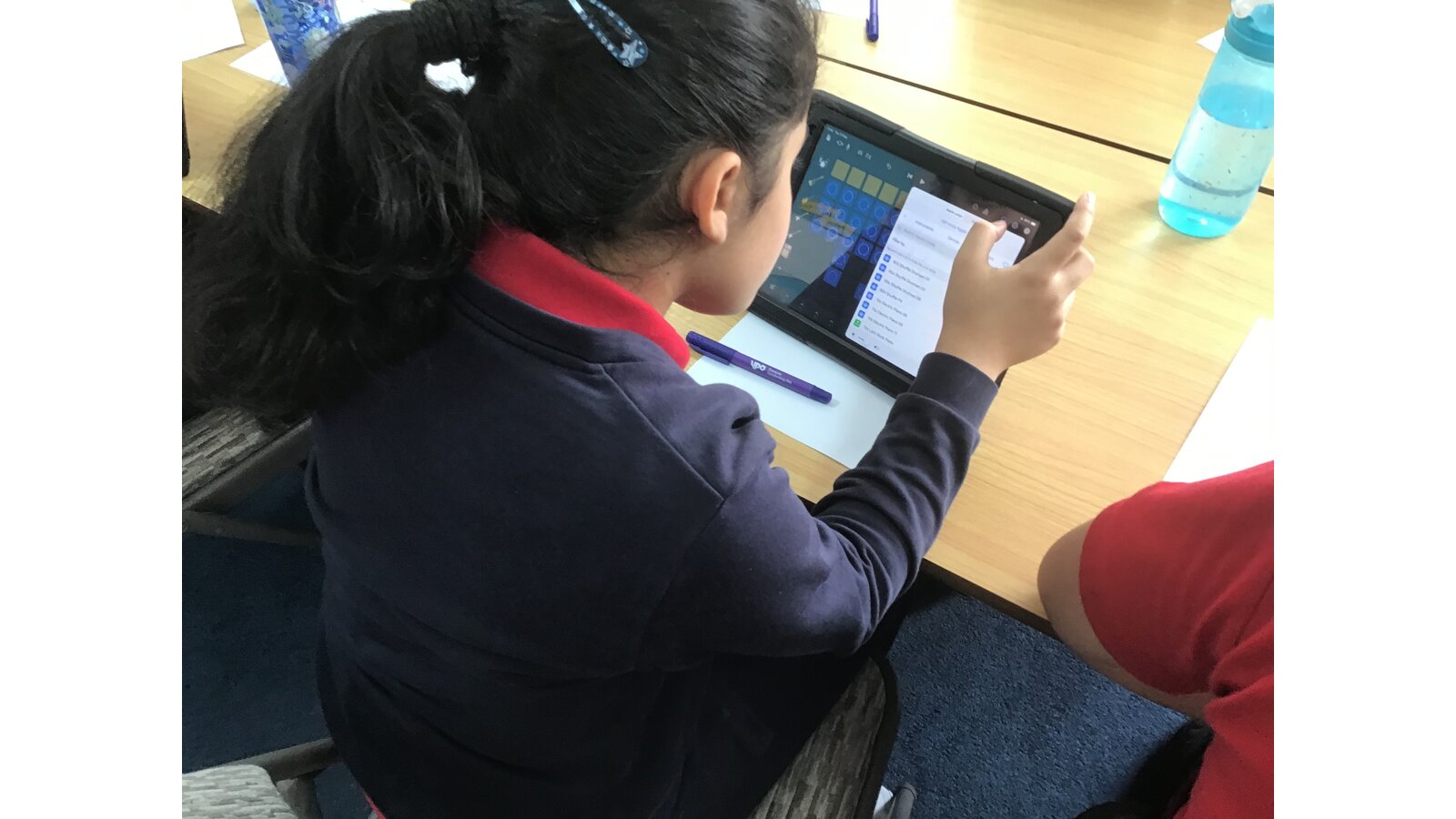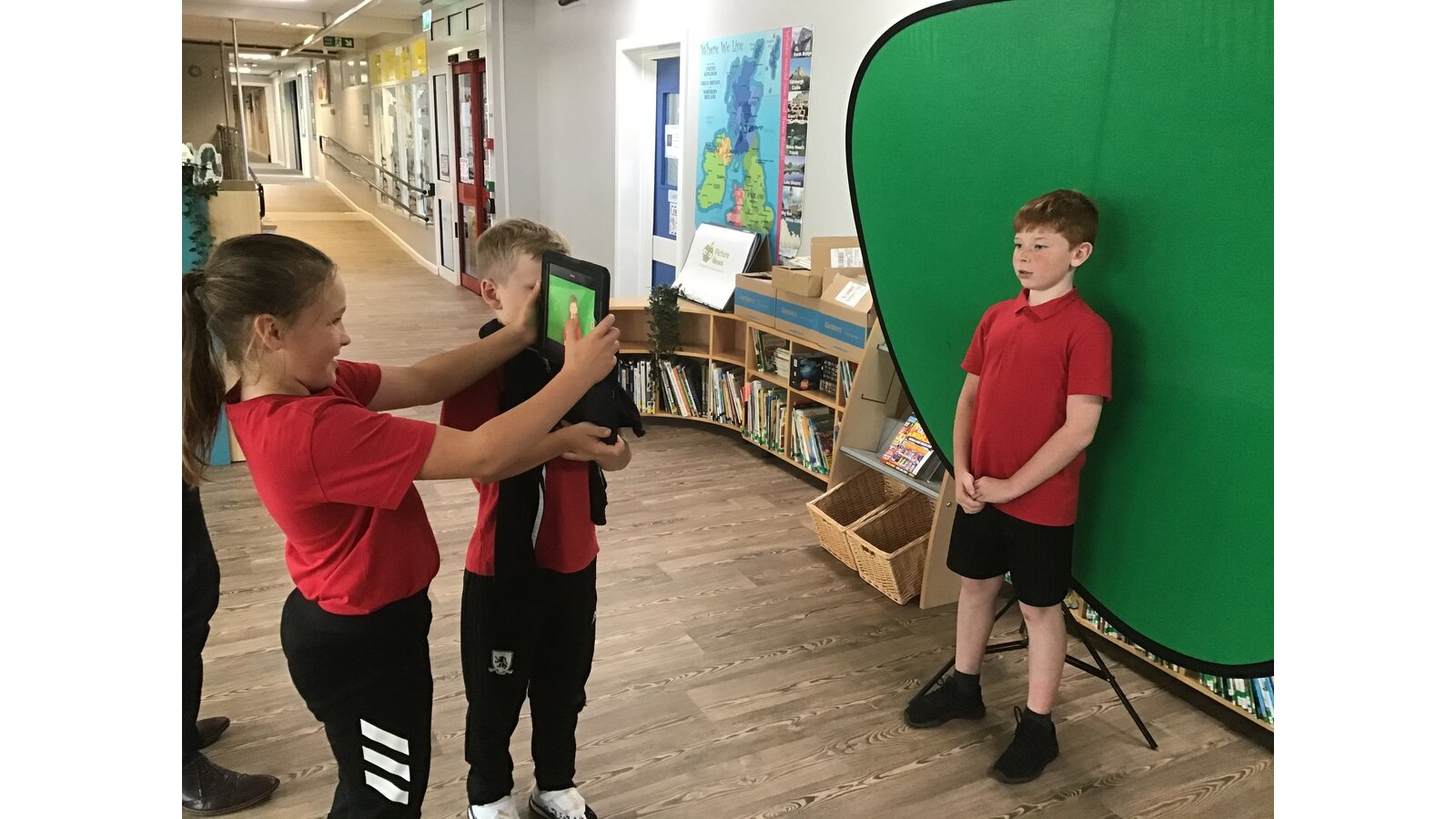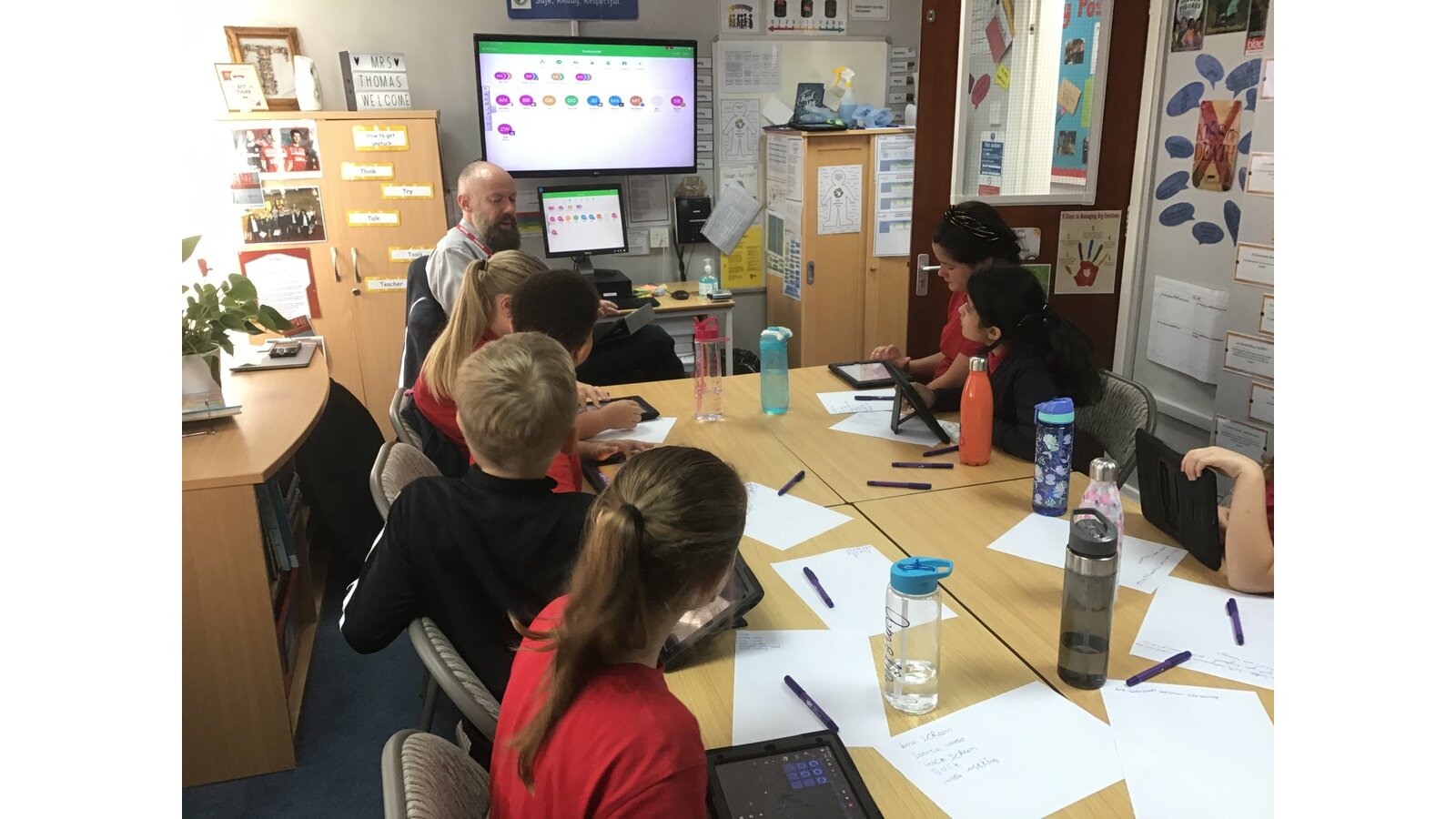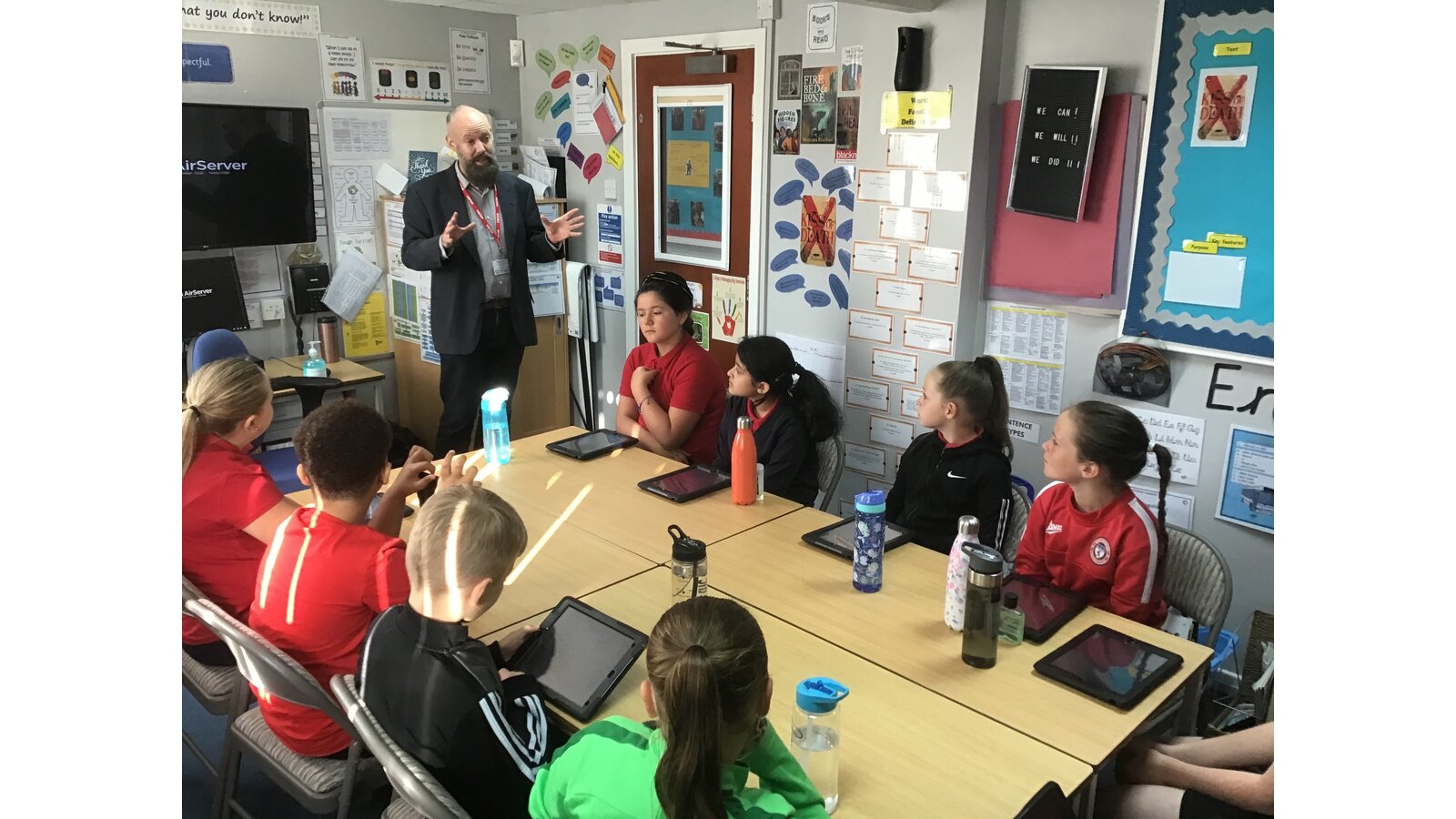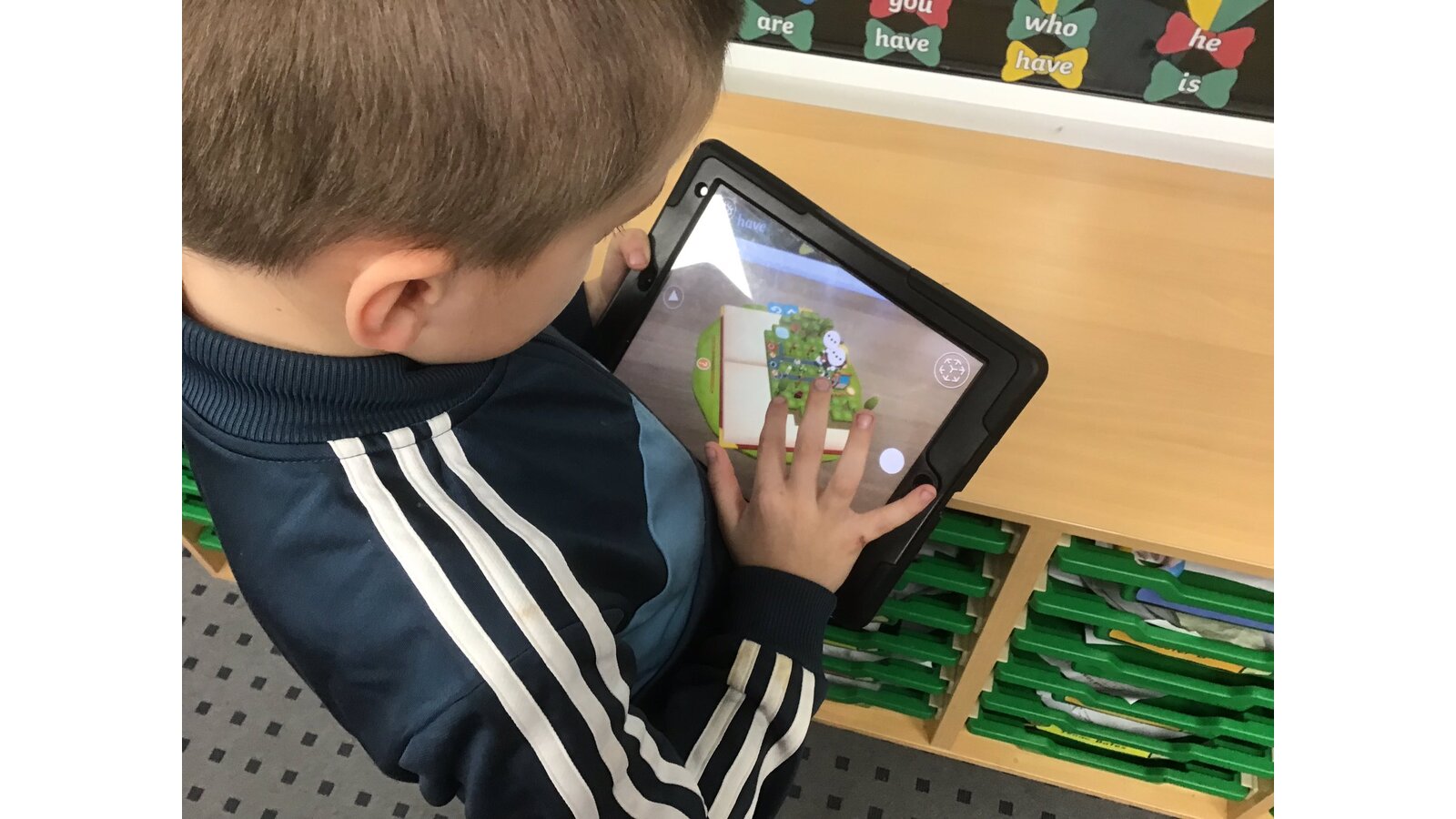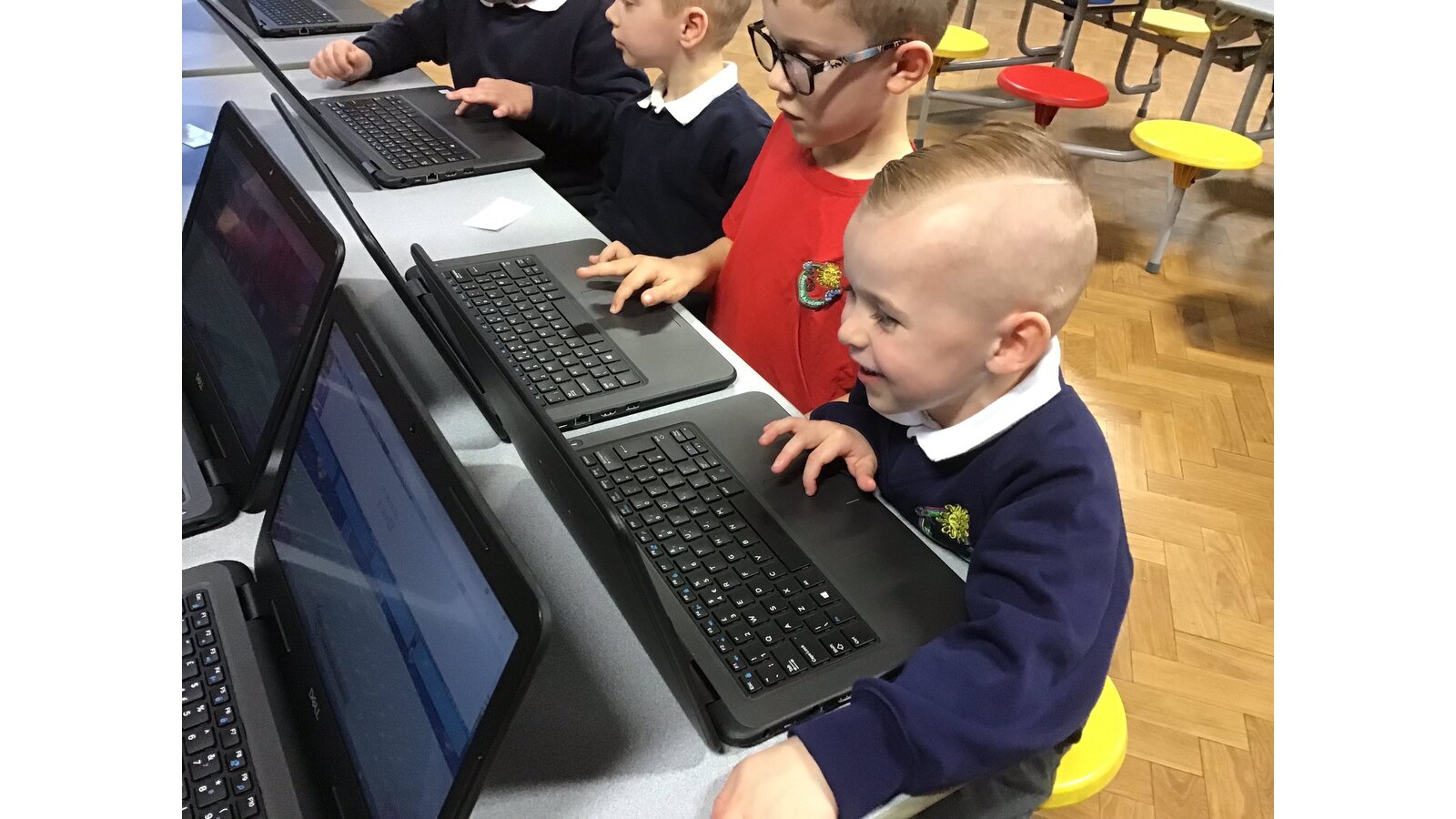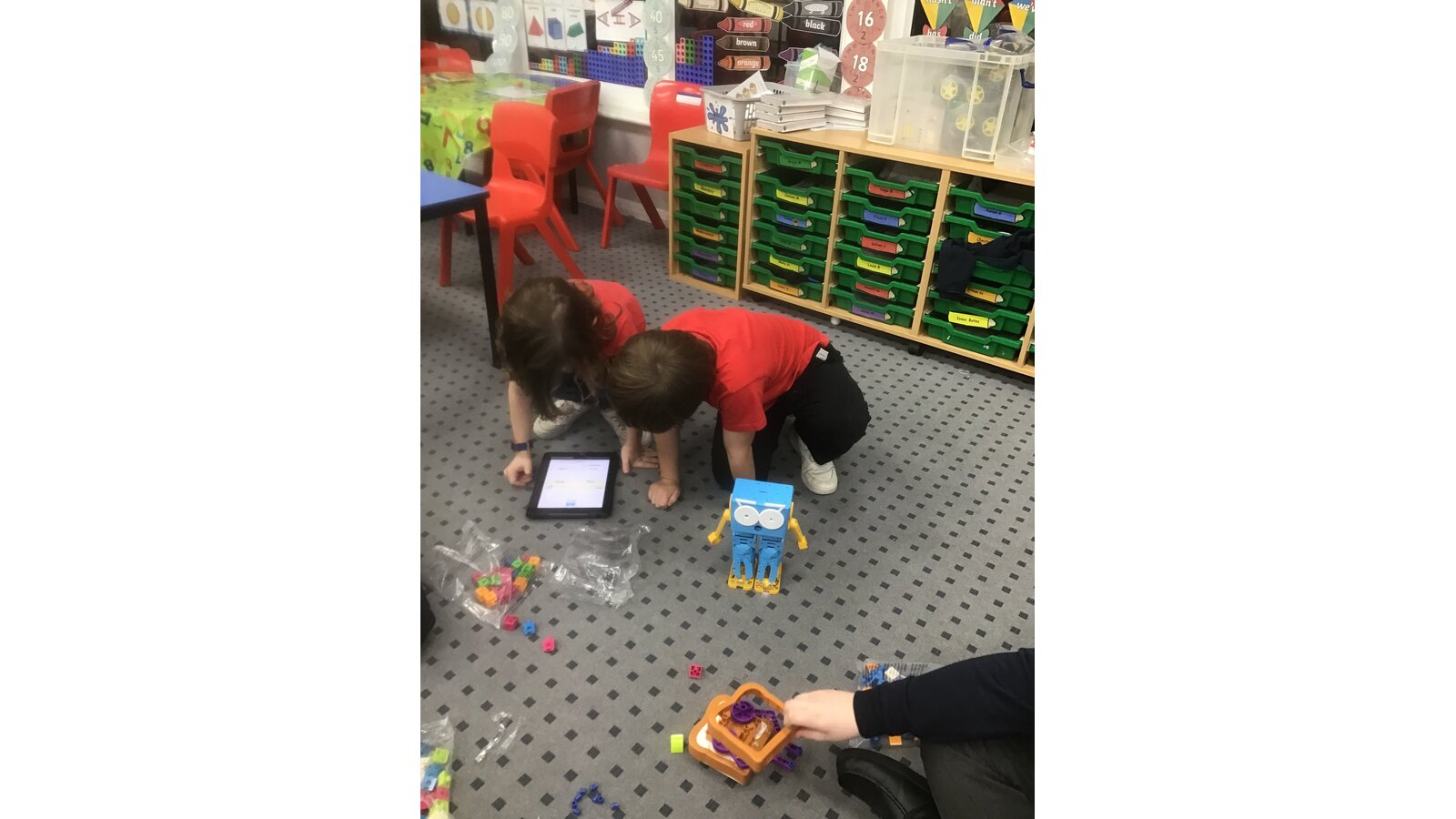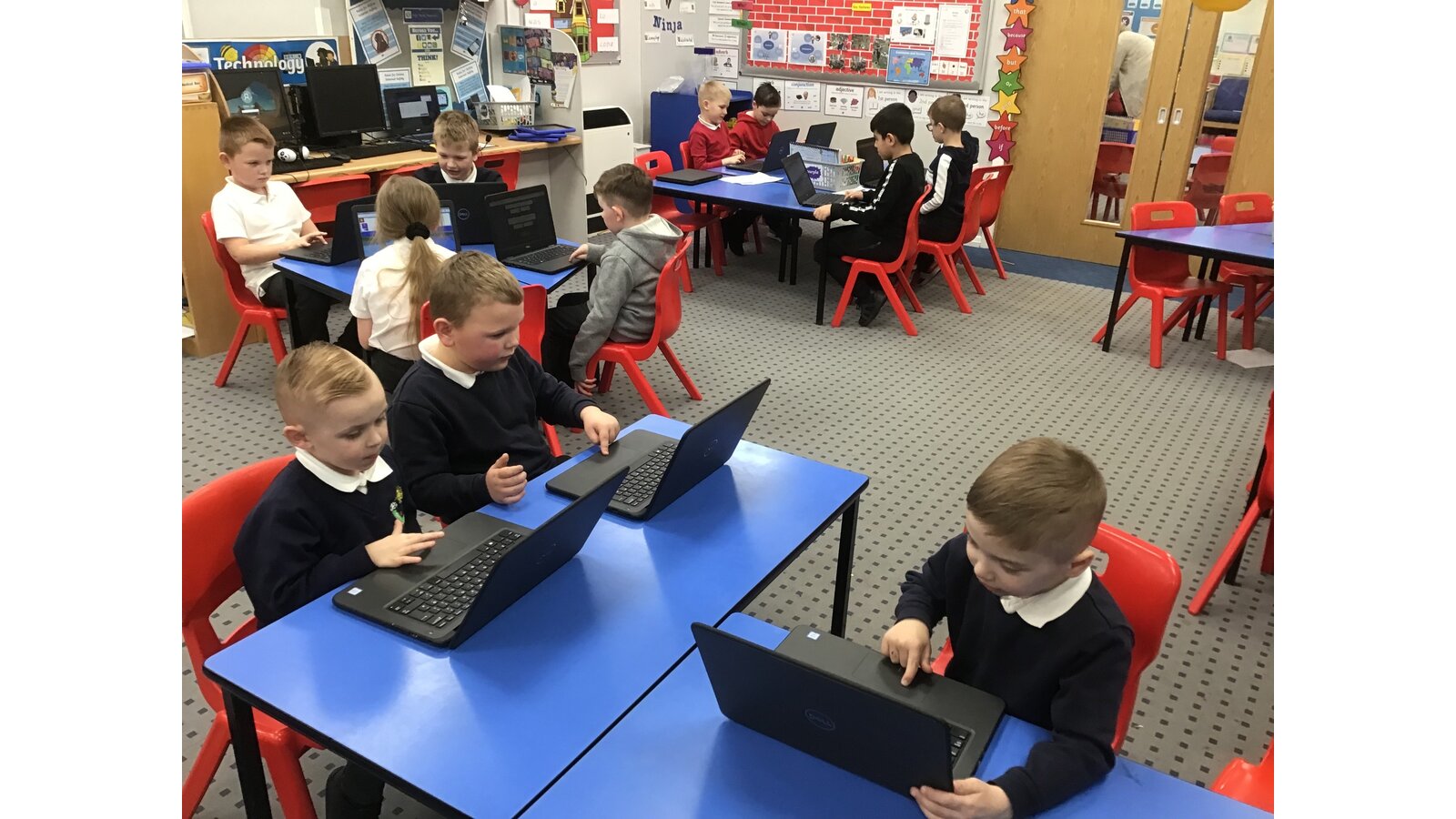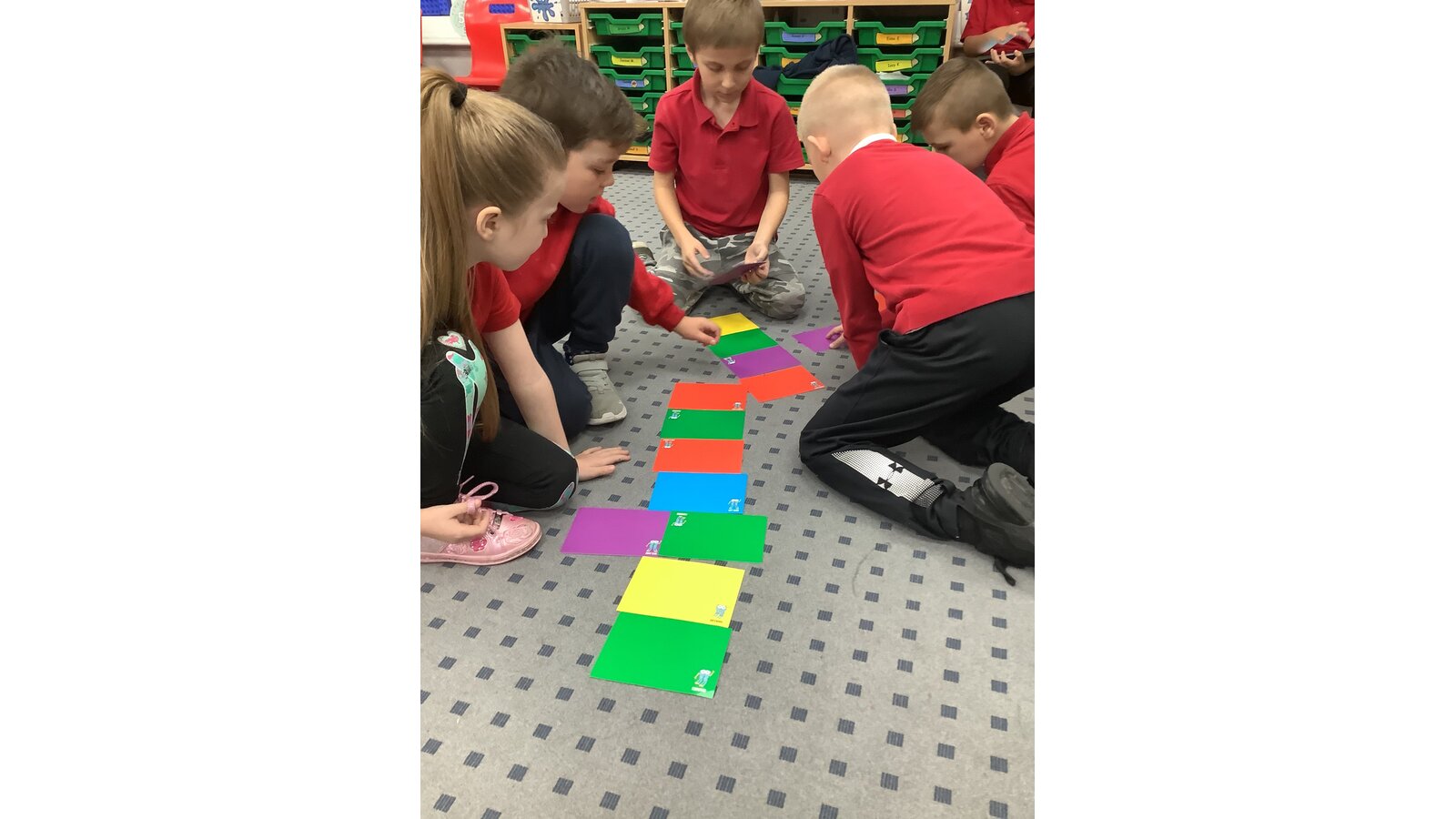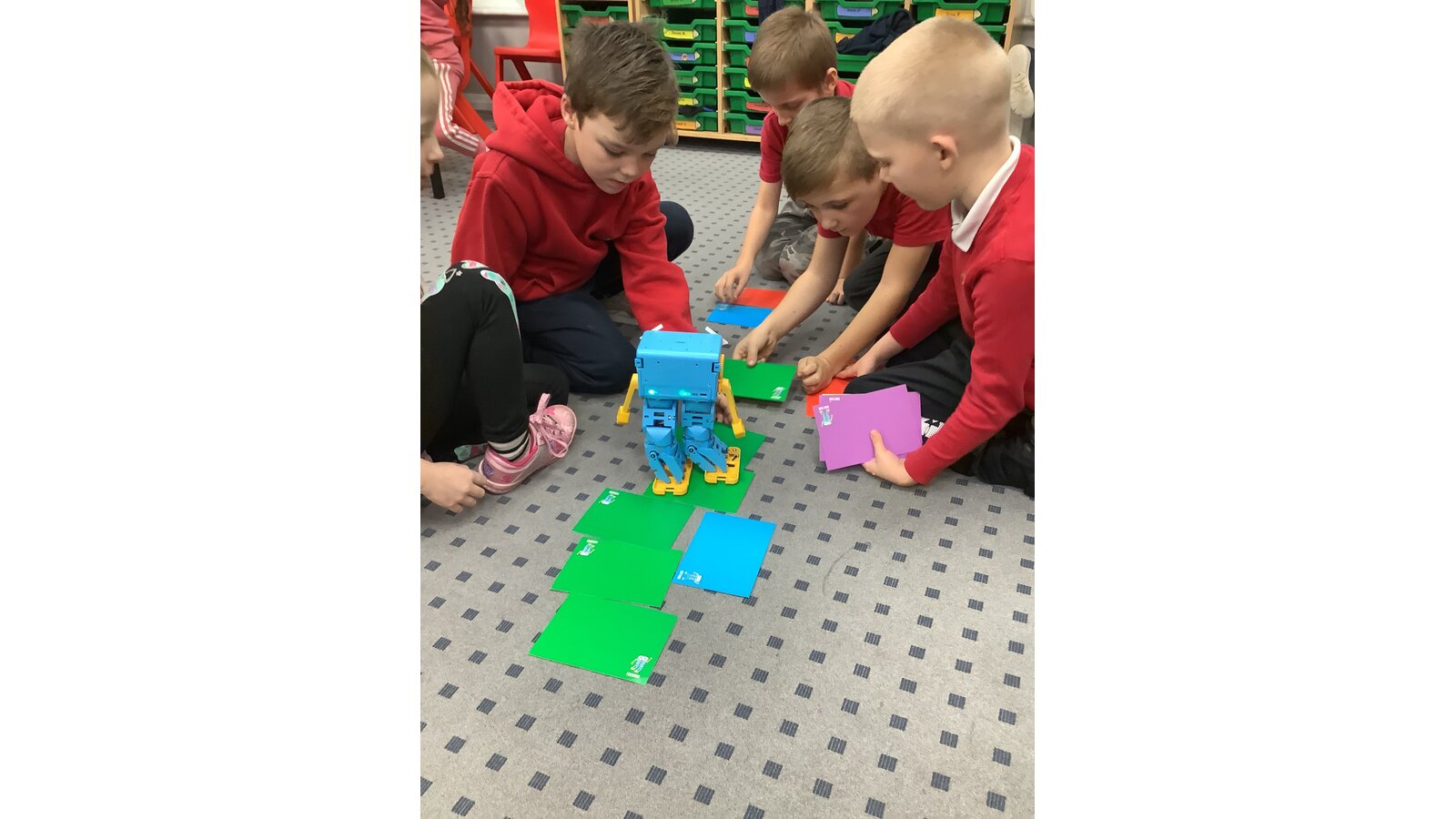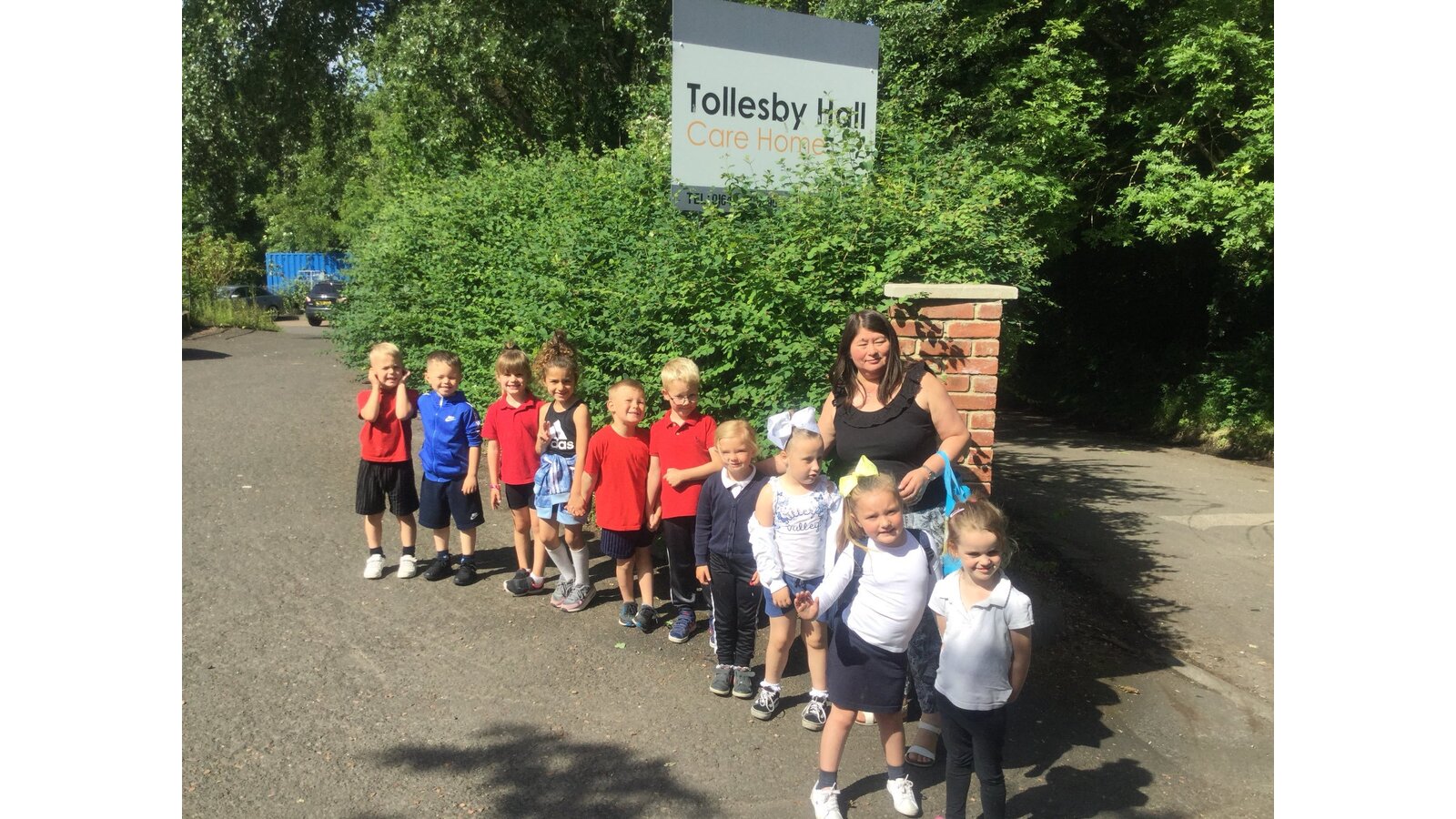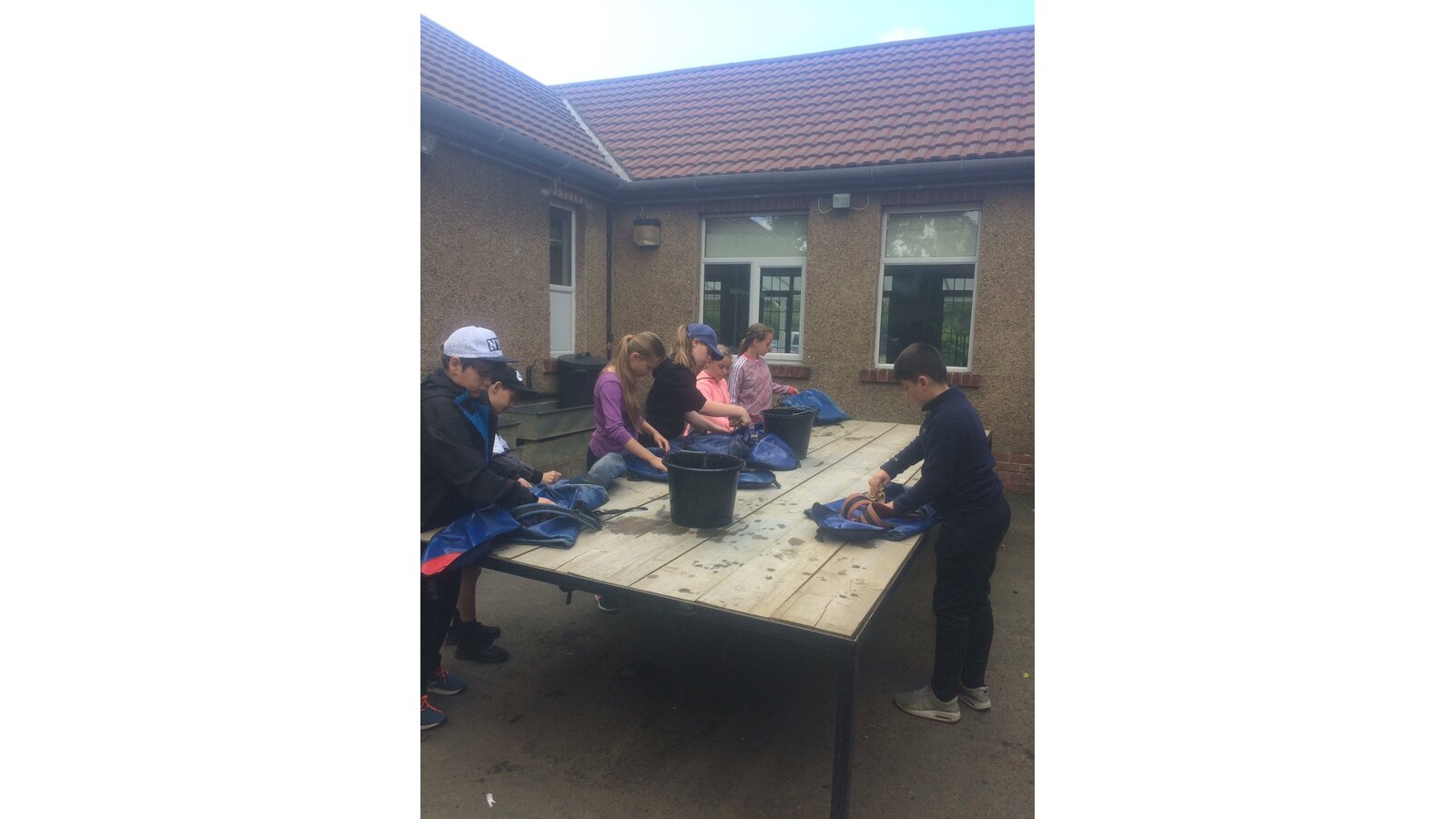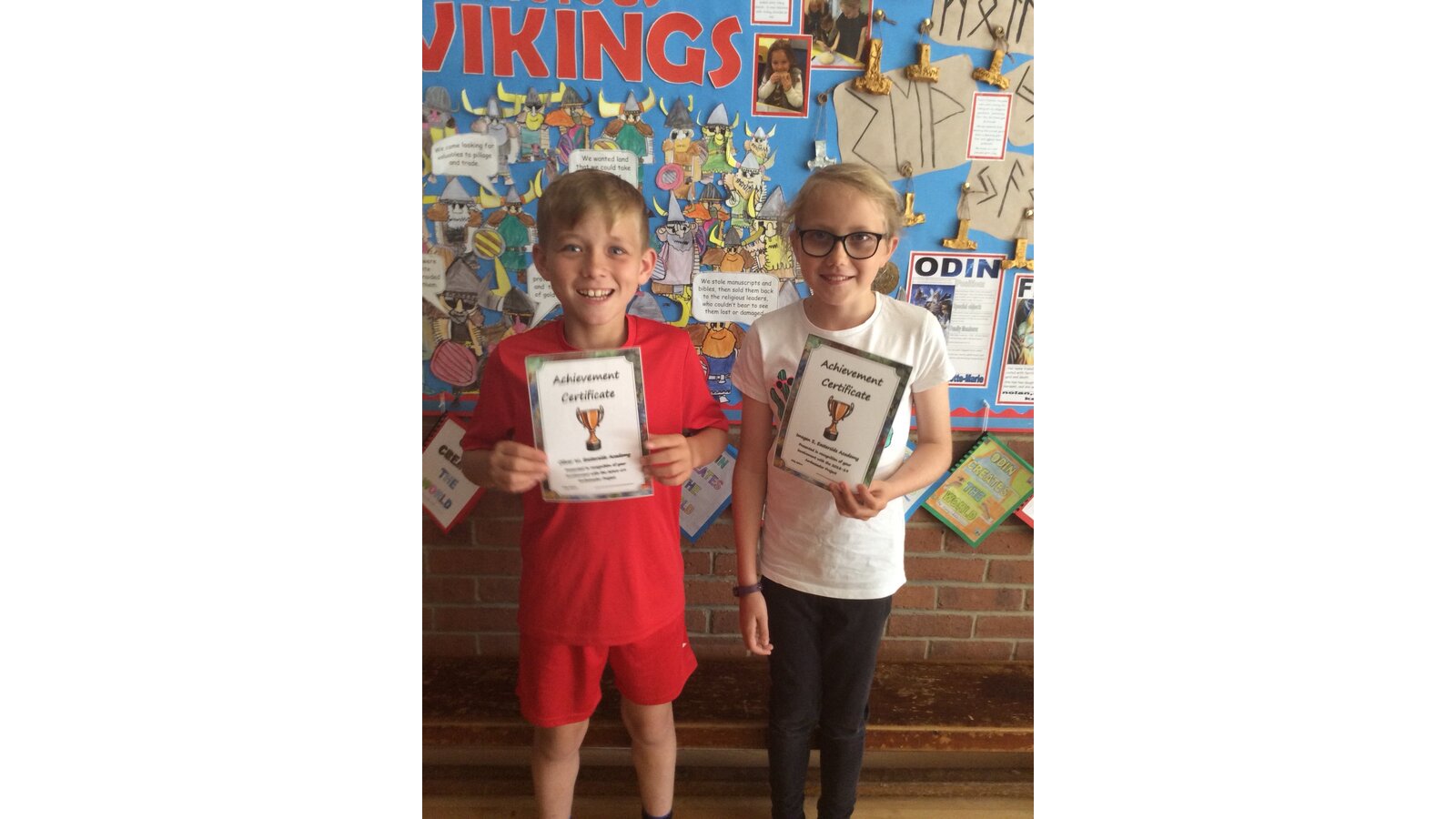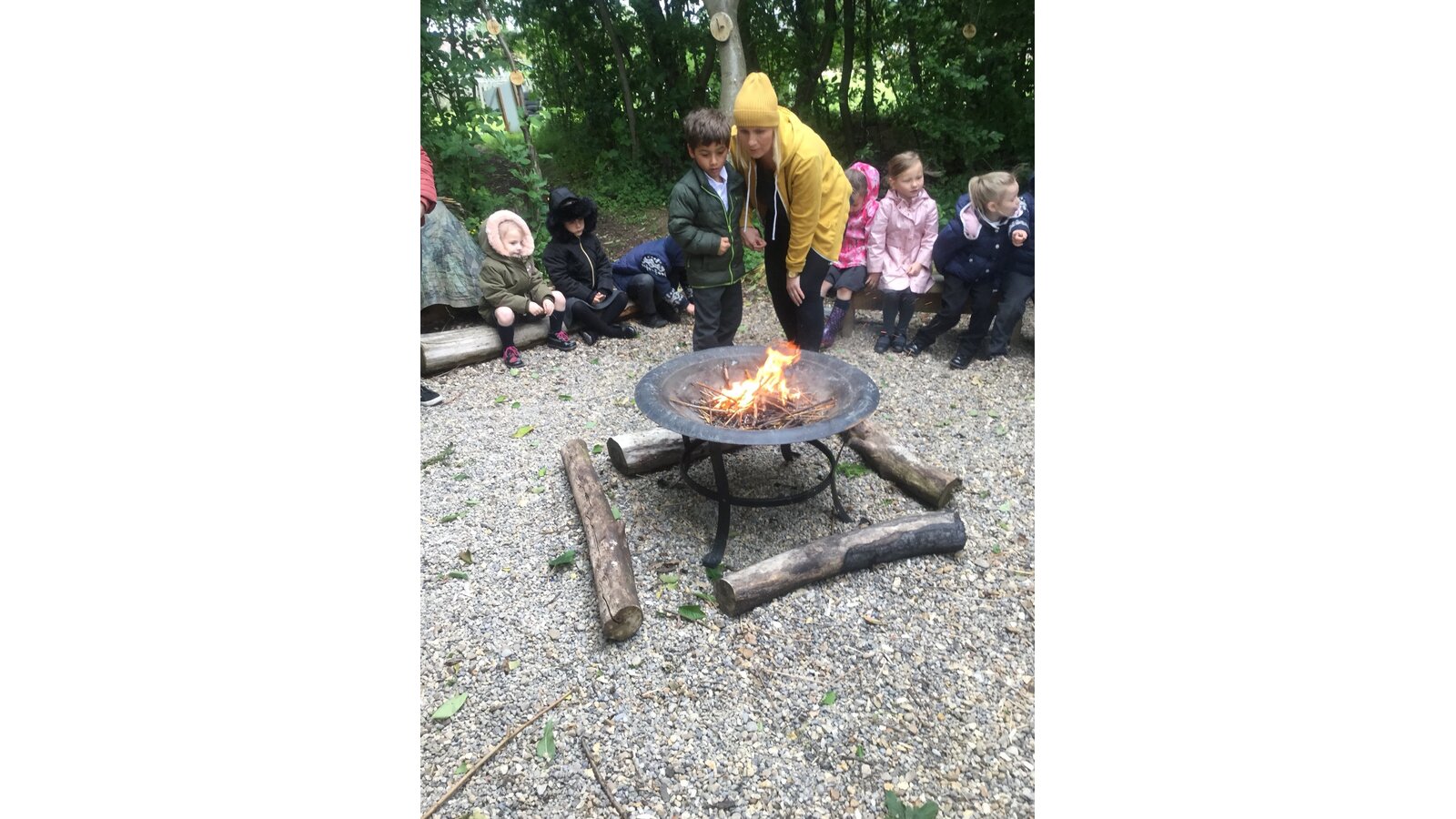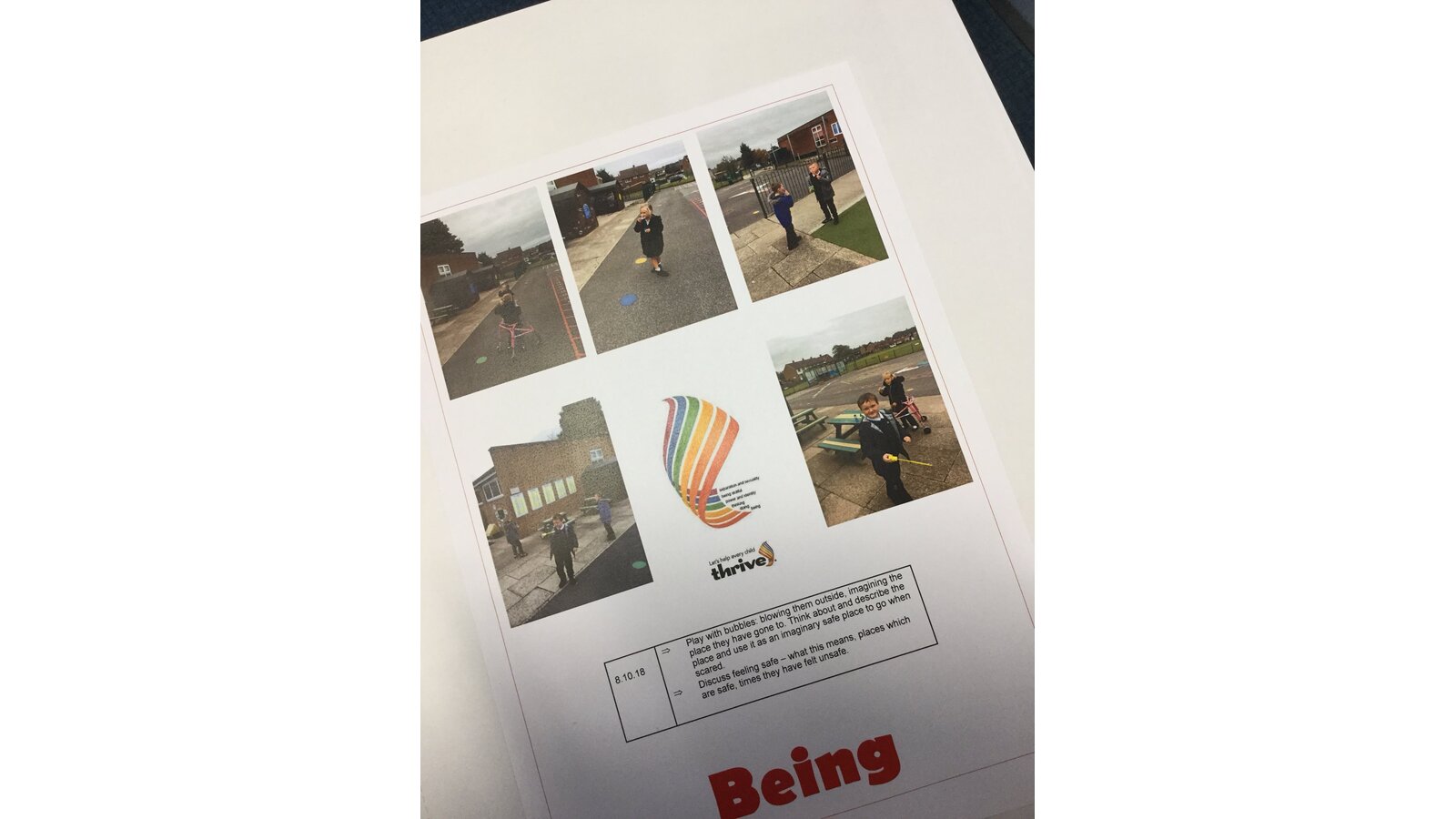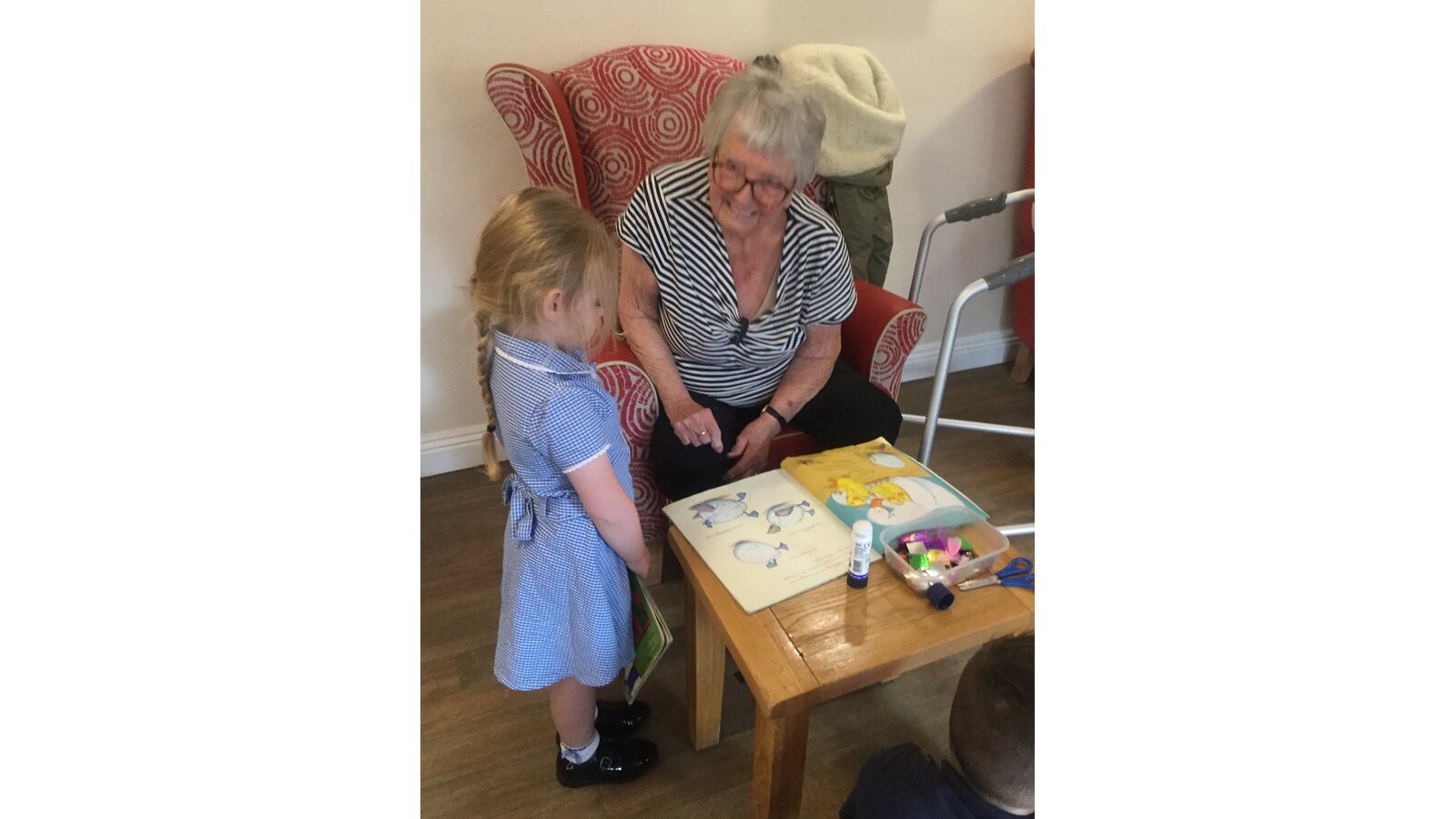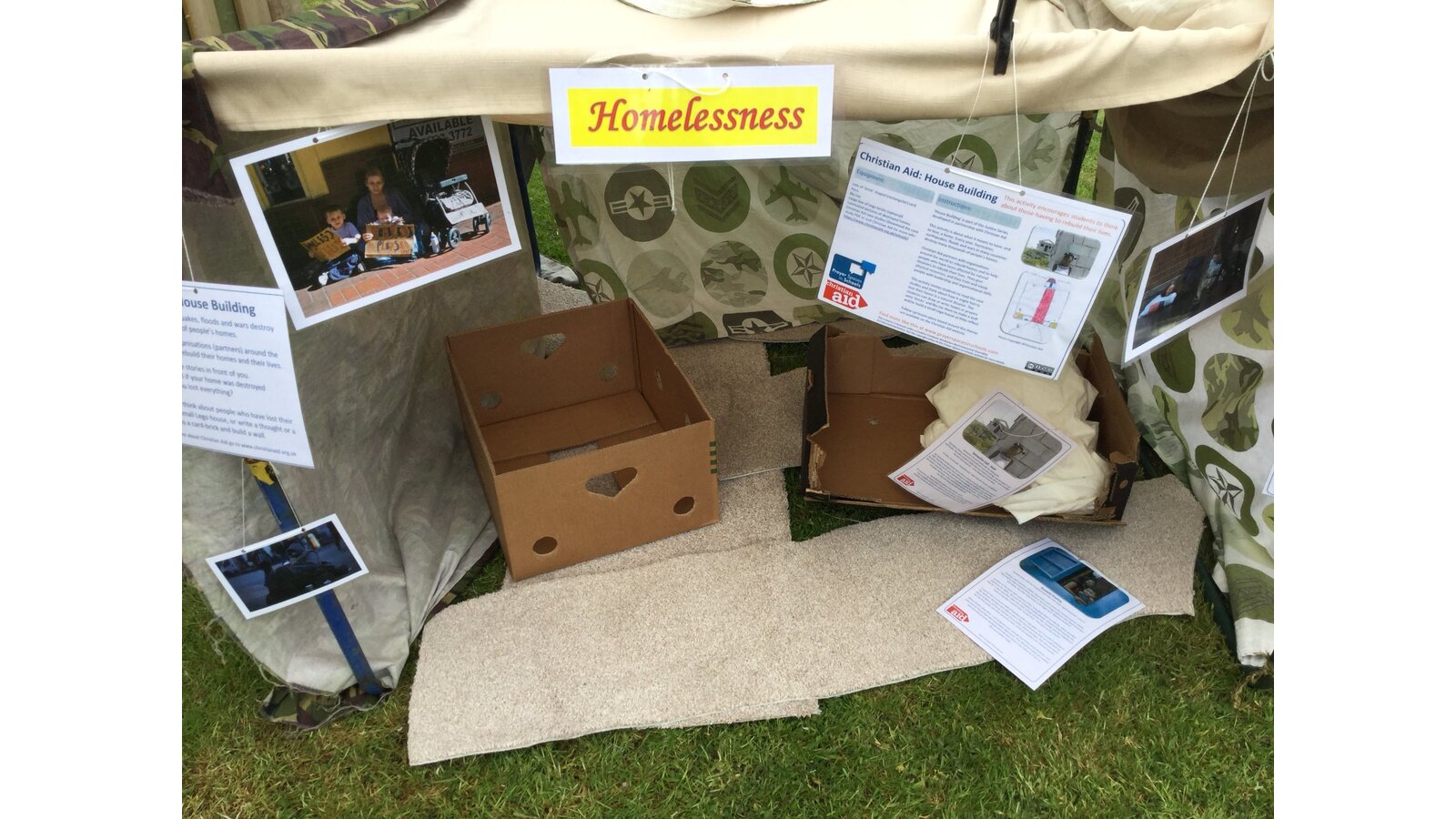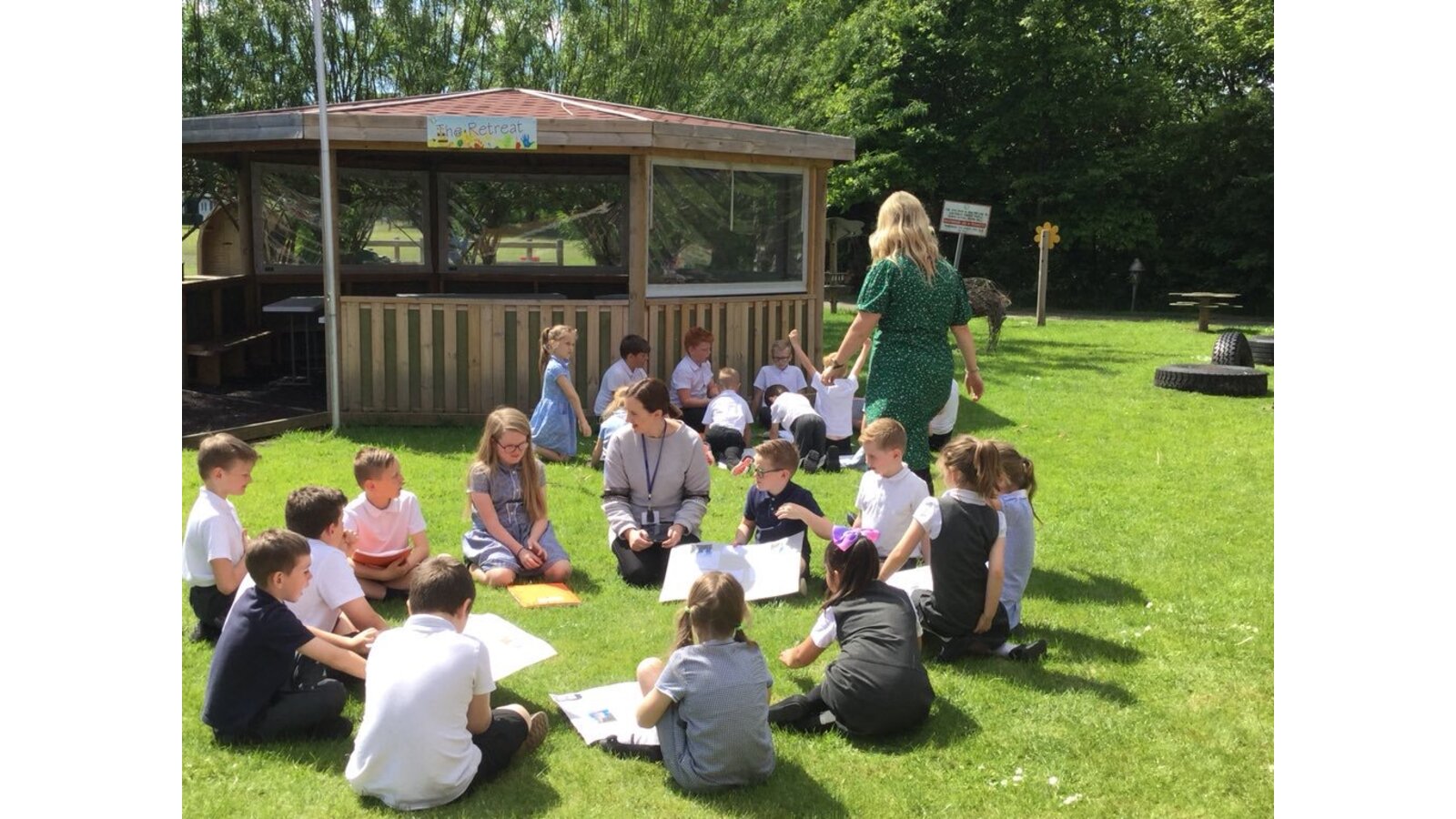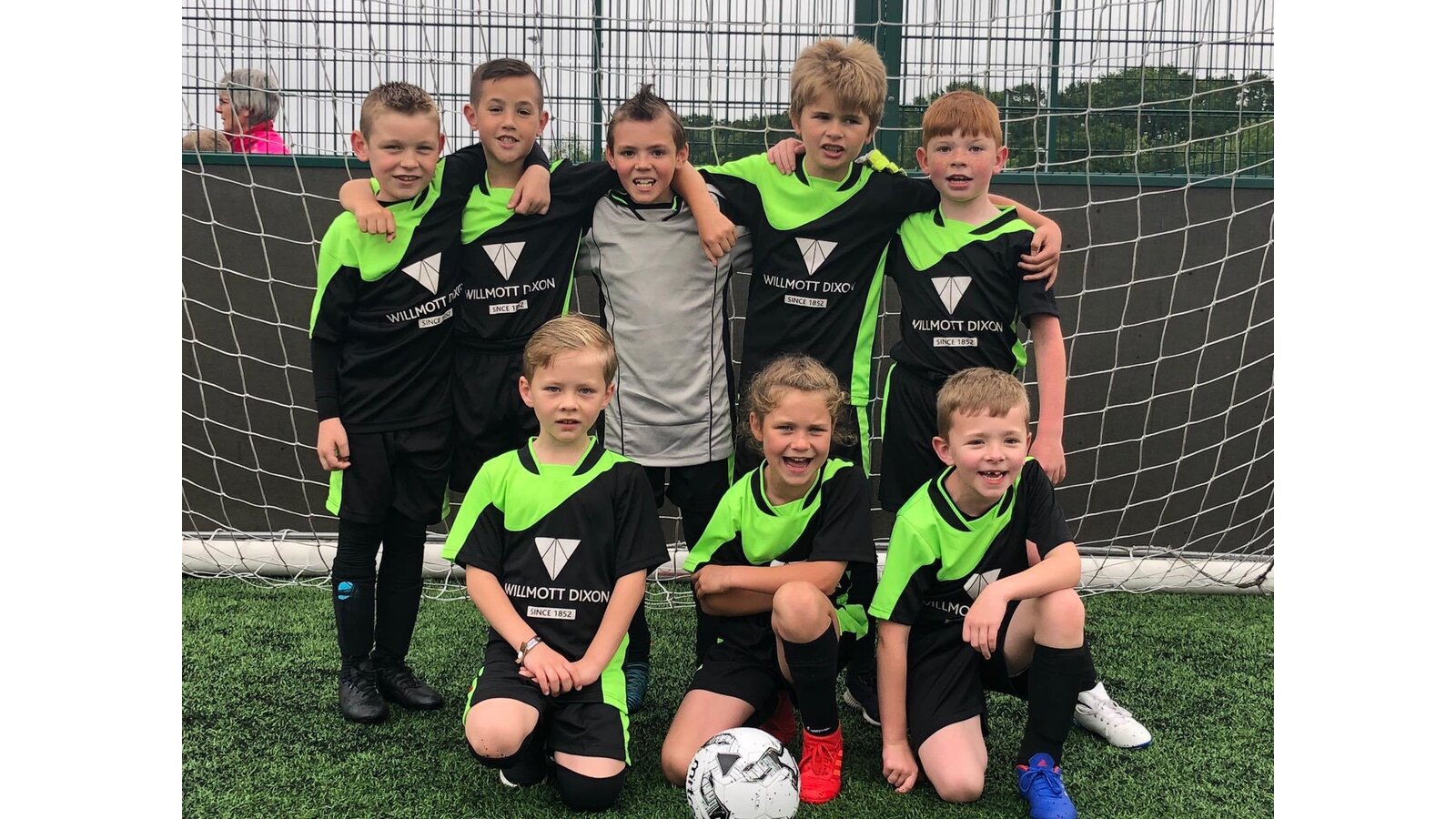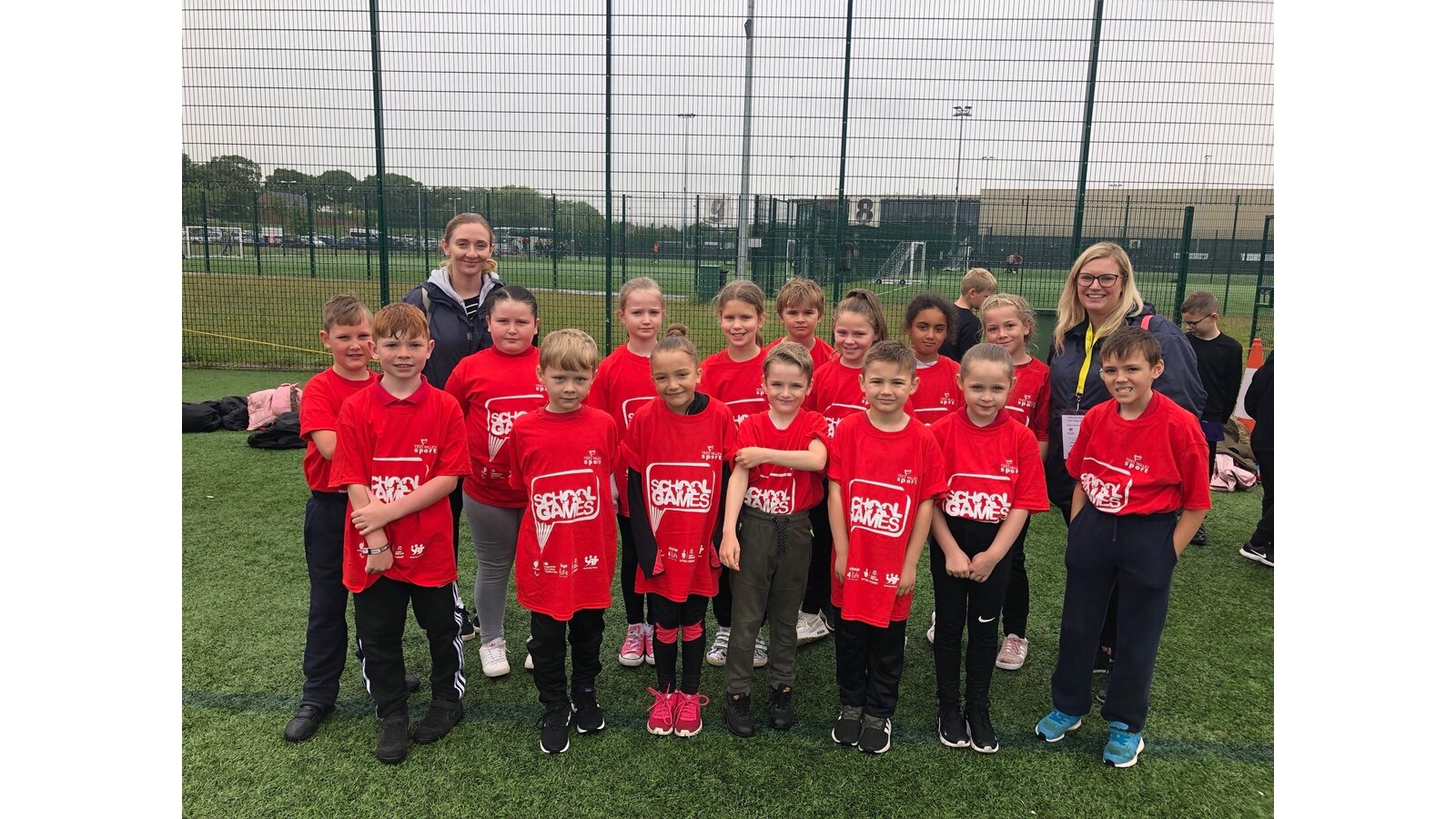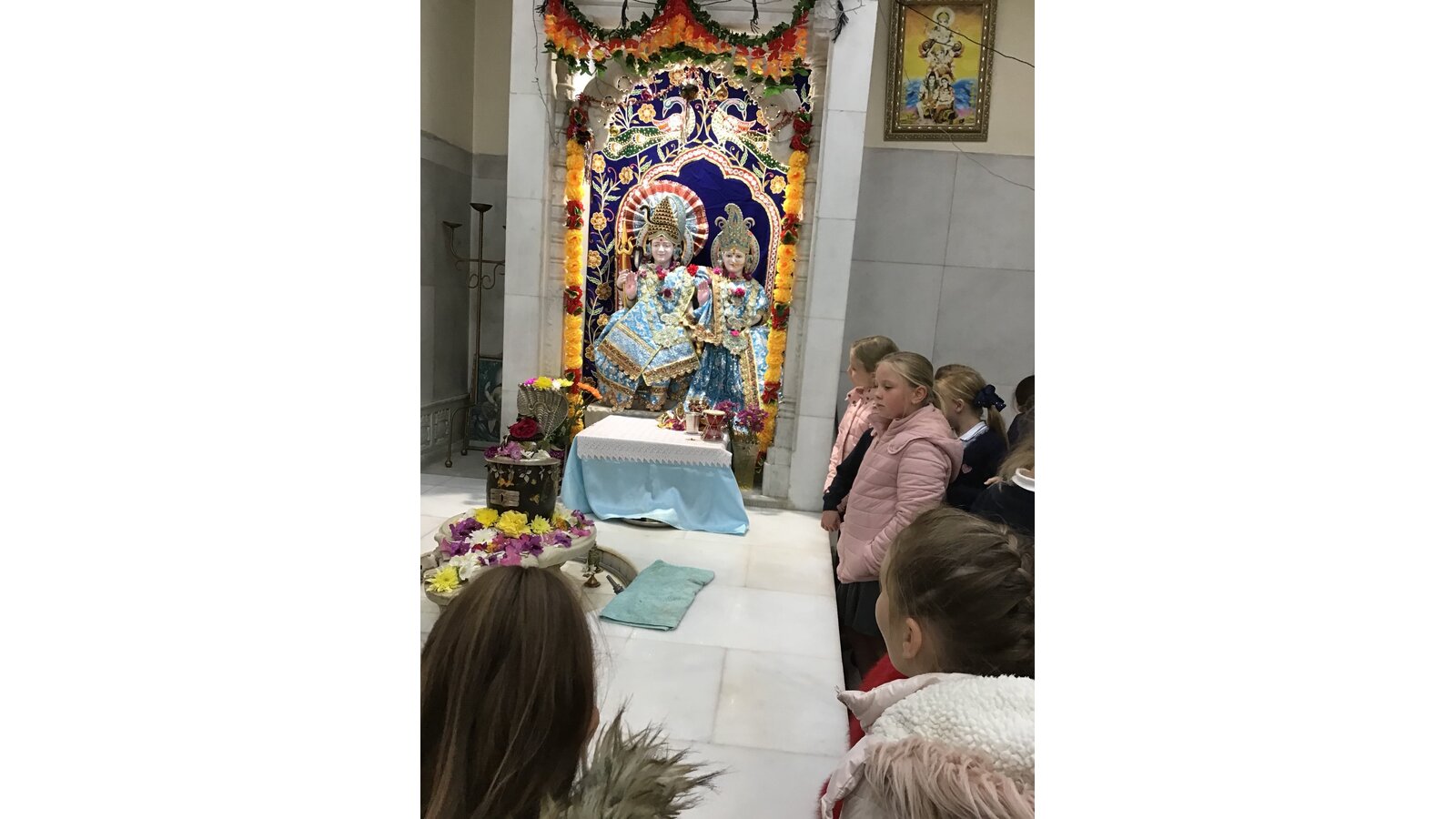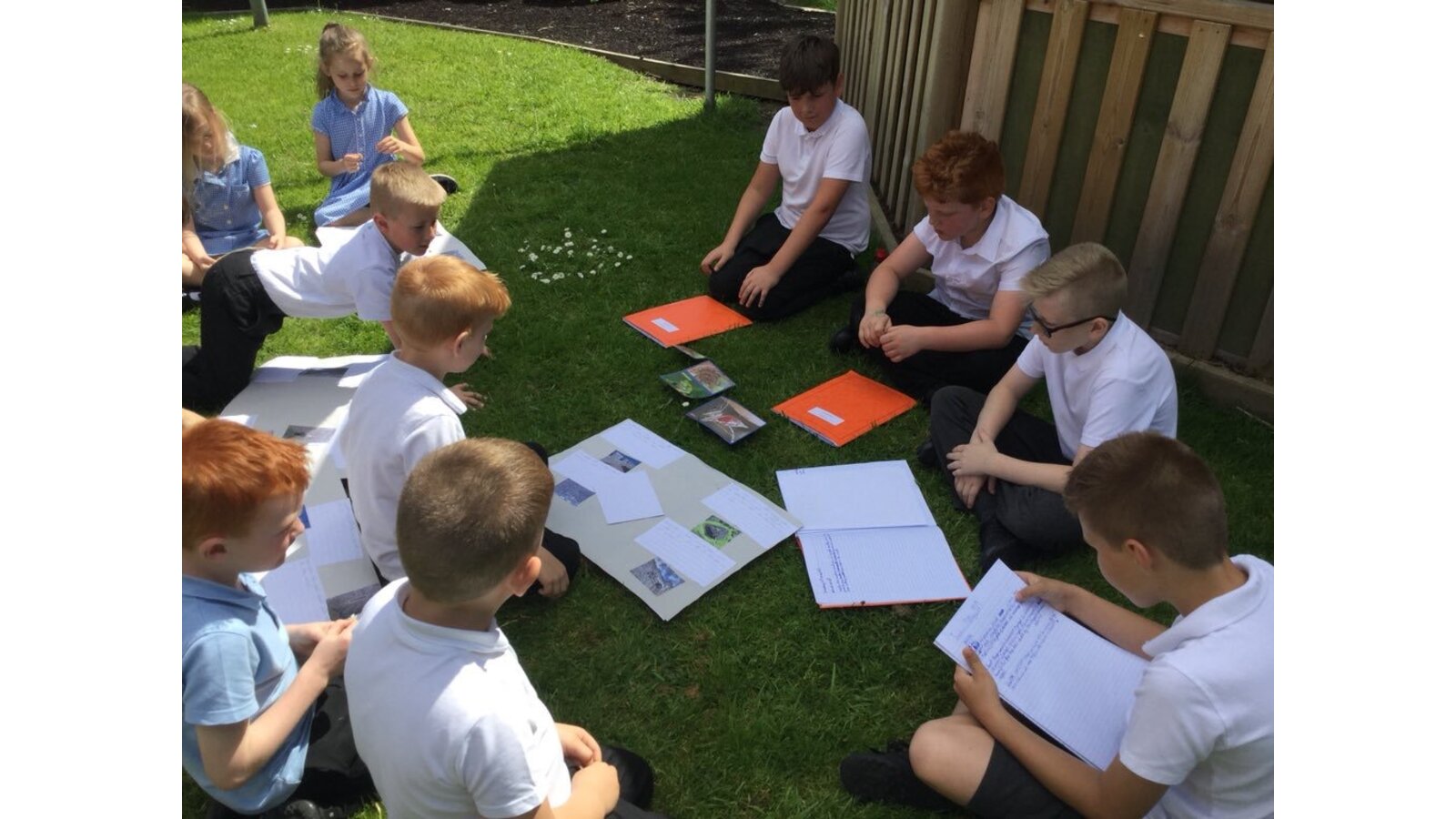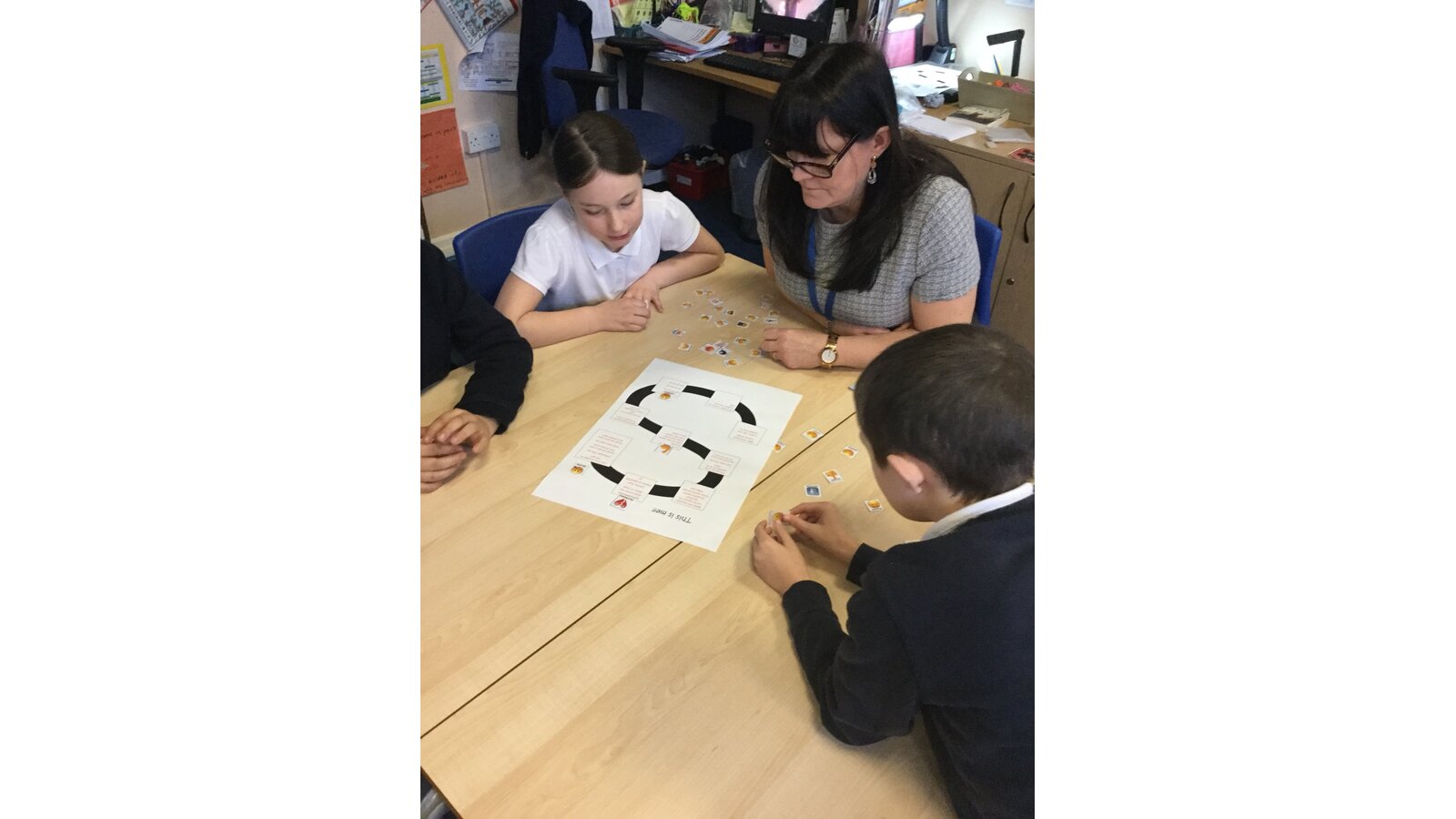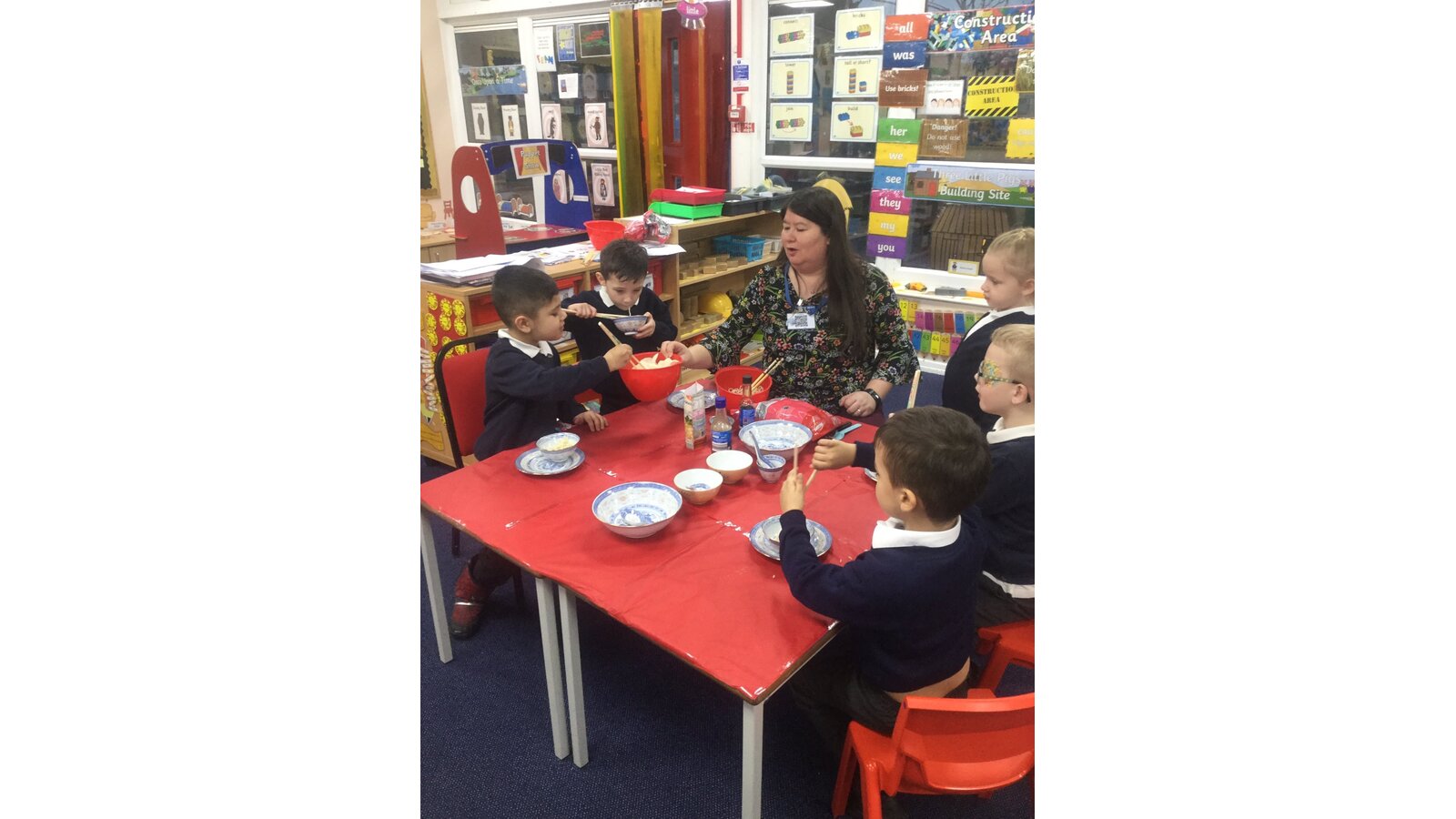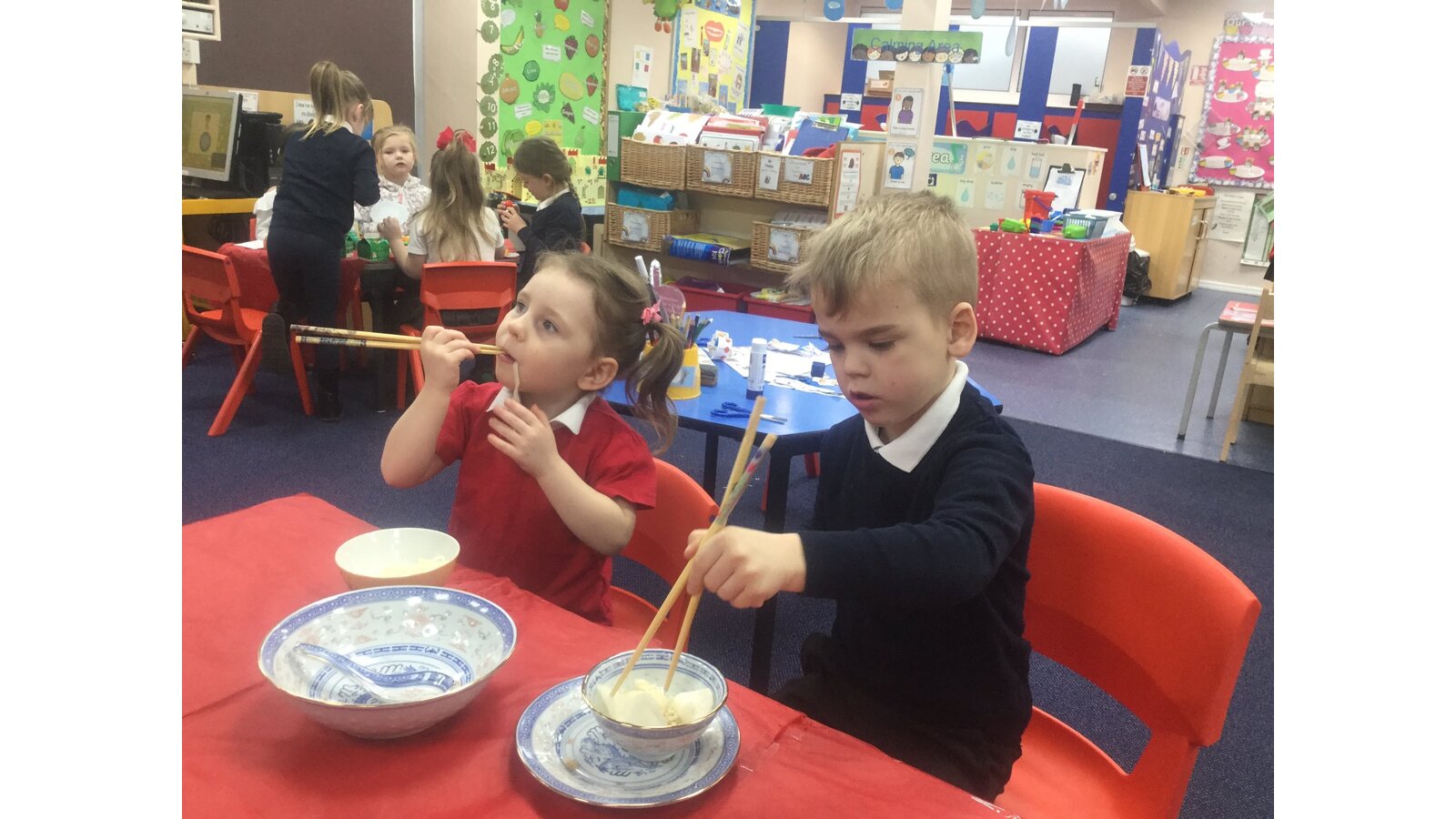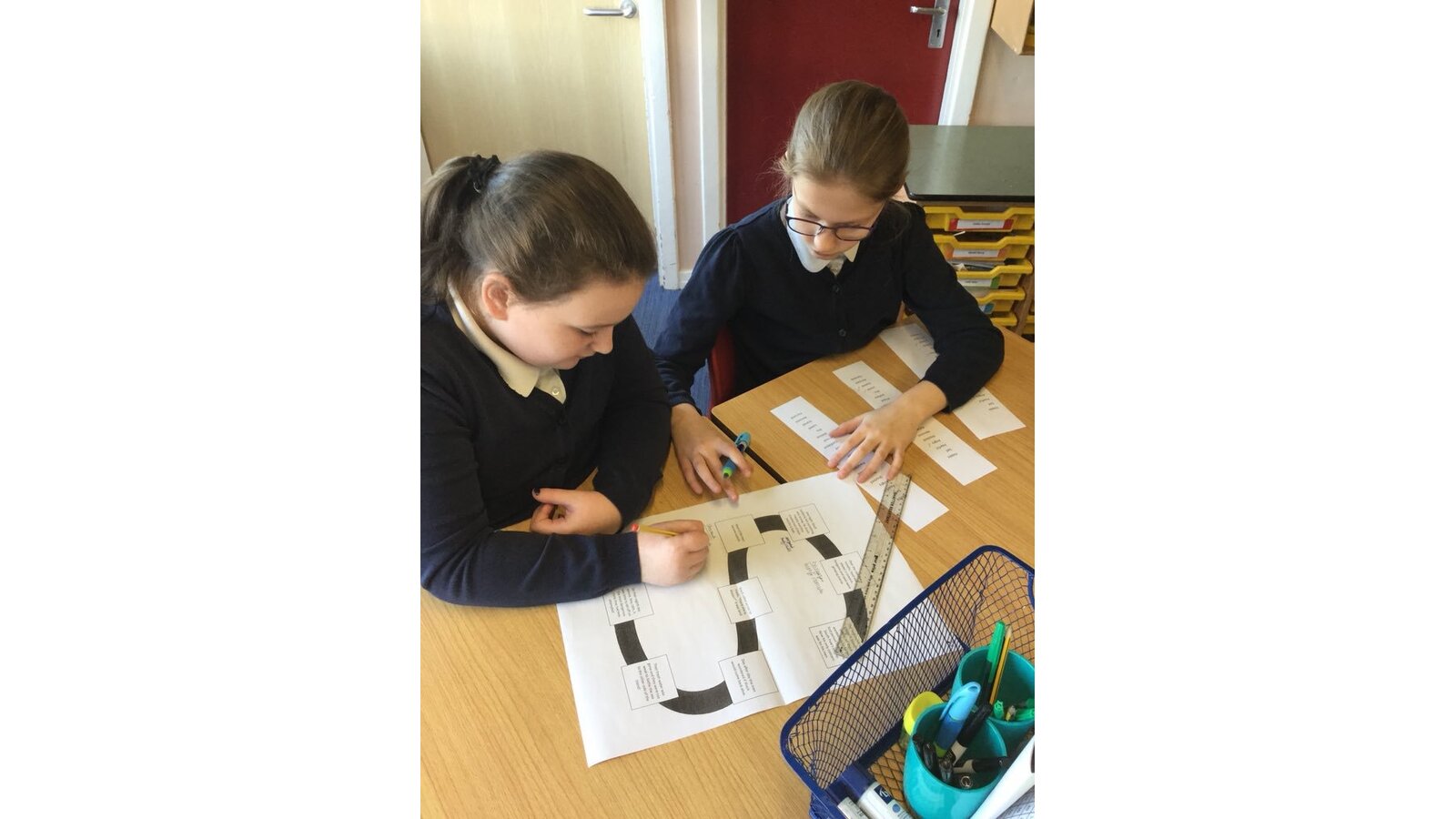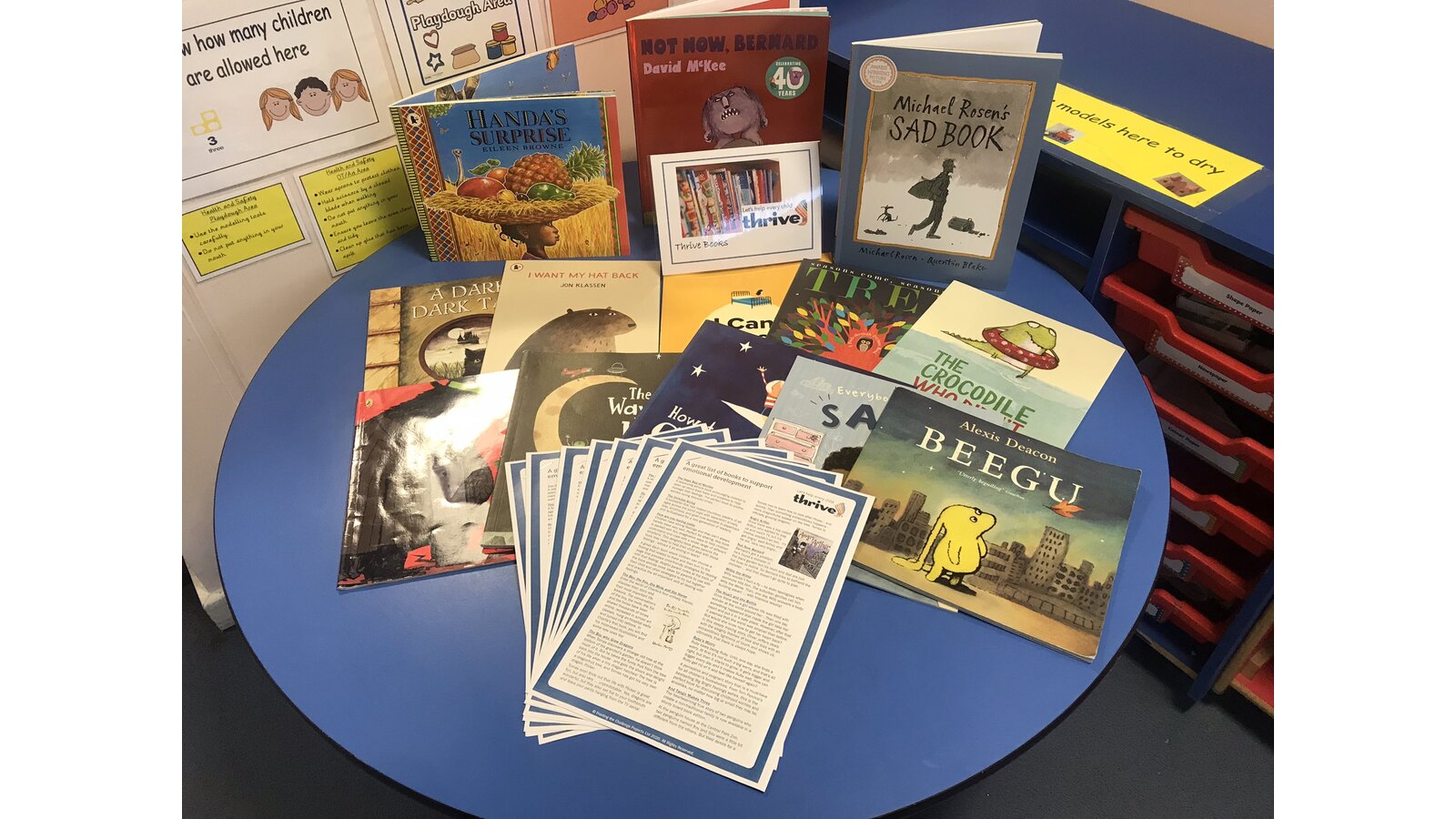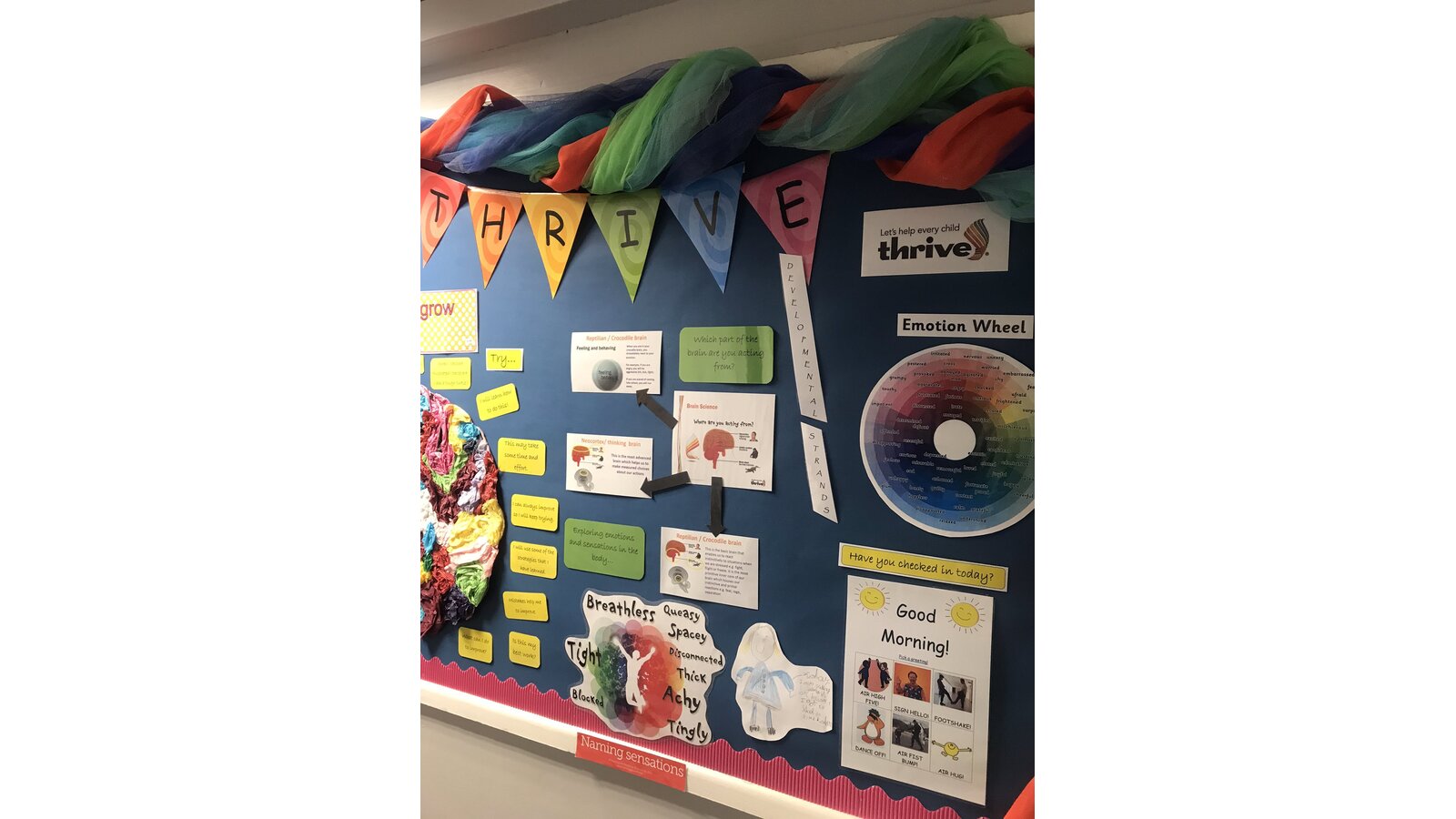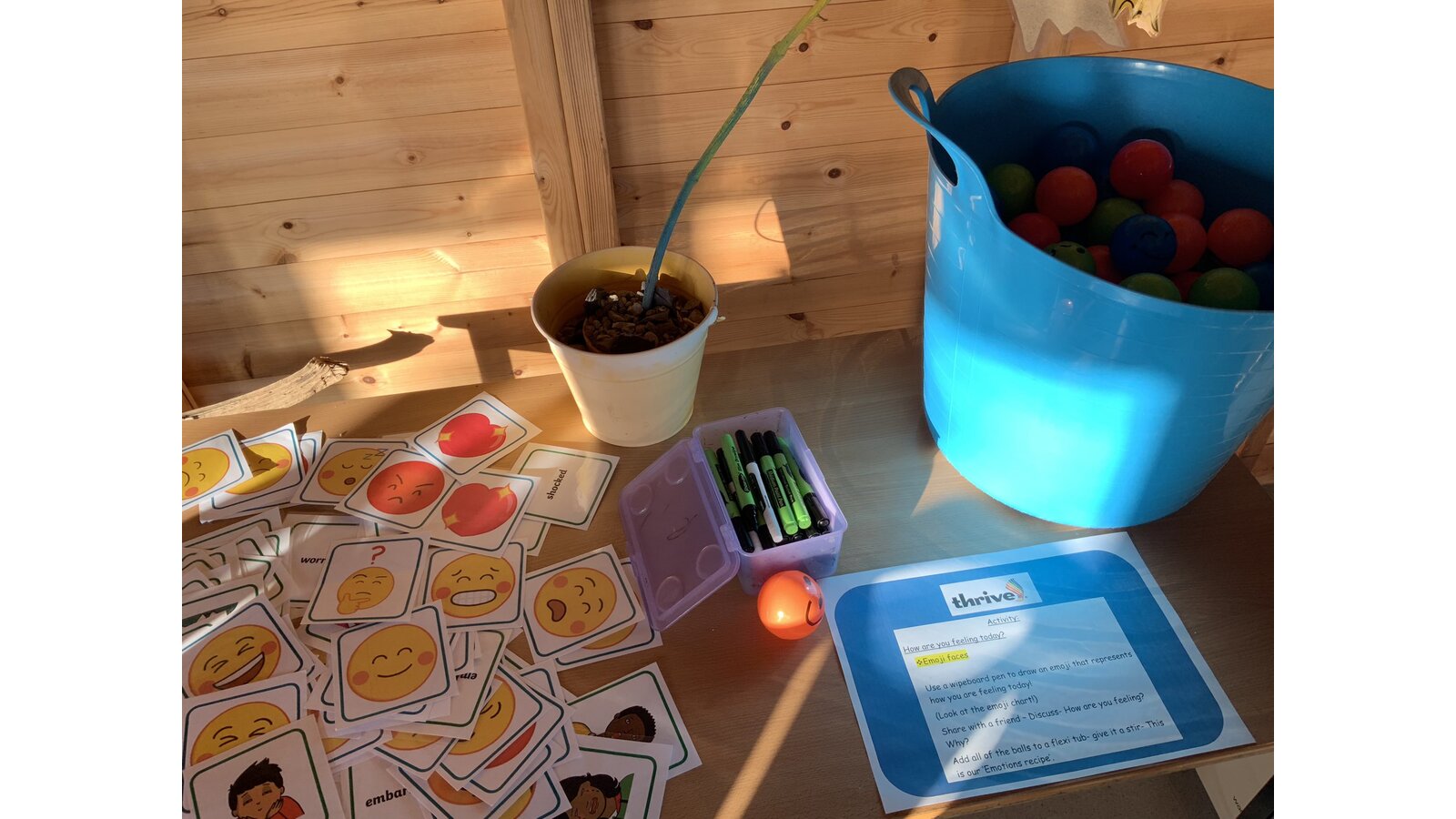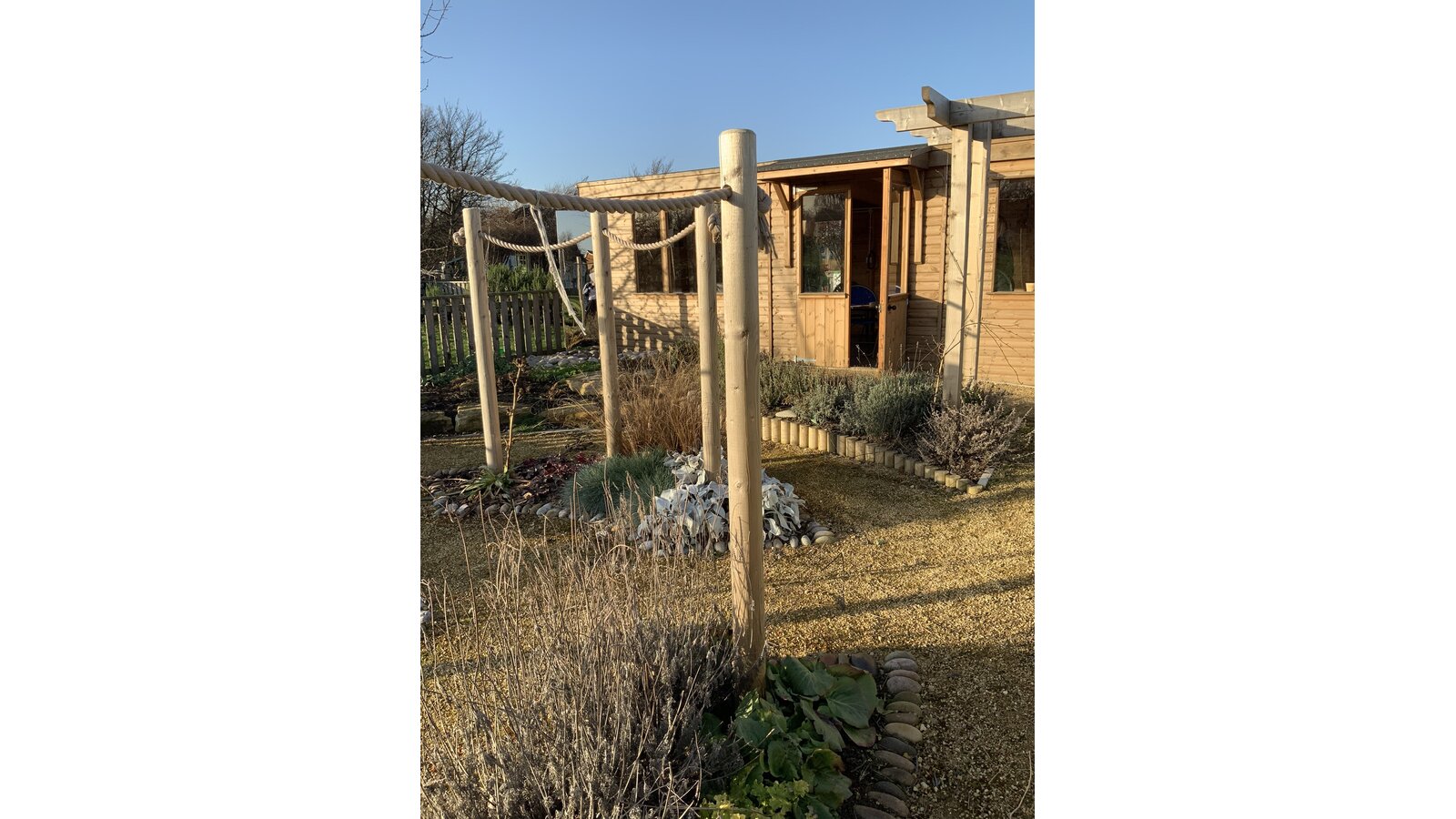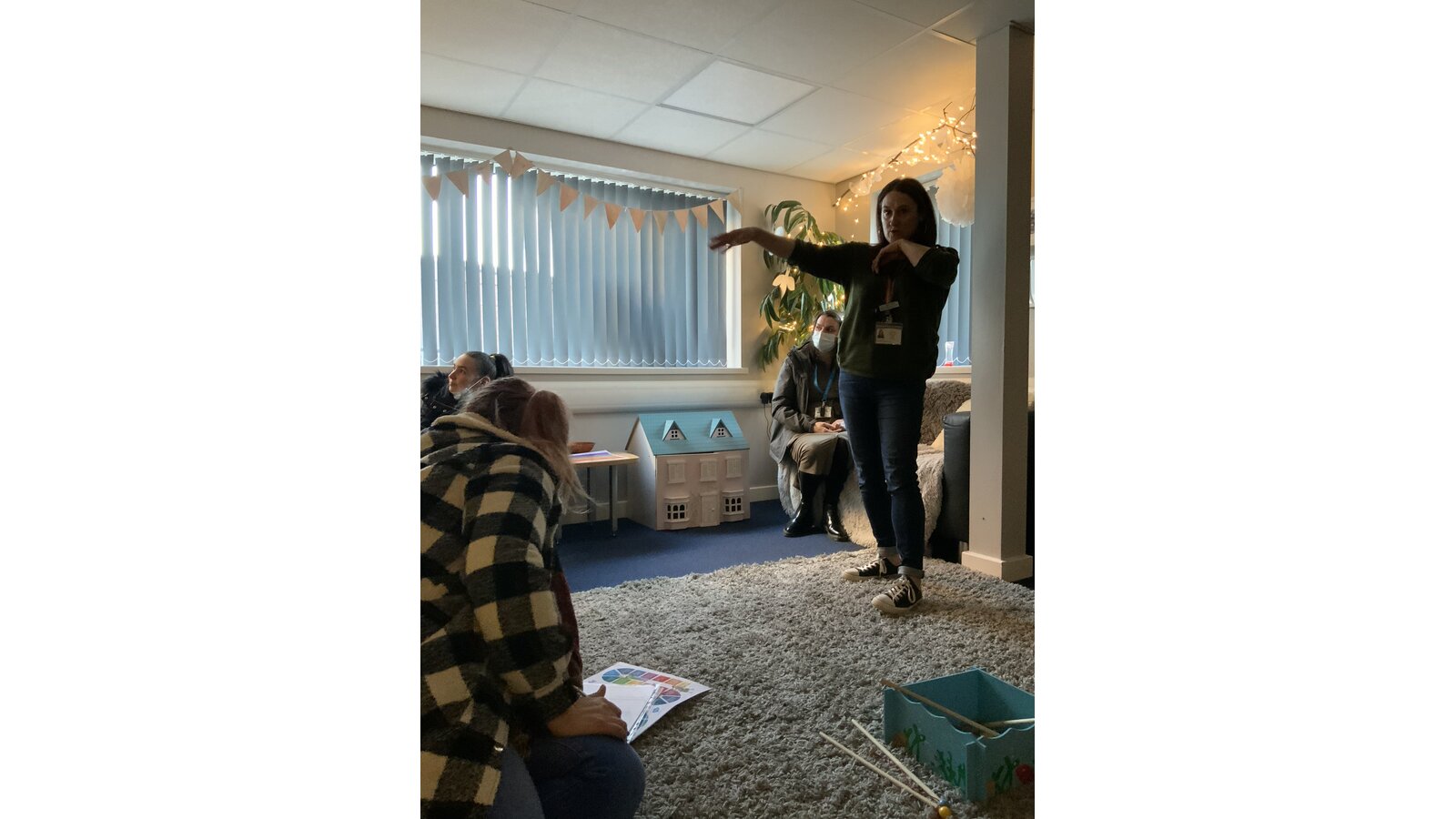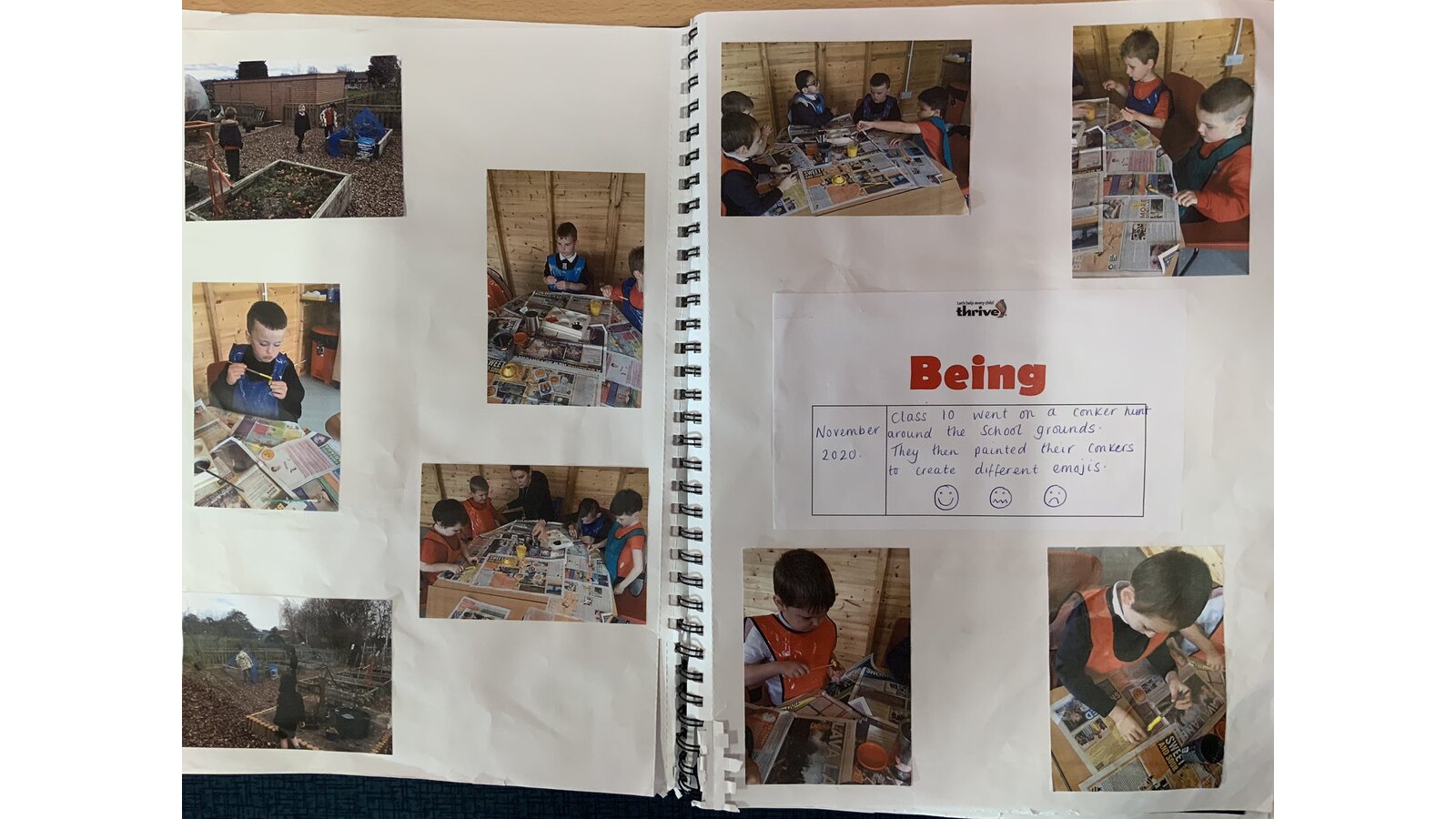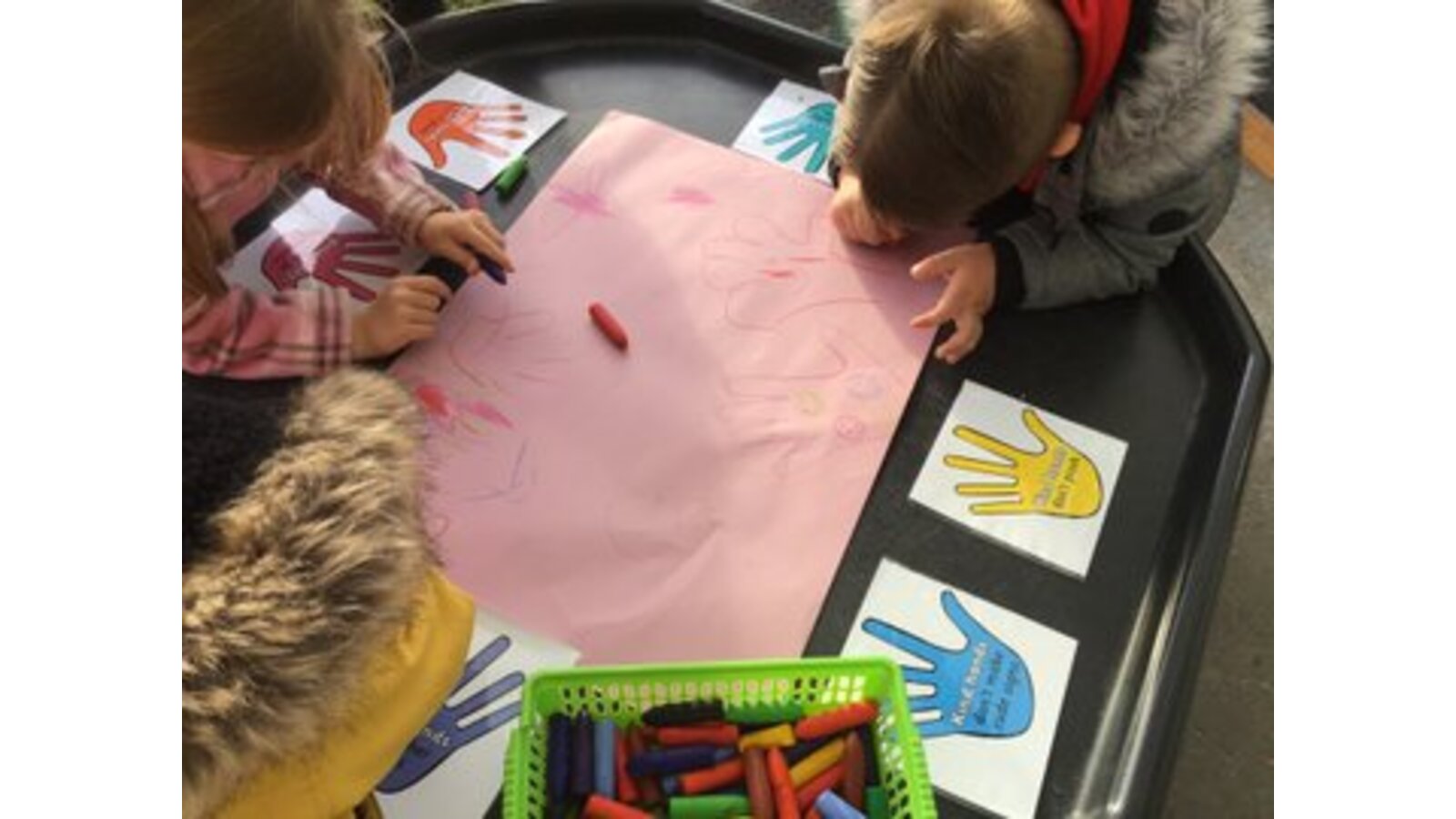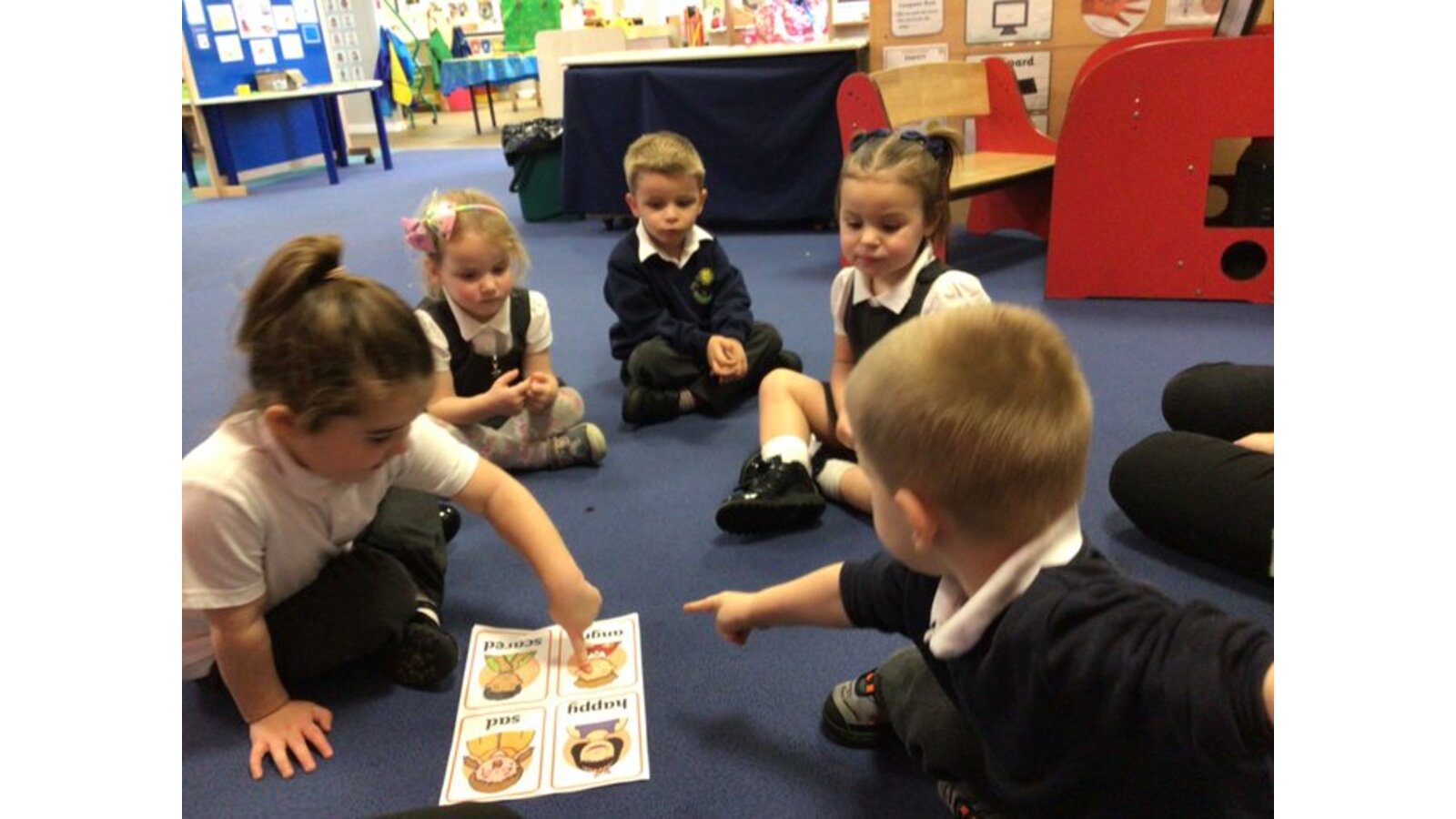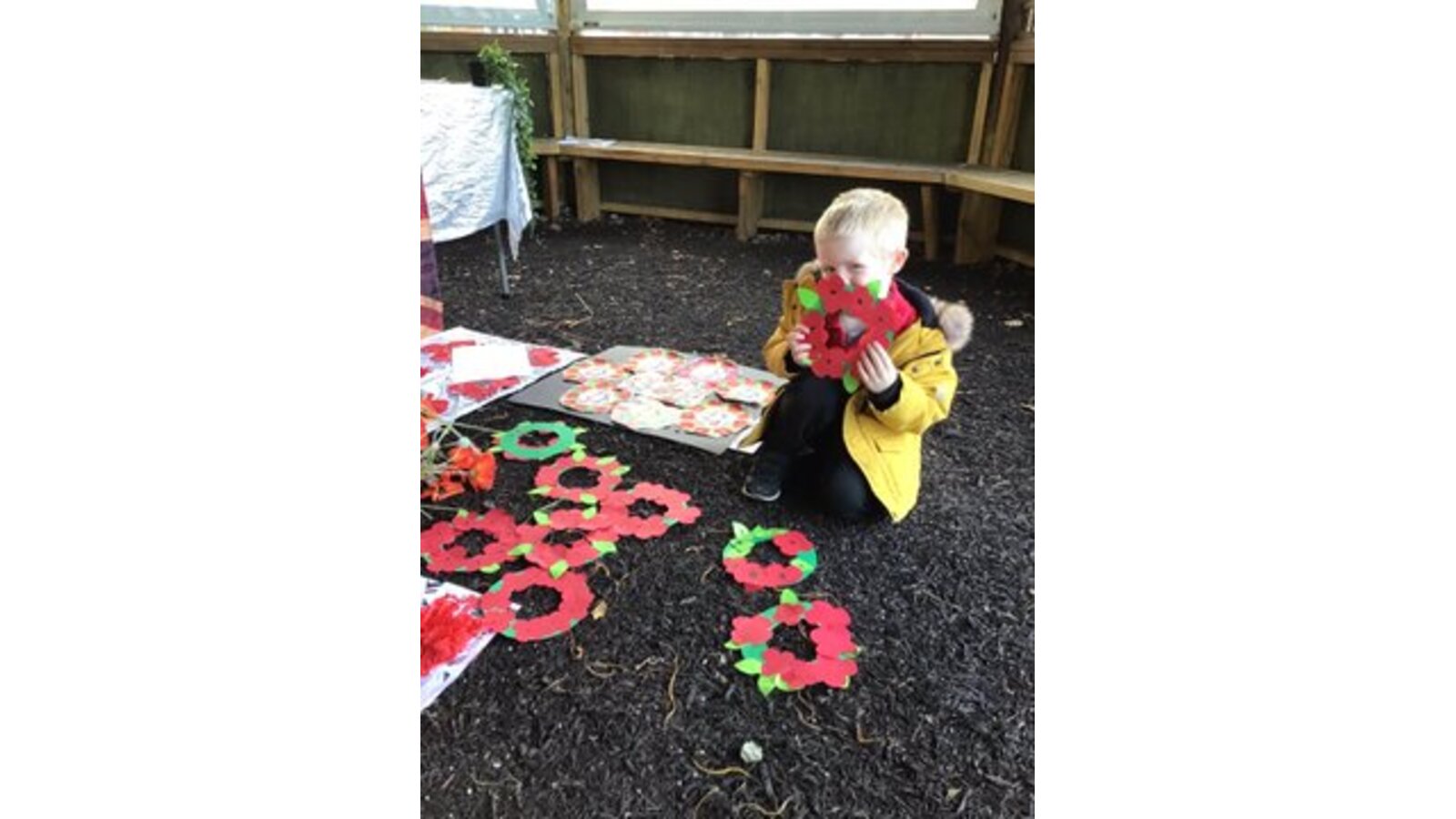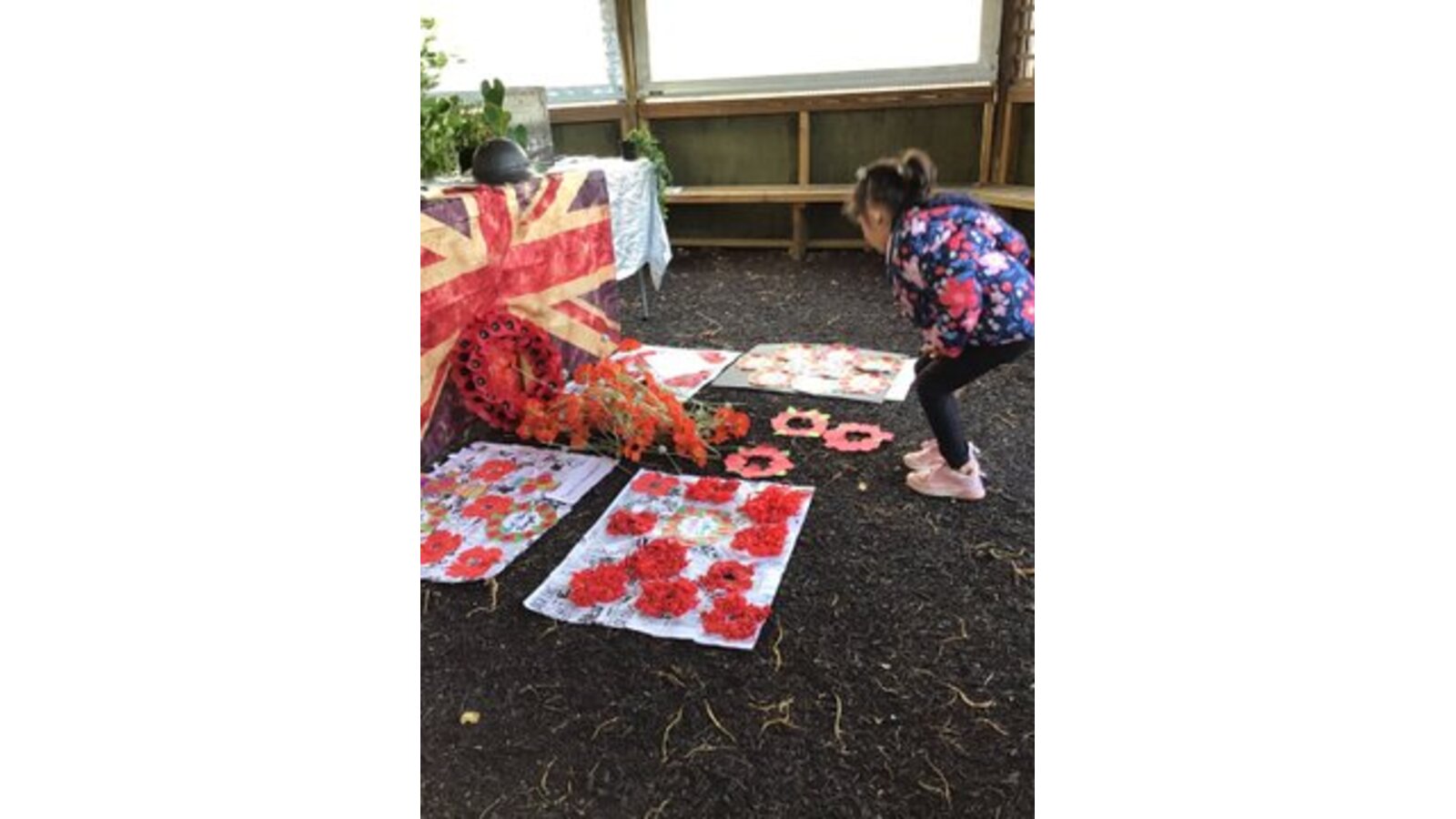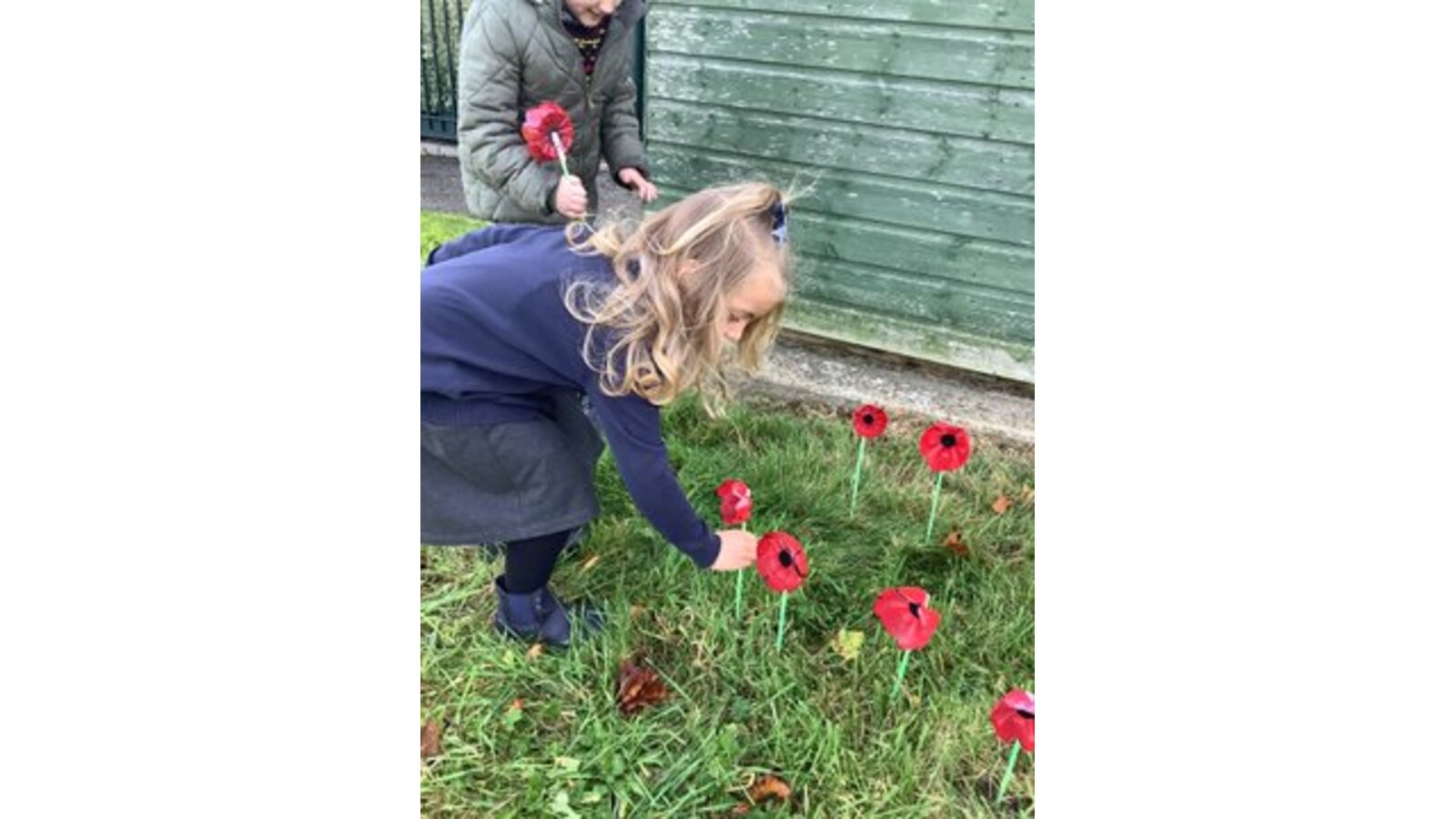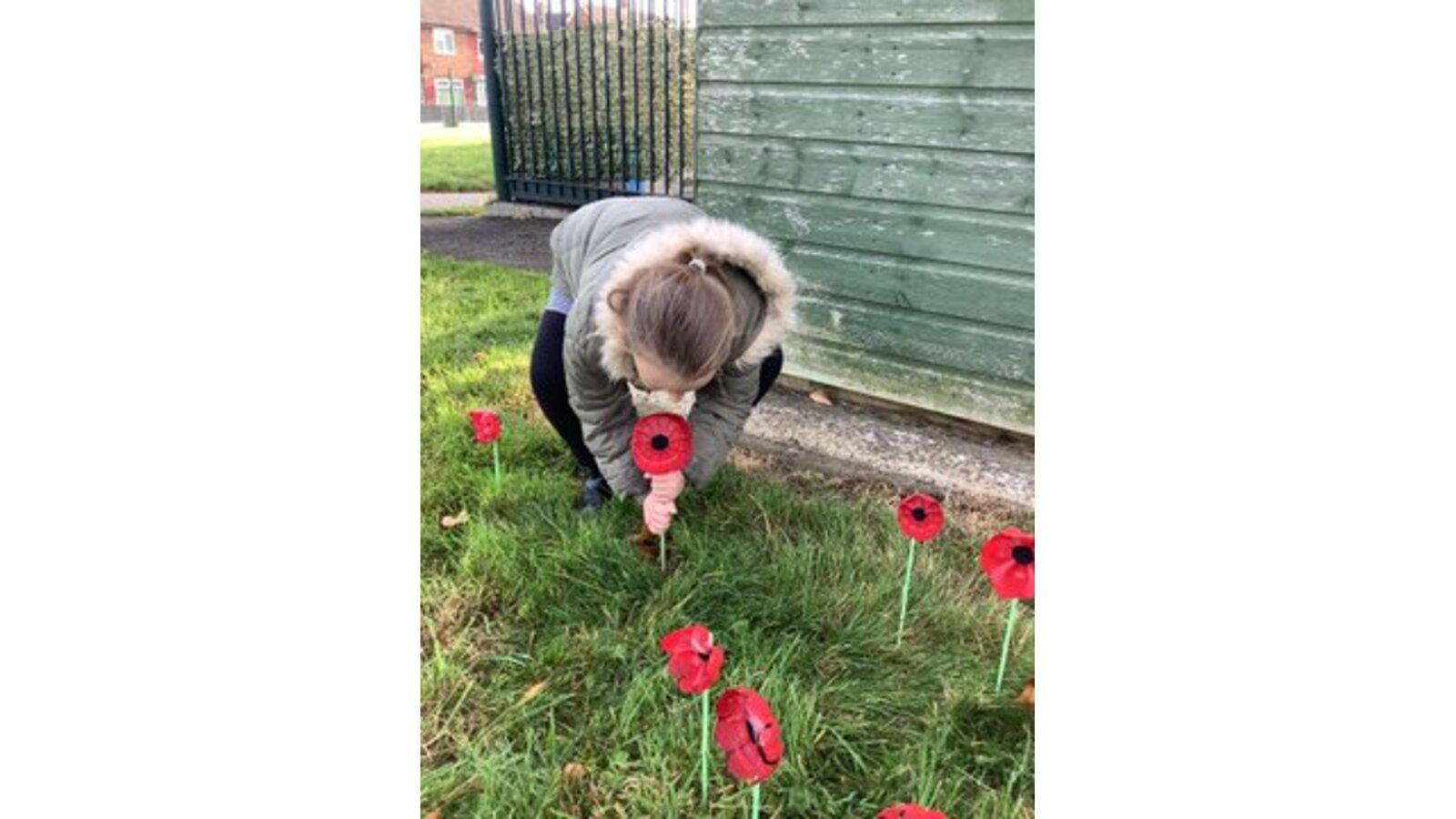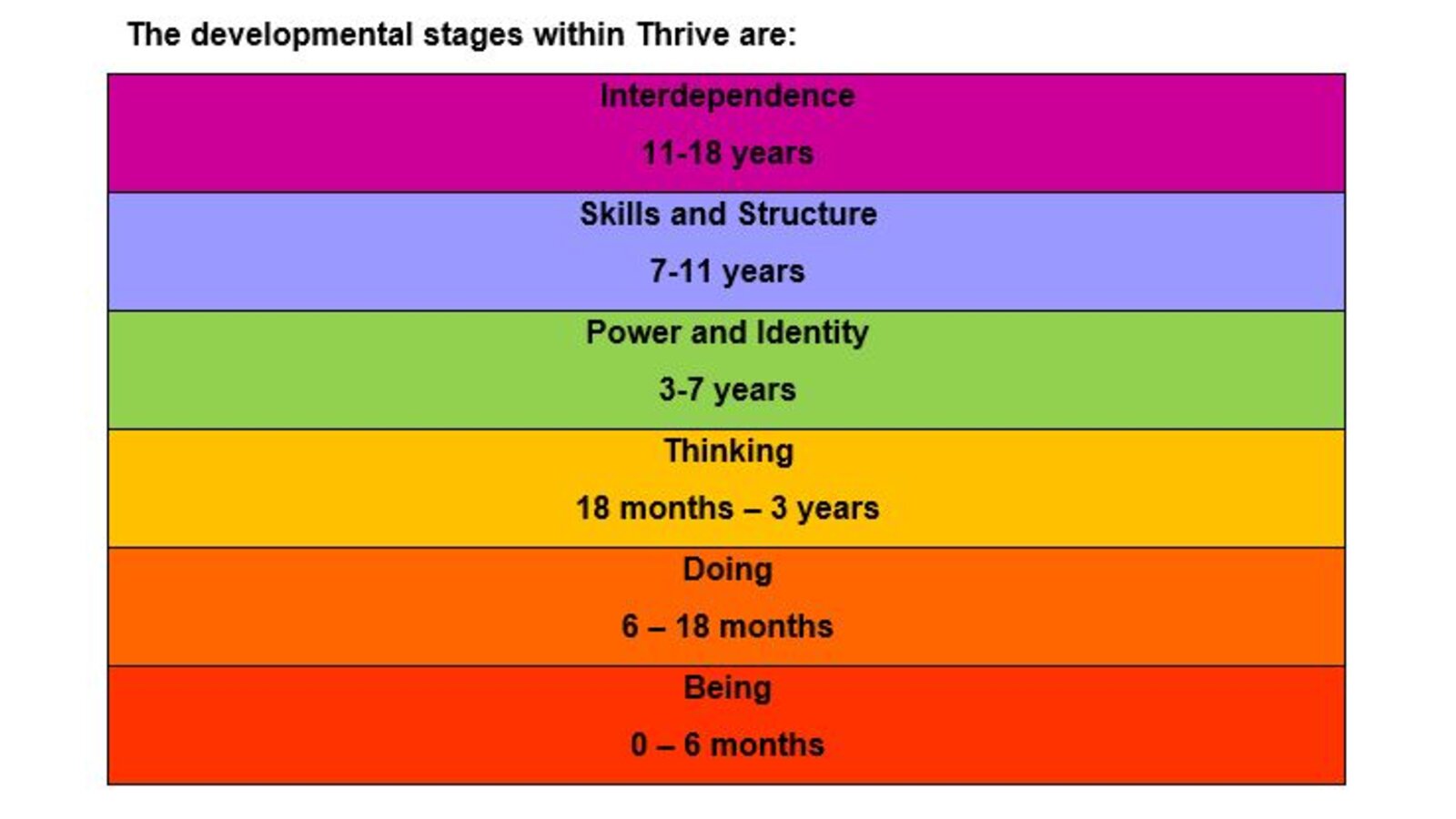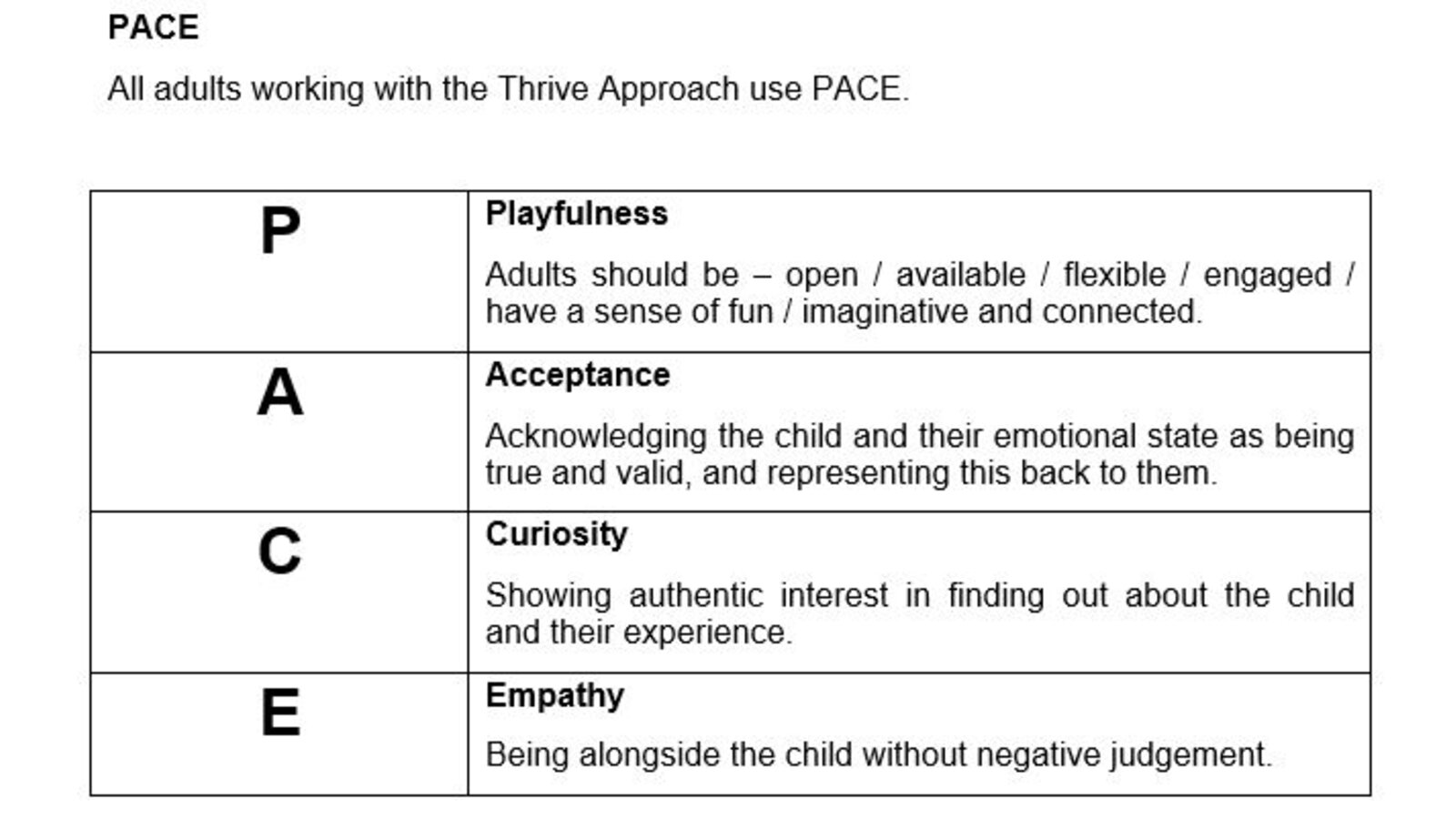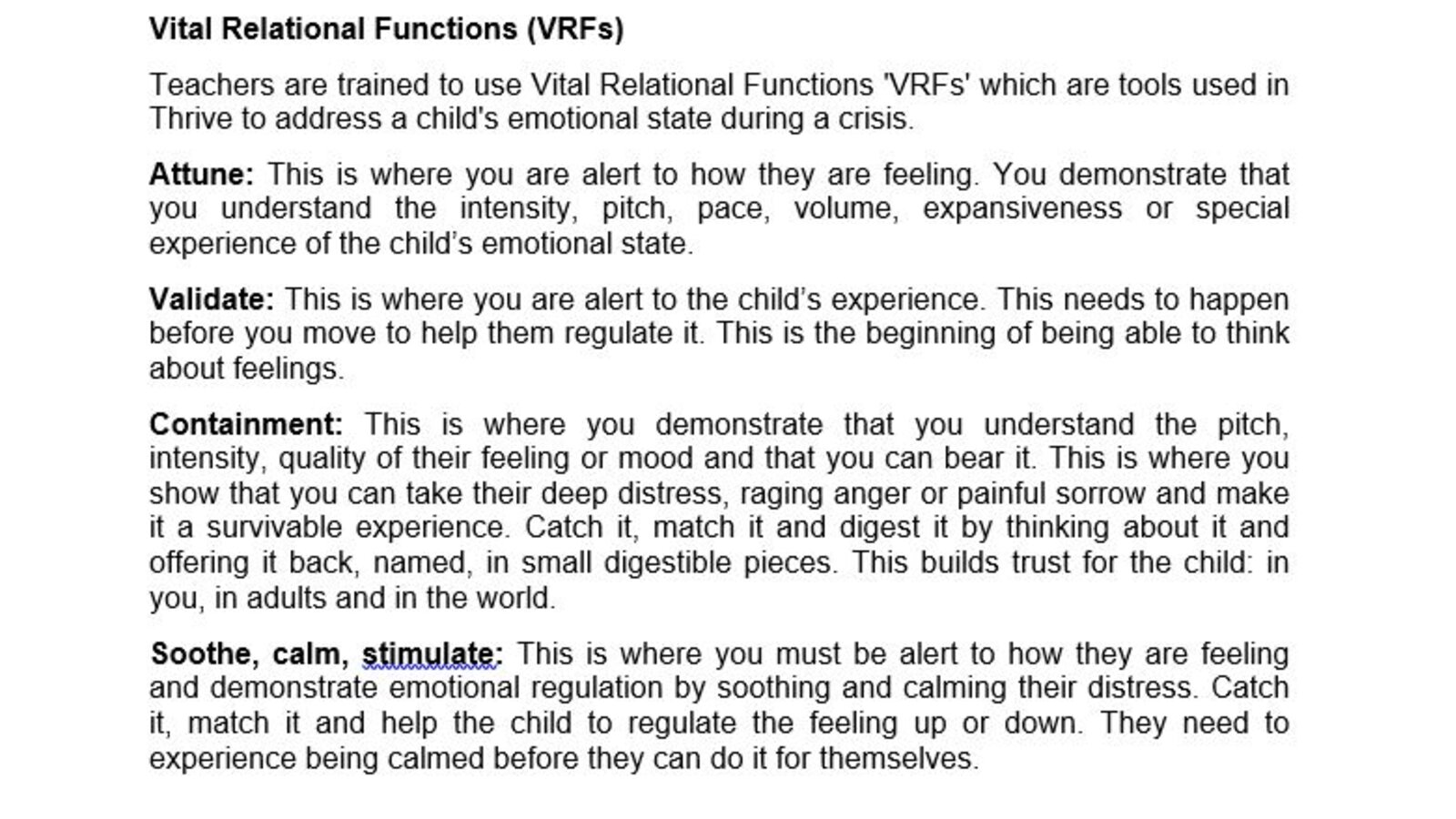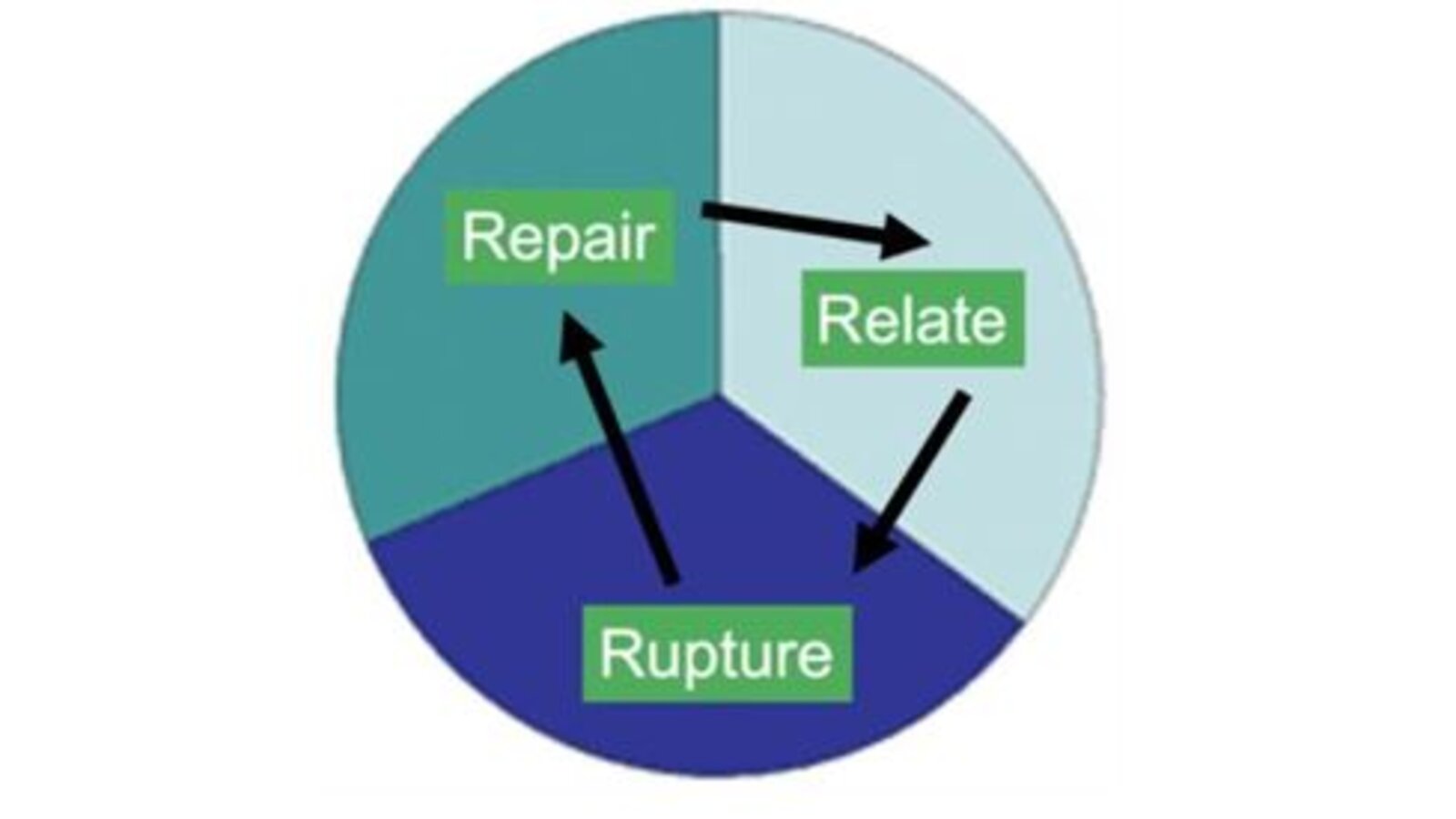
Our aim is for all children to become confident, successful, fluent readers, enabling them to access all areas of the curriculum and become lifelong readers and learners.
The development of reading at Easterside Academy is supported by Gough and Tunmer’s simple view of reading. Teachers also use the ‘Scarborough Reading Rope’ theory to support the teaching of reading.
Children will develop:
- Excellent phonic knowledge and skills.
- Fluency and accuracy in reading across a wide range of contexts throughout the curriculum.
- Knowledge and an extensive and rich vocabulary.
- An excellent comprehension of texts.
- The motivation to read for both study and for pleasure.
- Extensive knowledge through having read a rich and varied range of texts.
Early phonic teaching begins immediately when a child joins our Early Years setting, whether this be in nursery or reception. In Nursery the focus is on Phase One of Letters and Sounds which concentrates on developing children's speaking and listening skills and lays the foundations for phonic work where correspondence is made between phonemes (sounds) and graphemes (letters). The emphasis during Phase 1 is to get children attuned to the sounds around them and ready to begin developing oral blending and segmenting skills. There may be some children who are introduced and begin letter – sound correspondence in nursery. This is usually once a child has a secure knowledge and understanding of sounds and is able to begin to orally blend and segment.
In nursery children are taught how to handle books, that print carries meaning and begin to develop an understanding of story structure and characters through book talk and the reading and sharing of books.
The academy runs The Literacy Trust’s Early Words Together programme for all nursery children and their parent / carer.
https://literacytrust.org.uk/programmes/early-words-together/

From Reception onwards children receive daily, systematic, discrete phonic teaching sessions. We follow the ‘Sounds Write’ Phonic Programme. This is a highly structured, cumulative, sequential, explicit and code-oriented instructional programme for teaching all children to read and spell. The programme focuses on three key skills:
- Segmenting
- Blending
- Phoneme manipulation
And 4 key concepts:
- Letters are used to spell individual sounds. (Symbols for the sounds we make). What sound do you say for this?
- Each sound may be written in more than one way.
- Many sounds may be written in more than one way.
- Many spelling represent more than one sound.
This programme is introduced in YR, taught in KS1 and fine-tuned throughout the rest of Key Stage 2.
https://www.sounds-write.co.uk/
Please see the link below that takes you to a FREE parent / carer course / video explaining 'Sounds Write' and how to help your child read and write.
https://www.udemy.com/course/help-your-child-to-read-and-write/
Sounds Write continues into KS2 and is used as both an intervention for any child who has not acquired the expected phonic standard or needs additional support, as well as a whole class teaching tool for reading and spelling.
Phonic Policy
Our academy reading scheme begins with carefully selected decodable books which consolidate our early phonic teaching of the ‘Sounds~Write’ programme. We use the ‘Dandelion Launchers and Readers' scheme so that with step-by-step progression, the pupil succeeds at each level while learning the phonics needed to become a fluent reader. Confident readers will then move into the 'Oxford Reading Tree’ scheme.
Reading Scheme Progression
Reading skills and comprehension are taught explicitly through whole class, discrete lessons; guided group work and individual reading. Opportunity is also given for children to apply and practise skills regularly across all subjects. Our curriculum is vocabulary rich with children being exposed to ambitious language daily.
Quality reading texts are carefully selected to engage and enhance children’s interest and love of literature. These are linked to the half-termly topic ‘Enquiry Question’. The texts are often chosen from CLPE’s Power of Reading book lists along with their teaching sequences. These are adapted to support the delivery of our reading and wider curriculum.
https://clpe.org.uk/powerofreading
The academy is a named CLPE Associate School for its commitment to embedding the Power of Reading as part of our English Curriculum.
The reading curriculum is a progressive model so that by learning the content pupils will make good progress as they move through the school from Early Years to Year 6. Challenge is inherent because the ambition is high for when Easterside Academy pupils leave our school.
The academy has ensured there is a minimum entitlement of texts for all as they move through each phase of the school, to ensure that all children leave with a diet of varied texts and literary forms including fairy tales, rhymes, poetry, play scripts, traditional and contemporary fiction and non-fiction.
We recognise and value the importance of reading aloud, modelling book talk and sharing texts and do this regularly to promote and instil a love of reading for pleasure. Opportunities are provided for children to read texts they have chosen themselves from their stimulating reading area within their own classroom or school library.
There is an expectation that children read regularly at home with an adult as well as at school and record this in their home-school reading diary. The academy provides opportunities for parents / carers to come into school and work alongside staff and pupils to engage in reading activities e.g. Early Words Together, Stay and Play, Open Mornings, Book Events etc.
Reading in Early Years
Core Texts Y1 - Y6
At Easterside Academy, our pupils will receive a stimulating and enriching experience in English, developing the skills necessary to master the English Programme of Study. Our aim is for children to leave school being able to write with confidence and accuracy for a variety of purposes and audiences whilst developing their own individual flair.
Through our curriculum, we will help children develop the skills and knowledge that will enable them to communicate effectively and creatively through spoken and written language and equip them with the skills to become lifelong learners.
Our writing curriculum is designed to turn enthusiastic readers into writers who keenly express their thoughts, ideas and analyses into texts across a range of genres. Writing is taught using Power of Reading books and high quality topic related texts. Lessons are delivered with enthusiasm and confidence from a love of the texts.
Children will:
- be immersed in high quality literature
- have experience of a breadth of texts including those that are visual and digital
- be provided with meaningful opportunities to write for real purposes and audiences and to respond to writing as a reader
- develop an understanding of the craft of writing by engaging meaningfully with professional authors and their processes
- be immersed in the process of writing authentically through modelling
- develop their own authentic voice
- have time and space to develop their own ideas in writing
- build imagination and given time for oral rehearsal
- be taught phonics, grammar and spelling which is embedded in context
- have their writing celebrated writing authentic publication and presentation
Each Power of Reading text will have a grammar, punctuation and spelling focus. Teachers will also teach these elements in discrete lessons to consolidate learning.
https://clpe.org.uk/powerofreading
The spoken word is paramount in forming foundations for writing and promoting reading and writing, including children’s understanding of how to shape and refine their work and employ spelling conventions and Standard English. Pupils are encouraged to participate in discussion and debate, asking and answering questions readily. We aim to provide all pupils with opportunities to develop skills and knowledge associated with drama.
We also adapt the Talk for Writing approach which enables children to read and write independently for a variety of audiences and purposes within different subjects. A key feature is that children internalise the language structures needed to write through ‘talking the text’, as well as close reading. The approach moves from dependence towards independence, with the teacher using shared and guided teaching to develop the ability in children to write creatively and powerfully.
Improving young children’s vocabulary is of high priority.
We aim to:
- provide children with a rich language environment (implicit approaches) as well as directly extending children’s vocabulary (explicit approaches);
- carefully select high-frequency words for explicit teaching (see Figure 1);
- developing the number of words children know (breadth) and their understanding of relationships between words and the contexts in which words can be used (depth); and
- provide multiple opportunities to hear and use new vocabulary.

English - When I leave Easterside Academy I will...
Writing in Early Years
Spoken Language in Early Years
Whole School Curriculum
Maths is a creative and highly inter-connected discipline that has been developed over centuries, providing the solution to some of history’s most intriguing problems. It is essential to everyday life, critical to science, technology and engineering, and necessary for financial literacy and most forms of employment. Here at Easterside Academy, we strive to provide high-quality mathematics education which provides a foundation for understanding the world, the ability to reason mathematically, an appreciation of the beauty and power of mathematics, and a sense of enjoyment and curiosity about the subject.
Maths lessons at Easterside Academy follow the National Curriculum aims to ensure that all pupils:
- Become fluent in the fundamentals of mathematics, including through varied and frequent practice with increasingly complex problems over time, so that pupils develop conceptual understanding and the ability to recall and apply knowledge rapidly and accurately.
- Reason mathematically by following a line of enquiry, conjecturing relationships and generalisations, and developing an argument, justification or proof using mathematical language
- Can solve problems by applying their mathematics to a variety of routine and non-routine problems with increasing sophistication, including breaking down problems into a series of simpler steps and persevering in seeking solutions.
Below are the mathematical objectives your child will be covering in school this year:
Maths knowledge and understanding is centred on nine key concepts:
|
Know and use numbers This concept involves understanding the number system and how they are used un a variety of mathematical ways. |
Add and subtract This concept involves understanding both the concepts and processes of addition and subjection. |
Multiply and divide This concept involves understanding both the concepts and processes of multiplication and division. |
|
Use fractions This concept involves understanding the concept of part and whole and ways of calculating using it. |
Understand the properties of shapes This concept involves recognising the names and properties of geometric shapes and angles. |
Describe position, direction and movement This concept involves recognising various types of mathematical movements. |
|
Use measures This concept involves becoming familiar with a range of measures, devices used for measuring and calculations. |
Use statistics This concept involves interpreting, manipulating and presenting data in various ways. |
Use algebra This concept involves recognising mathematical properties and relationships using symbolic representations. |
As a school we use White Rose Maths progression and as we recognise it’s limitations, we supplement it with additional resources.
Staff adapt to meet the needs of the pupils and close gaps.
Maths is taught daily through daily Maths lessons as well as through other subjects within the curriculum, in a ‘cross-curricular’ approach. This allows children to make connections and links, whilst applying their mathematical skills and knowledge to a wide range of contexts, problems and real life situations.
At Easterside Academy we aim to develop ’problem solving mathematicians’. We employ a mastery approach towards the teaching of maths which keeps classes together on the same content at the same time. This ensures that all of our pupils have the opportunity to master the curriculum and for some to gain a greater depth of understanding. During lessons, we challenge our children by digging deeper into mathematical concepts and ideas rather than moving children onto new content.
Within maths, we use concrete apparatus (things pupils can touch, hold and manipulate) and visual representations, including ‘Bar Modelling’ to help children to picture and internalise mathematical ideas. We hope that the consistent use of these apparatus and representations will help our pupils gain the confidence needed to become independent learners and problem solvers.
|
Four Rules Our pupils regularly have the opportunity to practise their written calculations. During Four Rules, children practise solving calculations involving the four operations (addition, subtraction, multiplication and division). Children in our school begin by using number lines, before progressing to the formal written methods, once they have a secure understanding of the calculations. |
|
Times Table Rock Stars We recognise how fundamental times table recall speed is to later success in maths lessons. In order to engage children in daily practice, we use a programme called Times Table Rockstars. Each week, children concentrate on a different times table whilst consolidating tables they have already learned. Children use a combination of online and paper practice to improve their recall speed whilst battling fellow rockstars in the school! |
Our aim is for all pupils to see themselves as mathematicians and have a real passion for the subject, and an enthusiastic engagement in its teaching and learning.
We do this through an active curriculum that incorporates the outdoors where possible; providing our pupils with ‘memorable’ experiences and visits; as well as regular opportunities to work together collaboratively.
Maths Outcomes
Maths in Early Years
Maths Curriculum Y1 - Y6
Maths Non-Negotiables
Maths Year 1 Overview
Maths Year 2 Overview
Maths Year 3 Overview
Maths Year 4 Overview
Maths Year 5 Overview
Maths Year 6 Overview
Addition and Subtraction Calculation Policy
Multiplication and Division Calculation Policy
Science is a body of knowledge built up through discovering the world around us, through exploring, asking questions, observing, testing and developing ideas.
In order to develop the ability to work scientifically and think independently our curriculum is underpinned by eleven key concepts supporting biology, chemistry and physics:
|
Work scientifically This concept involves learning the methodologies of the discipline of science. |
|
Understand plants This concept involves becoming familiar with different types of plants, their structure and reproduction. |
|
Understand animals and humans This concept involves becoming familiar with different types of animals, humans and the life processes they share. |
|
Investigate living things This concept involves becoming familiar with a wider range of living things, including insects and understanding life processes. |
|
Understand evolution and inheritance This concept involves understanding that organisms come into existence, adapt, change and evolve and become extinct. |
|
Investigate materials This concept involves becoming familiar with a range of materials, their properties, uses and how they may be altered or changed. |
|
Understand movement, forces and magnets This concept involves understanding what causes motion. |
|
Understand the Earth’s movement in space This concept involves understanding what causes seasonal changes, day and night. |
|
Investigate light and seeing This concept involves understanding how light and reflection affect sight. |
|
Investigate sound and hearing This concept involves understanding how sound is produced, how it travels and how they are heard. |
|
Understand electrical circuits This concept involves understanding circuits and their role in electrical applications. |
Science is taught weekly however can be taught more frequently if directly linked to the topic enquiry question. Here a ‘cross-curricular’ approach may also be used in order to support and develop links with and across other subjects. Children are encouraged to apply skills from other subjects e.g. Maths, English, ICT. Careful thought has been placed upon the sequencing of content so that pupils build upon prior learning and make connections. The curriculum has been specifically designed in this way to allow for a greater number of opportunities for children to deepen their scientific knowledge and understanding, promoting critical thinkers and ensuring pupils know and remember more. The curriculum is a progressive model so that by learning the content pupils will make good progress as they move through the school from Early Years to Year 6. Challenge is inherent because the ambition is high for when Easterside Academy pupils leave our school.
Our aim is for all pupils to see themselves as scientists and have a real lasting passion for science and its application in past, present and future technologies. Our curriculum plans in regular opportunities for pupils to work in the school grounds, local environment, as well as further afield in order to enhance their fieldwork and develop their scientific knowledge and skills. As an academy we actively seek the support and involvement of industry, STEM and further education in order to further motivate and engage pupils.
Through our curriculum children gain confidence and competence in generating questions, taking the initiative in planning and carrying out scientific investigations. They develop excellent scientific knowledge, understanding and vocabulary which is demonstrated in written and verbal explanations, solving challenging problems and reporting scientific findings. The school promotes high levels of originality, imagination and innovation in the application of skills. Our 'active' curriculum incorporates the outdoors where possible.
Towards the end of our science based topics / enquiry learning, pupils are given the opportunity to present their work to authentic audiences in an imaginative and creative way.
Science Outcomes
Science in Early Years
Science Long Term Plan - Cycle 1
Science Long Term Plan - Cycle 2
At Easterside Academy, we recognise the important role that Religious Education plays in the personal development of our pupils. Whilst it has particular contribution to their spiritual development, it also promotes the moral, social and cultural development of children.
We follow the Middlesbrough Agreed Syllabus, which principally aims: ‘To engage pupils in systematic enquiry into significant human questions which religions and worldviews address, so that they can develop the understanding and skills needed to appreciate and appraise varied responses to these questions, as well as developing responses of their own’. In addition to this, the teaching of Religious Education will help to:
- provide learners with knowledge and understanding of Christianity and other principal religious traditions and beliefs represented in Great Britain.
- develop their understanding of the ways in which beliefs influence people in their behaviour, practices and outlook.
- enable learners to apply the insights of the principal religious traditions to their own search for identity and significance.
- enable learners to become aware of their own beliefs and values and to have a positive attitude to the search for meaning and purpose in life.
- encourage learners to develop a positive attitude towards other people who hold religious beliefs different from their own.
Our RE curriculum falls into three strands:
- Believing
- Expressing
- Living
Through our weekly RE lessons our ultimate aim is to enable our pupils to be equipped to face the demands of the contemporary world and prepare pupils for life in modern Britain. The RE curriculum is presented to the children through reflective questions that encourage them to discover, explore and connect their ideas and those of others. It is also vital that religious education encourages pupils to develop positive attitudes to their learning and to the beliefs and values of others. The following four attitudes are essential and will be developed through our RE curriculum:
- Self-awareness
- respect for all
- open-mindedness
- appreciation and wonder
Our Nursery children do not follow a statutory RE curriculum, but are provided with opportunities to: explore the world we live in; ask questions; experience special events and express feelings. All of which are important skills in their emotional and spiritual development.
In Reception, our pupils will focus predominantly on Christianity with some aspects of other world religions explored in less detail.
In KS1, the children will extend their knowledge about Christianity and be introduced to Judaism and some aspects of Islam in preparation for a study in KS2. Opportunities are given to compare and contrast the religions and other worldviews. In KS2, the pupils with build further knowledge about Christianity and will study the religious beliefs of Judaism, Hinduism and Islam. The curriculum also provides the children to encounter non– religious beliefs / worldviews such as Humanism.
The RE curriculum is brought alive through memorable visits to different places of worship; having visitors into school to speak and by celebrating different religious events. The academy also provides ‘Prayer Spaces’ at different times of the year, to enable children and young people, of all faiths and none, to explore life questions, spirituality and faith in a safe, creative and interactive way. Taking a broadly Christian perspective as a starting point, prayer spaces give children and young people an opportunity to develop skills of personal reflection and to explore prayer in an open, inclusive and safe environment. The approach does not proselytise and purposely allows pupils to make their own meaning and to draw their own conclusions. Assemblies are also planned weekly to support both the RE and PSHE curriculums. Our curriculum is 'active' where possible and opportunities to learn outdoors are taken.
RE Outcomes
RE in Early Years
RE Long Term Plan
In order to develop an excellent knowledge and understanding of people, events, and contexts from a range of historical periods, both locally and across the world, our curriculum is underpinned by four key concepts:
|
Investigate and Interpret the Past This concept involves understanding that our understanding of the past comes from an interpretation of the available evidence. |
|
Build an Overview of World History This concept involves an appreciation of the characteristic features of the past and an understanding that life is different for different sections of society. |
|
Understand Chronology This concept involves an understanding of how to chart the passing of time and how some aspects of history studied were happening at similar times in different places. |
|
Communicate Historically This concept involves using historical vocabulary and techniques to convey information about the past. |
History is taught through both ‘blocking’ and ‘cross-curricular’ approaches to allow historical links to be made, as well as links with and across other subjects. Careful thought has been placed upon the sequencing of content so that pupils build upon prior learning and make connections. The curriculum has been specifically designed in this way to allow for a greater number of opportunities for children to work at a greater depth, deepening understanding, promoting critical thinkers and ensuring pupils know and remember more. The curriculum is a progressive model so that by learning the content pupils will make good progress as they move through the school from Early Years to Year 6. Challenge is inherent because the ambition is high for when Easterside Academy pupils leave our school.
Our aim is for all pupils to see themselves as historians and have a real passion for the subject and an enthusiastic engagement in its teaching and learning. We do this through an active curriculum that incorporates the outdoors where possible; providing our pupils with ‘memorable’ experiences and visits to bring History alive; as well as regular opportunities to work together collaboratively. We aim to develop their sense of curiosity about the past and their understanding of how and why people interpret the past in different ways, and drive this at the start of each history topic using an enquiry question. We want our pupils to embrace challenging activities, including opportunities to undertake high-quality research across a range of history topics.
The History curriculum at Easterside Academy aims to develop pupils who are prepared to communicate confidently their ideas in styles appropriate for a range of authentic audiences. This includes opportunities to display and share their work with ‘Museums in the Classroom’ and Open Mornings, using historical vocabulary in which to do this. We strive to give pupils the ability to think, reflect, debate, discuss and evaluate the past, formulating and refining questions and lines of enquiry.
Through our curriculum we aim to develop pupils' ability to consistently support, evaluate and challenge their own and others’ views using detailed, appropriate and accurate historical evidence derived from a range of sources. Children are taught to have respect for historical evidence and how to use it to make robust and critical support to their explanations and judgements.
History Outcomes
History in Early Years
History Progression Y1 - Y6
In order to develop an excellent knowledge and understanding of where places are and what they are like and how they are interdependent and interconnected, our curriculum is underpinned by three key concepts:
|
Investigate places This concept involves understanding the geographical location of places and their physical and human features. |
|
Investigate patterns This concept involves understanding the relationships between the physical features of places and the human activity within them, and the appreciation of how the world’s natural resources are used and transported. |
|
Communicate geographically This concept involves understanding geographical representations, vocabulary and techniques. |
Geography is taught through both ‘blocking’ and ‘cross-curricular’ approaches to allow geographical links to be made, as well as links with and across other subjects. Careful thought has been placed upon the sequencing of content so that pupils build upon prior learning and make connections. The curriculum has been specifically designed in this way to allow for a greater number of opportunities for children to work at a greater depth, deepening understanding, promoting critical thinkers and ensuring pupils know and remember more. The curriculum is a progressive model so that by learning the content pupils will make good progress as they move through the school from Early Years to Year 6. Challenge is inherent because the ambition is high for when Easterside Academy pupils leave our school.
Our aim is for all pupils to see themselves as geographers and have a real passion for the subject, and an enthusiastic engagement in its teaching and learning. We do this through an active curriculum that incorporates the outdoors where possible; providing our pupils with ‘memorable’ experiences and visits; as well as regular opportunities to work together collaboratively. We aim to develop a real sense of curiosity to find out about the world and the people who live there, and drive this at the start of each geography topic using an enquiry question.
We strive to provide an extensive base of geographical knowledge and vocabulary through geographical enquiry, enabling children to apply questioning skills in addition to effective analytical and presentational techniques confidently.
Our curriculum plans in regular opportunities for pupils to work in the school grounds, local environment, as well as further afield in order to enhance their fieldwork and develop their geographical skills and techniques.
In this ever-changing world, it is crucial that pupils have an awareness of environmental issues – locally and globally. We do this through teaching and learning around specific topics, as well as addressing current and relevant issues using ‘Picture News’. We facilitate opportunities for pupils to express well-balanced opinions, rooted in secure knowledge and understanding about current and contemporary issues. Pupils develop confidence when reaching conclusions and demonstrate a reasoned argument to explain findings.
Towards the end of our geography based topics / enquiry learning, pupils are given the opportunity to present their work to authentic audiences in an imaginative and creative way.
Geography Outcomes
Geography in Early Years
Geography Progression Y1 to Y6
In order to develop the ability to use visual language skilfully and convincingly (for example, line, shape, pattern, colour, texture, form) to express emotions, interpret observations, convey insights and accentuate their individuality, our curriculum is underpinned by three key concepts:
|
Develop Ideas This concept involves understanding how ideas develop through an artistic process. |
|
Master Techniques This concept involves developing a skill set so that ideas may be communicated. |
|
Take Inspiration from the Greats This concept involves learning from both the artistic process and techniques of great artists and artisans throughout history. |
Art is taught through both ‘blocking’ and ‘cross-curricular’ approaches to allow art and design links to be made, as well as links with and across other subjects. Careful thought has been placed upon the sequencing of content so that pupils build upon prior learning and make connections. The curriculum has been specifically designed in this way to allow for a greater number of opportunities for children to work at a greater depth, deepening understanding, promoting critical thinkers and ensuring pupils know and remember more. The curriculum is a progressive model so that by learning the content pupils will make good progress as they move through the school from Early Years to Year 6. Challenge is inherent because the ambition is high for when Easterside Academy pupils leave our school.
Our aim is for all pupils to see themselves as artists and have a real passion and commitment for the subject and an enthusiastic engagement in its teaching and learning. We do this through an active curriculum that incorporates the outdoors where possible; providing our pupils with ‘memorable’ experiences and visits; as well as working alongside and with ‘artists’ specialising in different art and design forms.
Through the art and design curriculum pupils are exposed to a variety of different artists, craft makers and designers, helping to develop a secure knowledge and understanding of visual and tactile forms, including drawing (2D/3D) and digital media.
We aim for pupils to think and act like creative practitioners by using their knowledge and understanding to inform, inspire and interpret ideas, observations and feelings. Pupils will be able to select and utilise materials, processes and techniques skilfully and inventively, in order to do this.
We want all pupils to draw confidently and adventurously from observation, memory and imagination, working independently and collaboratively on both small and large scales.
They will be encouraged to and provided with the skills needed to ‘peer critique’ their own and others work – ‘Be Kind, Be Specific, Be Helpful’. This technique is explicitly taught throughout our whole curriculum, developing resilience, perseverance and supporting pupils to improve their work further.
Pupils art work is celebrated through ‘Open Mornings’, showcasing ‘Beautiful Work’, ‘displays’ and art exhibitions.
Art Outcomes
Art in Early Years
Art Progression Y1 to Y6
In order to develop significant levels of originality and the willingness to take creative risks to produce innovative ideas and prototypes, our curriculum is underpinned by three key concepts:
|
Master practical skills This concept involves developing the skills needed to make high quality products (we have highlighted a range of skills but they may be added to or changed as appropriate for your school). |
|
Design, make, evaluate and improve This concept involves developing the process of design thinking and seeing design as a process. |
|
Take inspiration from design throughout history This concept involves appreciating the design process that has influenced the products we use in everyday life. |
Design and Technology is taught through both ‘blocking’ and ‘cross-curricular’ approaches to allow DT links to be made, as well as links with and across other subjects. Careful thought has been placed upon the sequencing of content so that pupils build upon prior learning and make connections. The curriculum has been specifically designed in this way to allow for a greater number of opportunities for children to work at a greater depth, deepening understanding, promoting critical thinkers and ensuring pupils know and remember more. The curriculum is a progressive model so that by learning the content pupils will make good progress as they move through the school from Early Years to Year 6. Challenge is inherent because the ambition is high for when Easterside Academy pupils leave our school.
Our aim is for all pupils to act as responsible designers and makers, working ethically, using finite materials carefully and working safely. The DT curriculum allows for children to pose questions, carry out thorough research and show initiative when taking into consideration the users’ needs and requirements. Every opportunity is utilised through the subject to allow children to apply both literacy and mathematical basic skills as well as design and technology skills.
We aim to deliver a thorough knowledge of which tools, equipment and materials to use in order to make products. This includes use of tools in the outdoor environment such as knives for witling, secateurs and loppers for cutting. Children are taught how to manage risks exceptionally well (risk-benefit assessment) to manufacture products both safely and hygienically. They are given opportunity to design and make products independently and collaboratively, and are taught how to use time efficiently in order to work constructively and productively with others.
We strive to promote a passion for DT through a range of exciting projects linked to each year group’s enquiry question and topic and provide knowledge of up-to-date technological innovations in materials, products and systems. Design and technology challenges the children to develop this knowledge and apply it practically to the design and creation of a variety of projects. From culinary preparations to electrical systems, pupils will design and make products using creativity and imagination. Pupils will learn how to take risks in the realisation of their initial ideas, becoming resourceful, innovative, enterprising and capable citizens.
Through the evaluation stage, they will be encouraged to and provided with the skills needed to ‘peer critique’ their own and others work – ‘Be Kind, Be Specific, Be Helpful’. This technique is explicitly taught throughout our whole curriculum, and in particular focused upon through DT. It helps pupils to develop resilience, perseverance and supports pupils to improve their work further.
Our curriculum is 'active' where possible and opportunities to learn outdoors are taken e.g. using tools outdoors.
Pupils design and technology work is celebrated through ‘Open Mornings’, showcasing ‘Beautiful Work’, ‘displays’ and exhibitions.
Design Technology Outcomes
DT in Early Years
DT Progression Y1 to Y6
Welcome to Easterside Academy!
Bienvenue à Easterside Academy
Willkommen bei der Easterside Academy
Bine ați venit la Easterside Academy
Hûn bi xêr hatin Akademiya Easterside
Witamy w Easterside Academy
Benvenuto in Easterside Academy
مرحبا بكم في أكاديمية ايسترسايد
ایسٹرسائڈ اکیڈمی میں خوش آمدید
Our vision for the teaching of Foreign Languages is that all language learners develop the skills and confidence to consider themselves as ‘World Citizens’ who belong in a multicultural, mutually respectful world. We aim to support students to understand other countries and cultures so that they can be more open and adaptable to new experiences. We are committed to developing strong, lifelong linguistic skills and to encourage students to become curious and interested in the world. Ultimately, we want our students to have a love of languages and aim to achieve this by nurturing a linguistic curiosity and an intrinsic motivation to explore and respect other cultures and people.
At Easterside Academy we aim to ensure that all pupils:
- Deepen their understanding of the world.
- A strong awareness of the culture of the countries where the language is spoken.
- Understand and respond to spoken and written language.
- Speak with increasing confidence, communicating what they want to say and improving their accuracy and punctuation.
- Can write at varying lengths for different purposes.
- Discover and develop an appreciation of the languages studied.
The learning is based on four key concepts:
|
Read fluently This concept involves recognising key vocabulary and phrases.
|
|
Write imaginatively This concept involves using key vocabulary and phrases to write ideas.
|
|
Speak confidently This concept involves using key vocabulary and phrases to verbally communicate ideas.
|
|
Understand the culture of the countries in which the language is spoken This concept involves the background knowledge and cultural capital needed to infer meaning from interactions.
|
At Easterside Academy we have a particular focus on learning the French language although we do engage in learning around other countries, culture and languages through termly ‘Cultural Days’ in each team. These opportunities are deliberately and carefully mapped out across the whole school in our long term plan.
Opportunities for specific French and FL teaching in KS2 include:
- National European Day of Languages (Autumn Term)
- 3 x Half Term 'blocks' of weekly French lessons for KS2
- Cultural Days - One per term are mapped out for each team, linked to their curriculum topic.
Children are taught to explore language through songs, rhymes, poems and stories, speak in sentences and engage in conversations. They will be able to present ideas and express their opinions, writing phrases from memory.
Our curriculum is 'active' where possible and opportunities to learn outdoors are taken.
MFL Outcomes
Languages Curriculum Progression - KS2
Music is taught through timetabled weekly lessons following 'Sing Education's' curriculum. Links are made to other subjects to allow learning to be ‘cross-curricular’ where appropriate, such as the use of ICT to create music.
At Easterside Academy, we aim to provide an enjoyable and challenging music curriculum which gives all pupils the opportunity to sing, play, create and perform, both individually and collaboratively. Lessons are inclusive and developmentally appropriate for different age groups and specific needs of the children, while still allowing opportunities for pupils to stretch and challenge themselves.
The music curriculum is designed to build a musical foundation and build on skills and knowledge throughout the years. Pupils will become confident in in their ability to create, compose, perform and listen. Children will leave KS1 with good understanding of a variety of rhythms and pitches and basic knowledge of stick notation, using crotchets, quavers and rests. They have learnt and practised key glockenspiel skills through taught exercises and composition activities. Pupils have also been exposed to music from around the world through the folk music based curriculum.
As pupils progress through KS2 they become more confident in their singing and musical skills on a variety of tuned and untuned percussion instruments. Pupils have a more in depth understanding of the inter-related dimensions of music and can describe music using key terms (pitch, pulse, rhythm, tempo, dynamics). They have an increased awareness of different genres of music and music from other countries and can improvise and create music in different styles and metres, including compound time. Pupils can read and transcribe stave notation using simple and compound time, complex rhythms, including dotted rhythms, and a full diatonic scale. Children will move onto KS3 with a passion to learn and share their love of music.
To ensure our music provision at Easterside Academy is of a high standard, our music curriculum lessons are delivered by music specialists from Sing Education. The music curriculum is made up of half-termly units, with step-by-step progression, always building on prior knowledge and skills, giving children the opportunity to consolidate, deepen and progress their rich musical skill set. Sing Education teachers use the Kodaly method of teaching to ensure subject matter is presented logically and building on the children’s previous experience with music. This helps pupils to consolidate earlier learning and link new concepts to previous knowledge. Children regularly have the opportunity to perform and record a piece of repertoire they have studied at the end of each half term, with the chance to describe and discuss what they have been learning and exploring in music lessons. This allows teachers to assess progression and embed the learning of the half term. Other performance opportunities like our academy choir and our Trust wide choir, give pupils the exciting experience of performing before an audience, such as at The Princess Alexandra Auditorium - a stunning 750-seat performance venue based on the banks of the River Tees.
Teachers create a positive learning environment through positive classroom management, and singing led, child focused lessons. Children receive access to high quality music resources and instruments to reinforce the ambitions of the curriculum. Music is made an integral part of school life through after school clubs and regular singing assemblies. Alongside the music curriculum, Sing Education online resources and lessons are used by class teachers and pupils regularly.
Our curriculum is 'active' where possible and opportunities to learn outdoors are taken.
Early Years
In Nursery and Reception children begin to experience making music together. Through singing games, songs, rhymes and listening activities, children learn to recognise and recall songs, pitch match and begin solo and small group singing. EYFS children begin learning ensemble skills with glockenspiel and other percussion instruments.
Key Stage 1
In KS1 weekly curricular music lessons allow students to learn about pitch, pulse and rhythm. The singing led curriculum helps children to discover and develop their singing voice and ensemble skills on a range of instruments, through opportunities to create and perform their own compositions to the class. The Year 1 and 2 curriculum exposes children to a diverse variety of music from around the world and encourages them to perform these to a wider audience.
Key Stage 2
KS2 music lessons build a strong musical foundation for all students. Children develop their appreciation for music and the key role it plays in shaping cultures all over the world. A good understanding of musical theory and notation are developed through exploring new genres of music (classical, pop, musical theatre, jazz and blues). The KS2 school choir and the seasonal and end of year shows, gives children opportunities to share their singing skills with the wider school community and beyond.
We also work closely with Tees Valley Music Service (TVMS) to aid our Music experiences and currently hold the ‘Music Mark’ School badge. TVMS provide a music service in our region, helping to develop children’s musical practice. They provide fun, exciting and stimulating music sessions for our children. TVMS work with each key stage throughout the year enabling the children opportunity to work with musical experts – this allows for musical tuition, as well as opportunity to see professional musicians and singers in action.
Children are ‘given the opportunity to shine’ in music and the performing arts through a number of different events throughout the year. As well as performances for parents, children are also able to share their love of or talent for music and singing through our annual ‘Easterside’s Got Talent’ show at the end of the year.
Music Outcomes
Music in Early Years
The PE Curriculum
The PE curriculum at Easterside Academy aims to develop children’s ability to excel in a broad range of physical activities including dance, games, gymnastics, swimming and water safety. These activities are not exclusive and opportunities to participate in less usual activities are also given, such as: wheelchair basketball, Boccia and Kurling.
All pupils have a minimum of two hours of PE timetabled each week. PE offers children a combination of physical education, physical activity and competitive sports. Our curriculum ensures children are able to sustain physical activity for a period-of-time and encourages children to engage in competitive sports and activities. The curriculum meets all the expectations of the National Curriculum and goes beyond when and where possible. It sets out to be both fully inclusive, yet challenging. As an academy we have chosen to use the PE Scheme ‘Get Set 4 PE’ to support with teaching and learning, as well as assessment.
The content and sequencing of the curriculum has been carefully thought about so that pupils build upon prior learning, make connections and confidently develop their knowledge, skills and techniques for a range of different physical activities and sports. The curriculum is a progressive model so that by learning and practising the content pupils will make good progress as they move through the school from Early Years to Year 6.
In Early Years the curriculum focuses on children’s physical development, teaching and developing the fundamental skills of movement, balance, coordination, flexibility and agility. All Nursery children participate in a 10 week ‘funky feet’ programme and all reception children in weekly ‘Yoga Bugs’ sessions that support our PE curriculum, and are delivered through the use of familiar stories.
In Key Stage 1, children will further develop these fundamental skills and begin to apply them in a range of sporting activities. They are given the opportunity to perform individually and with others and are encouraged to co-operate in competitive physical challenges.
In Key Stage 2, children develop and build upon previously taught knowledge, skills and techniques to use them in a variety of ways. It is here where children become increasingly more involved in competitive sports, modified where appropriate, and apply other taught principles such as attacking, defending and teamwork. Children are encouraged to identify where improvements to performance can be made and how to evaluate and recognise their own and others achievements. Key Stage 2 children are also given the opportunity to participate in outdoor and adventurous activities and swimming. Our aim is for all pupils to leave Easterside Academy being able to swim a minimum of 25m. All children are given the opportunity to participate in competitive sport through our calendar of intra events. The academy also regularly participates in competitive sport outside of school.
Our aim is for all pupils to participate and enjoy physical education as well as understanding the benefits that being active can have on their physical and mental health in order for them to lead healthy, active lifestyles now and in the future. At Easterside Academy emotional and mental wellbeing is greatly enhanced by our sport and ‘active learning’. This is central to both our curriculum and extra-curricular provision, as we know this is hugely beneficial to our children. We believe strongly in the pedagogy of P.E. and the Spirit of the Games - School Games Values. These values permeate through our entire curriculum and in everything, we do:
The academy works hard to engage its pupils in sports and physical activities outside of school. This is achieved through providing a range of after school clubs throughout the year, as well as promoting and signing posting parents and pupils to local sports clubs. Sporting achievement both within and outside of school is regularly celebrated in assemblies.
As an academy we are lucky to have two indoor halls, two playgrounds, a ball court and extensive fields for sport. We are also within walking distance of The Middlesbrough Sports Village and take full advantage of this when and where we can.
We are an ‘active’ school and are part of the Tees Valley Active Schools Partnership. Children are encouraged to be active during break and lunchtimes.
The academy is very proud to hold the ‘School Games Gold Award’.
Active Learning
Keeping our children 'active' is at the heart of our school ethos and curriculum. We recognise the benefits being regularly active has on their health and future, and weave it through all areas of the curriculum and the structure of the school day. At break and lunch times we have a huge focus on 'play' and our children have a wide variety of activities they can engage in, with children from all year groups.
PE Outcomes
PE in Early Years
PE Skills Progression
PE Progression Year 1
PE Progression Year 2
PE Progression Year 3
PE Progression Year 4
PE Progression Year 5
PE Progression Year 6
At Enquire Learning Trust, we believe that it is vital for all our pupils to learn from and about Computing and Technology, so that they can understand the world around them. Through teaching computing at Easterside Academy we aim to equip our children to participate in a rapidly changing world where work and leisure activities are increasingly transformed by technology. It is our intention to enable children to find, explore, analyse, exchange and present information as well as having the skills to manipulate, develop and interpret different forms of technology in an ever-changing world. In such a fast moving curriculum, we are constantly looking at new ways of delivering relevant and exciting activities, while still delivering the fundamental skills needed for computing.
Using technology safely and responsibly is a main priority and ensuring all are able to use the internet and equipment appropriately is of paramount importance. We encourage our pupils to make links across the curriculum, the world and our local community, to reflect on their own experiences, which are designed in our 3D curriculum, allowing horizontal and vertical links with previous year groups.
As a school we use a learning challenge concept, which is designed around children taking more involvement with their own learning and culminates in a challenge/project. Our computing curriculum is built around three aspects of computing; E-safety, Digital literacy and Programming/Coding. It requires deep thinking and encourages learners to work using a challenge as their starting point and advance their cultural capital.
As well as being taught as a discreet subject, computing is embedded throughout all subjects within our curriculum. It relates especially well with mathematics, science, and design and technology, and provides insights into both natural and artificial systems. Our cross-curricular approach allows pupils to apply their knowledge and skills of computing, which is an integral part the learning process.
The school has an extensive range of technology devices and software to support our teaching of computing. The school is equipped with PCs, laptops and iPads. As well as using the equipment to teach the knowledge and skills necessary for the computing programme of study, the equipment is used on a daily basis and is key in raising standards in English and Mathematics, whilst also enhancing foundation subjects.
Our curriculum is 'active' where possible and opportunities to learn outdoors are taken.
Computing Outcomes
Computing in Early Years
Our aim is for all children to develop into independent, confident, successful learners with high aspirations, who are resilient and know how to make a positive contribution to their own community and wider society. We uphold and teach pupils about British Values: democracy, rule of law, individual liberty, mutual respect and tolerance of those of different faiths and beliefs.
Our PSHE curriculum follows the DfE statutory guidance that came into effect in September 2020. It is underpinned by three core themes:
|
Health and Wellbeing This core theme focuses on: 1. What is meant by a healthy lifestyle. 2. How to maintain physical, mental and emotional health and wellbeing. 3. How to manage risks to physical and emotional health and wellbeing. 4. Ways of keeping physically and emotionally safe. 5. About managing change, including puberty, transition and loss. 6. How to make informed choices about health and wellbeing and to recognise sources of help with this. 7. How to respond in an emergency. 8. To identify different influences on health and wellbeing.
|
|
Relationships 1. How to develop and maintain a variety of healthy relationships, within a range of social/cultural contexts. 2. How to recognise and manage emotions within a range of relationships. 3. How to recognise risky or negative relationships including all forms of bullying and abuse. 4. How to respond to risky or negative relationships and ask for help. 5. How to respect equality and diversity in relationships. |
|
Living in the Wider World This core theme focuses on: 1. Respect for self and others and the importance of responsible behaviours and actions. 2. Rights and responsibilities as members of families, other groups and ultimately as citizens. 3. Different groups and communities. 4. Respect diversity and equality and how to be a productive member of a diverse community. 5. The importance of respecting and protecting the environment. 6. Where money comes from, keeping it safe and the importance of managing it effectively. 7. The part that money plays in people’s lives. 8. A basic understanding of enterprise. |
Our PSHE curriculum is not left to chance, and is taught explicitly through weekly direct teaching under the three core themes. These are mapped out progressively across the whole school from Early Years to Year 6 and enables pupils to learn and build upon its content, allowing them to make progress as they move through the school. Assemblies are also used to re-visit key PSHE themes, school rules and British values.
The PSHE curriculum however goes much wider than its lessons and is well embedded within the culture and ethos at Easterside Academy. We actively promote the ‘School Games Values’ – passion, self-belief, respect, honesty, determination and teamwork, and our school rules ‘safe’, ‘ready’ and ‘respectful’ through all aspects of school life.
Alongside PSHE we also embrace ‘The Thrive Approach’. This is used to support pupil’s social and emotional development both at a targeted individual intervention level; as well as a whole class bespoke PSHE teaching and learning tool that is focused on meeting the needs of the pupils in each class. This is done with the THRIVE online screening tool that screens individual / group / class development in order to identify the ‘gaps’ and needs.
The THRIVE approach supports staff to work in a targeted way with pupils who may have struggled with difficult life events / Adverse Childhood Experience (ACEs) to help them reengage in life and learning. If pupils have been emotionally thrown off track, either temporarily or over longer periods, THRIVE helps us to understand the needs being signalled by their behaviour and gives us targeted strategies and activities to help them reengage and develop in areas where they may be struggling. We have a THRIVE room within the academy, that along with our outdoor spaces, provide THRIVE approach activities and resources. It also provides a ‘safe space’ for pupils.
All adults also use the VRF's
The academy also promotes a ‘Restorative Approach’ philosophy that aims to build the Easterside Academy community and to repair and strengthen relationships within its community.
Pupils are encouraged to engage in restorative conversations and recognise the impact that their actions and behaviour can have on others and how to put things right. We believe that by using this restorative approach we are giving pupils the skills to independently make better, more responsible and more informed choices in the future.
We provide opportunities for children to develop ‘pupil voice’ such as: school forums, school council, Rota Kids, Eco Warriors, circle times and regular ‘check in’s’. The school also has trained ‘Headstarters’ who are advocates for pupil mental health and wellbeing within school.
For some of our children, additional support around PSHE development may be needed either in the short or long term. To support this the academy has an outstanding ‘Care Team’ made up of a fulltime ‘Pupil Well-Being Leader’ and three part time ‘Pupil and Parent Support Advisors’. The Team work with children on an individual basis (mentoring); they carry out small group wellbeing interventions (such as the KOALA club/Change for Life/Good to be Me/Happy Outdoors Make Us Happy Indoors/THRIVE) and support and deliver whole class PSHE lessons when and where identified. The Care Team liaise with outside agencies such as Social Care, CAMHS, REACH and independent play therapists to ensure the right targeted intervention is in place to support.
Learning Outside the Classroom (LOtC) / Outdoor Learning is a key feature of the academy’s curriculum. Staff recognise LOtC as an effective strategy that supports PSHE development; affects children, their wellbeing and readiness to learn as well as improving their levels of progress and attainment. Easterside Academy is an ‘Active School’ and is part of the ‘Tees Valley Sports Active Schools Partnership’, working to promote active, healthy lifestyles including mental health.
Parents were consulted in regards to our RSE curriculum and the outcomes from this can be found here:
An outline of our curriculum across school can be found within our policy below.
PSHE / RSE Documents
When I leave Easterside Academy I will...
PSE in Early Years
RSE PSHE EYs Plan
Long Term Plan
RSE PSHE Long Term Plan
Key Stage 1
RSE PSHE KS1 Plans
Year 3/4
RSE PSHE Y3/4 Plans
Year 5/6
